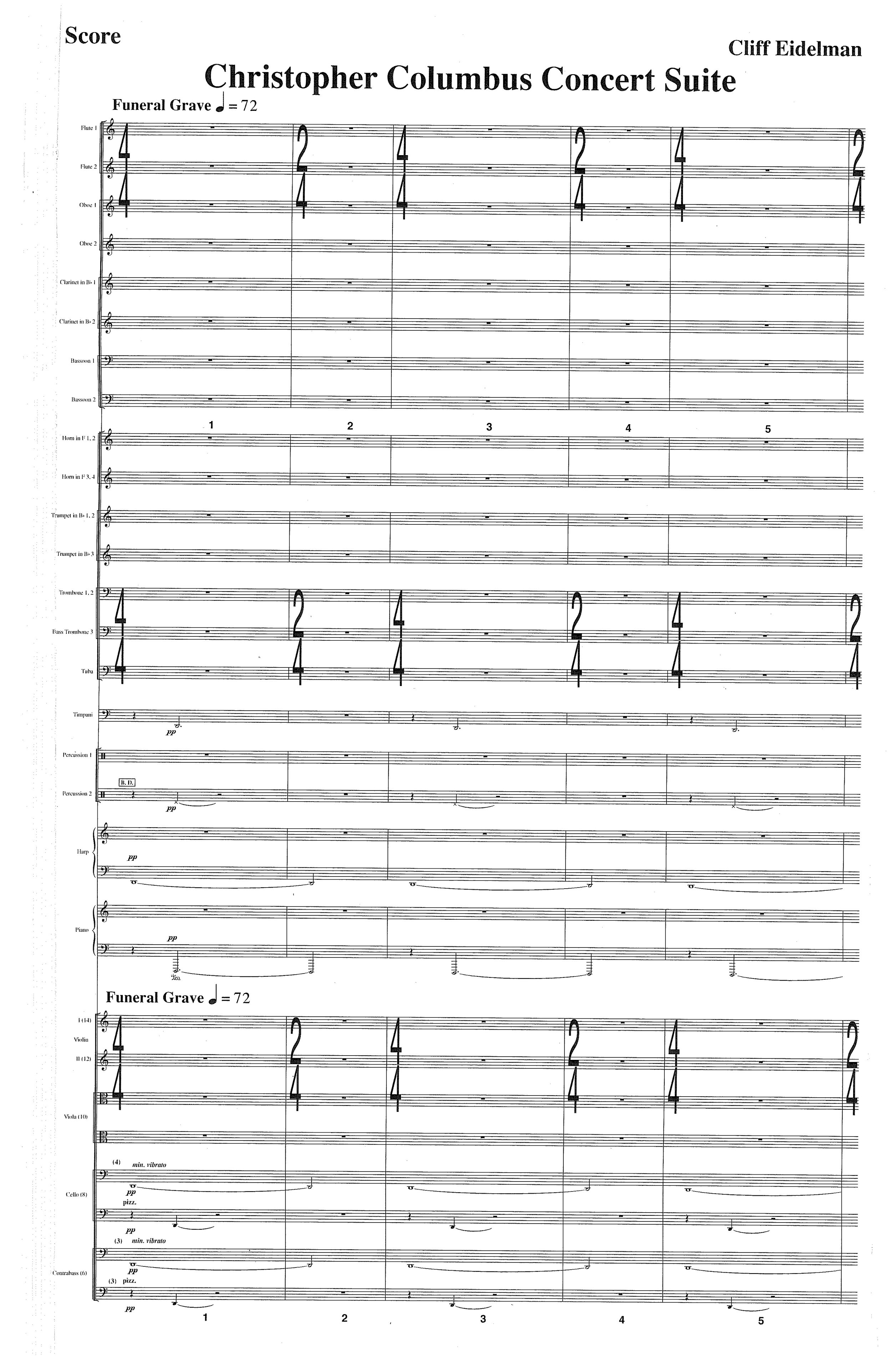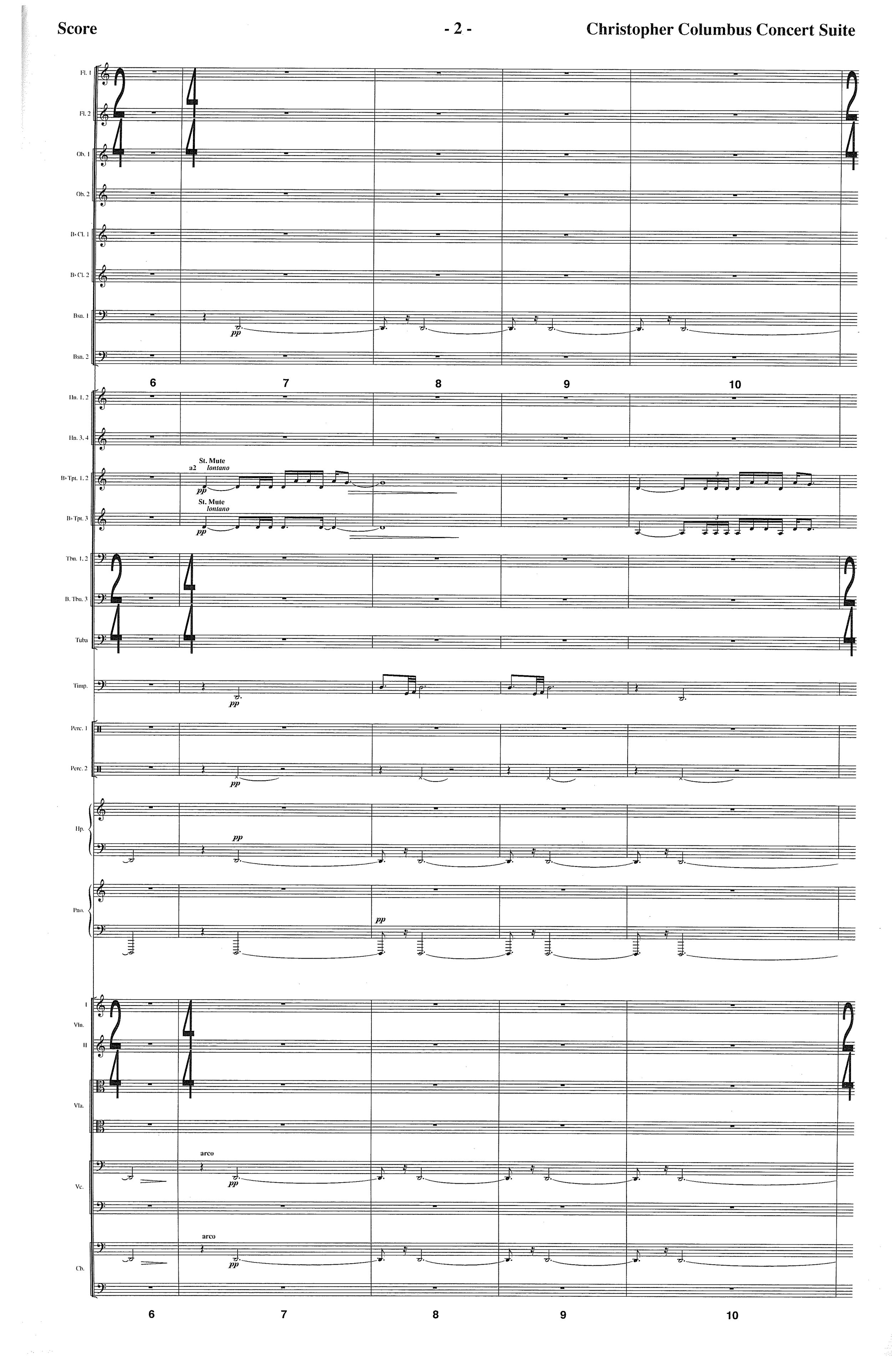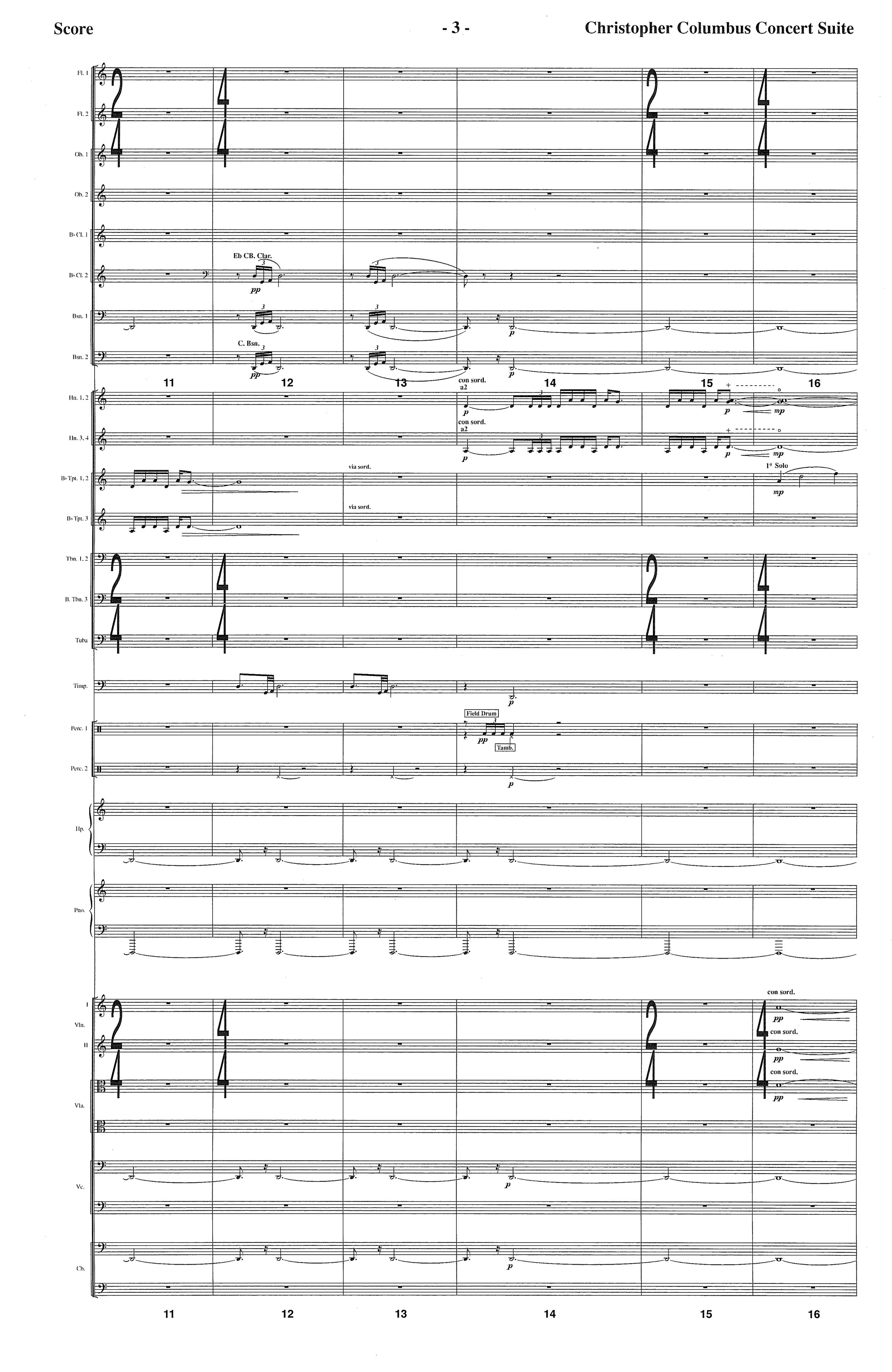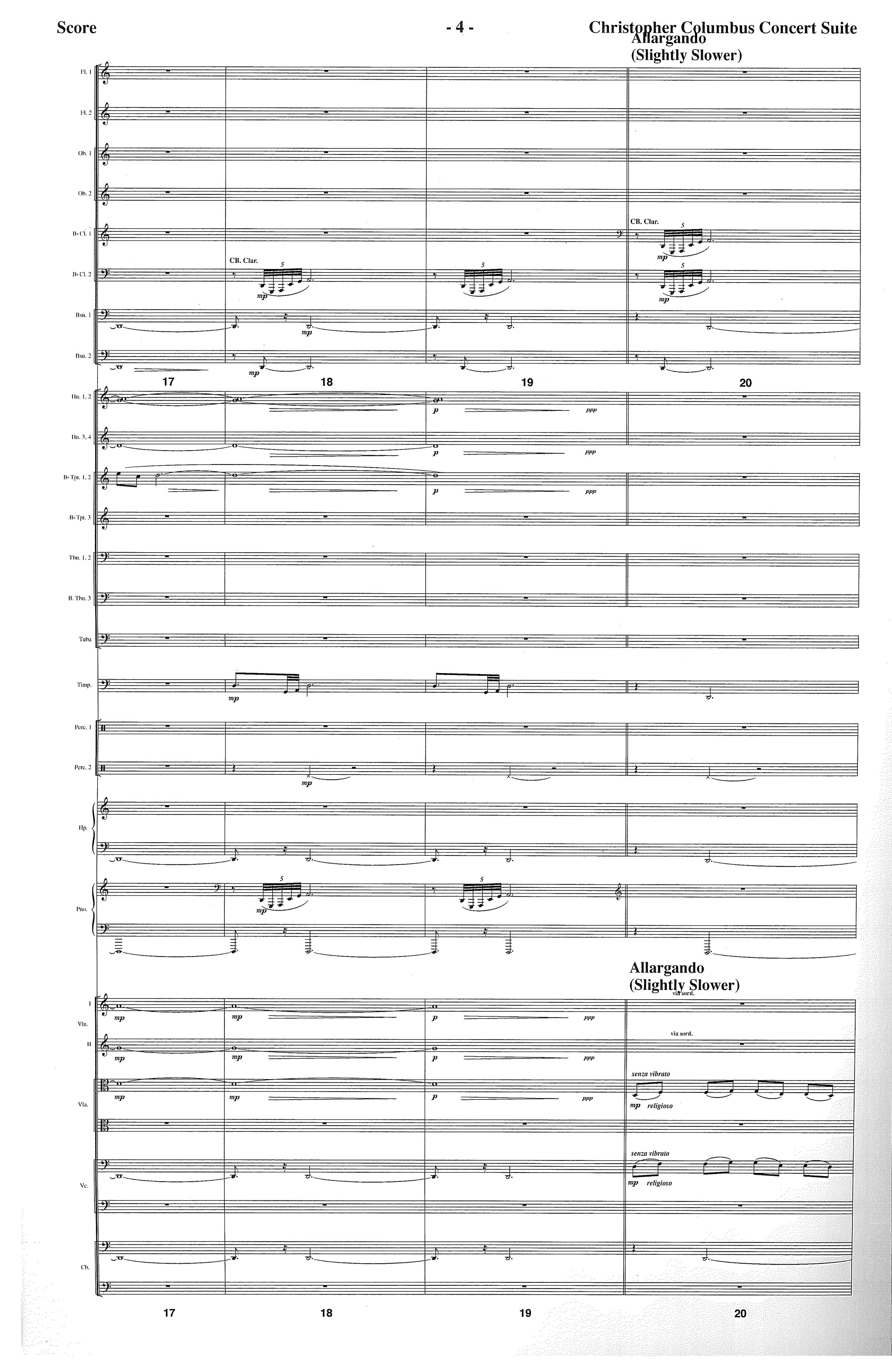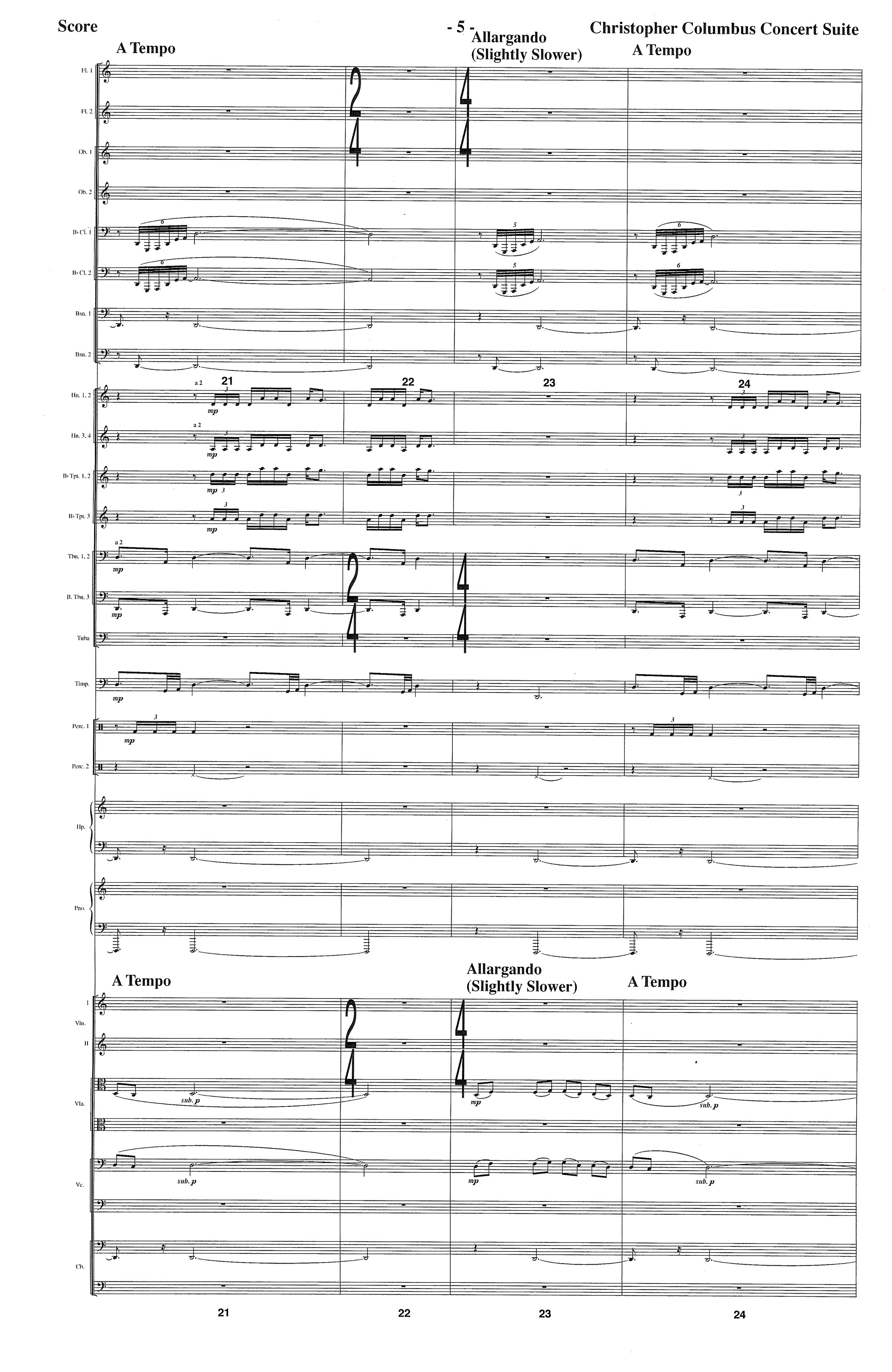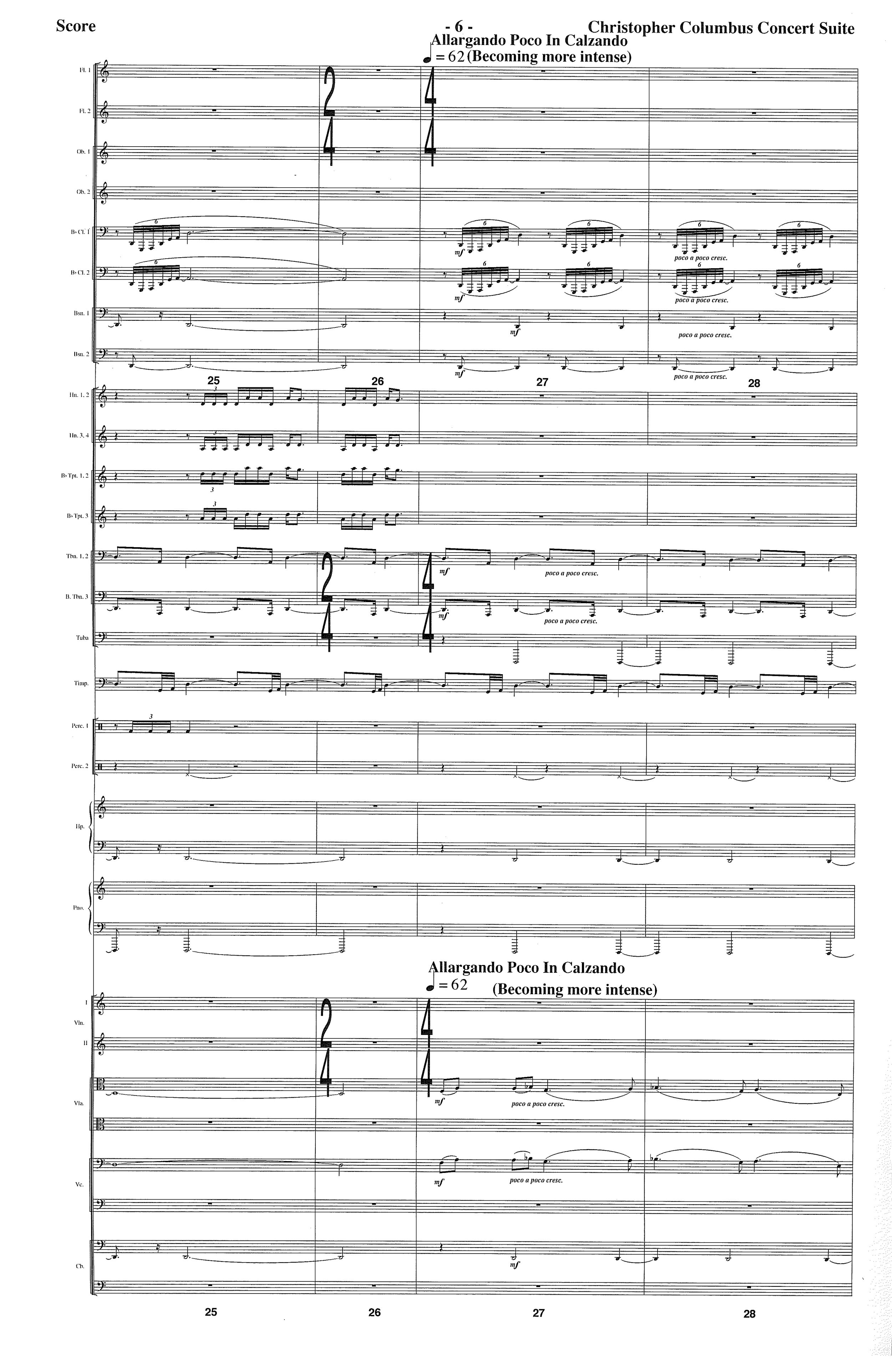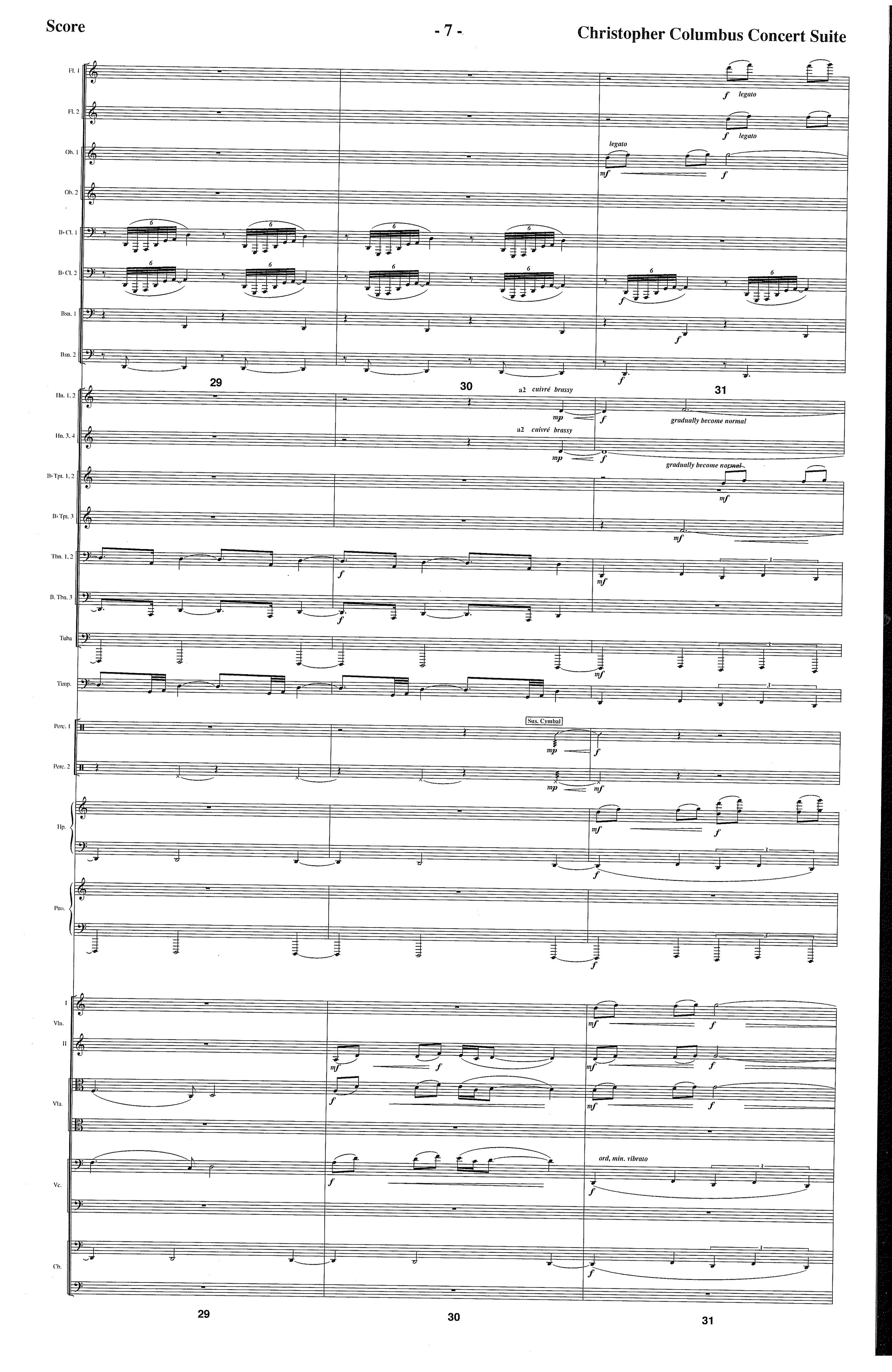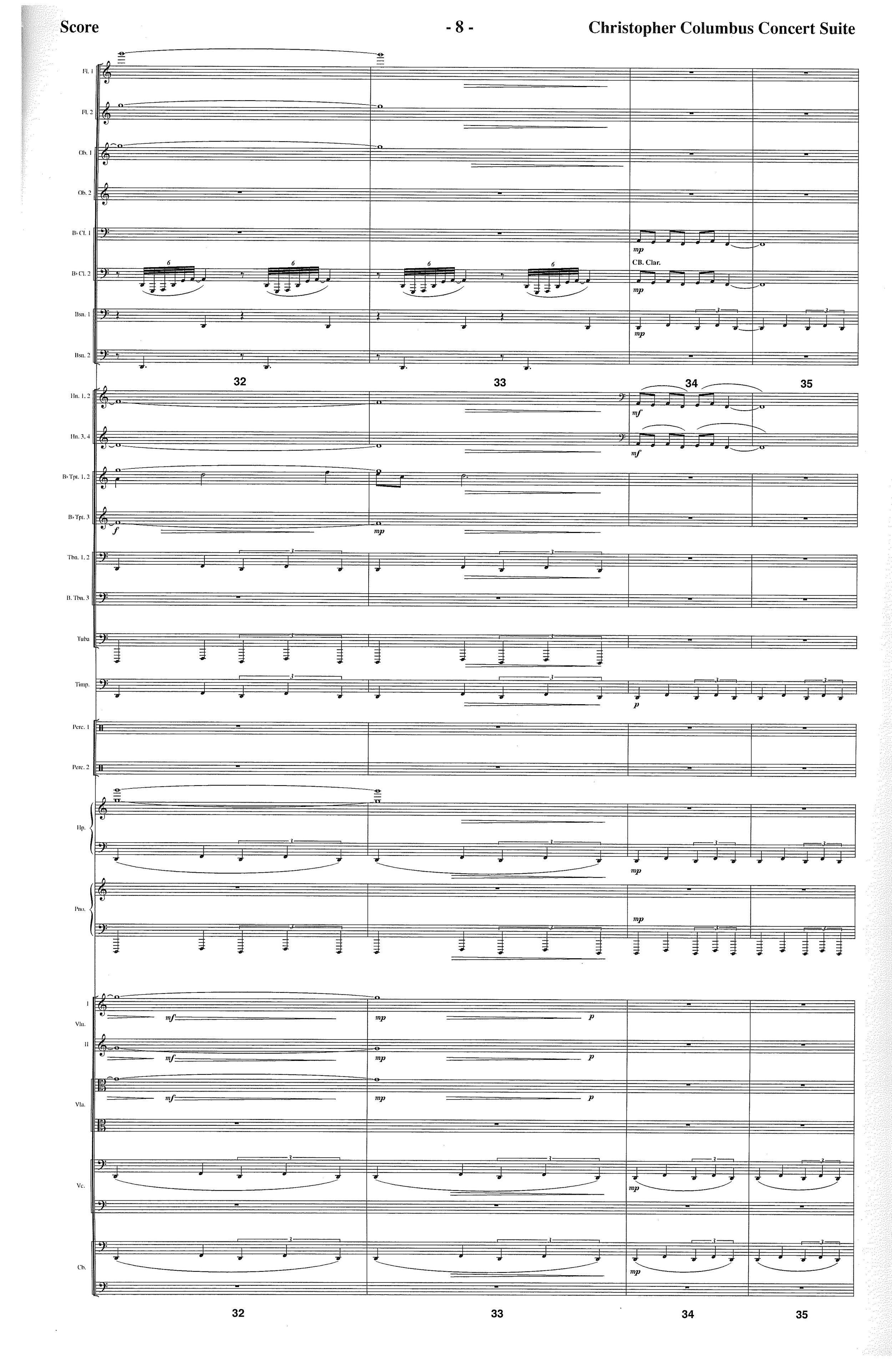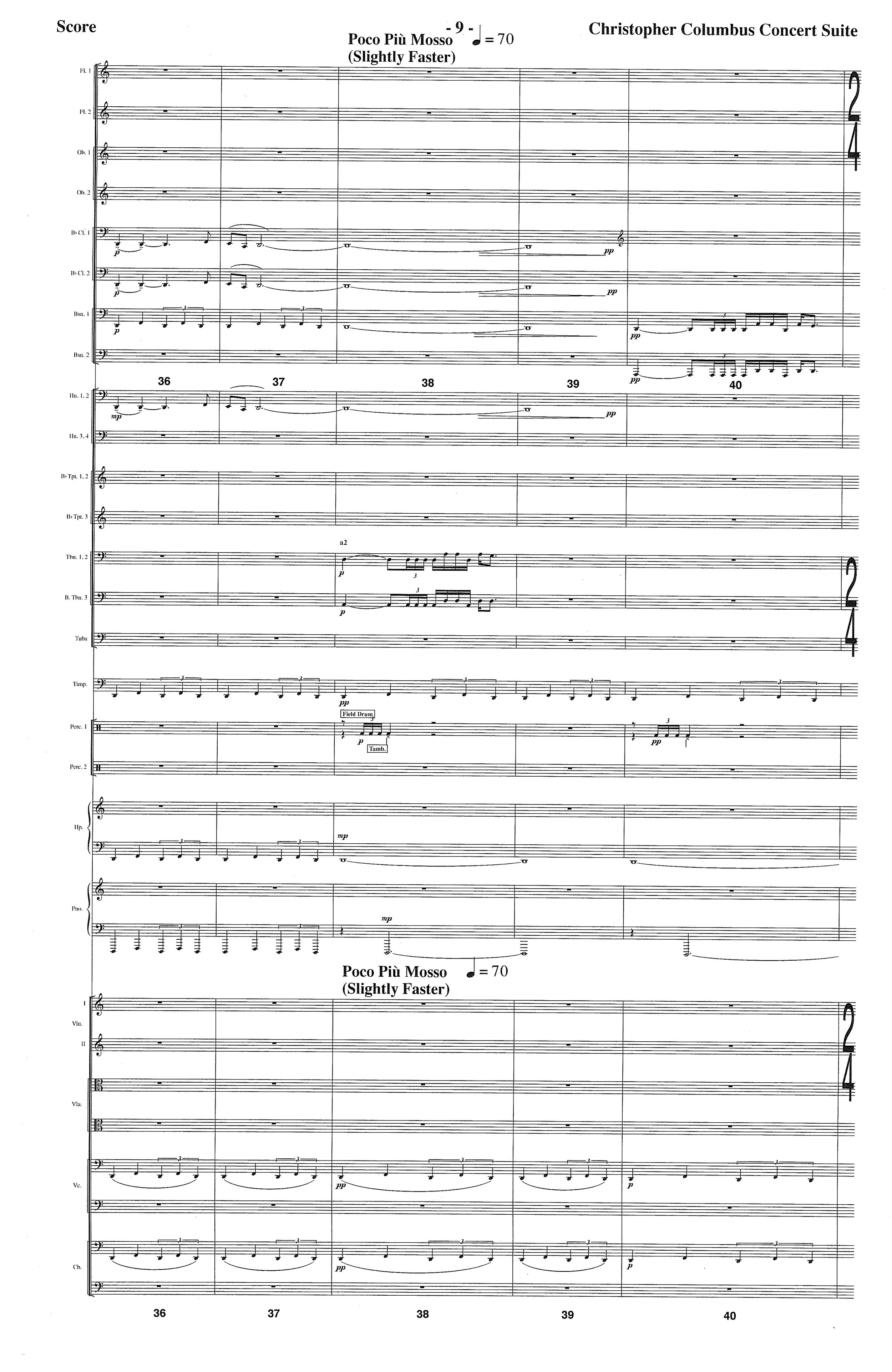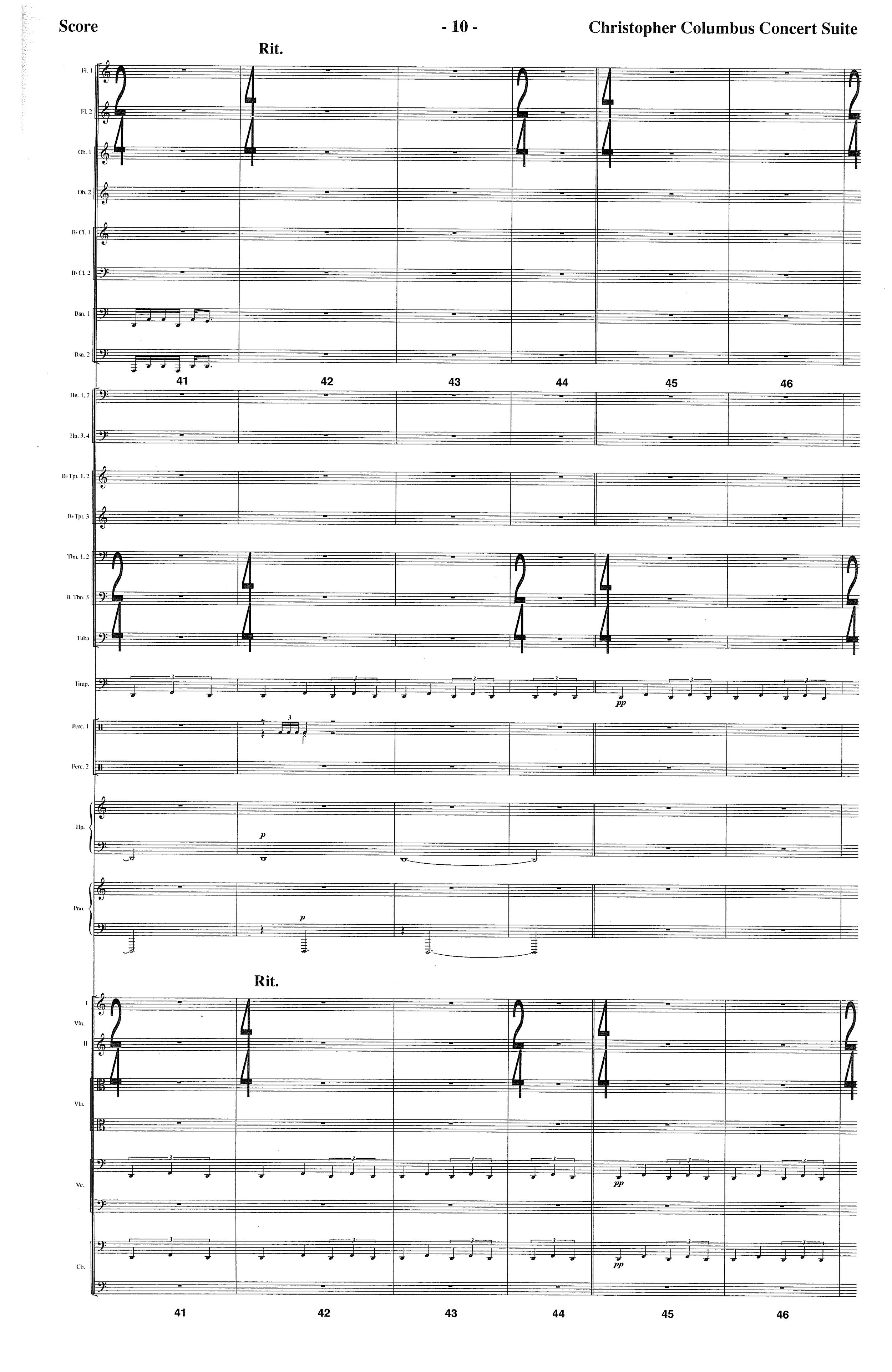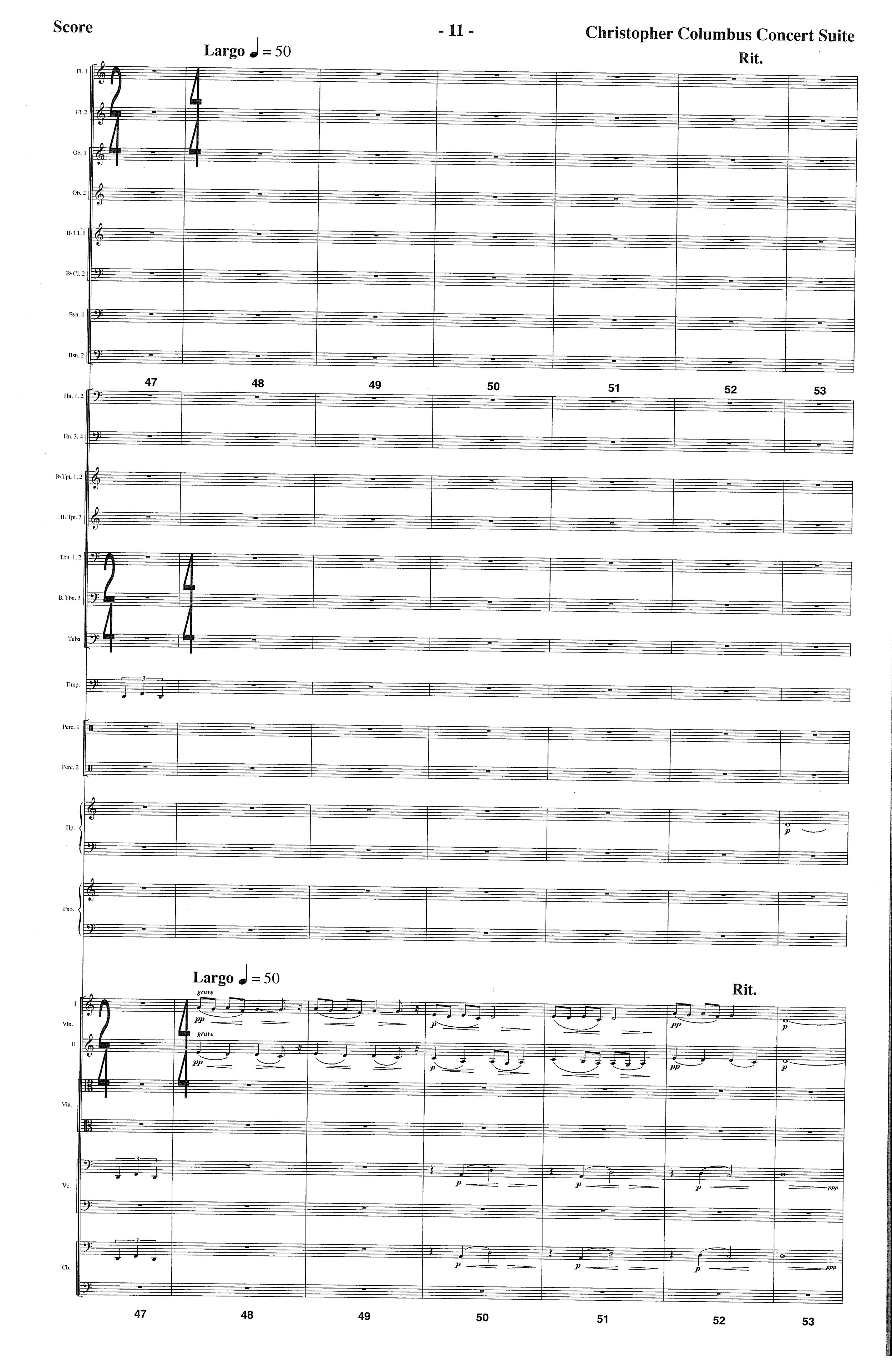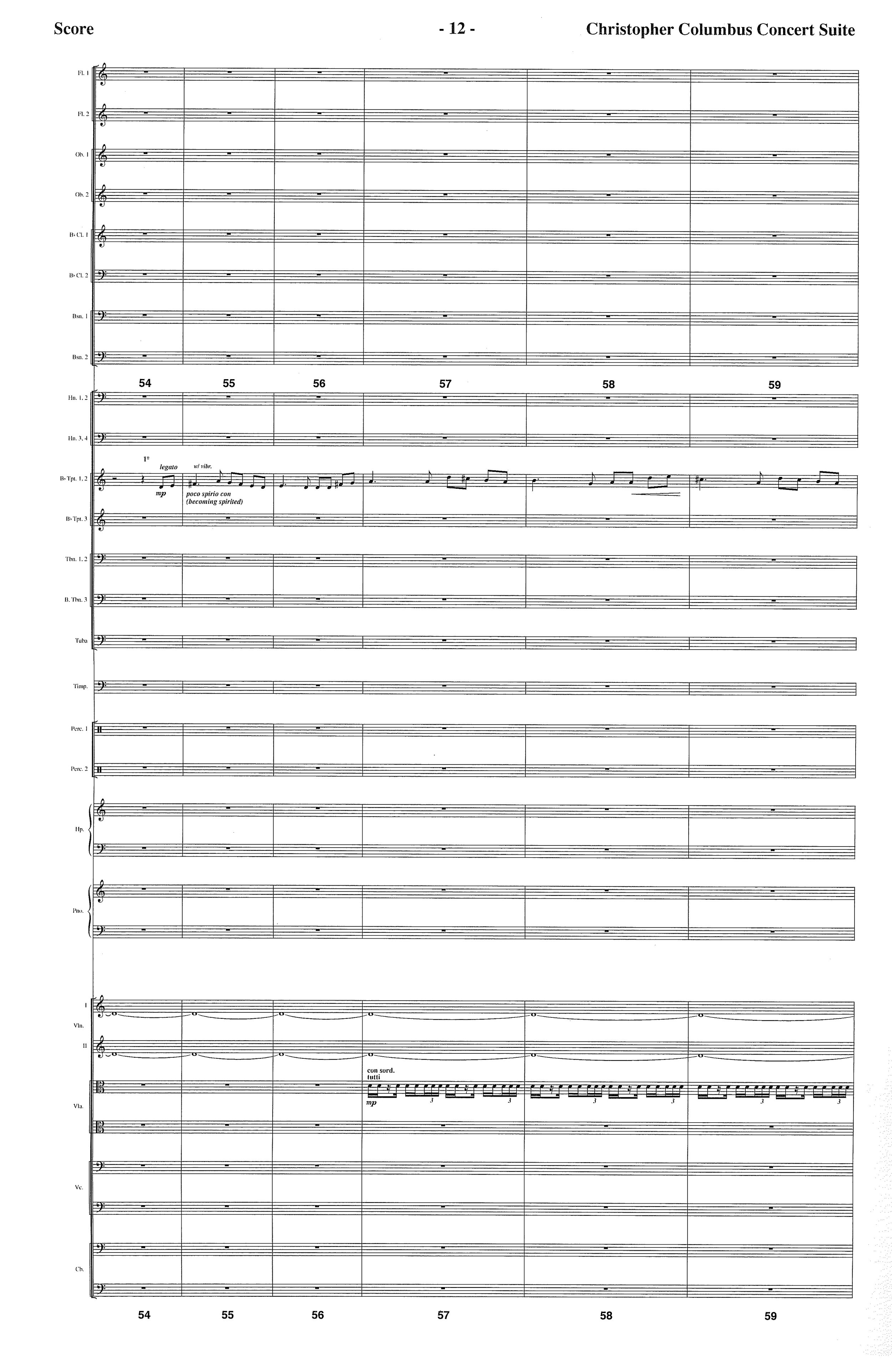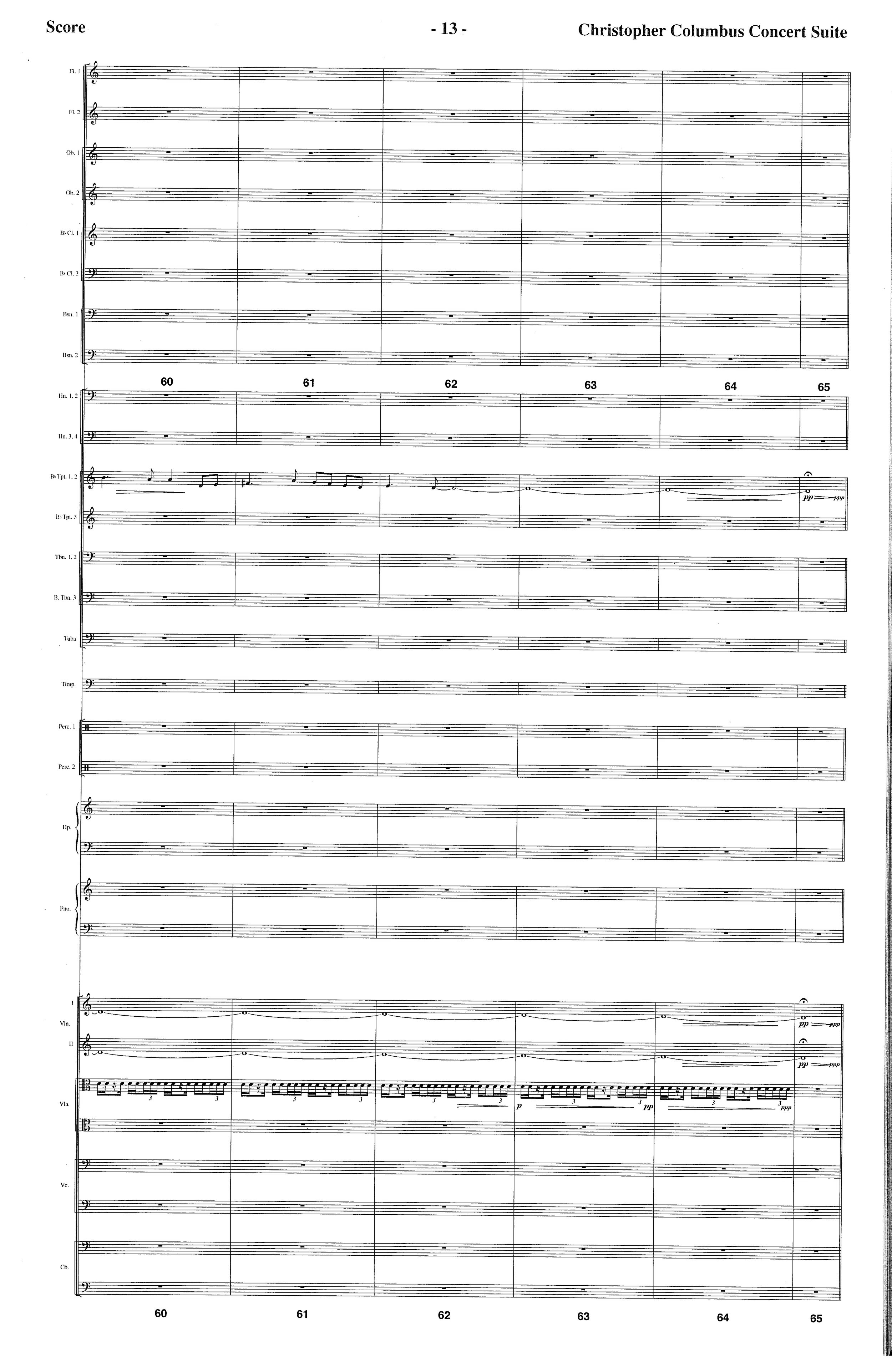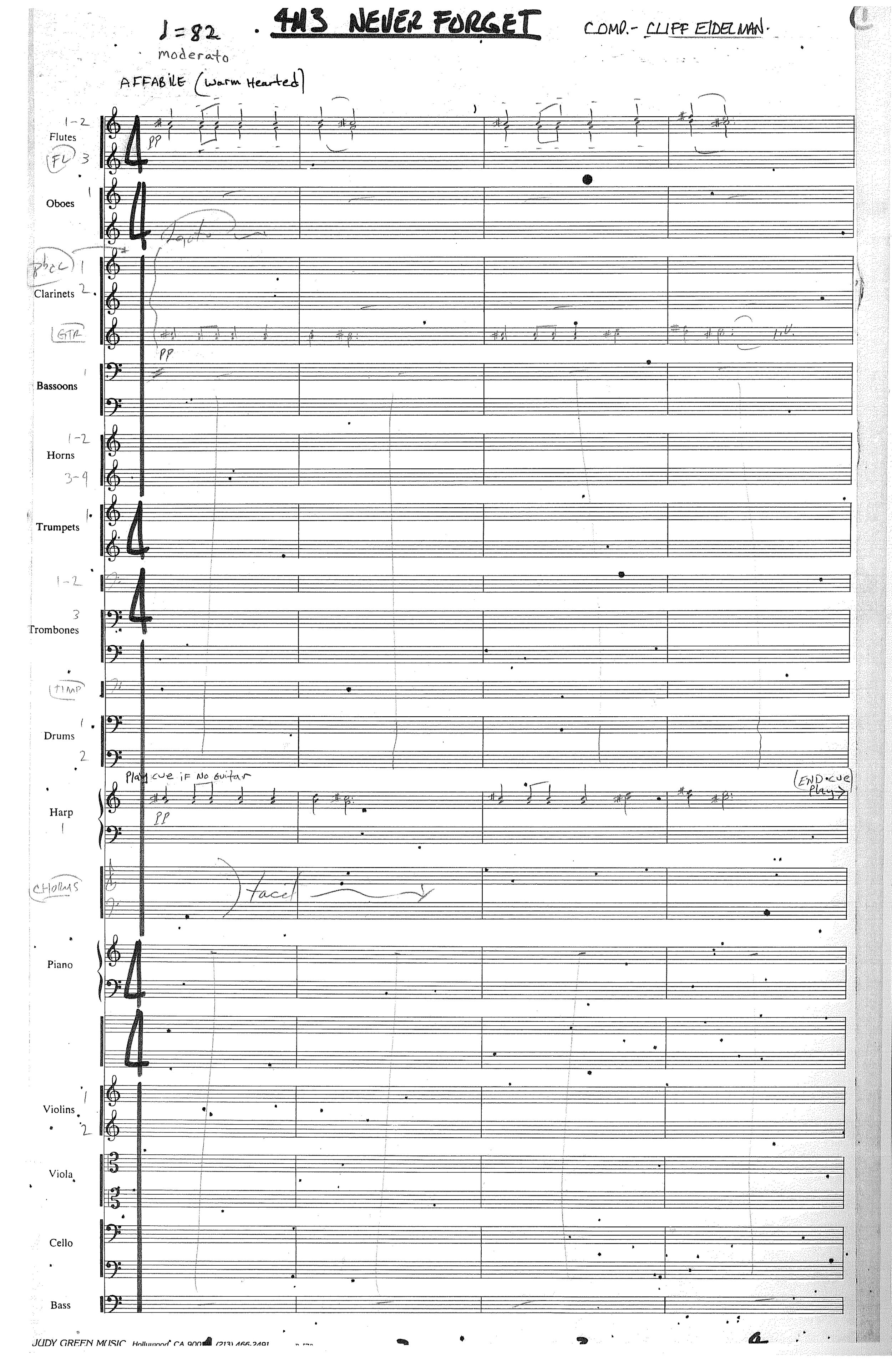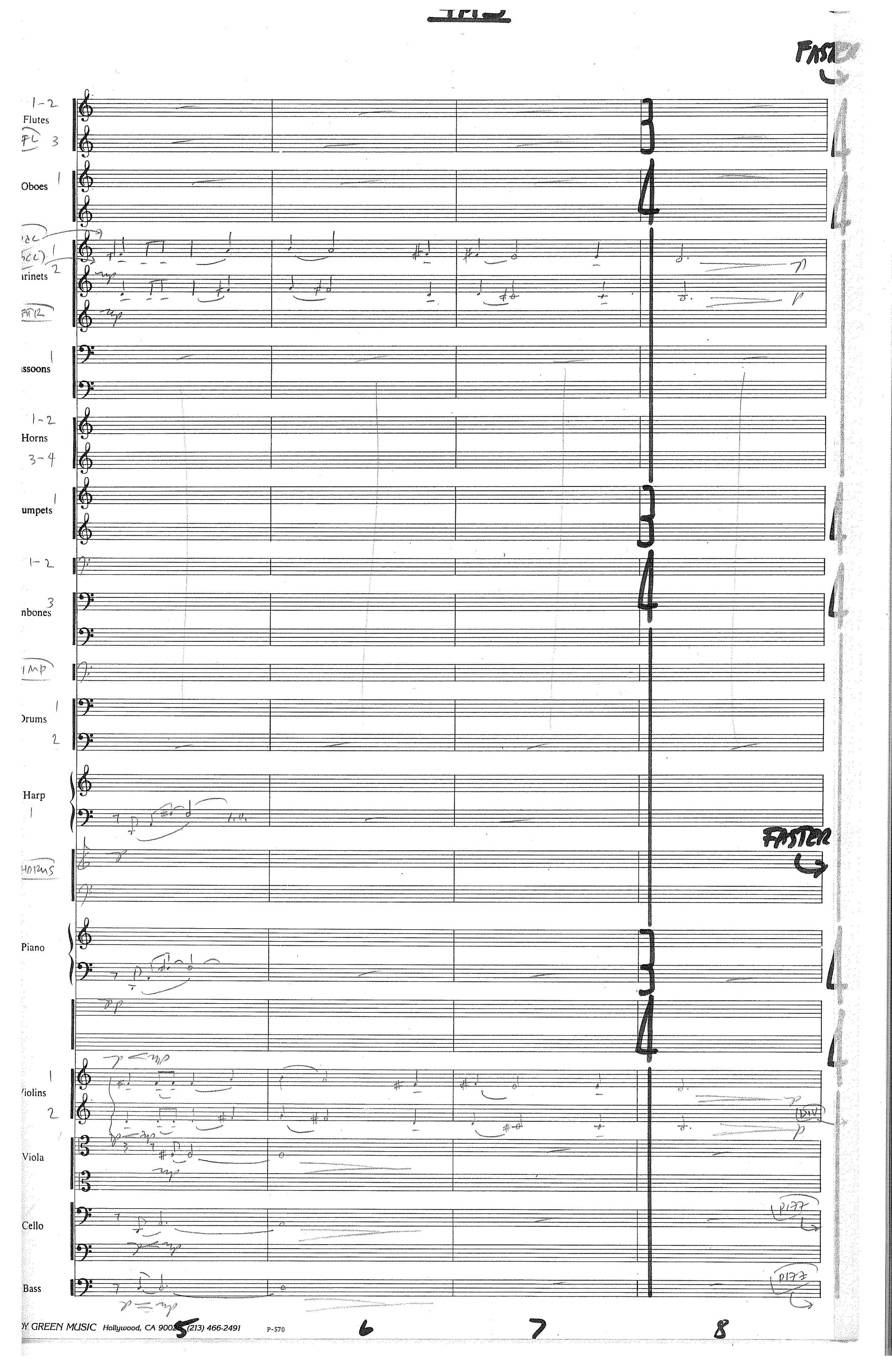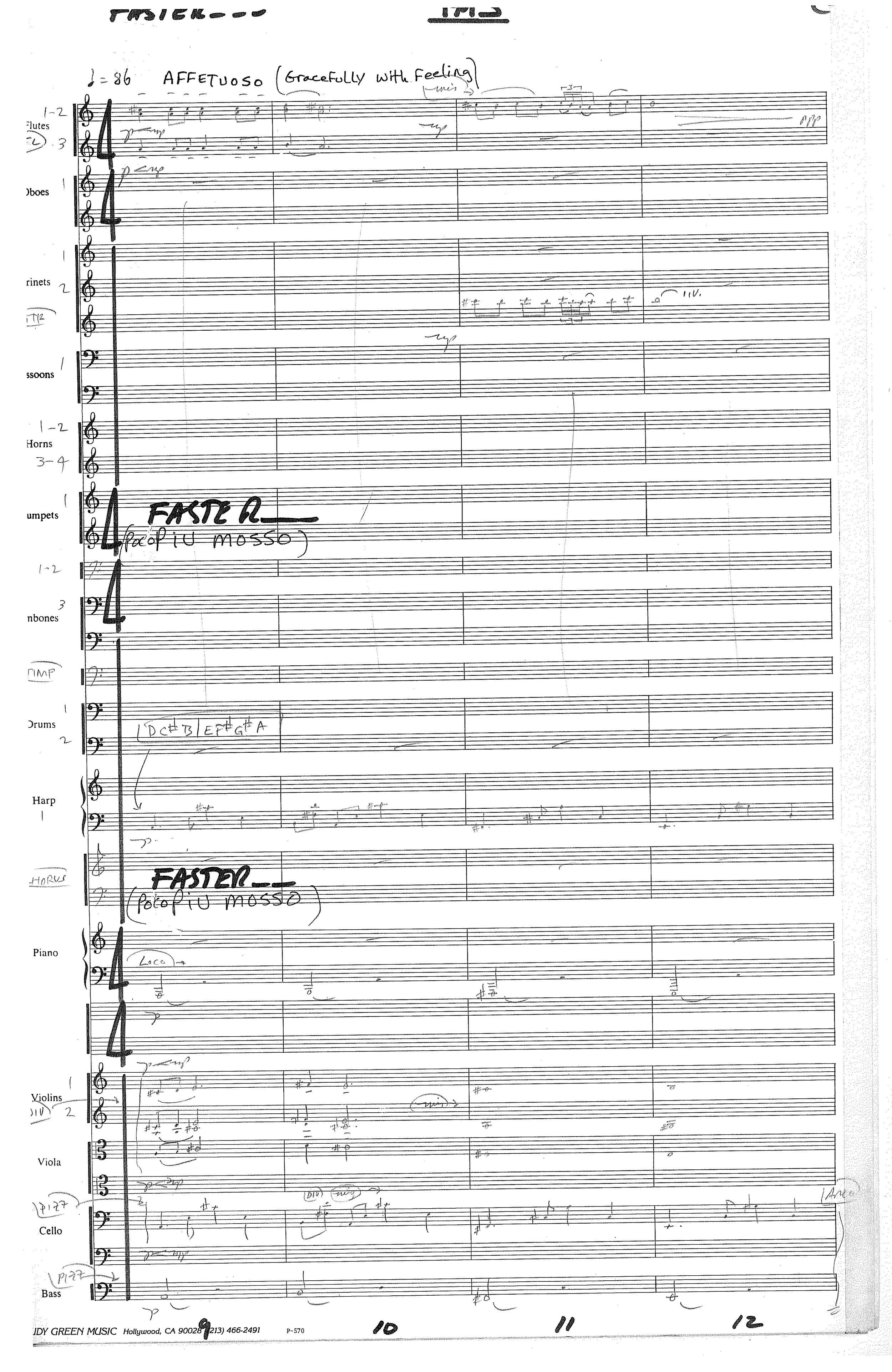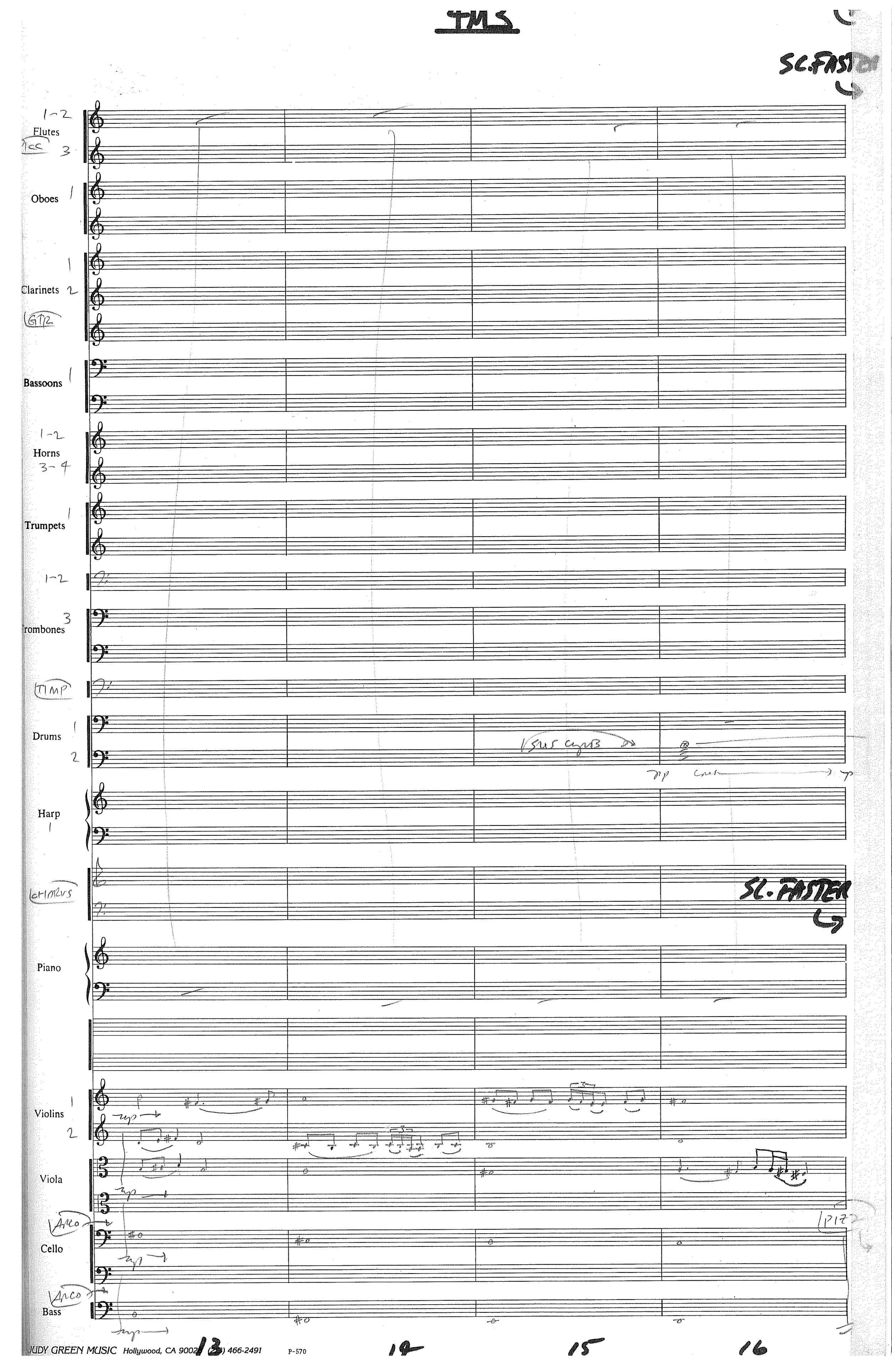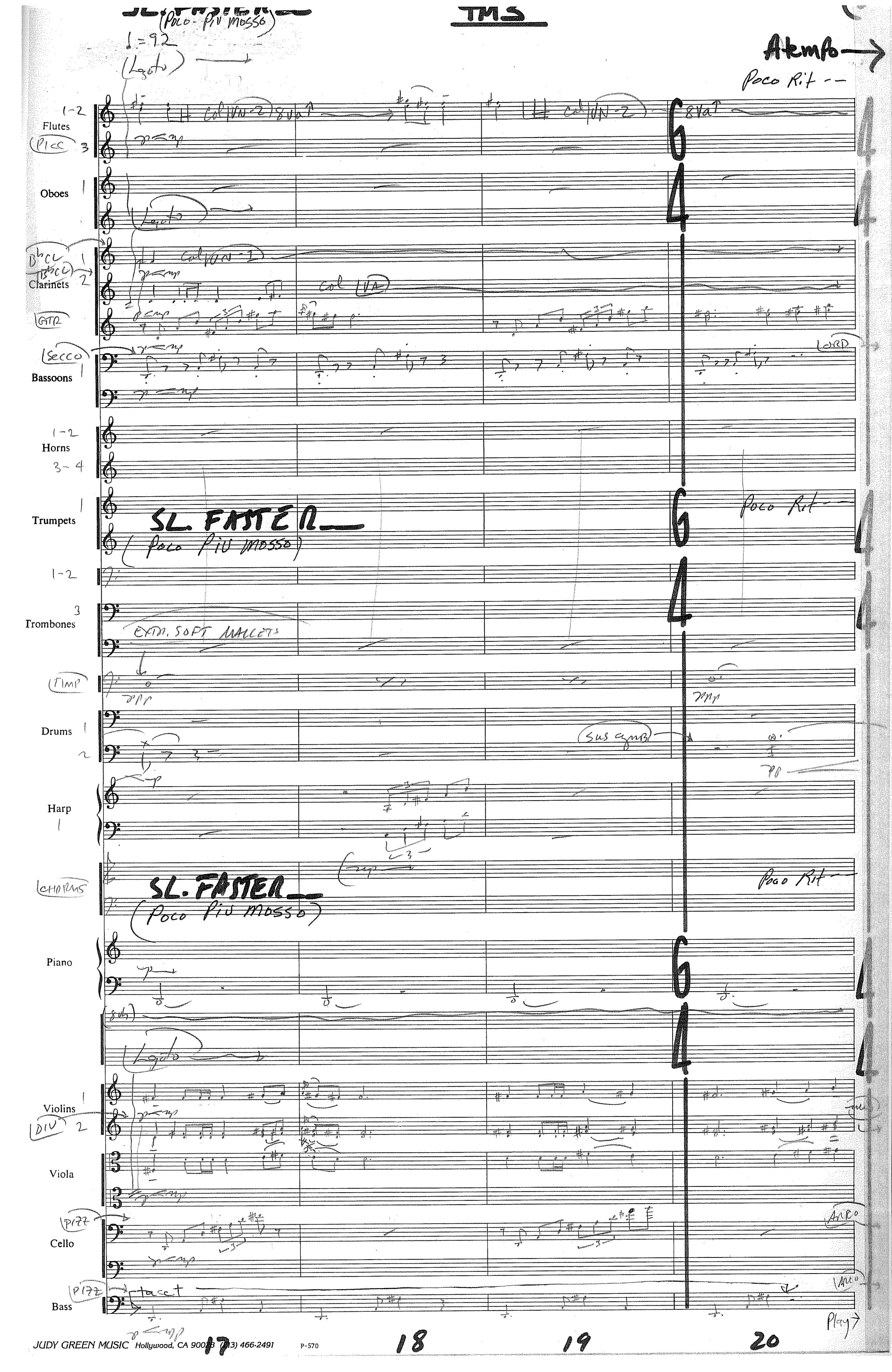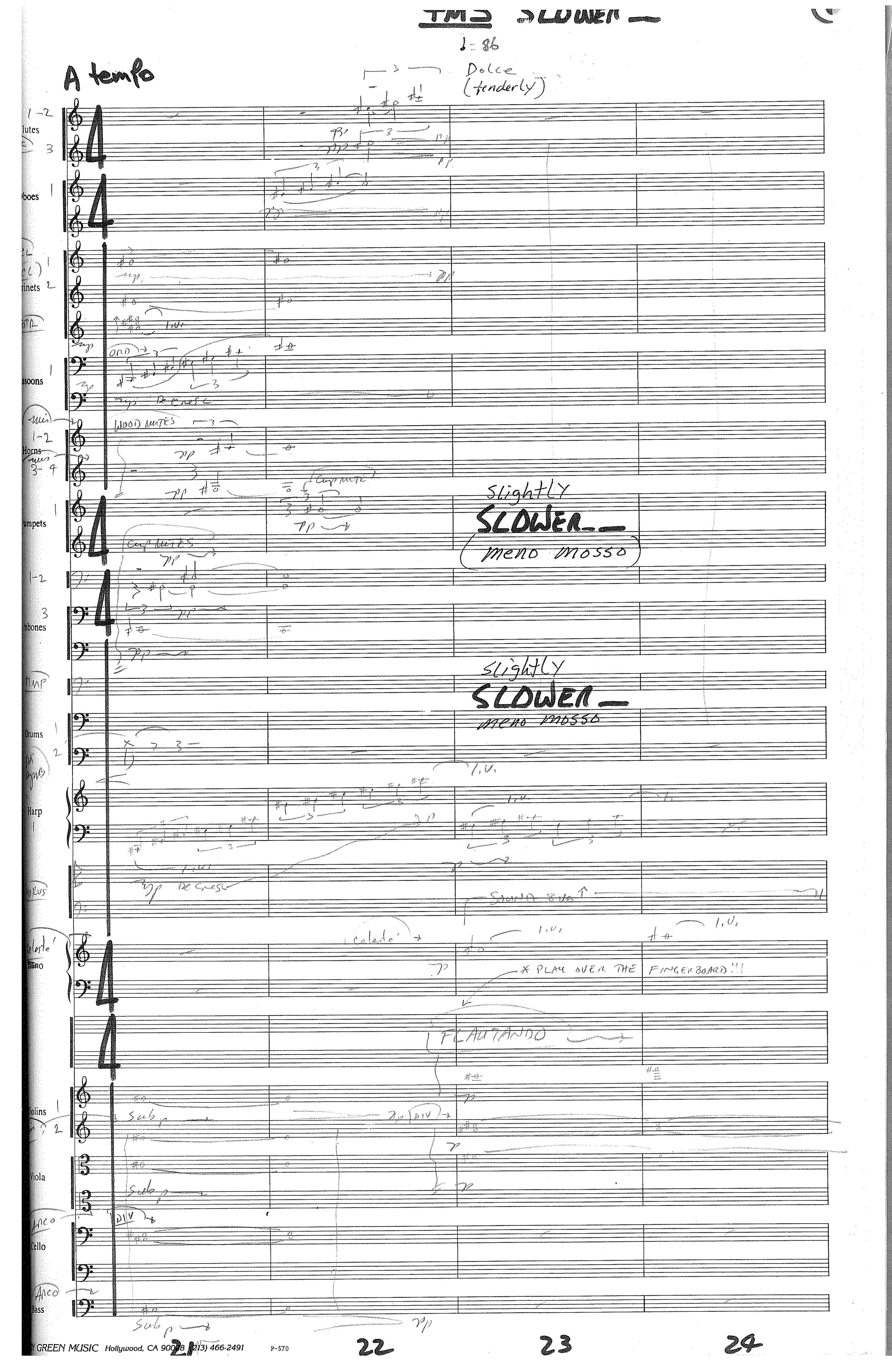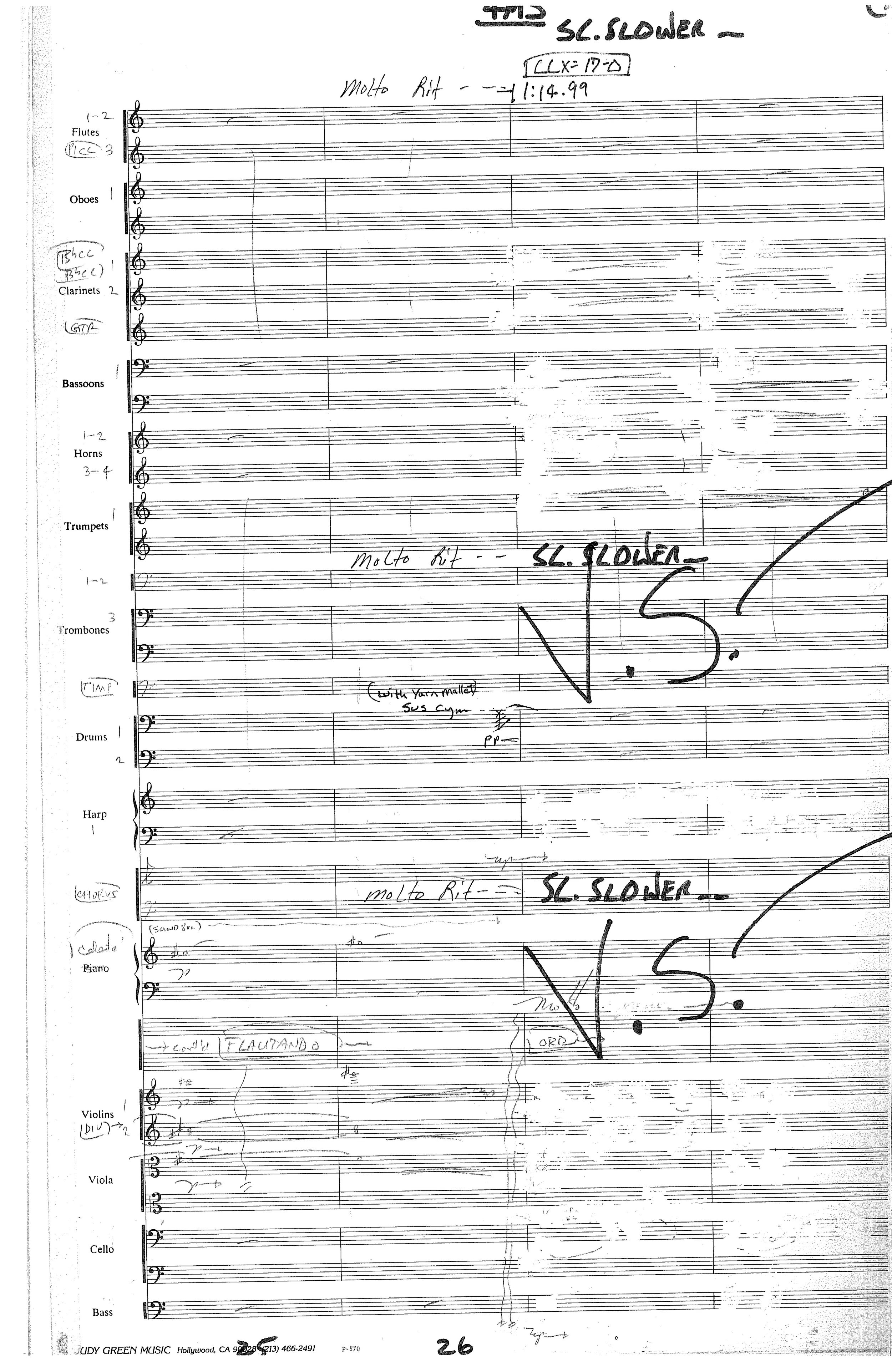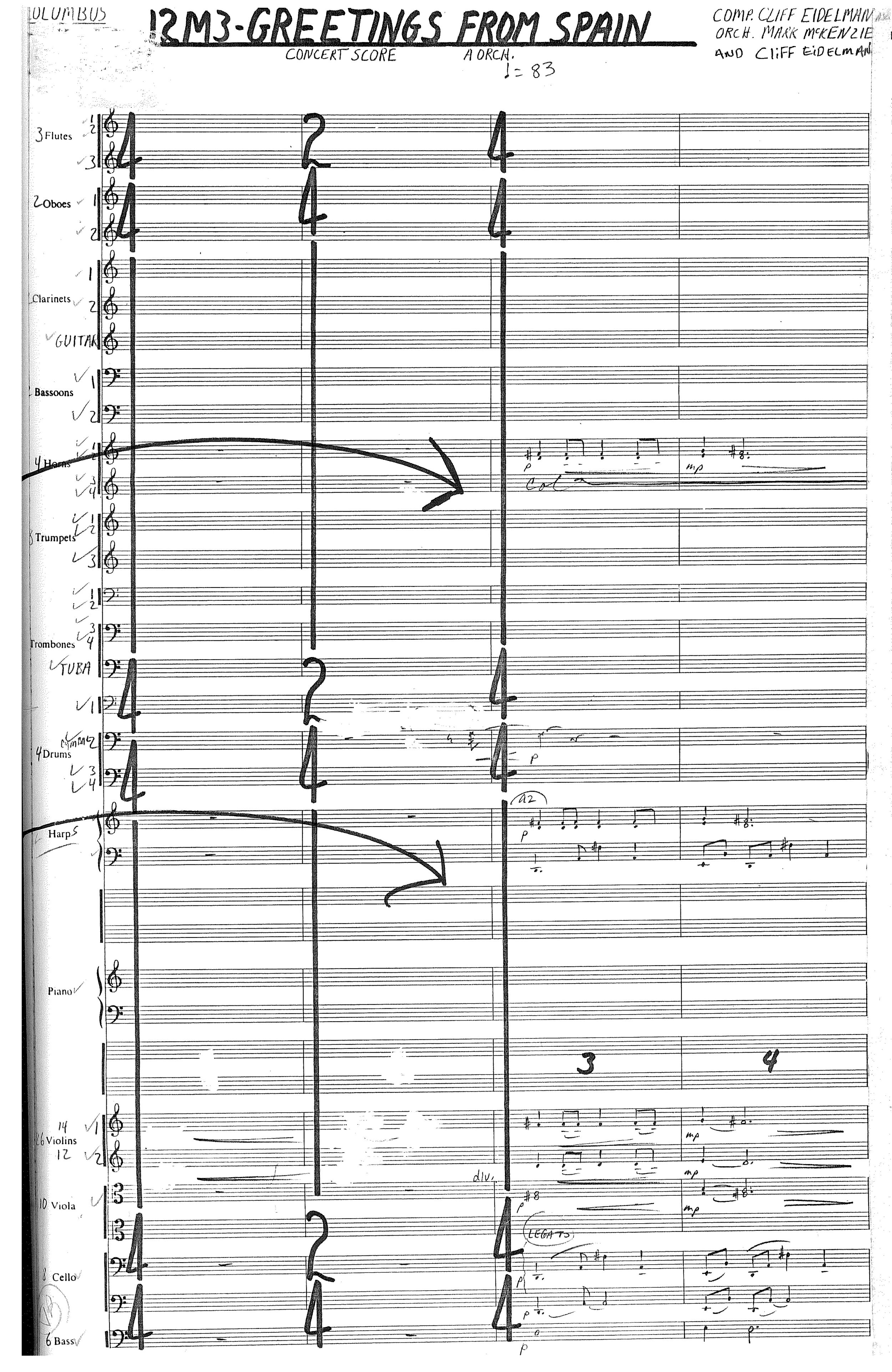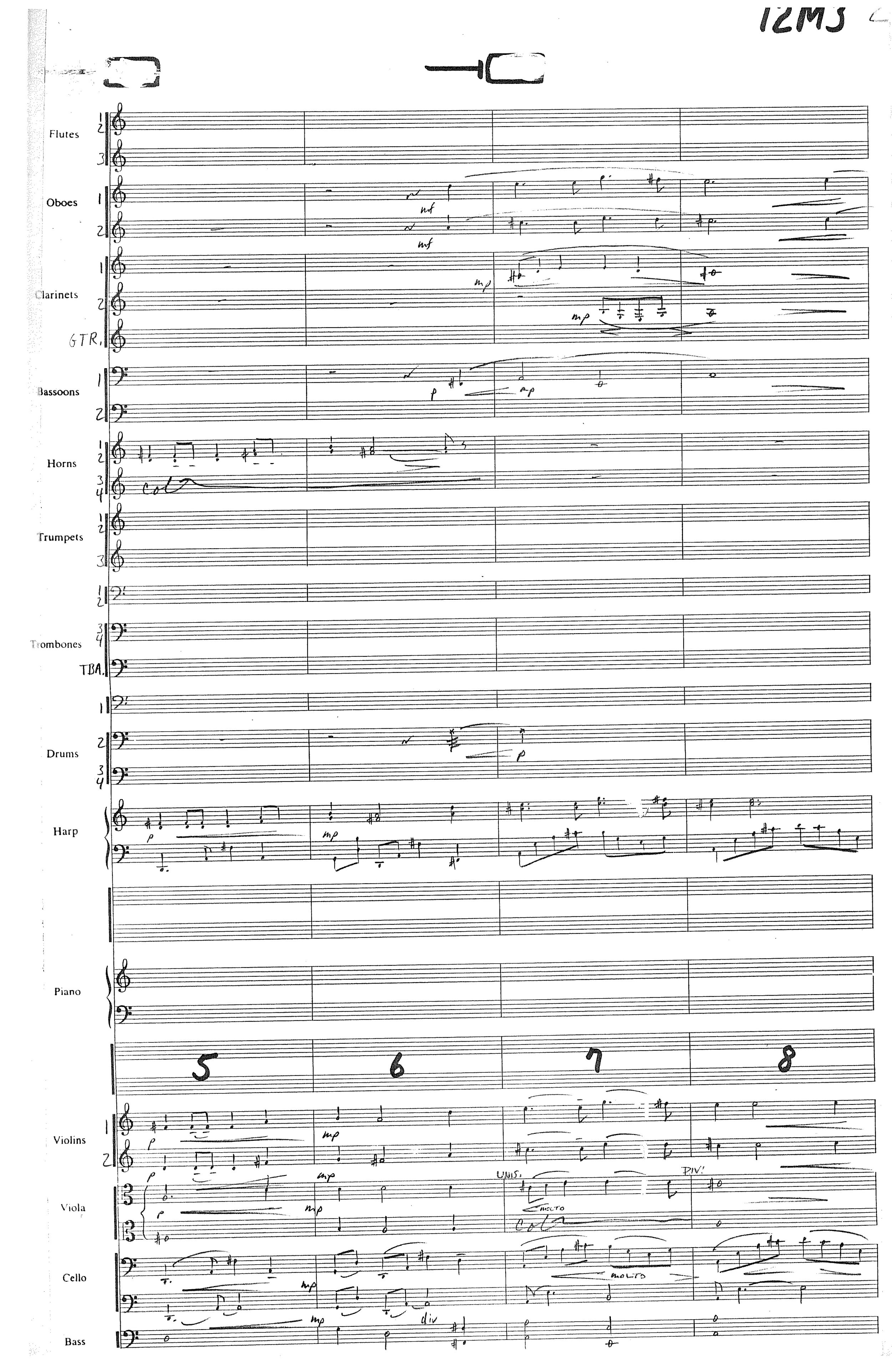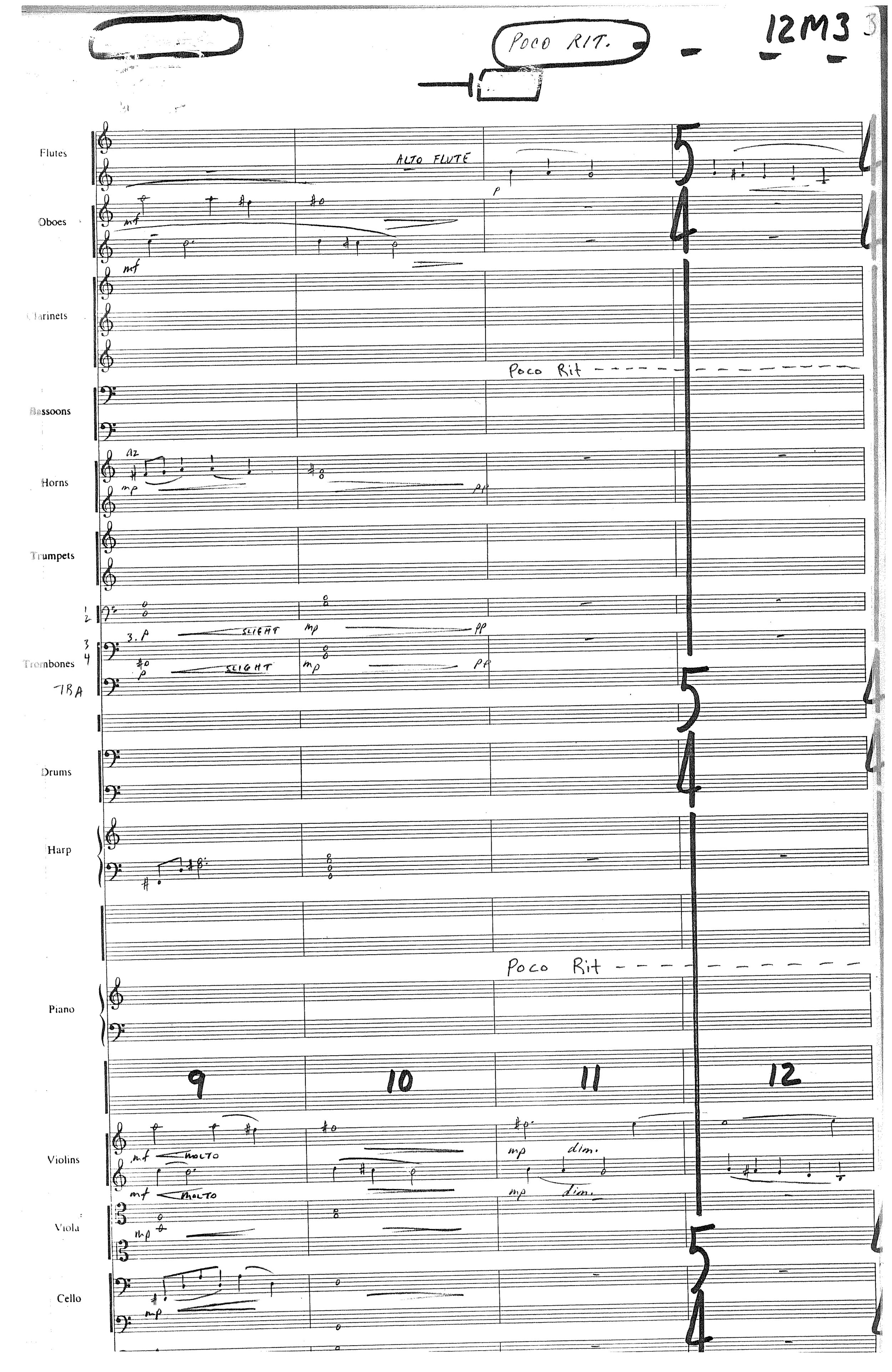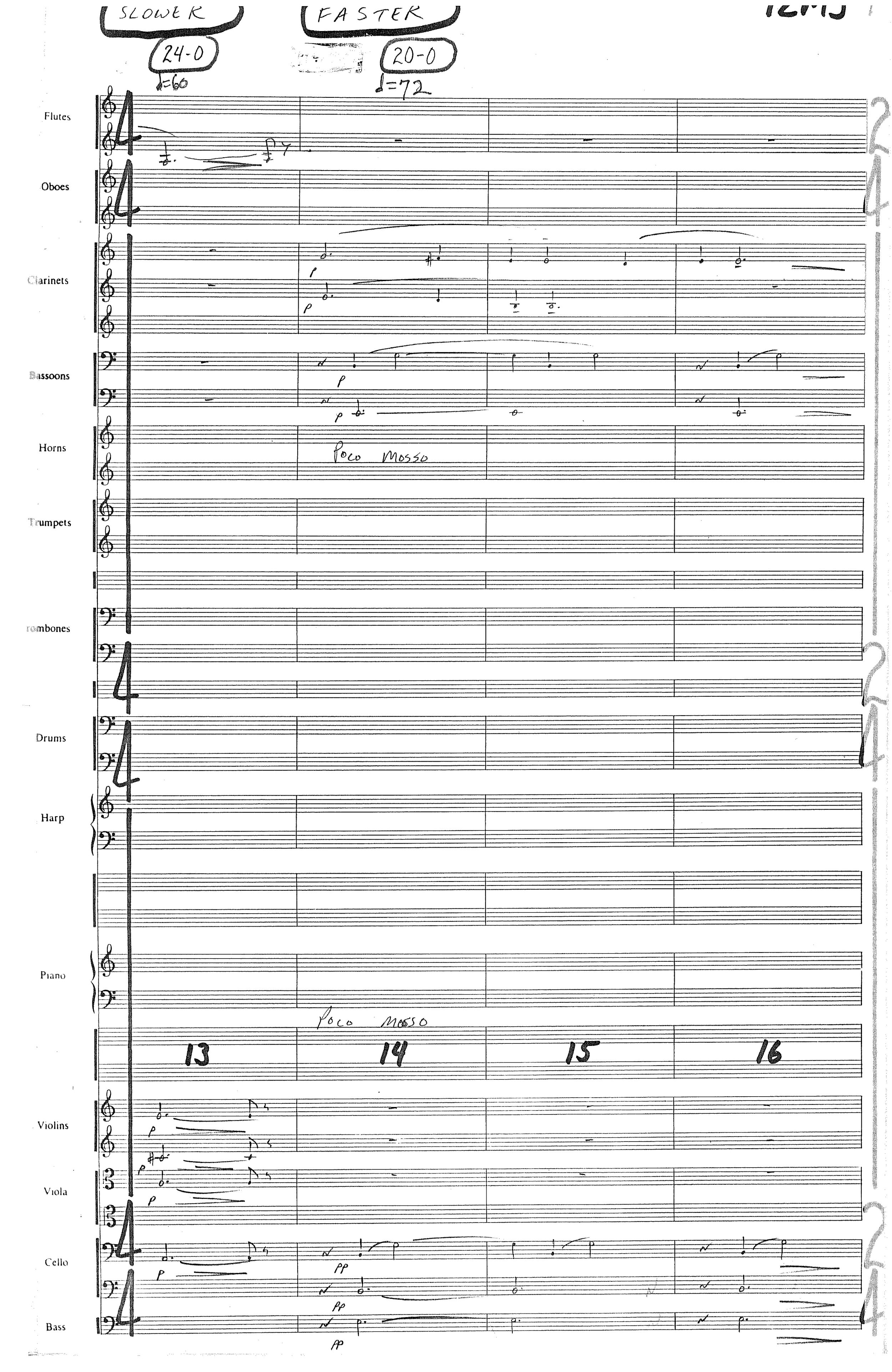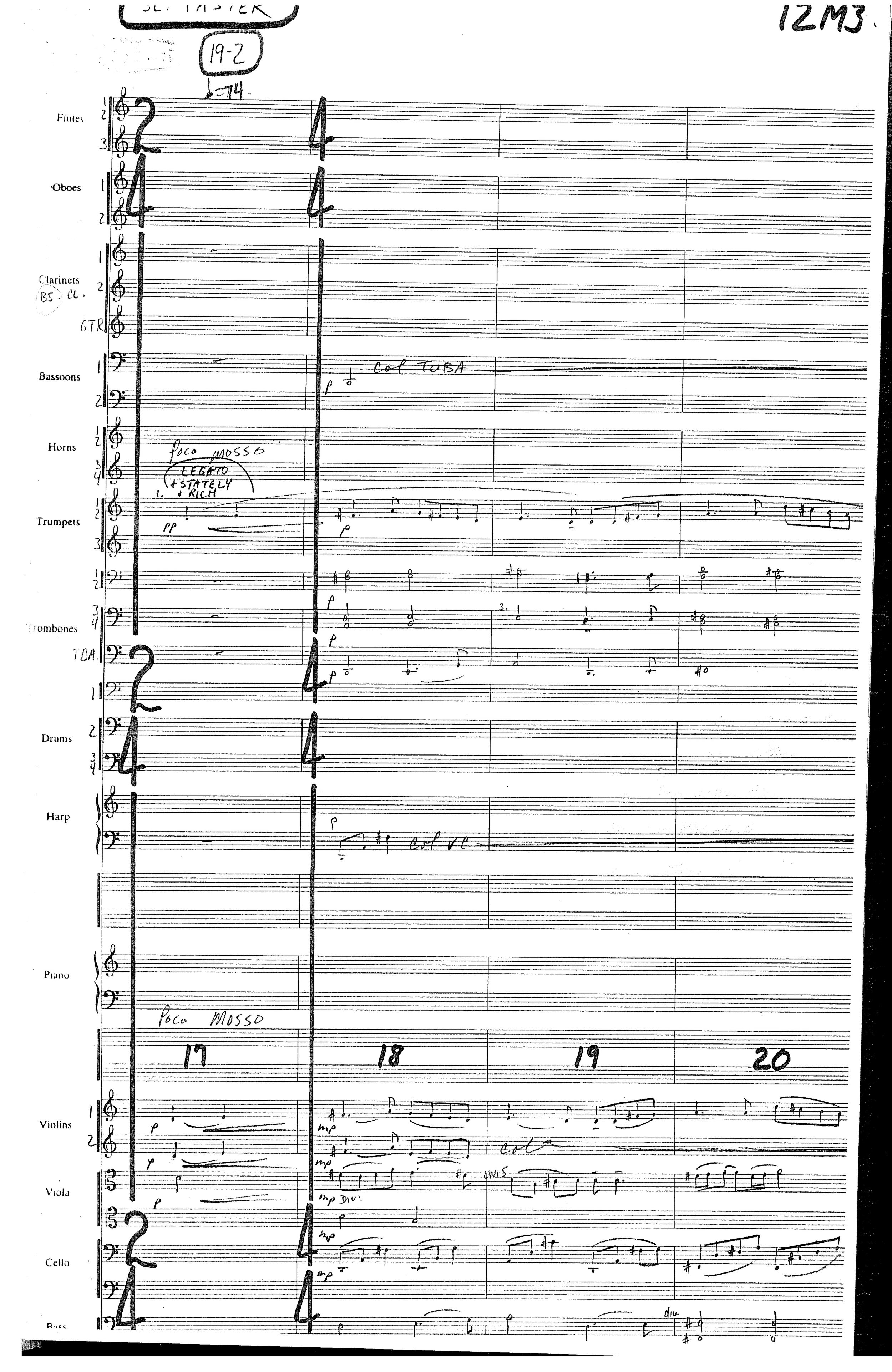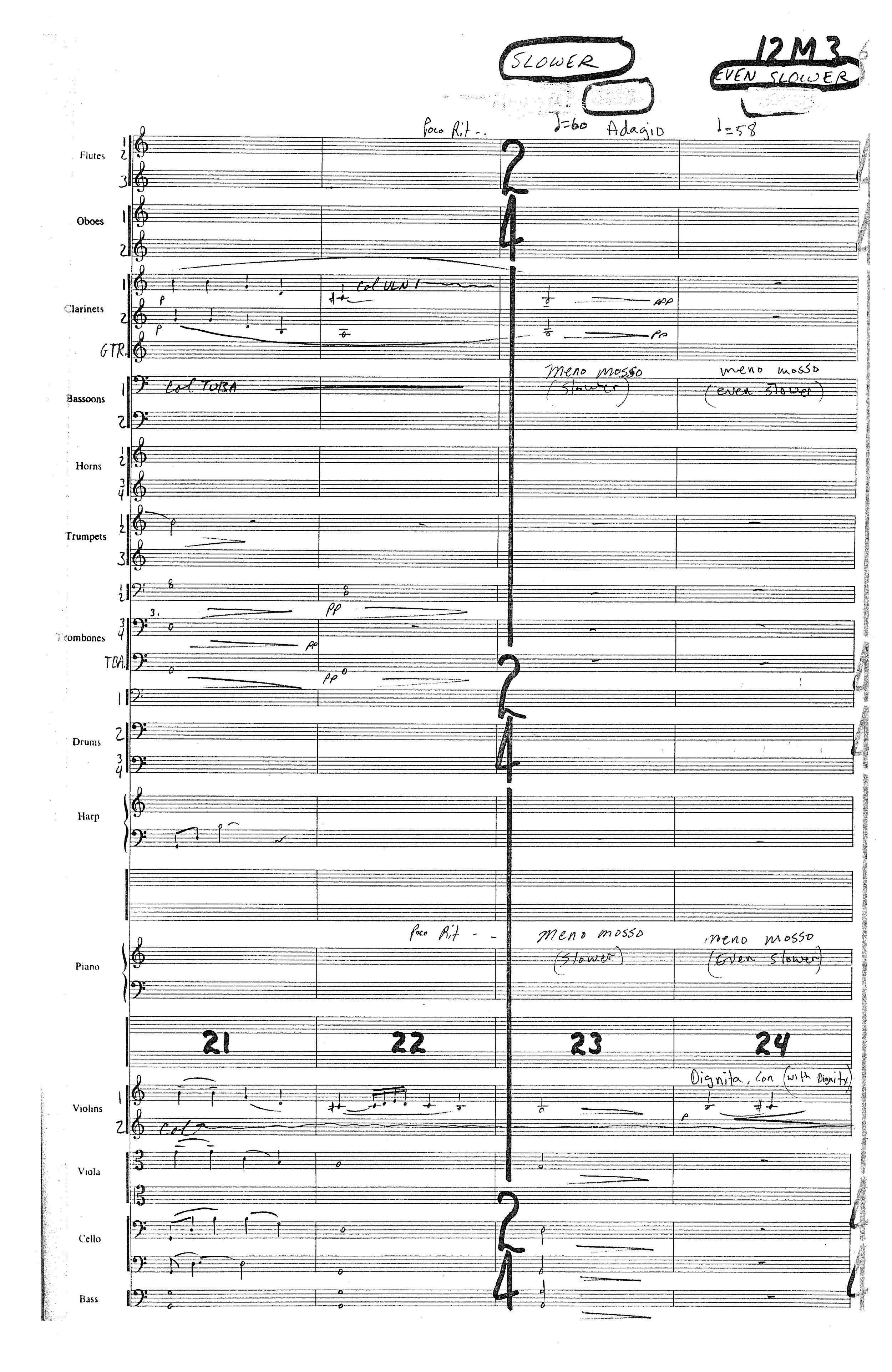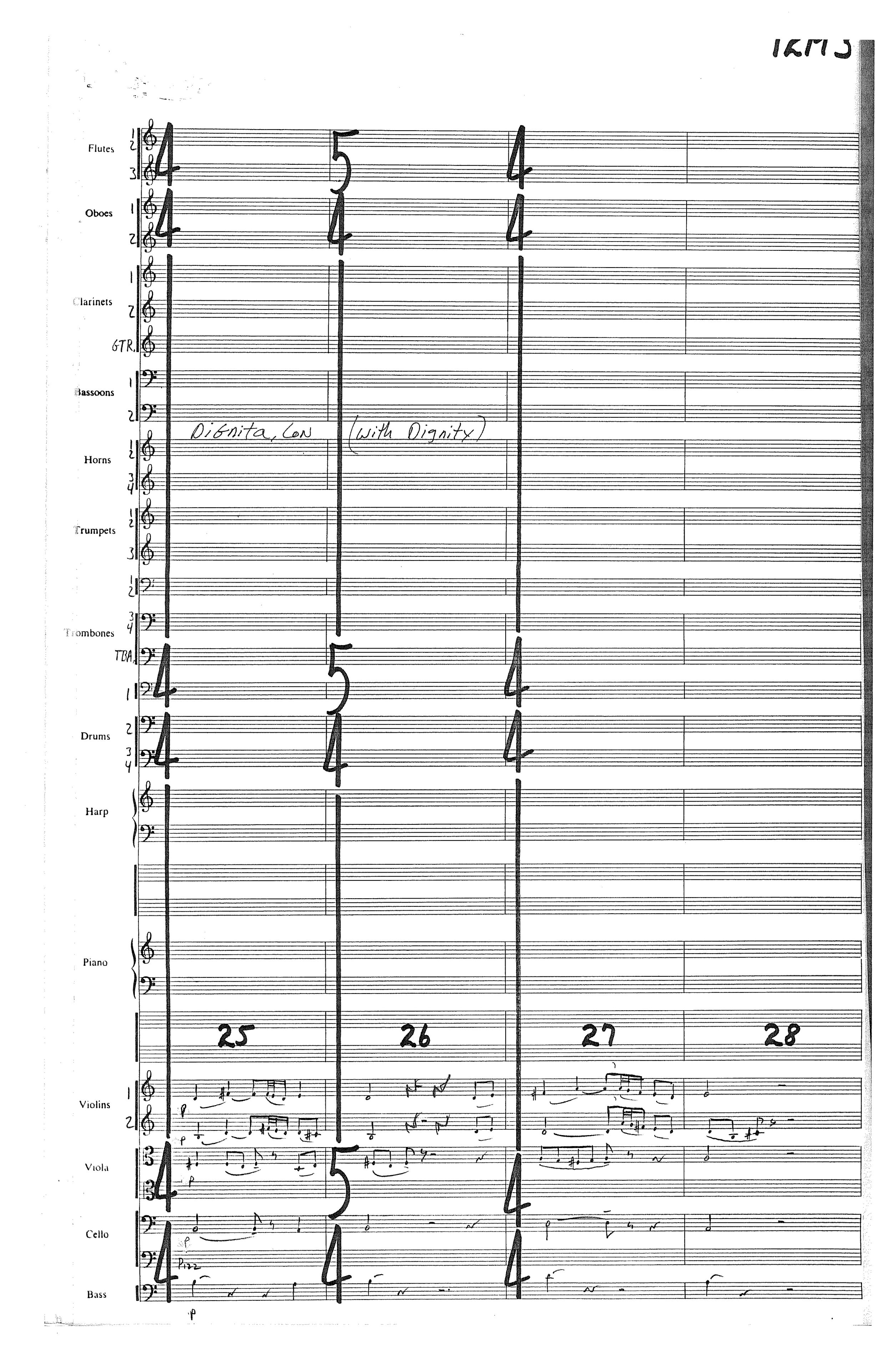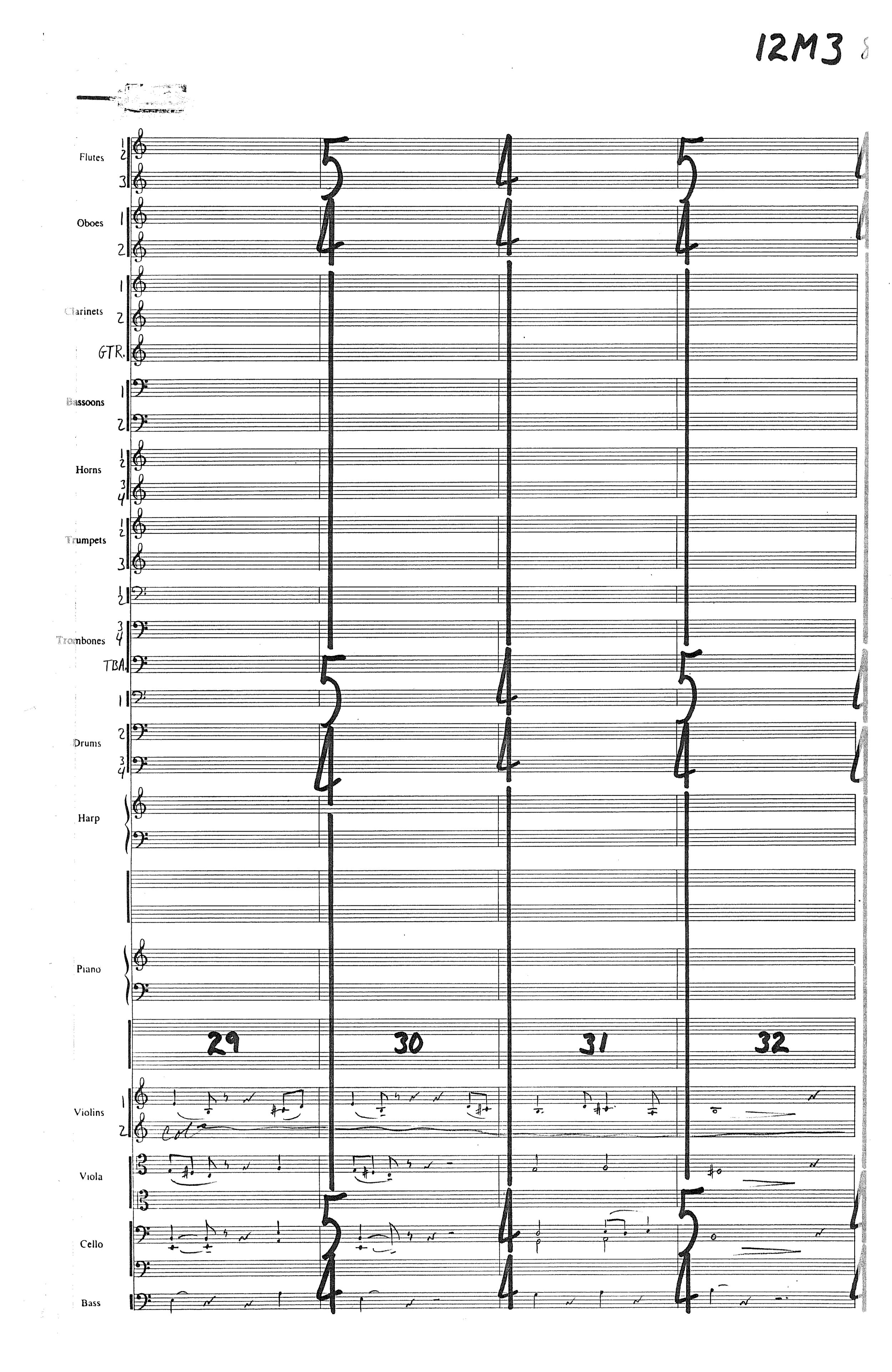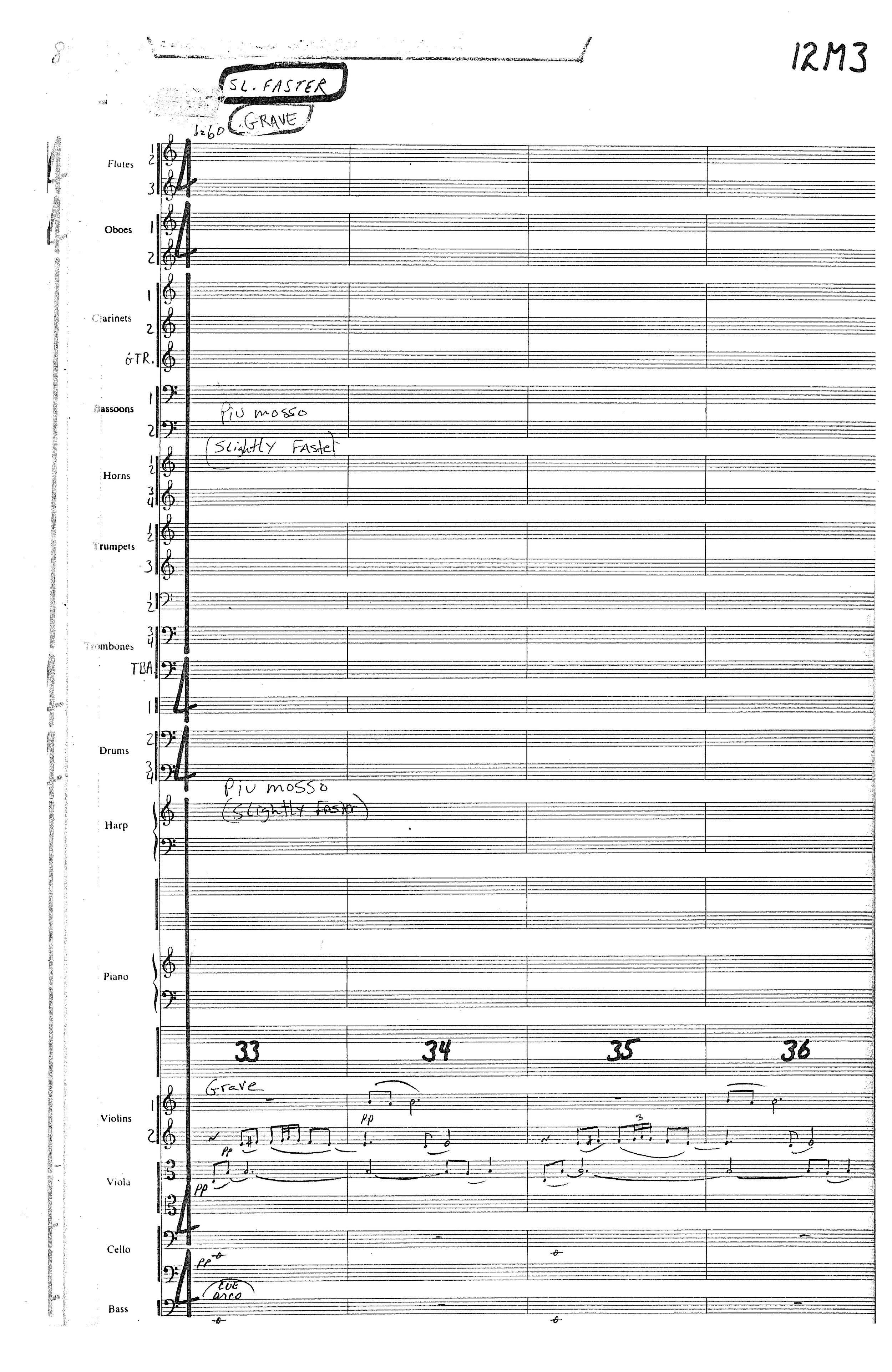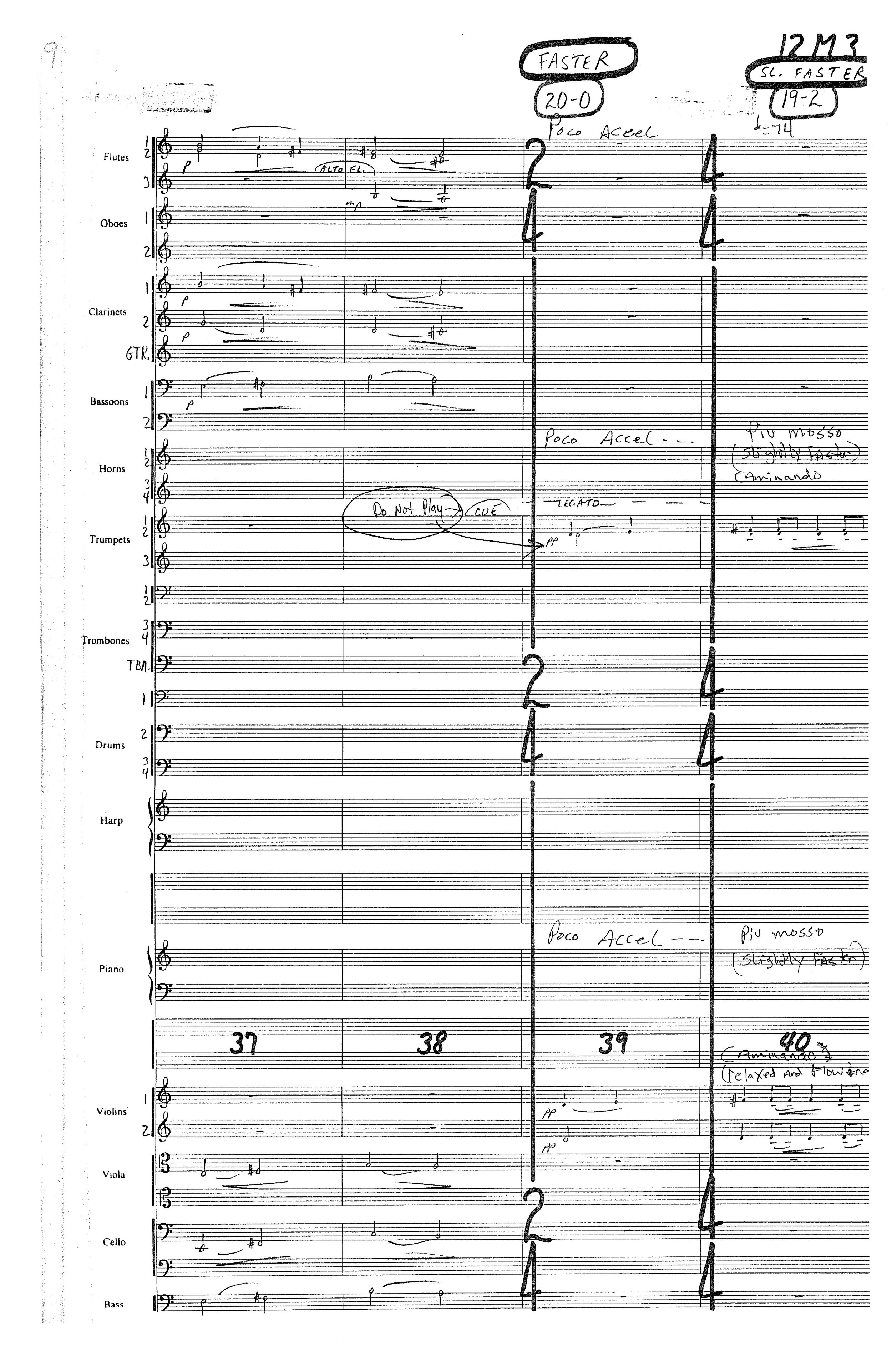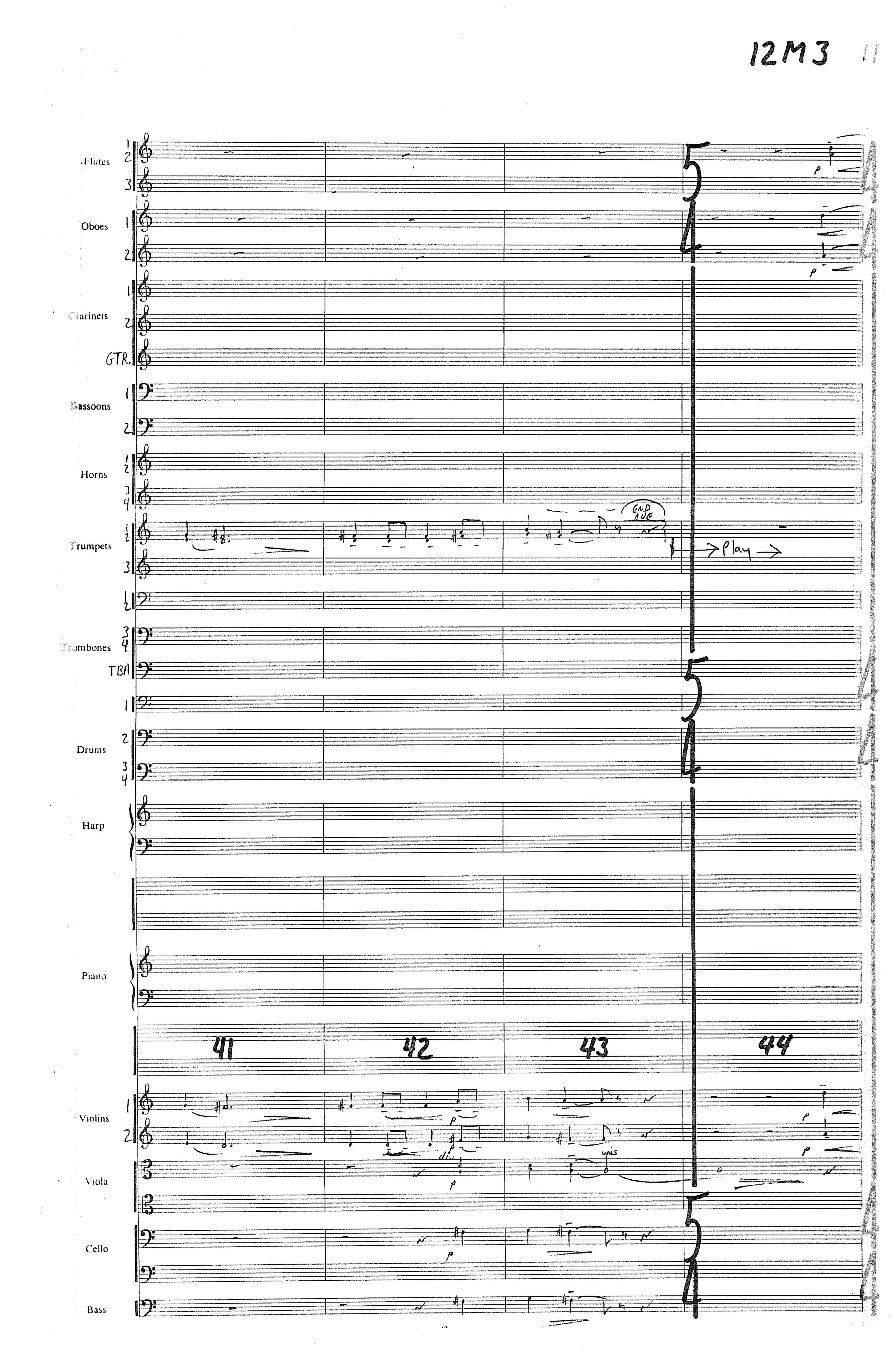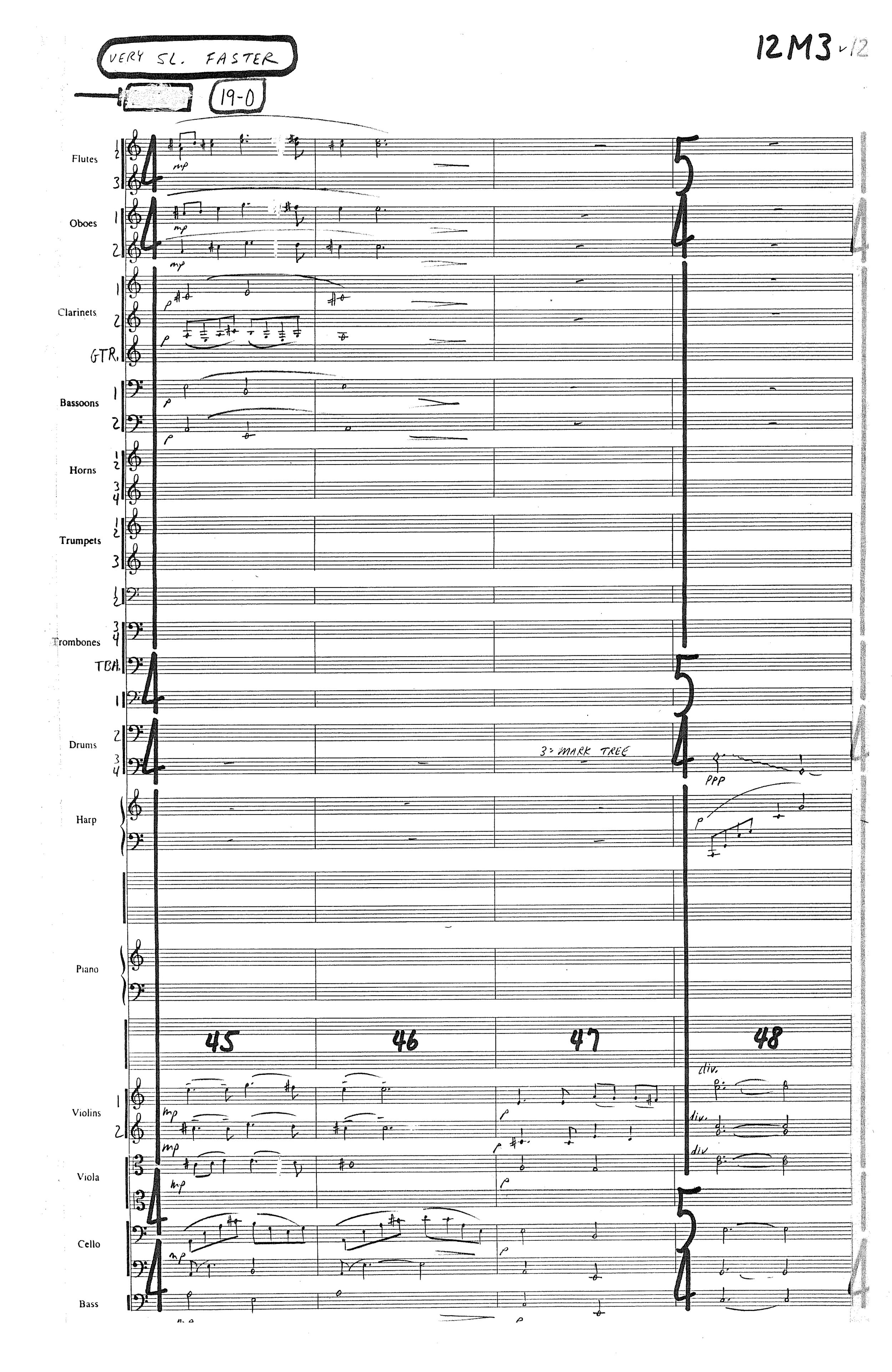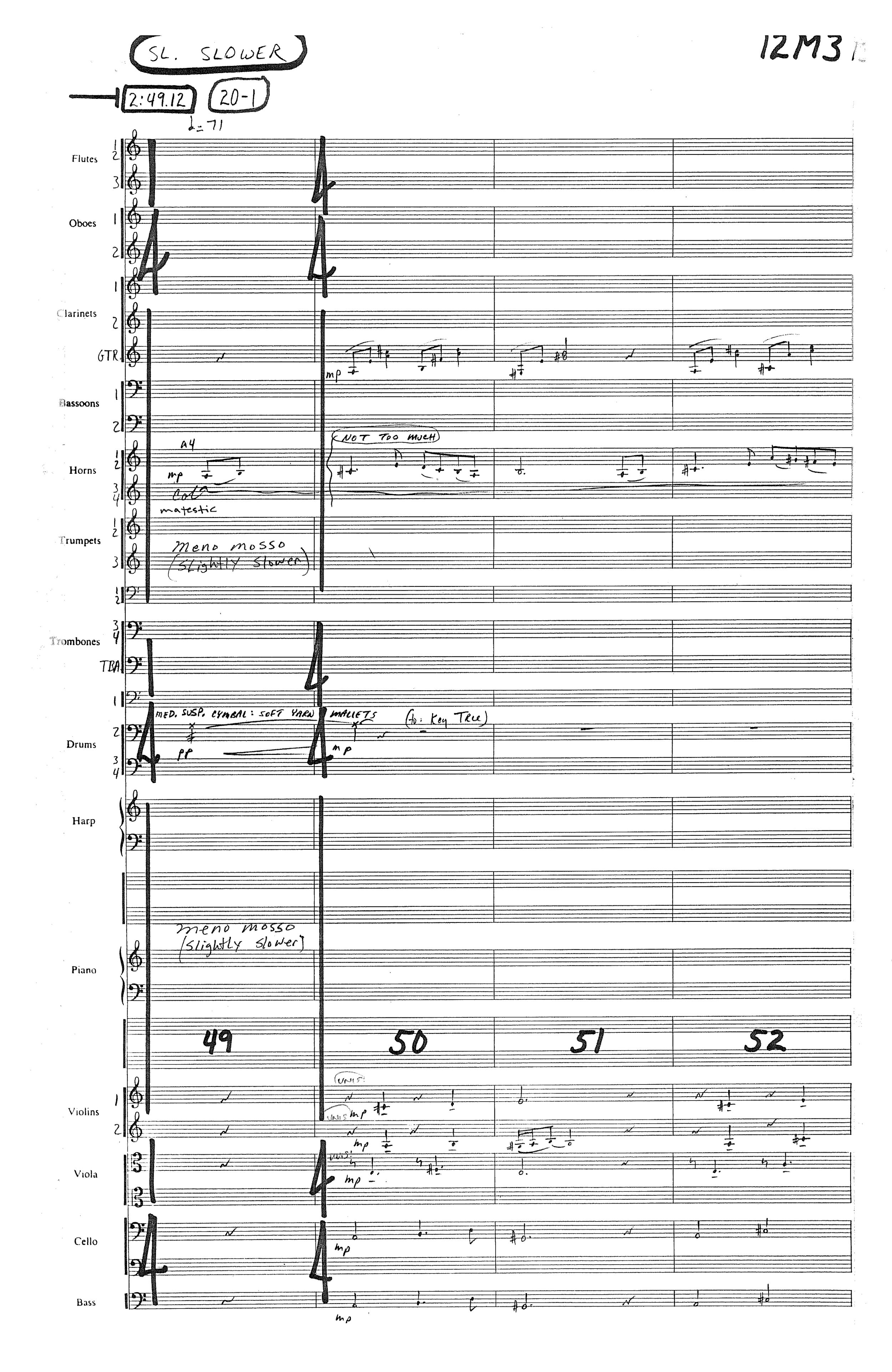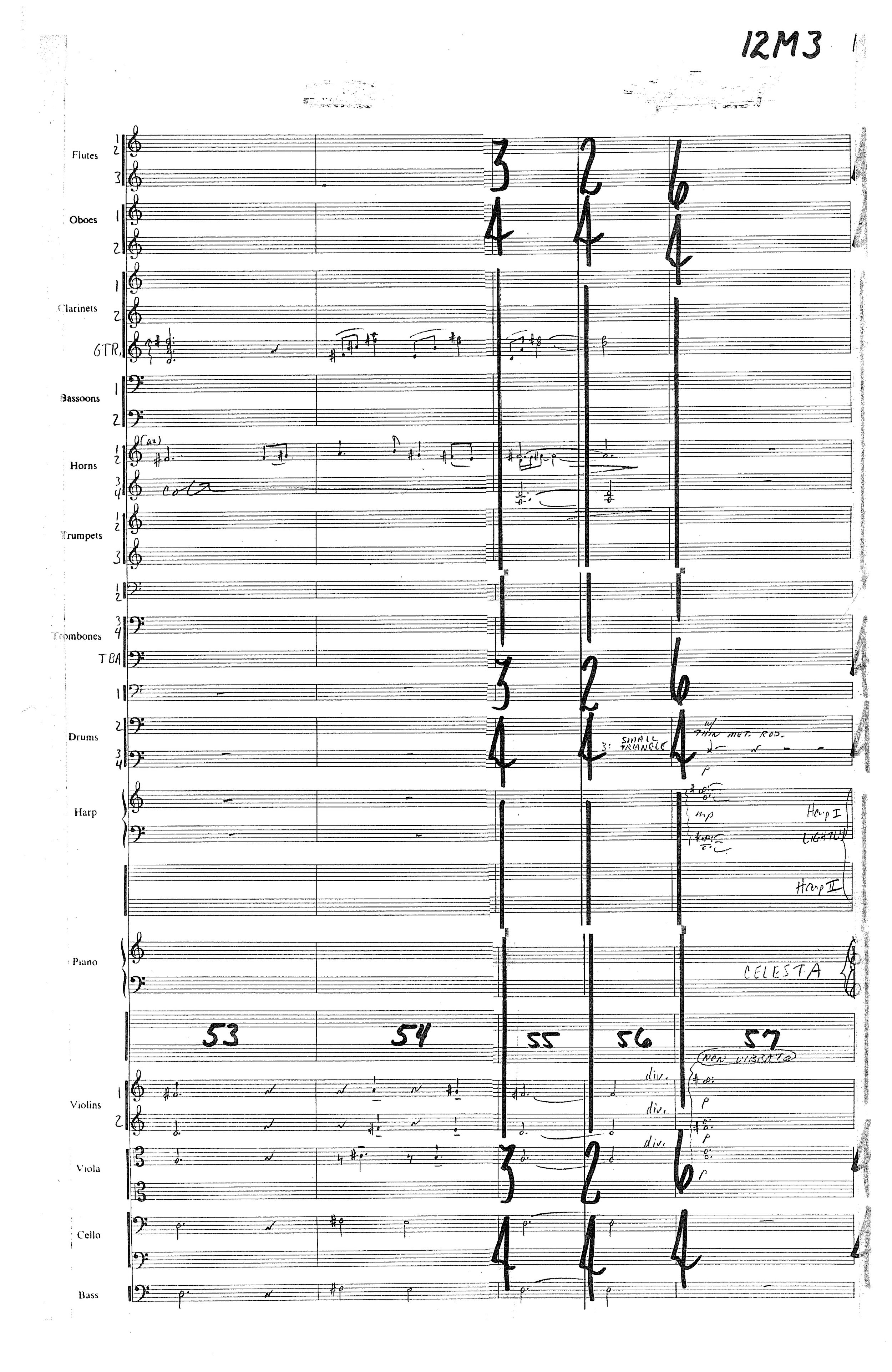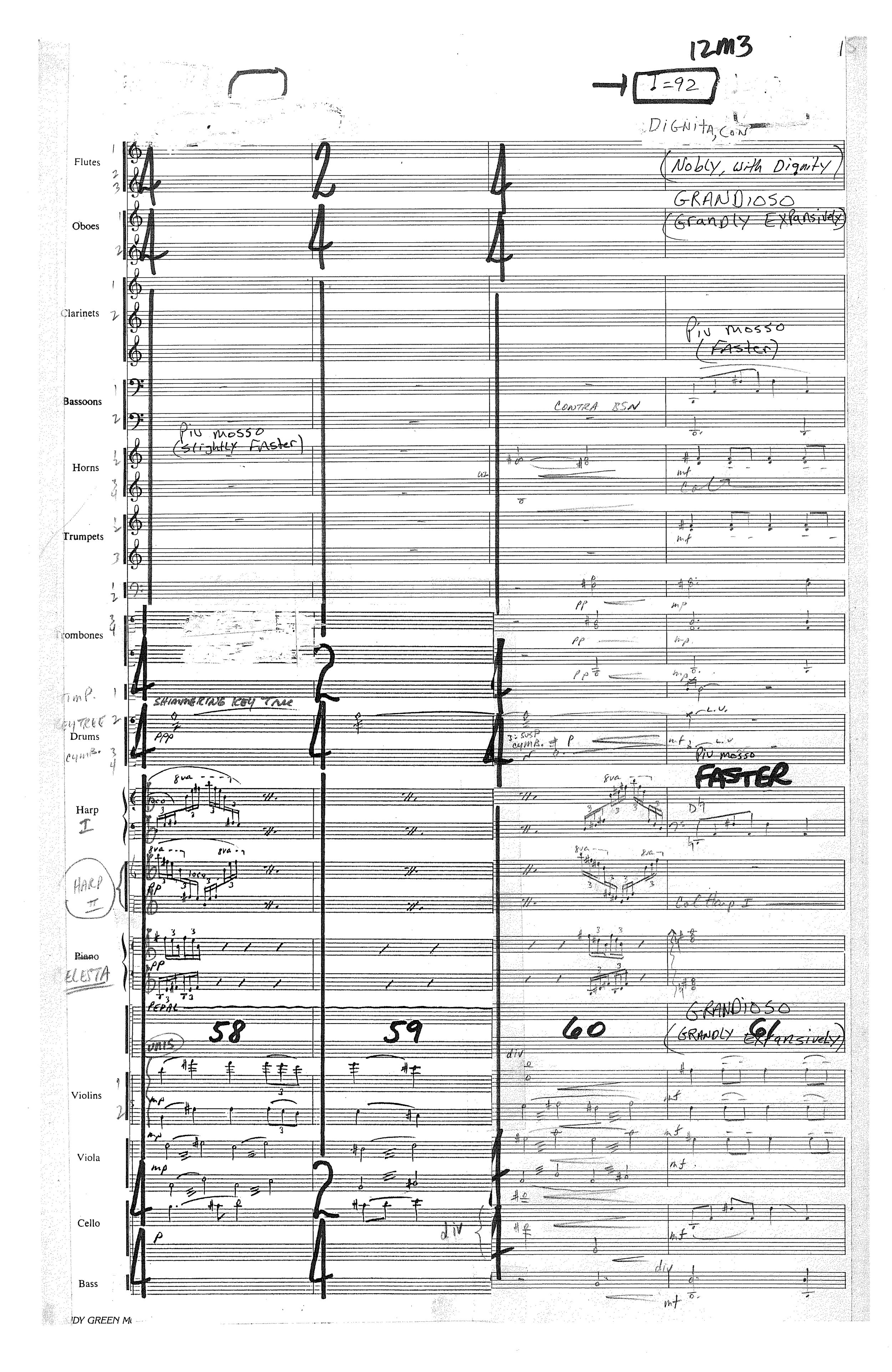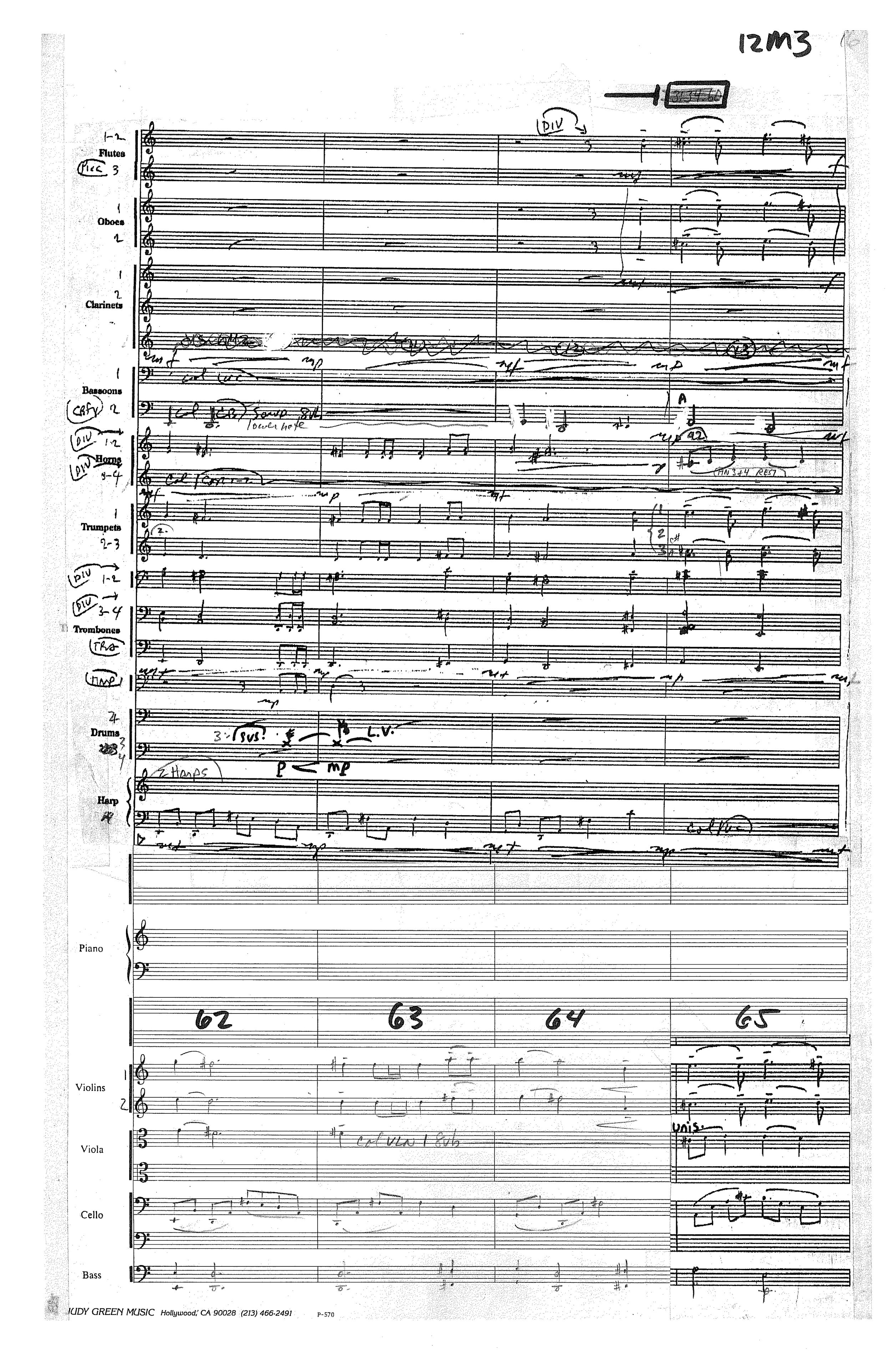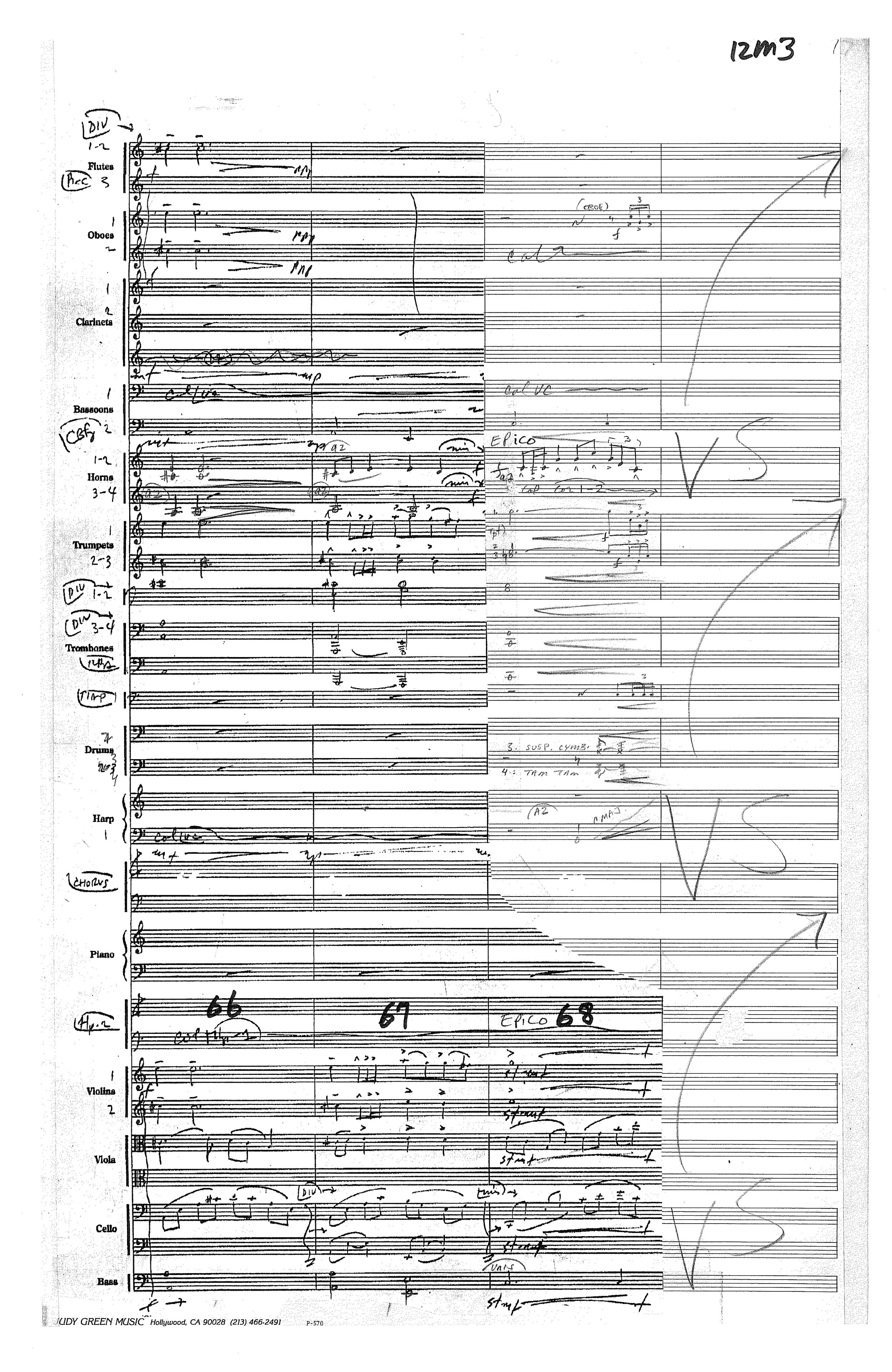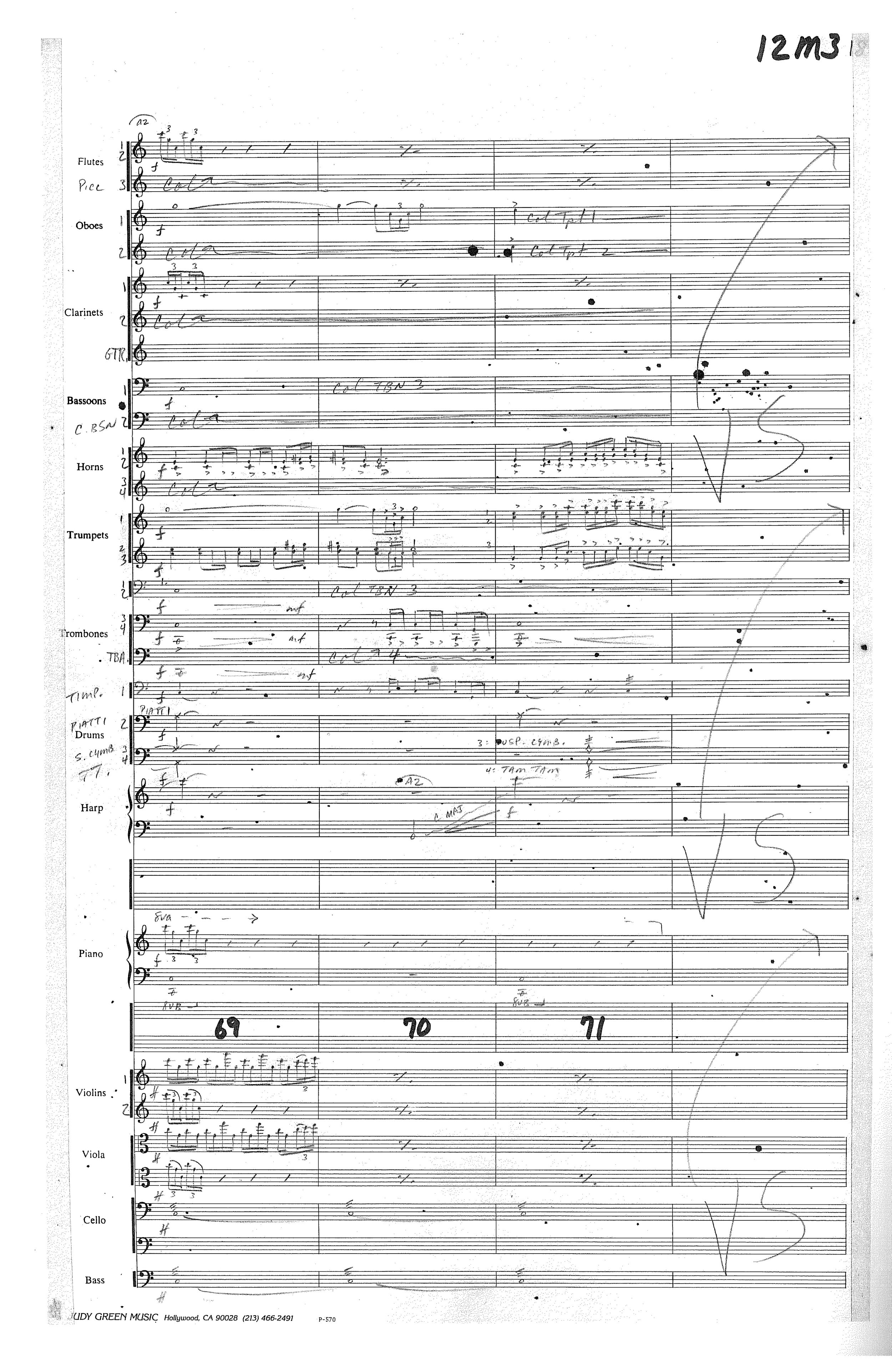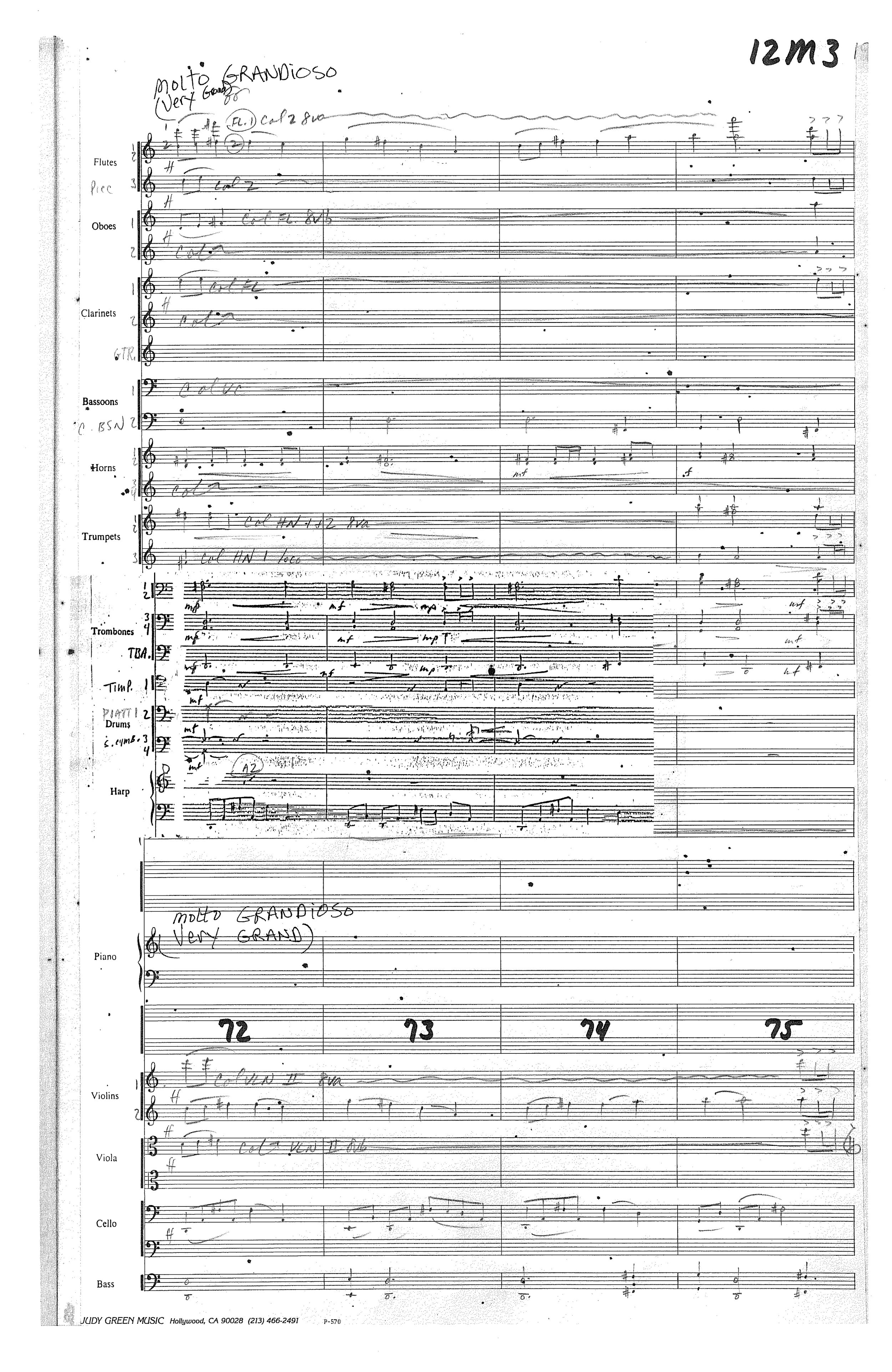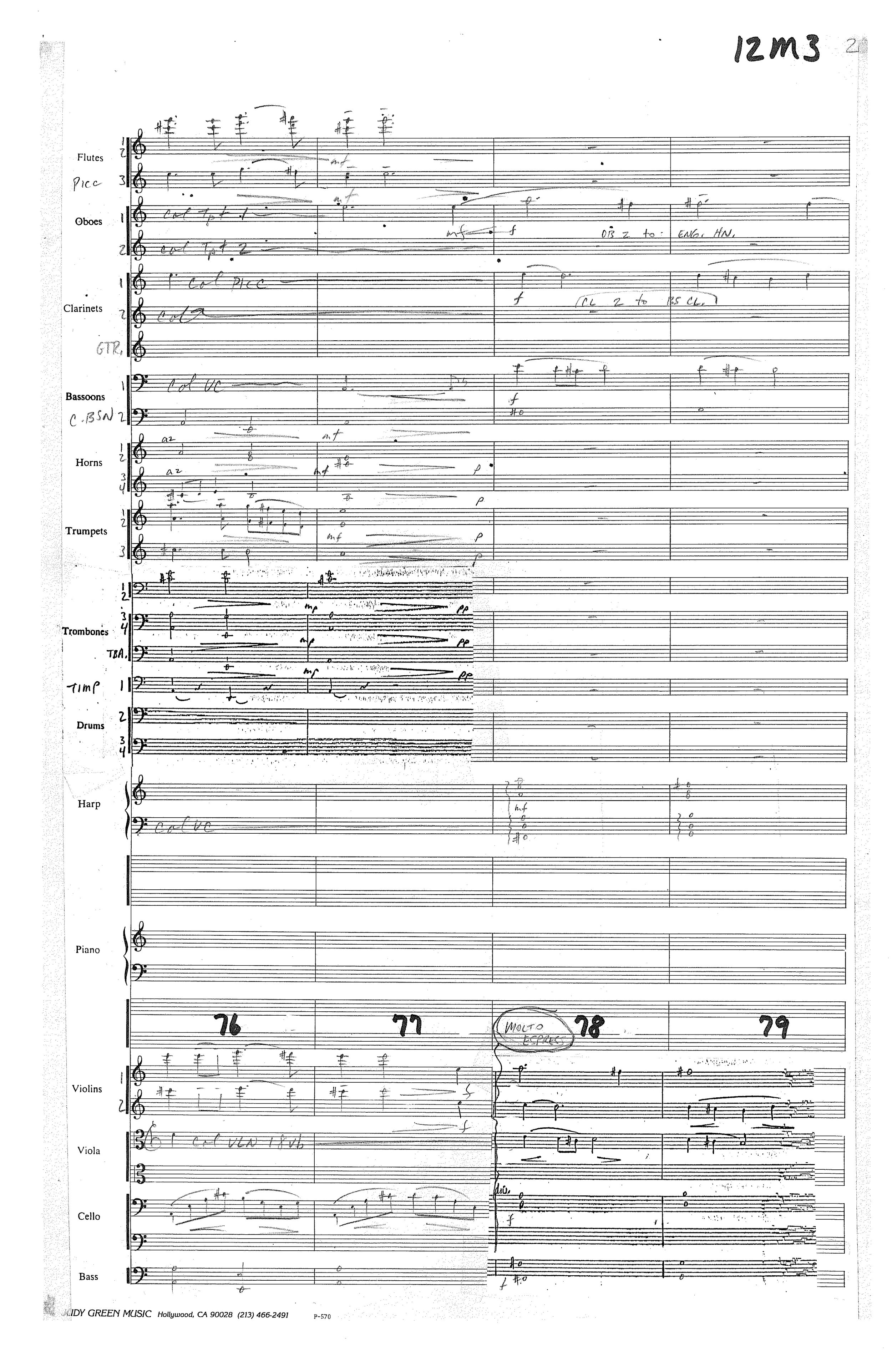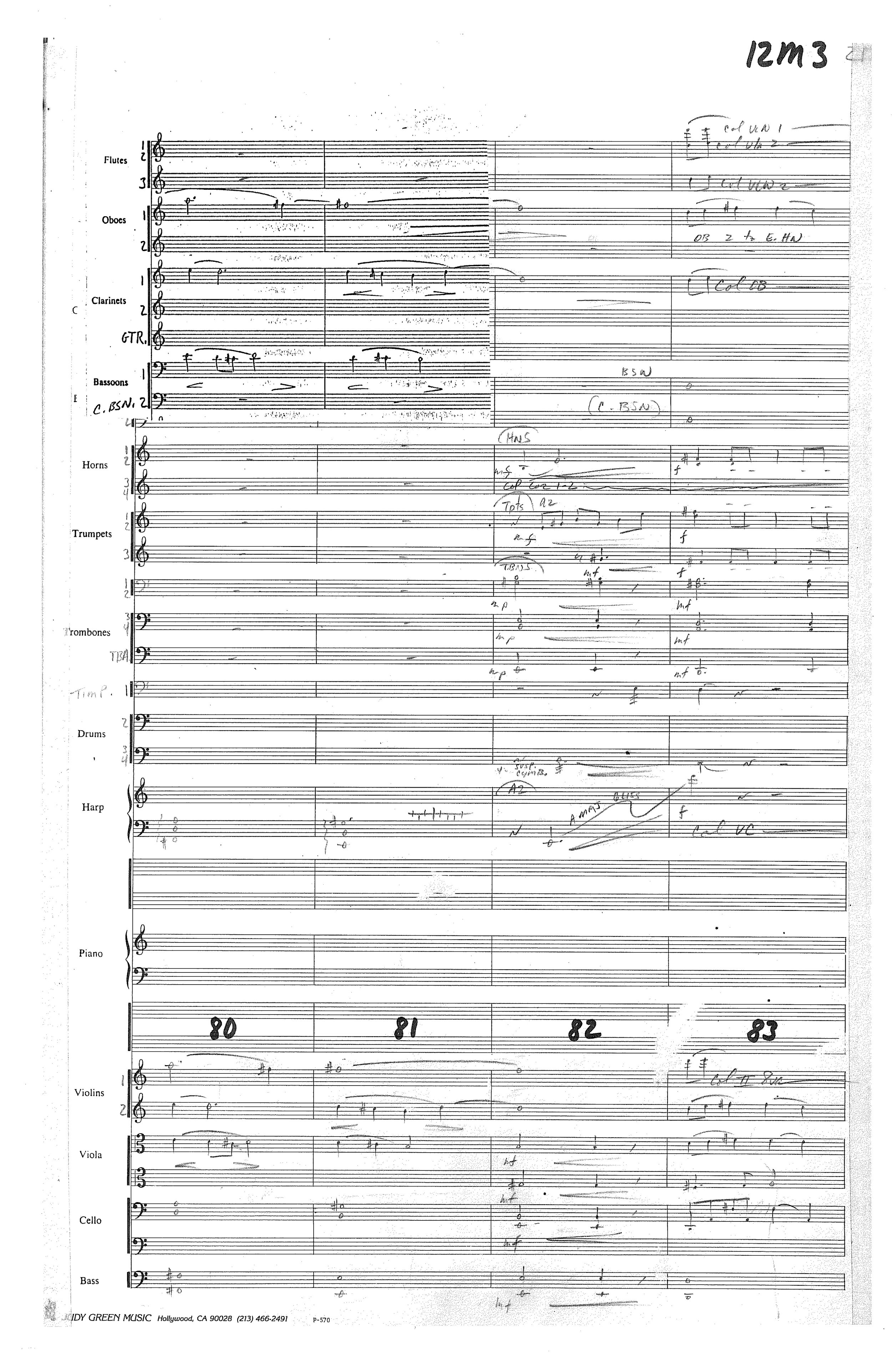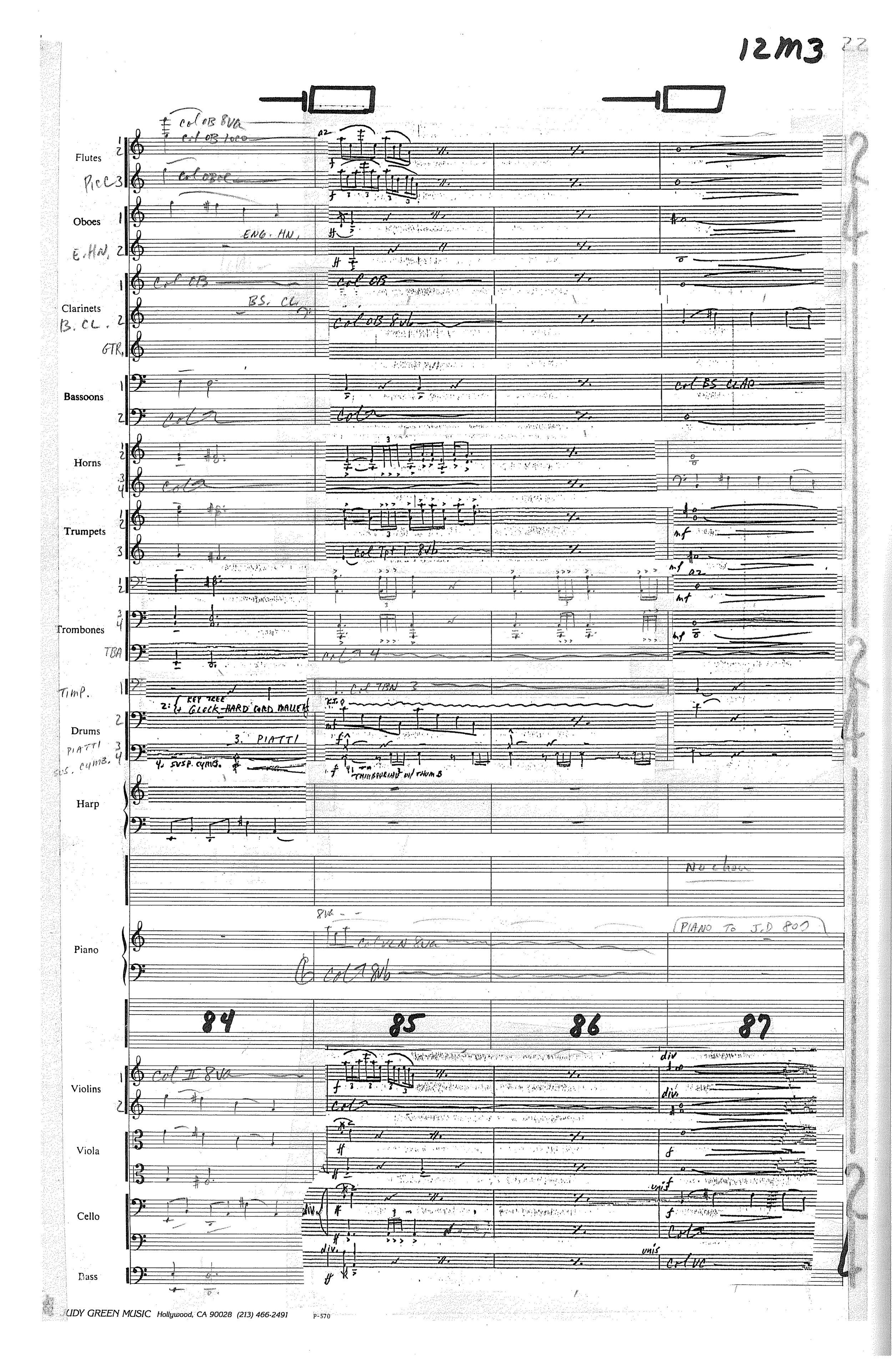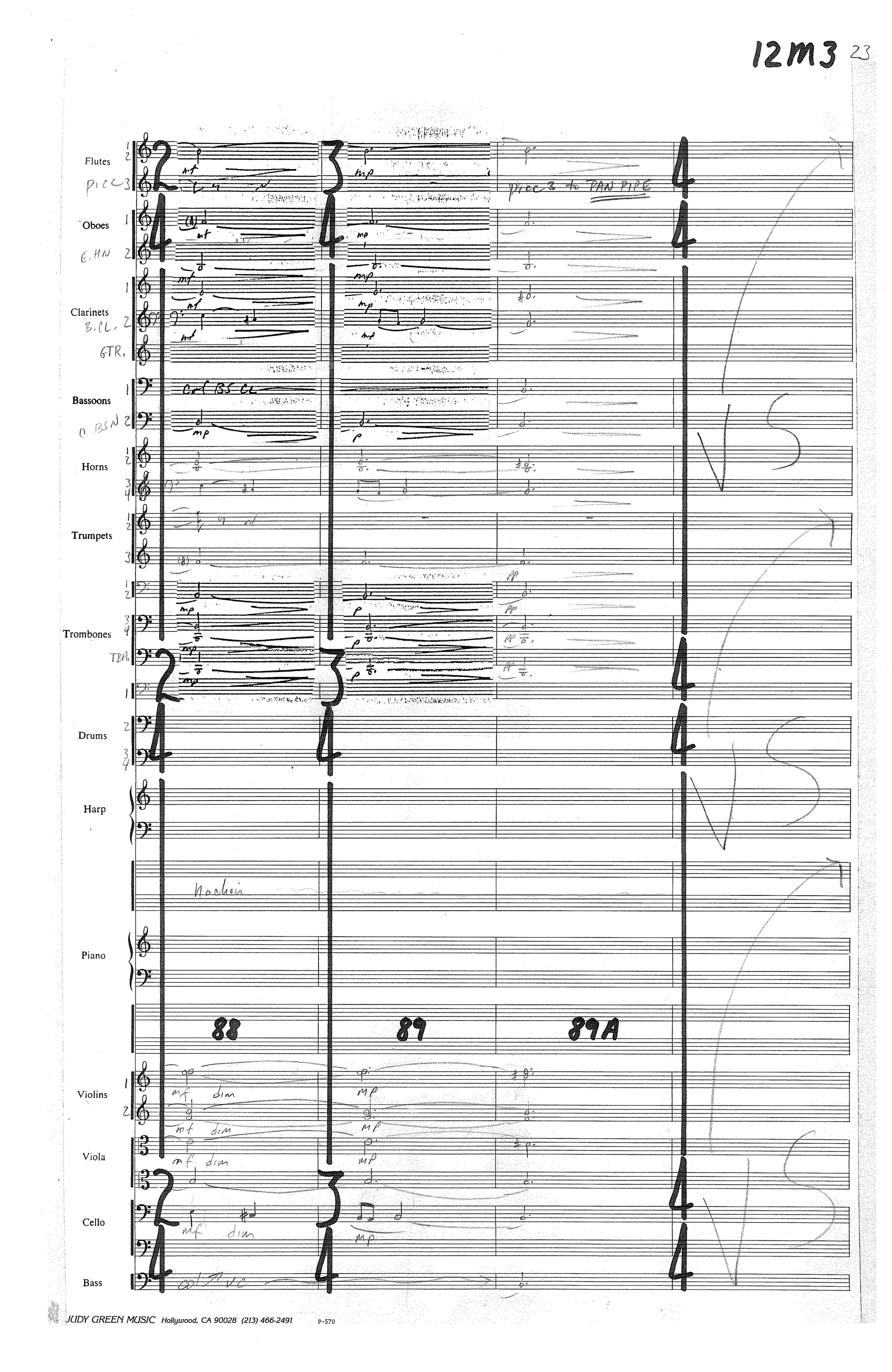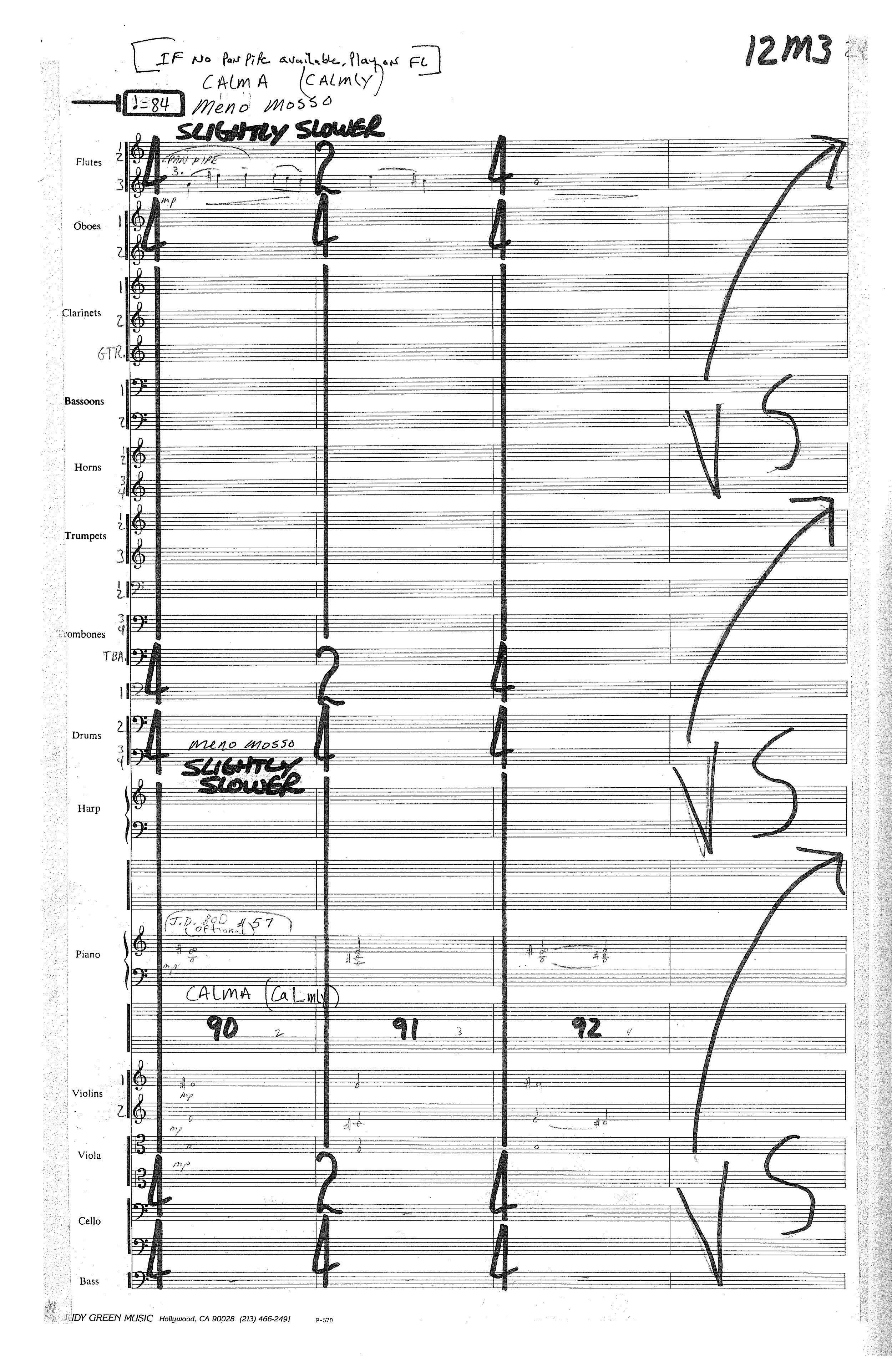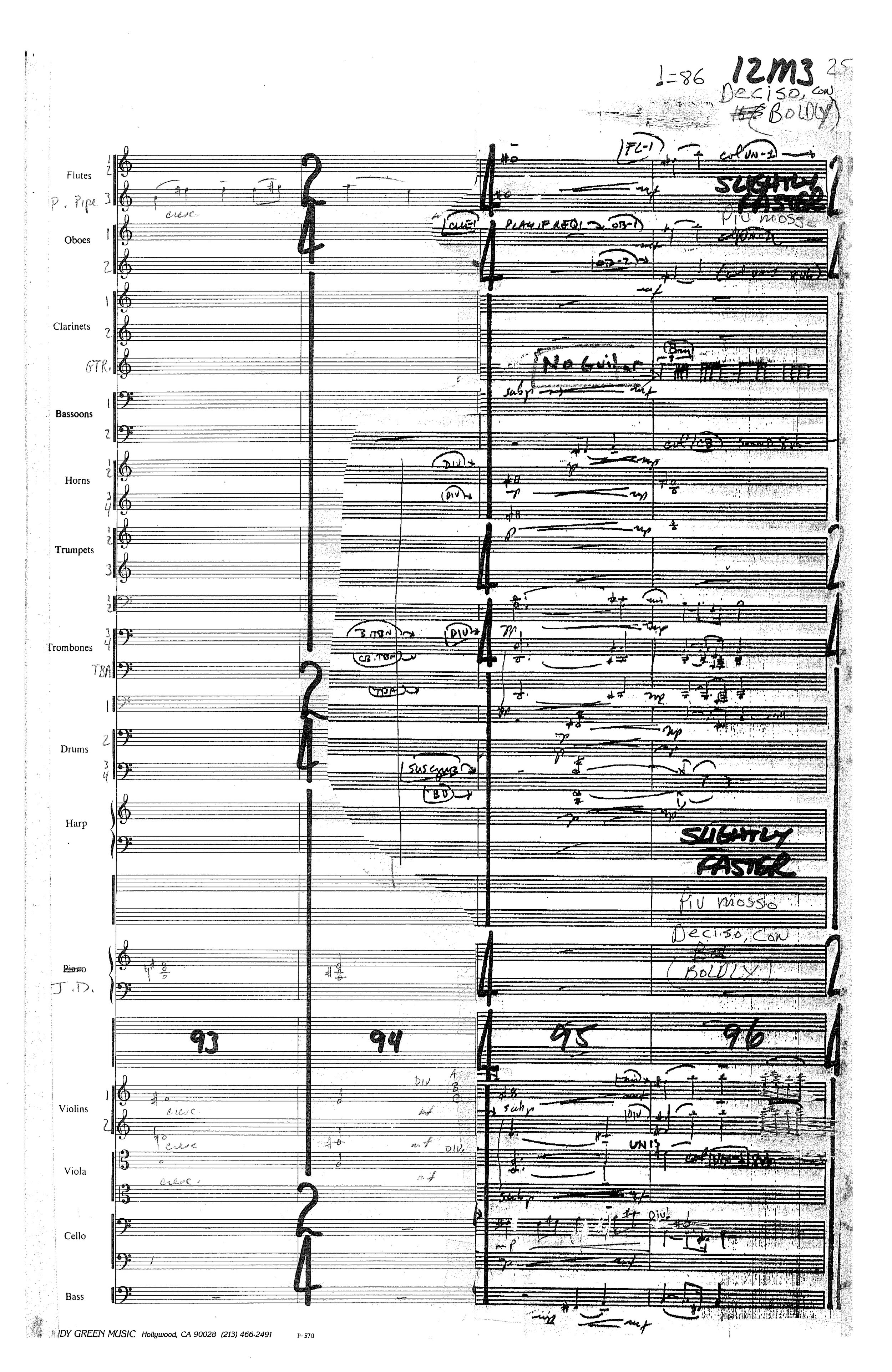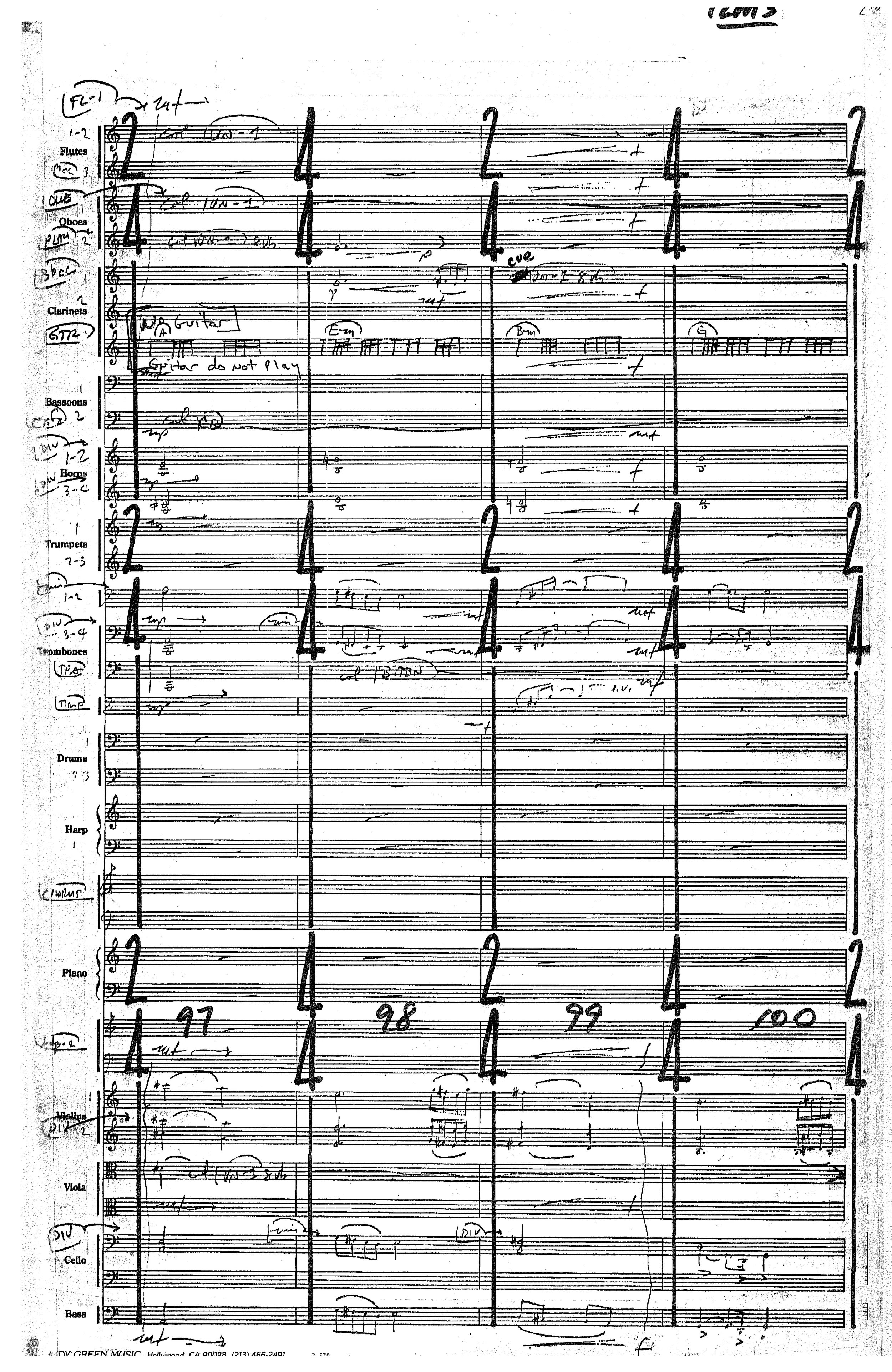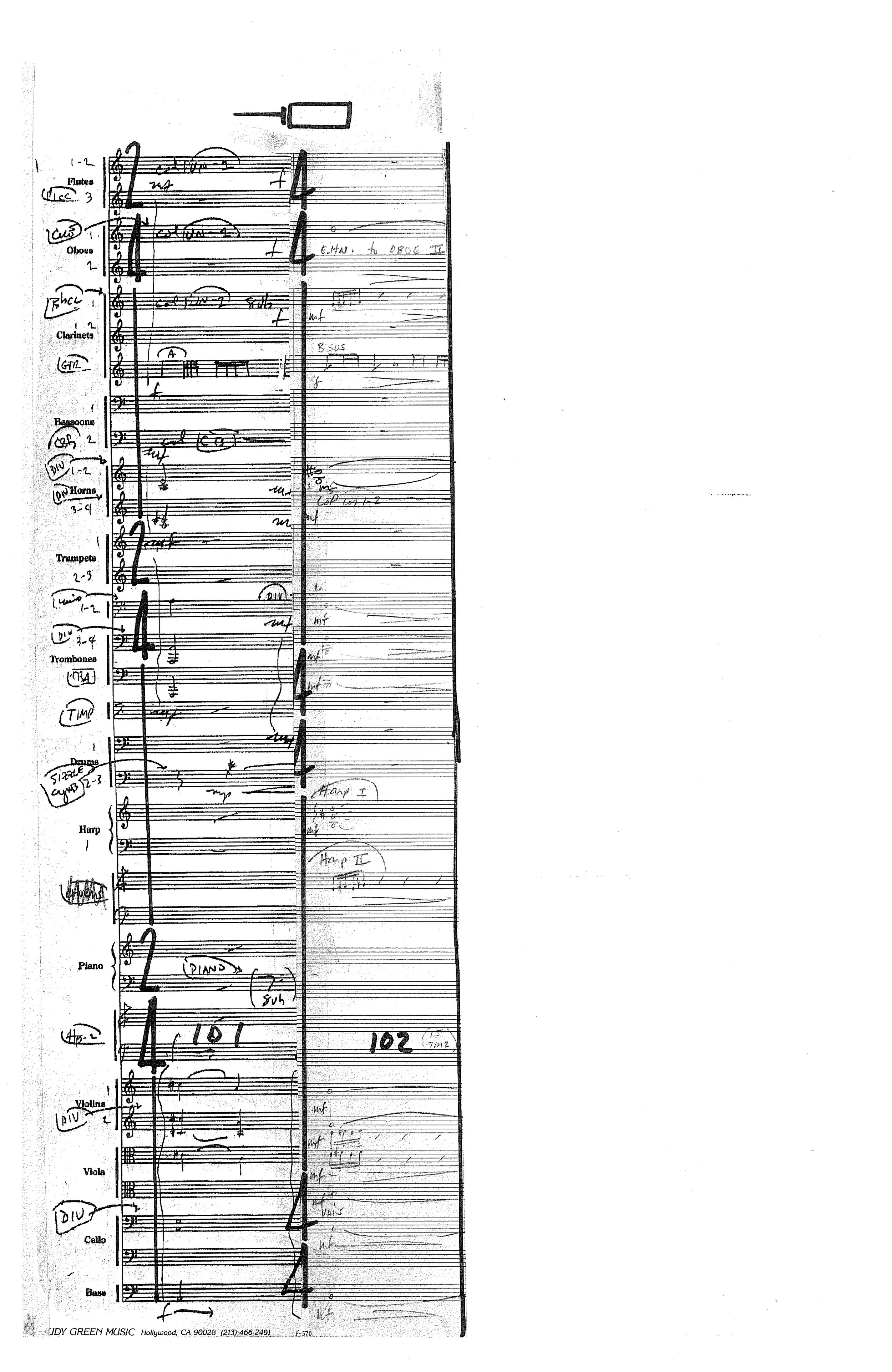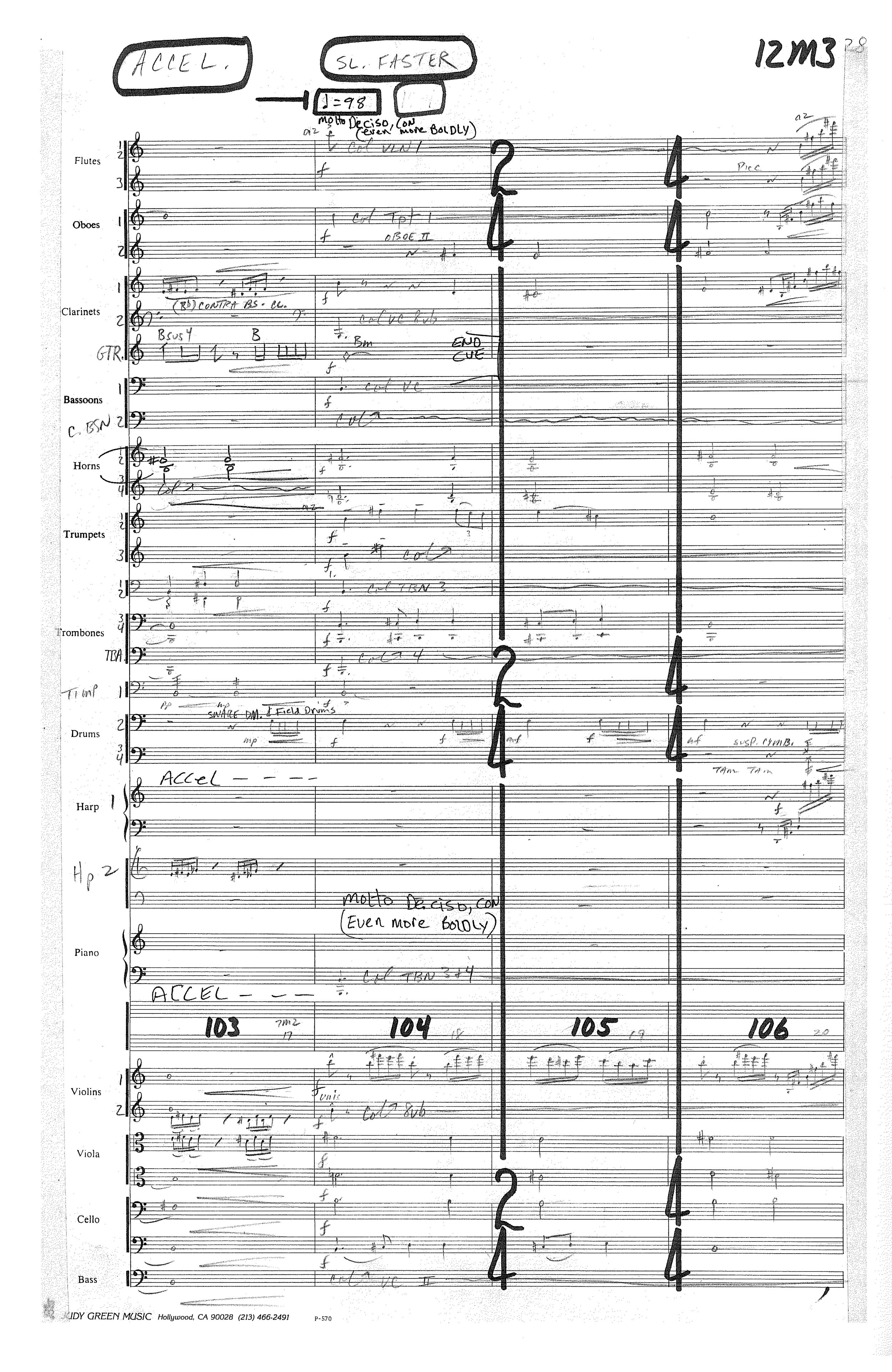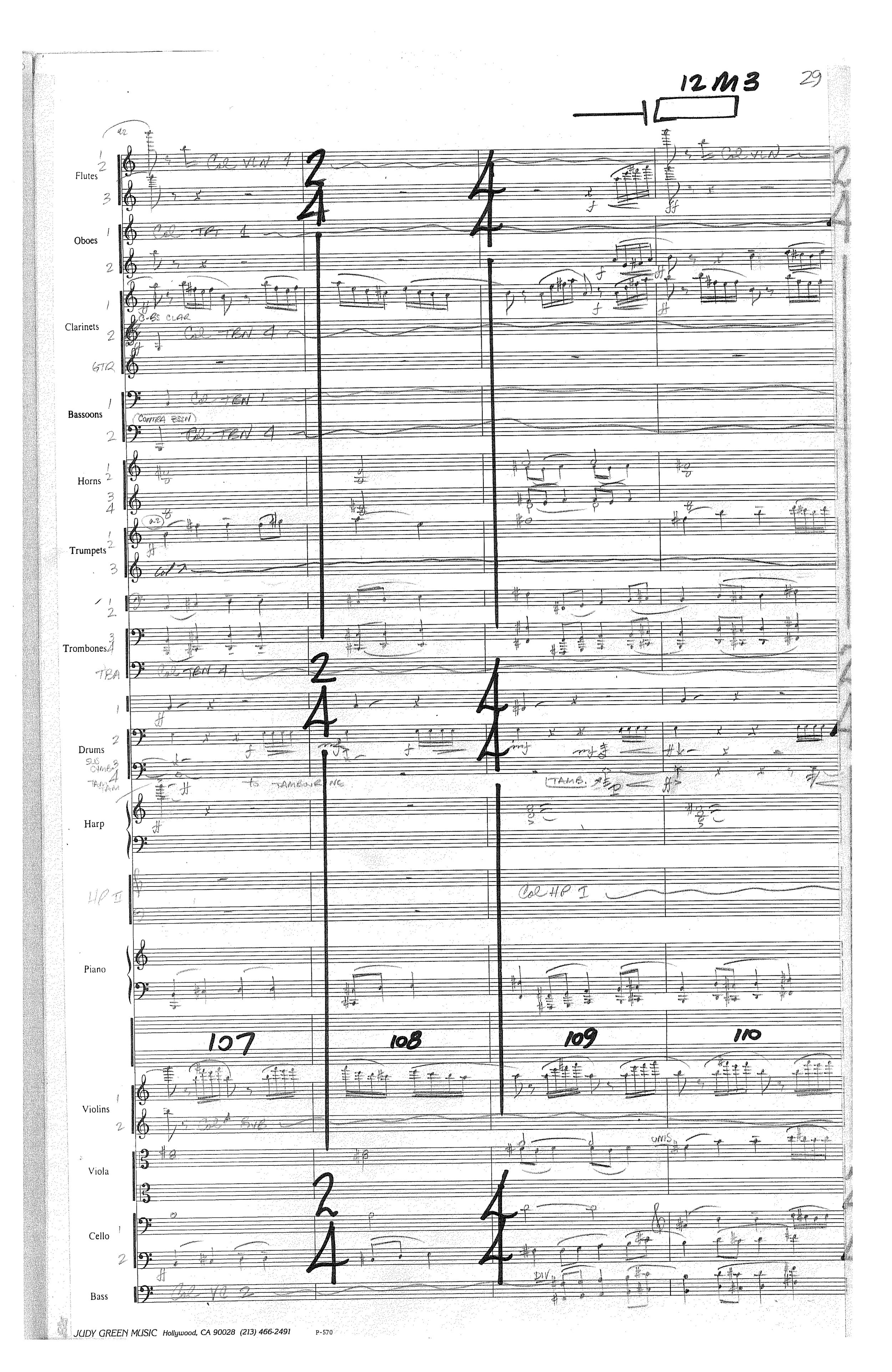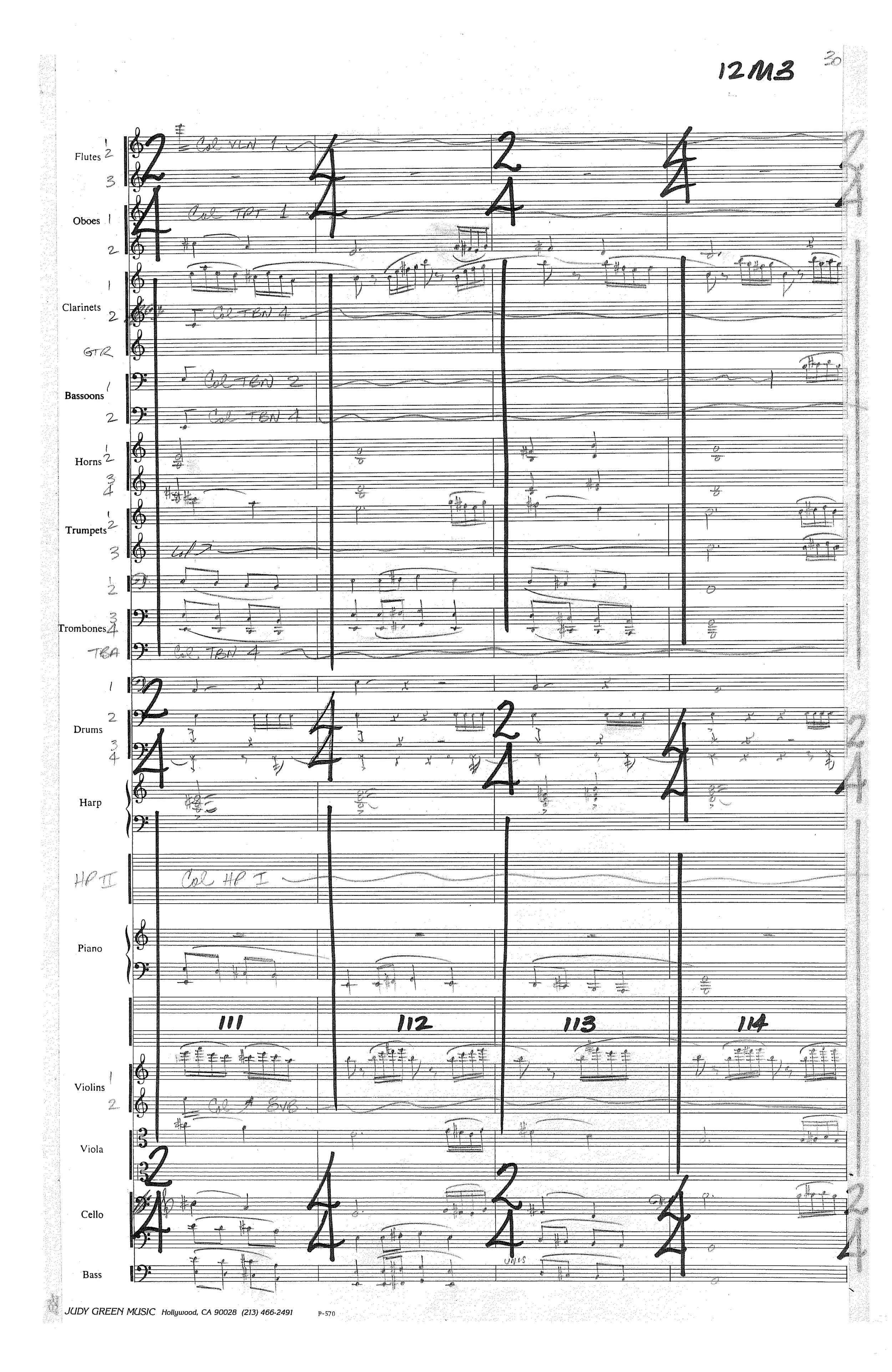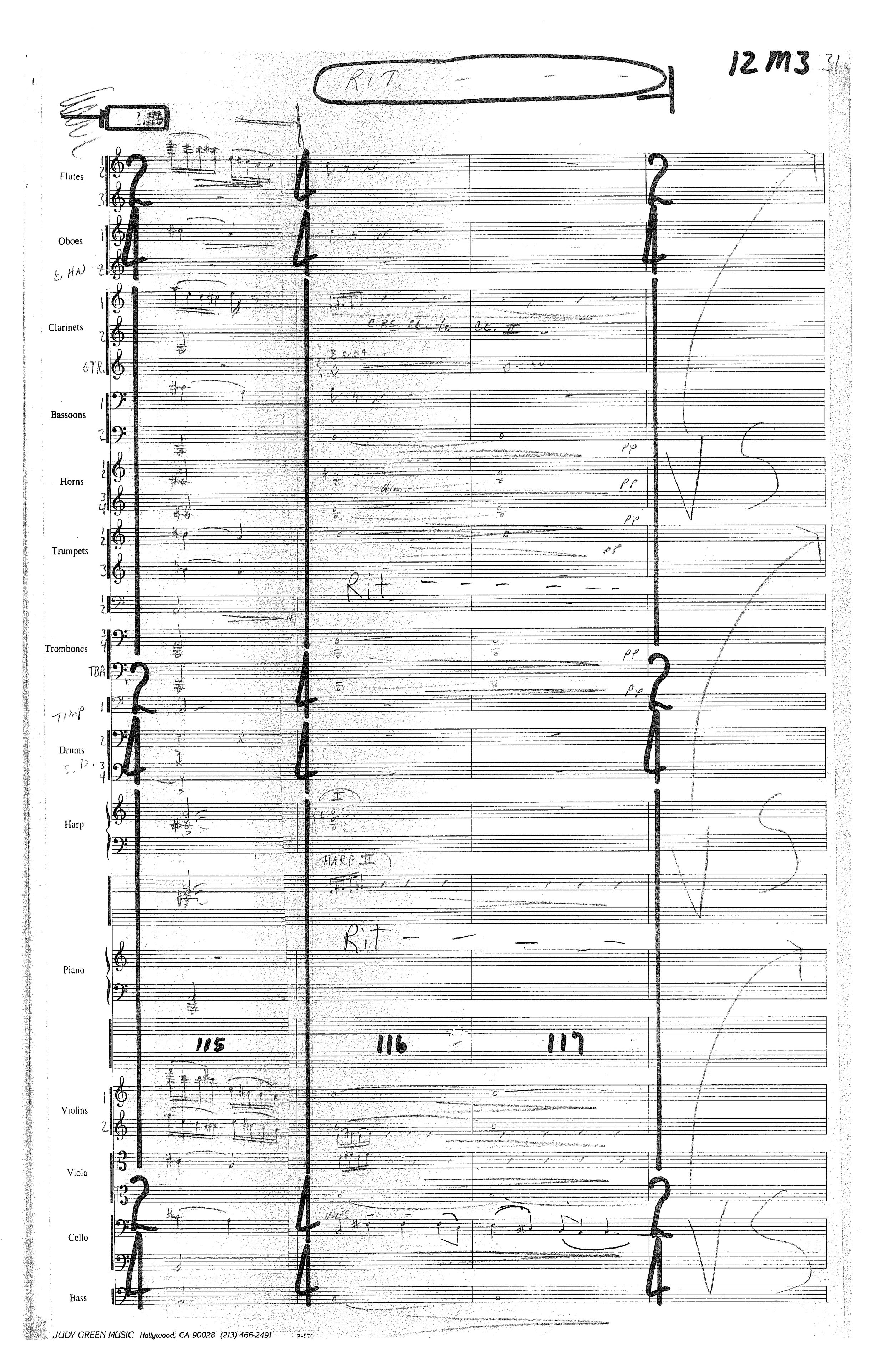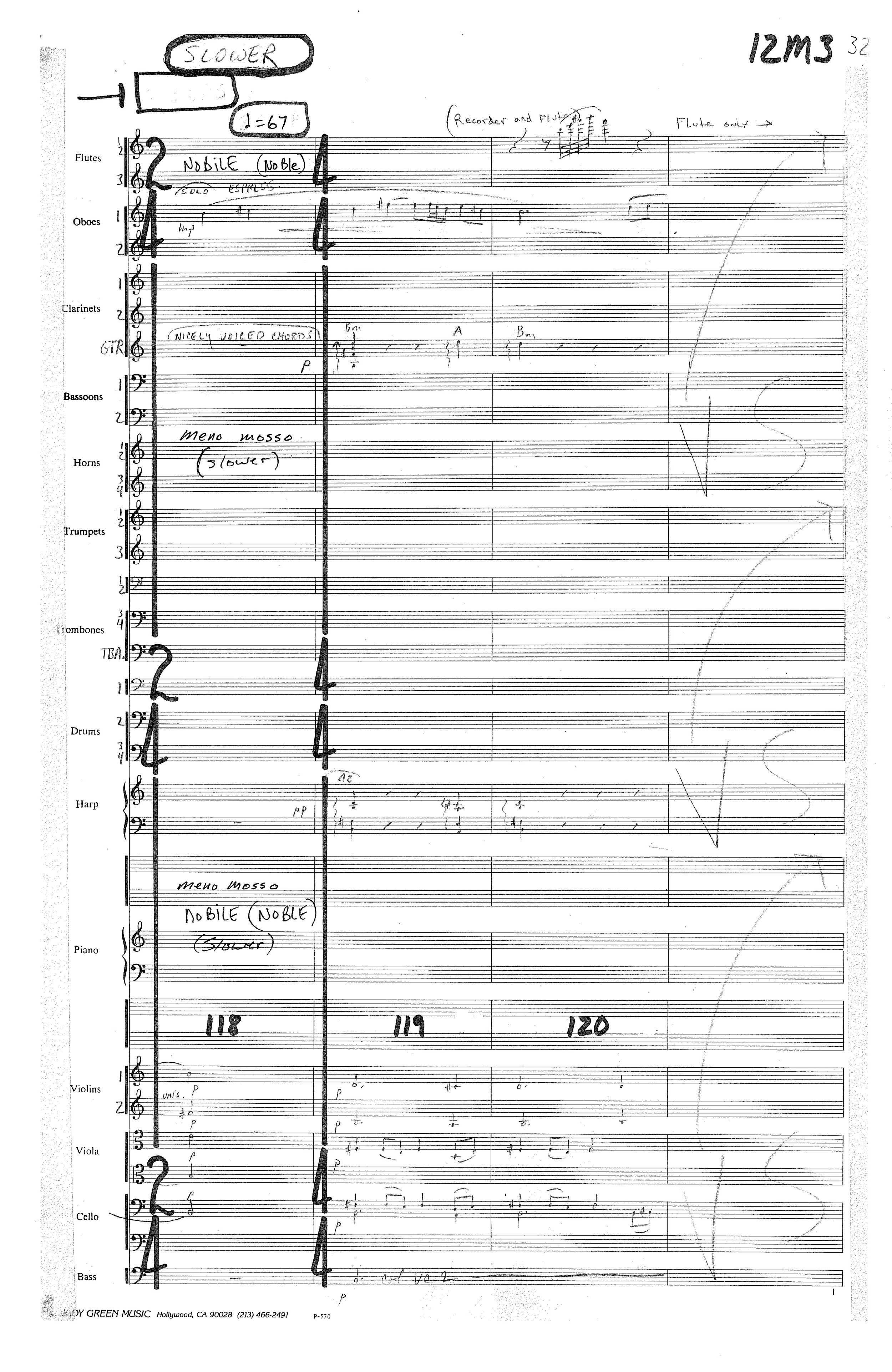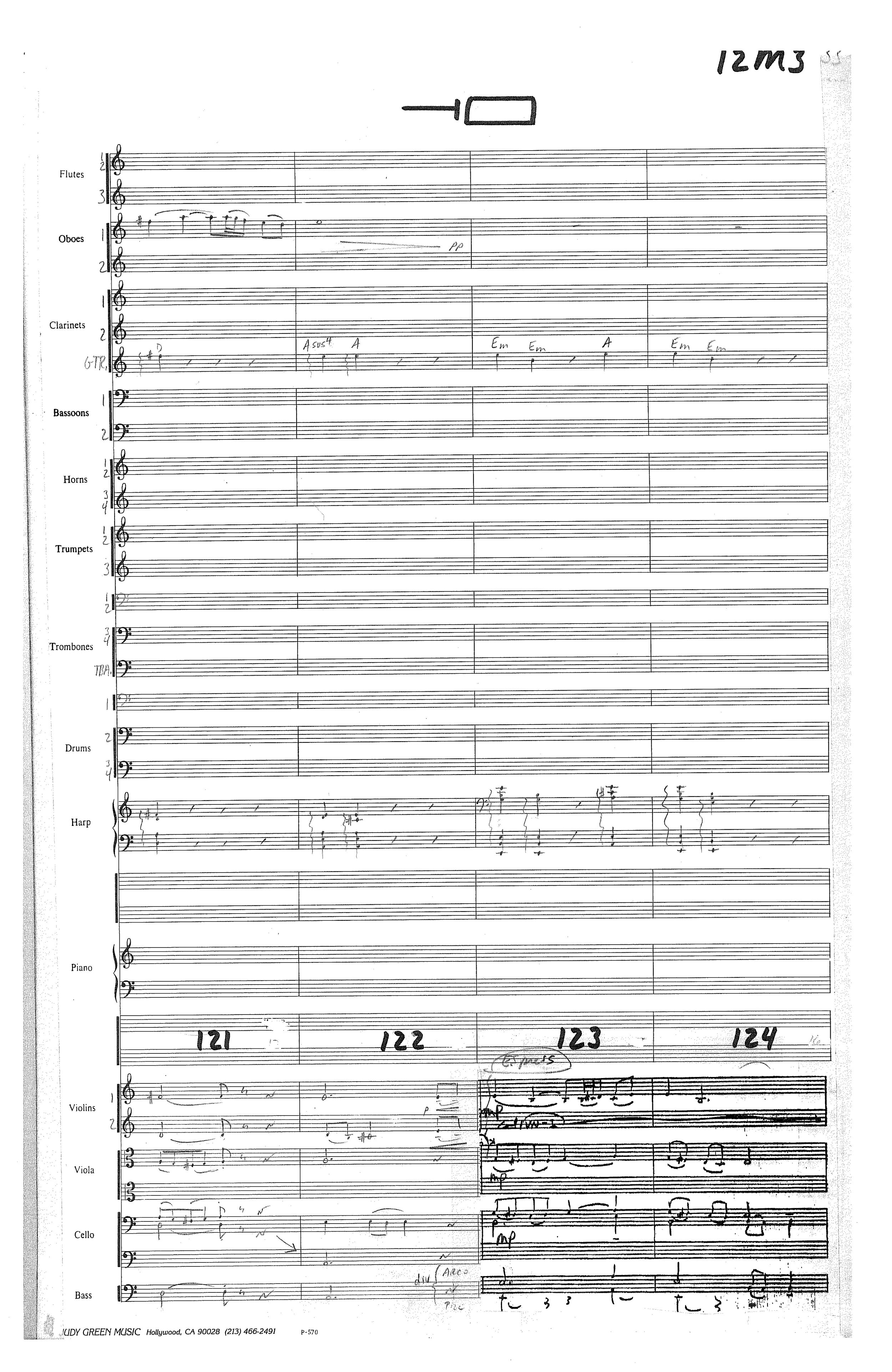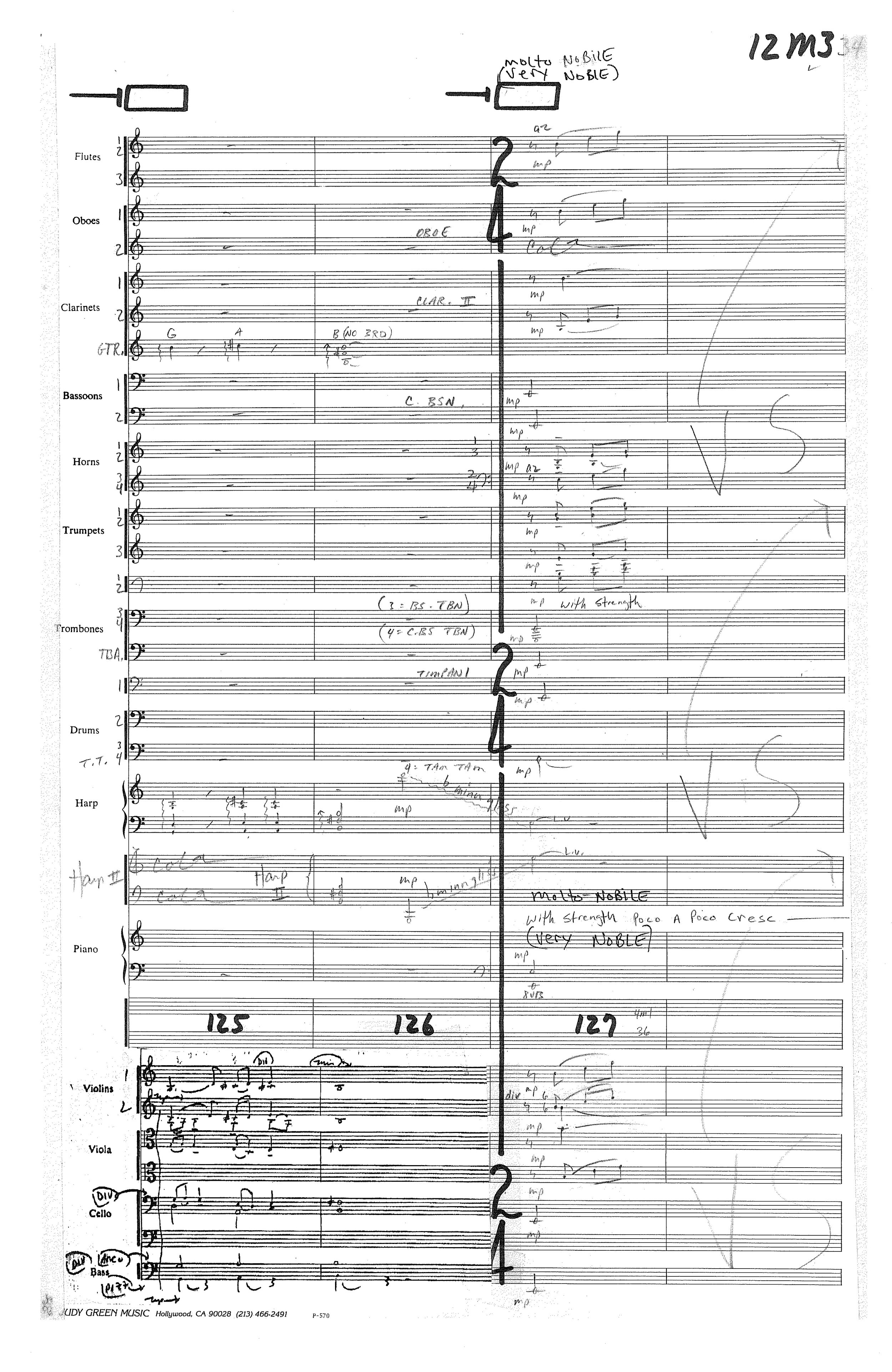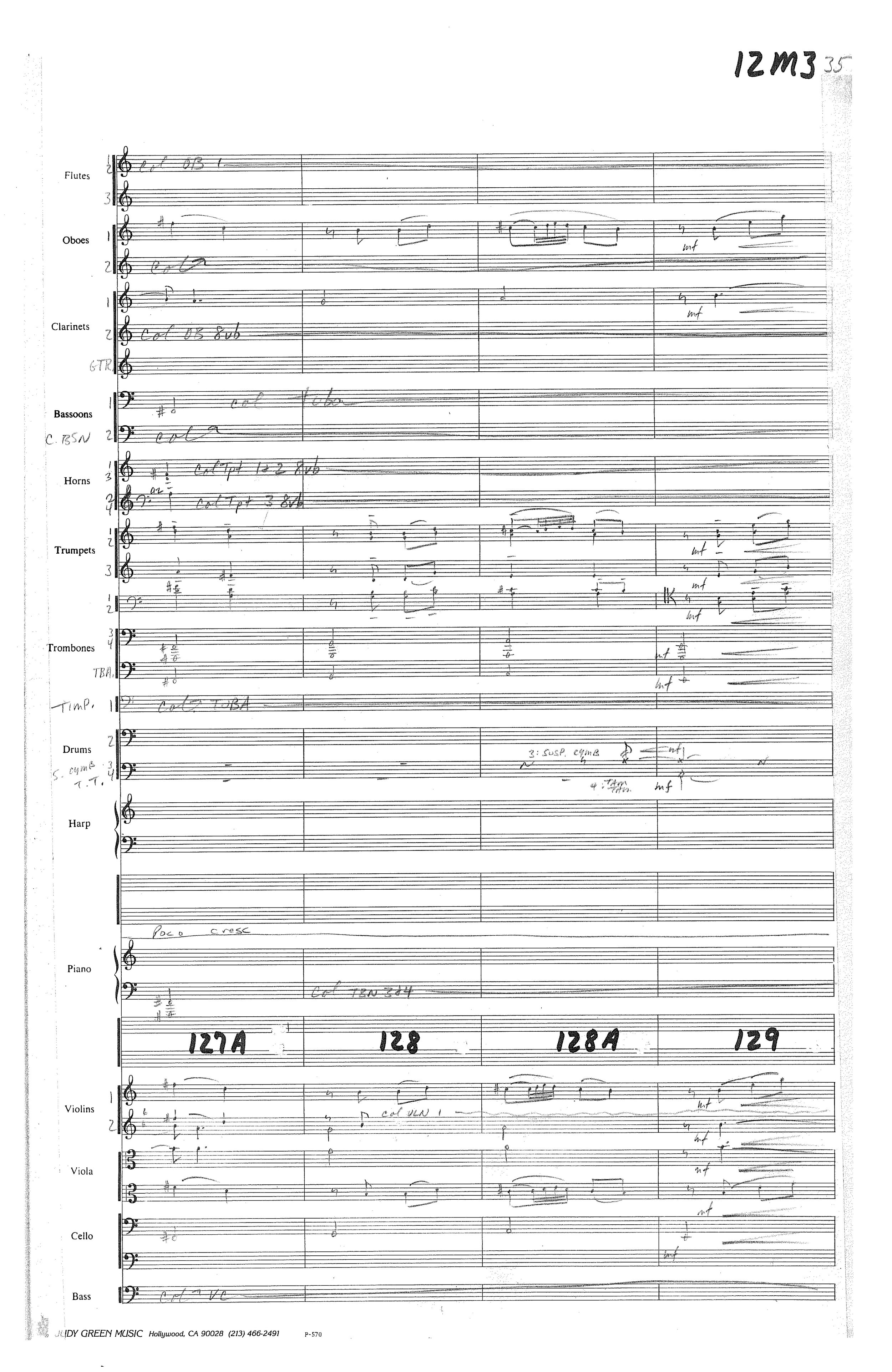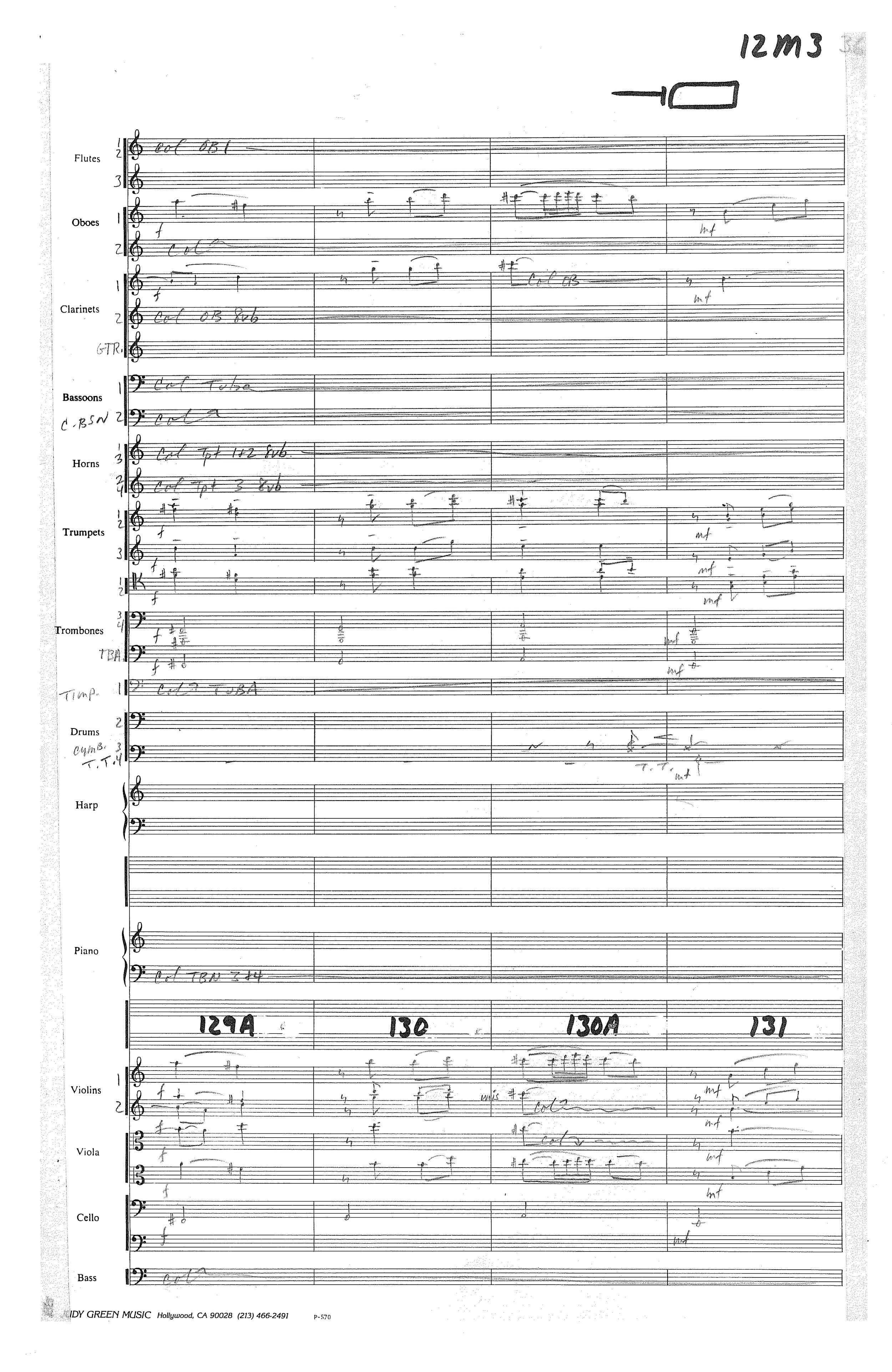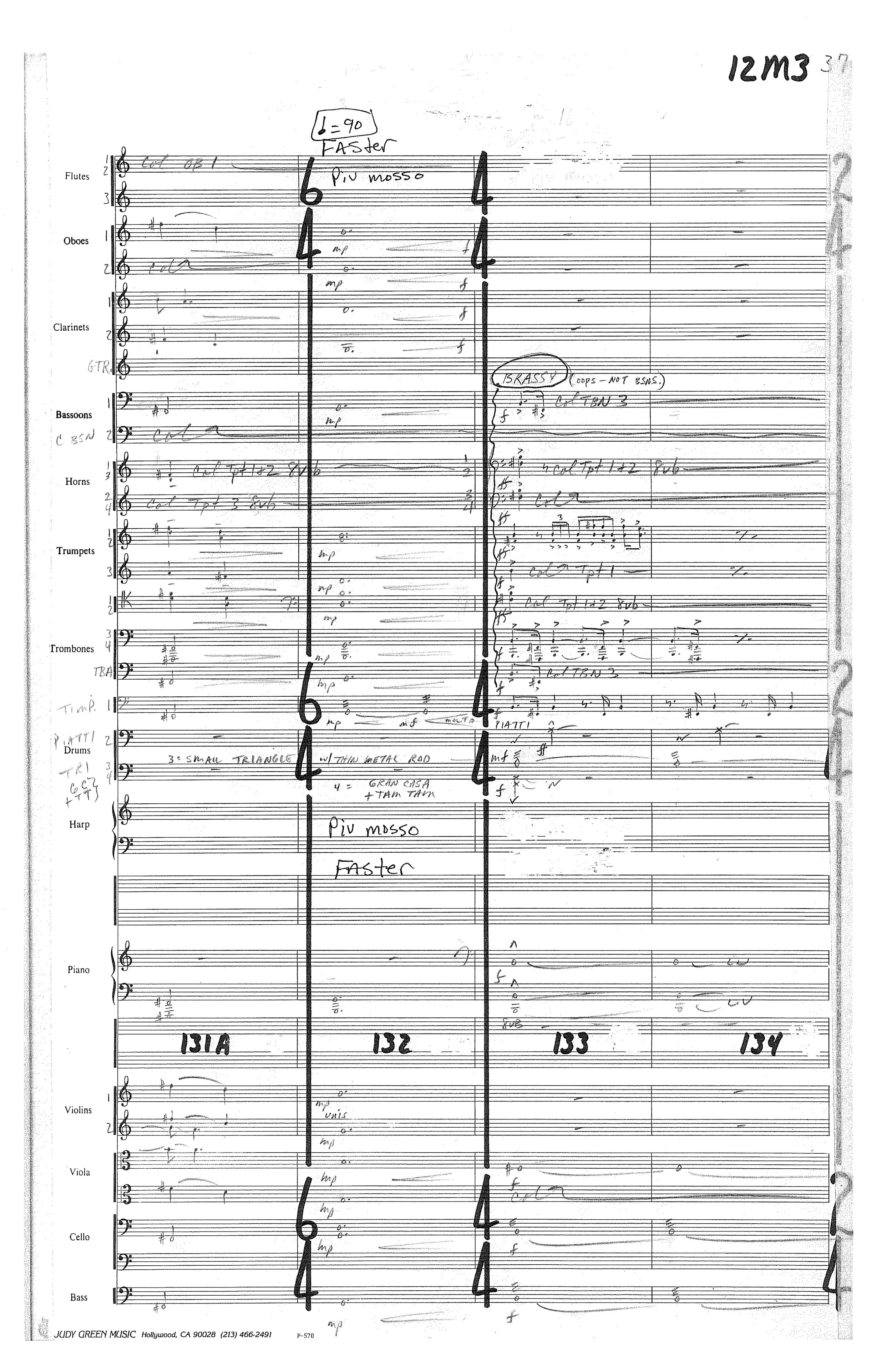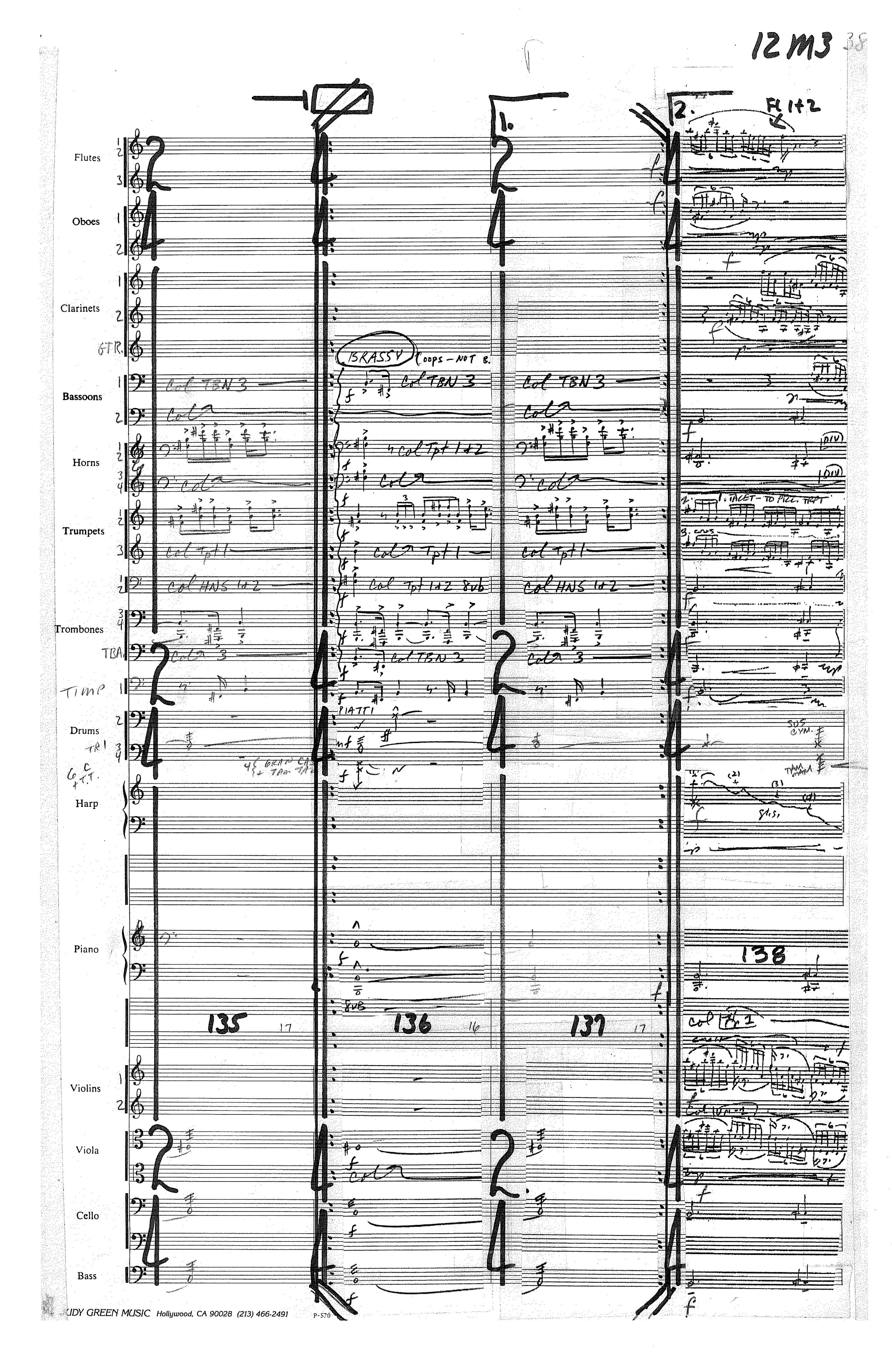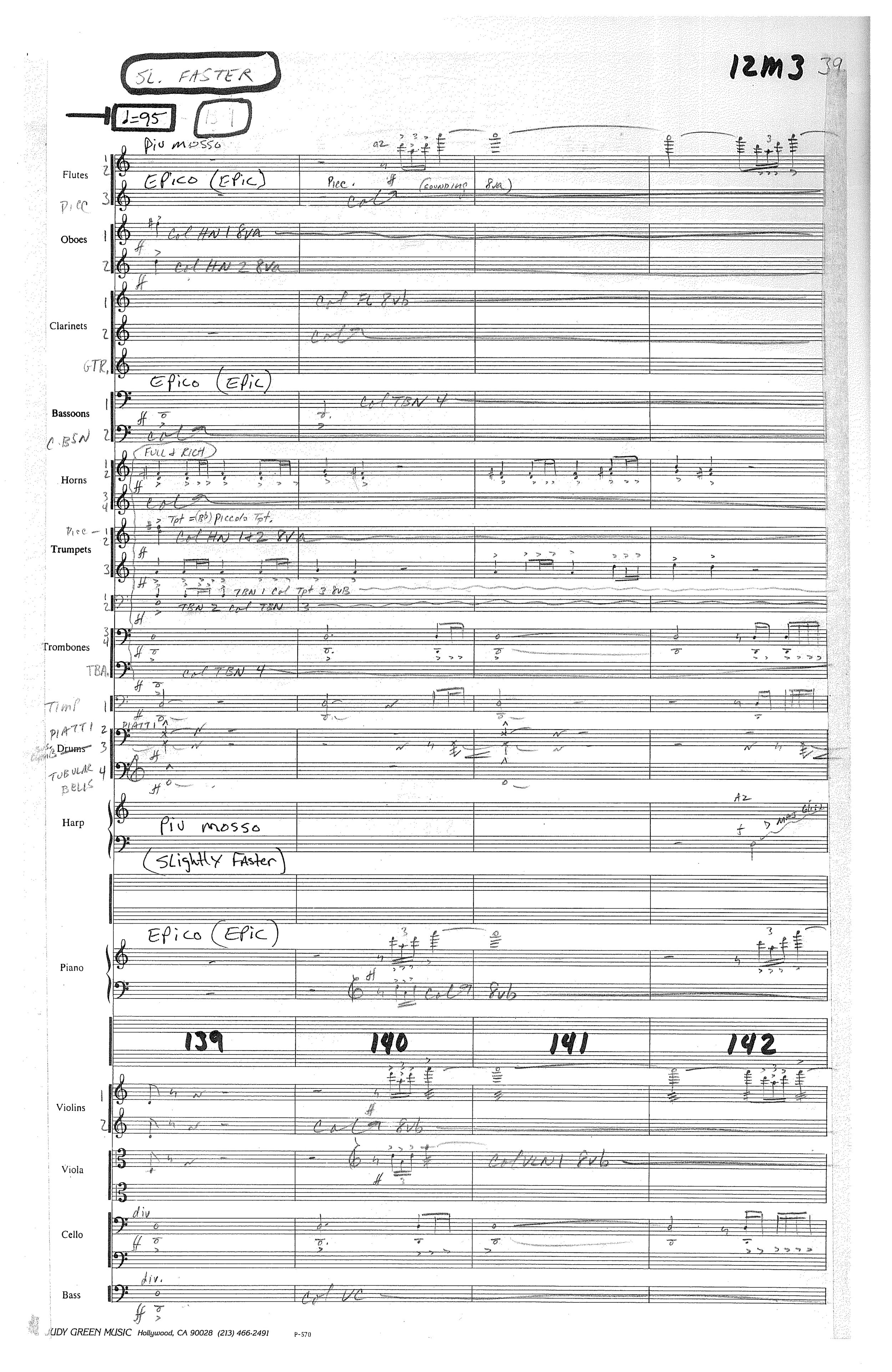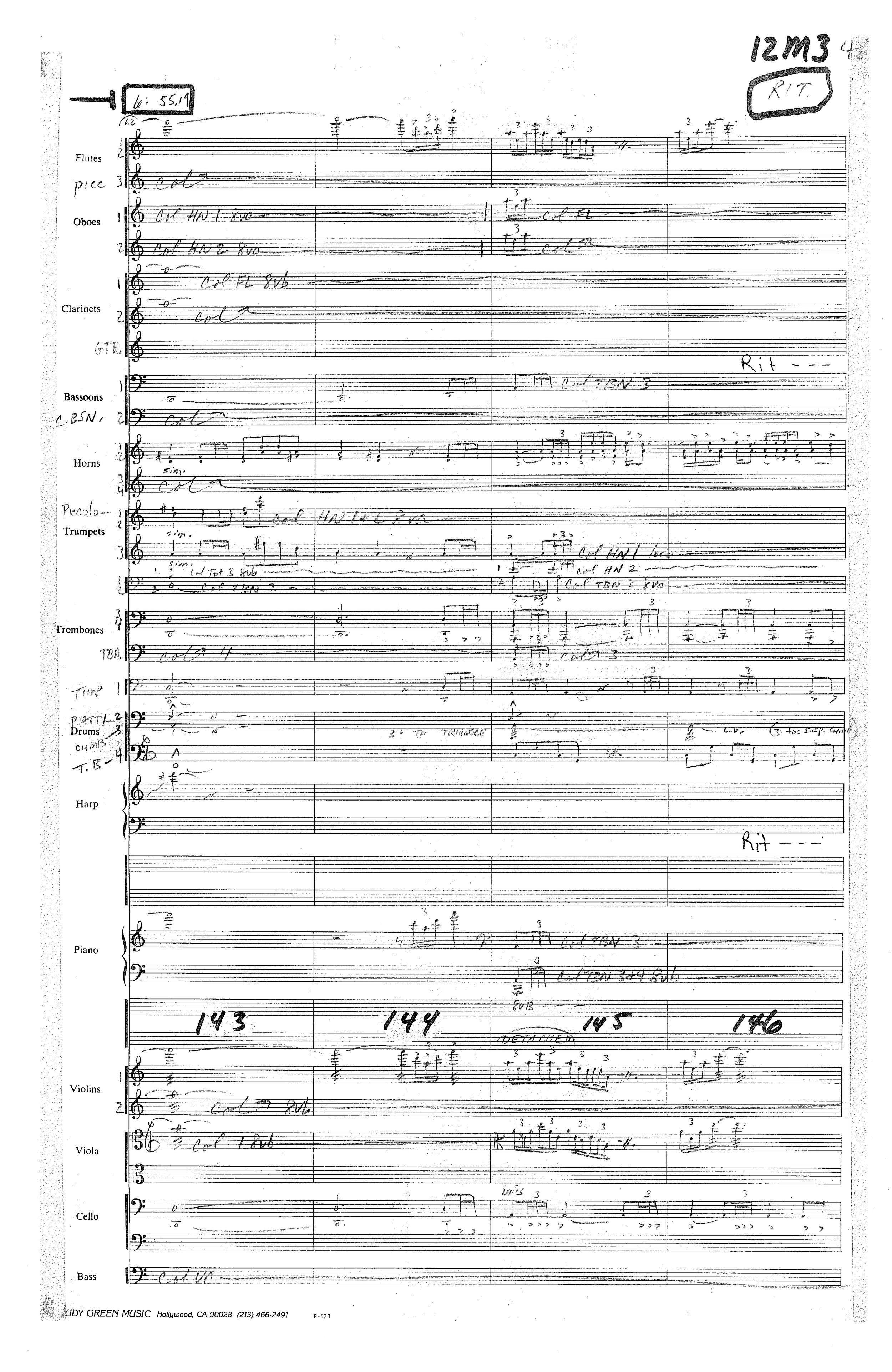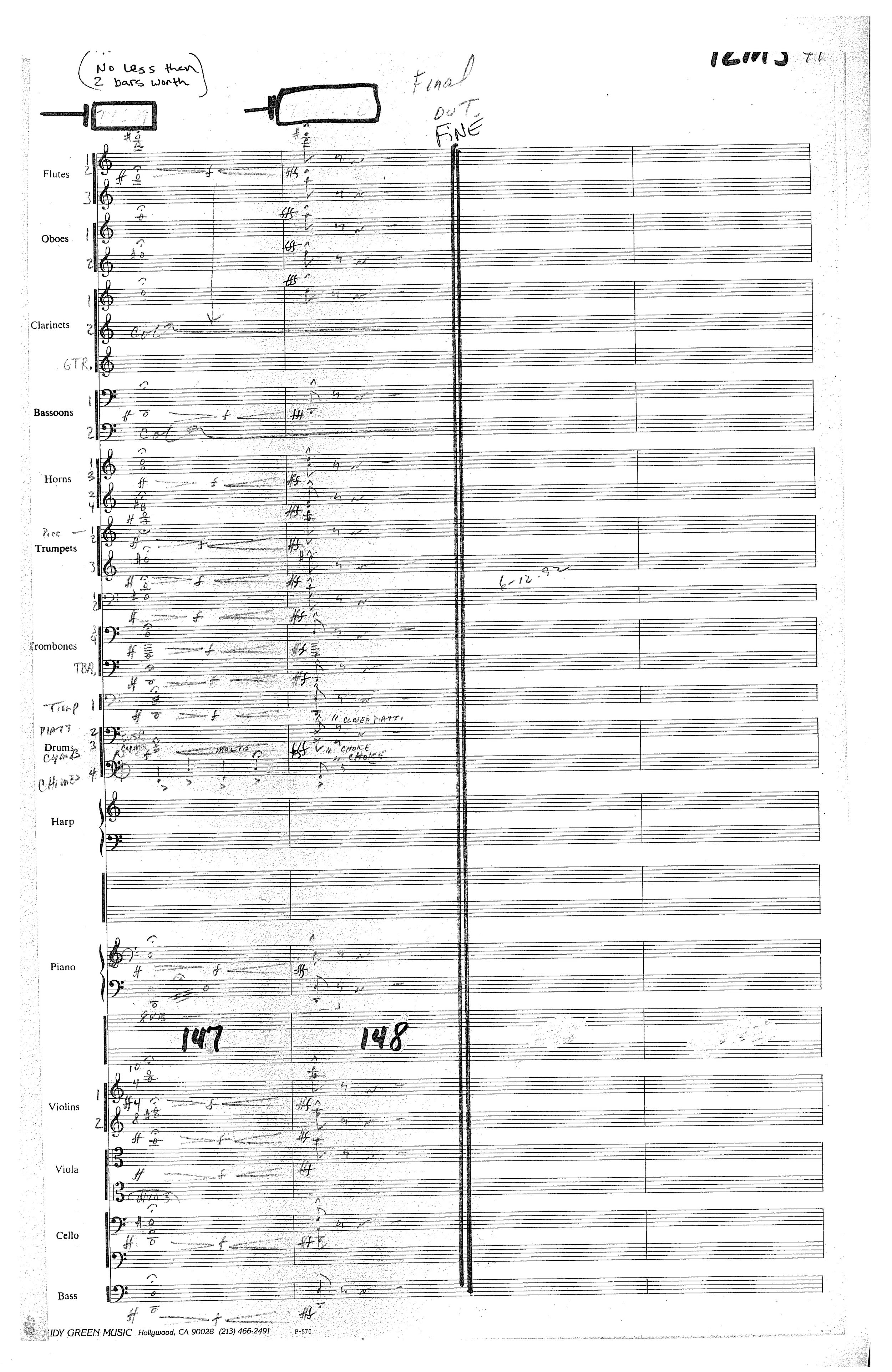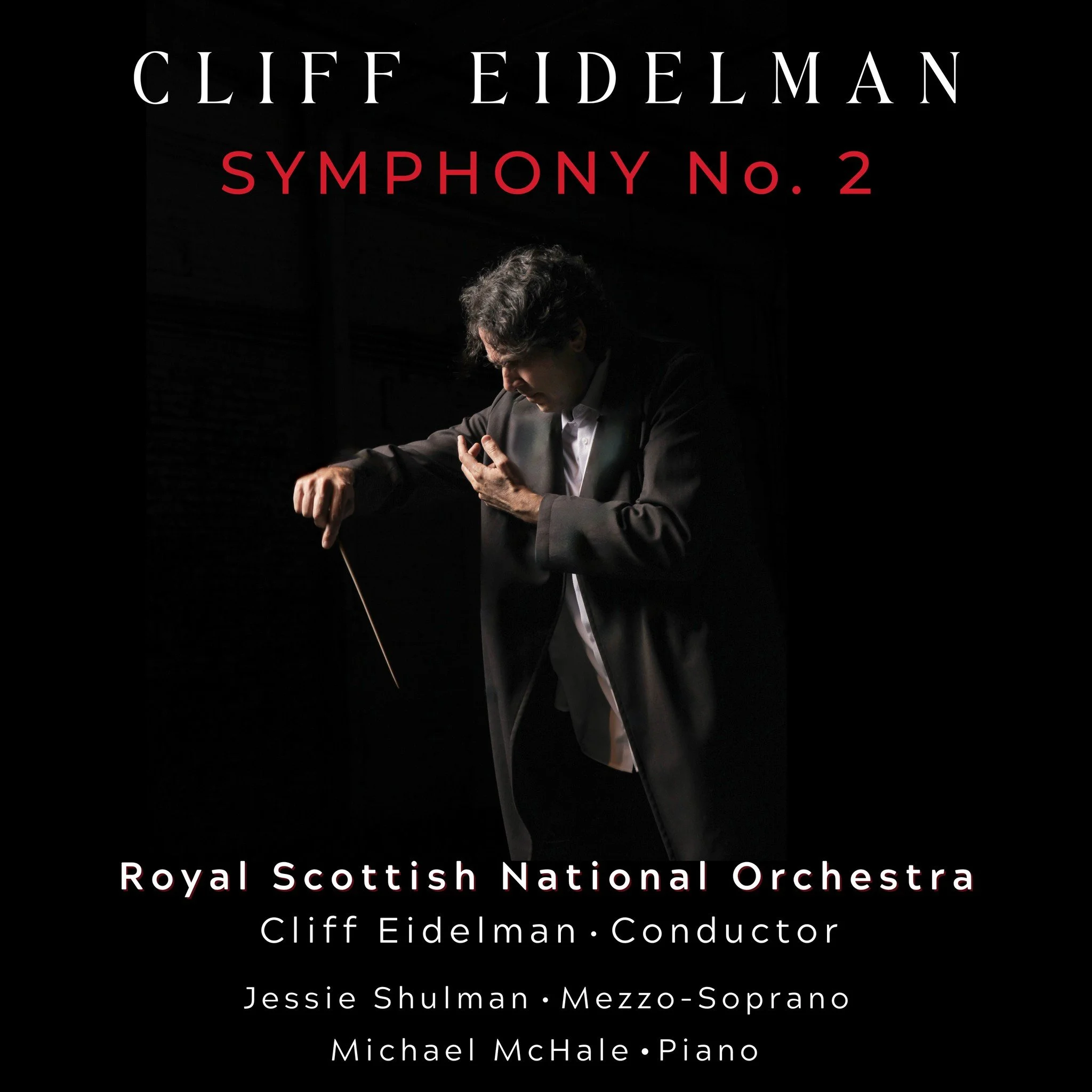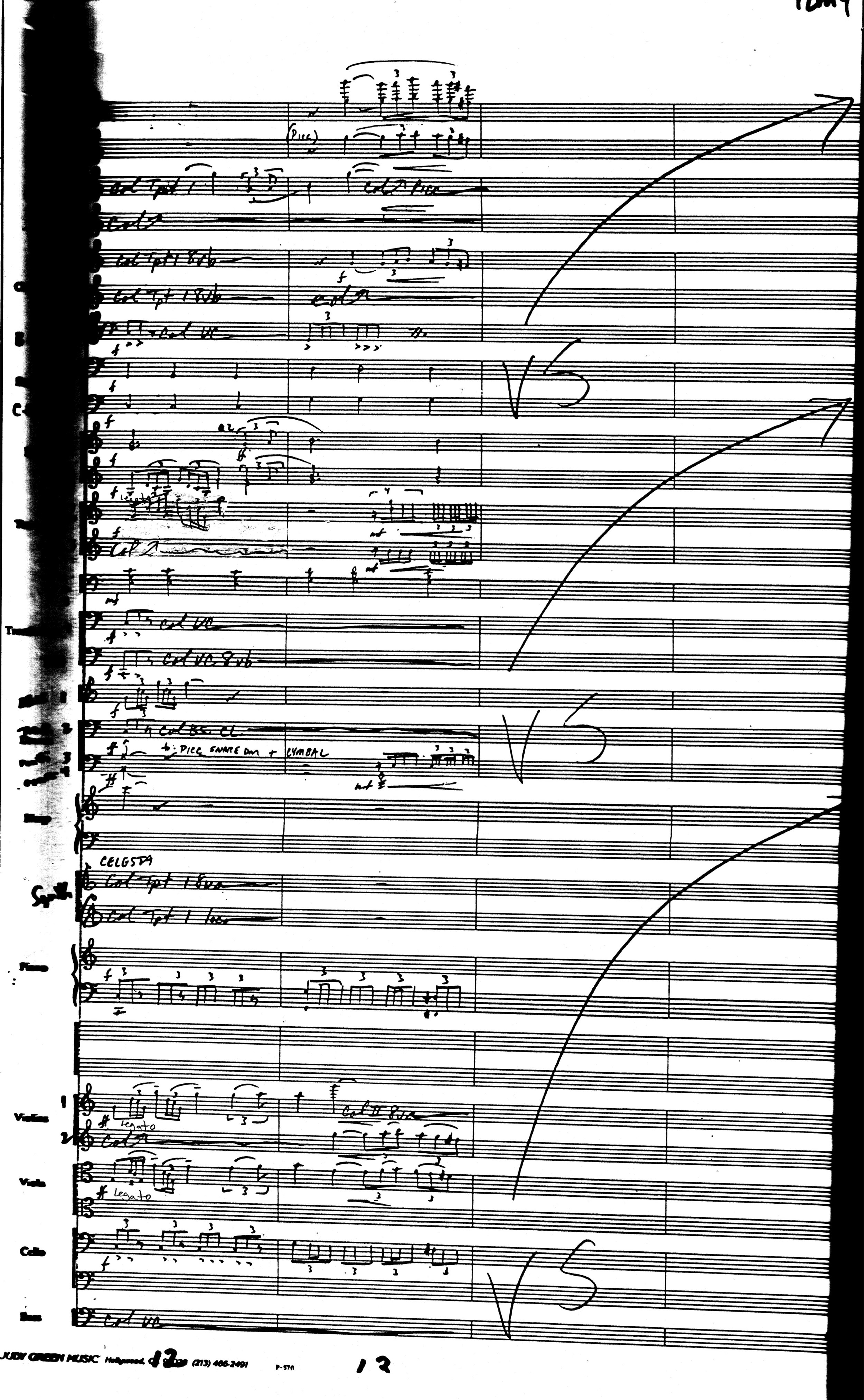An Offering for Piano
For your GRAMMY® consideration
Best Contemporary Classical Composition
An Offering for Piano was composed out of my sheer love of the piano. As a composer, this instrument’s versatility can take me to so many places, reflecting, dreaming and wandering in thought. As I wrote this 3:30 solo piano piece, I had renowned pianist Jenny Lin in mind. Jenny recorded it and I am very pleased to present its premiere.
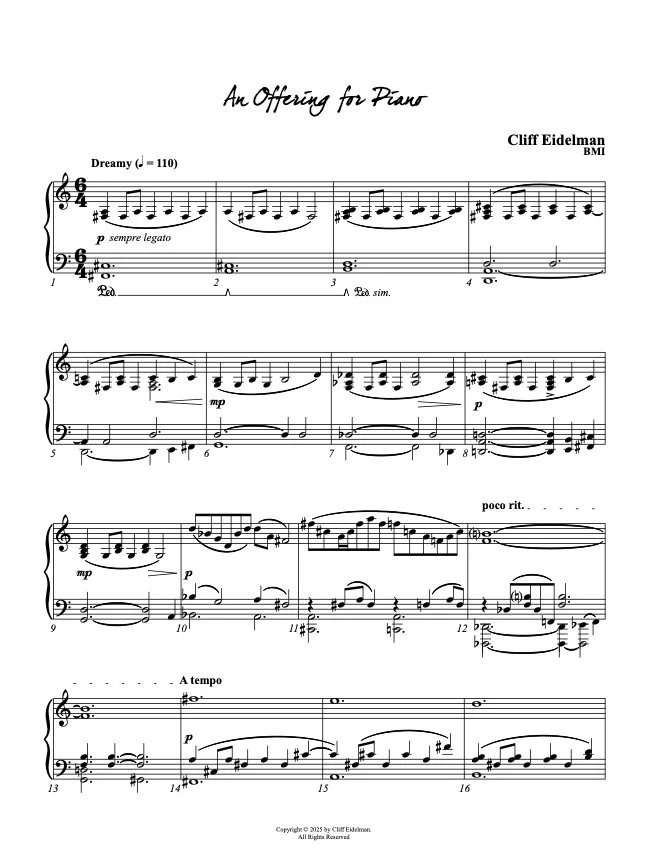
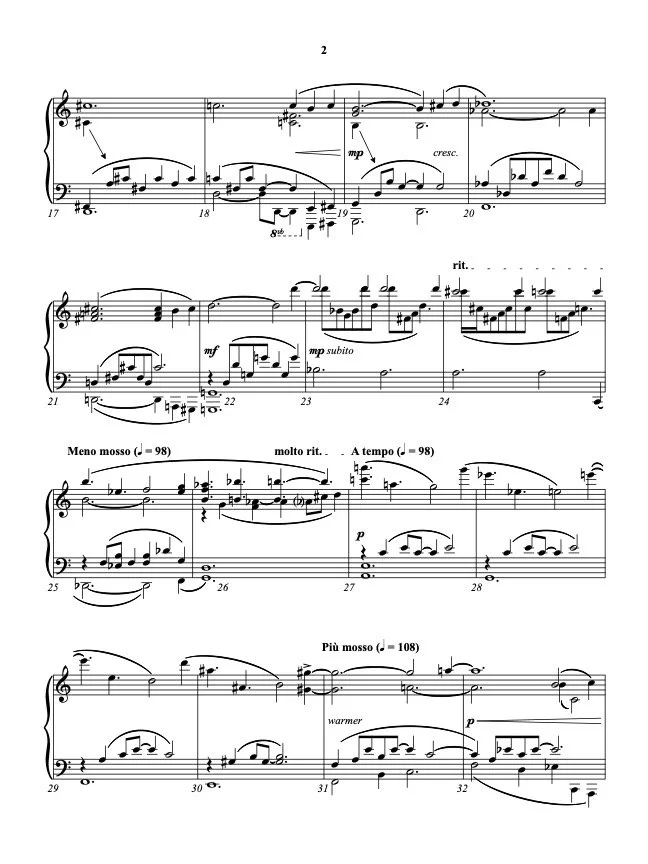
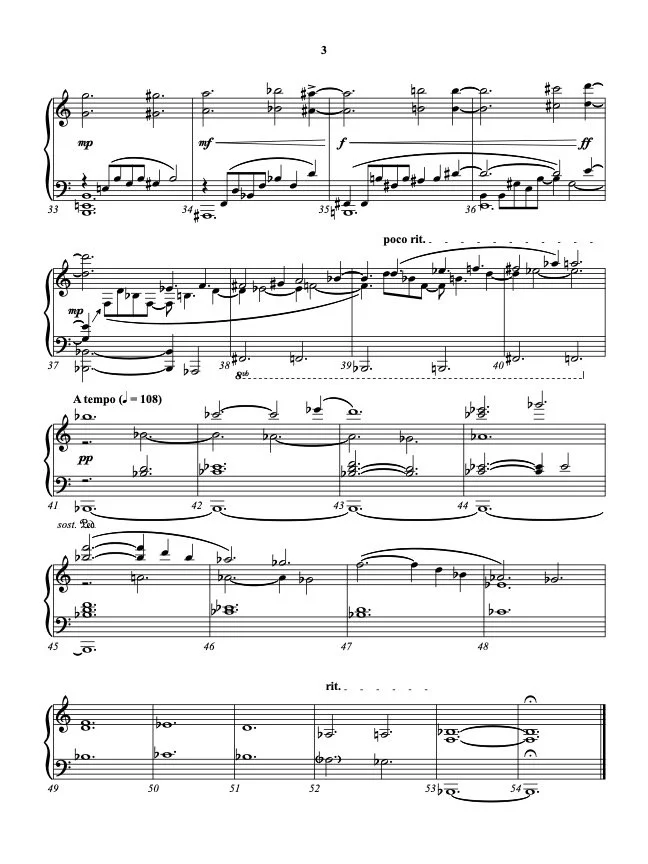
Symphony No. 2
SYMPHONY No. 2 FULL SCORE AND AUDIO BELOW FOR EACH MOVEMENT. For performance requests or PDFs of the score, go to the contact page.
Click on video to hear and watch the full score and audio together. Open full screen at bottom right square.
BRIDGES
"BRIDGES" is a solo piano work. The music is my personal reflection of the pandemic. Crossing over 4 Bridges going through different stages ultimately leading to liberation and optimism. In today's hyper-polarized world, the piece has new meanings for me; namely, the hope of building bridges between opposing points of view.
Commissioned for pianist Jenny Lin by the LIBRARY OF CONGRESS for the "Boccaccio Project” where several composers were paired with performers to reflect on the lockdown we were all going through. Each piece had to be around 3 minutes.
Click on top of score to turn pages.




RISING UP
Make it stand out
Whatever it is, the way you tell your story online can make all the difference.
I contributed one track "RISING UP" to the album "FRESH AIR - BREATHE OUT" released by my agency and record label AIR-EDEL as a fundraiser for the charity "Breathe Arts Health Research". I composed and recorded it during the stay-at-home orders. Though my piece is only 2:40, I wanted to convey uncertainties with the strident high register piano notes representing unsettled tinges of anxiety in suspension, the middle section bringing signs of sunlight and air coming back into our lives, culminating toward optimism, rising into liberation and a return into the world.
Night in the Gallery
About the Work
I was thinking about new music to write while staring at a blank page of manuscript. I looked up at my bookshelf and noticed a book of paintings called “Treasures of the Louvre.” I love visuals and stories, I opened this book and started to stare at paintings such as Rembrandt’s “Bathsheba Bathing,” Watteau’s “Pierrot” formally known as “Gilles,” The Embarkation for the Island of Cythera,” Géricault’s “Mounted Officer of the Imperial Guard,” and Boucher’s “Diana Bathing.” I soon checked out other paintings from the museum including de La Tour’s “The Cheat with the Ace of Diamonds” and other great works from galleries around the world. I imagined some of the characters from these paintings jumping right off the canvas and into life through music. Soon I stopped looking at all these paintings and just allowed the music to take me on its own journey. Other works that inspired me include Chagall’s “Branche” (The Branch) and “L’Acrobrate” (Acrobat) and Vernet’s “A Shipwreck in Stormy Seas” and set them against the music. Night in the Gallery is a four-movement chamber orchestra work. — Cliff Eidelman
Recorded January 29, 2018 by Members of the London Symphony Orchestra with Michael McHale on piano at Abbey Road Studios.
Click on top of score to turn pages.
Symphony for Orchestra and Two Pianos
About The Work
"This Symphony for Orchestra and Two Pianos was composed for full Orchestra, it has three movements and two double piano cadenzas. Though this three-movement work does not tell a specific story, as I began to form my initial thematic ideas, I imagined abstract scenes inspired by the movement of water. The concept of motion then extended to many forms and became a connecting link. I went on an array of different paths from large scale swirling oceans, unworldly fantasy characters to intimacy of serene water with its beauty and yearnings.
As I have always loved music that leaves me with a sense of hope and optimism, I too embraced this path for the ending of this work."
Click on video to hear and watch the full score and audio together. Open full screen at bottom right square.
Triumph of the Spirit
About the Work
In 1989, I was hired to compose the music for the film Triumph of the Spirit. To this day it remains one of my most cherished film scores. Directed by Robert M. Young and starring Willem Dafoe and Edward James Olmos, the screenplay was inspired by true events. These events are about a former Greek Olympic boxer who was taken as a prisoner during World war II and placed in the Auschwitz prison camp. There, he was permitted to survive as long as he fought for the amusement of his captors. For the music, I used a mostly western symphony orchestra with added ethnic instruments founds in Jewish Sephardic parts of the world where this story originates. The choir parts are mainly Jewish liturgy translated into Ladino by Cantor Bernard Savitz. Composing this score remains one of my most challenging and deeply felt efforts.
Cliff Eidelman conducts Triumph of the Spirit with the Fairfax Choral Society
Click on top of score to turn pages.


















































The Tempest
THE TEMPEST
The Storm: Movement I
The Island: Movement II
Love: Movement III
Click Here to View the Full Score
About the Work
The Tempest is a little over sixteen minutes and is a tone poem in 3 sections. I set Shakespeare's final play over 3,500 years ago on a mythical island near Jerusalem. “THE STORM: MOVEMENT I” begins with a sudden storm at sea brought about by the main character and magician, Prospero. The movement ends with a soft cello melody as the ship finally settles onto the island. The high flute and harp introduce Prospero’s spirit servant Ariel, who leads shipwrecked Ferdinand to Prospero, leaving the rest of the crew to deal with their own fate.
The quick paced trumpets start the second section “THE ISLAND: MOVEMENT II” Here, an impression of interaction occurs between many of the characters and Prospero. The sudden forceful interruptions played by the trombones and trumpets symbolize Prospero using his magic to change the course of action in order to serve his main ambition, marrying his daughter Miranda to Ferdinand. The French horn theme characterizes Prospero as he heroically comes closer to his dream. This movement ends as Prospero tests Ferdinand’s love for Miranda through tedious labor tasks. Soft strings start off the final section “LOVE: MOVEMENT III” as the marriage and love of Ferdinand and Miranda is celebrated. Toward the end, the low trombones and bassoons remind the couple that darkness still lurks even though all seems so perfect. Prospero blissfully watches Miranda as she sails off into the sunset with Ferdinand.
FULL SCORE
Click on top of score to turn pages.
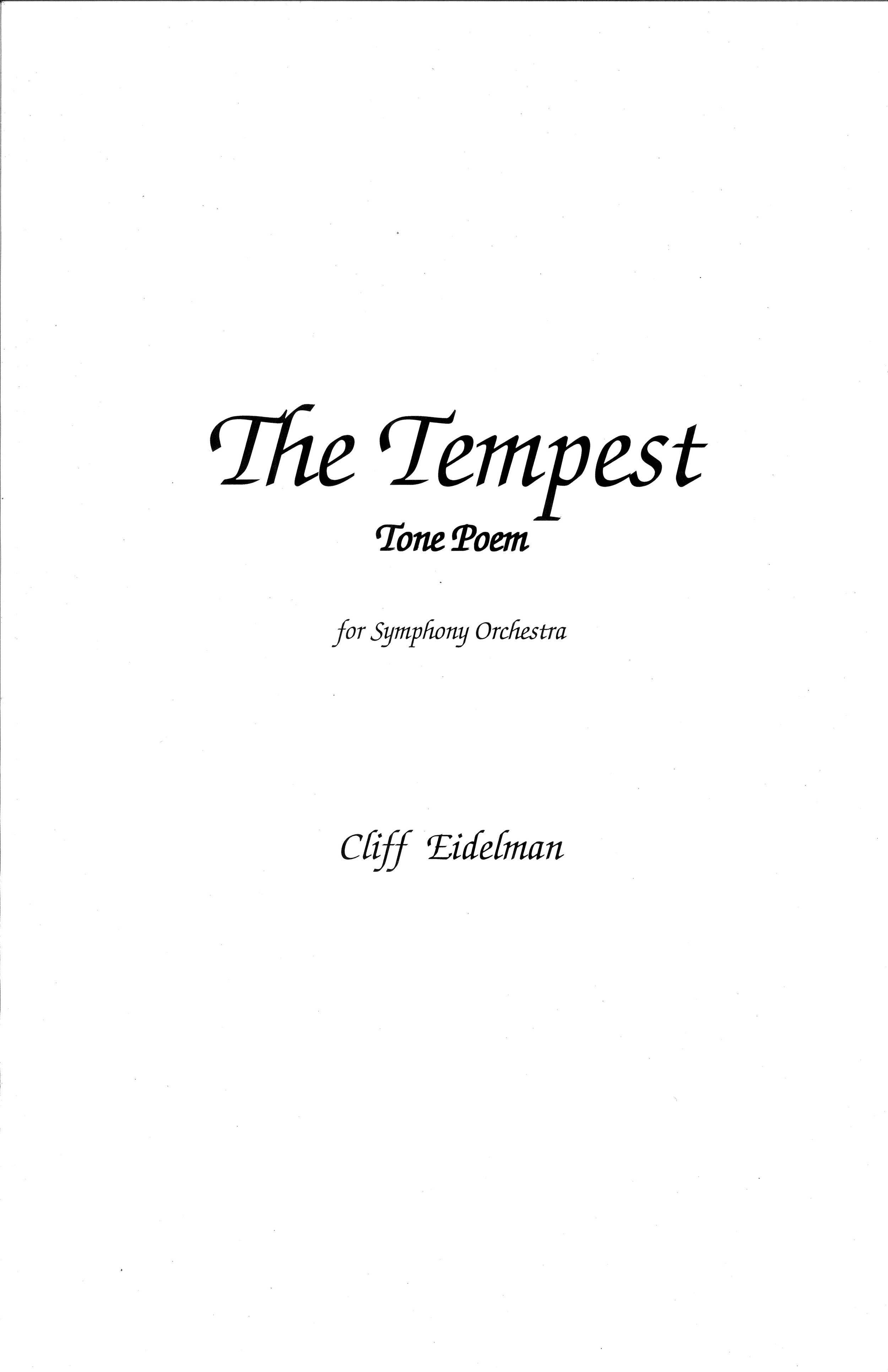
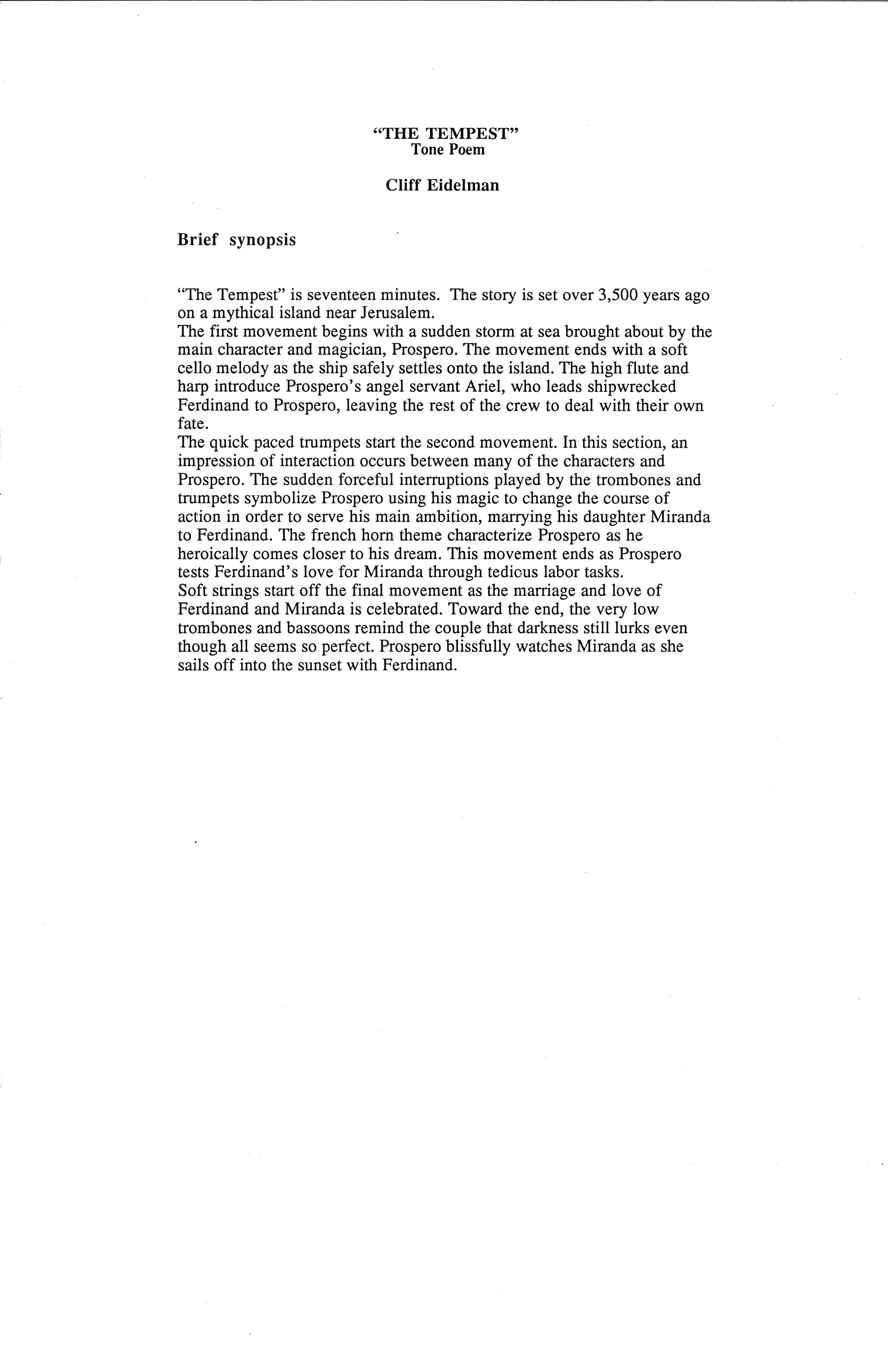
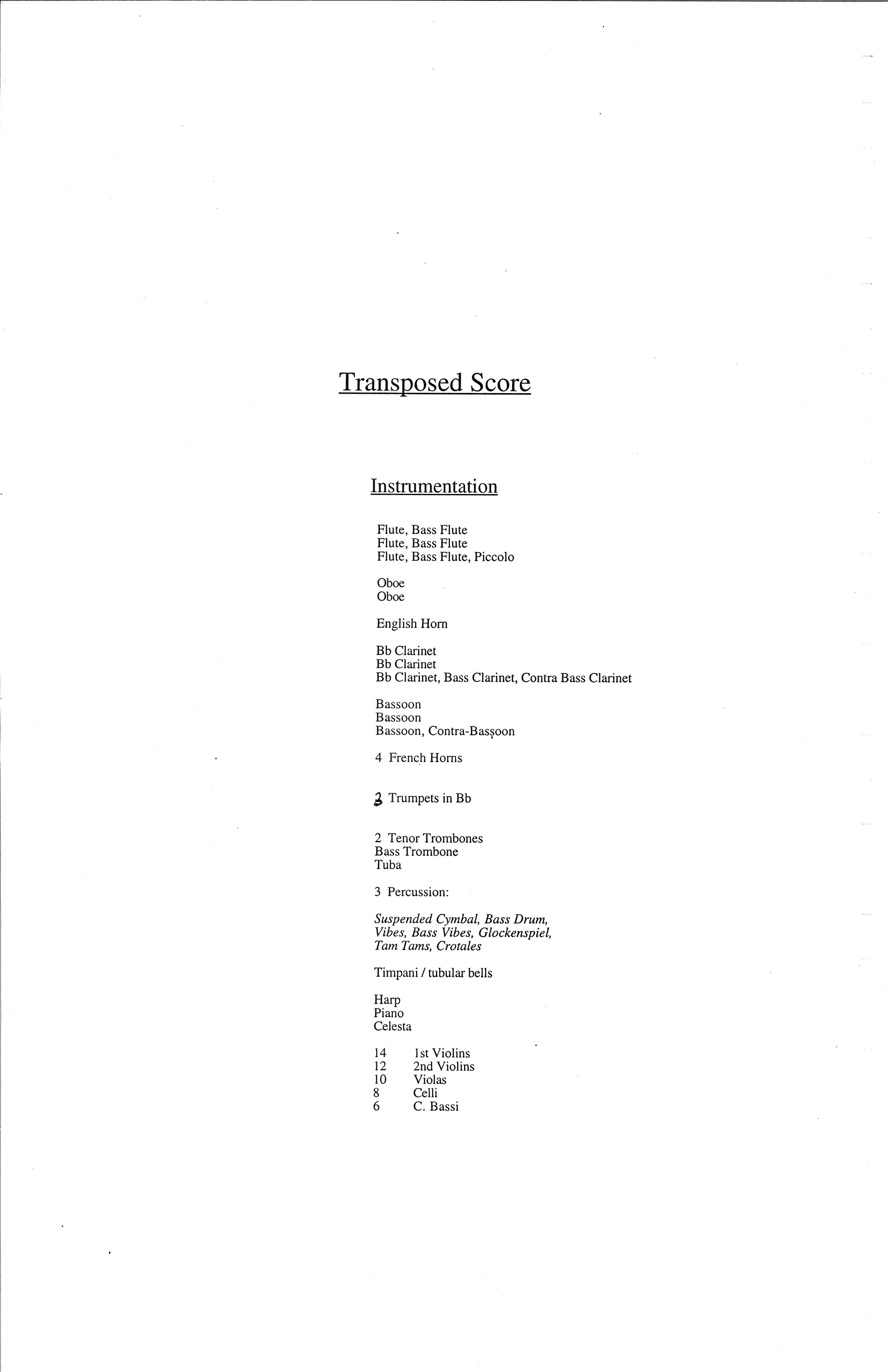
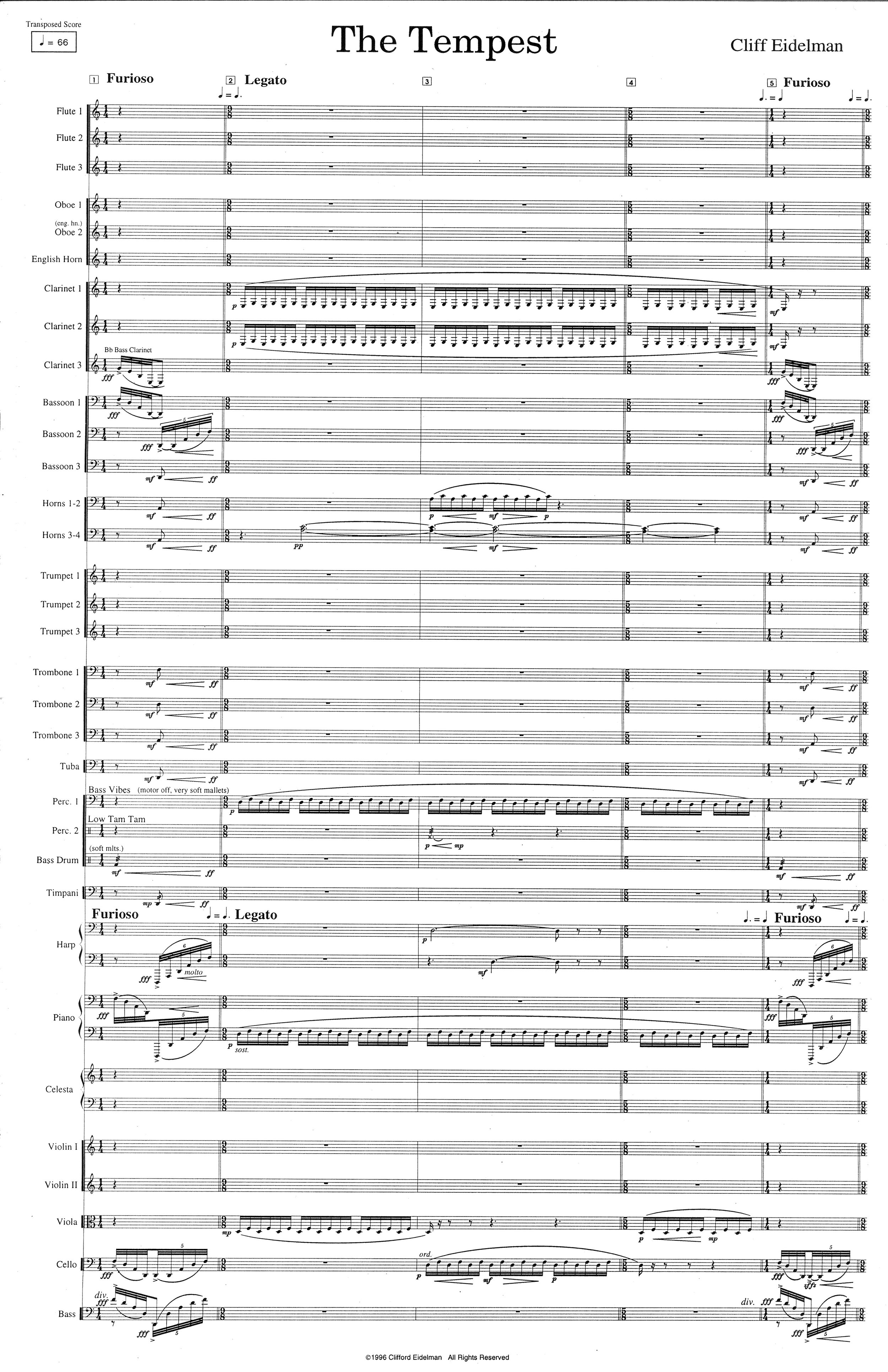
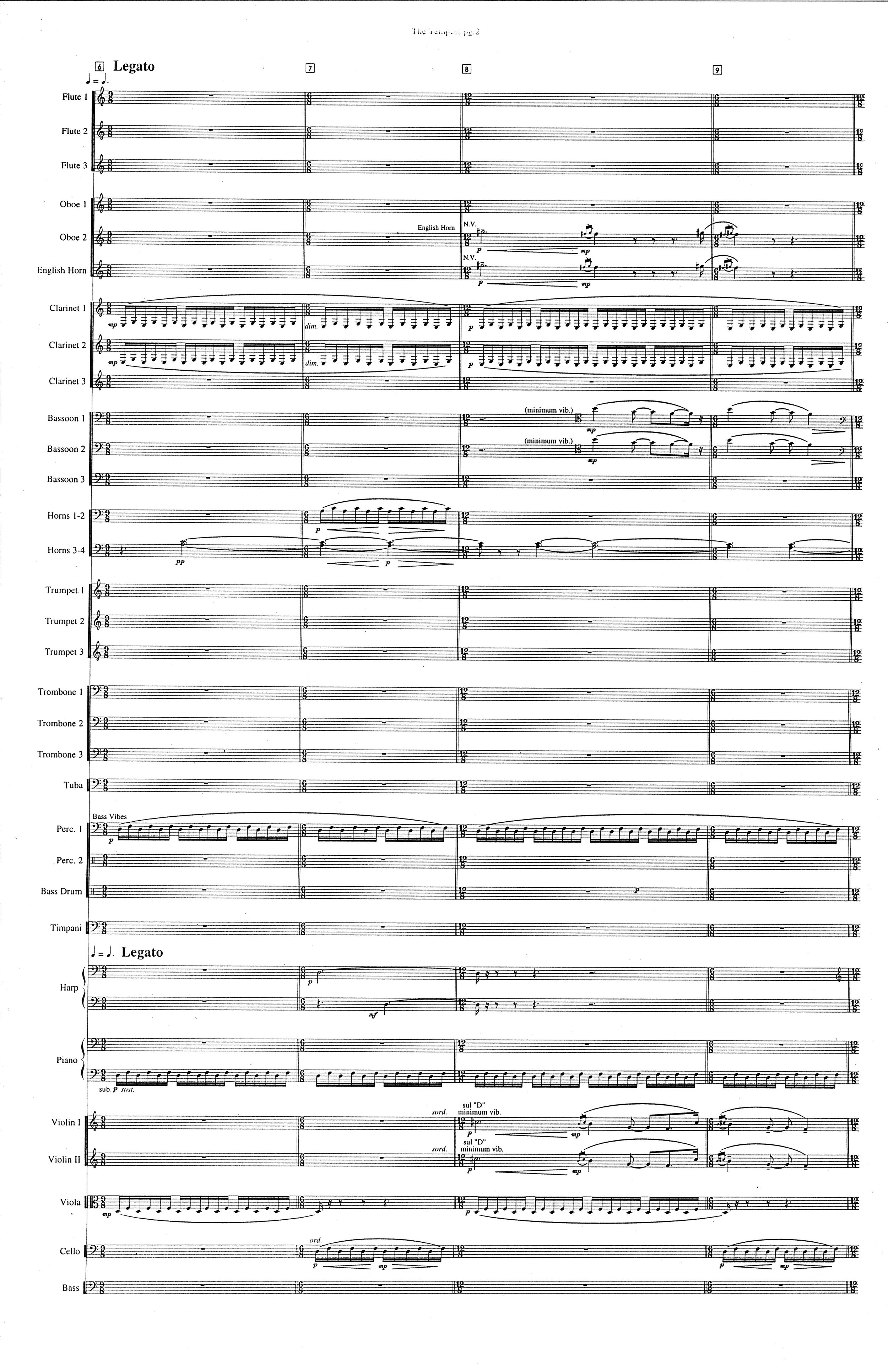
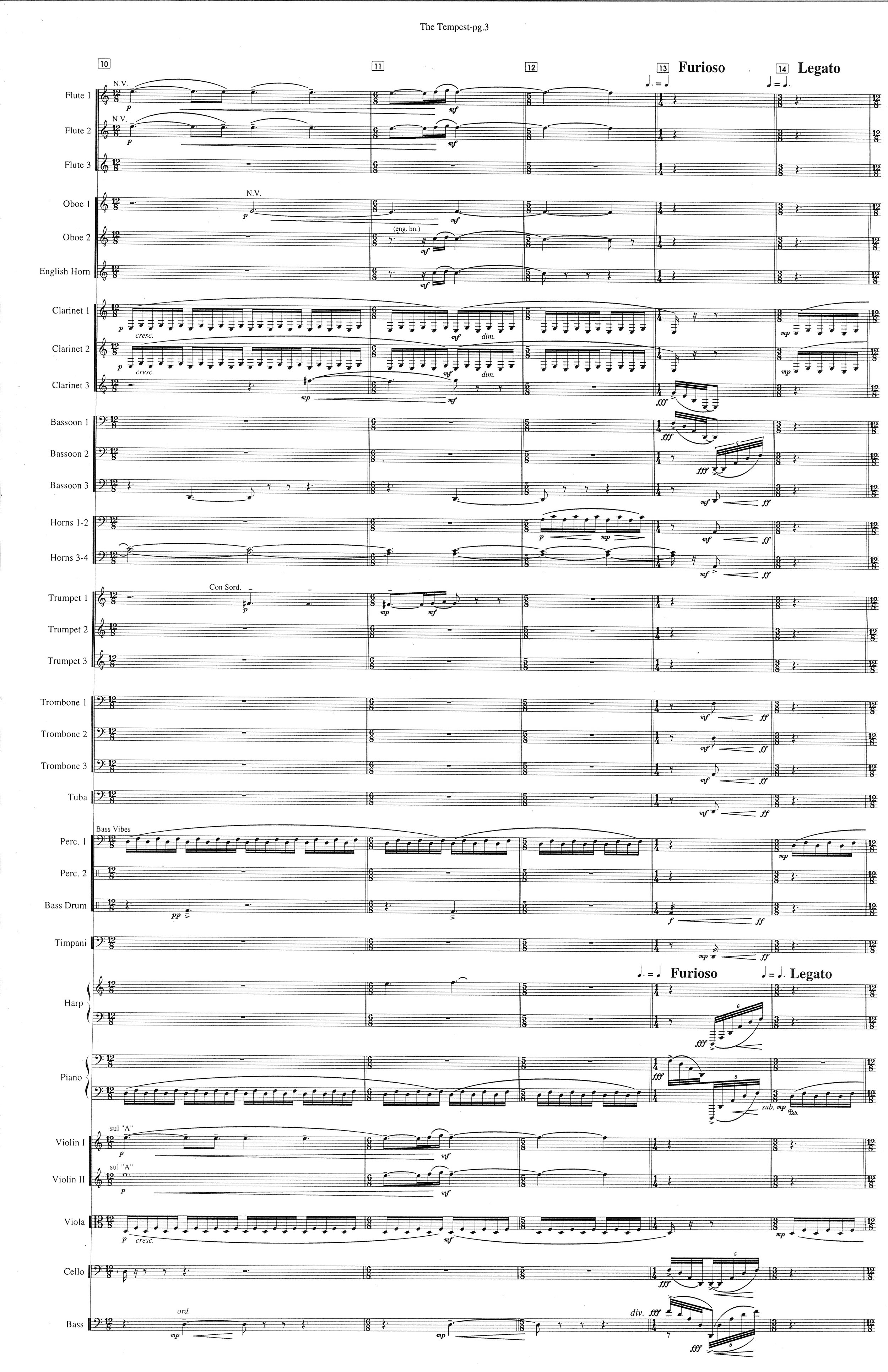
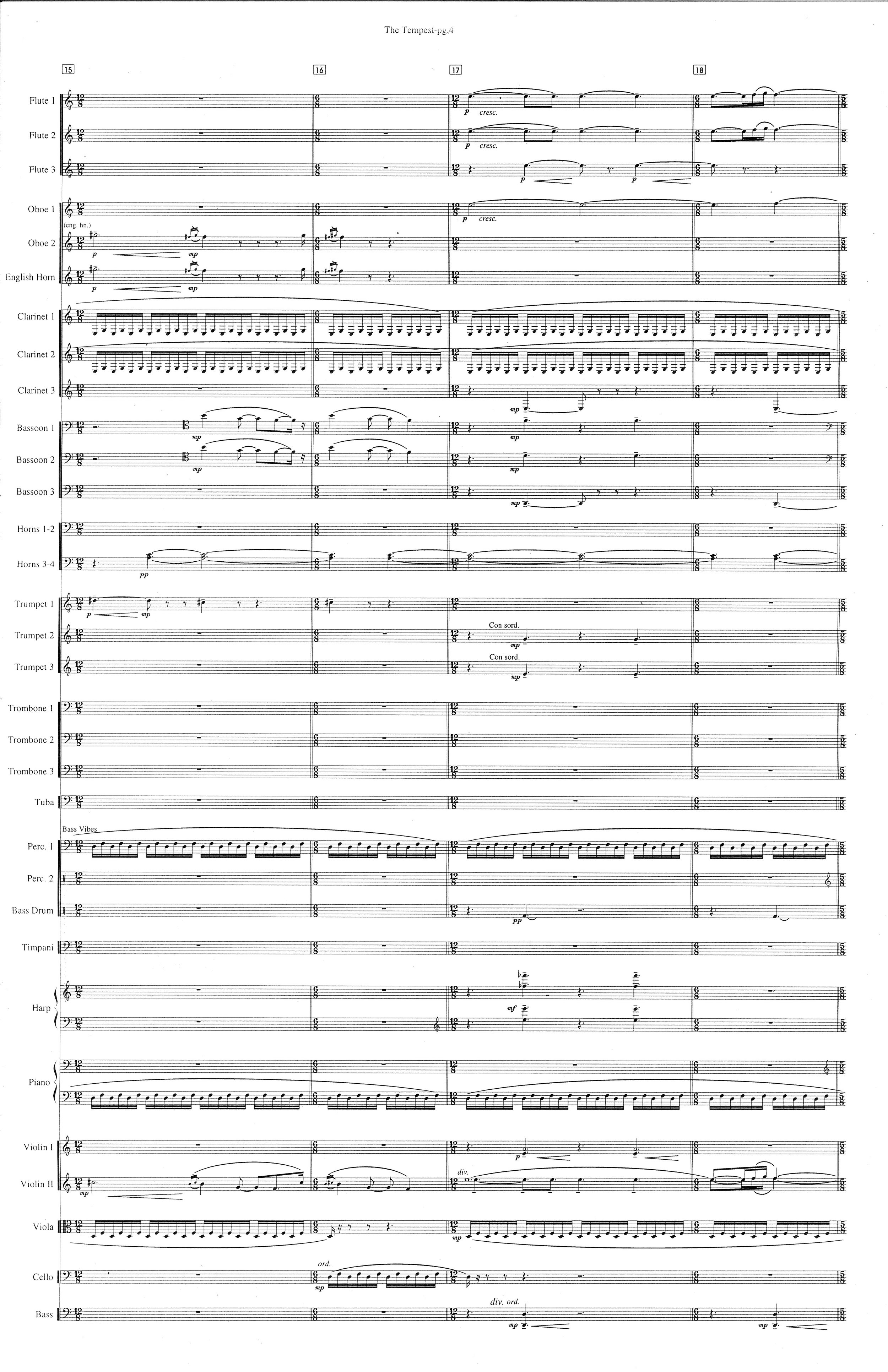
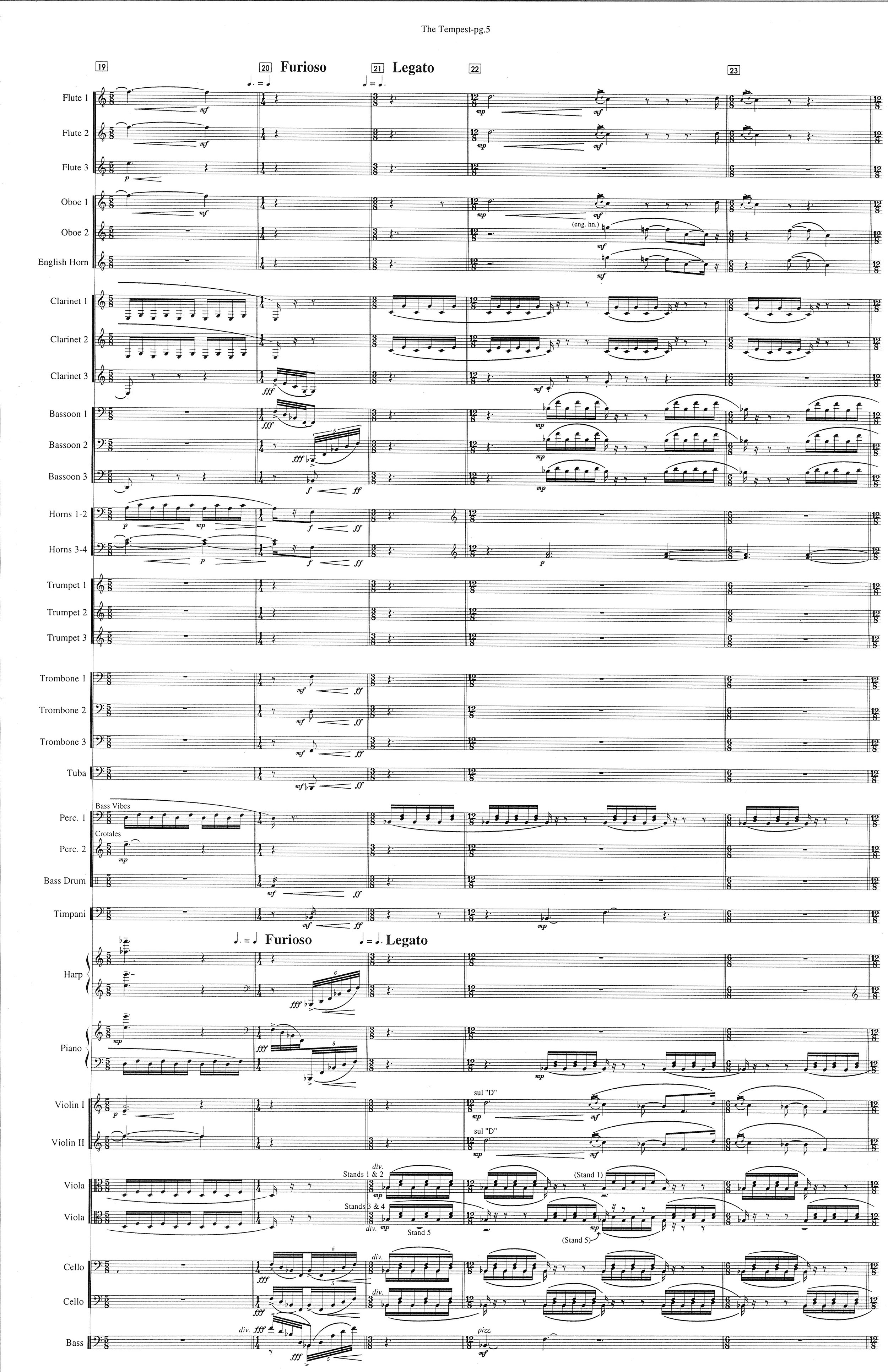
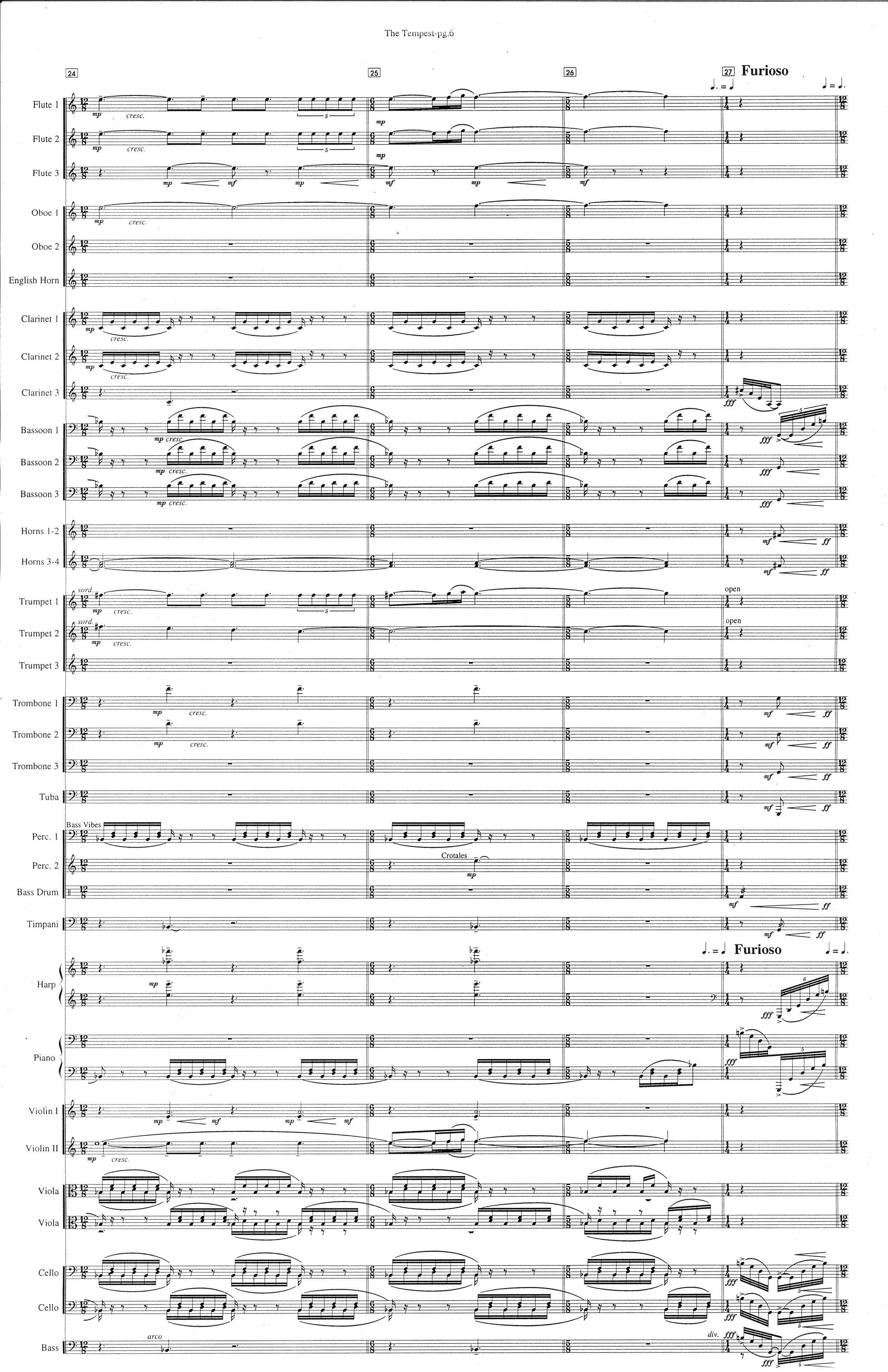
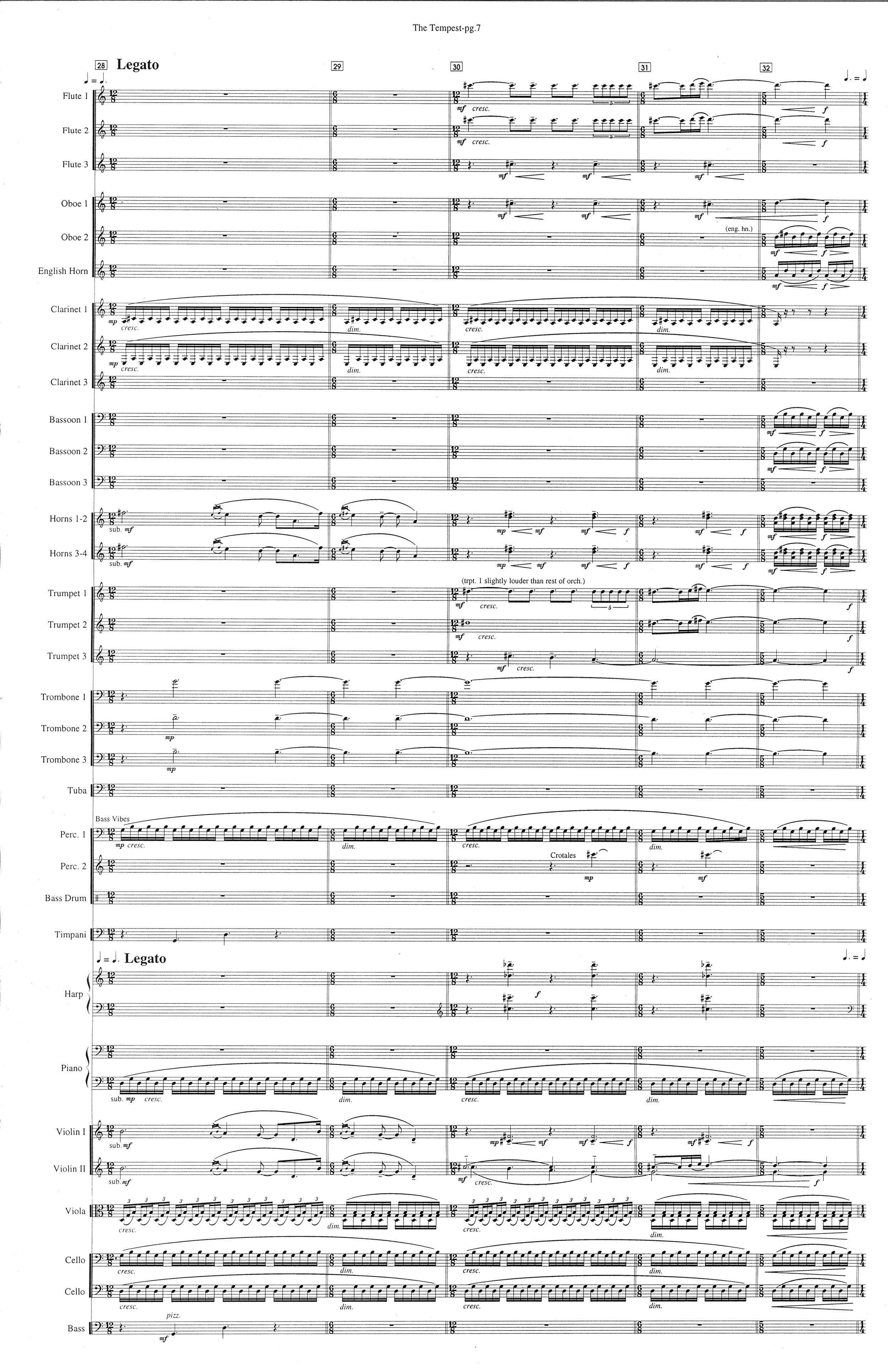
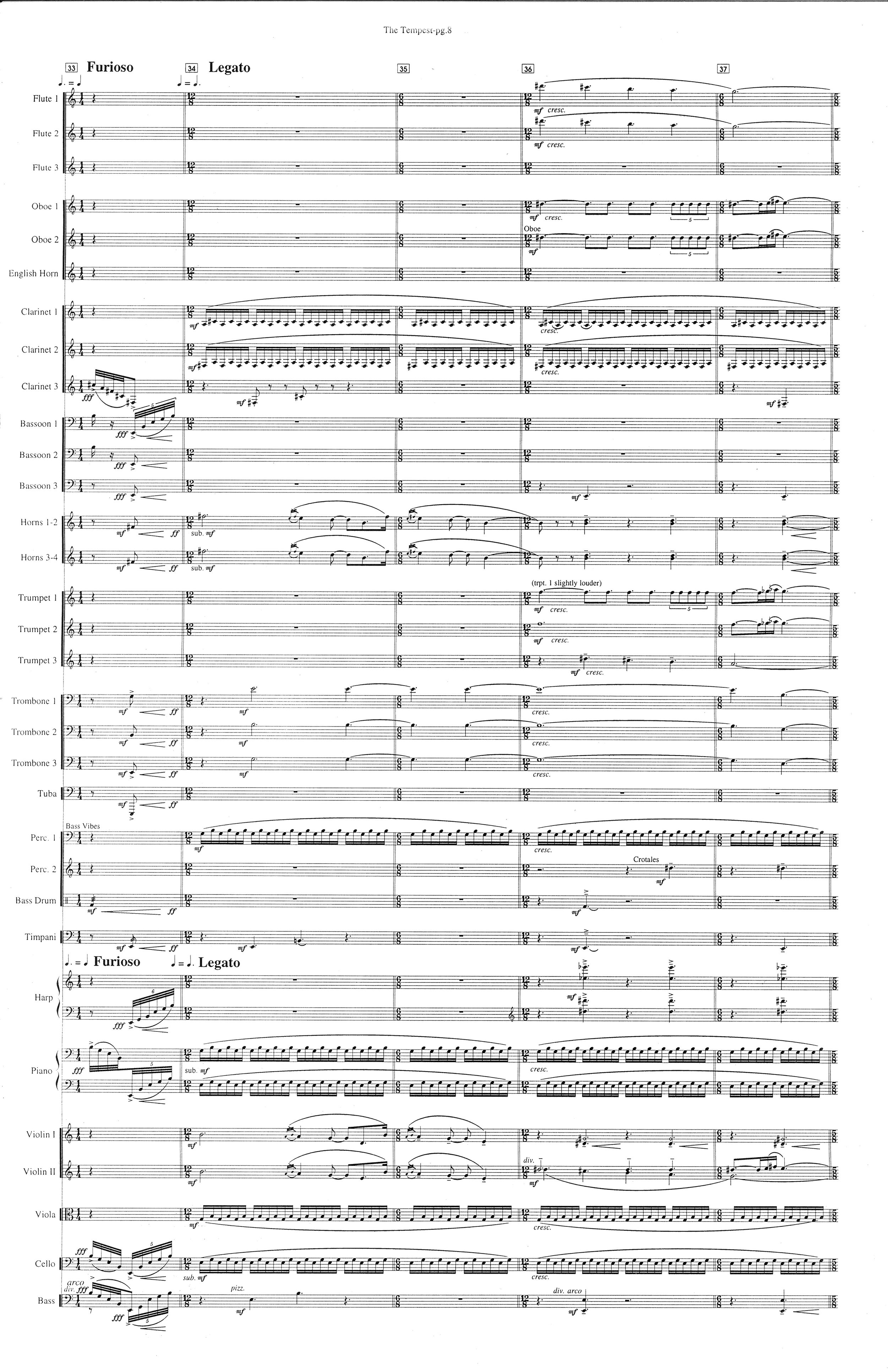
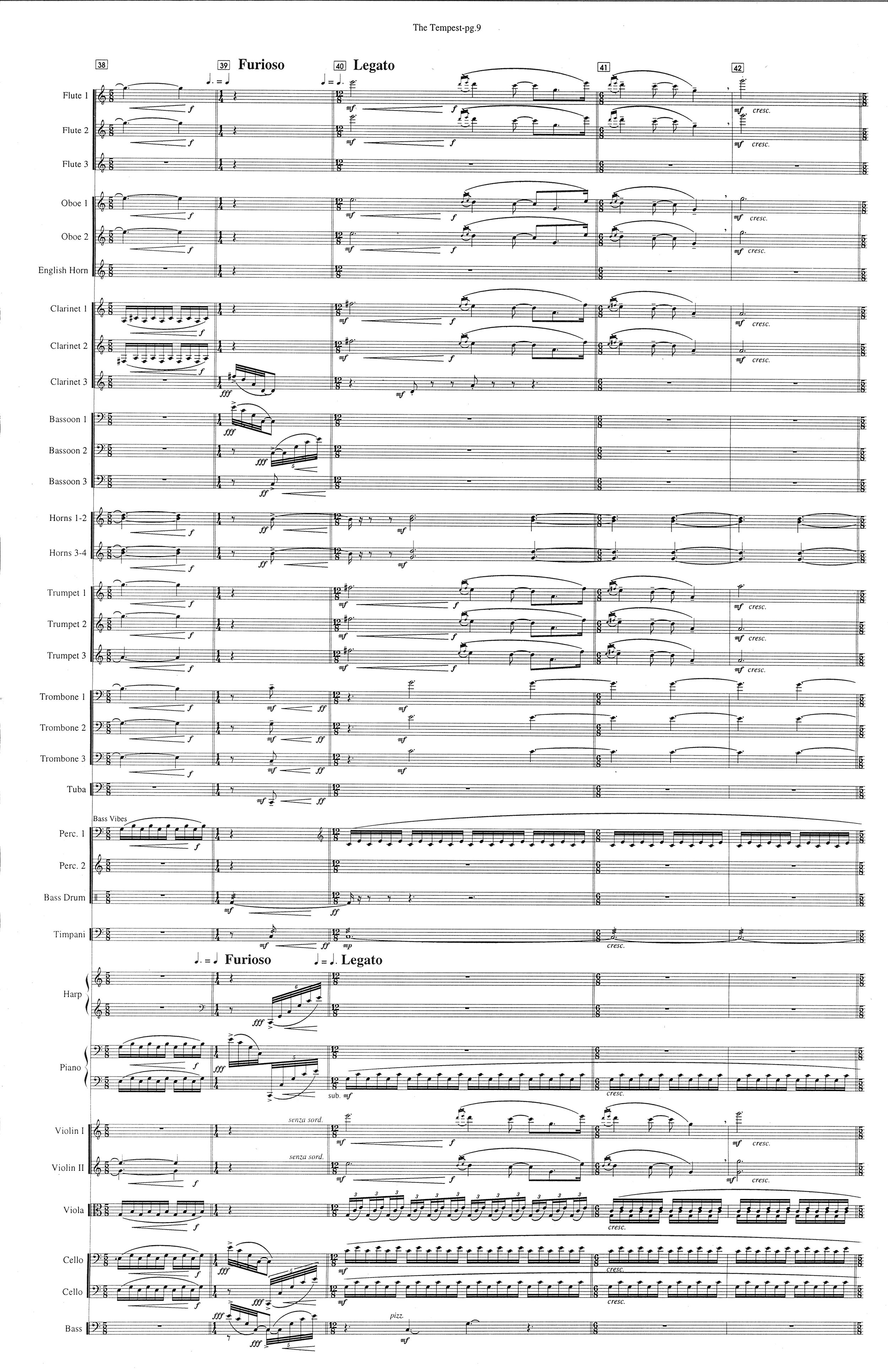
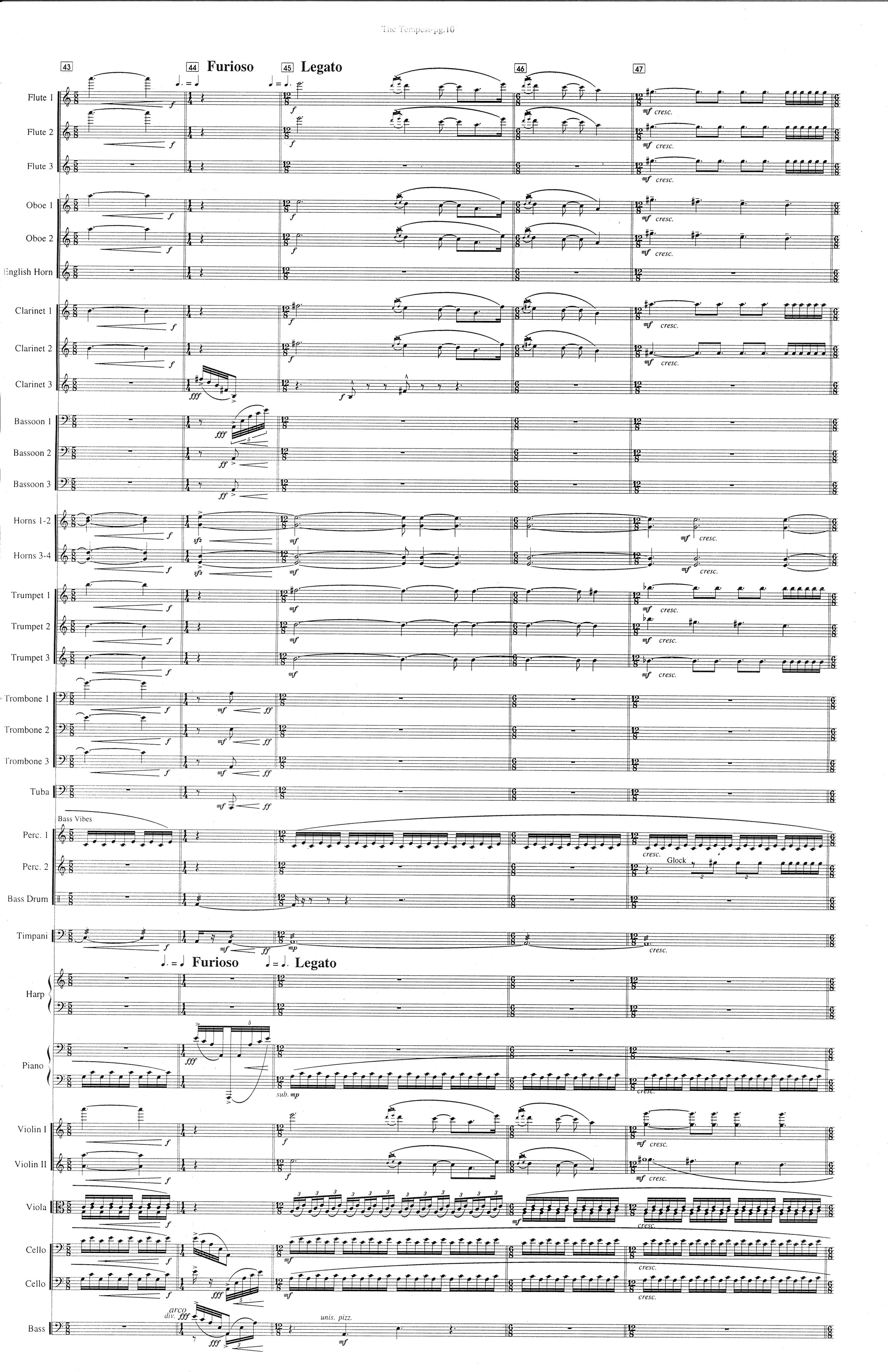
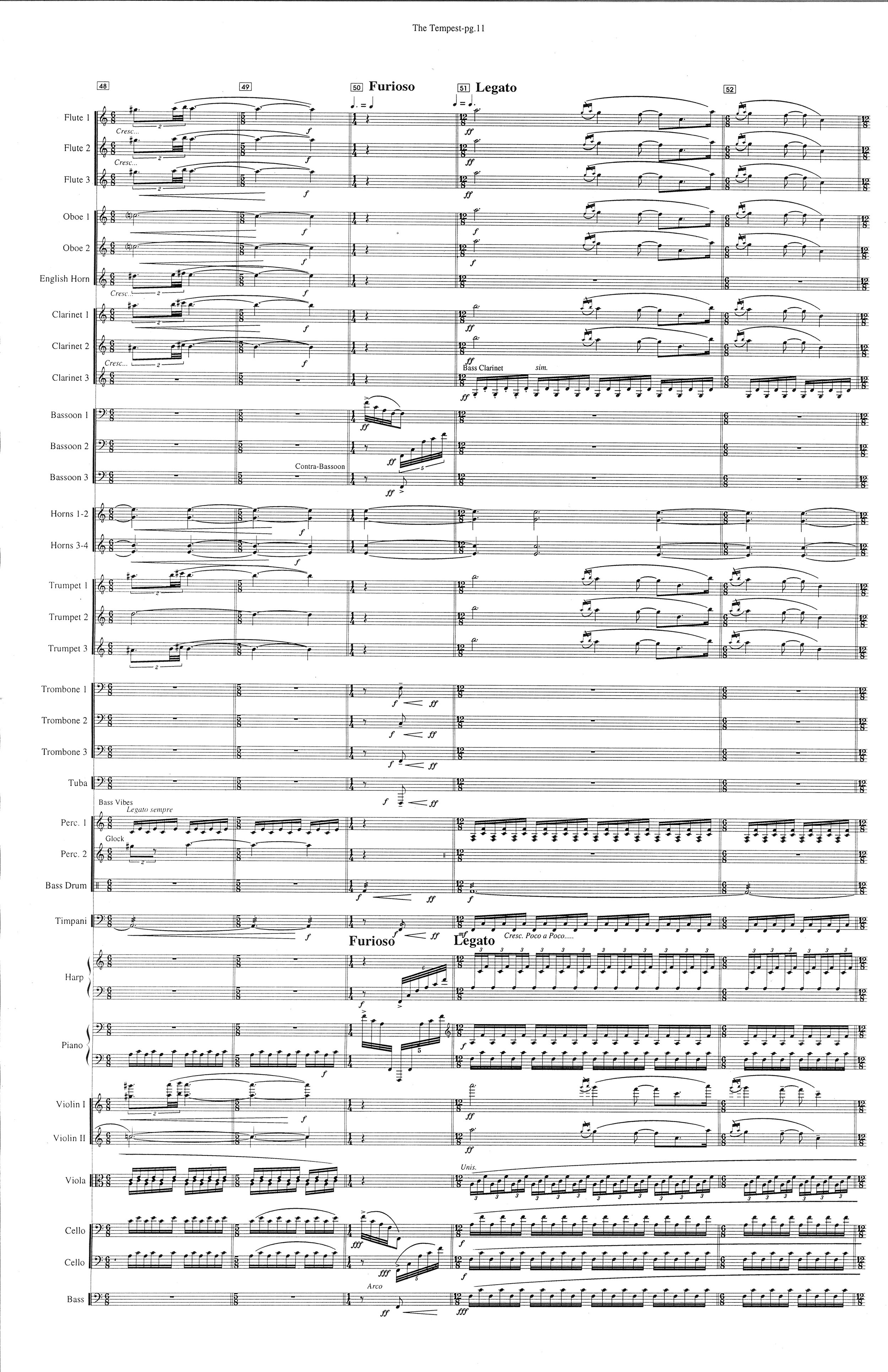
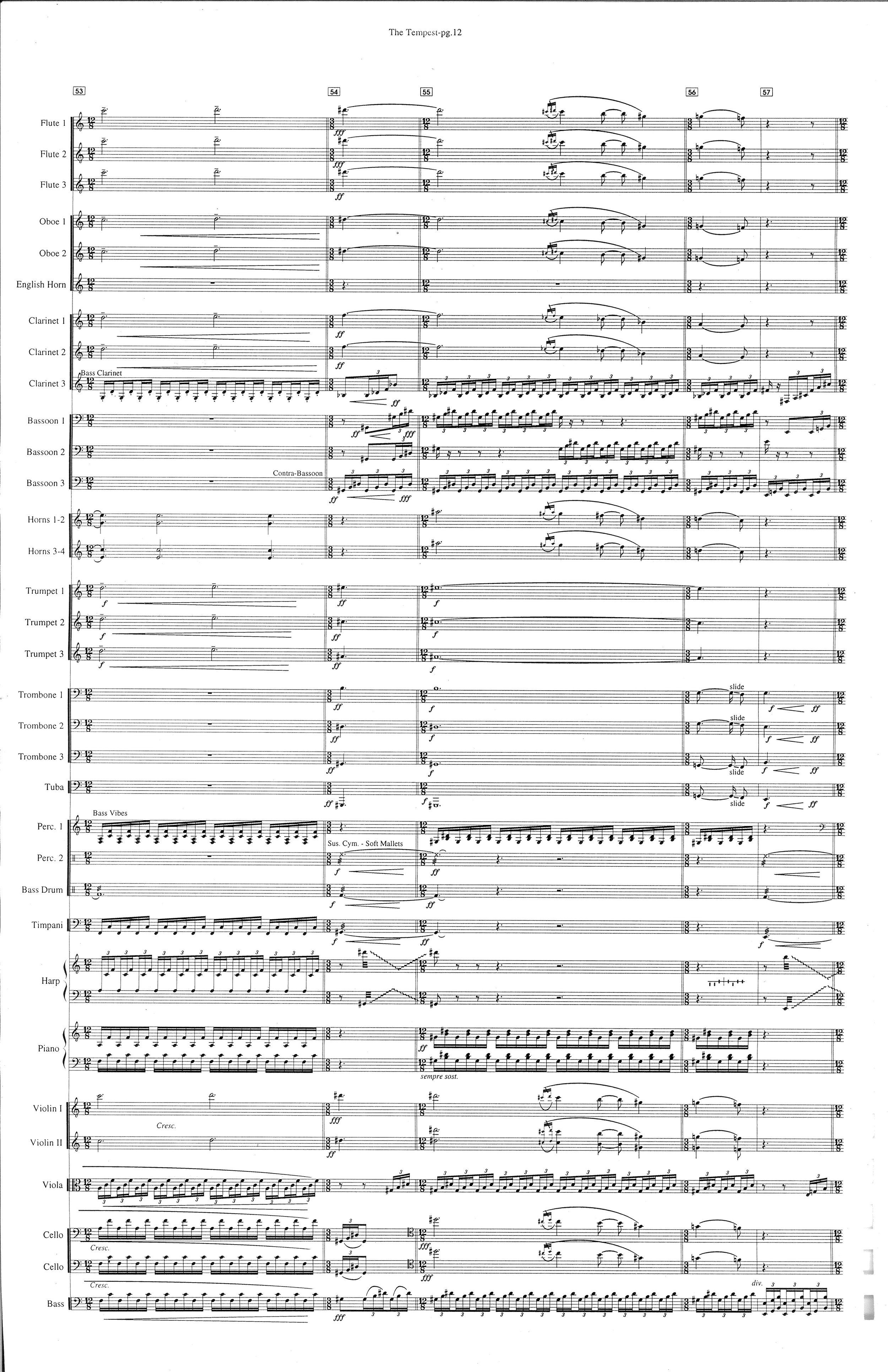
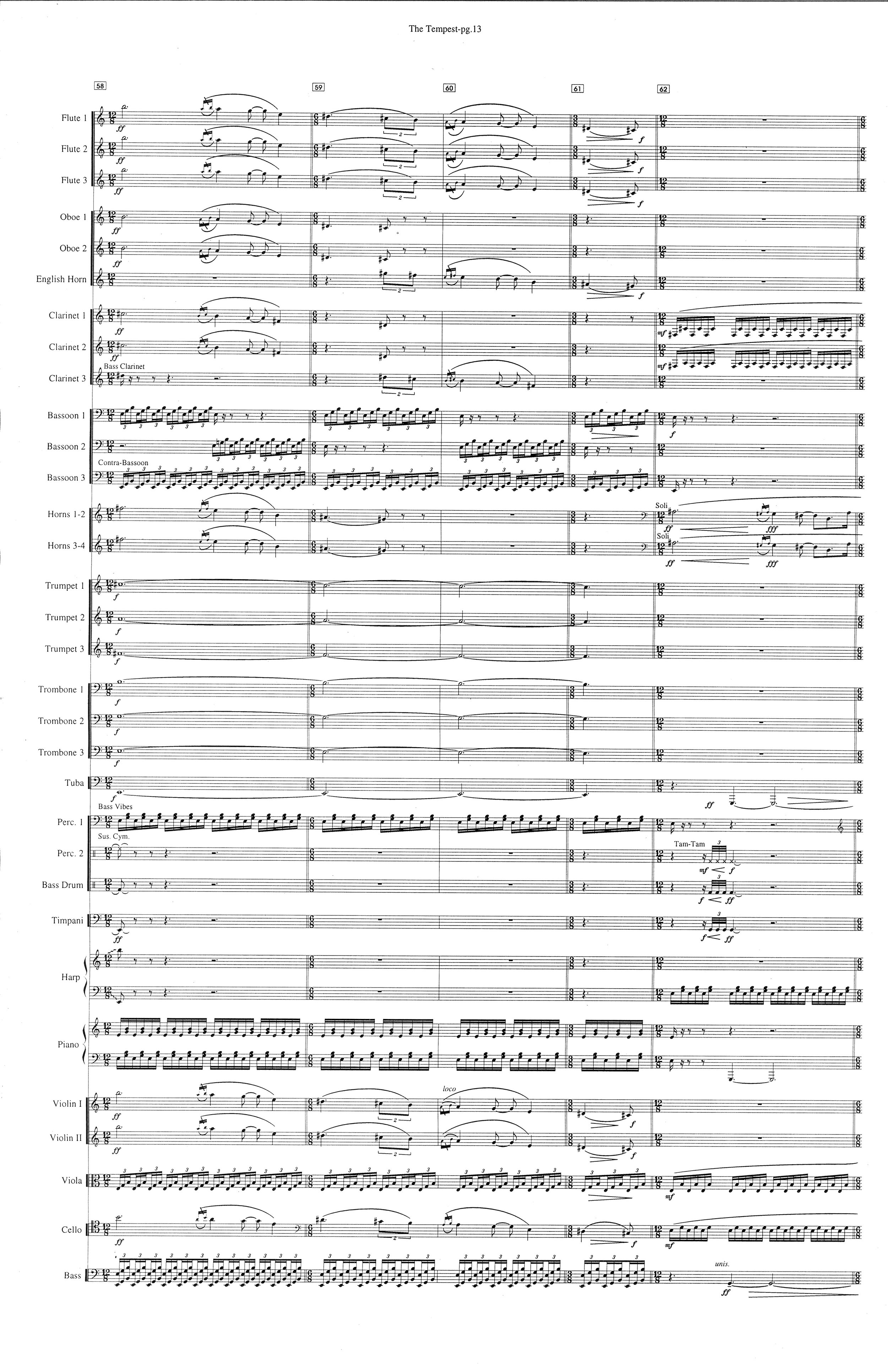
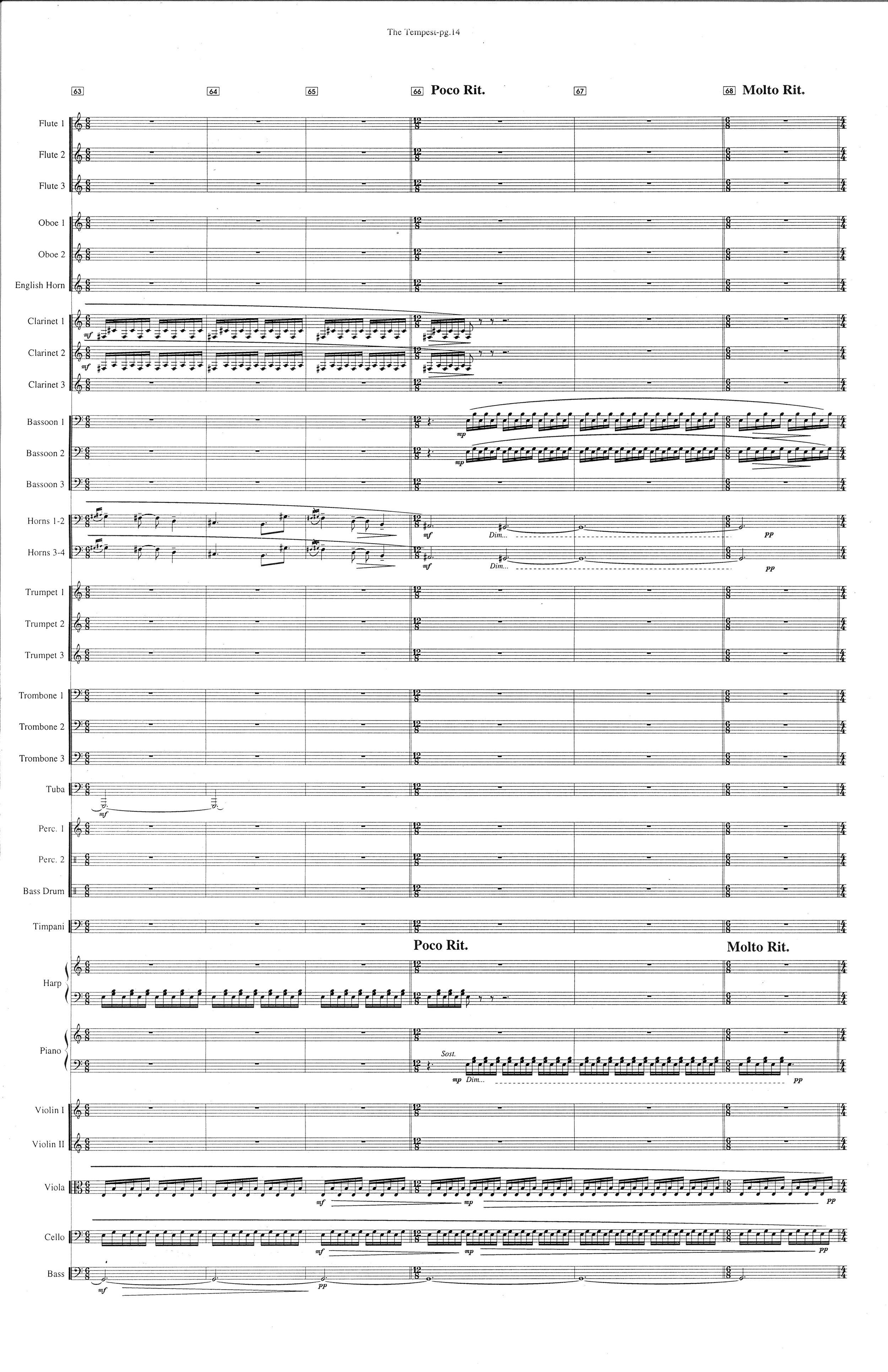
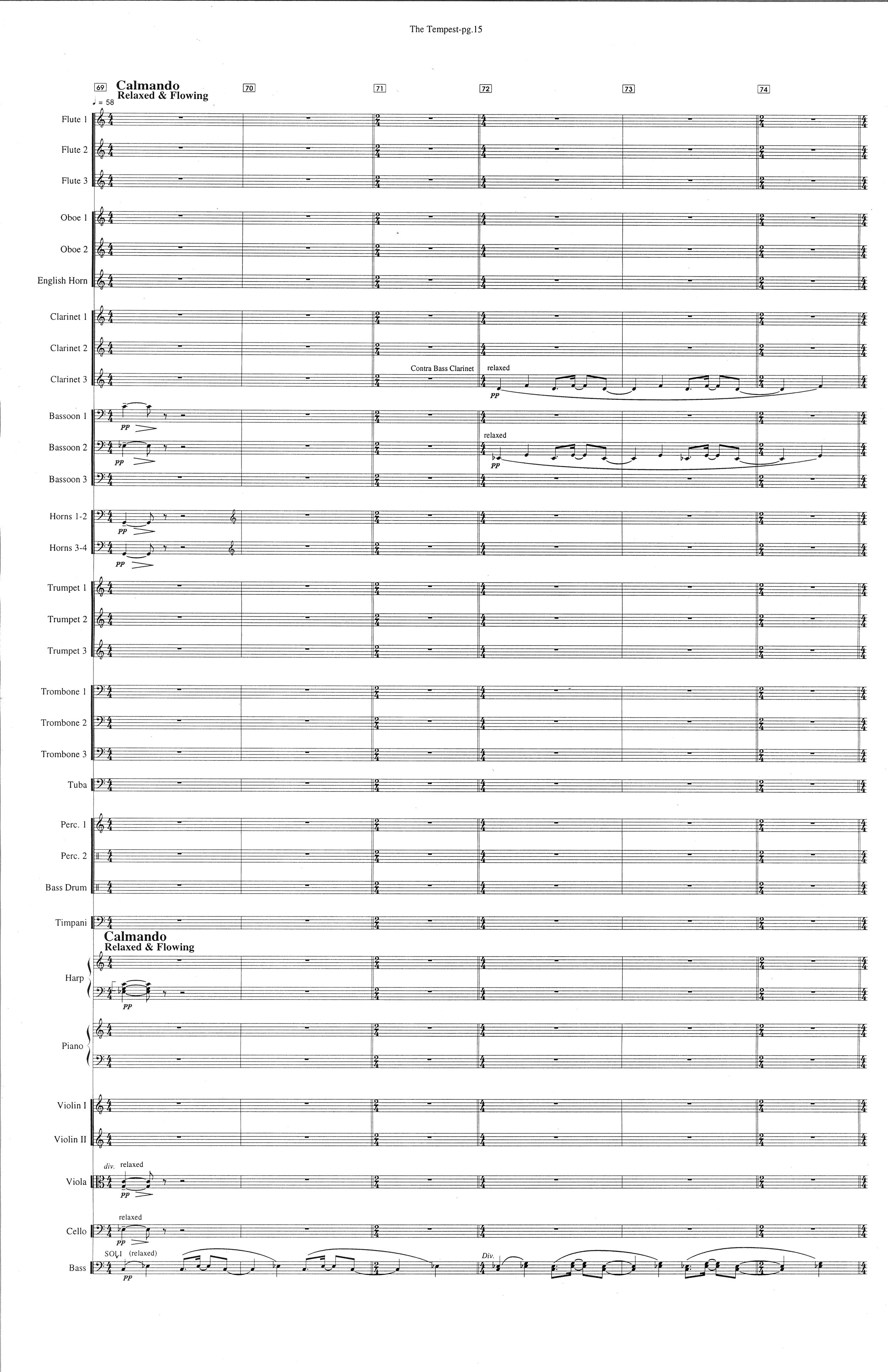
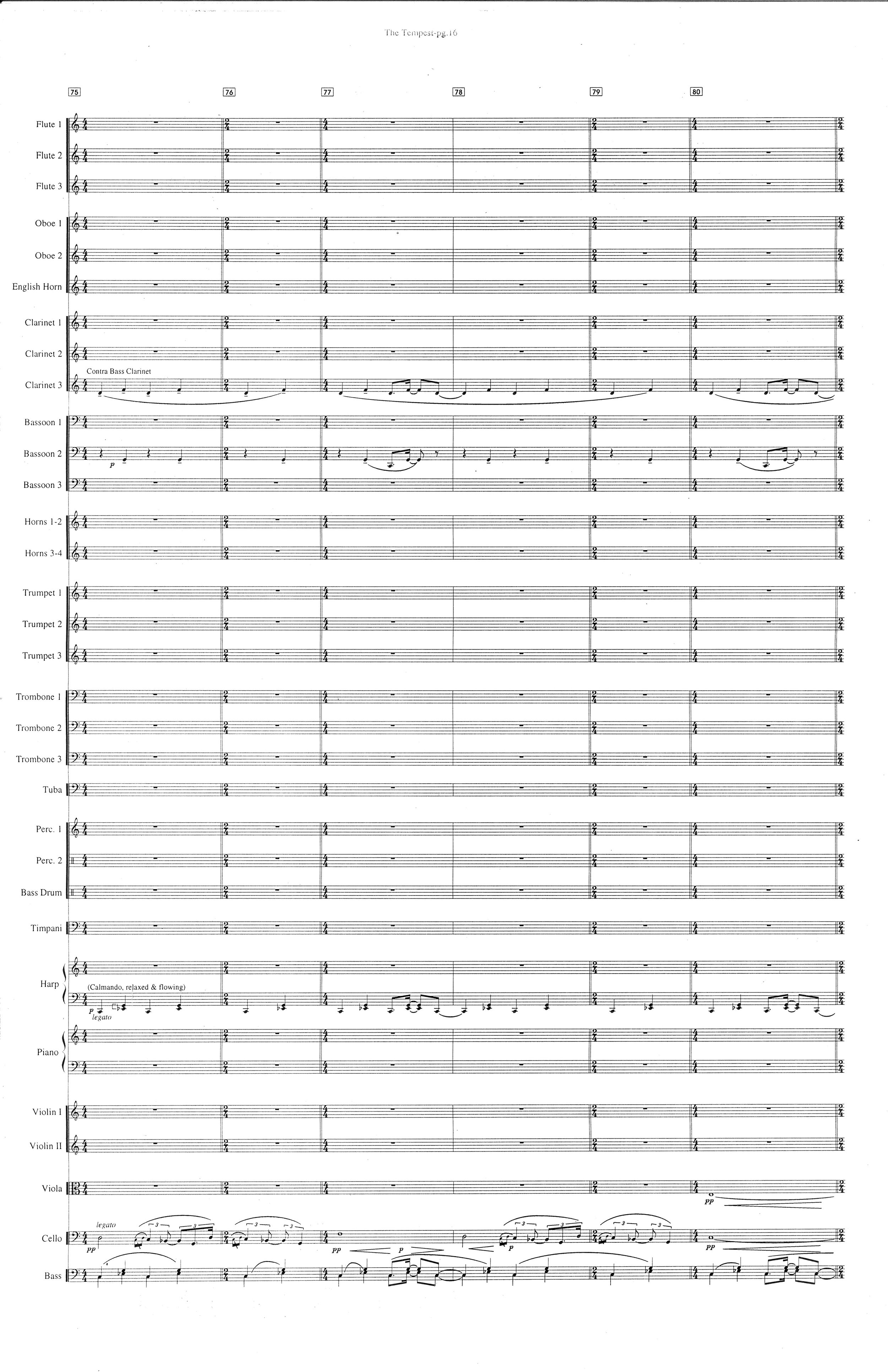
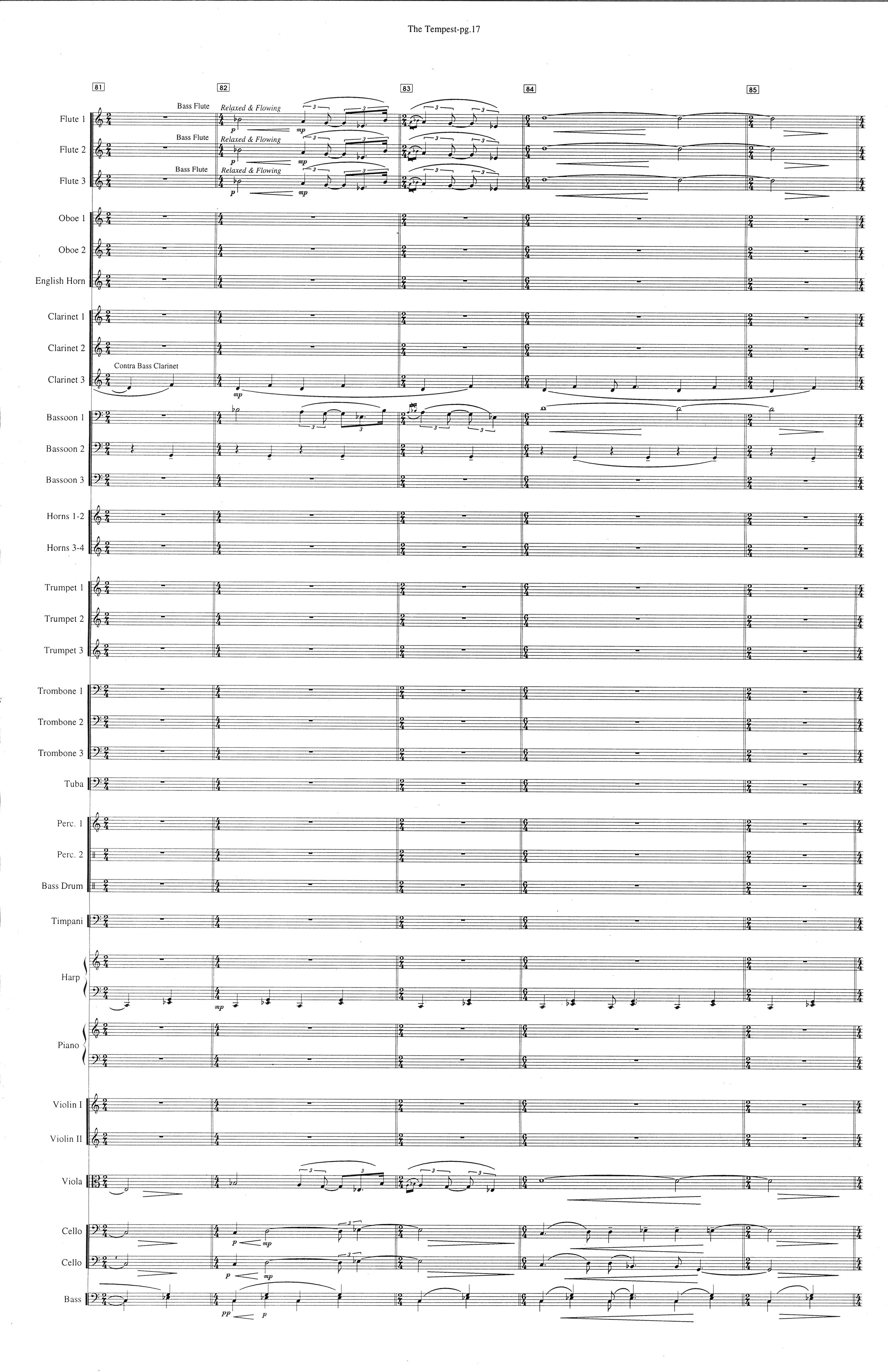
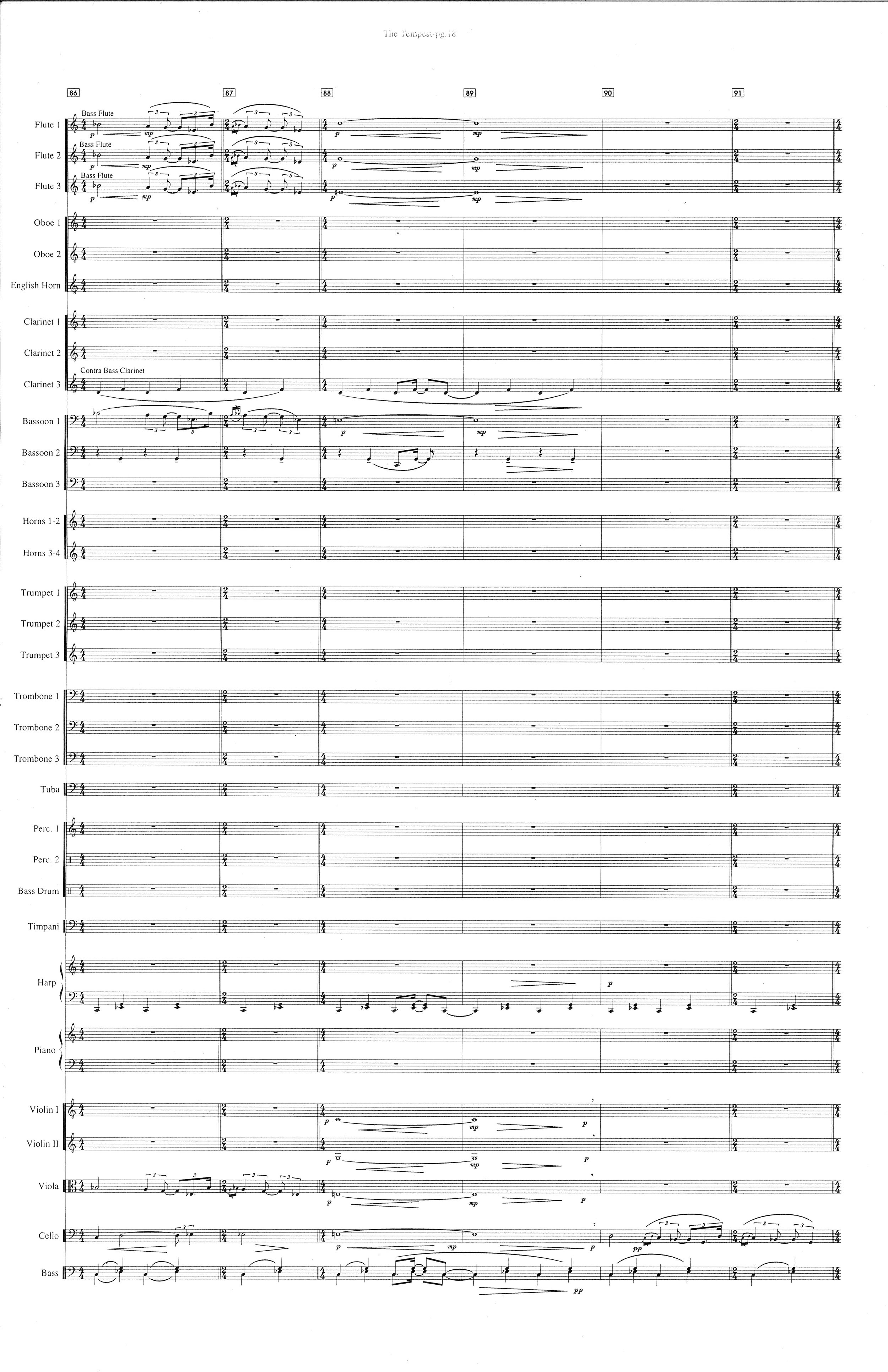
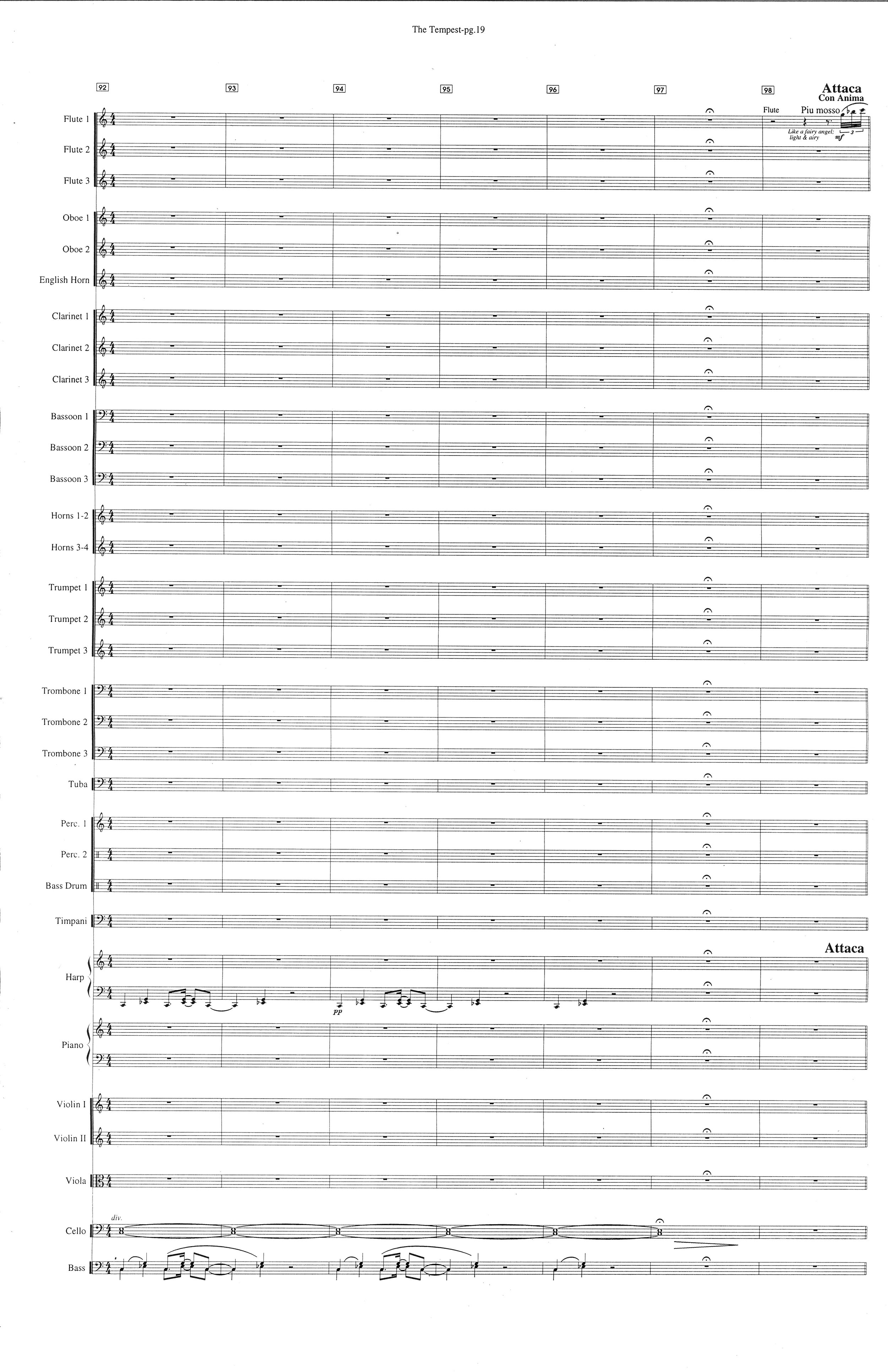
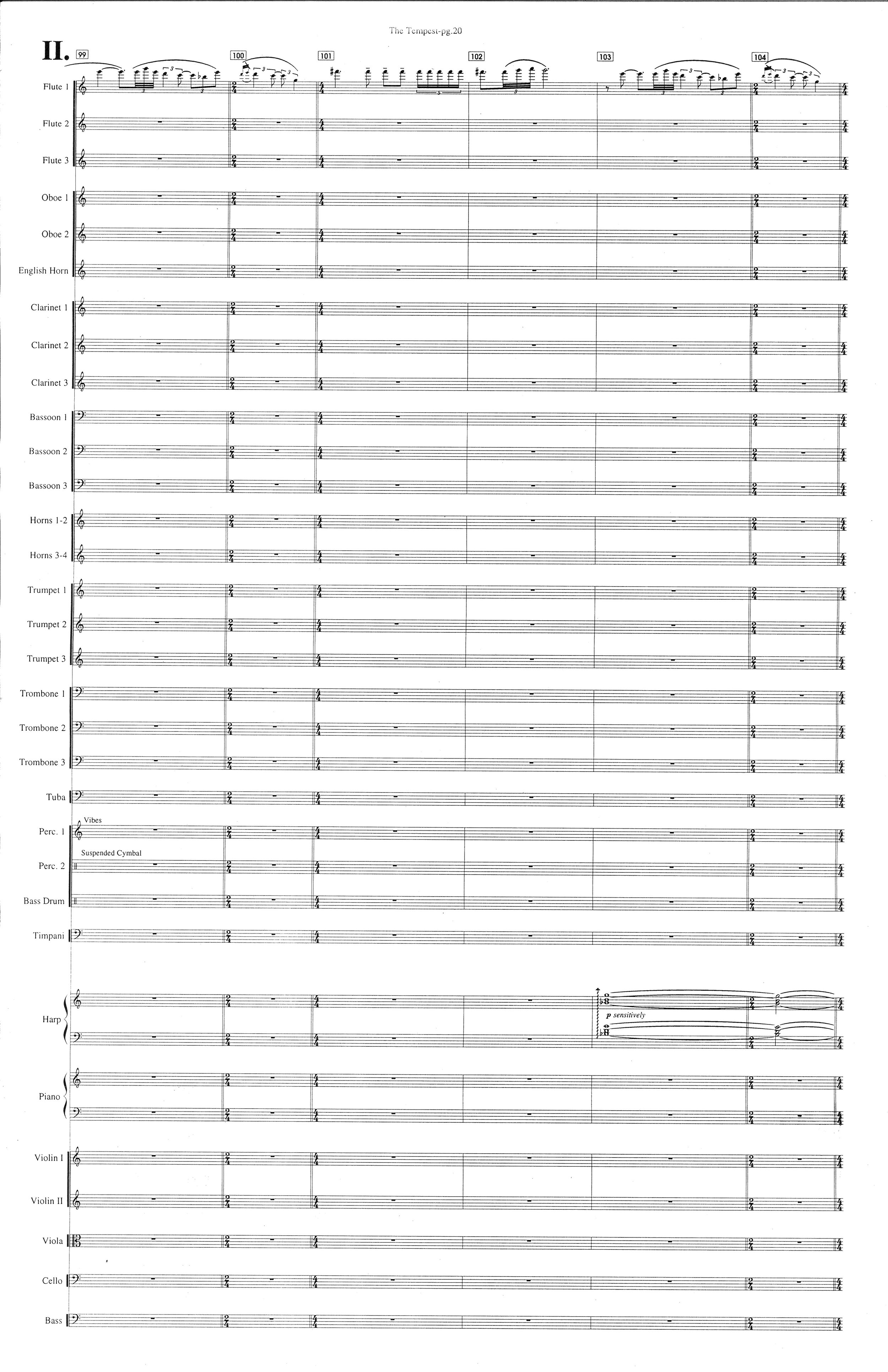
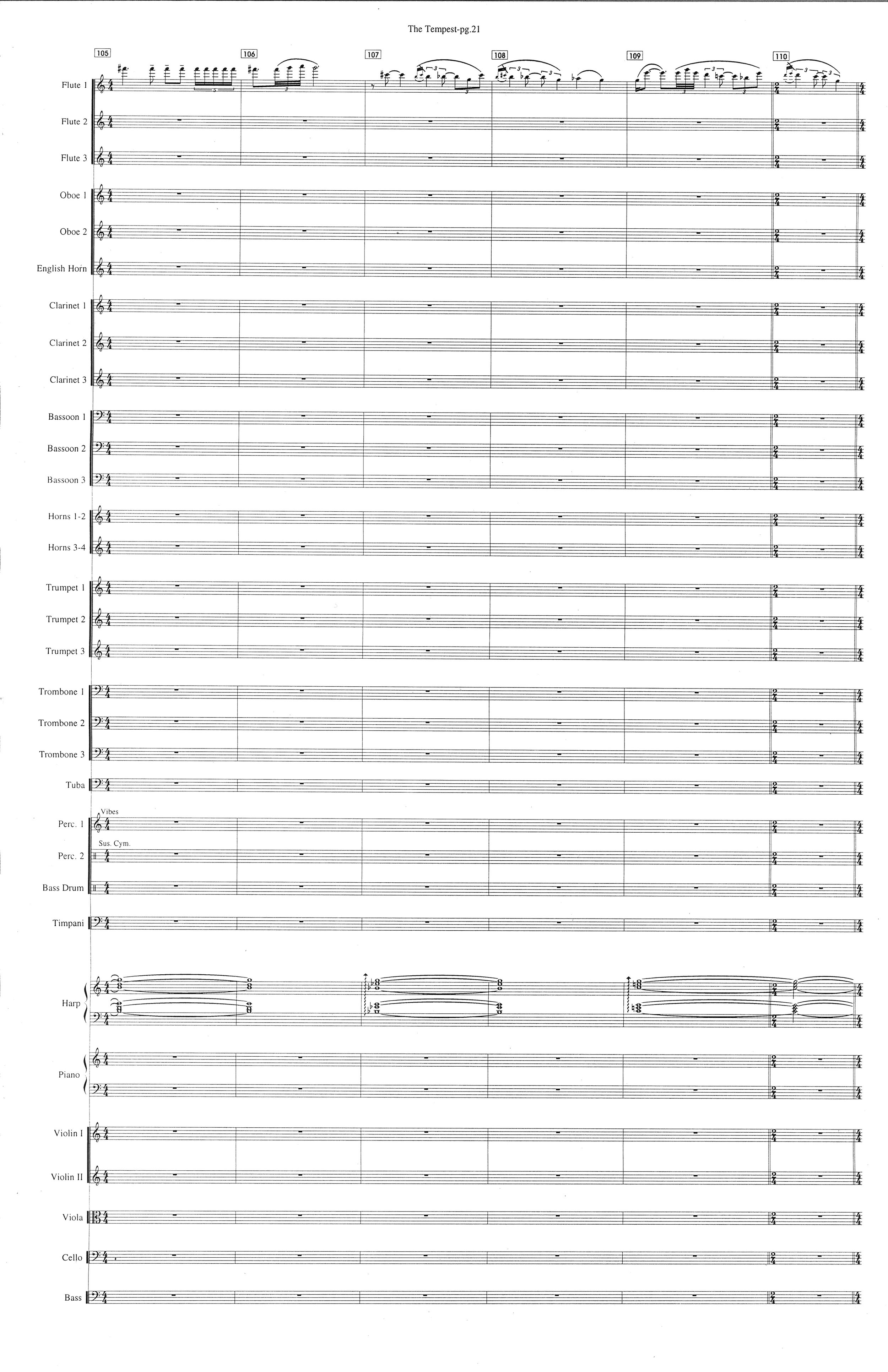
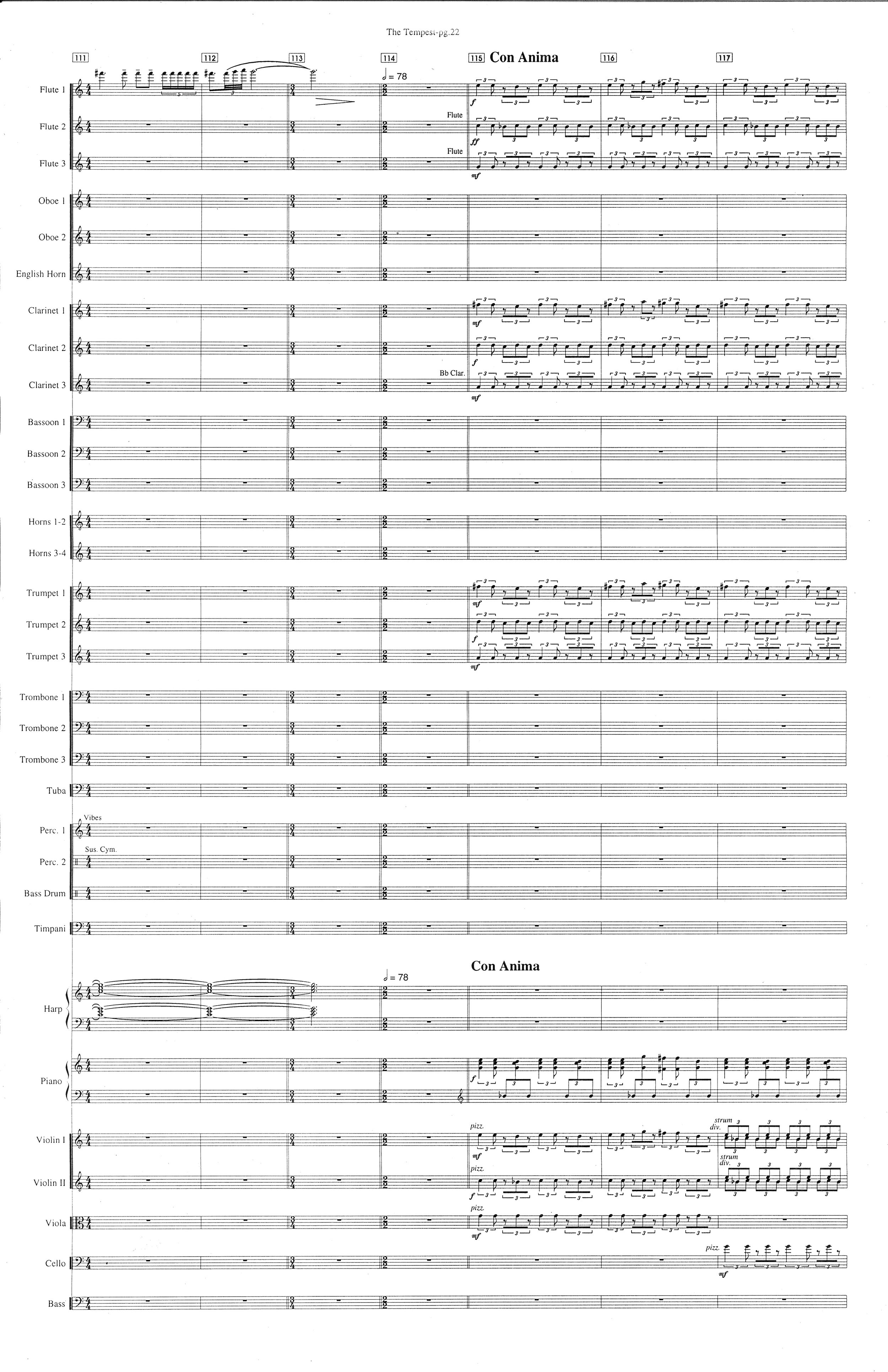
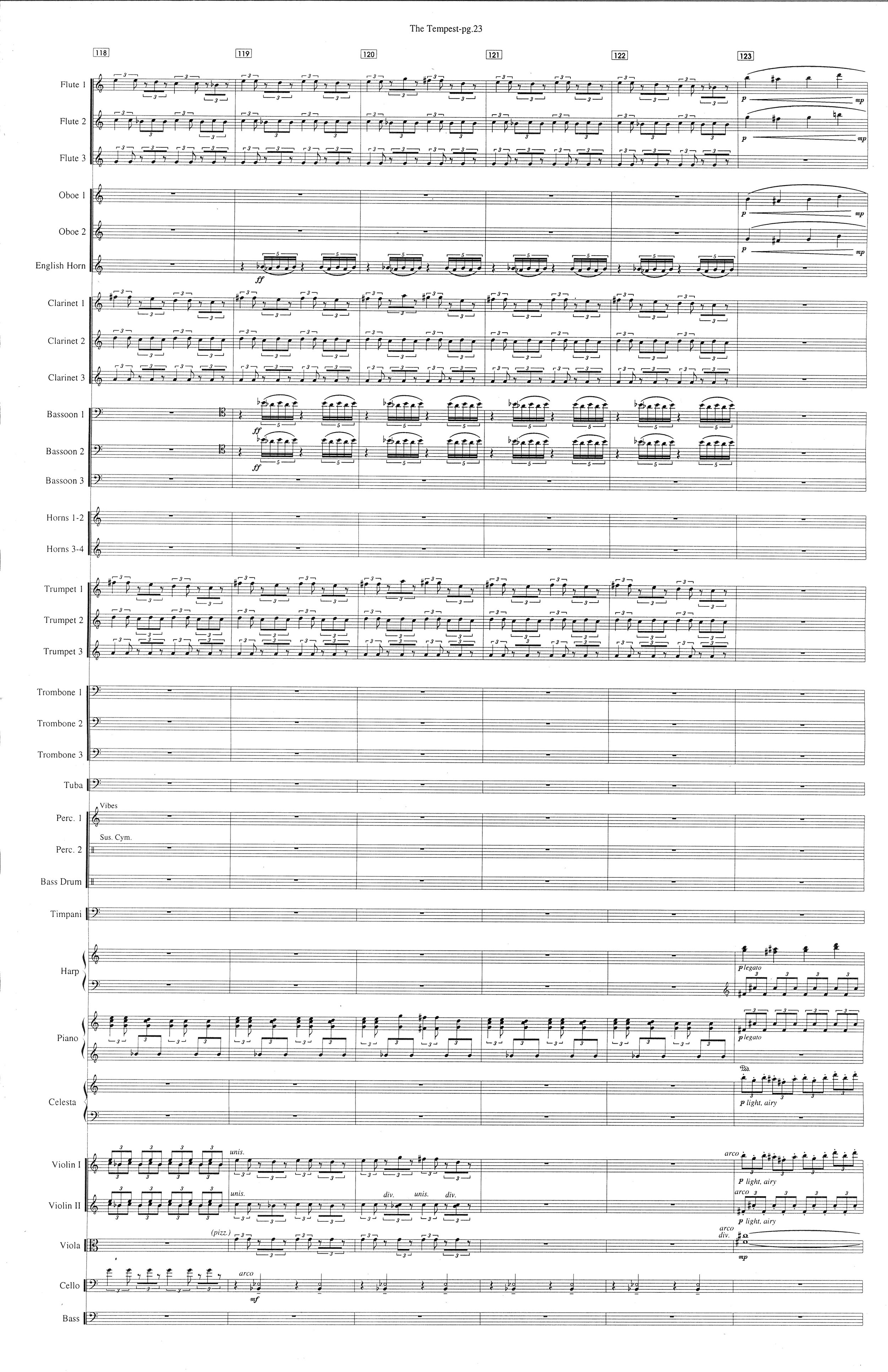
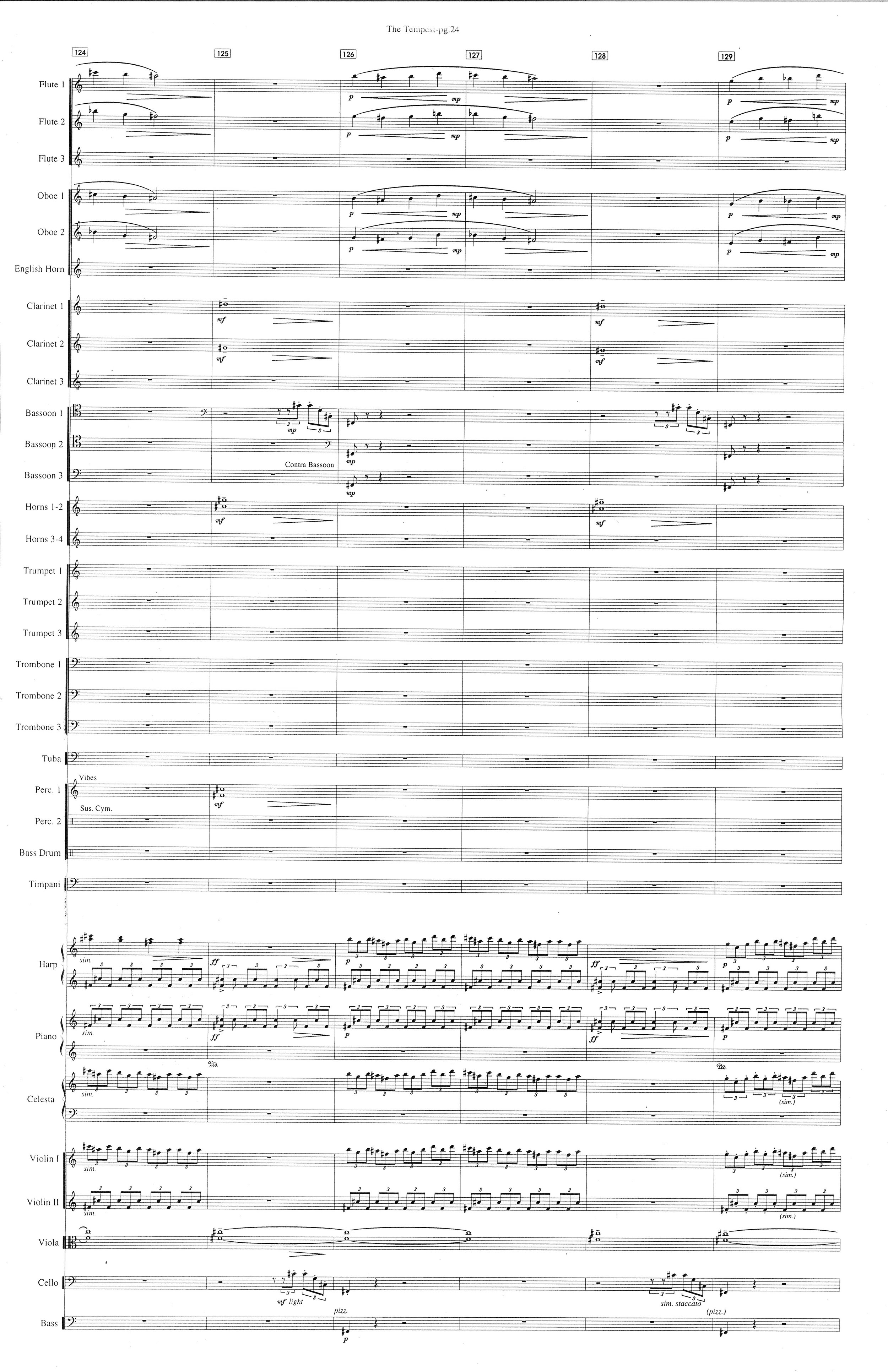
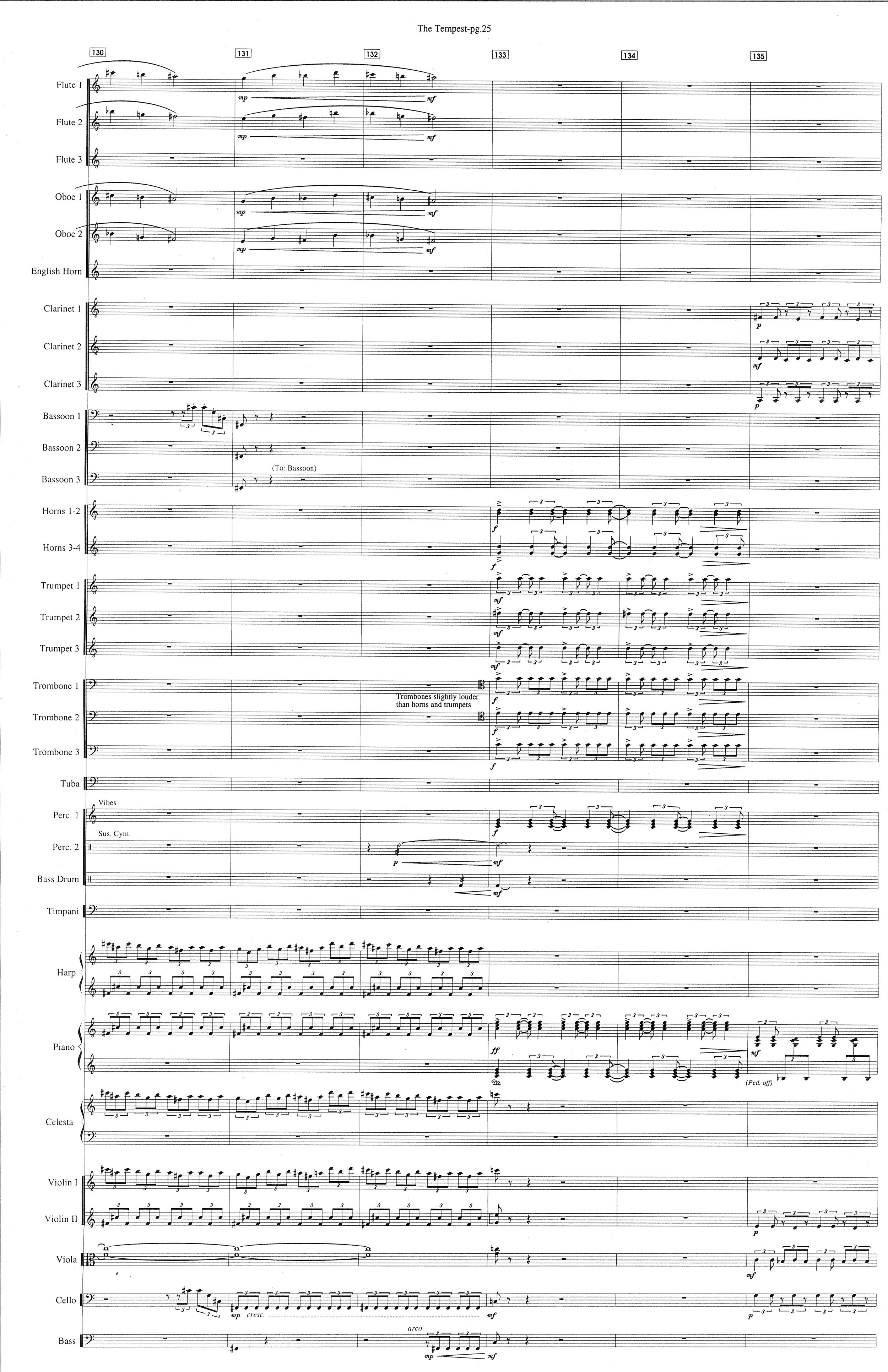
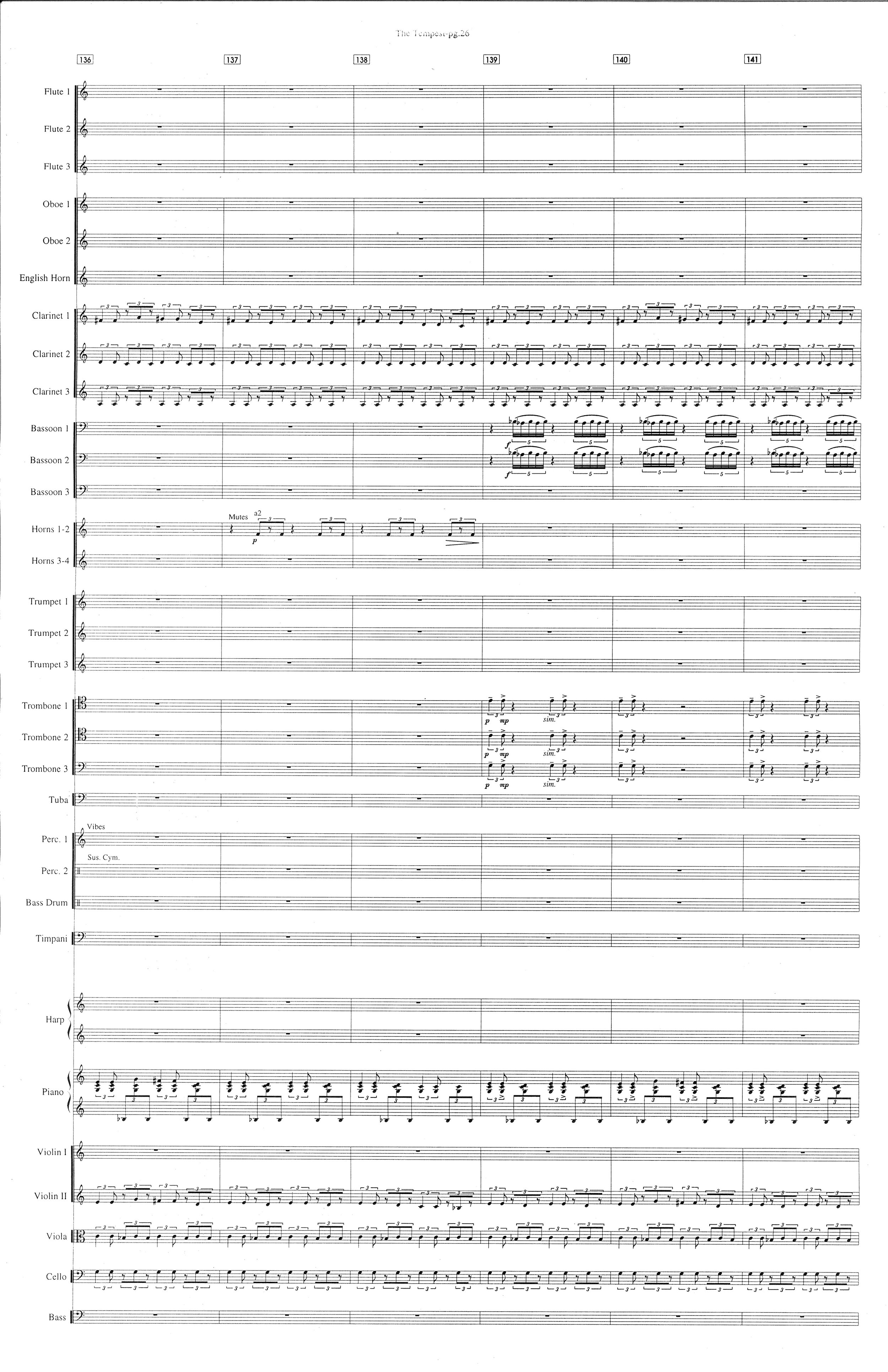
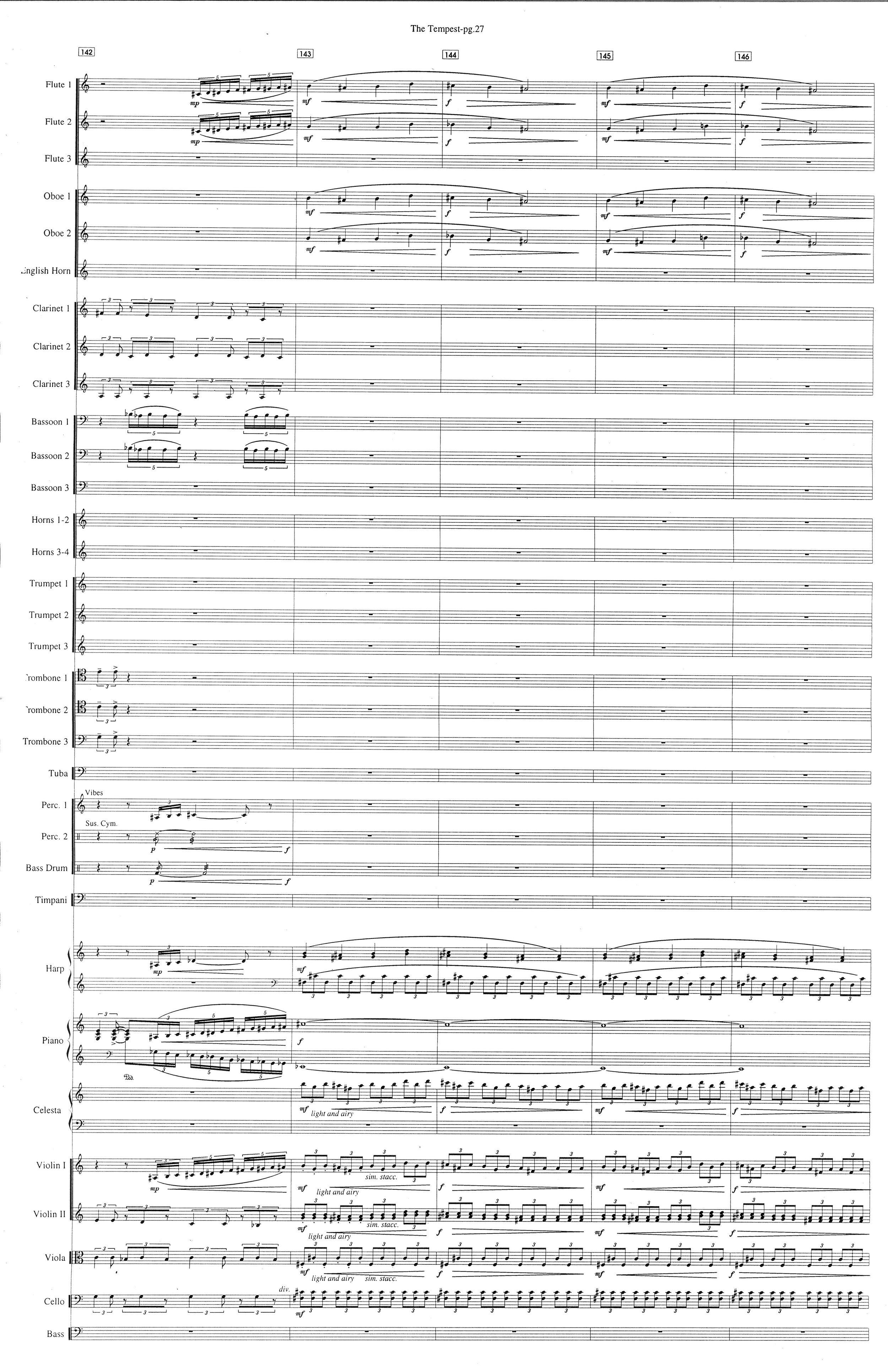
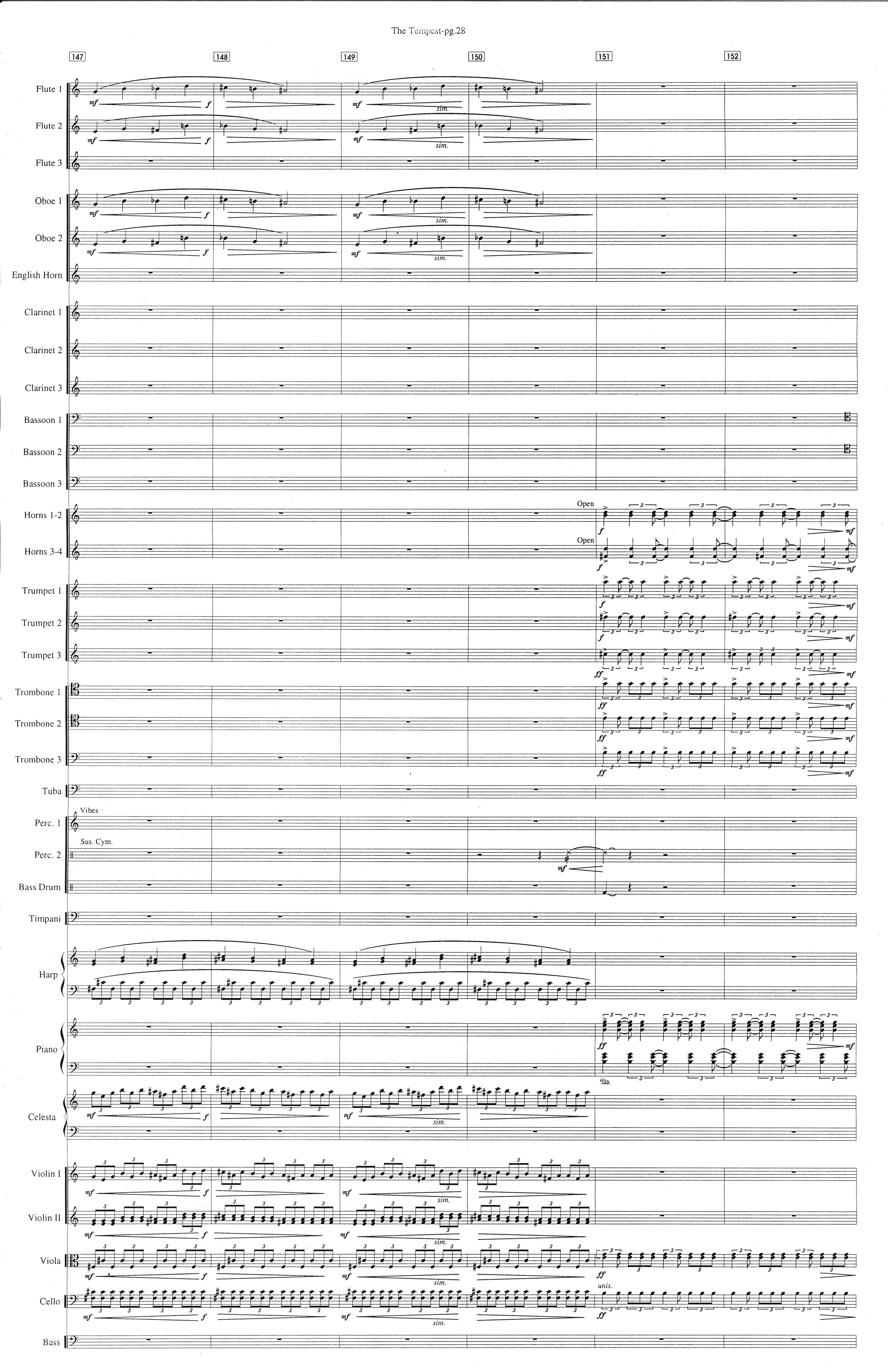
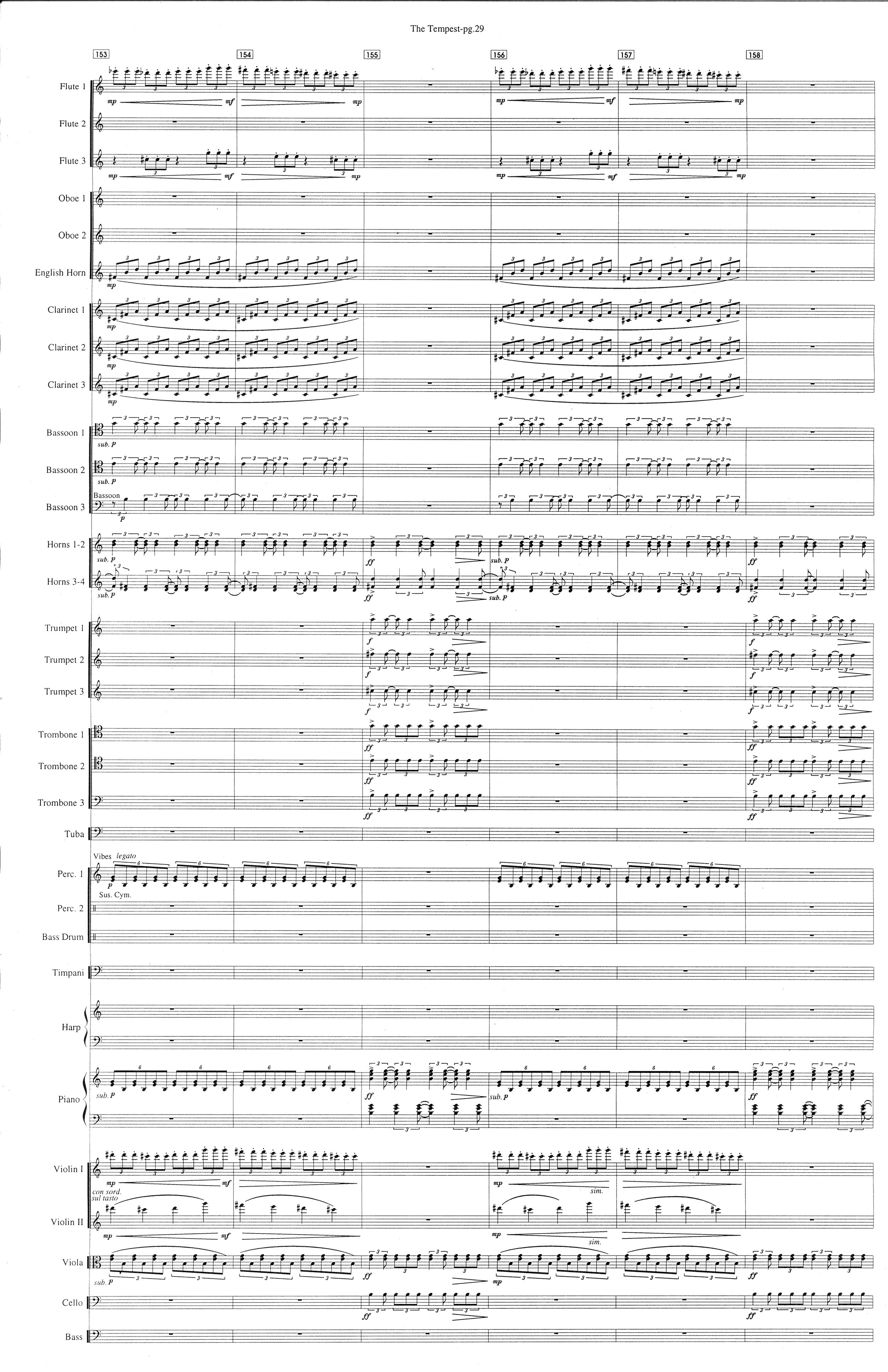
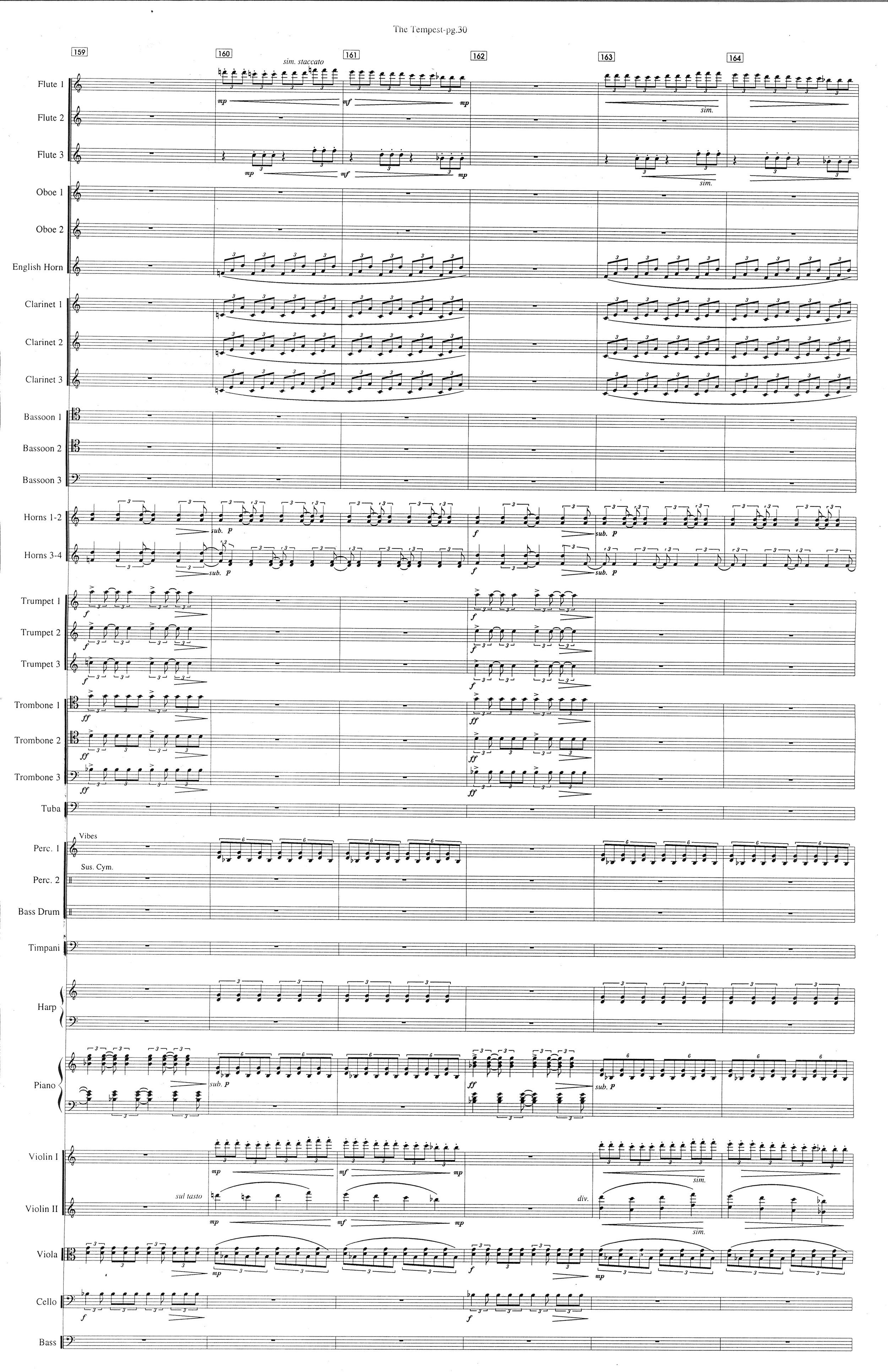
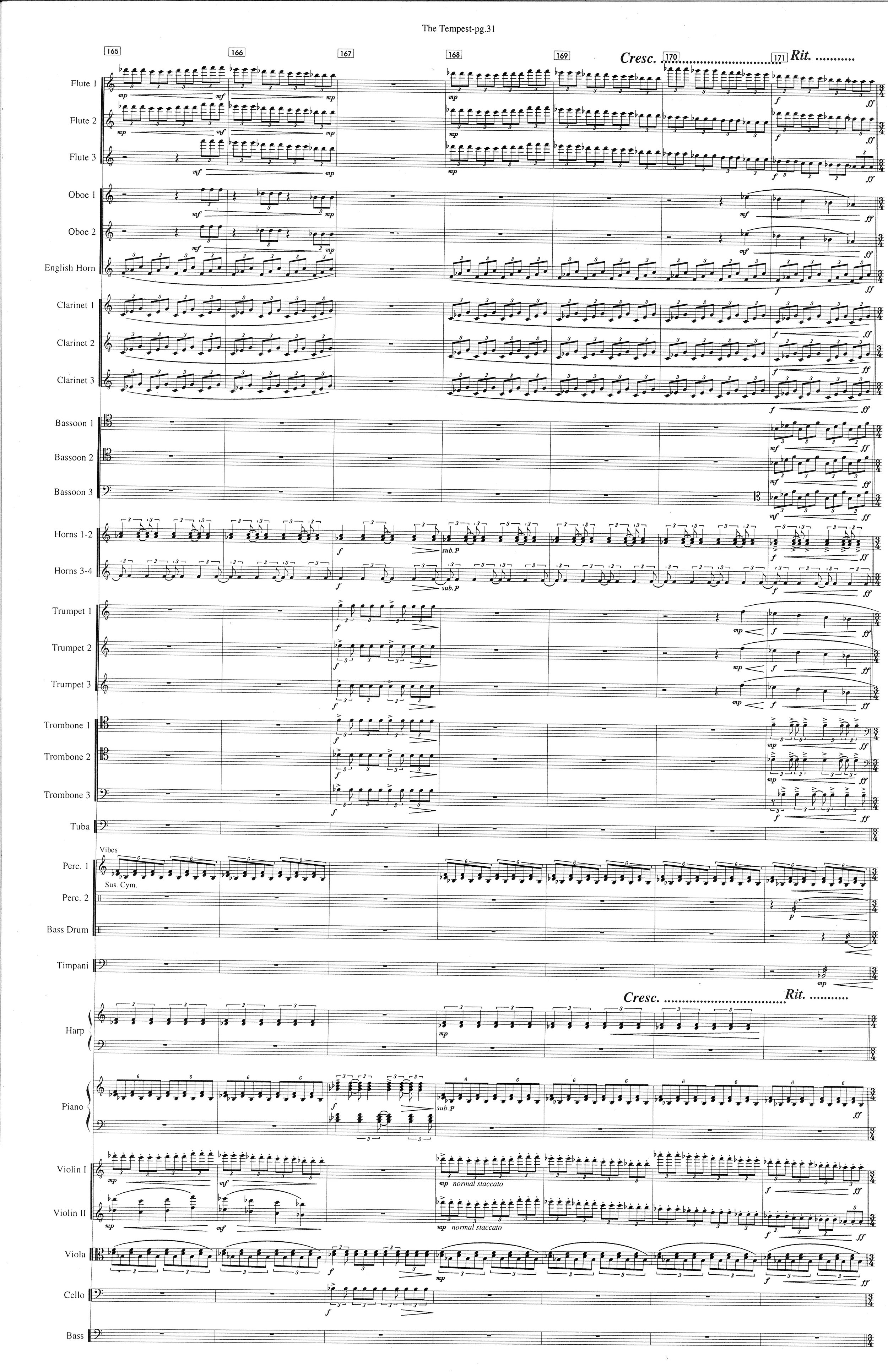
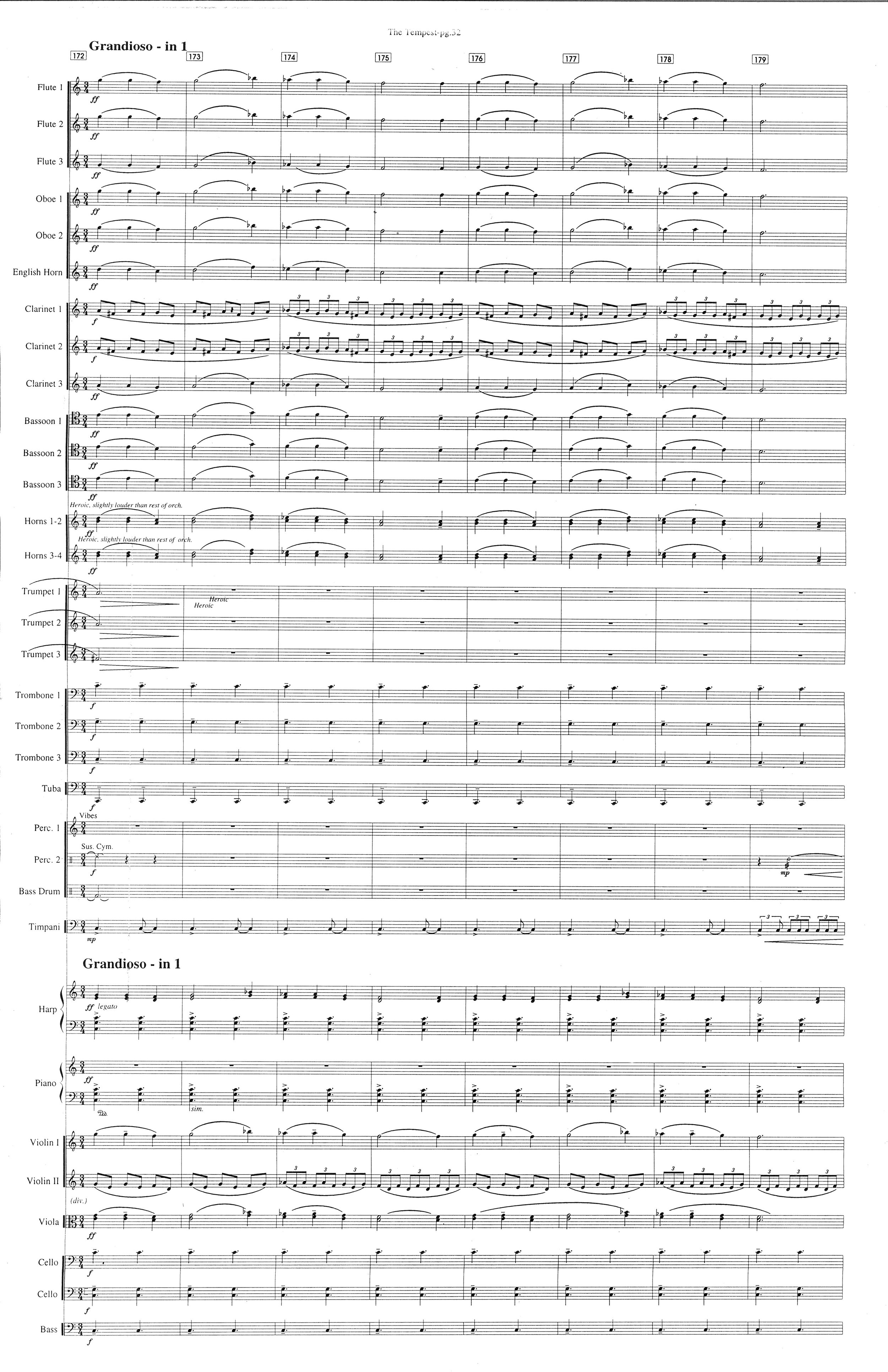
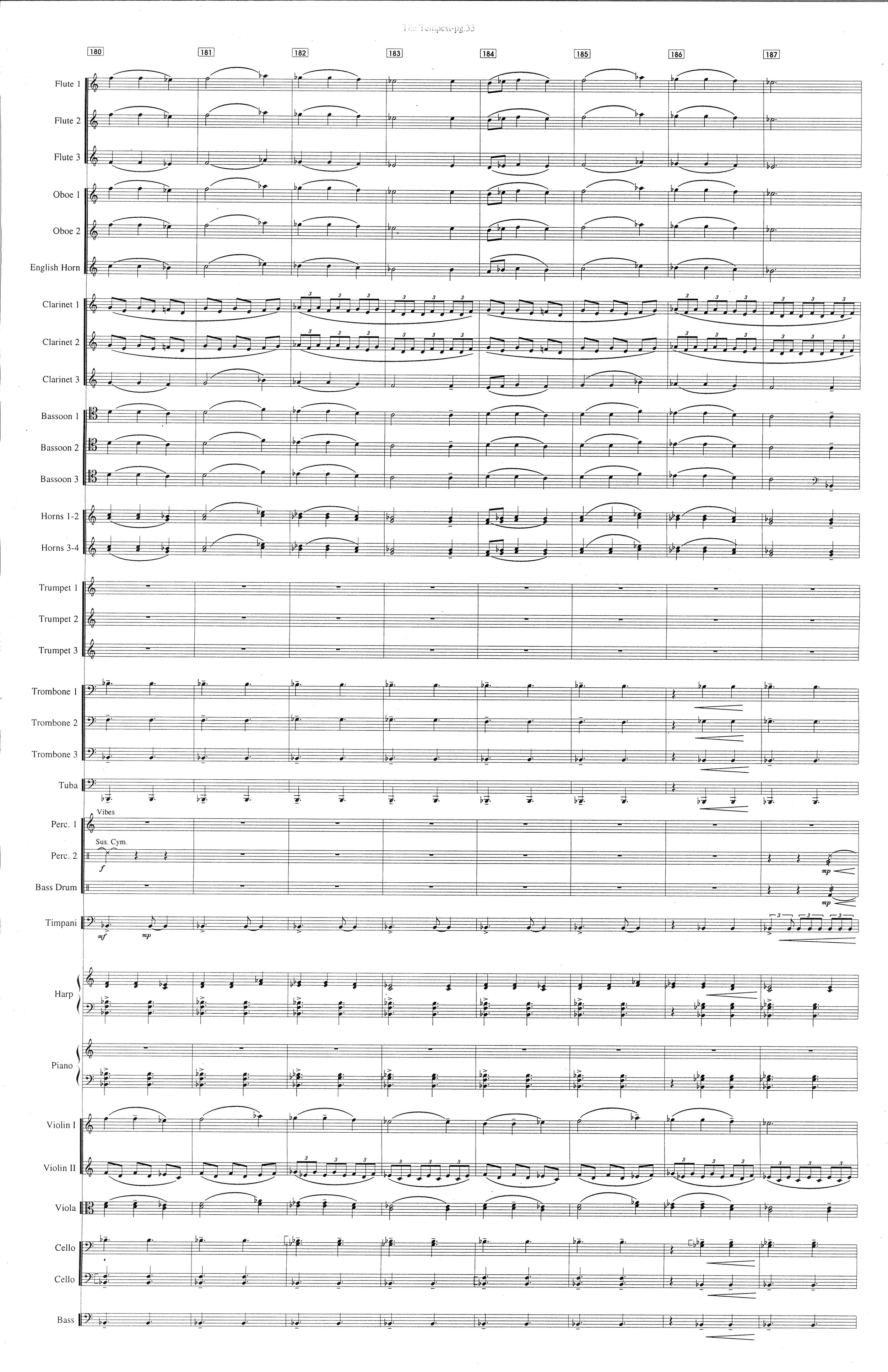
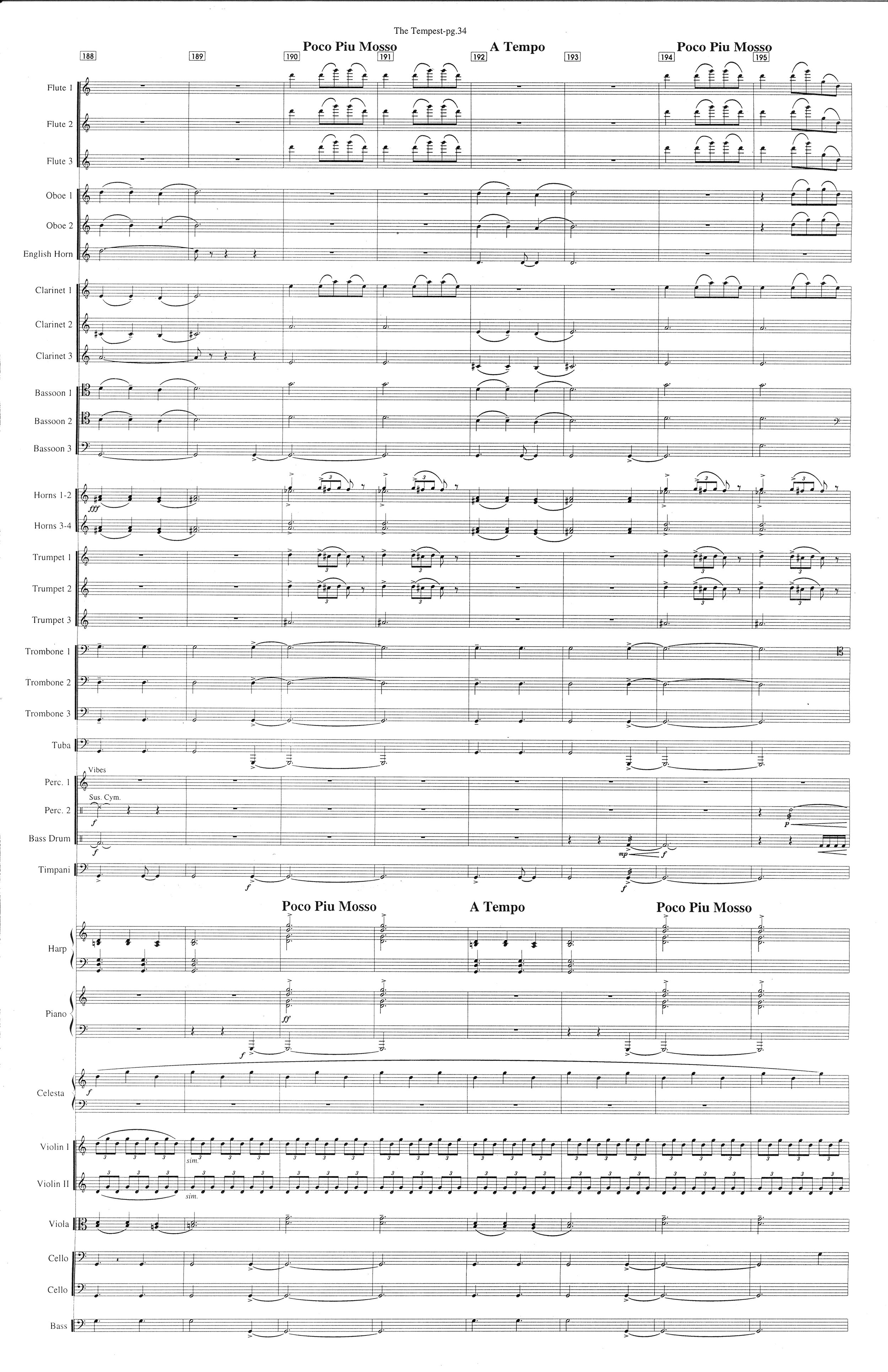
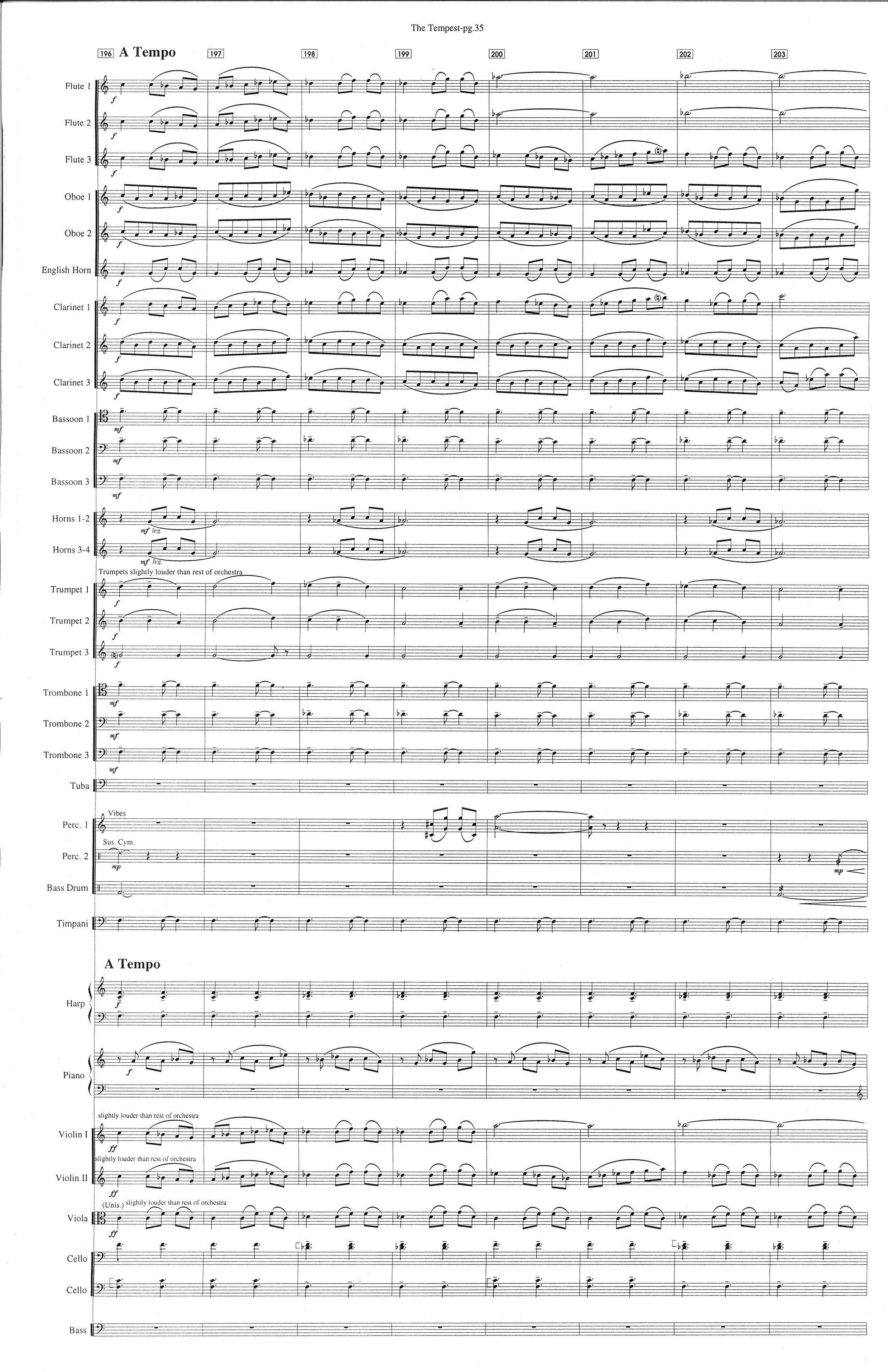
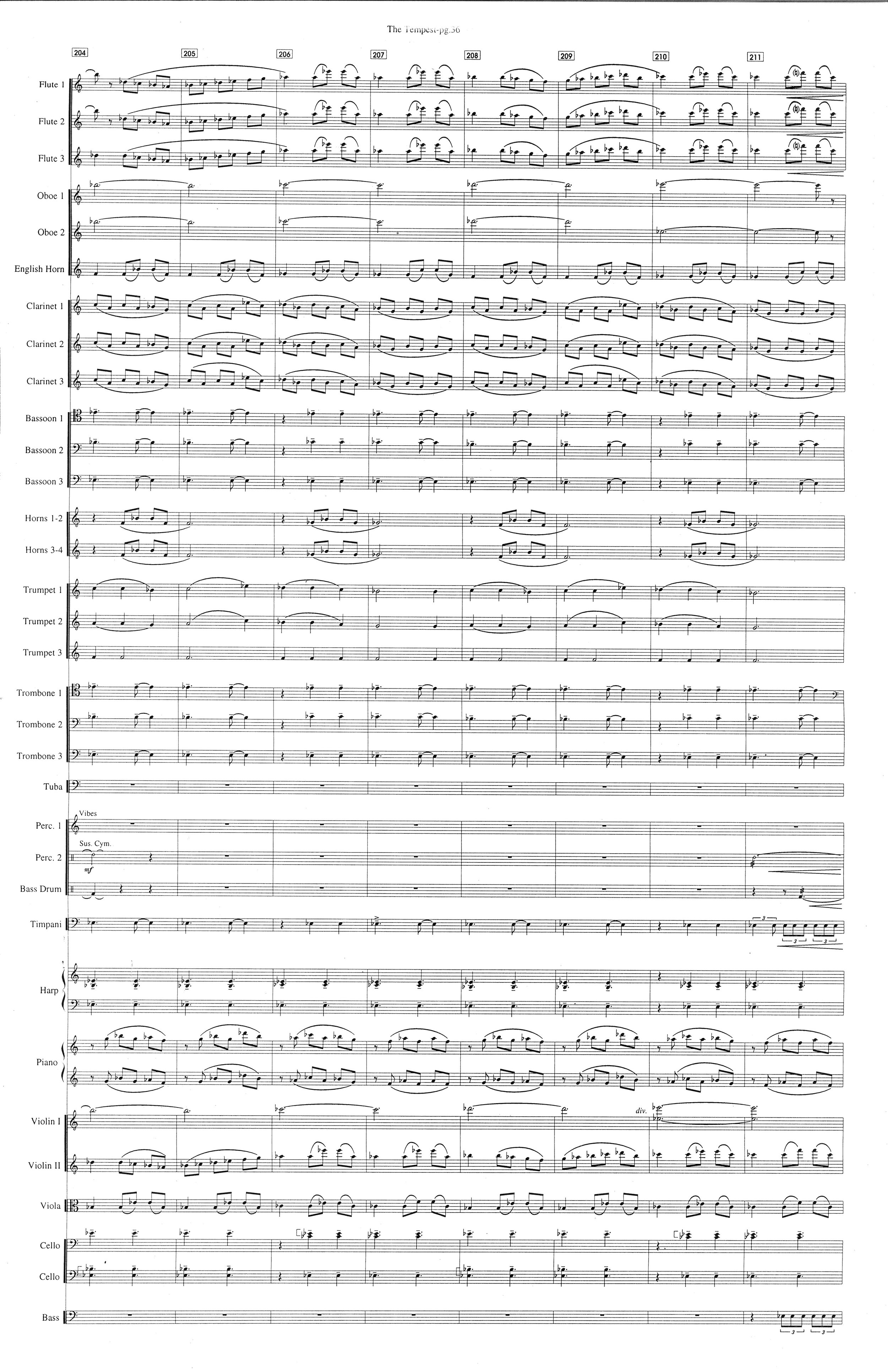
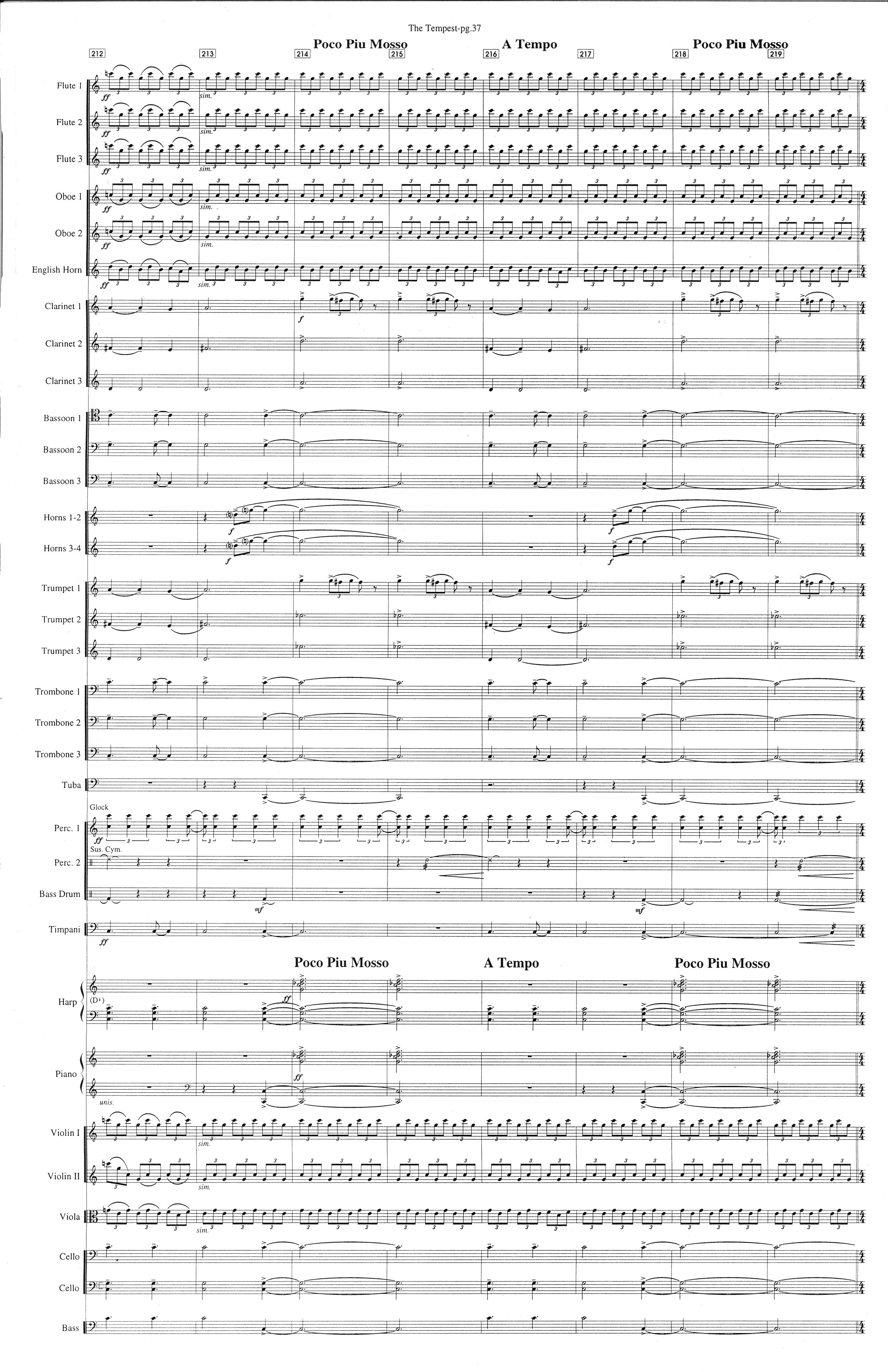
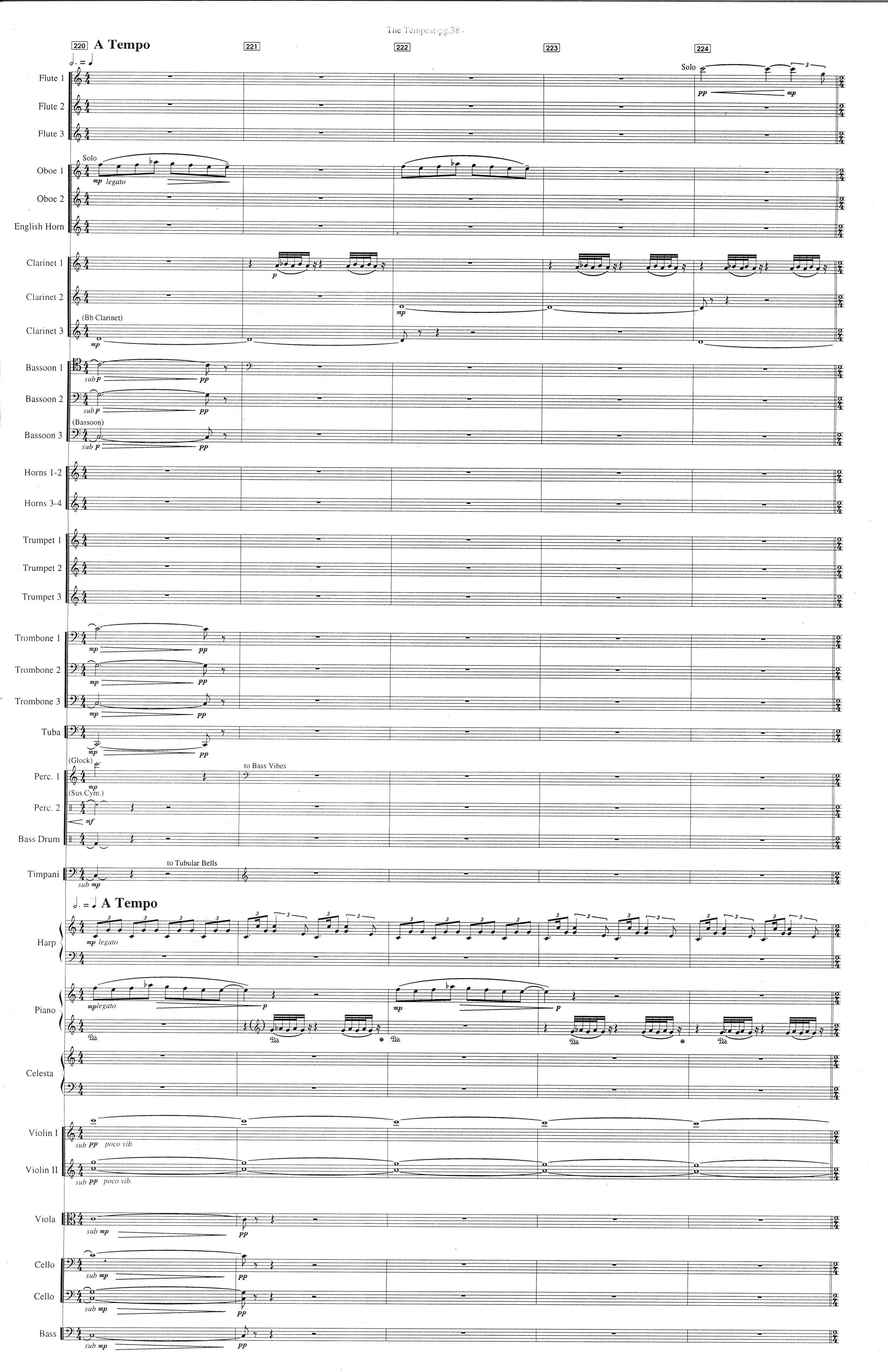
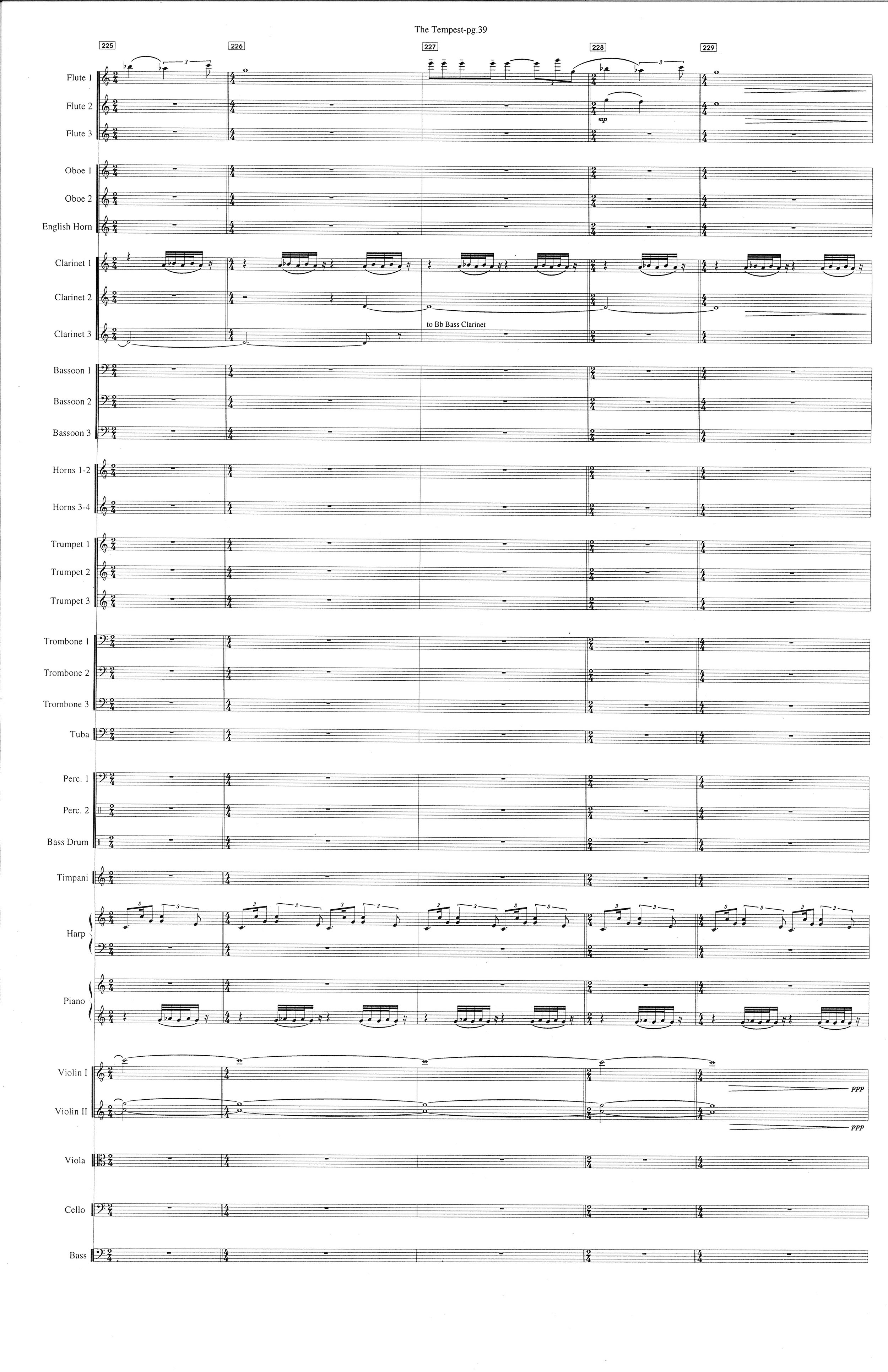
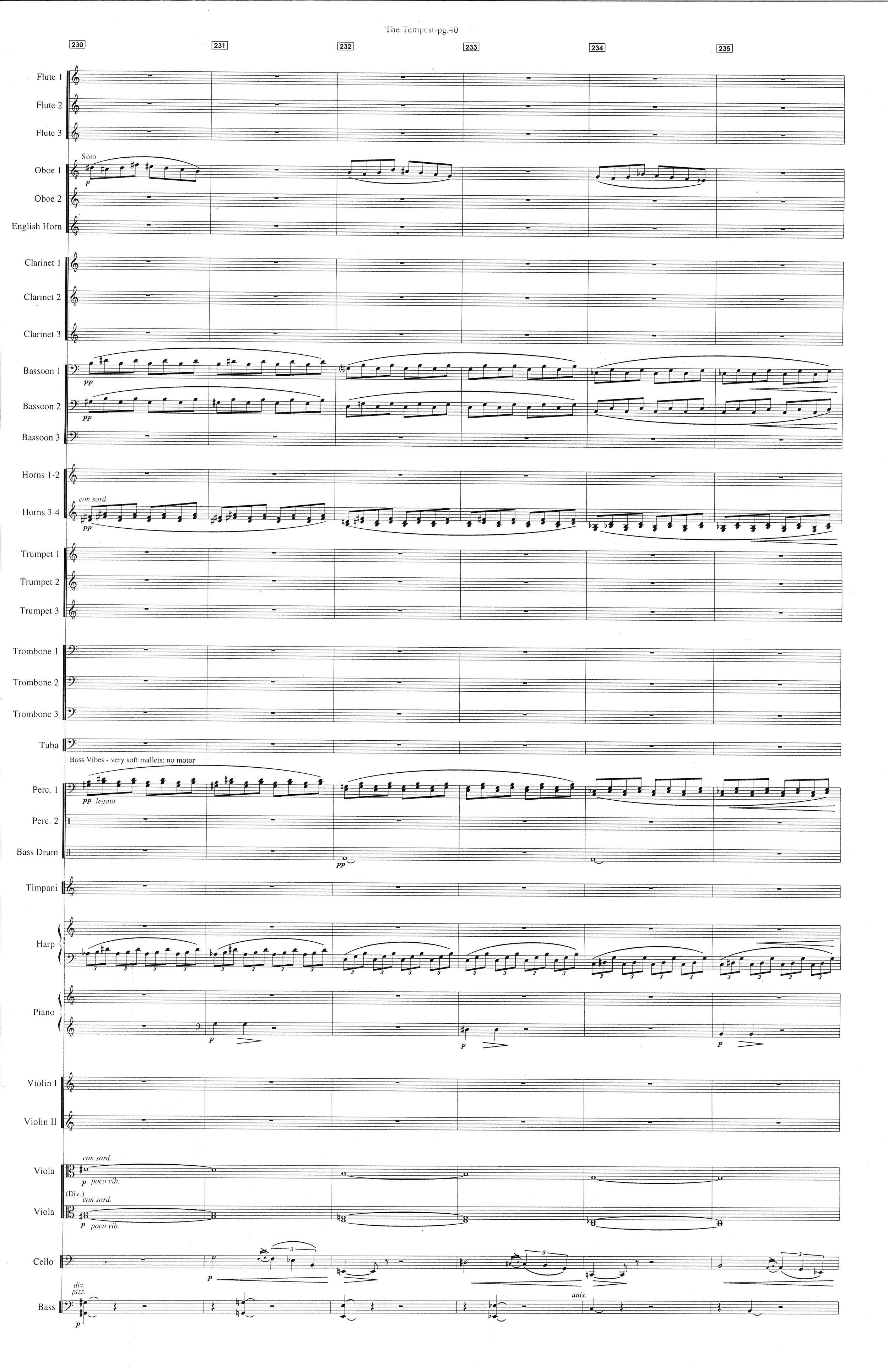
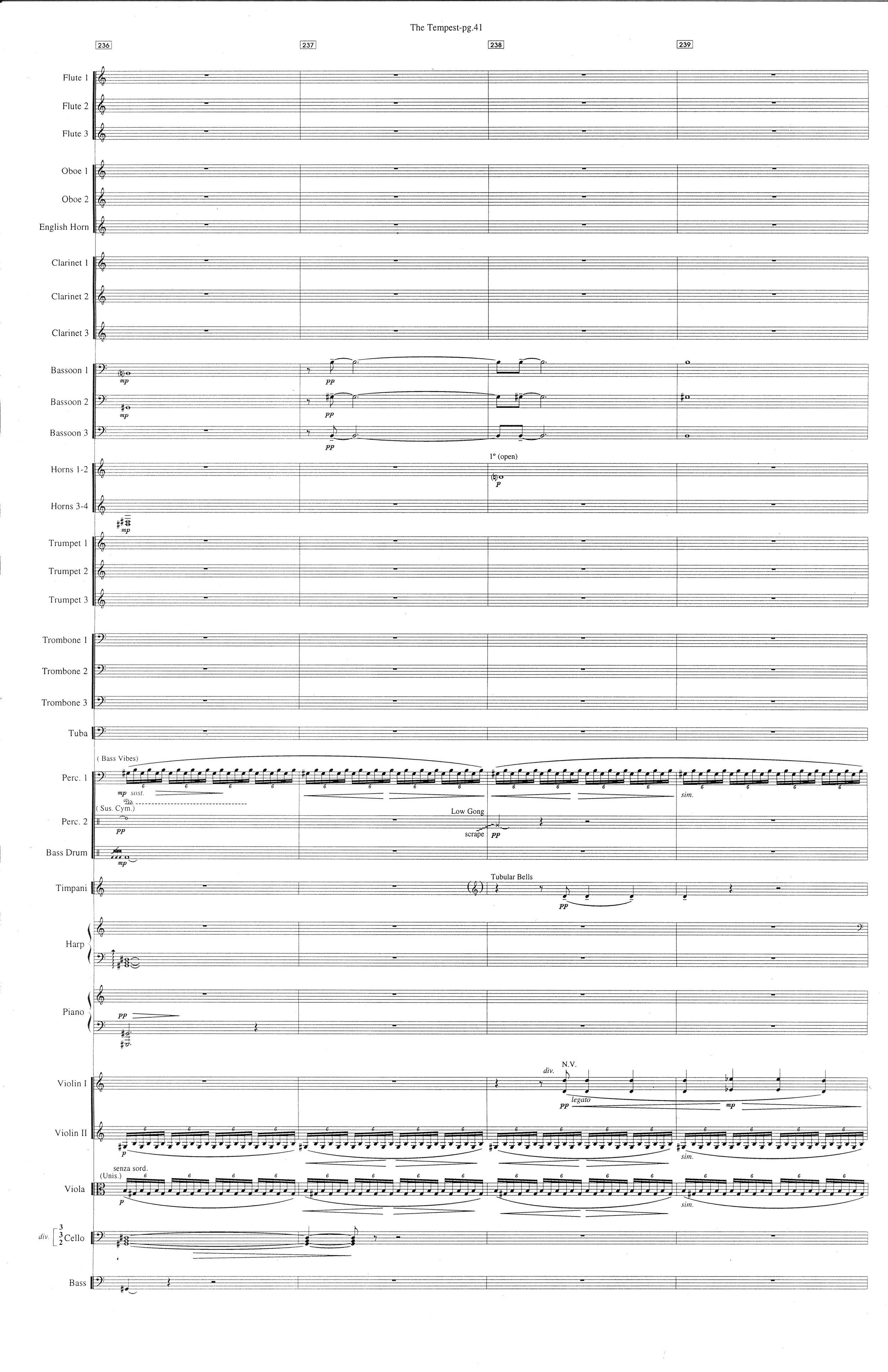
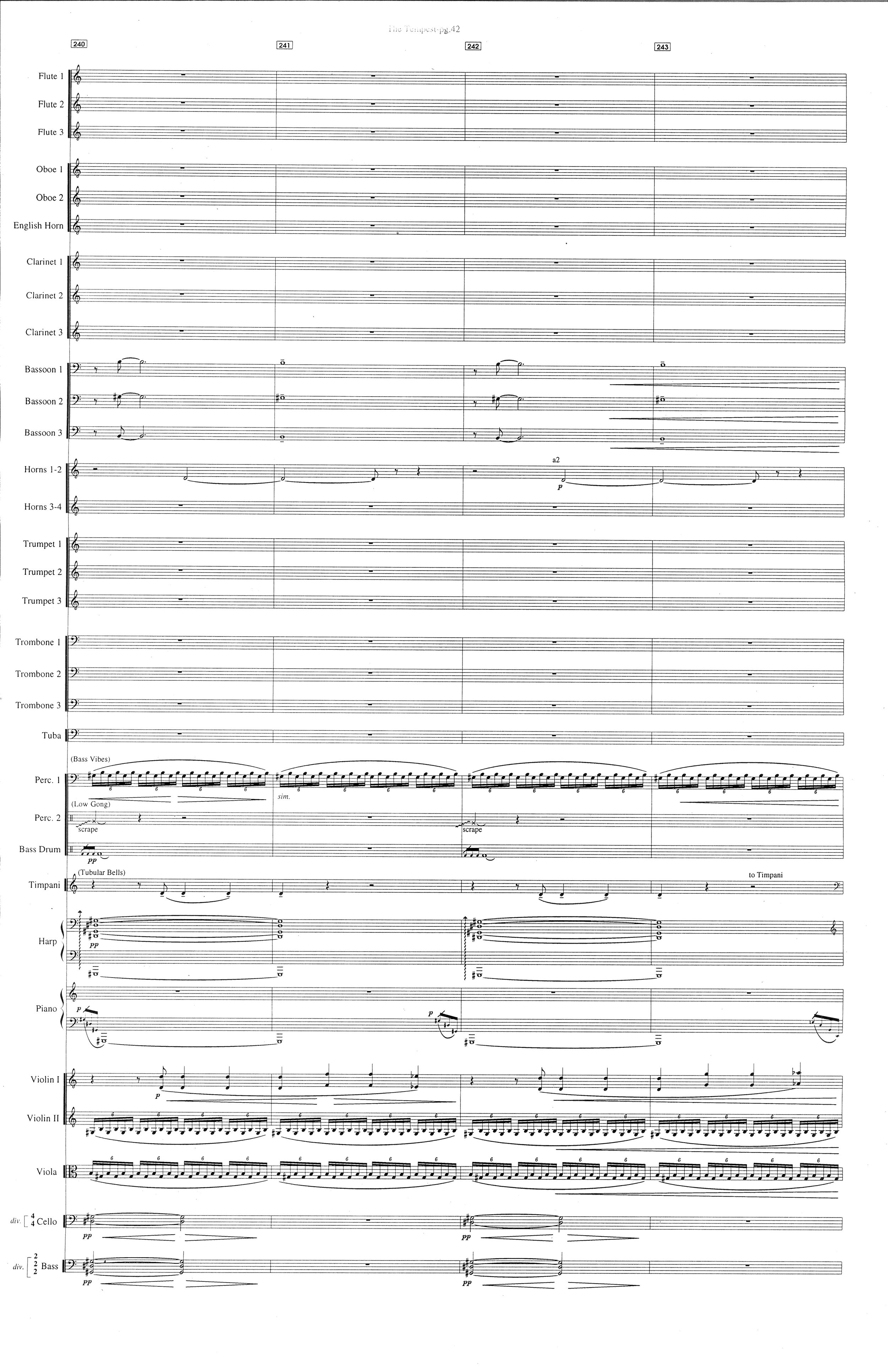
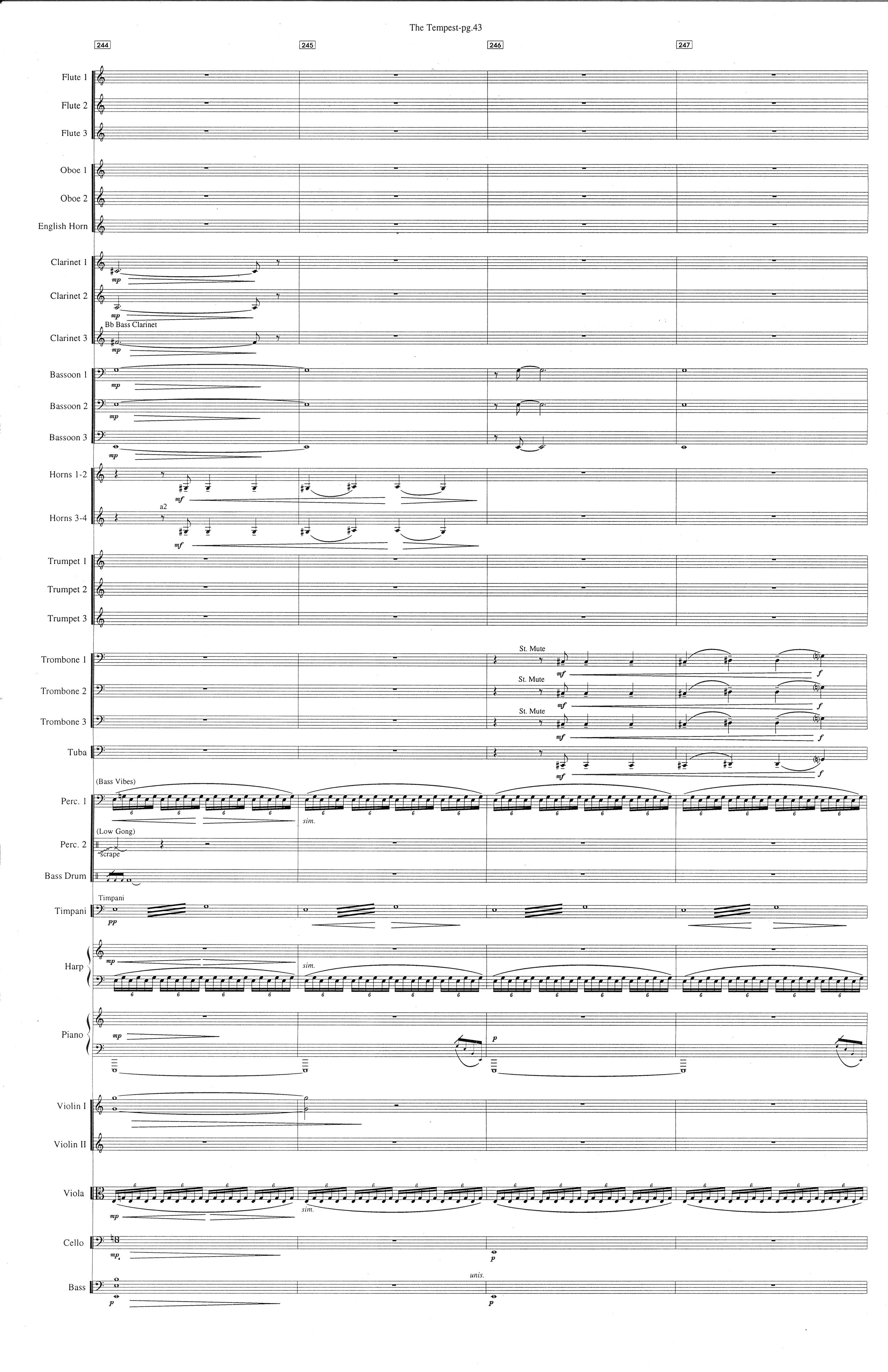
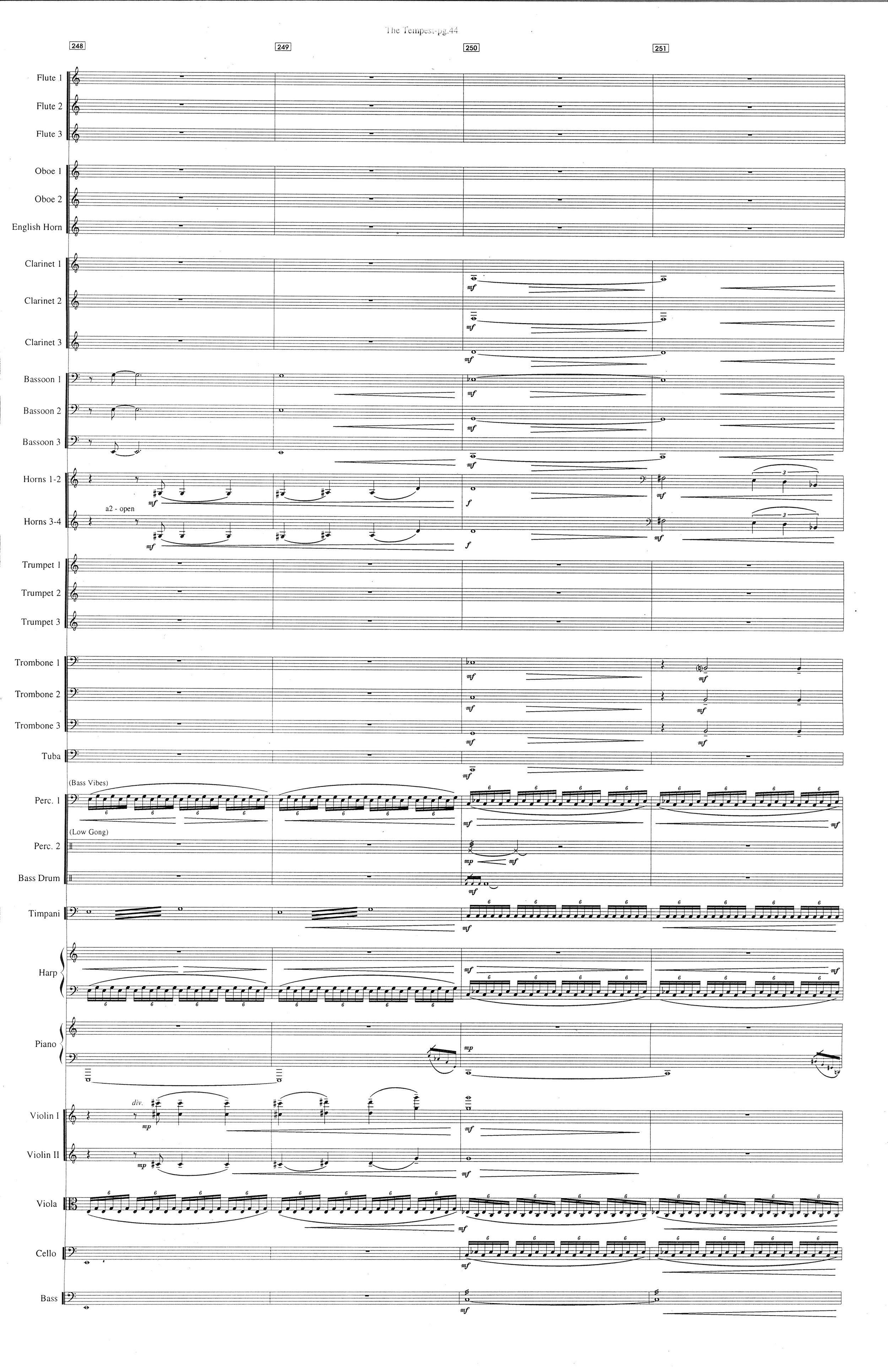
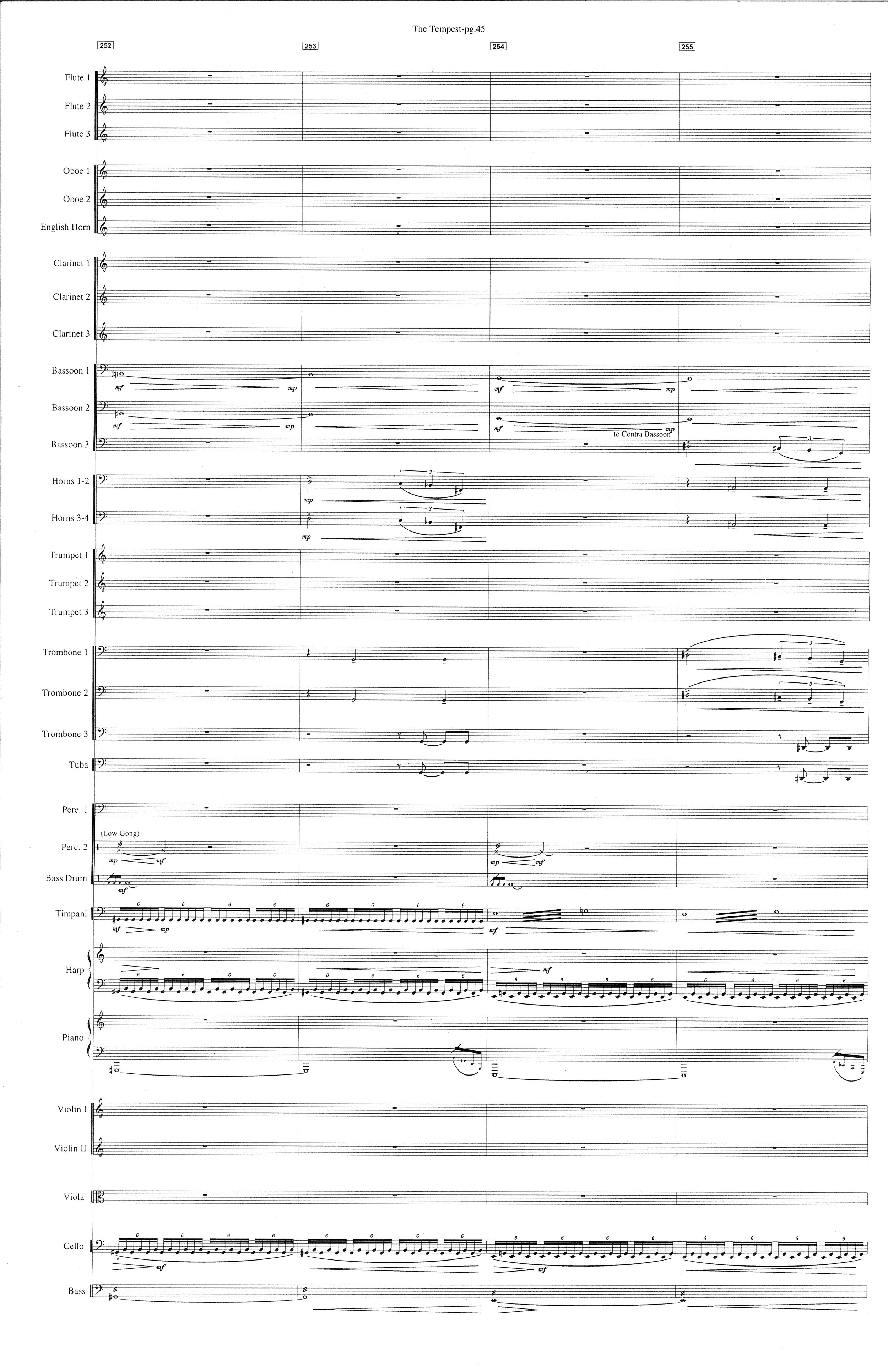
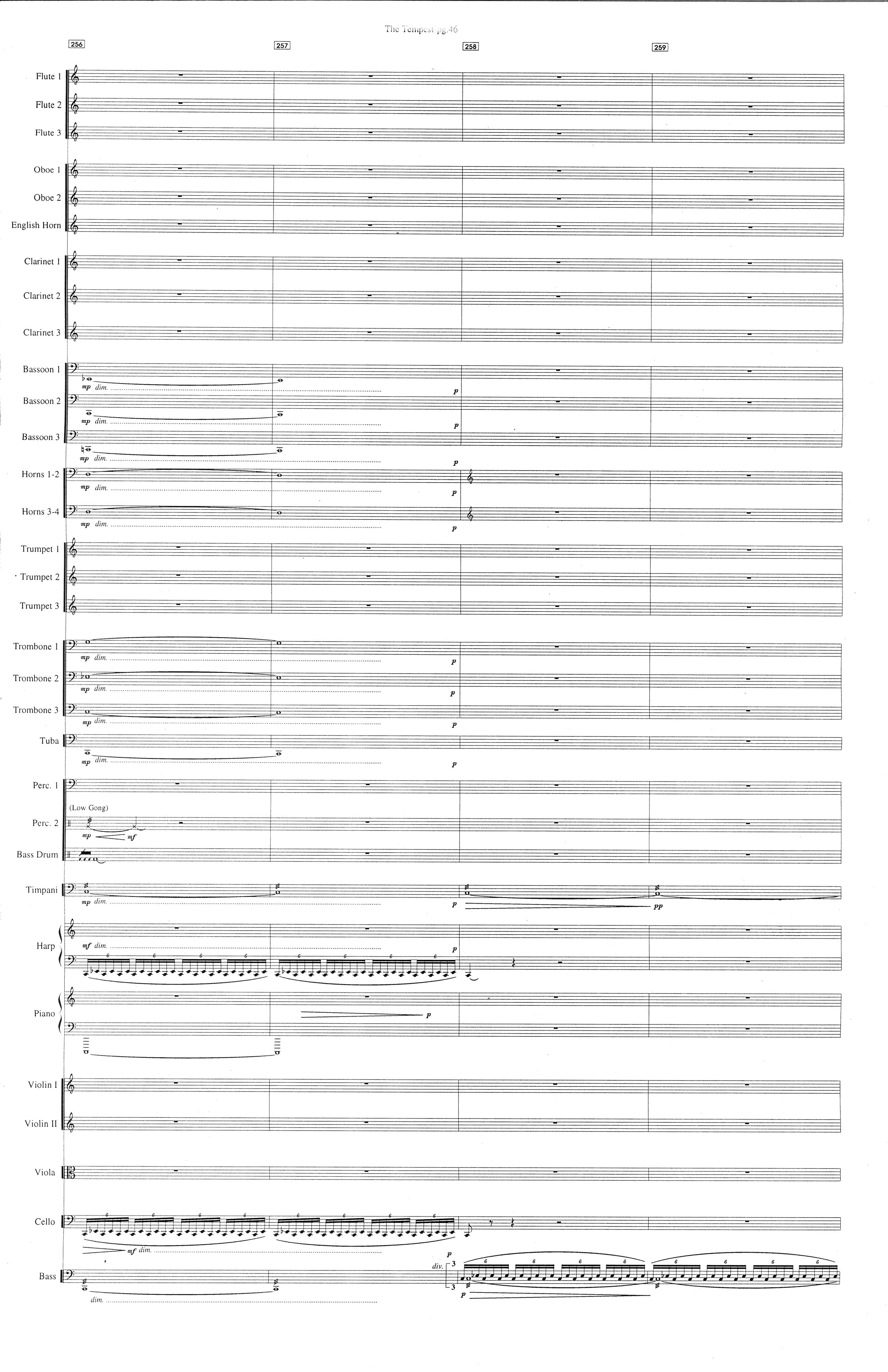
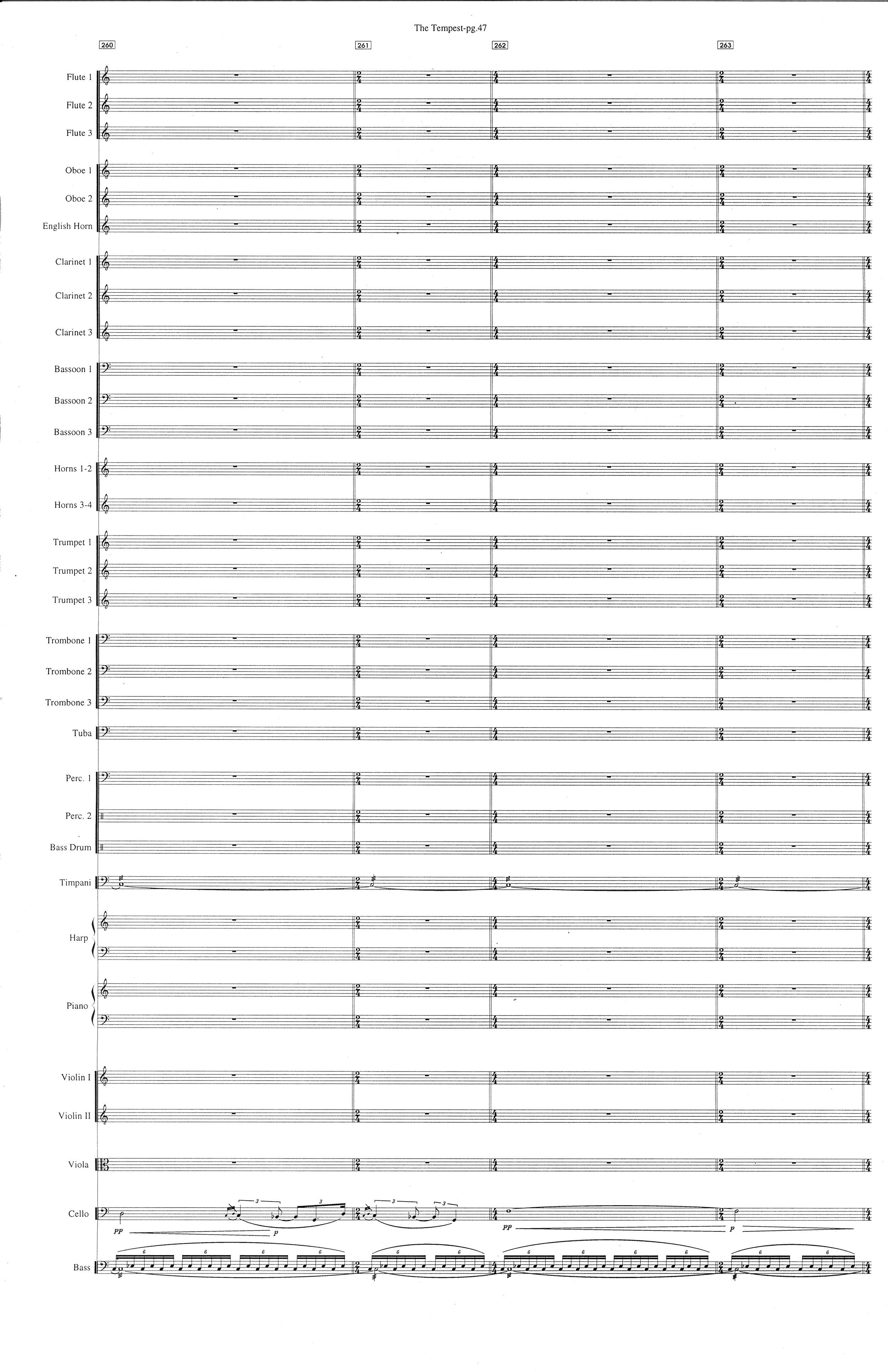
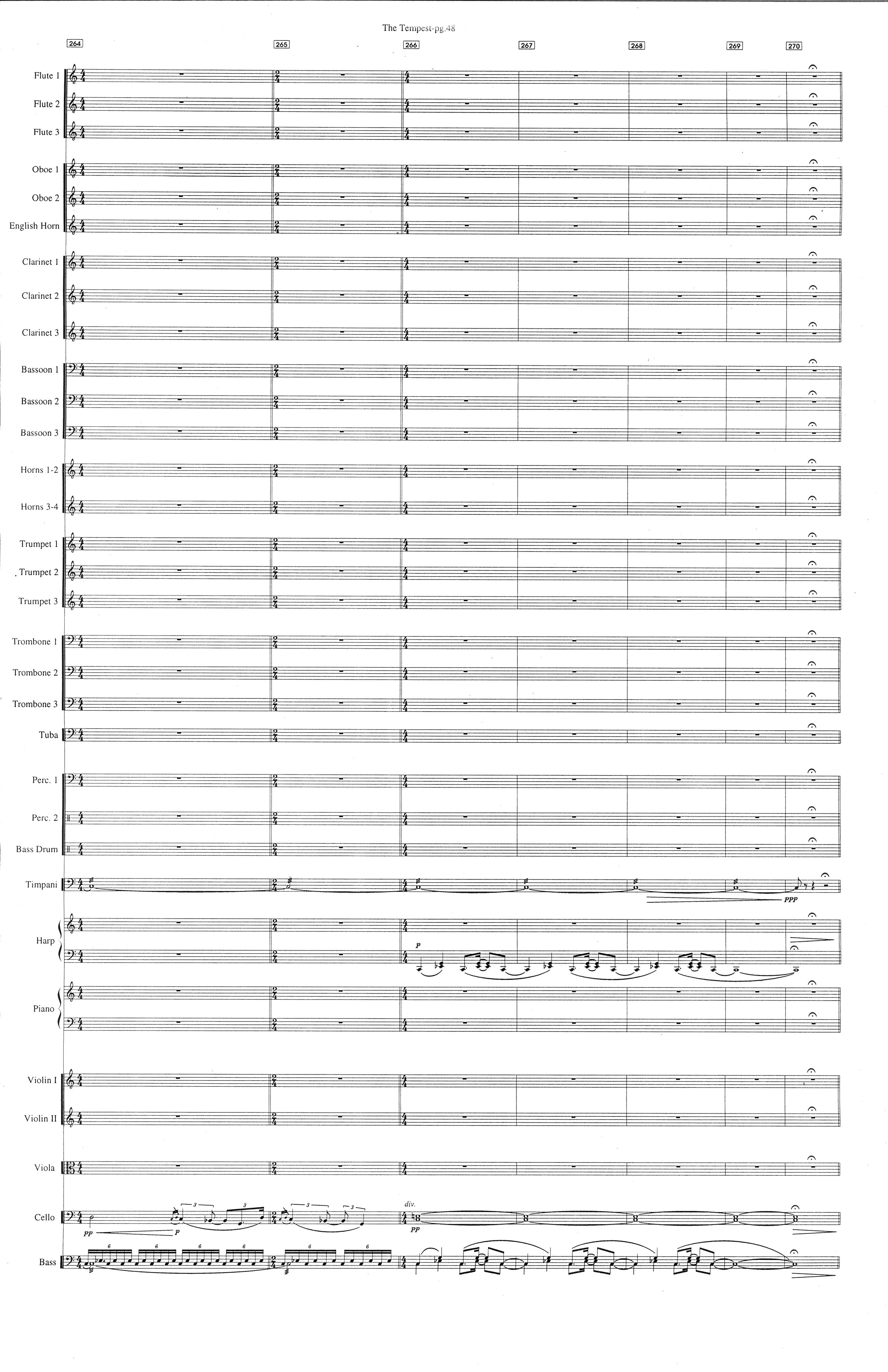
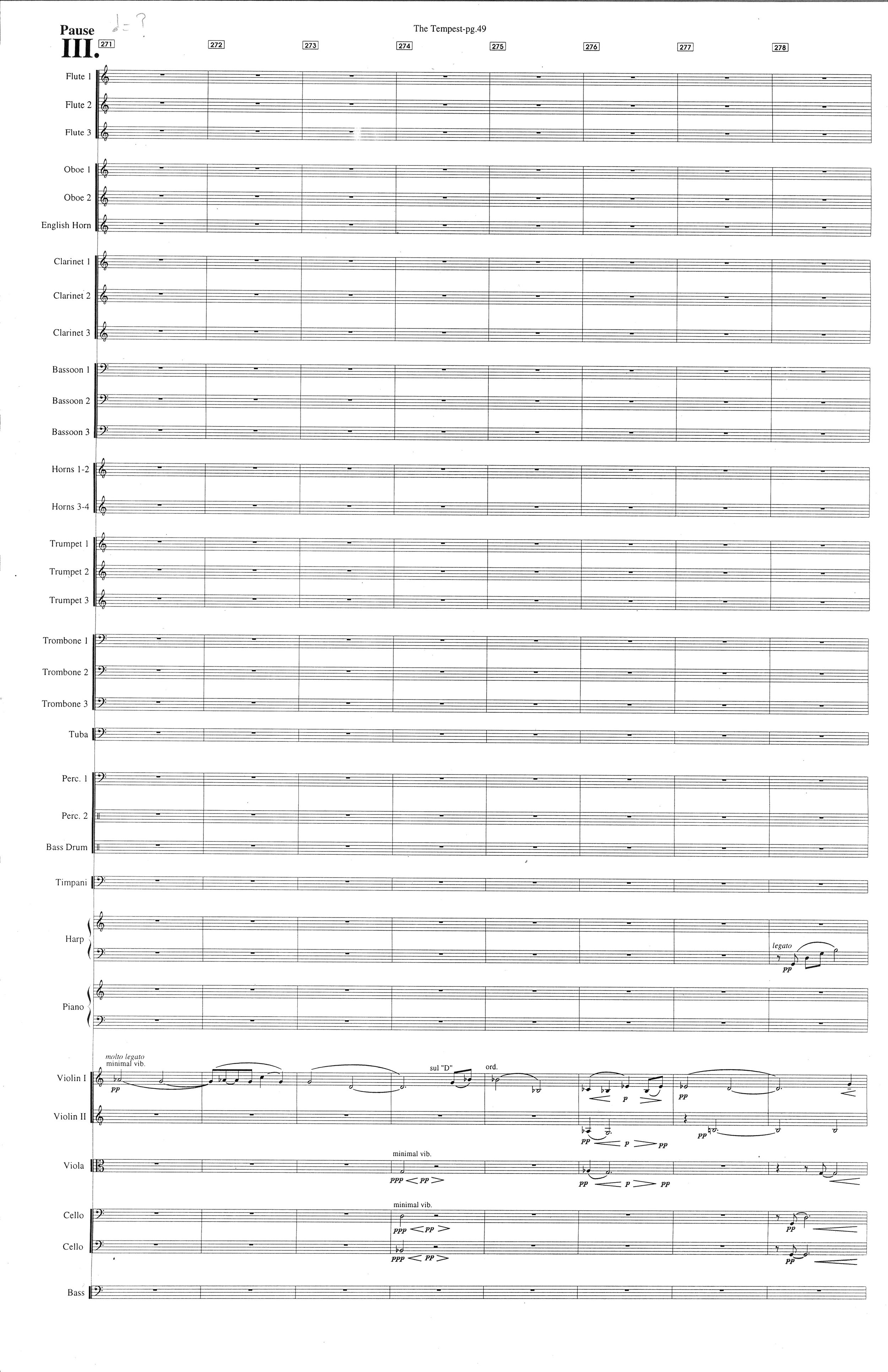
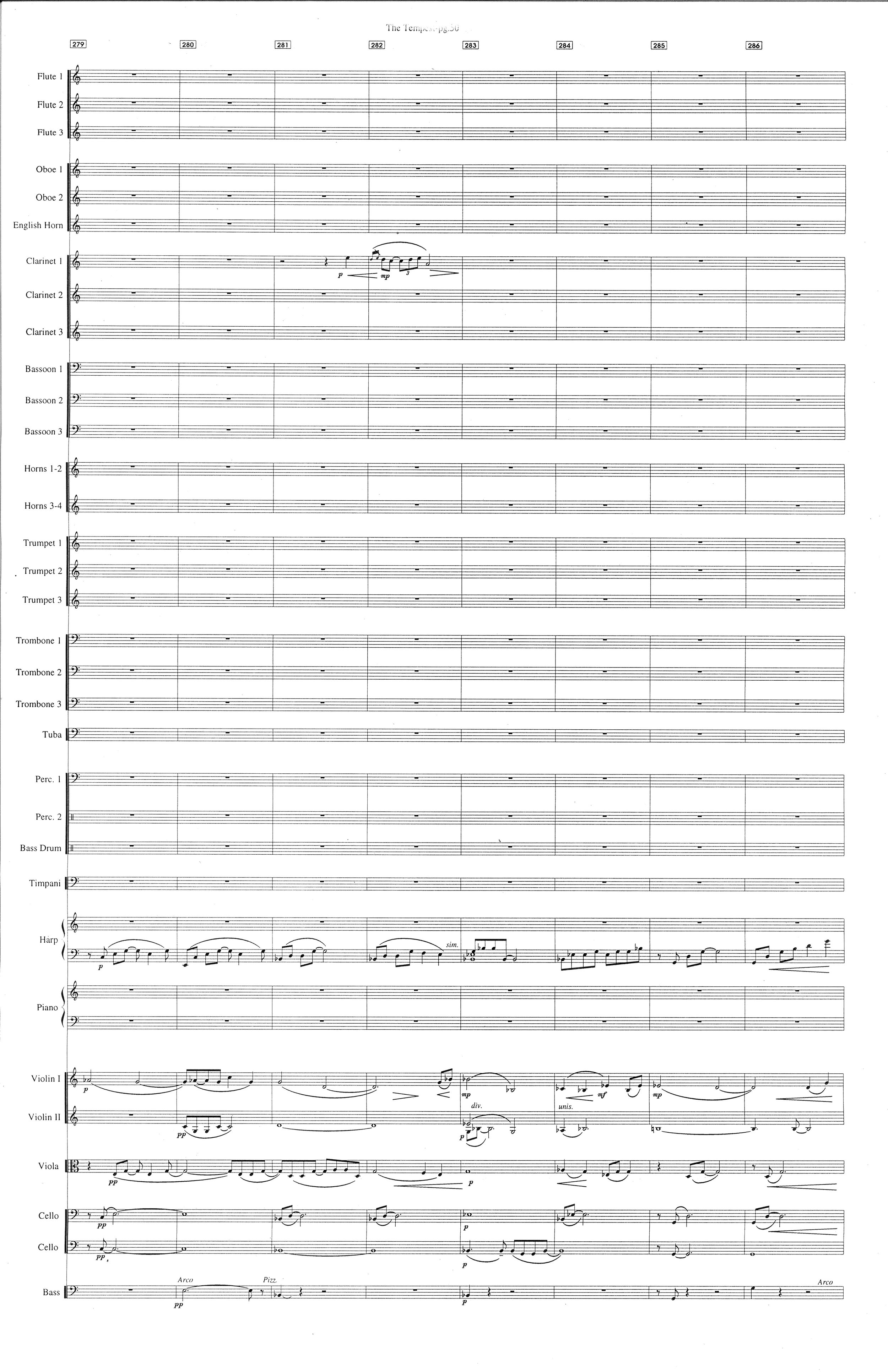
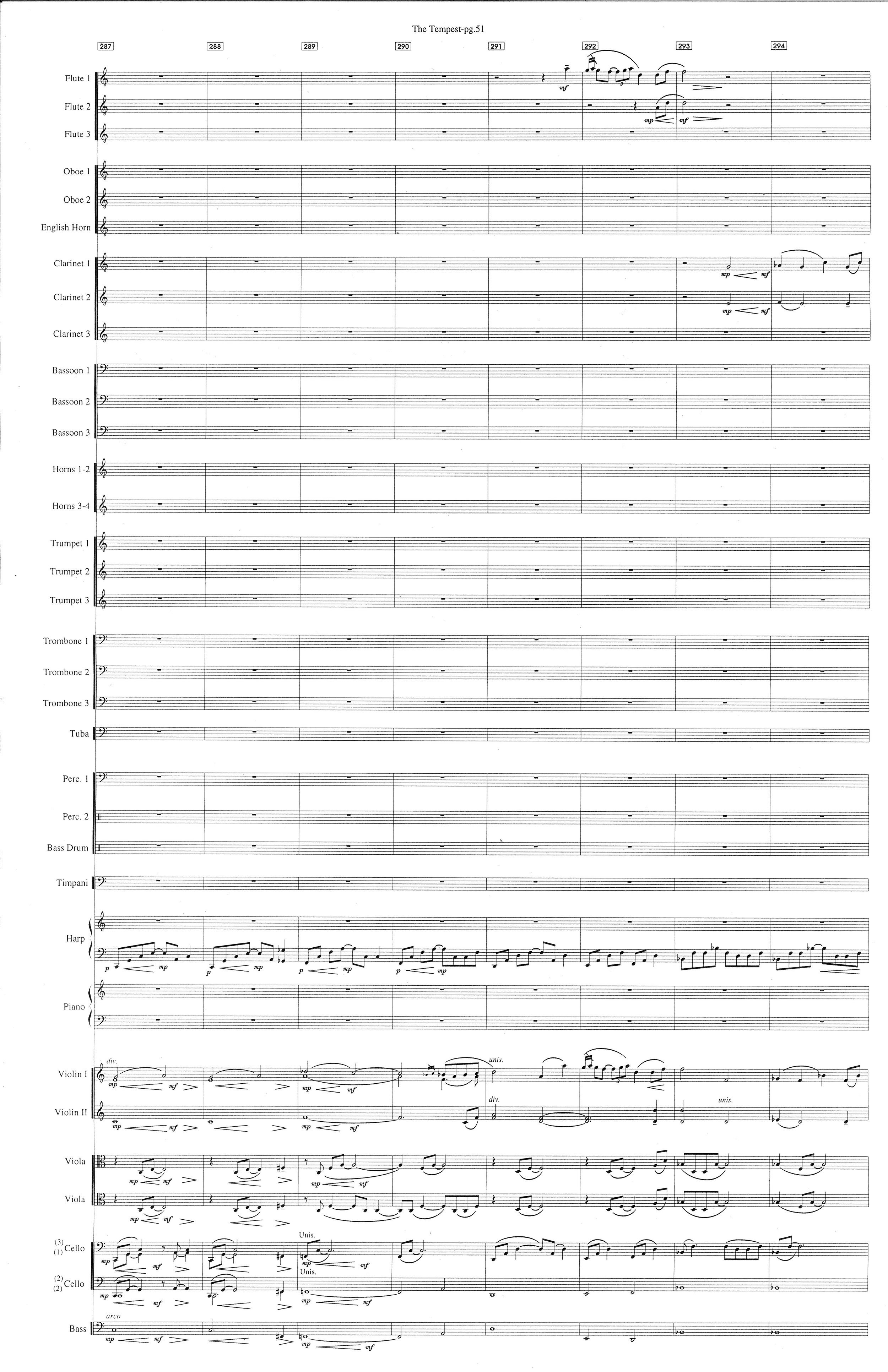
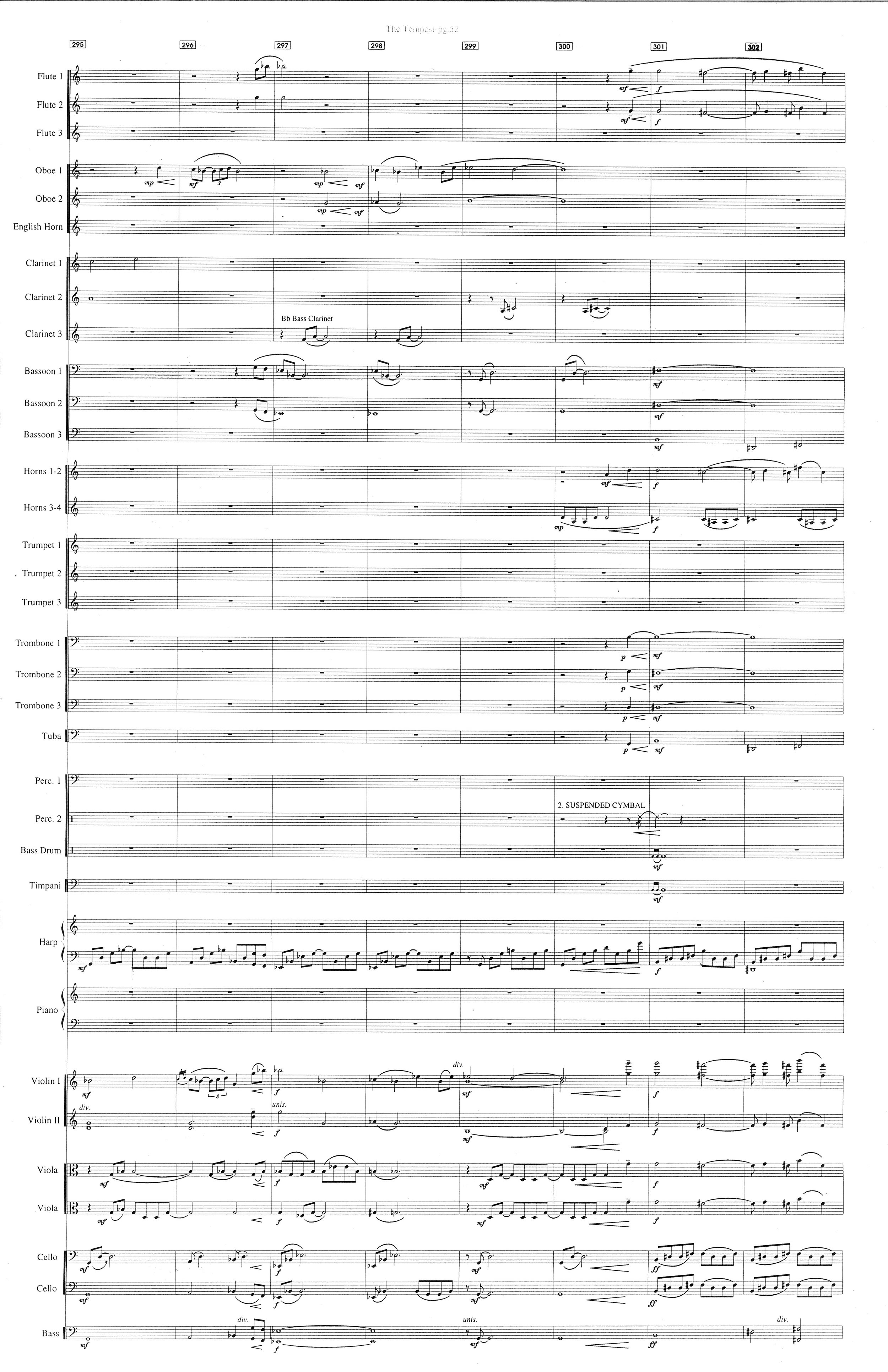
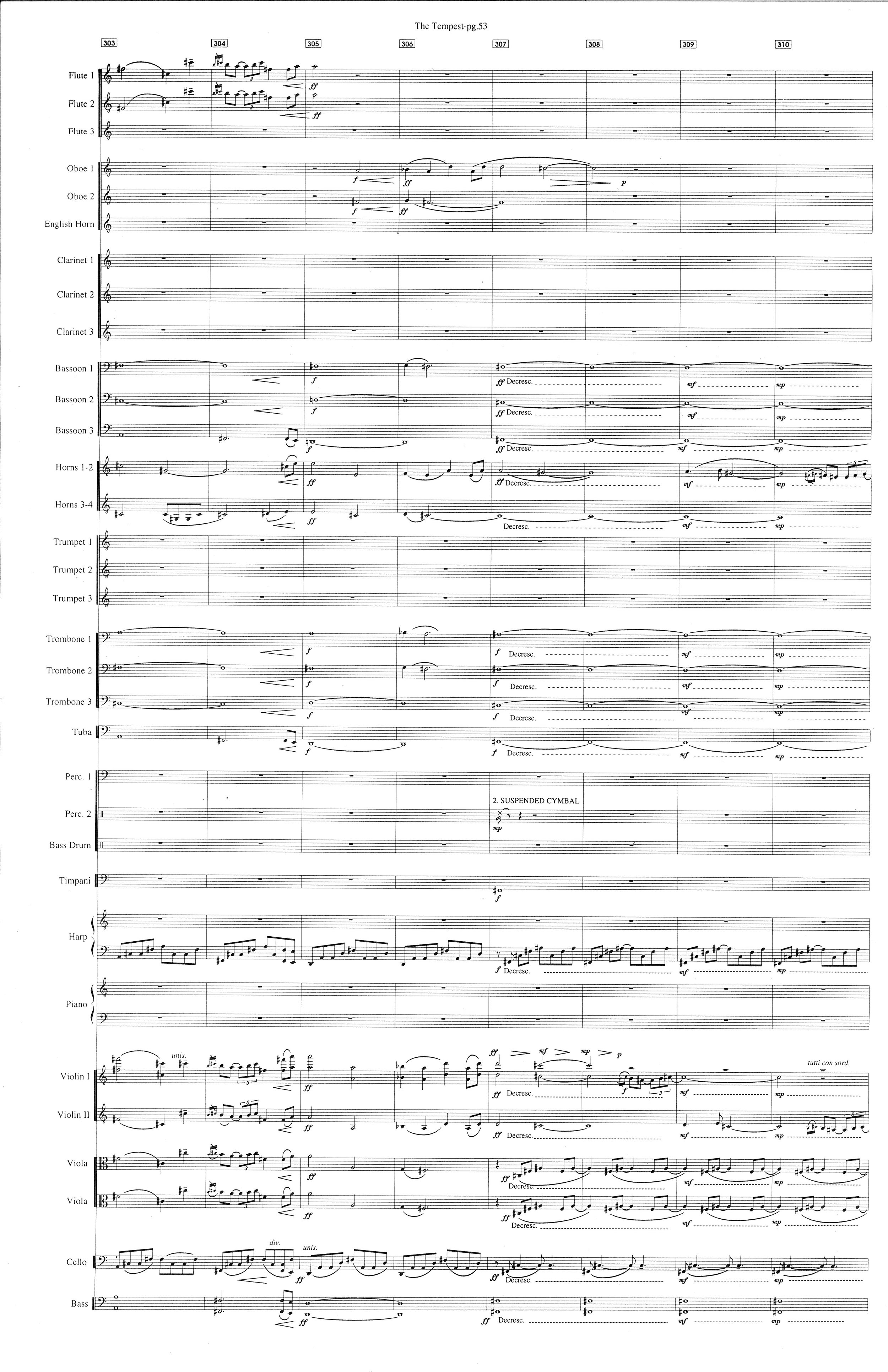
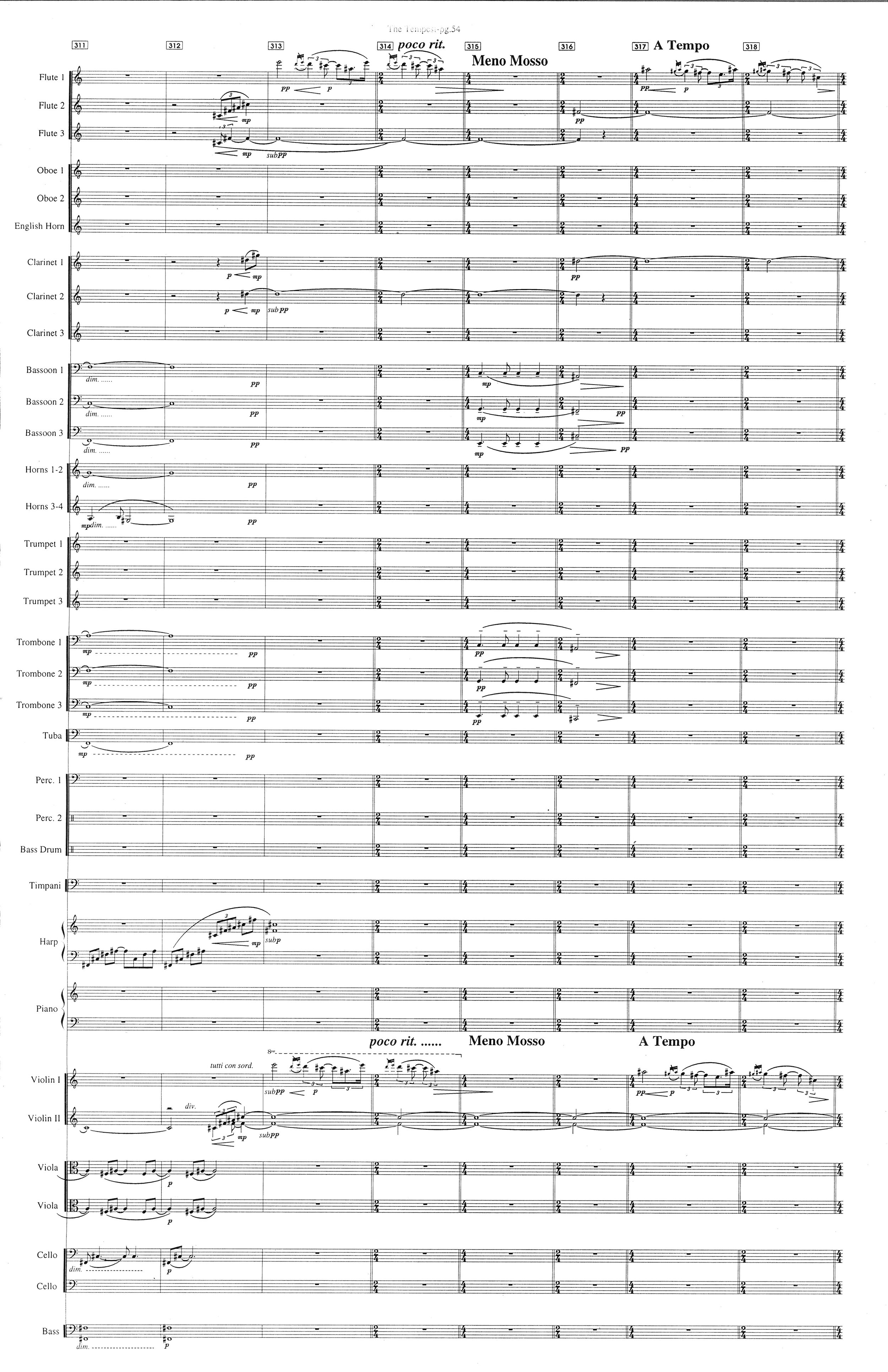
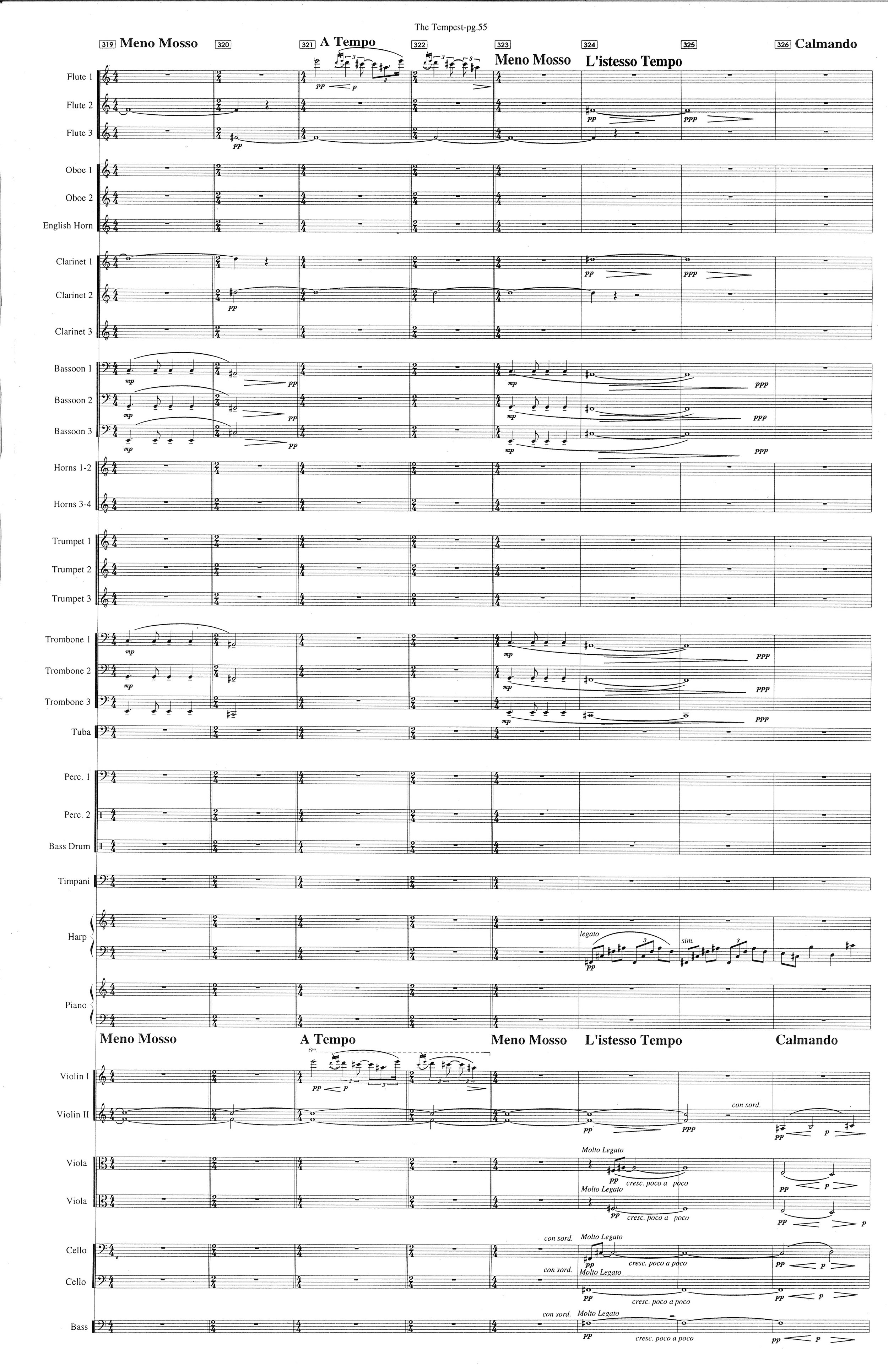
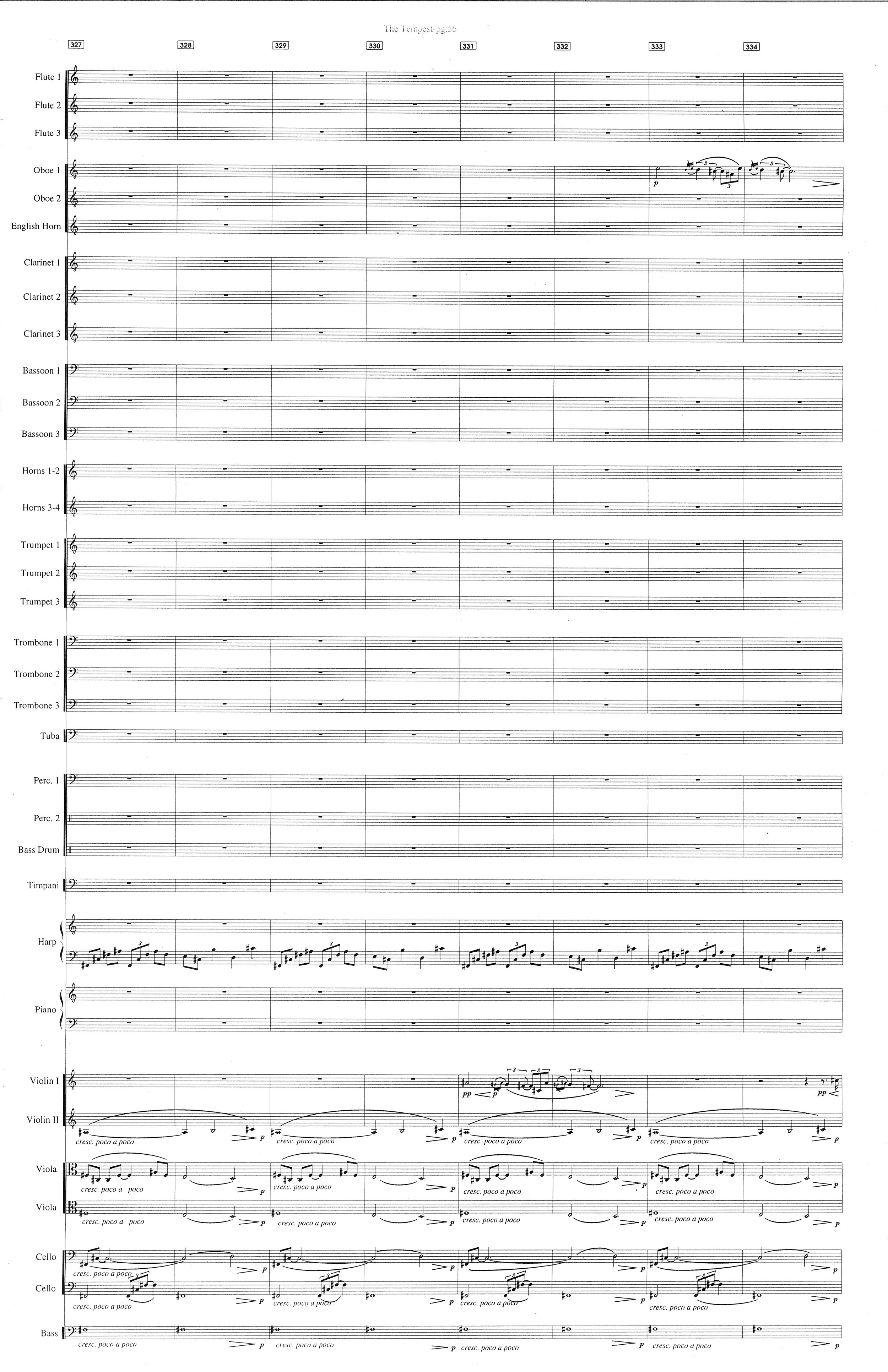
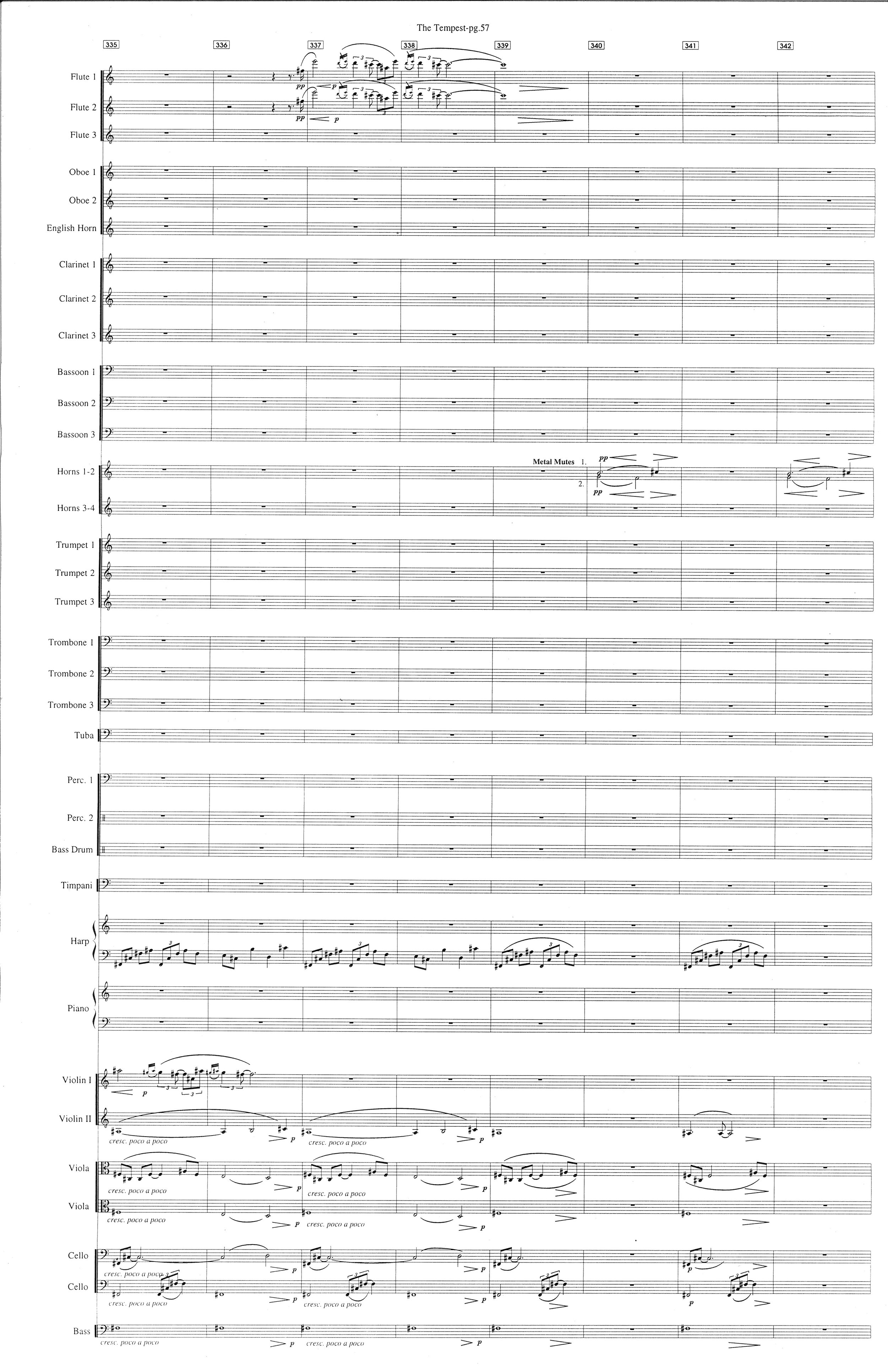
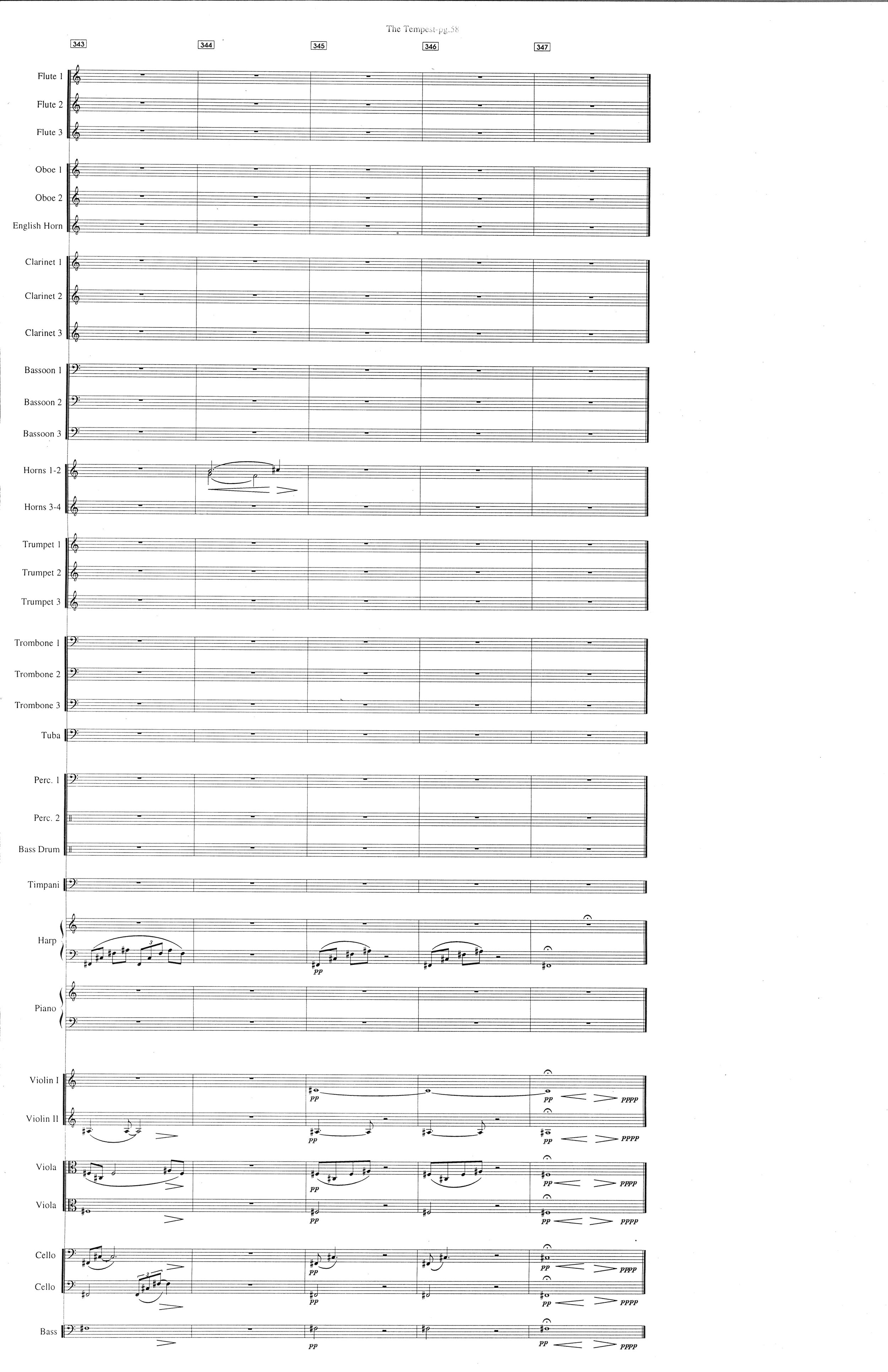
Wedding in the Night Garden
About the work
It was the year 2000 and as I was approaching my own wedding, "Wedding in the Night Garden" poured out of me. It is a piece about two souls, weightless, floating through a night garden in search of one another; it is my love piece to my wife Claire.
The music is lyrical in style and the many linear string parts and mezzo-soprano melodies imply the harmony throughout the work. The effect of this was to create a sense of two souls floating through air.
Finding the right text for this work almost seemed like an endless search. After volumes of reading through poetry, I finally turned to the "Song of Songs" and found the perfect words staring straight at me expressing all the mystery and beauty that I was yearning for in the music.
Originally, the two-movement work was orchestrated for strings and mezzo-soprano. Later, a second version was developed for strings, choir and mezzo-soprano which was performed in 2002 by the Los Angeles Master Chorale. Conductor Grant Gershon, programmed repeat performances at Walt Disney Concert Hall in their 2005/2006 season with Suzanna Guzmán singing the mezzo-soprano part.
In its first-ever release, this original version is performed by 15 strings and were recorded under my direction with the mezzo soprano part performed by the gifted Aleta Braxton.
Two versions are available for concert performances.
Version I
Mezzo-soprano, Strings
Version II
Mezzo-soprano, Strings, Choir
Version I (Mezzo-soprano, strings)
Click on top of score to turn pages.
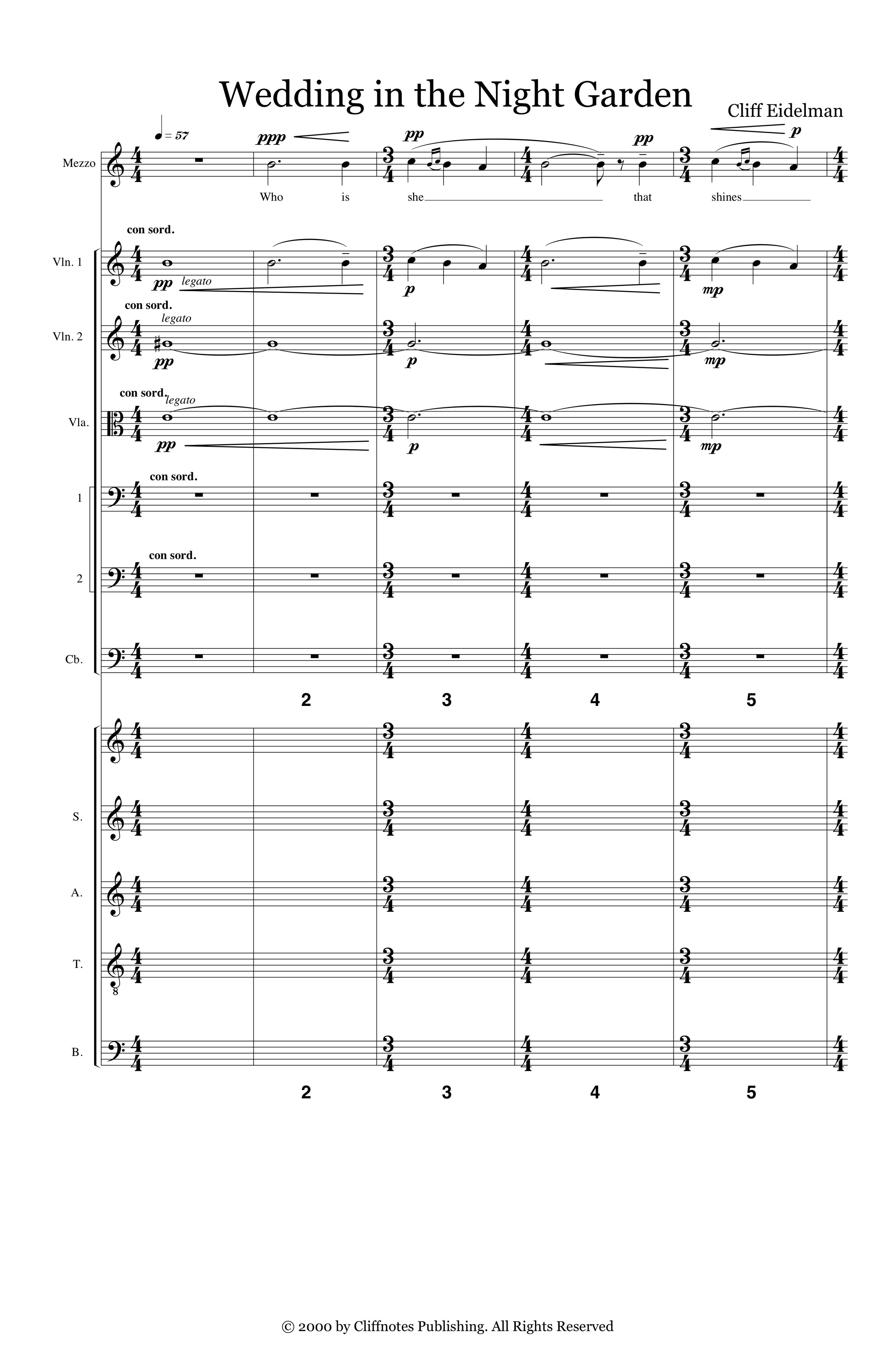
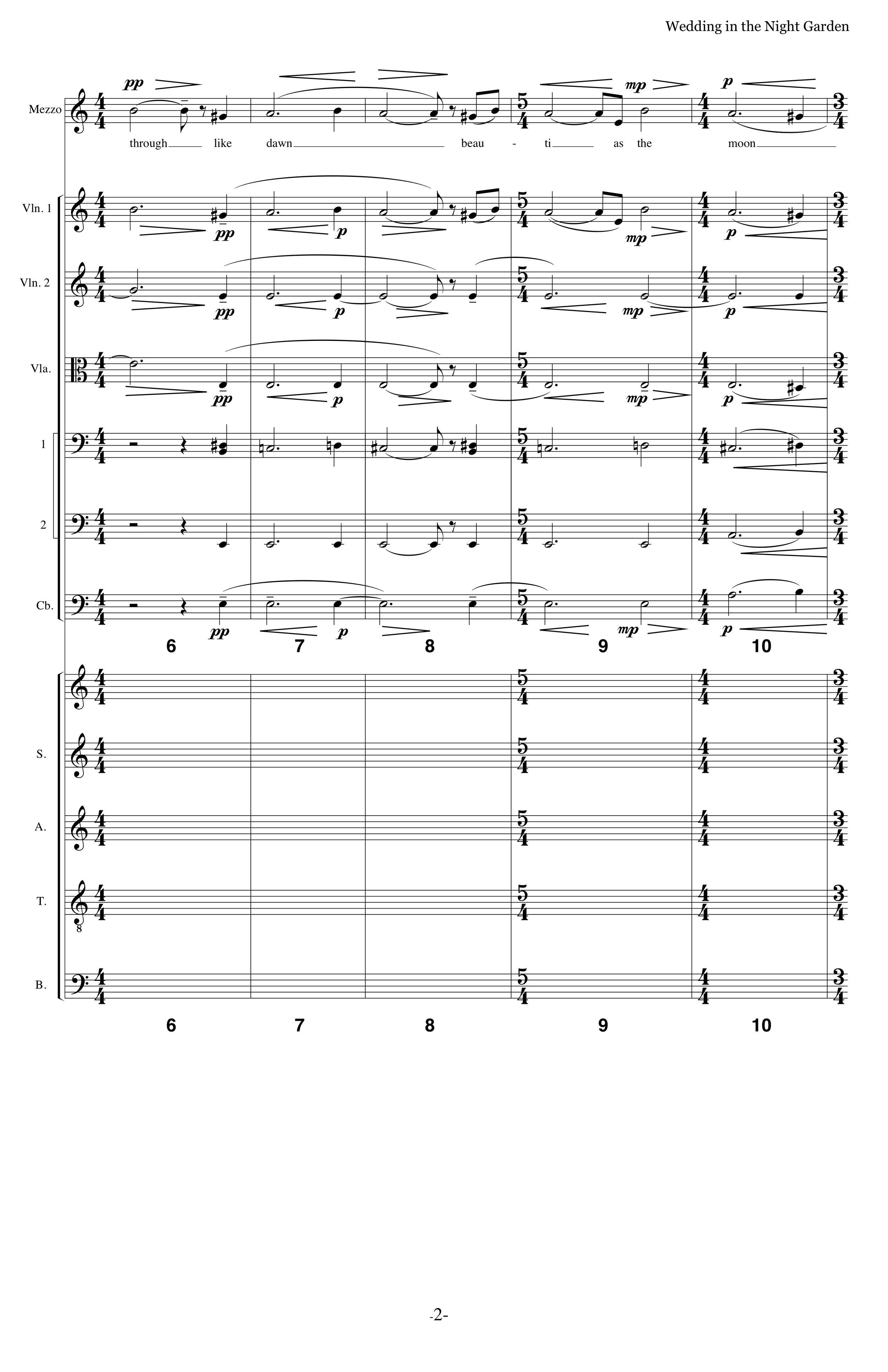
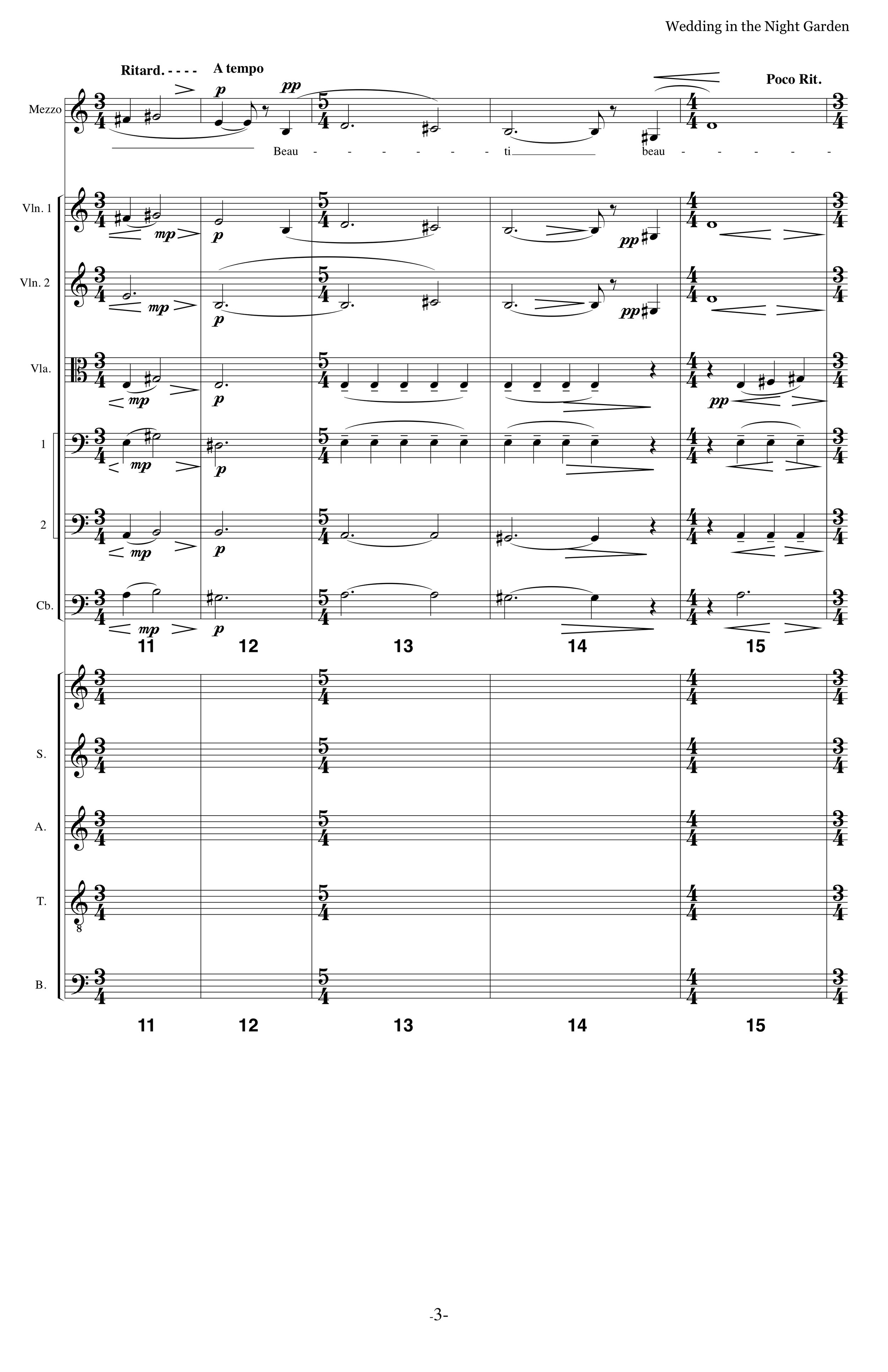
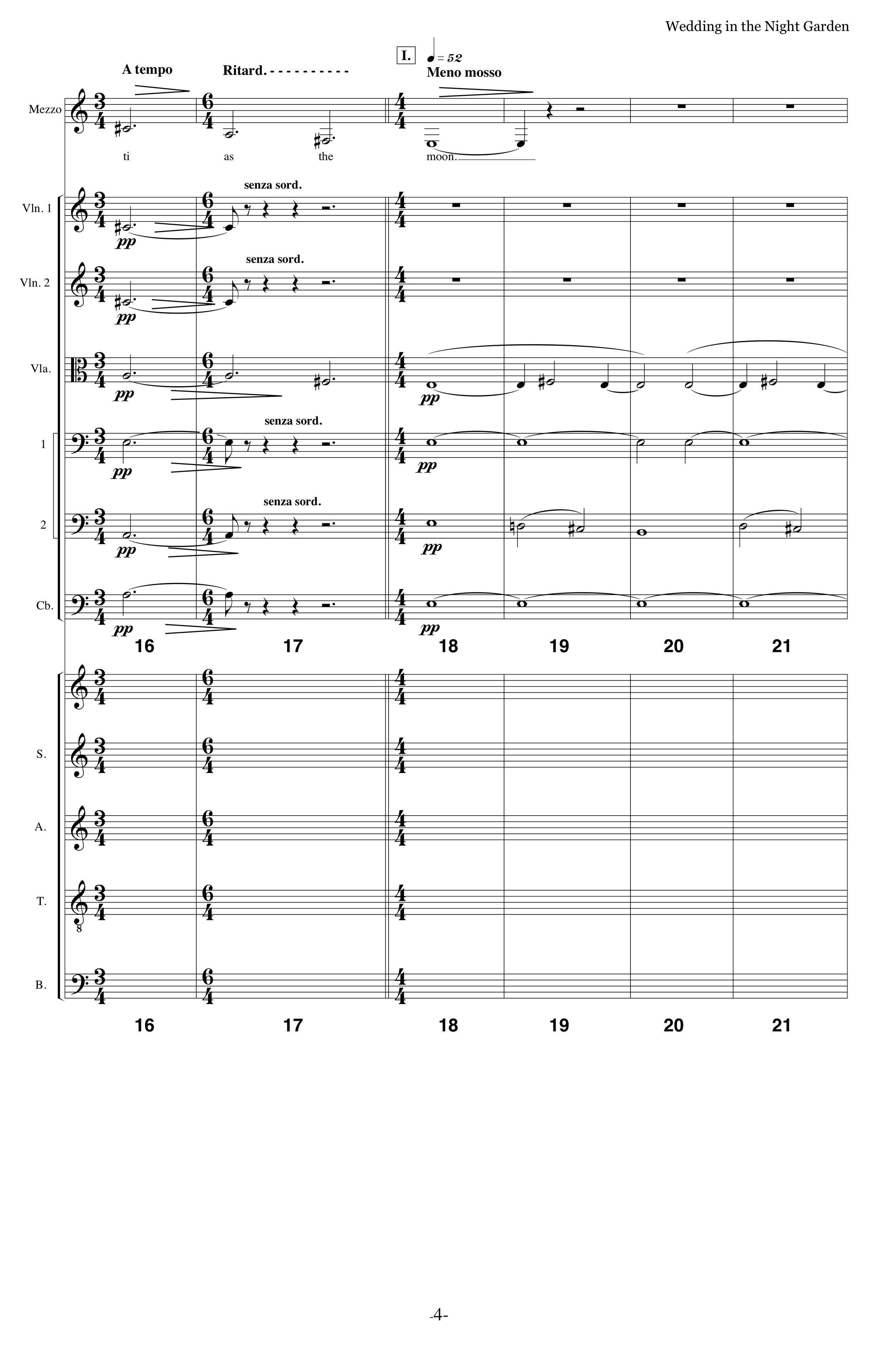
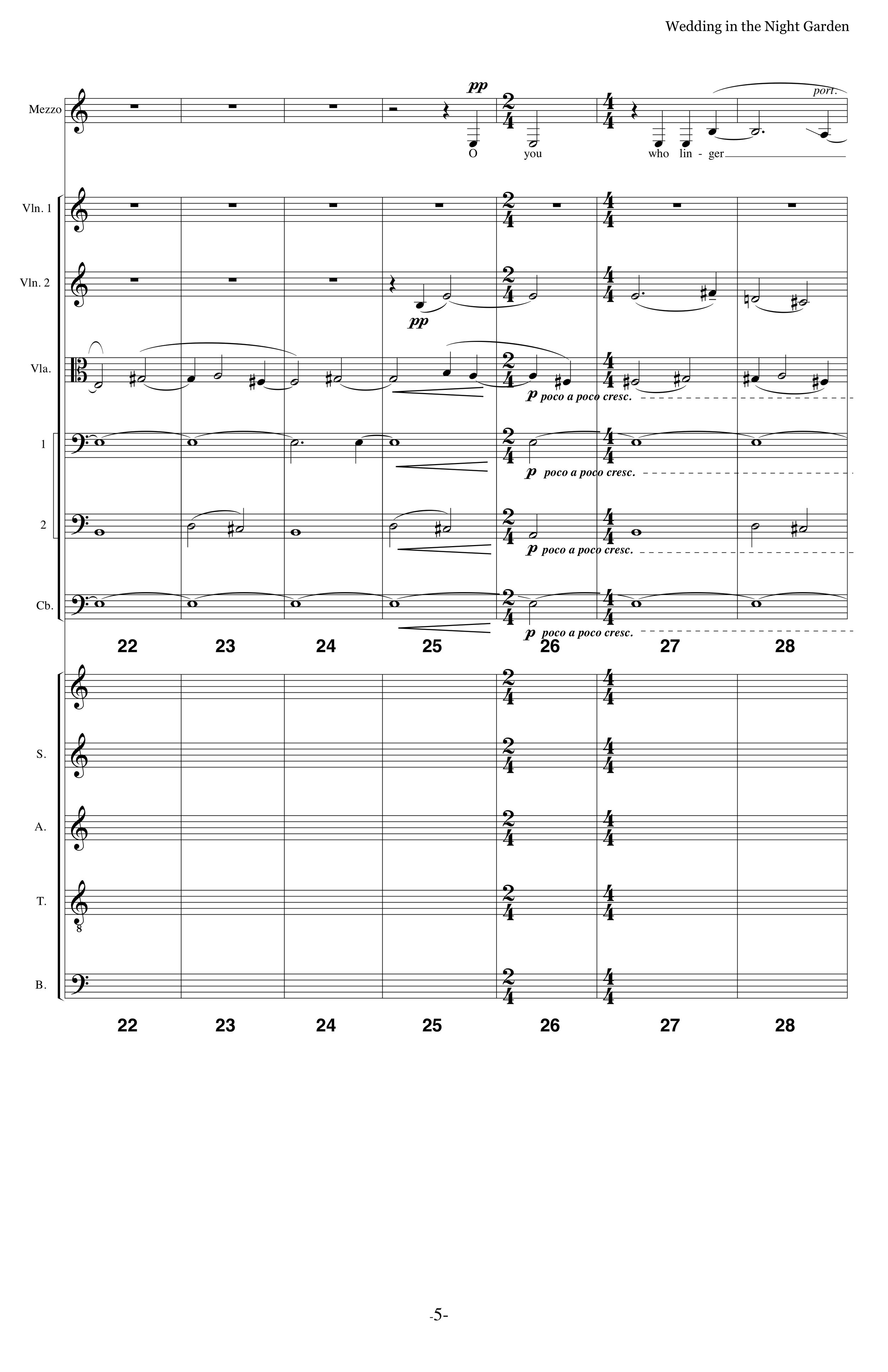
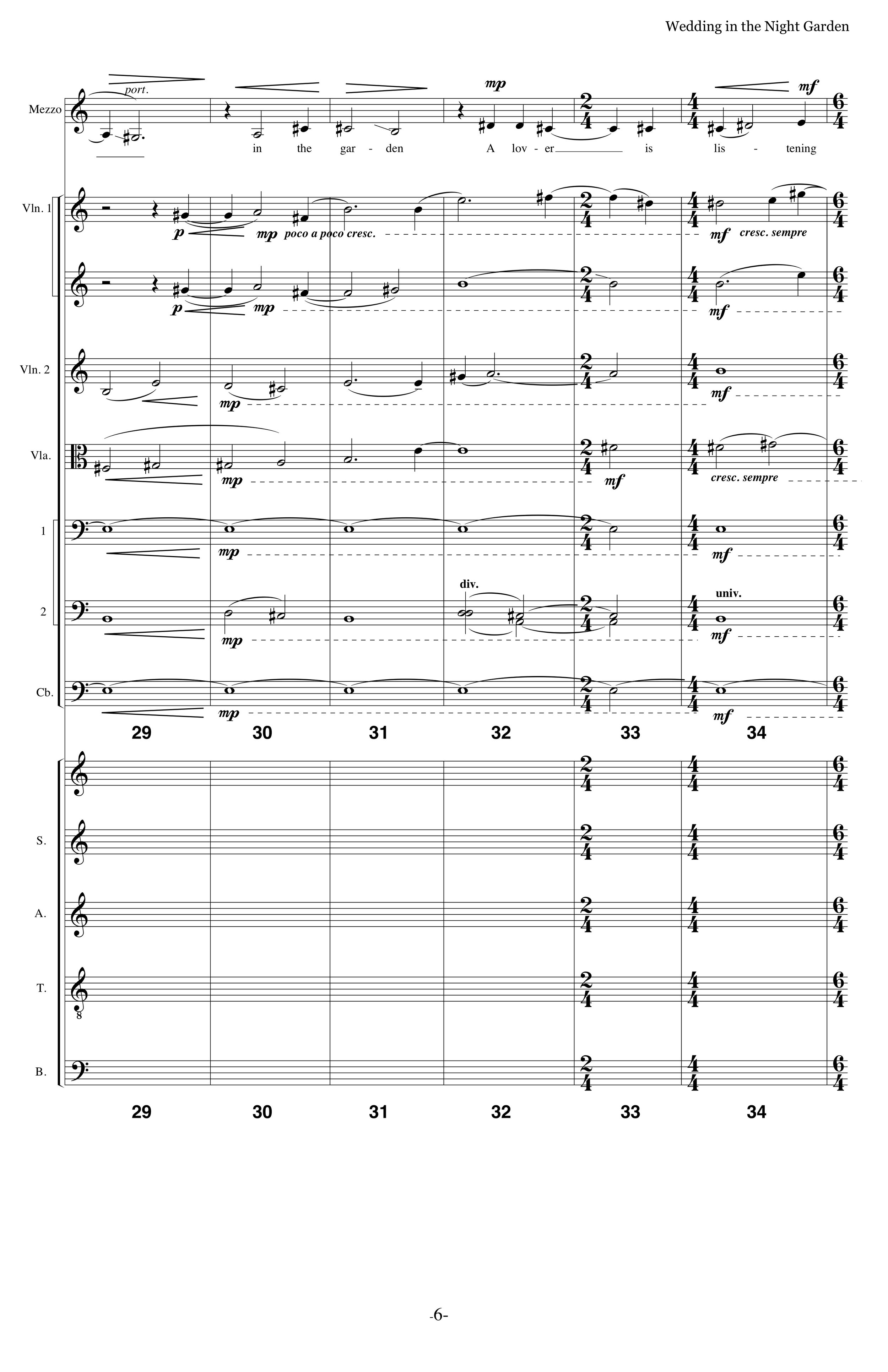
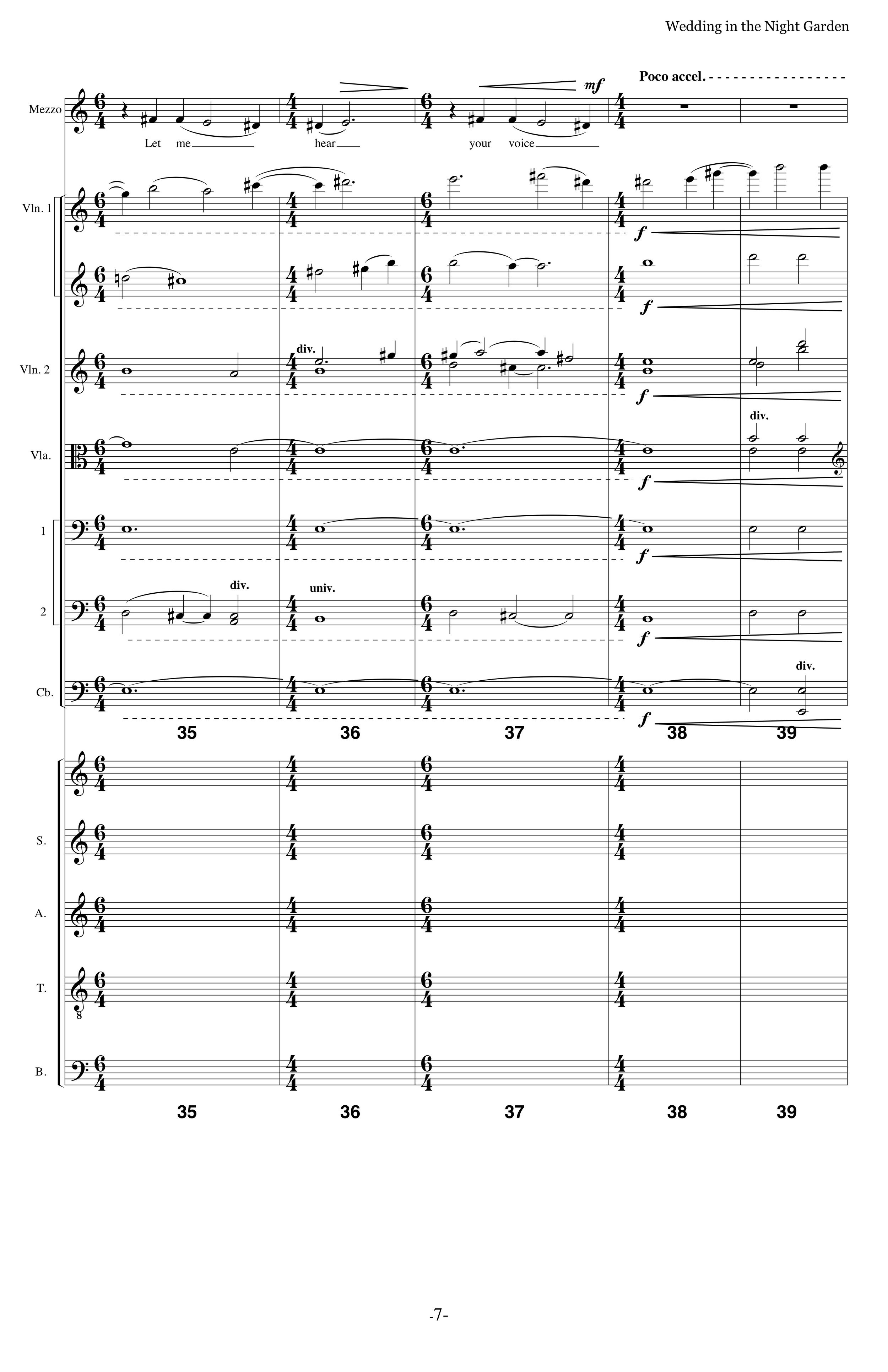
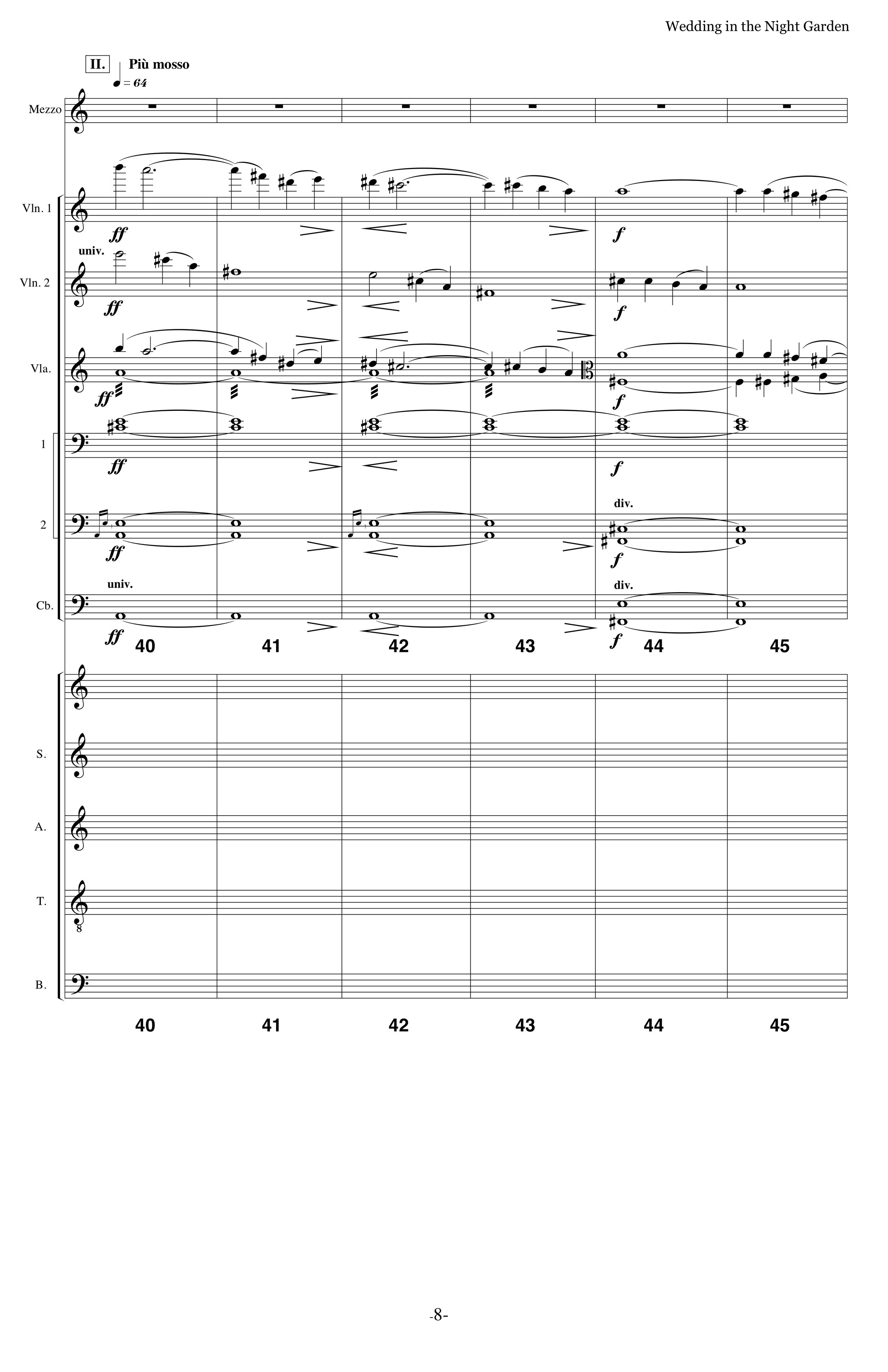
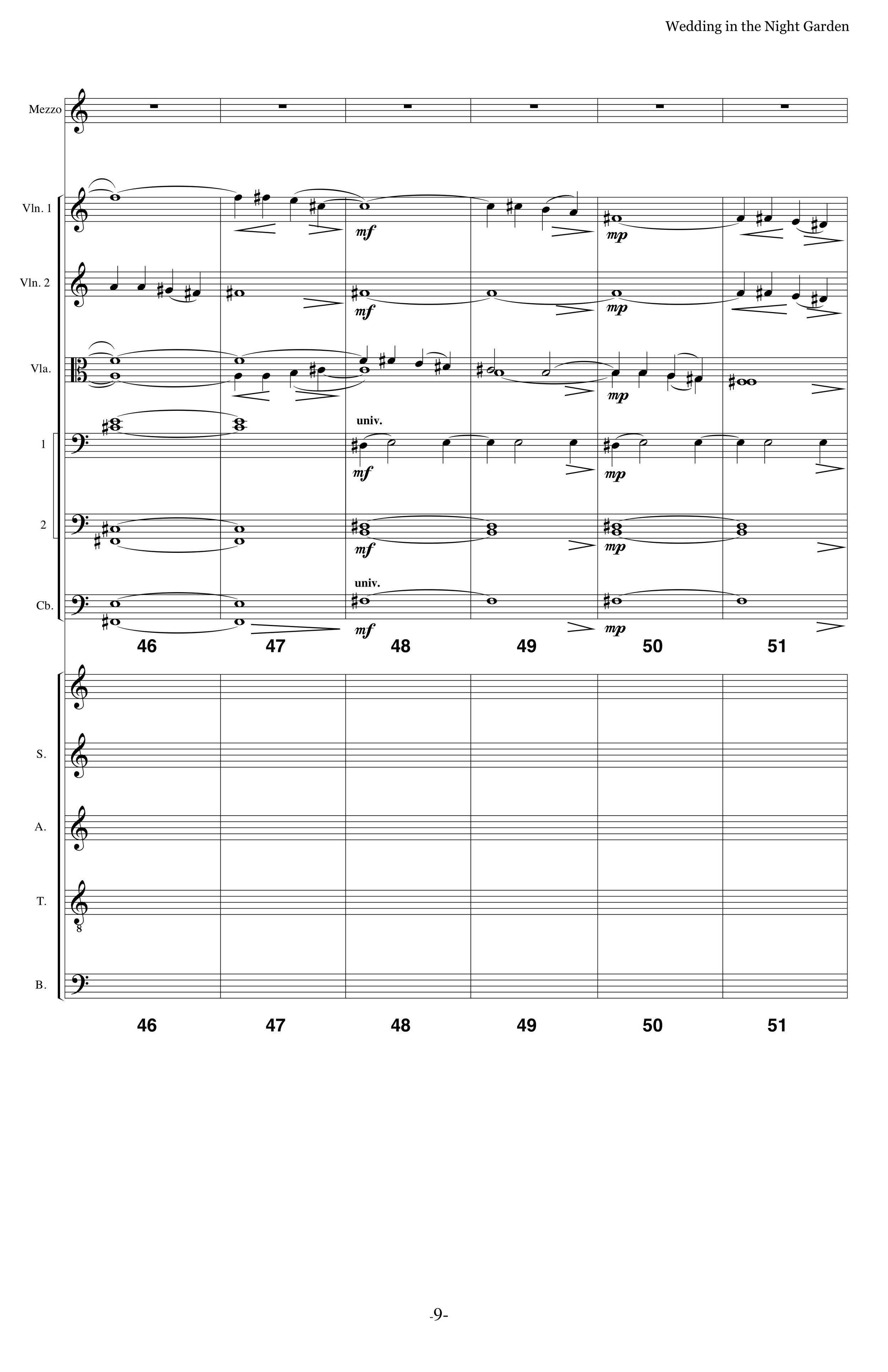
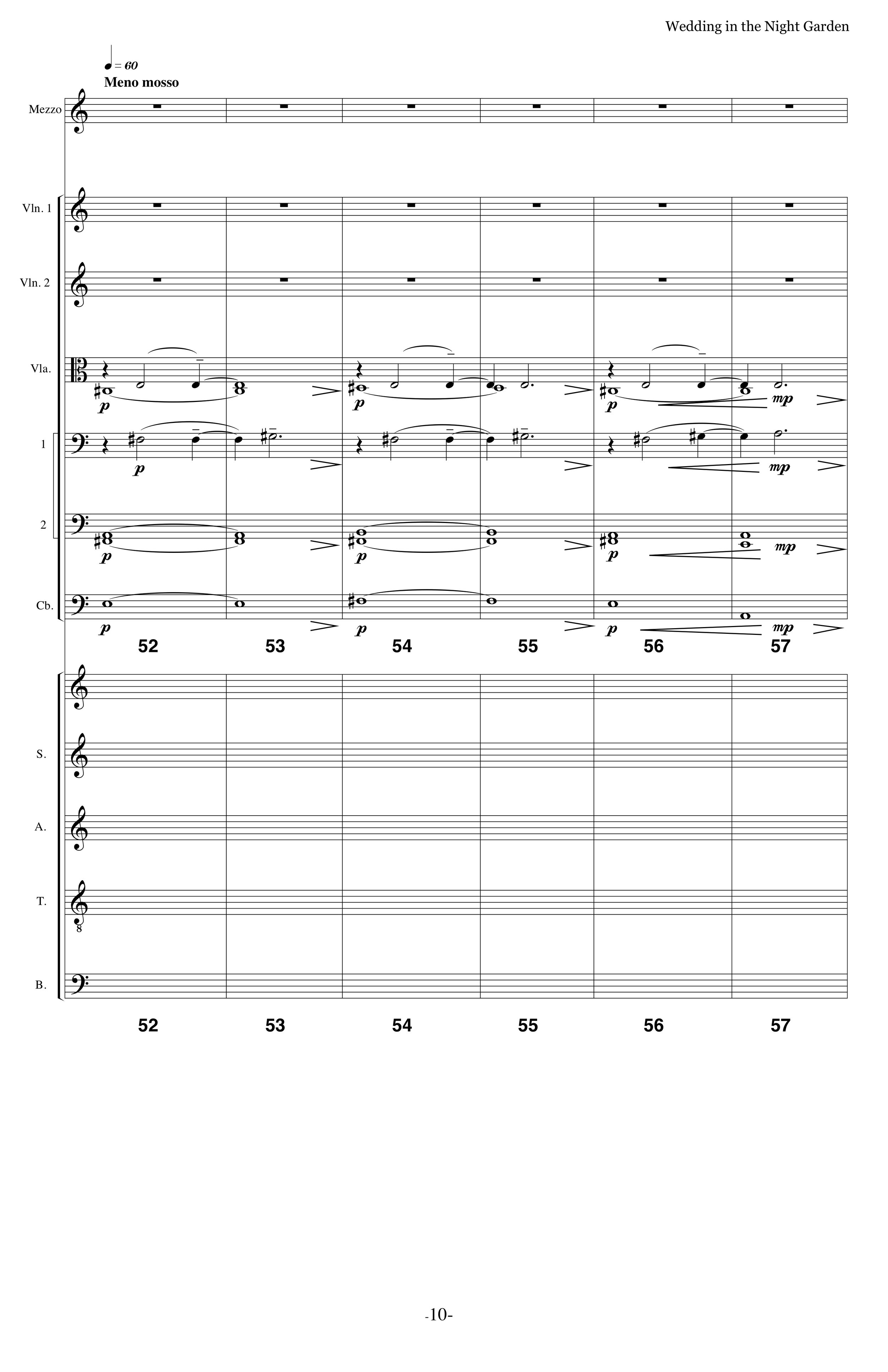
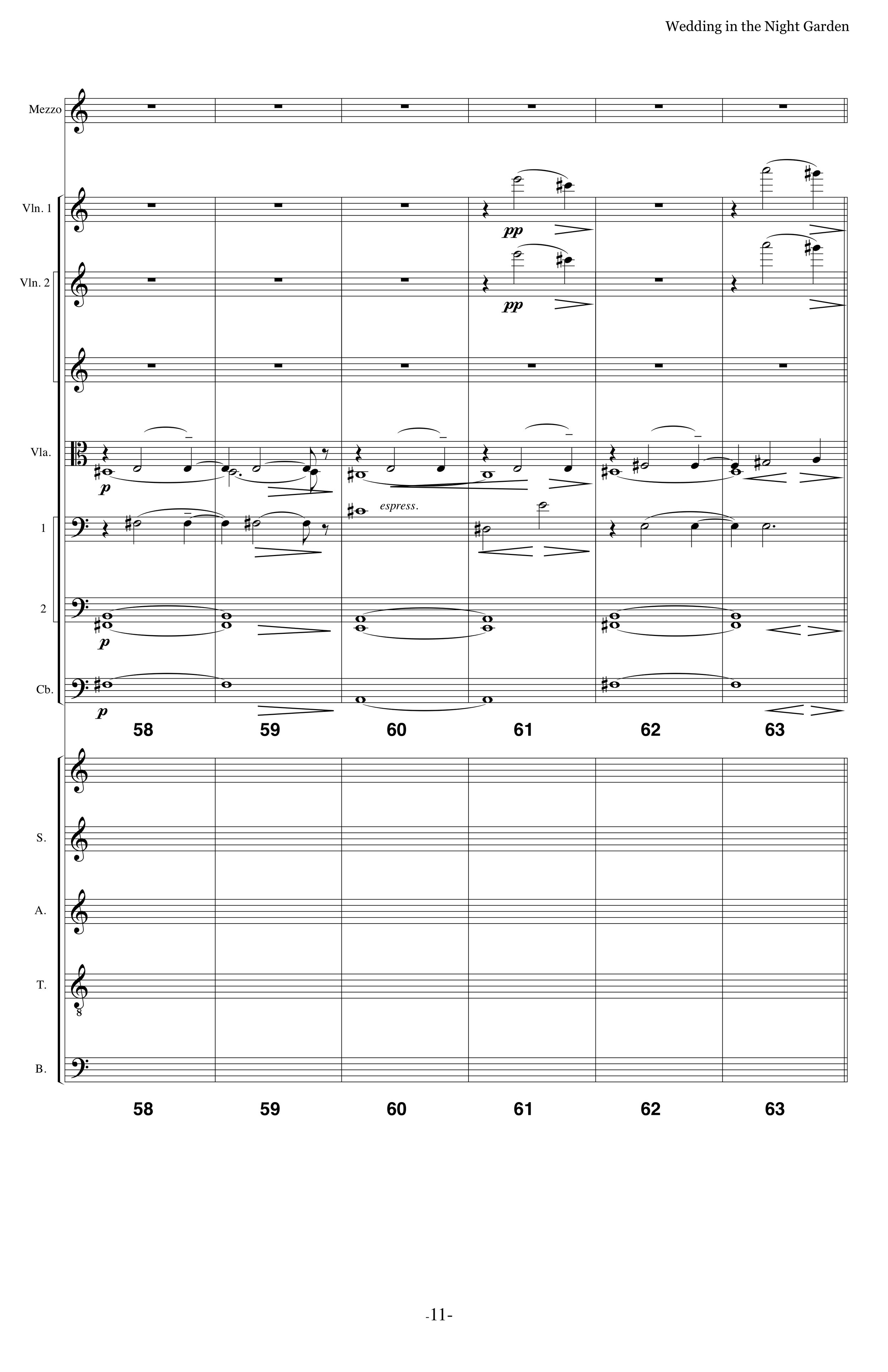
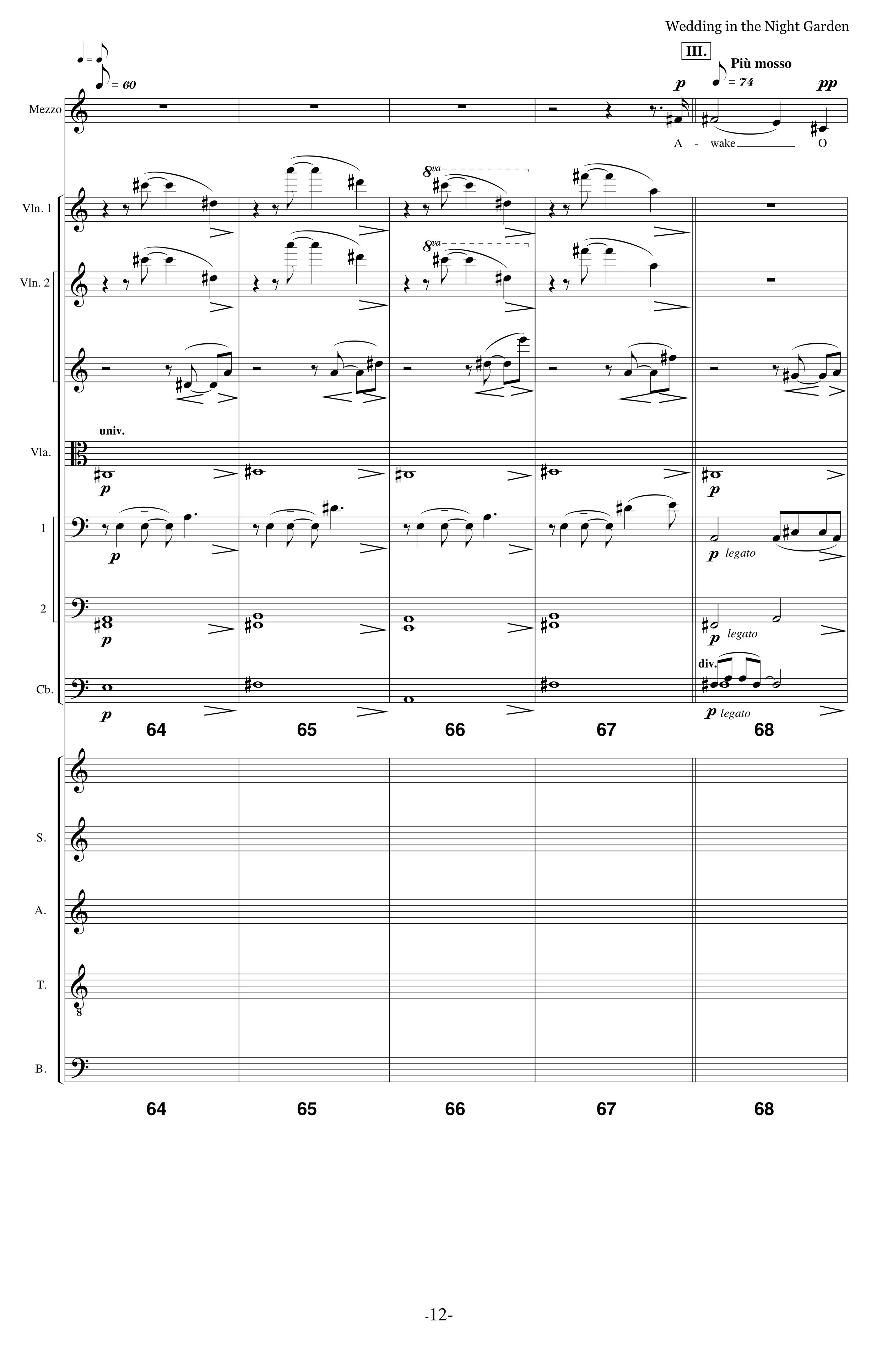
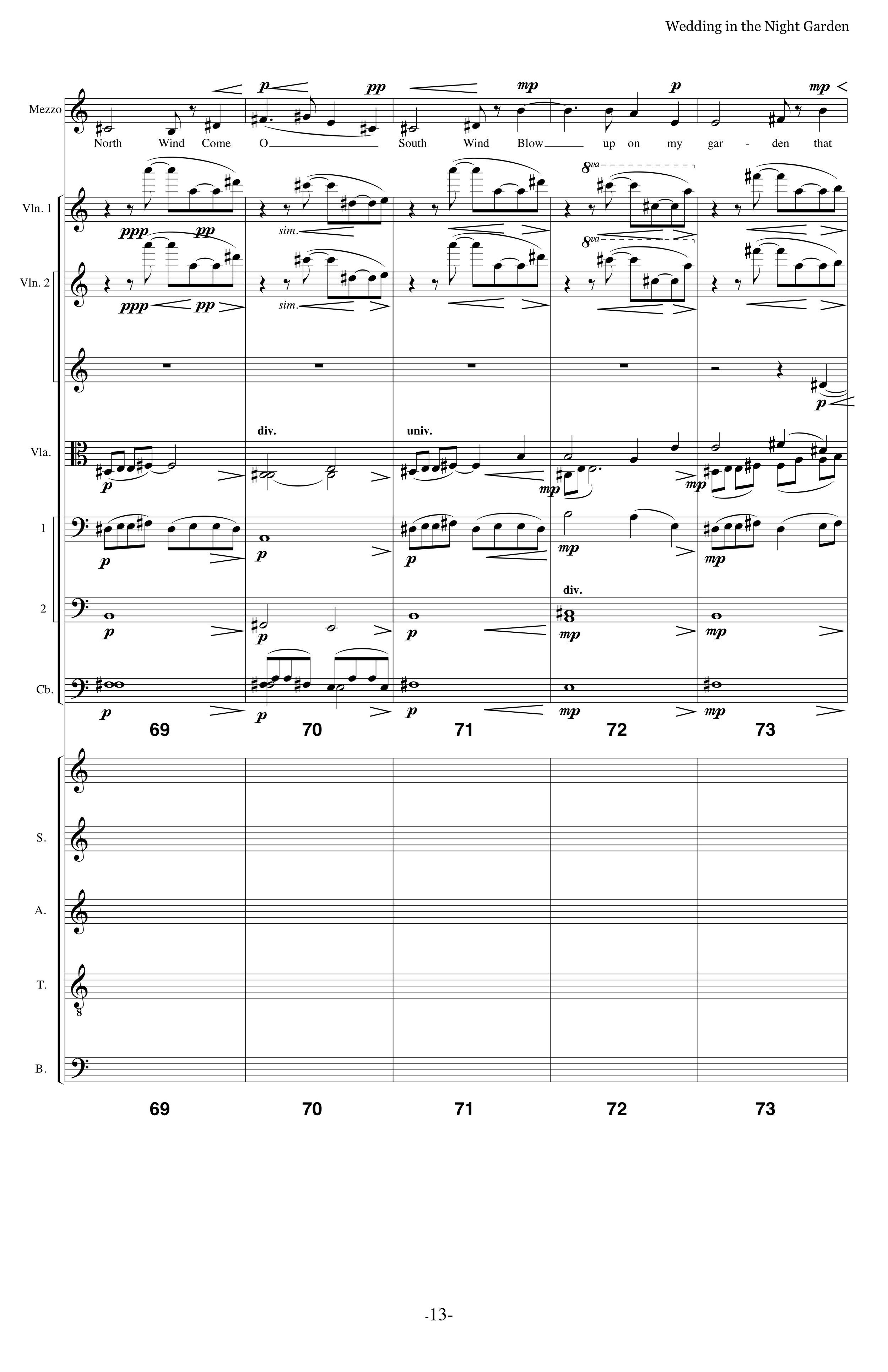
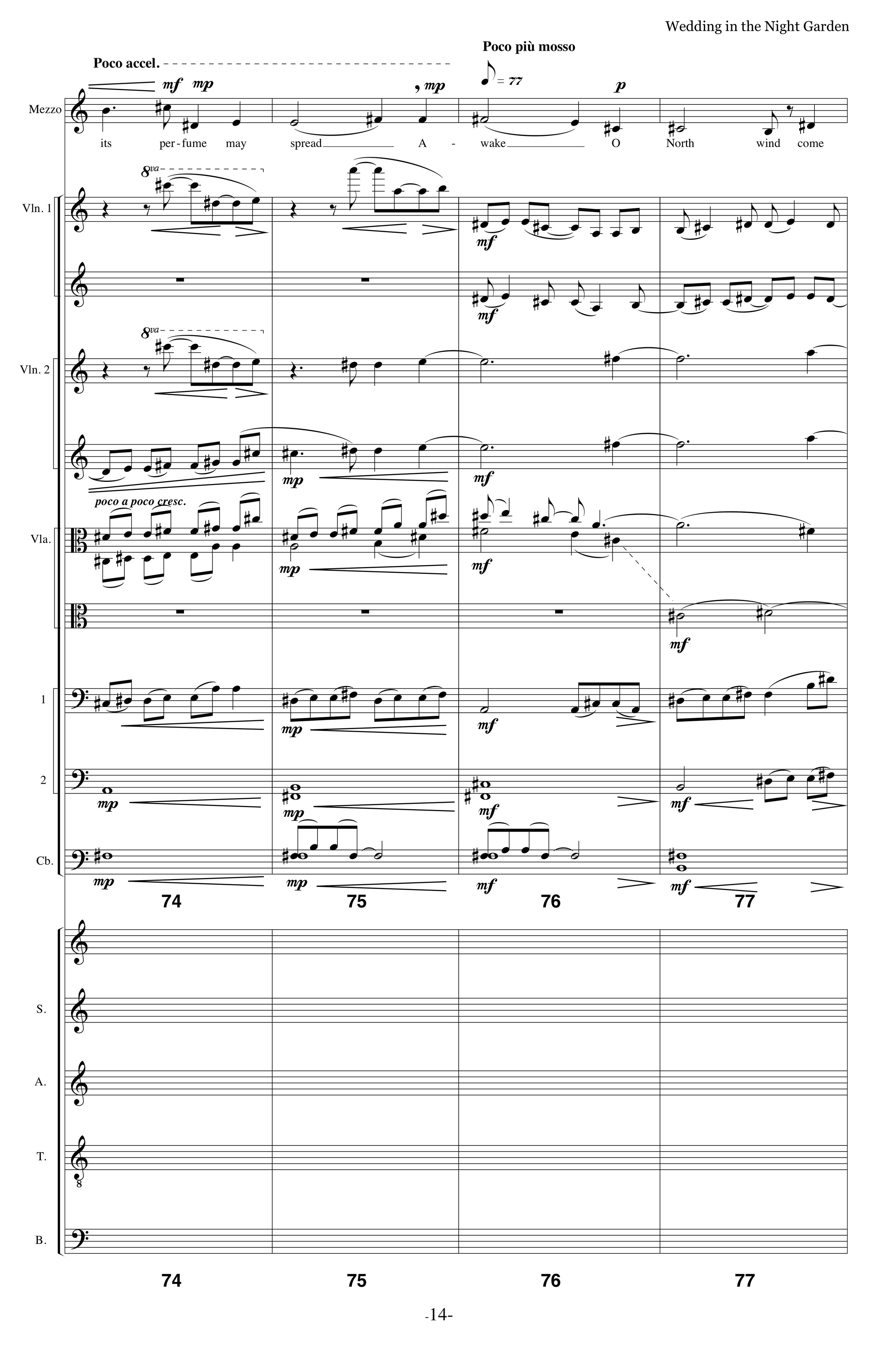
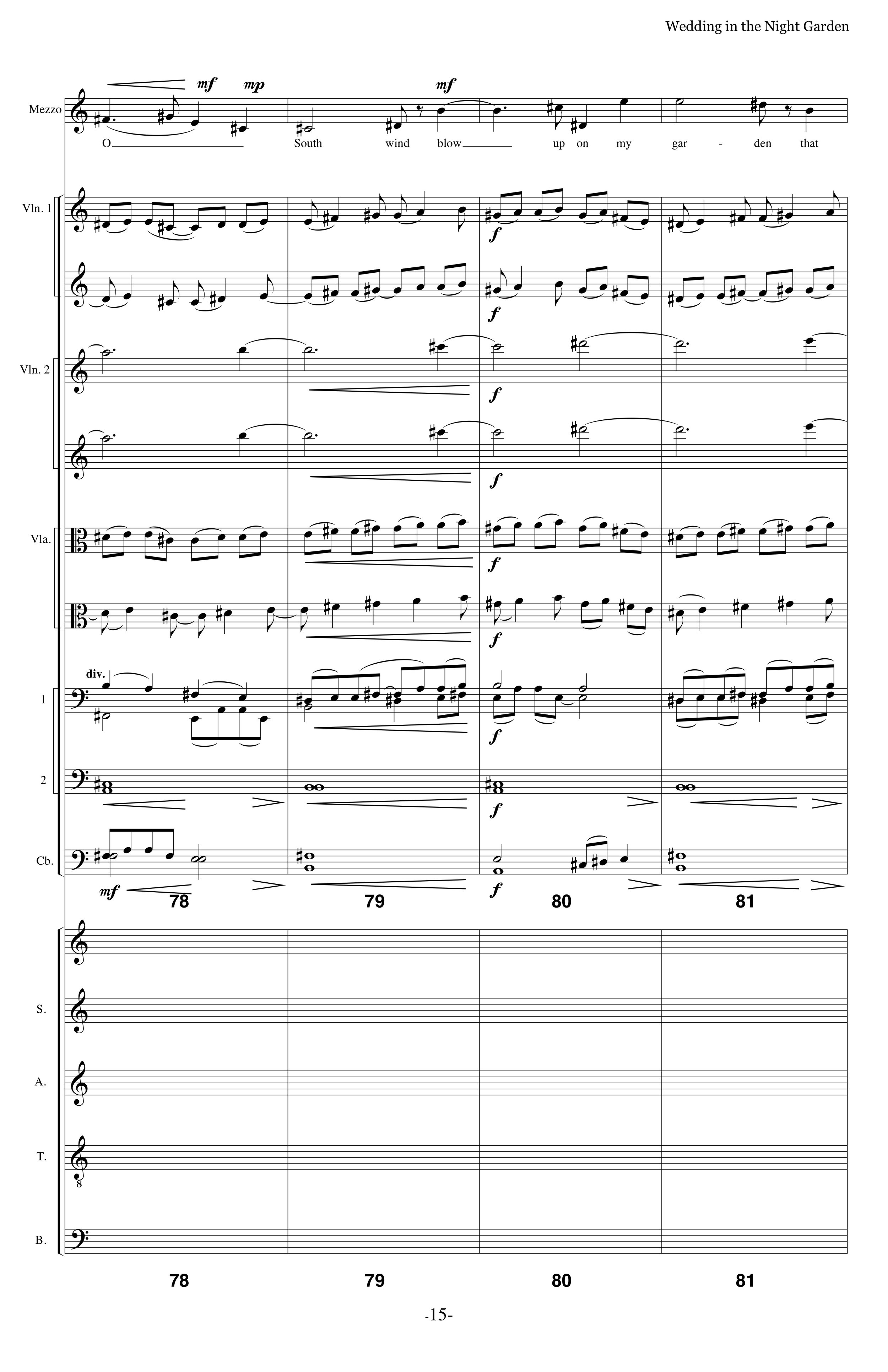
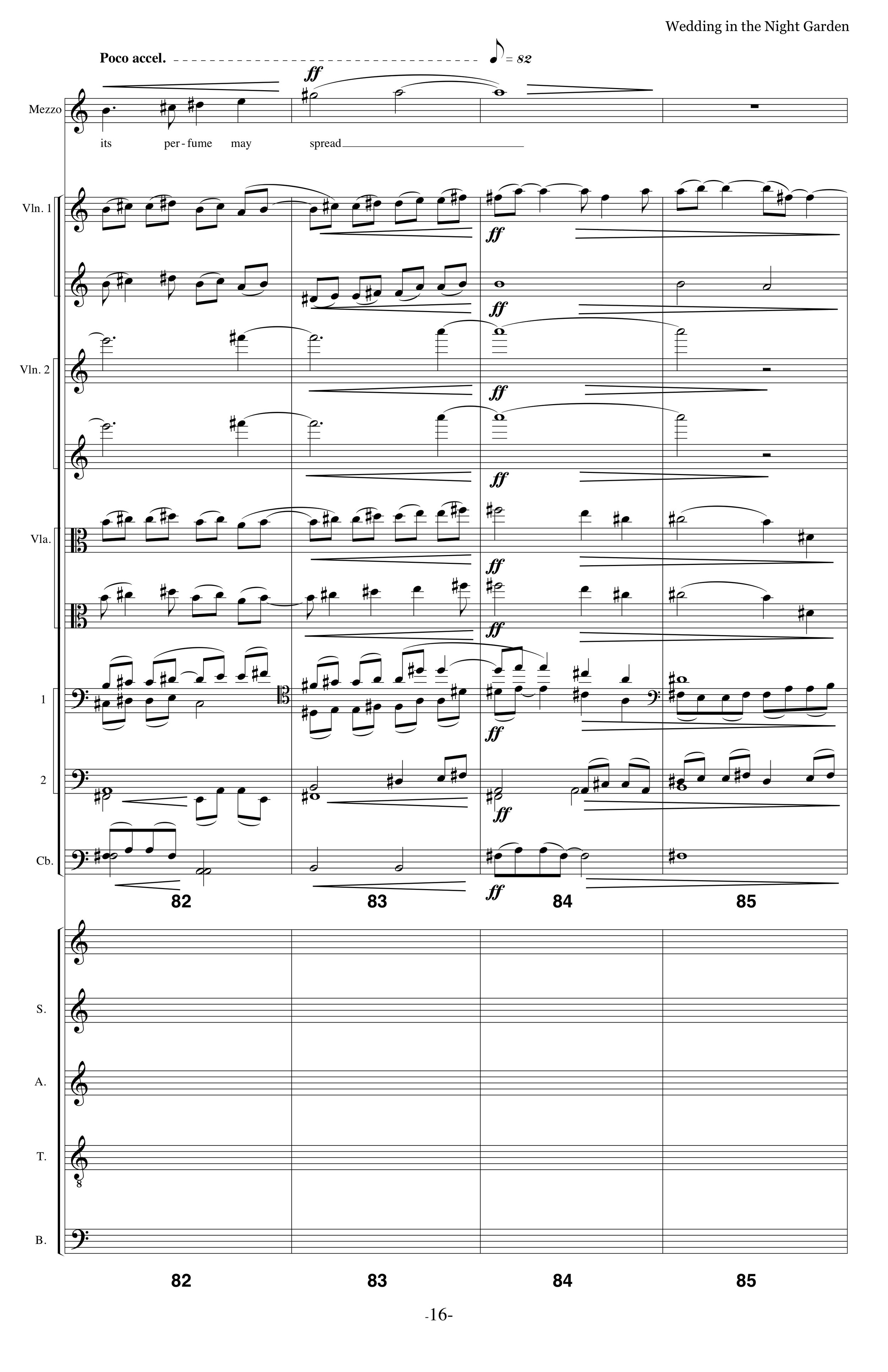
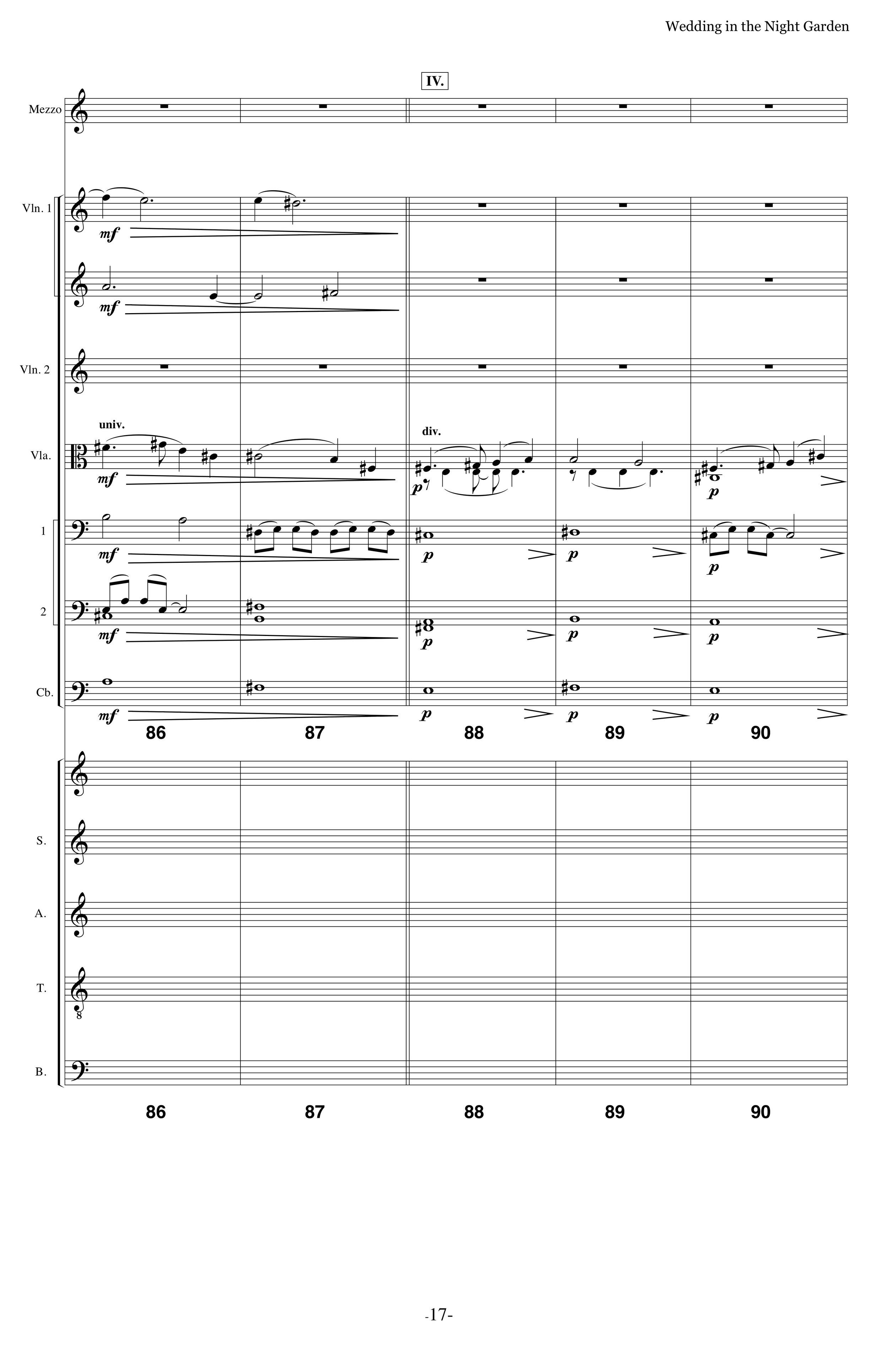
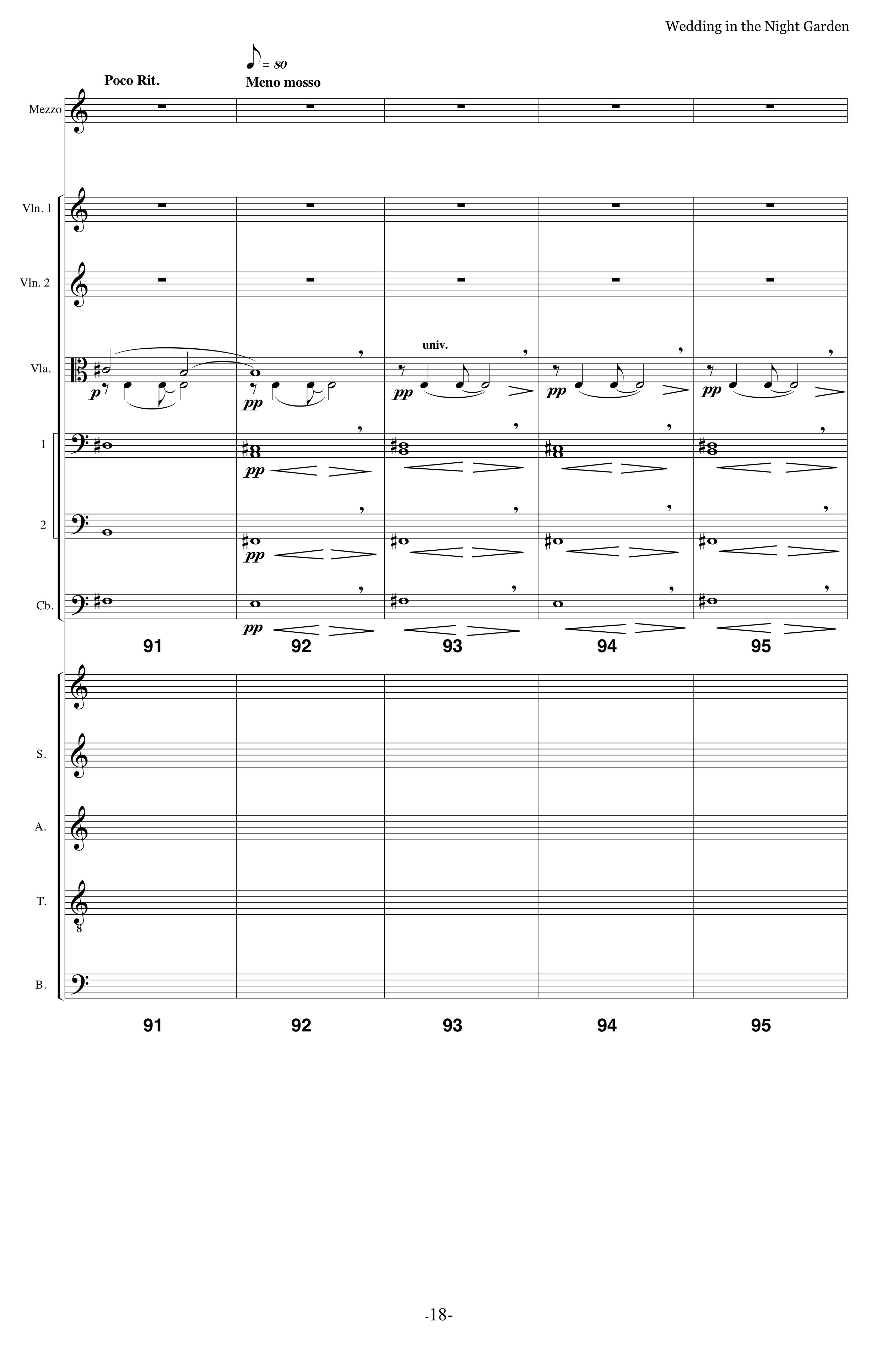
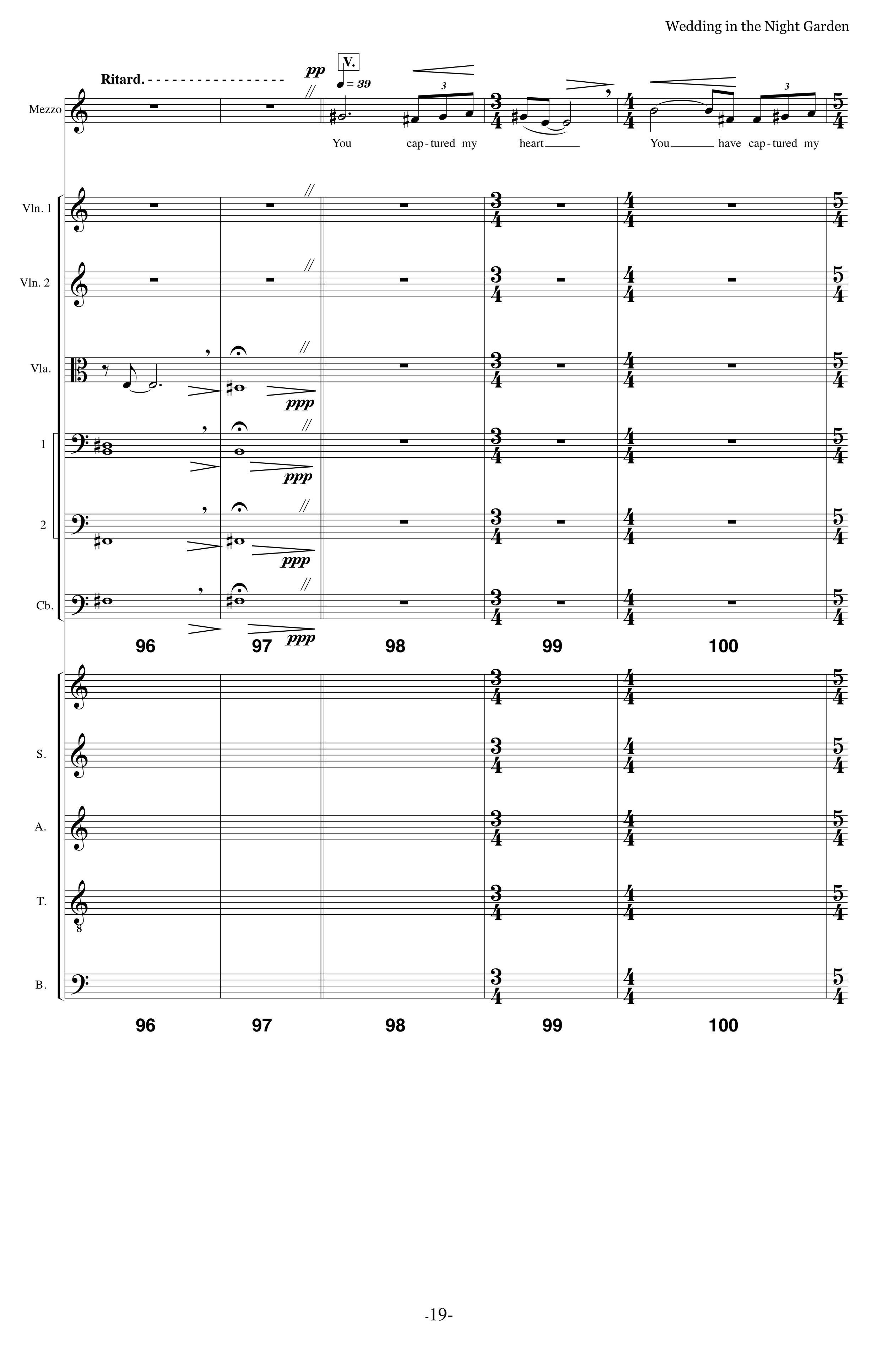
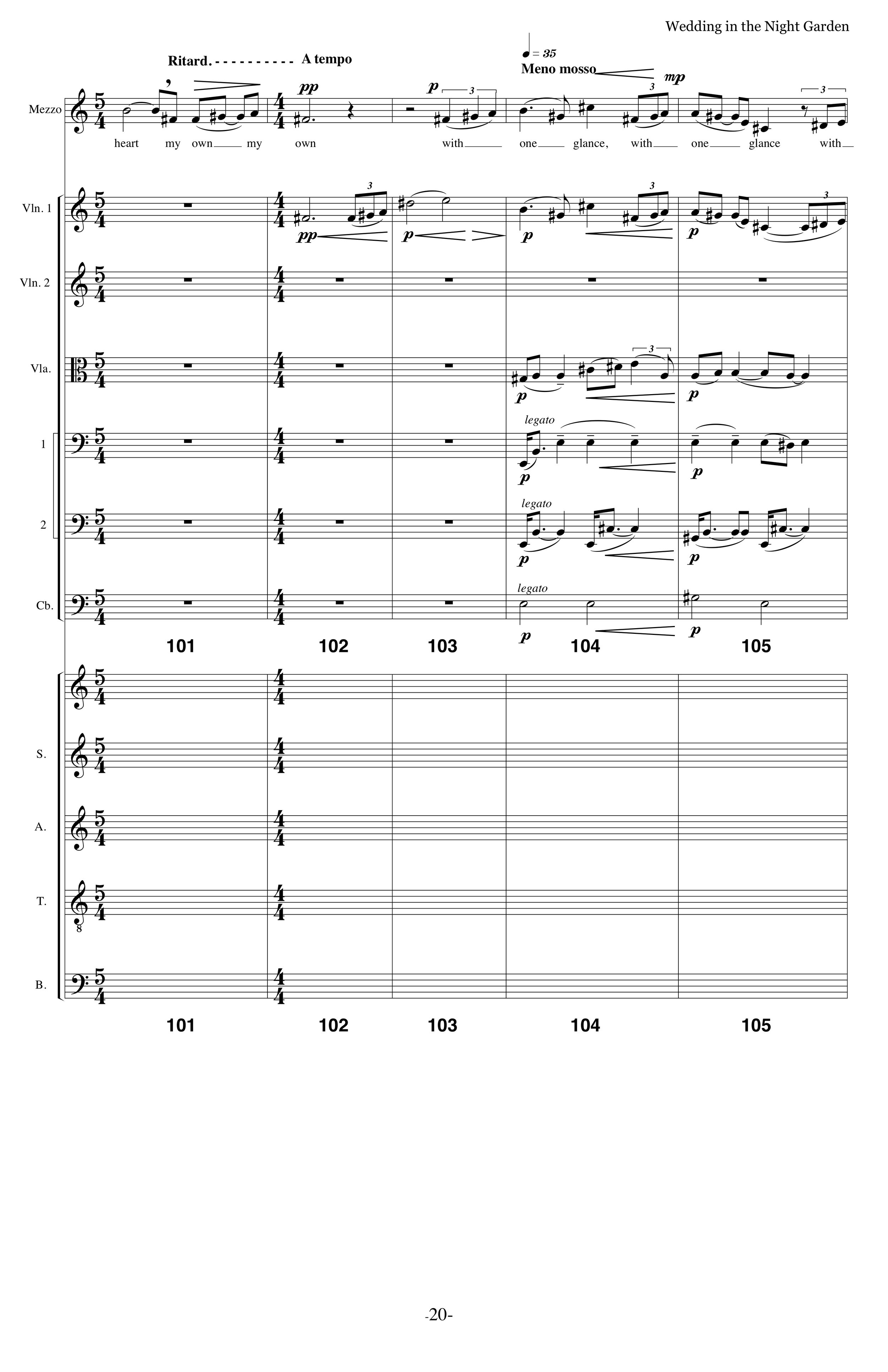
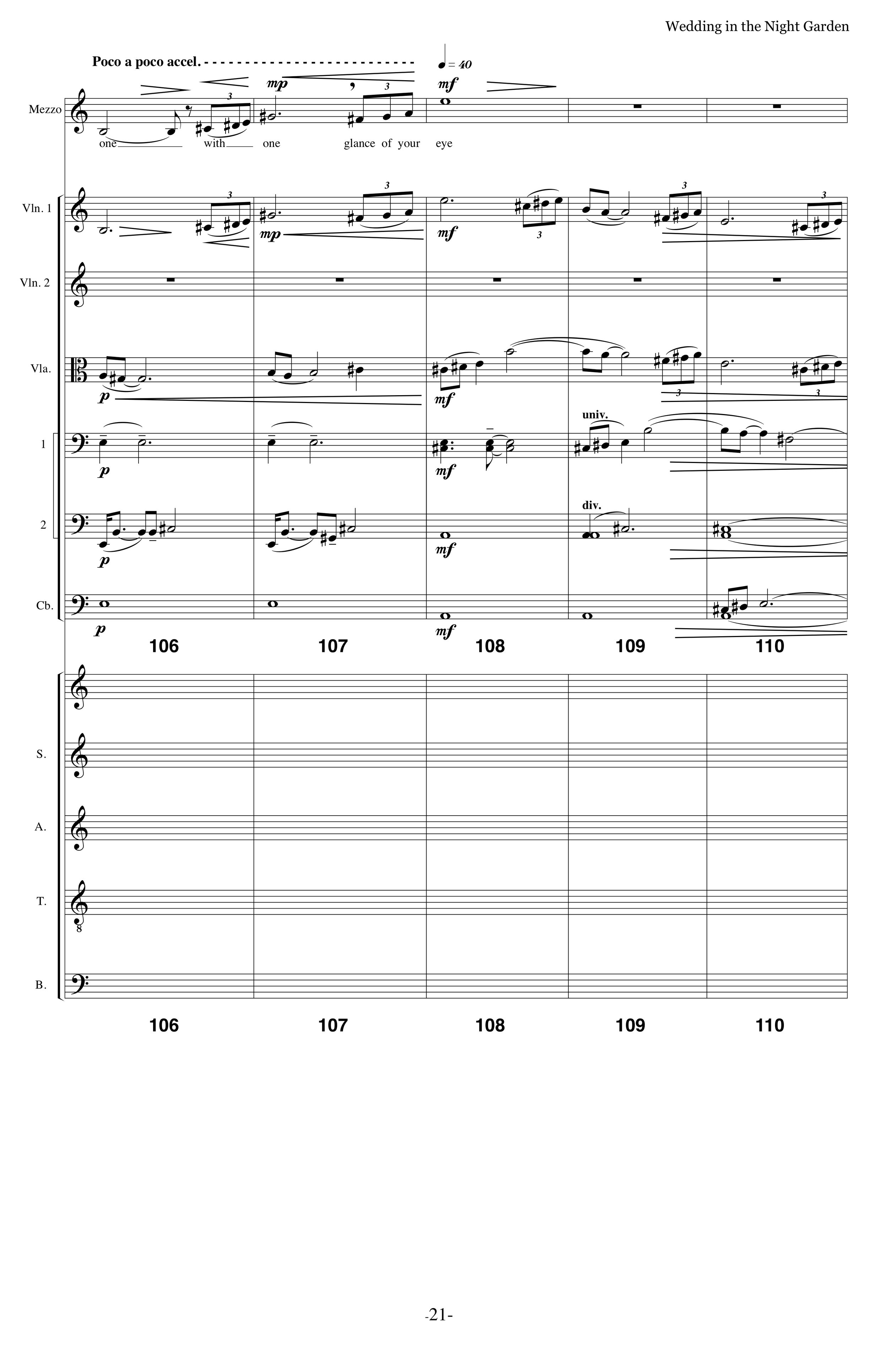
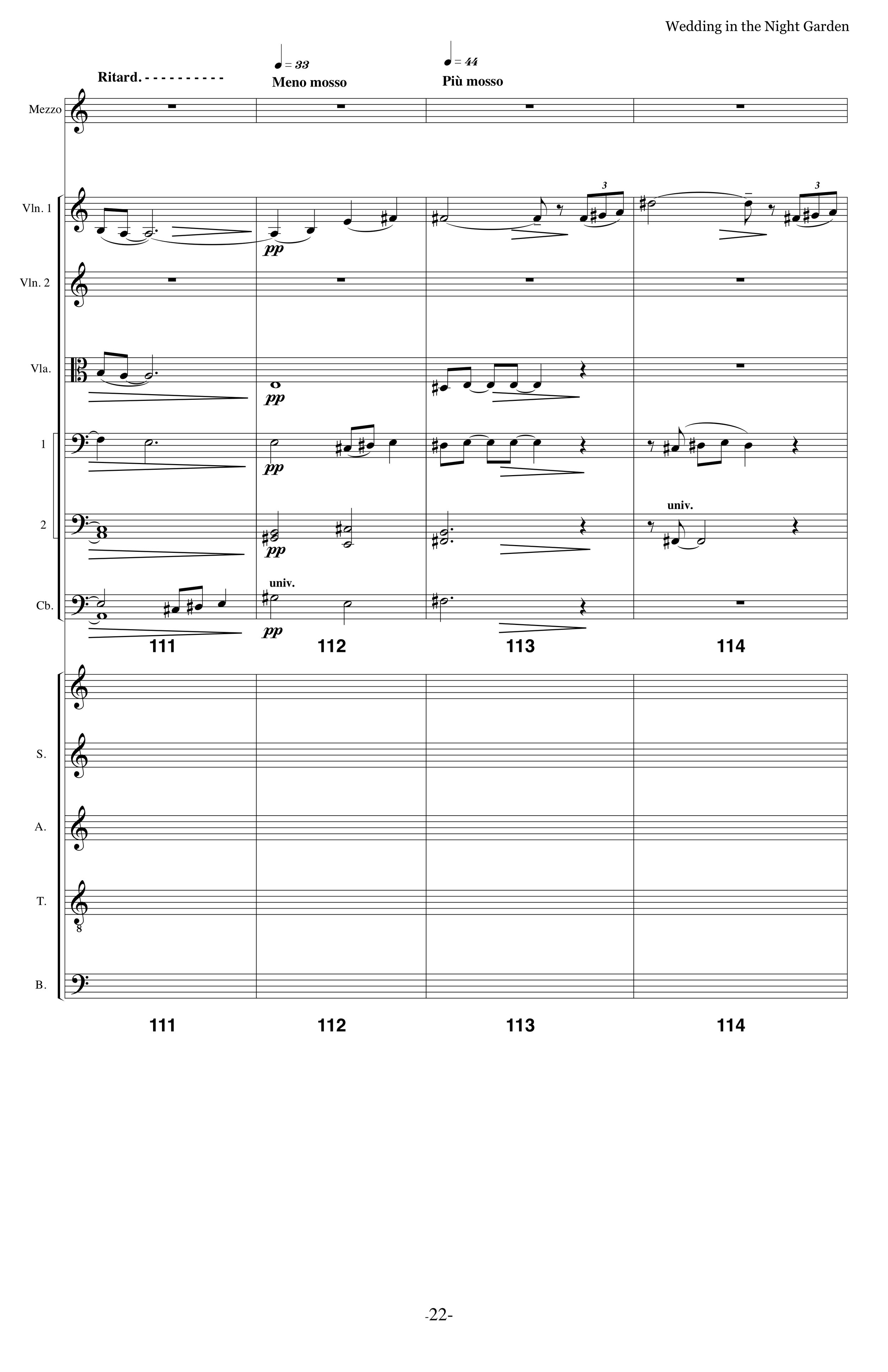
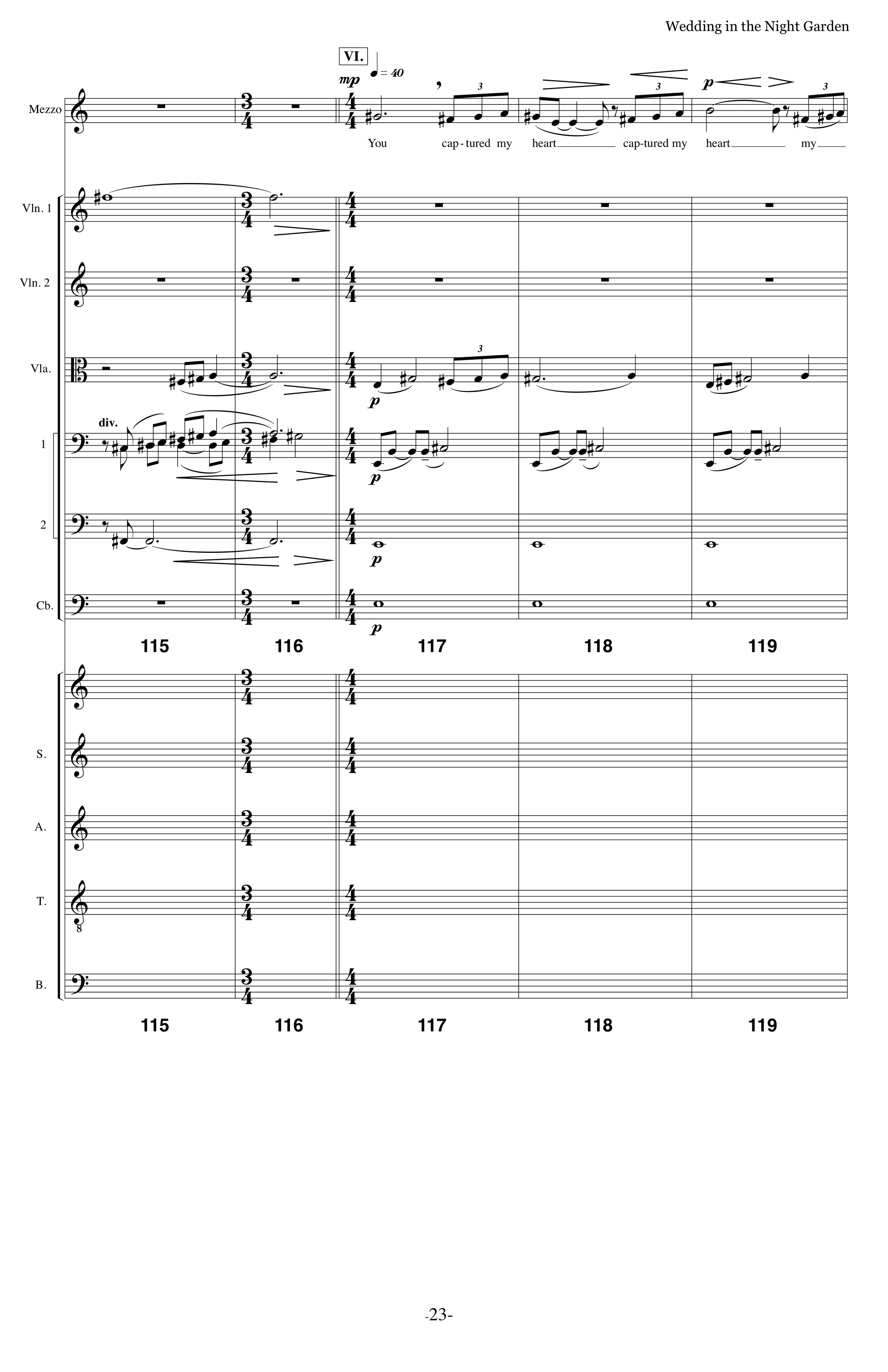
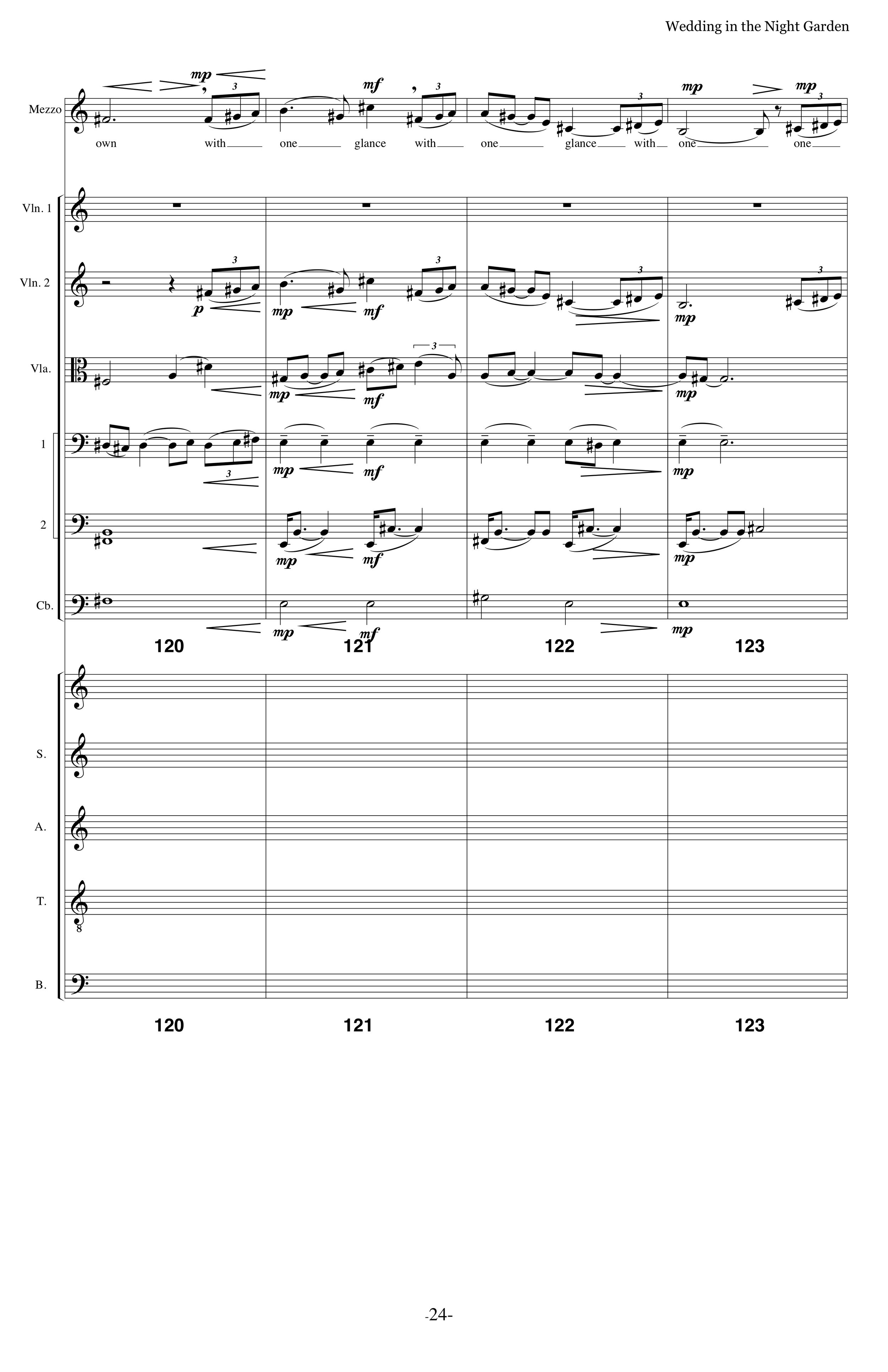
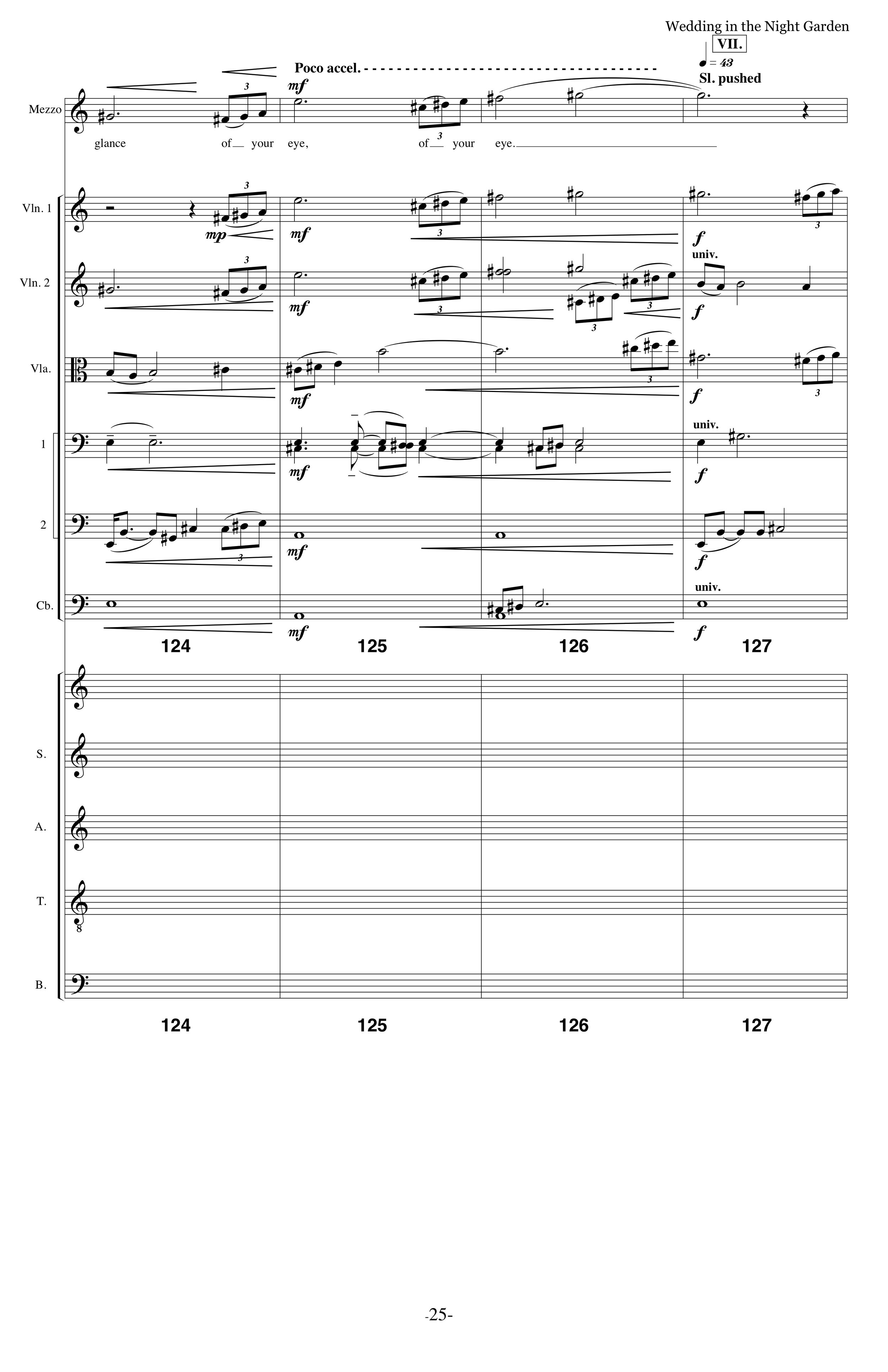
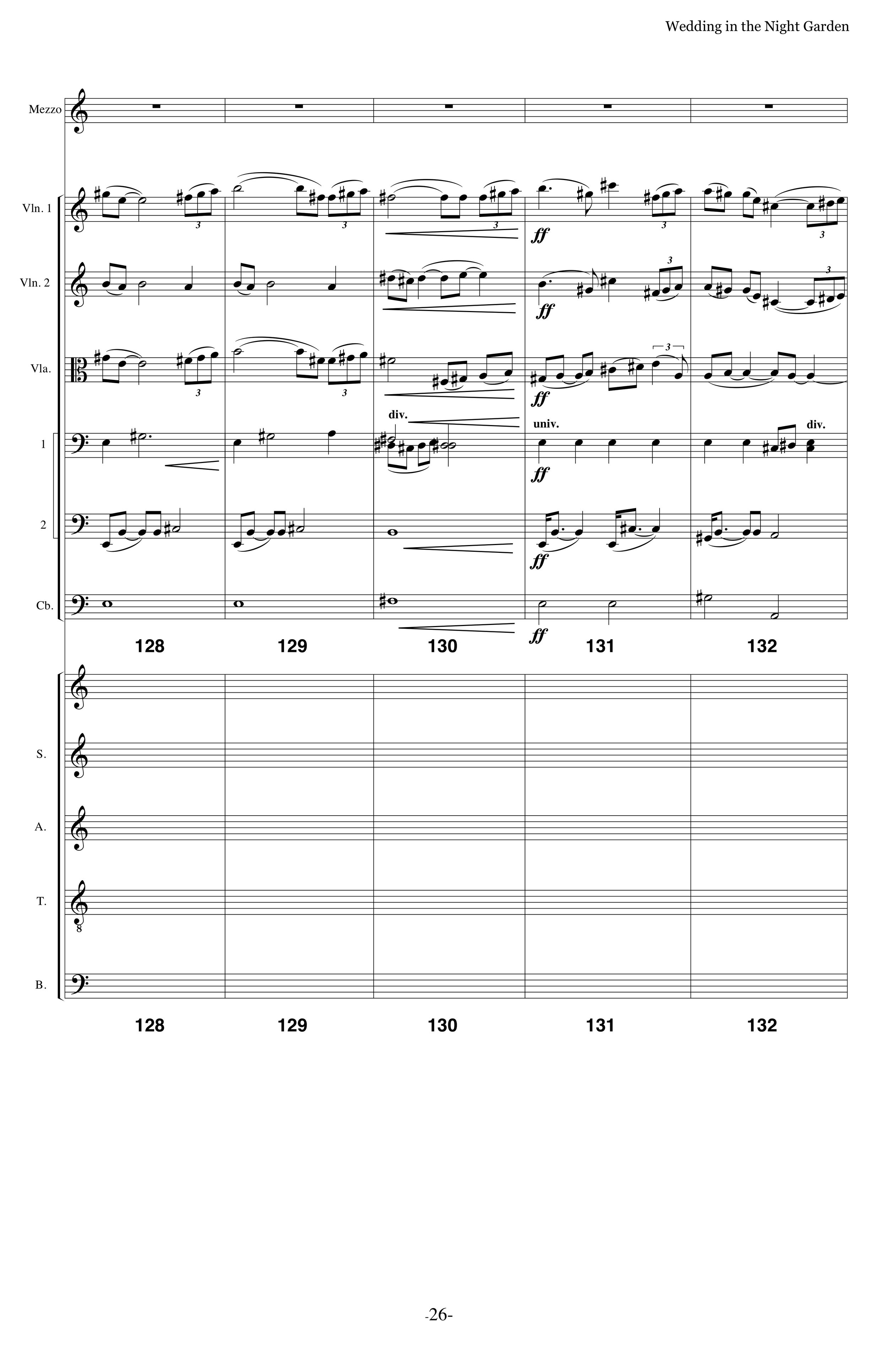
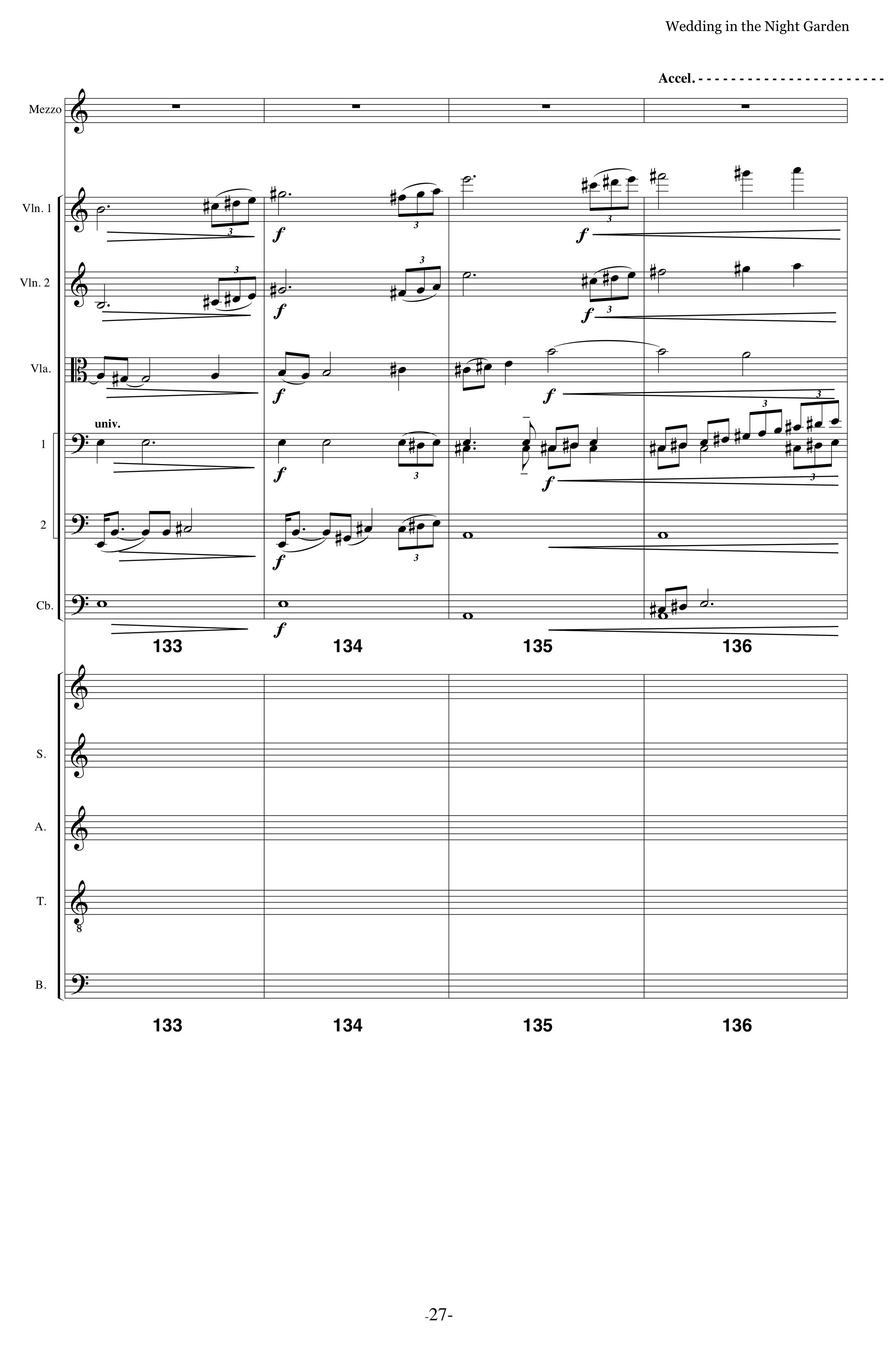
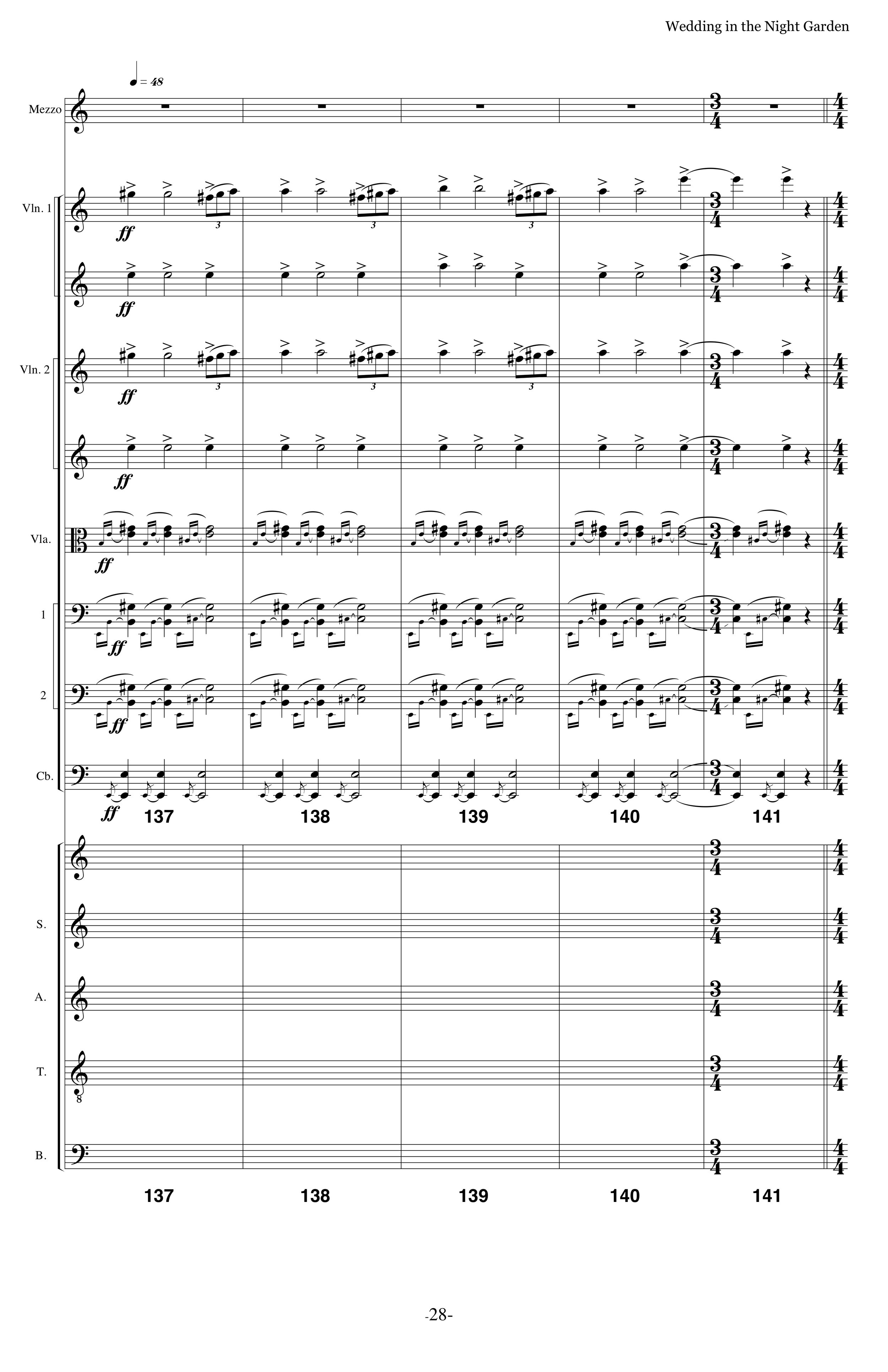
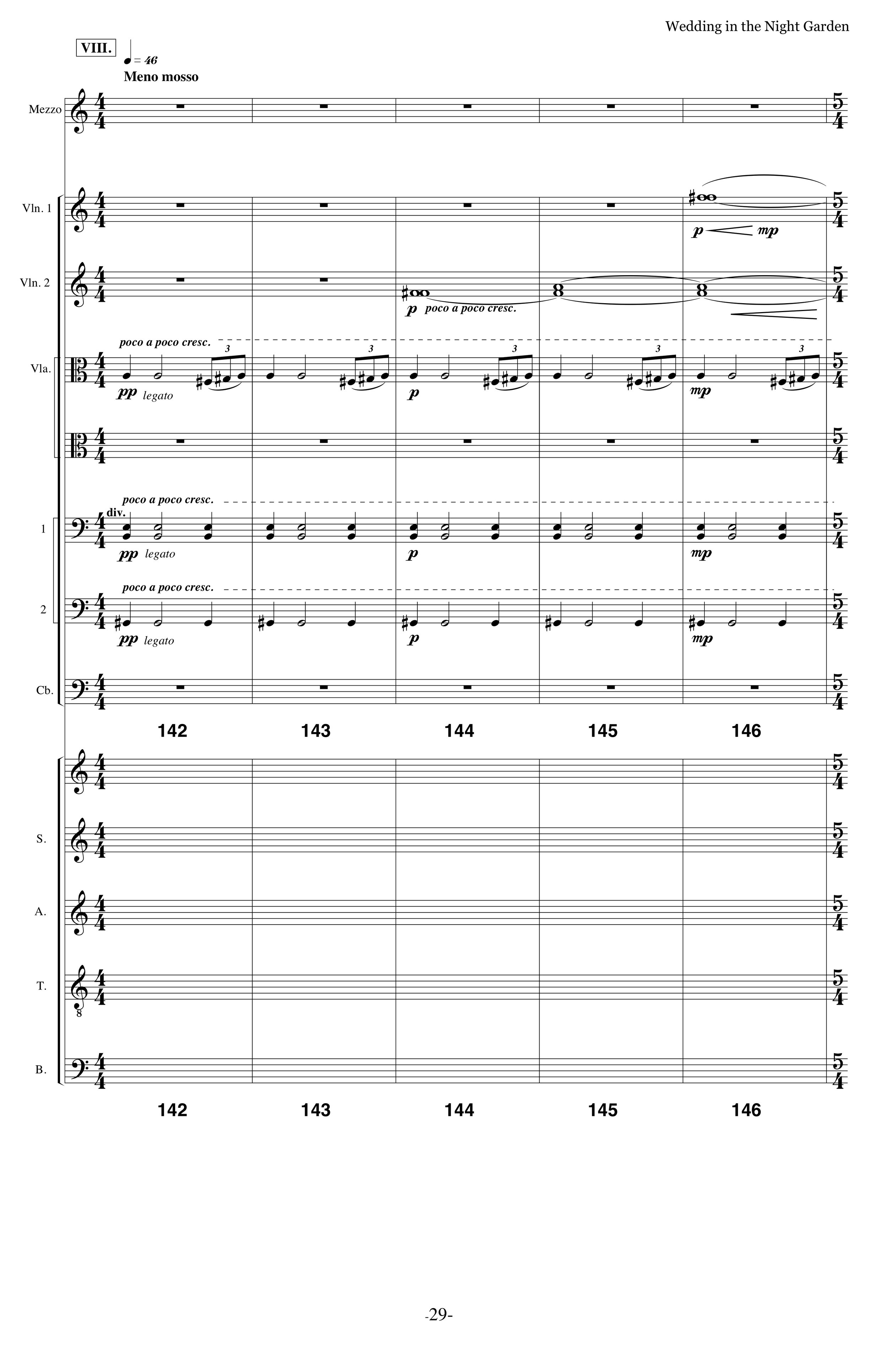
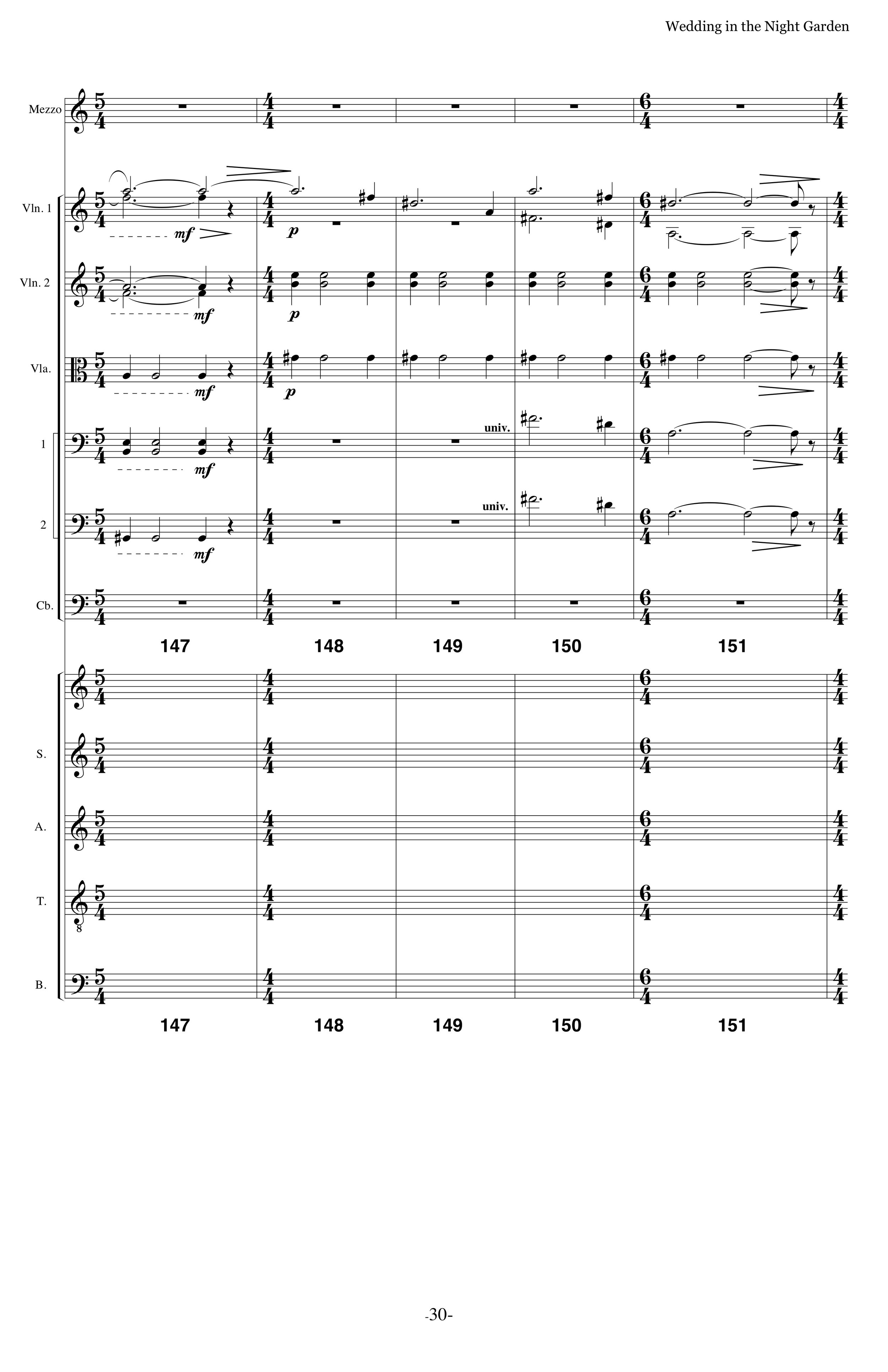
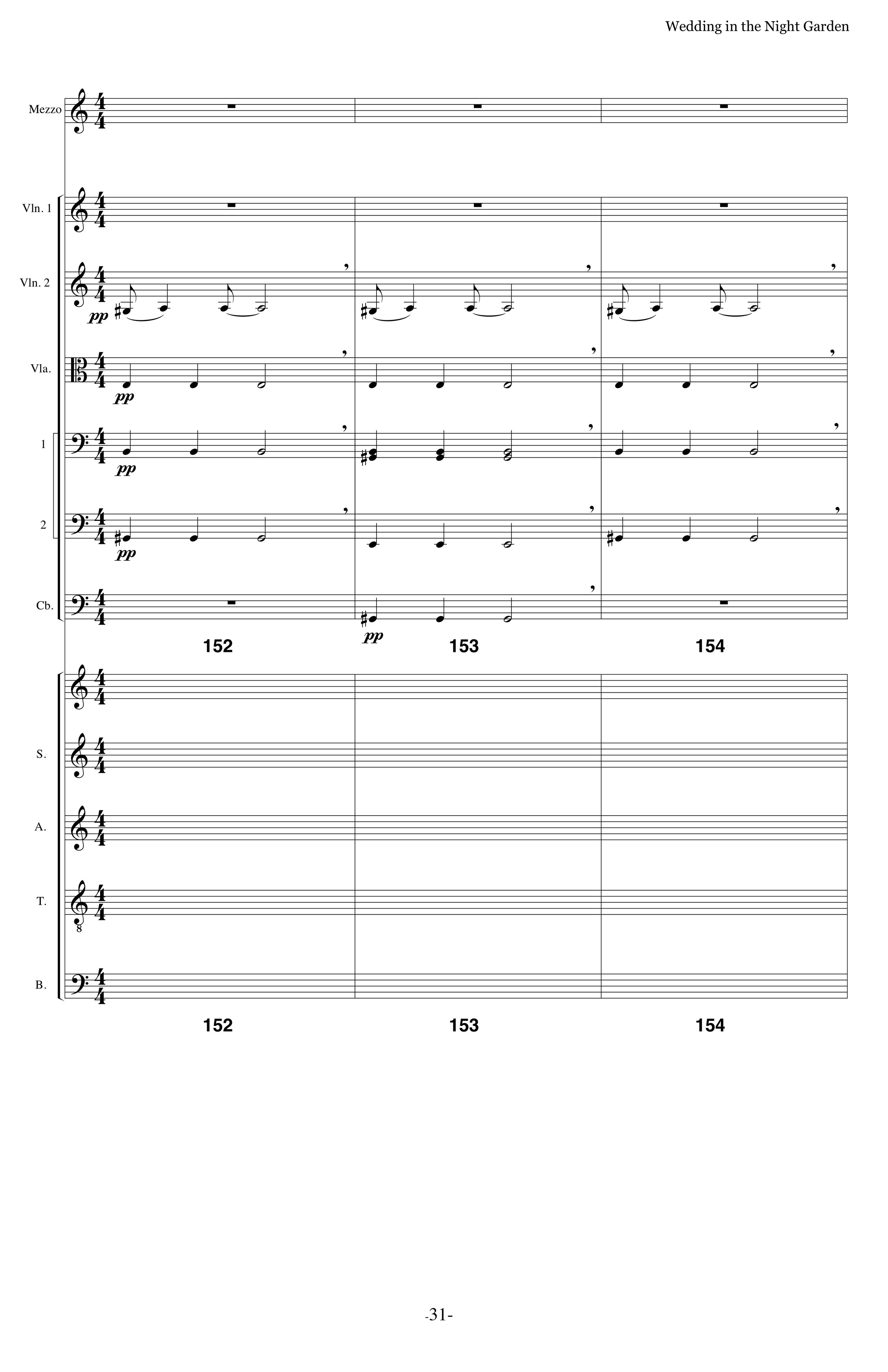
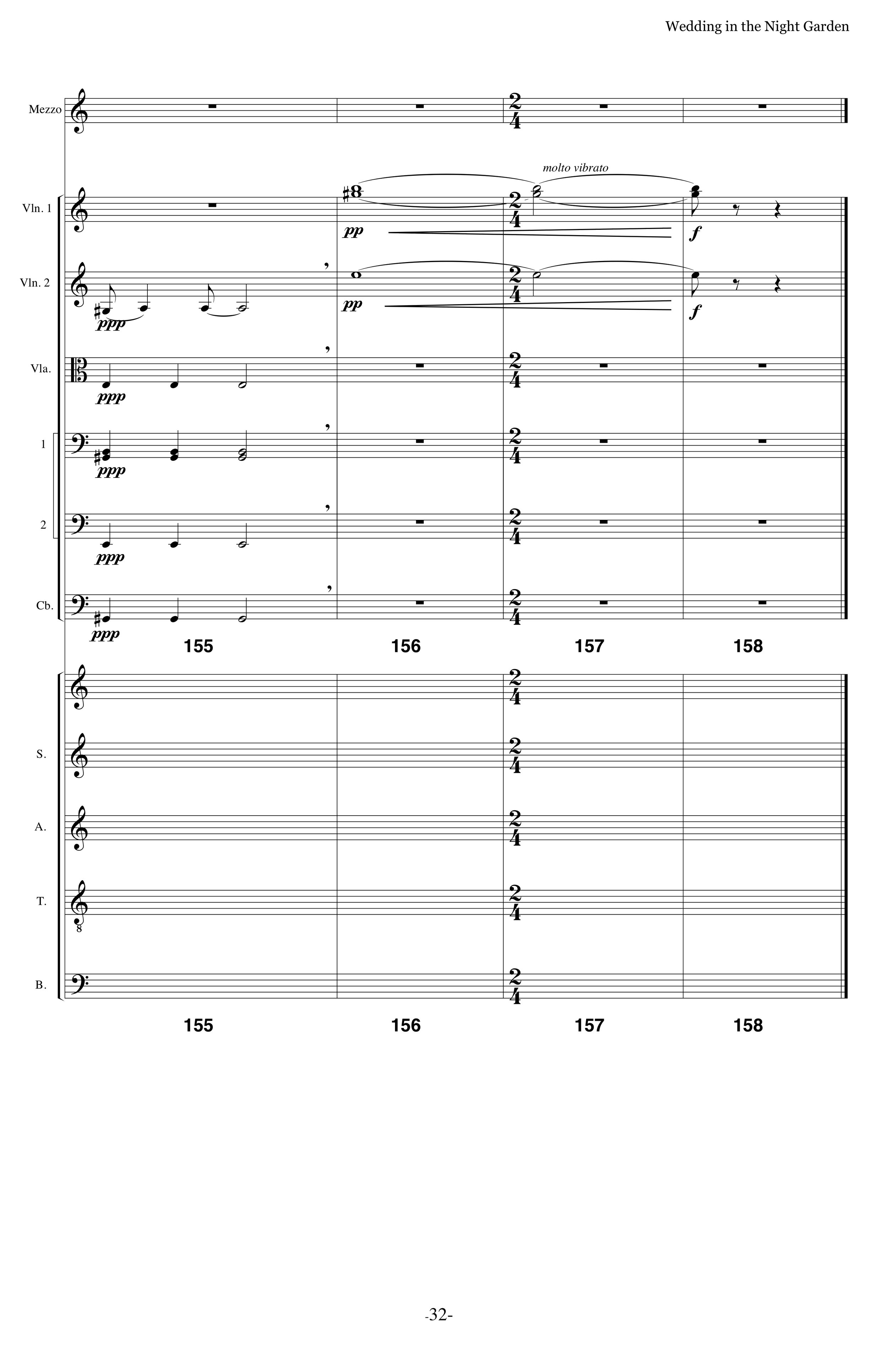
Version II (Mezzo-soprano, strings, choir)
Click on top of score to turn pages.
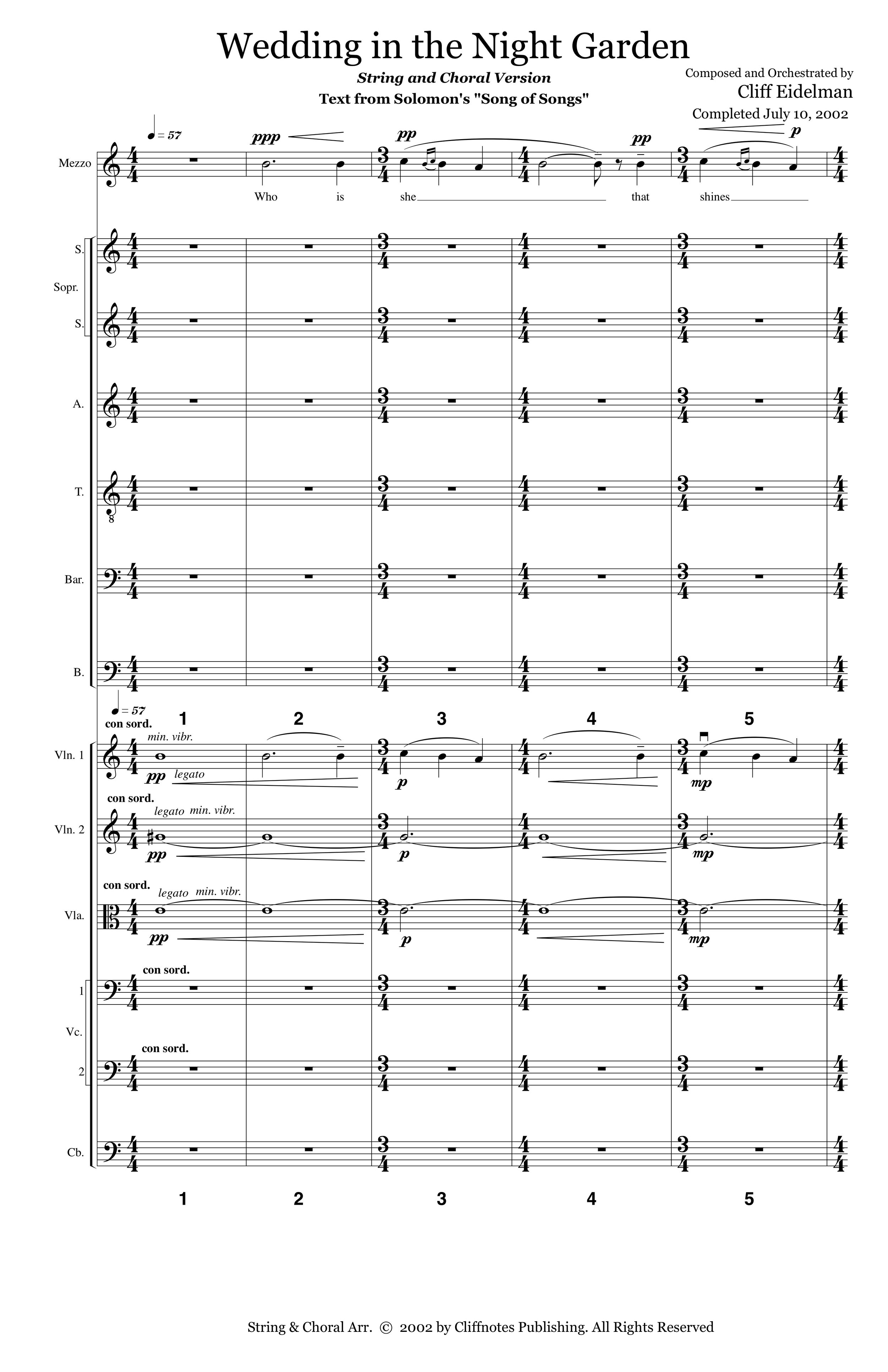
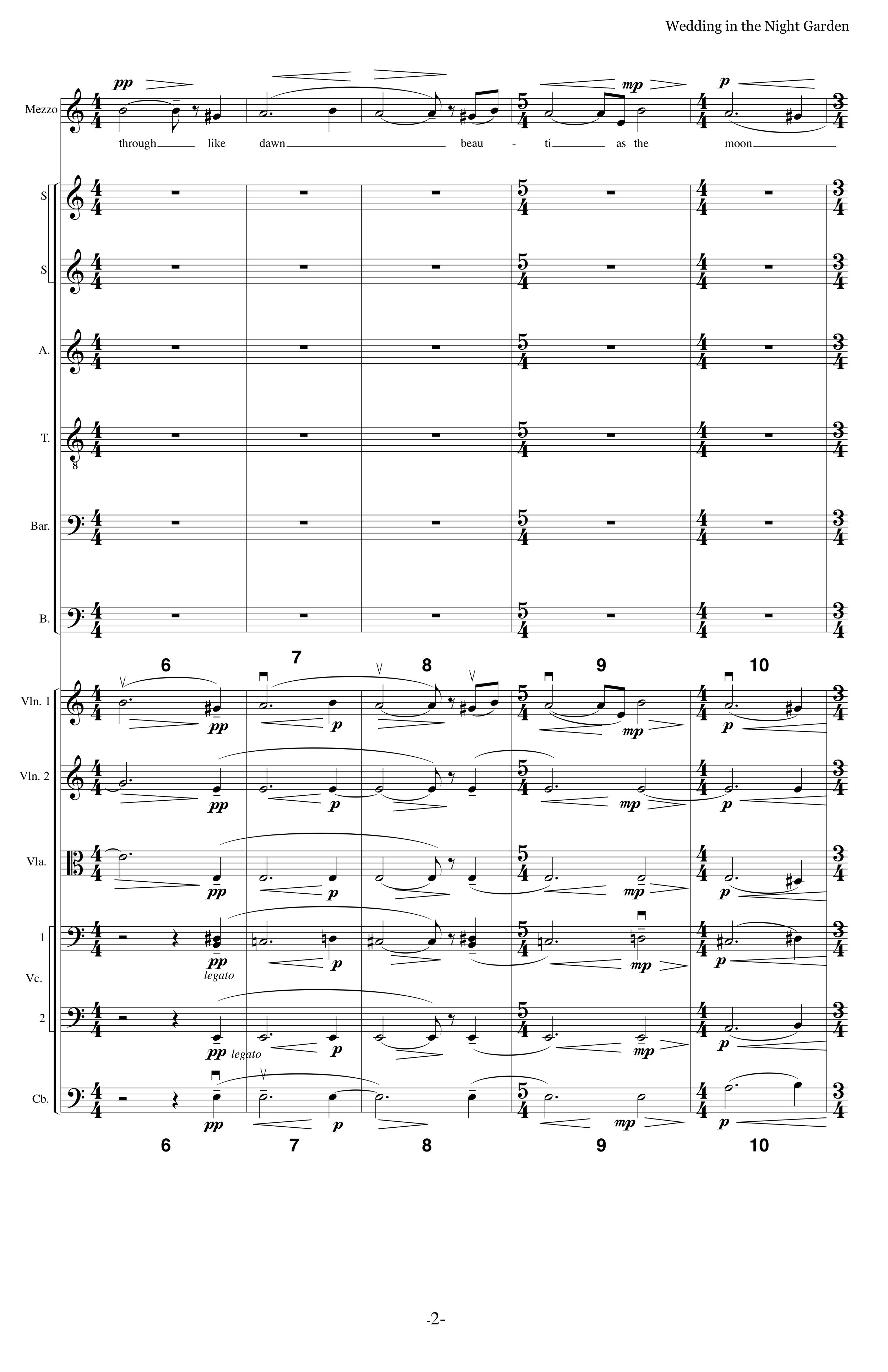
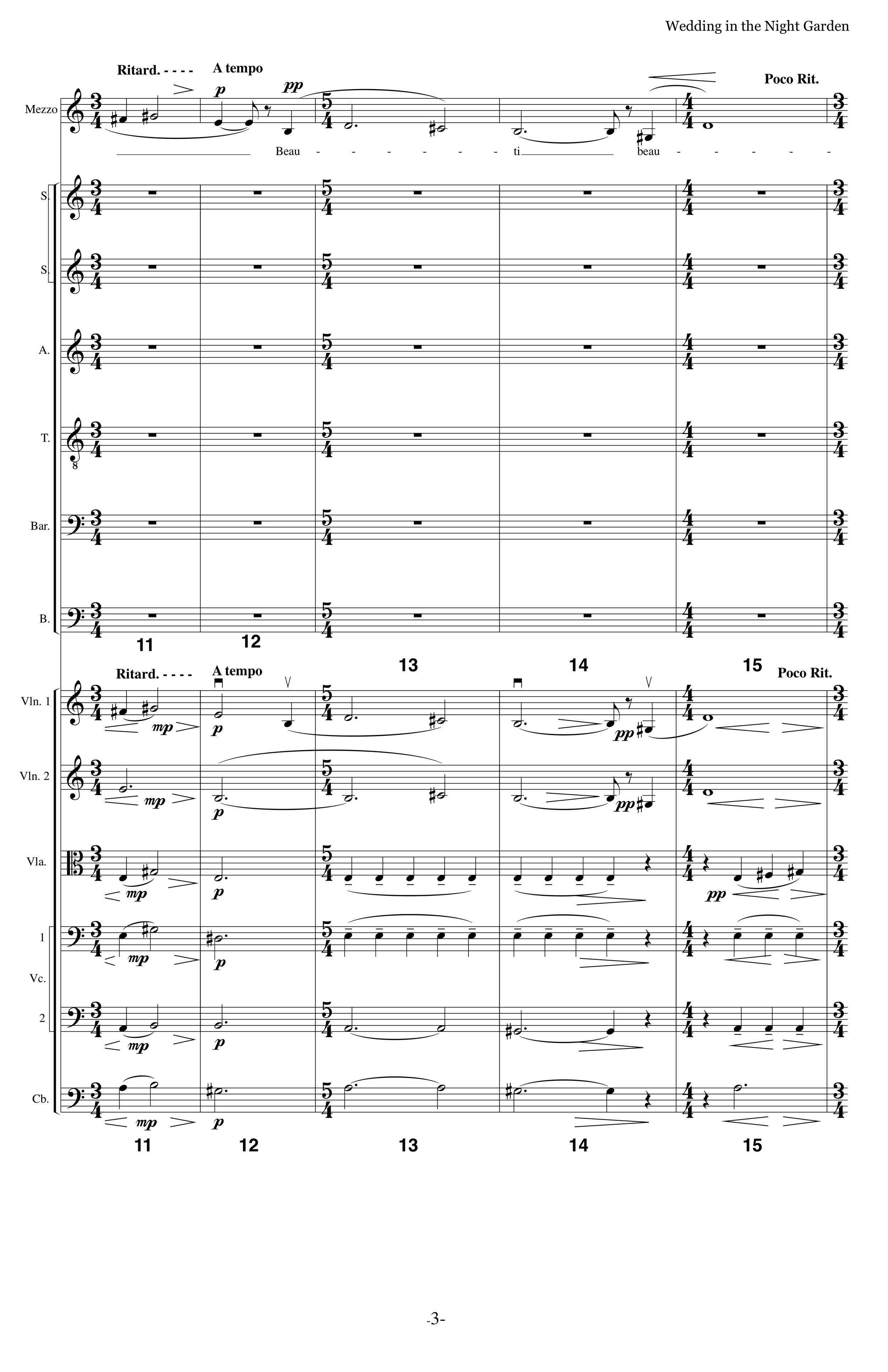
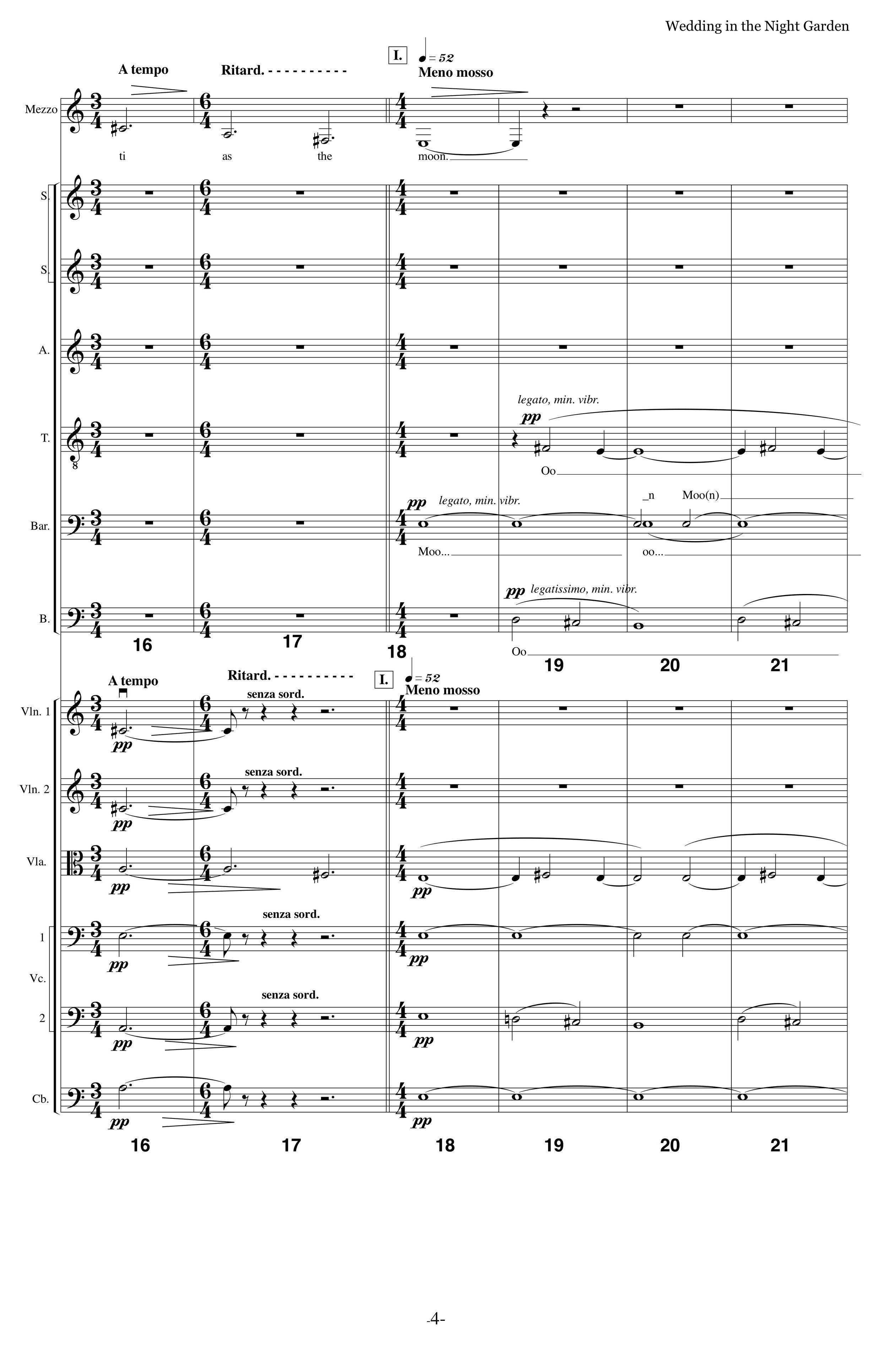
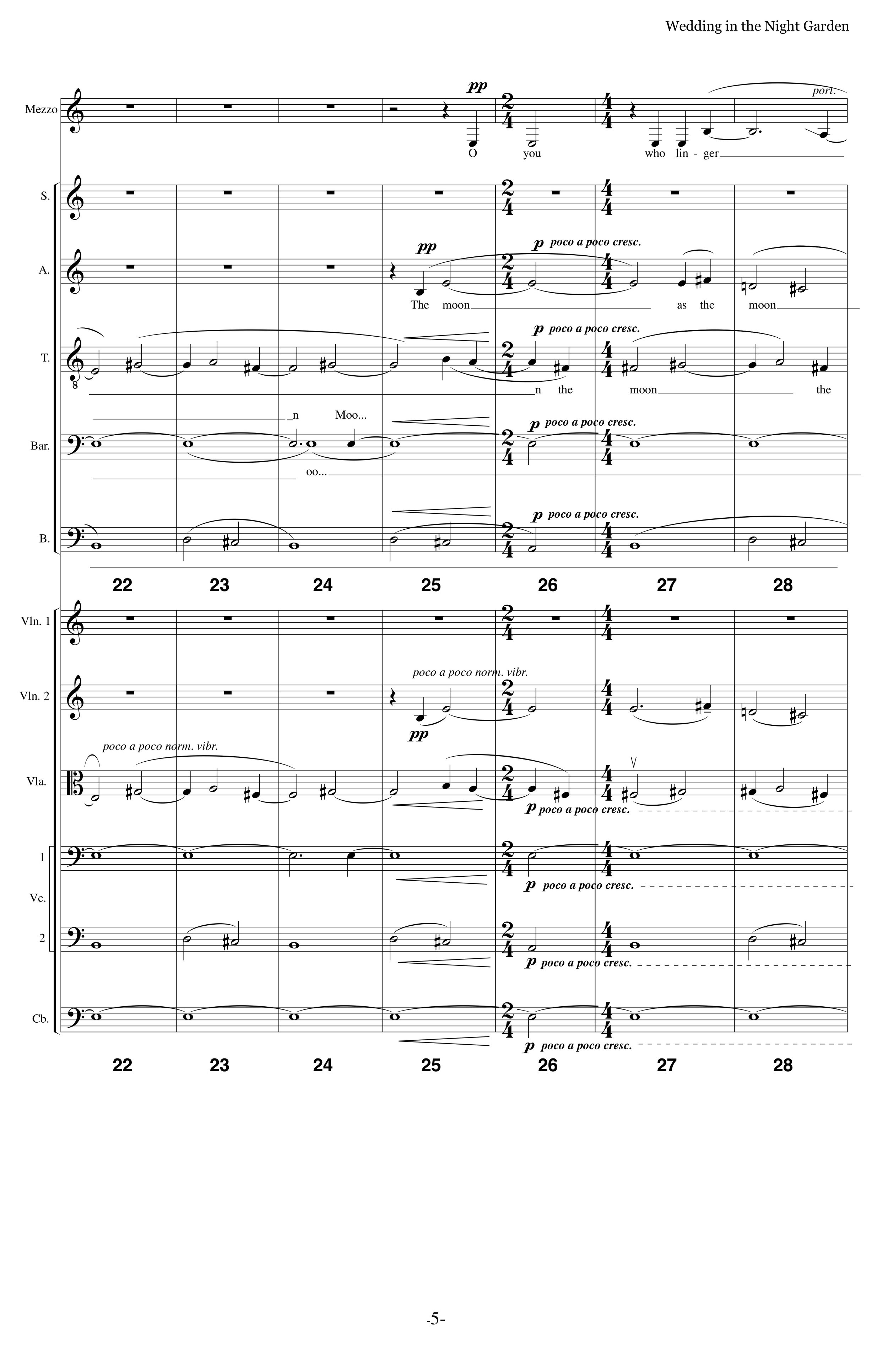
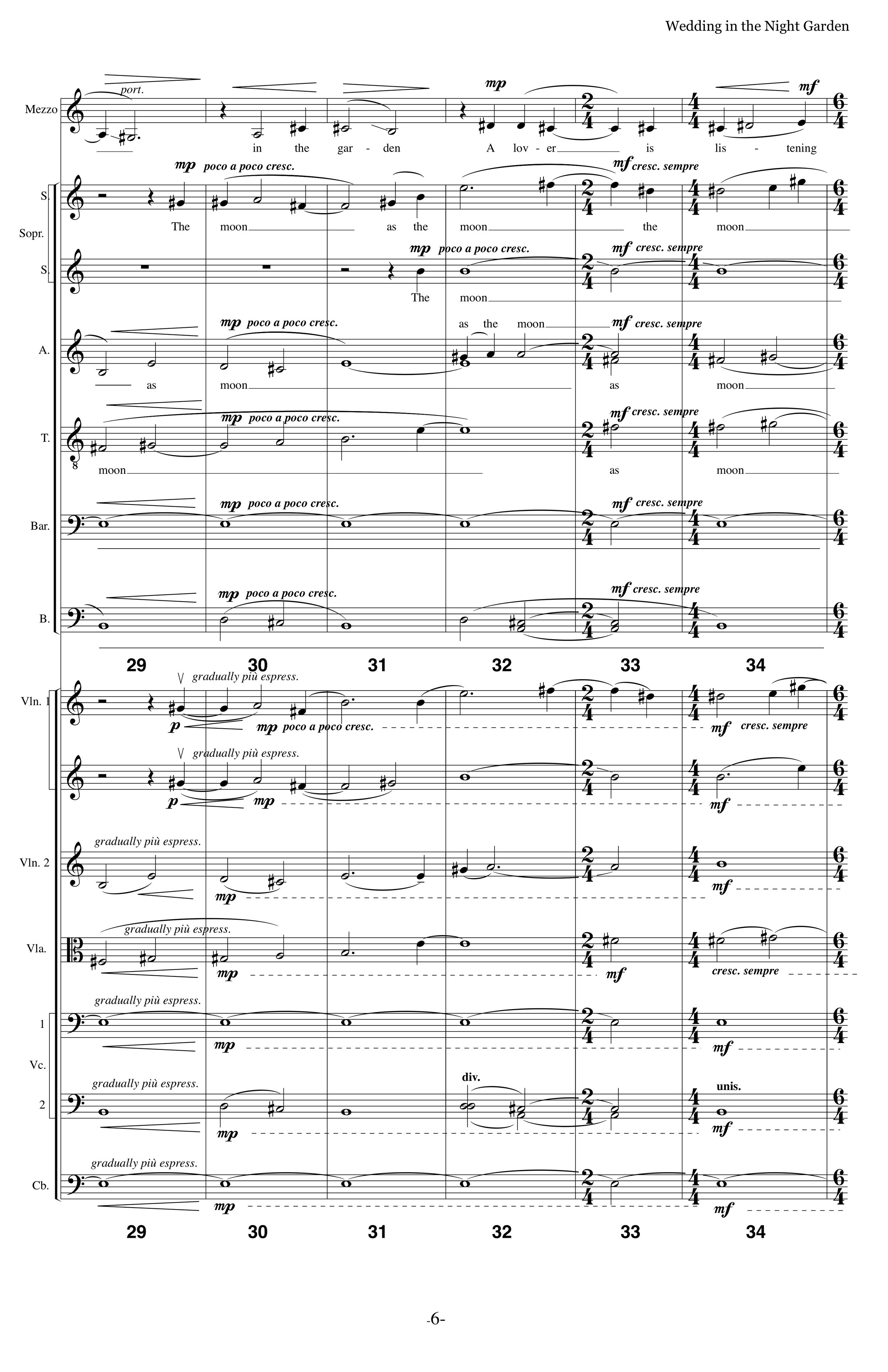
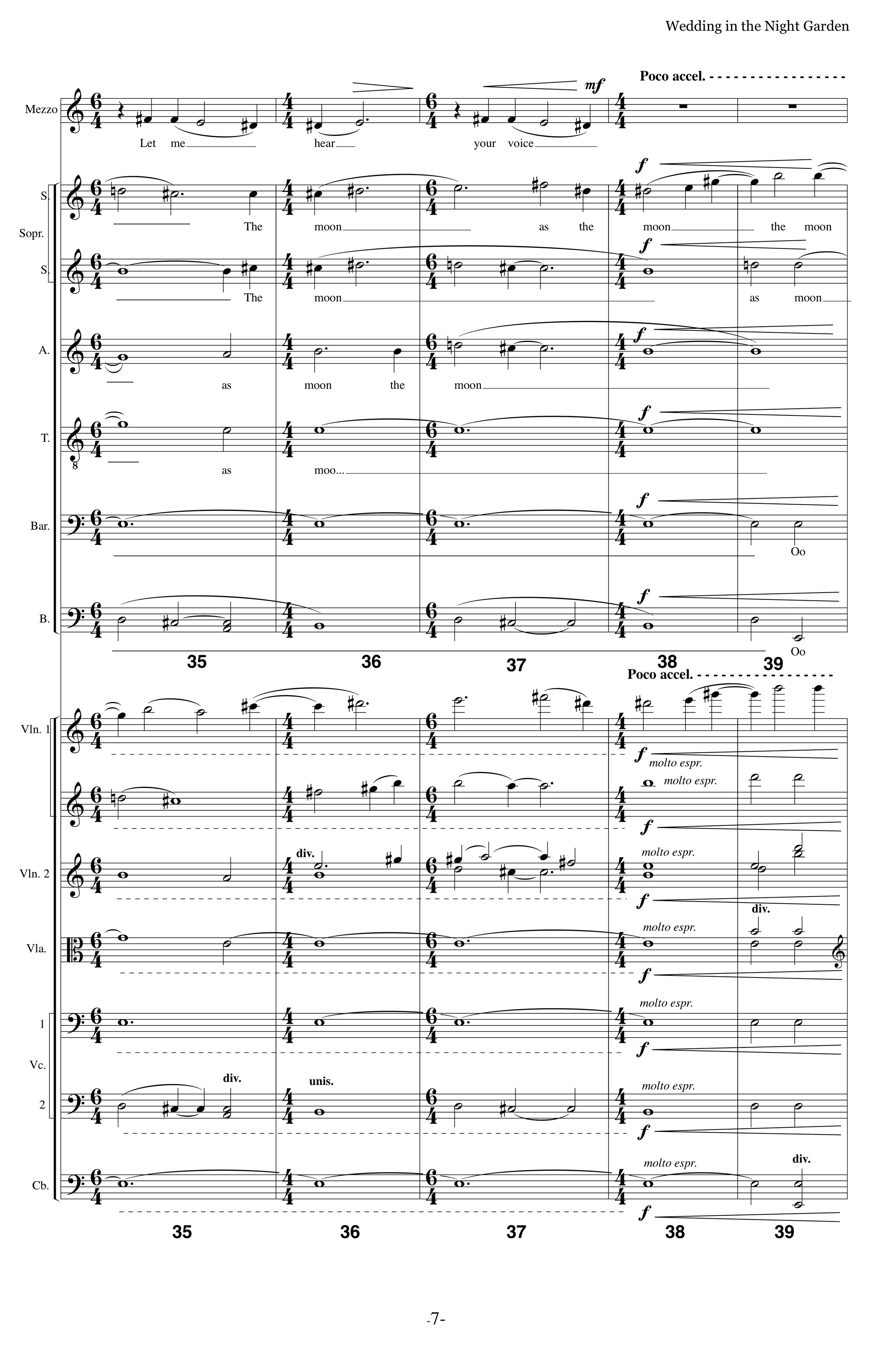
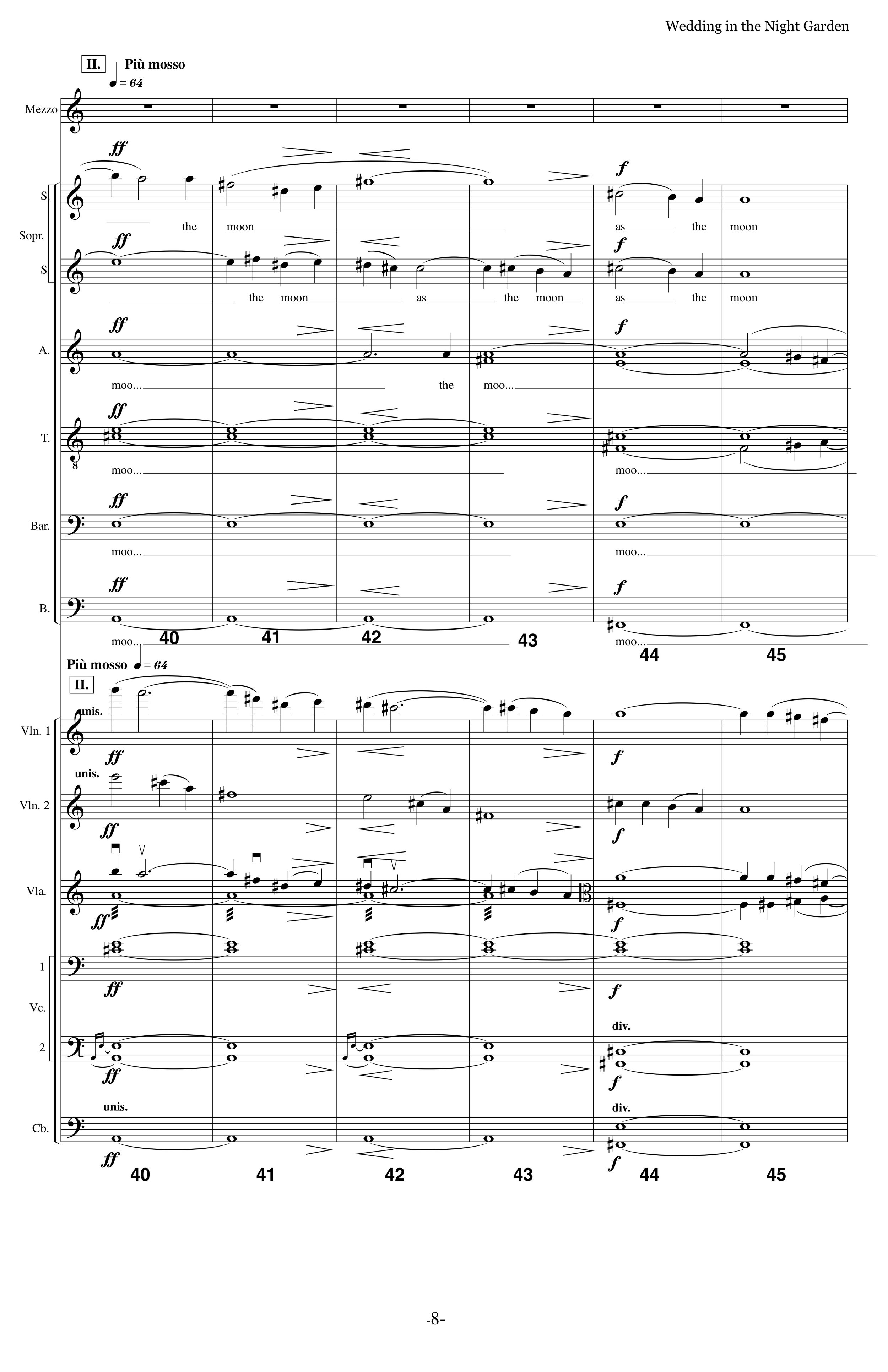
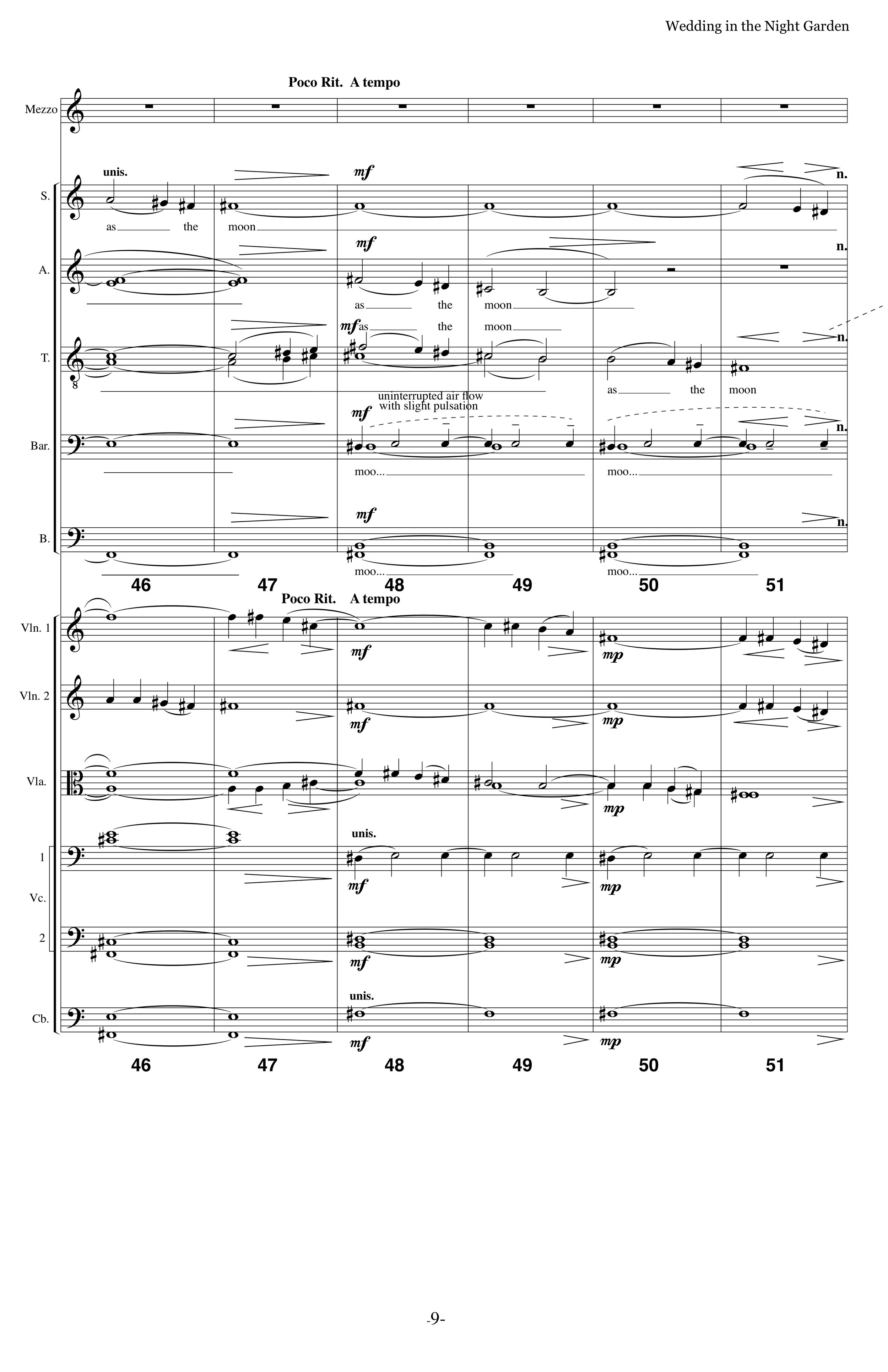
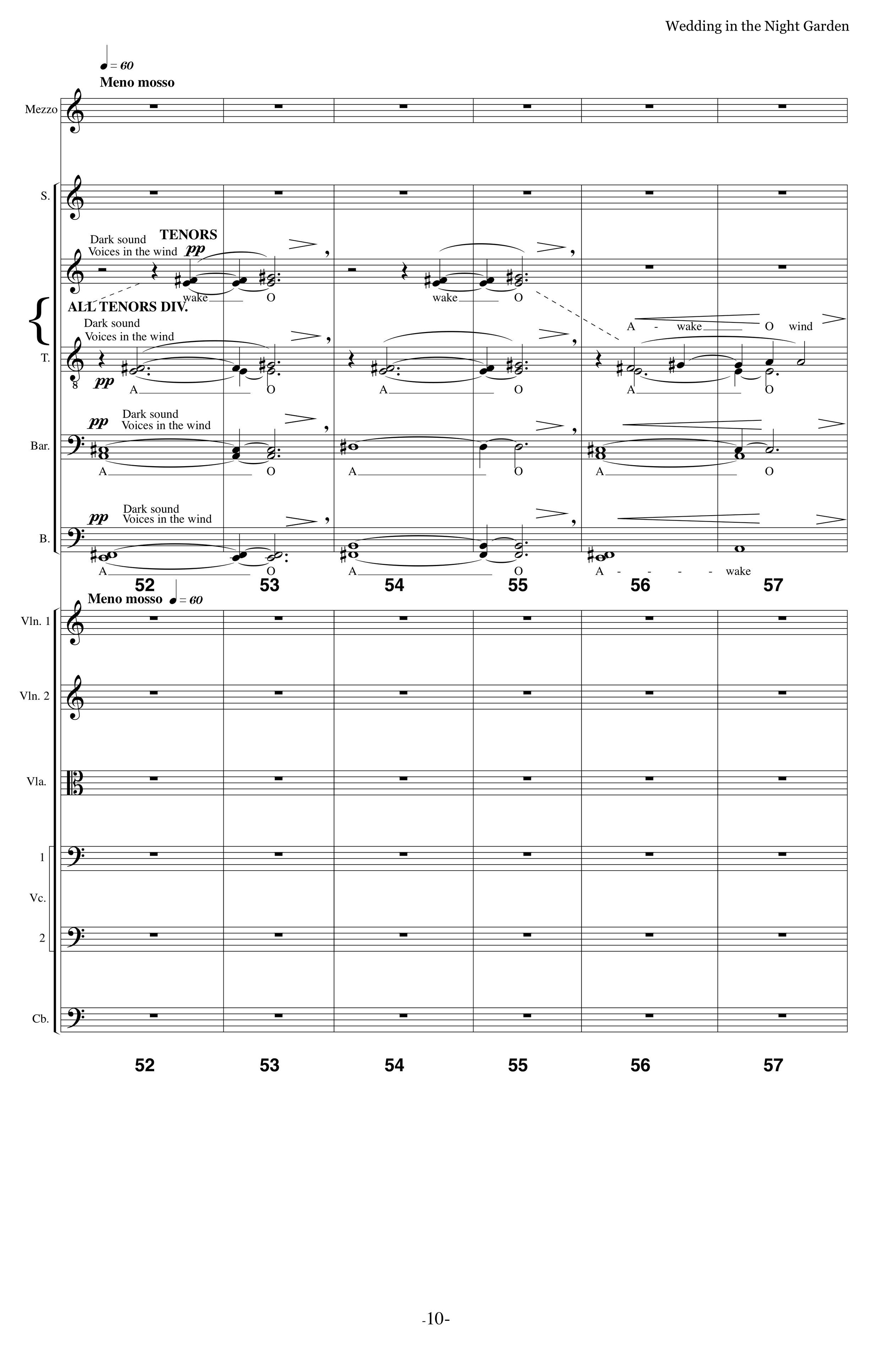
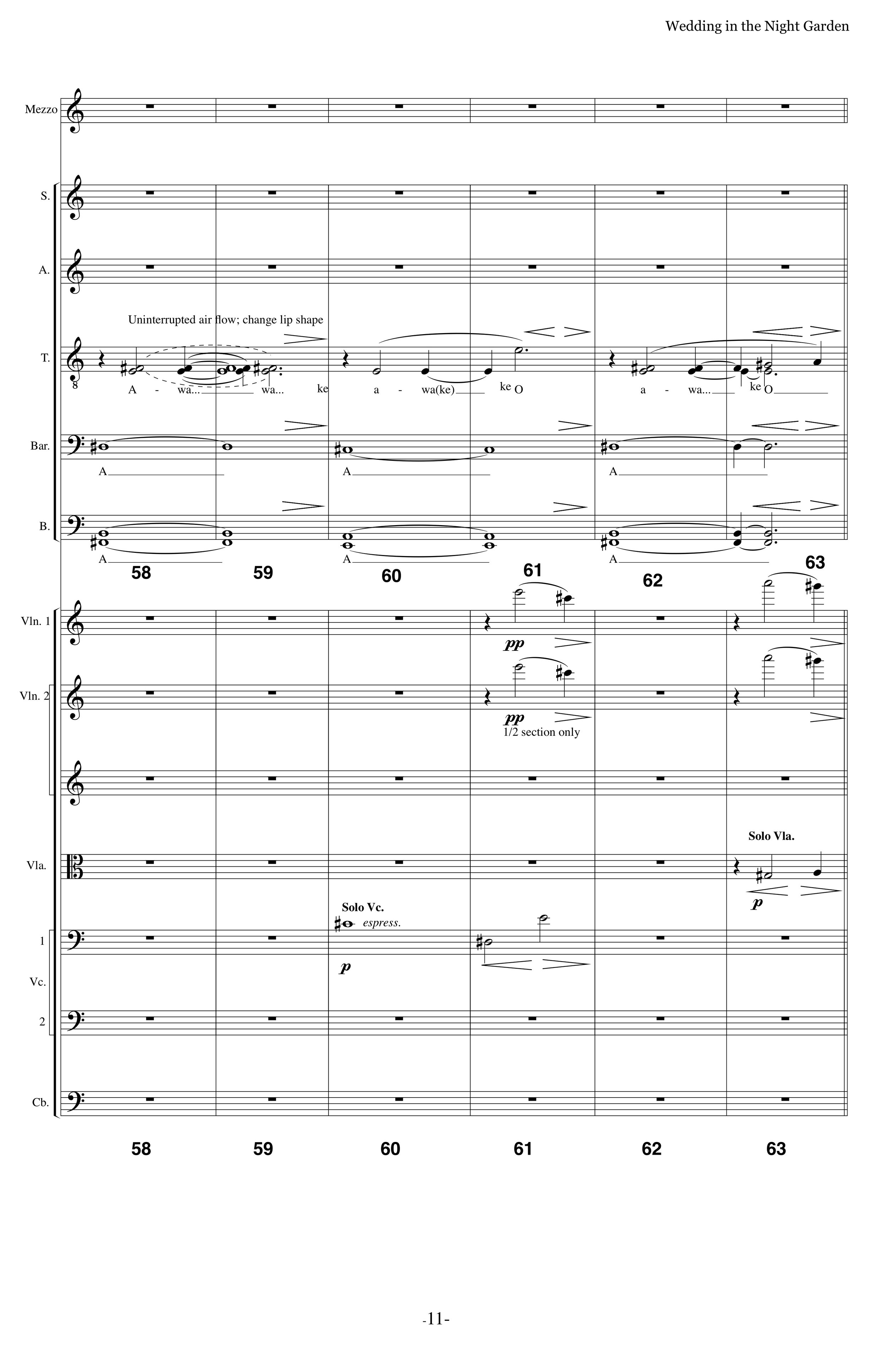
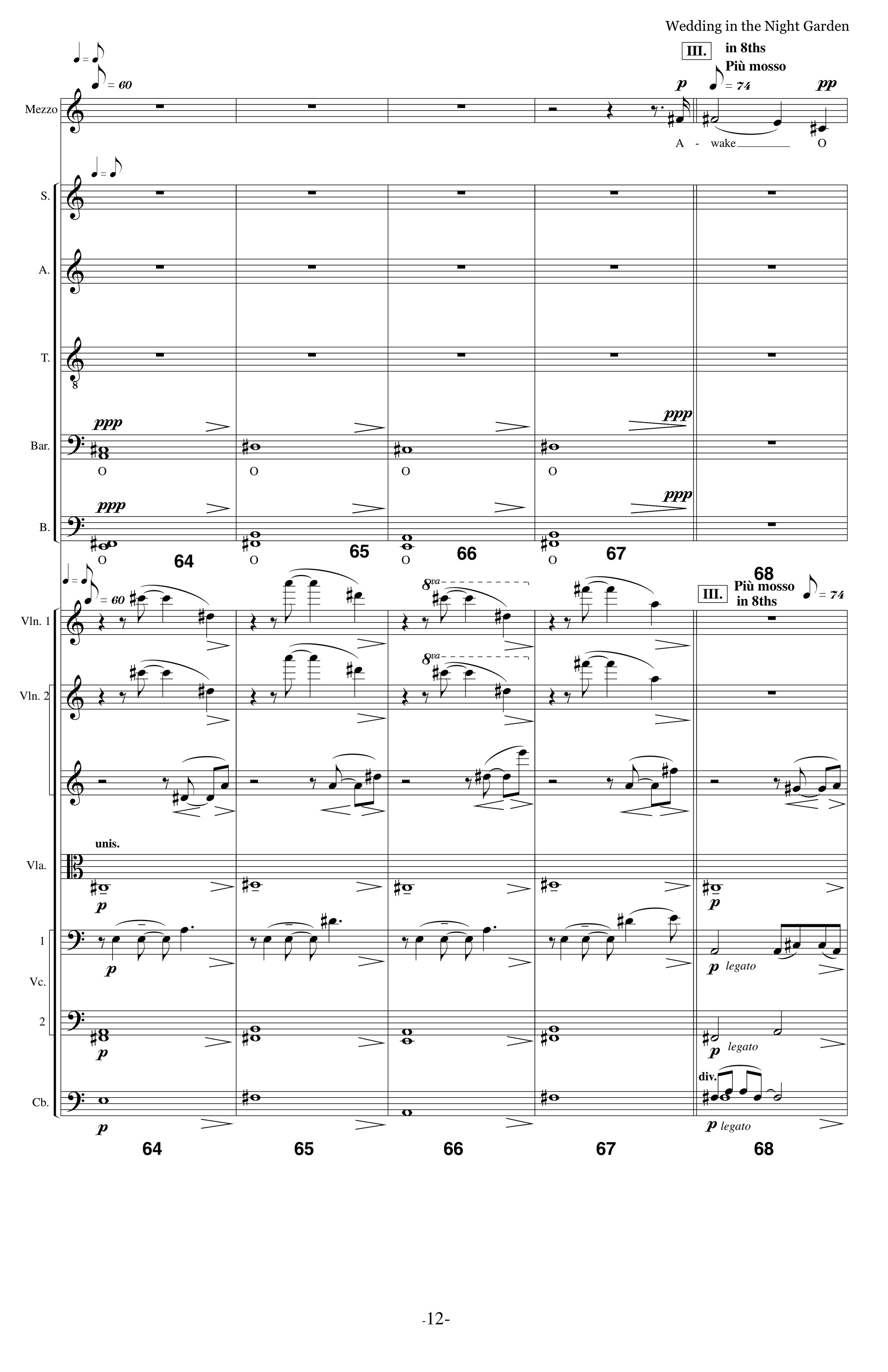
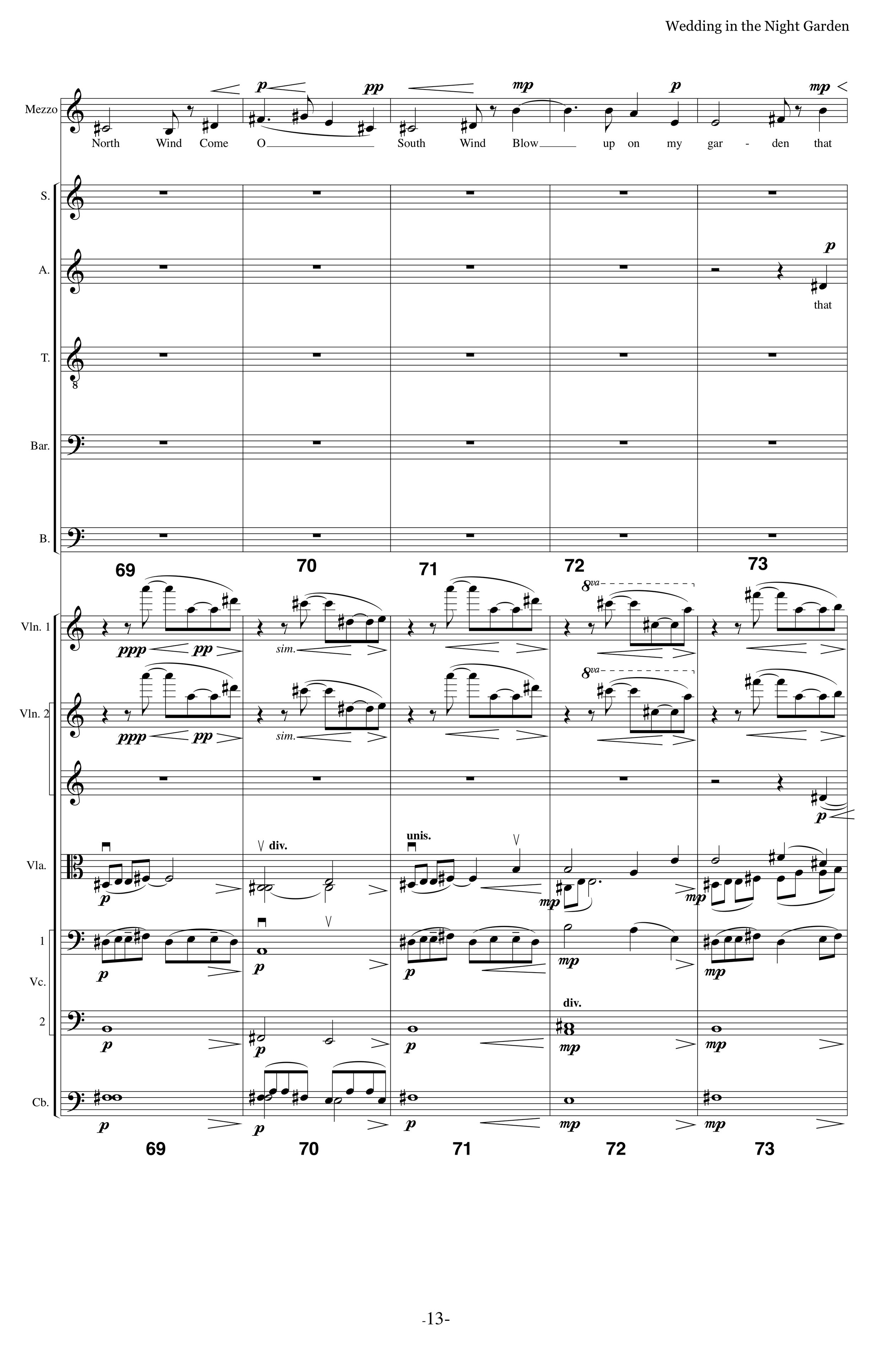
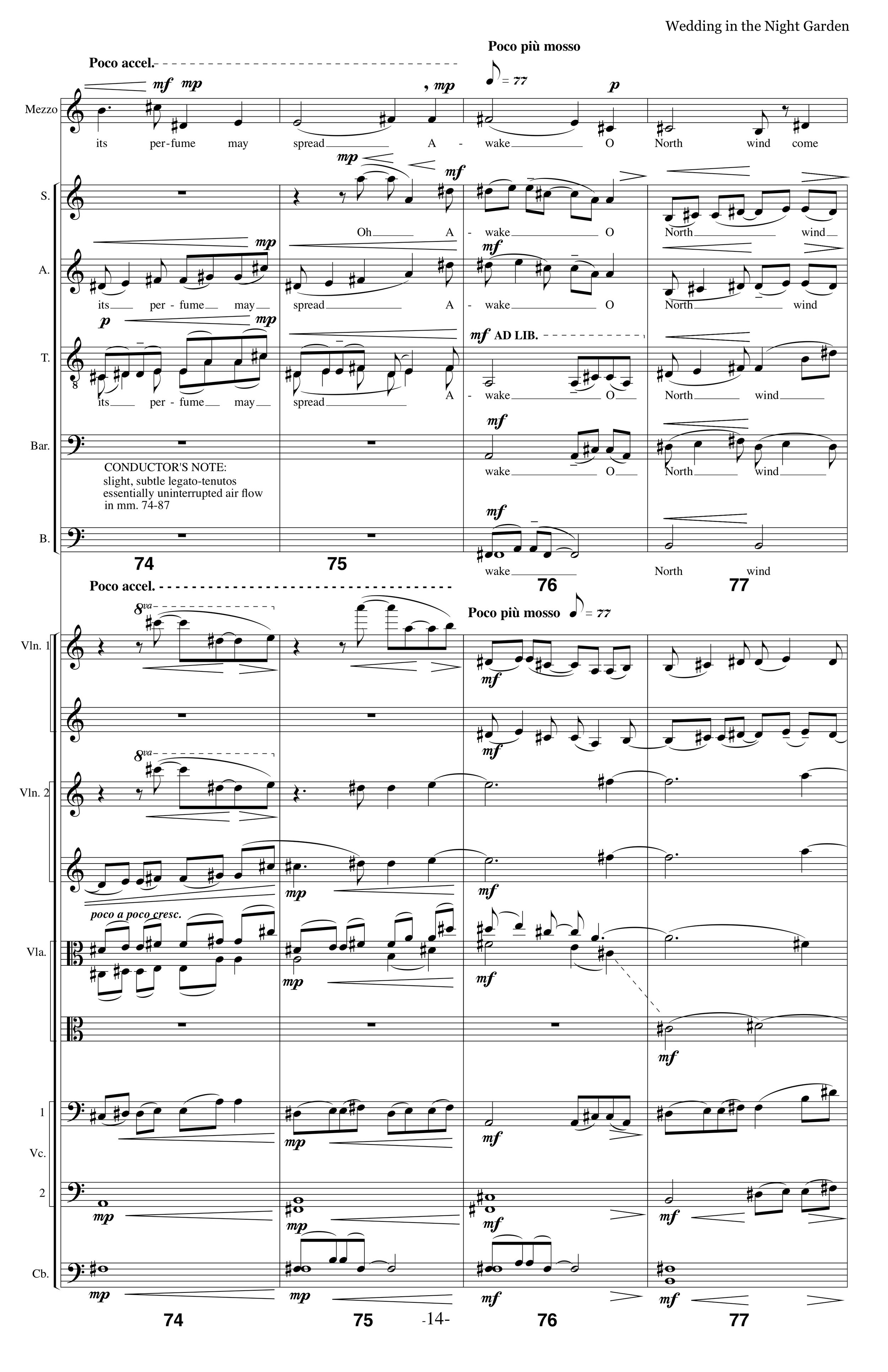
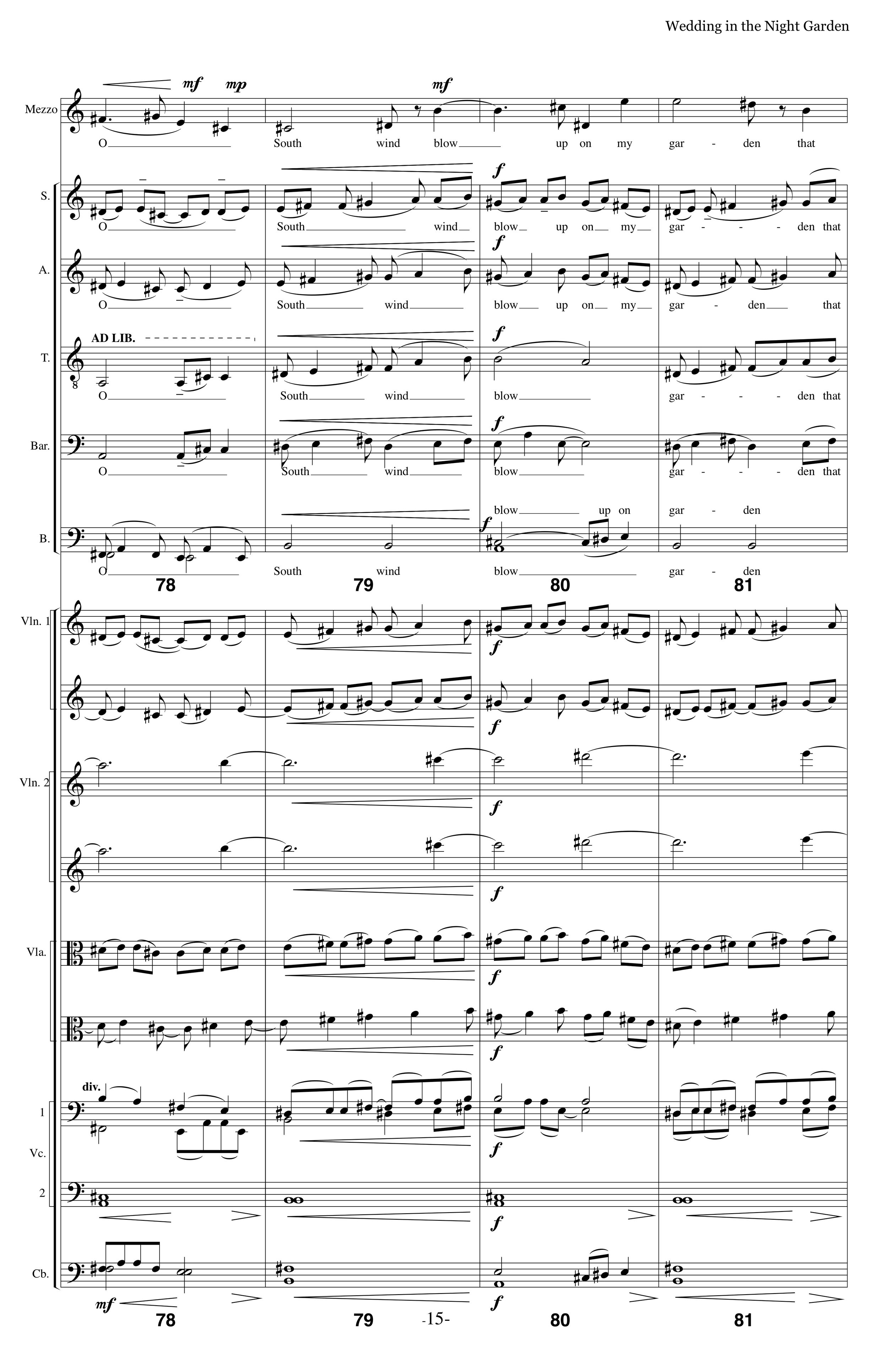
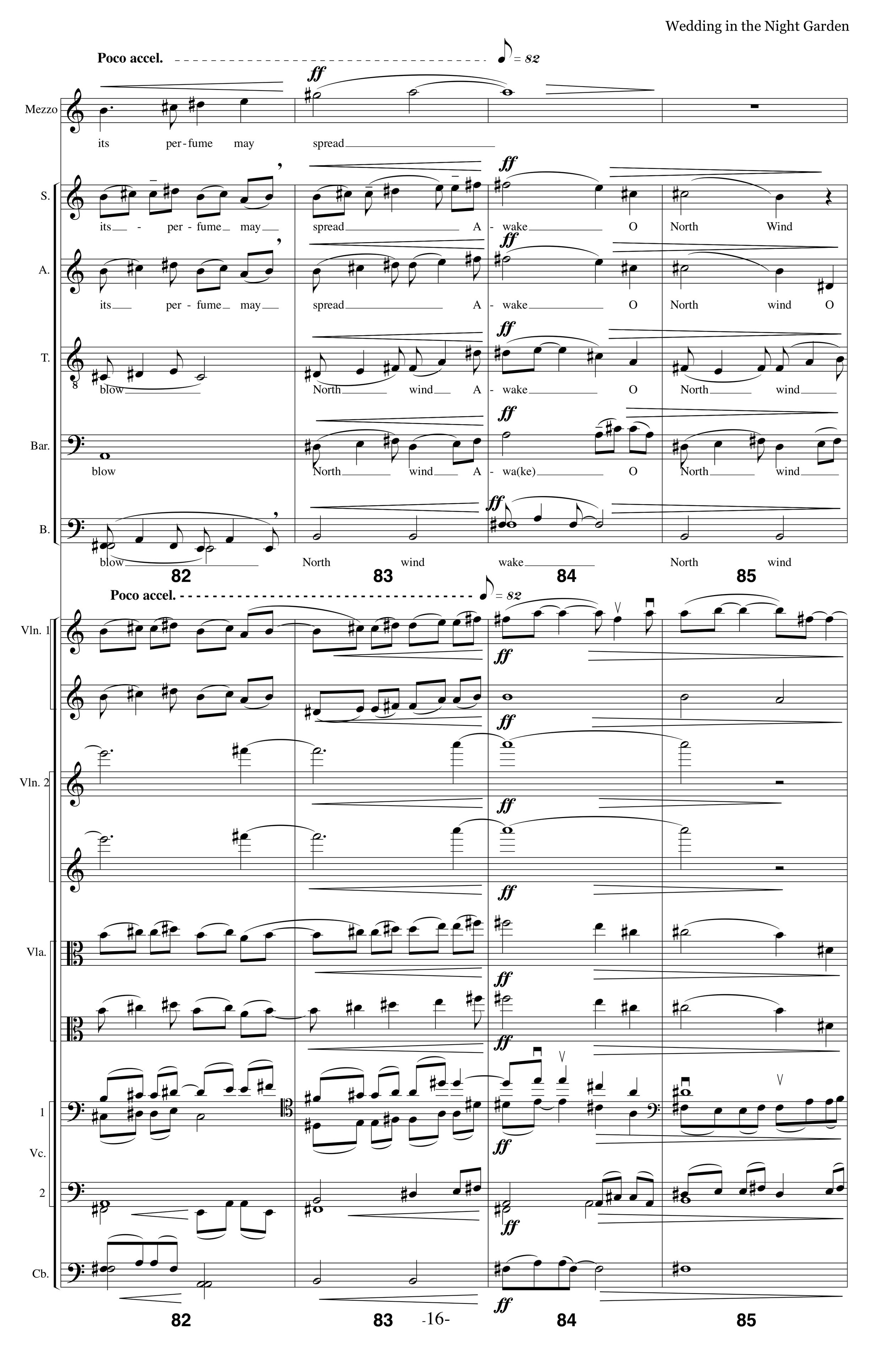
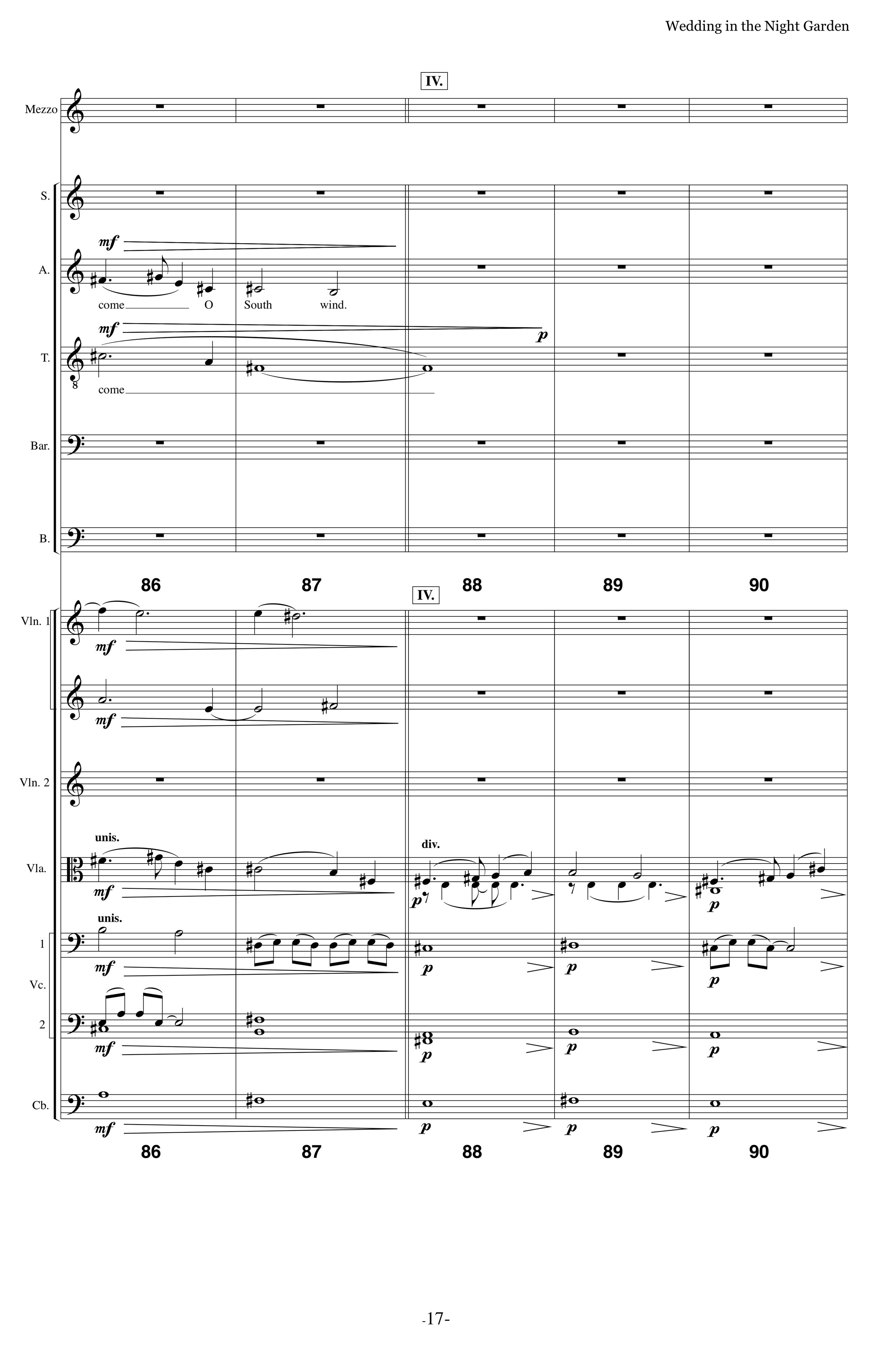
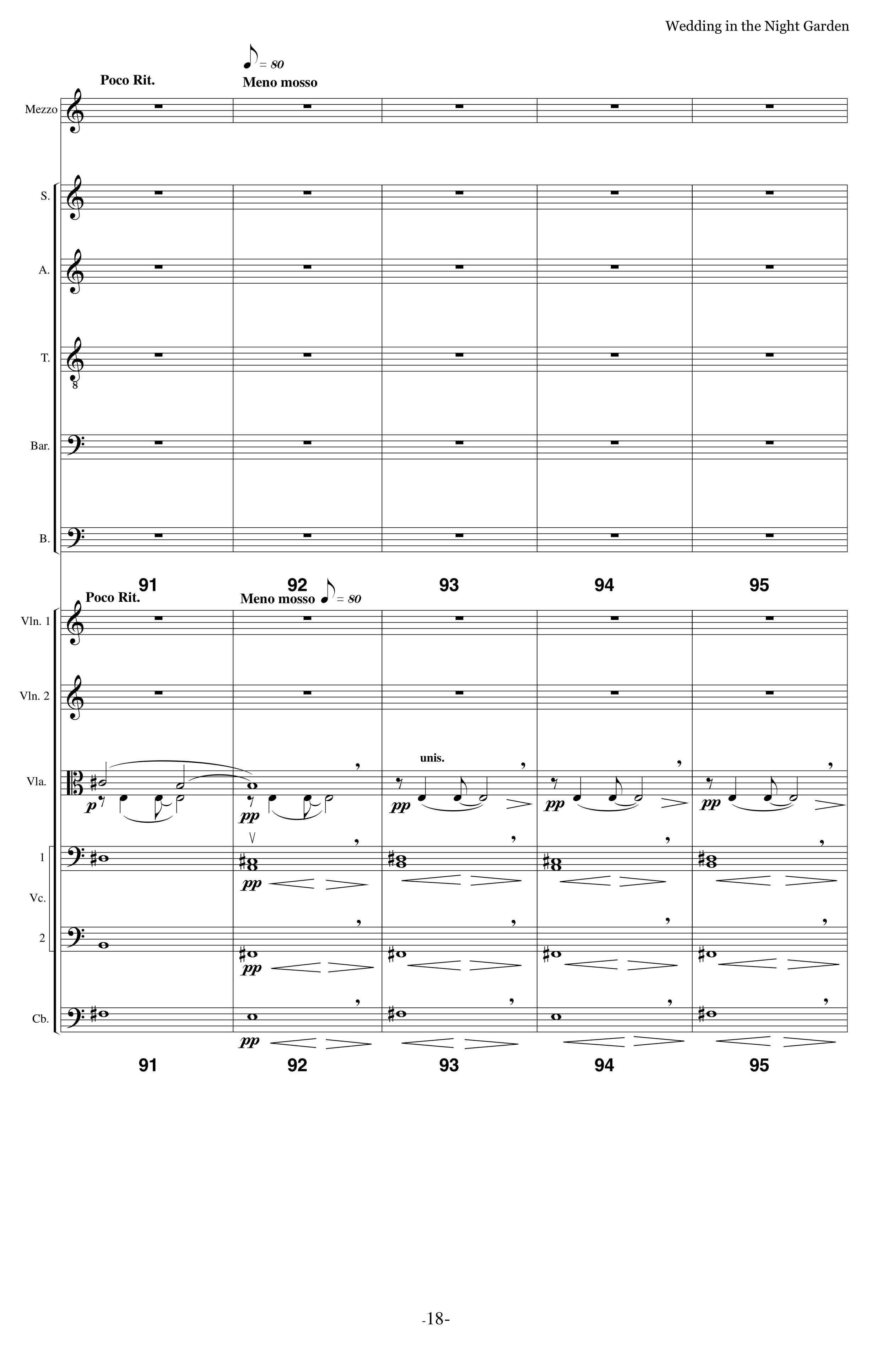
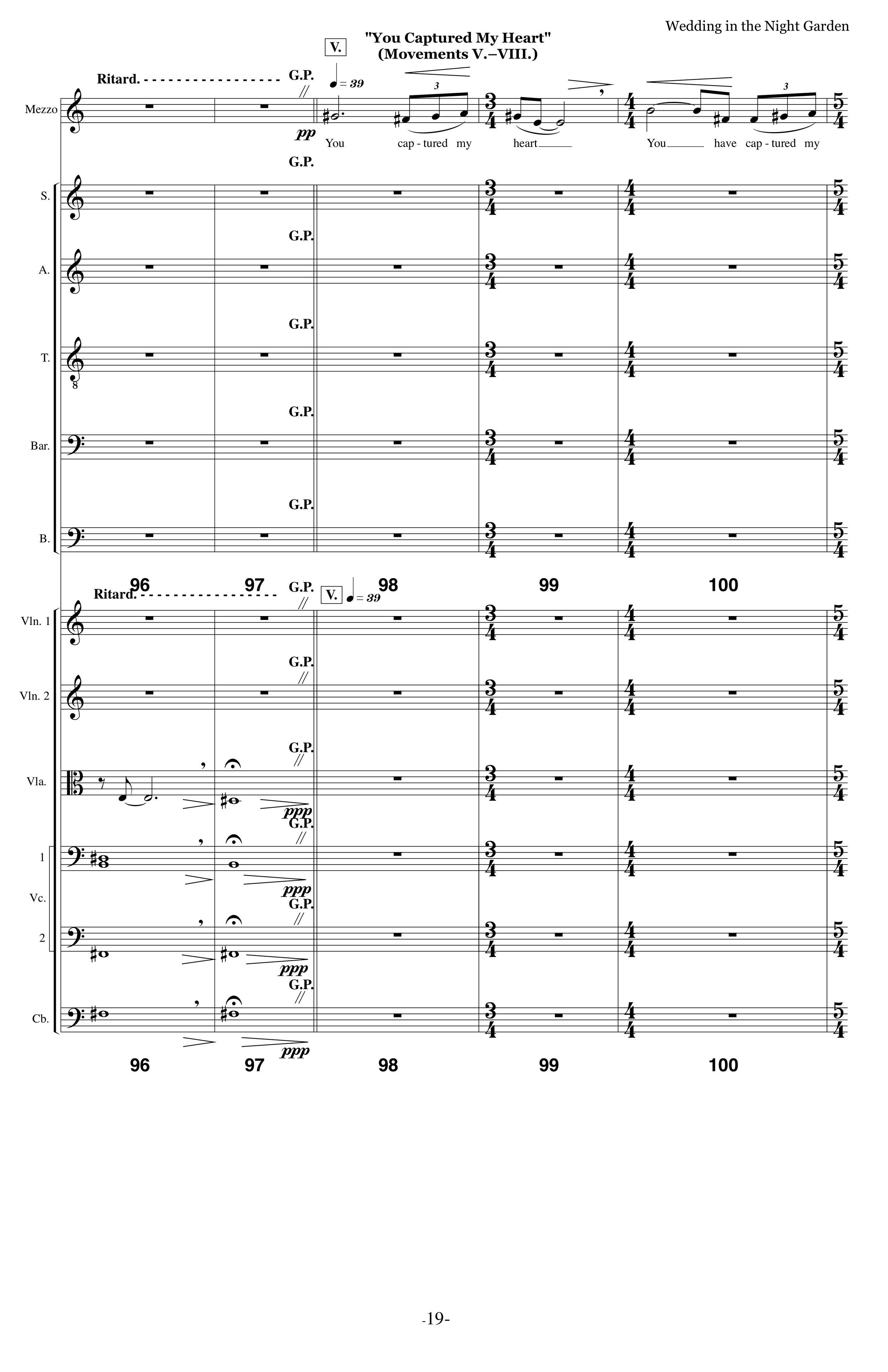
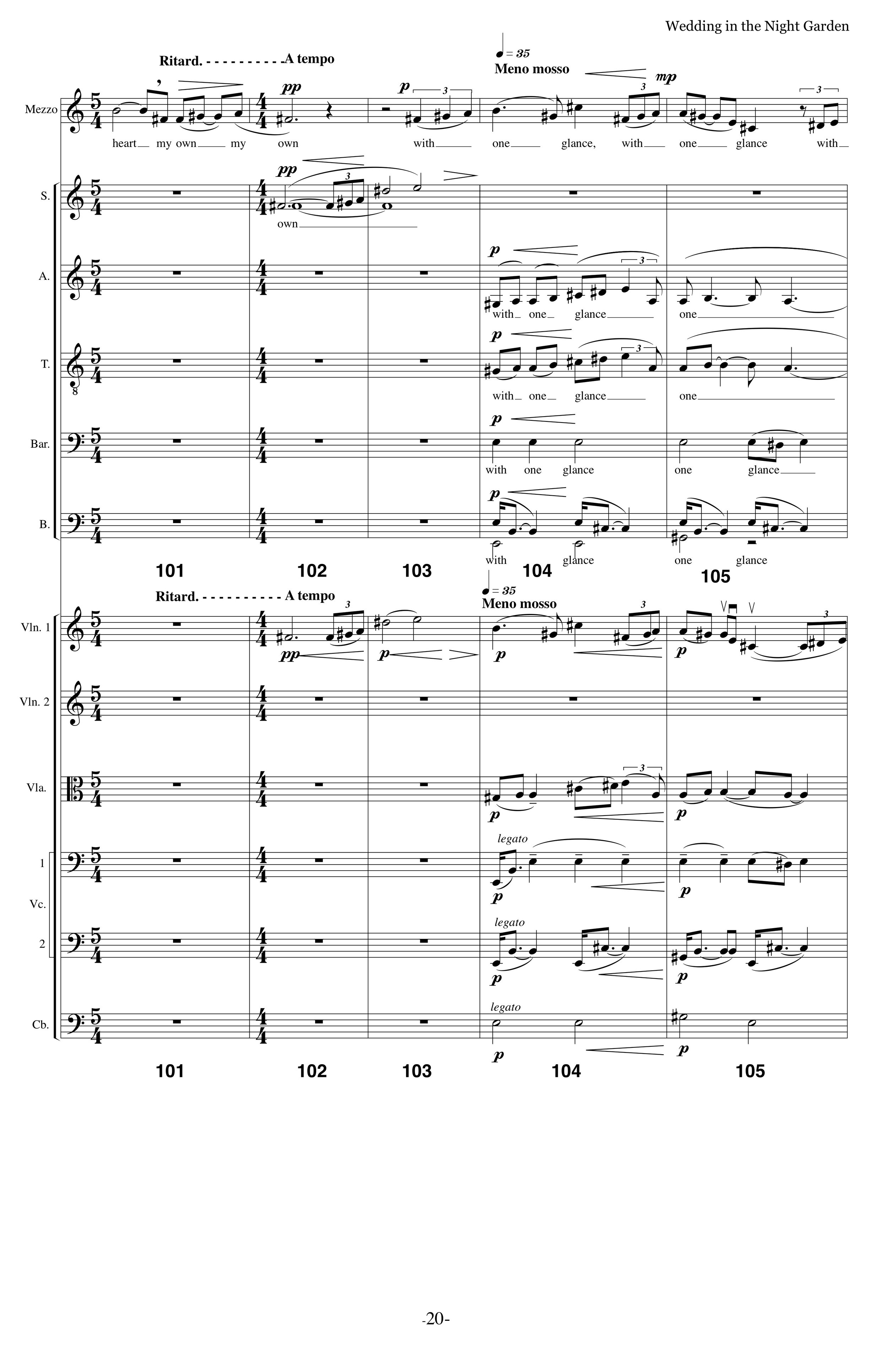
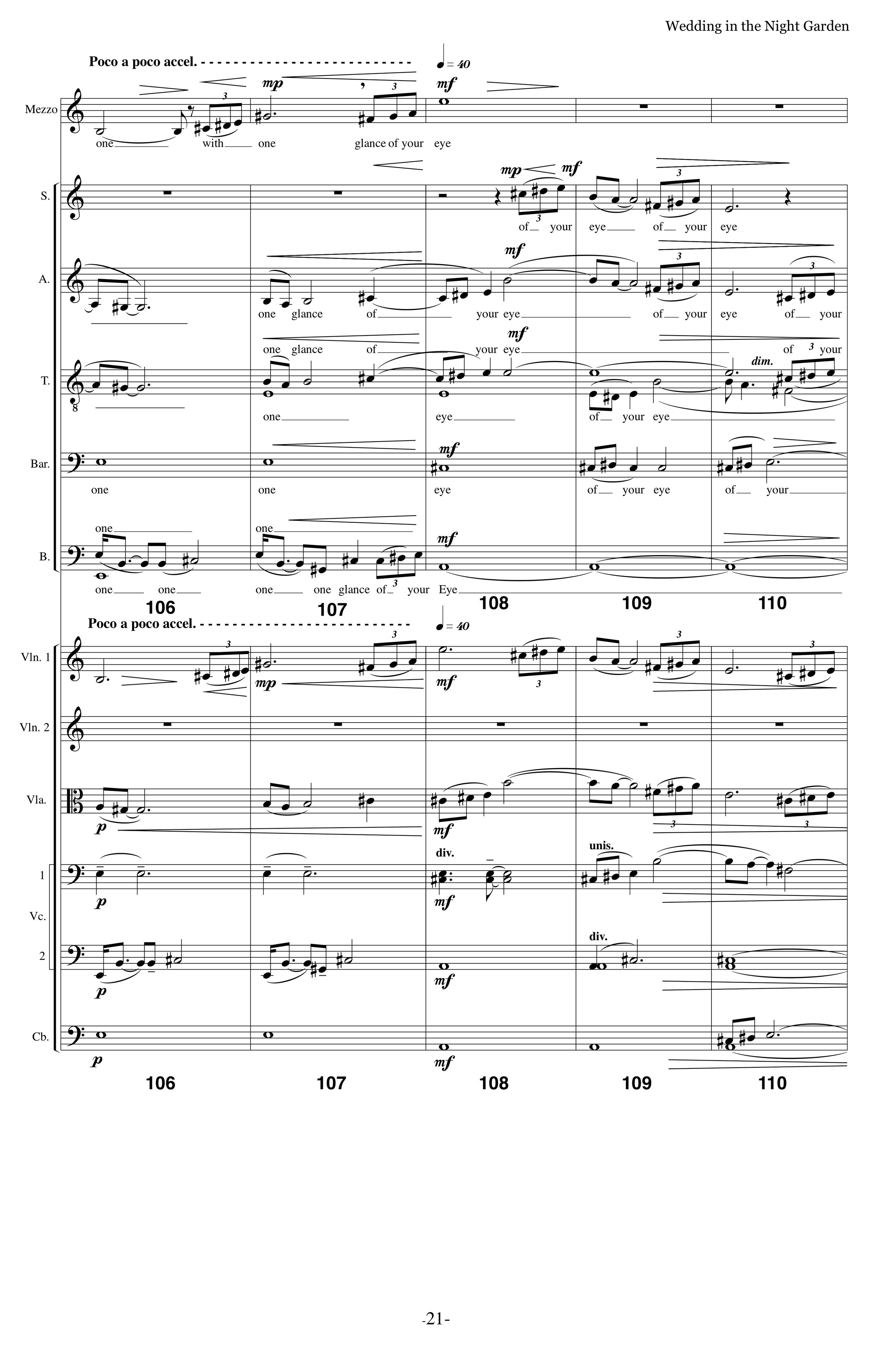
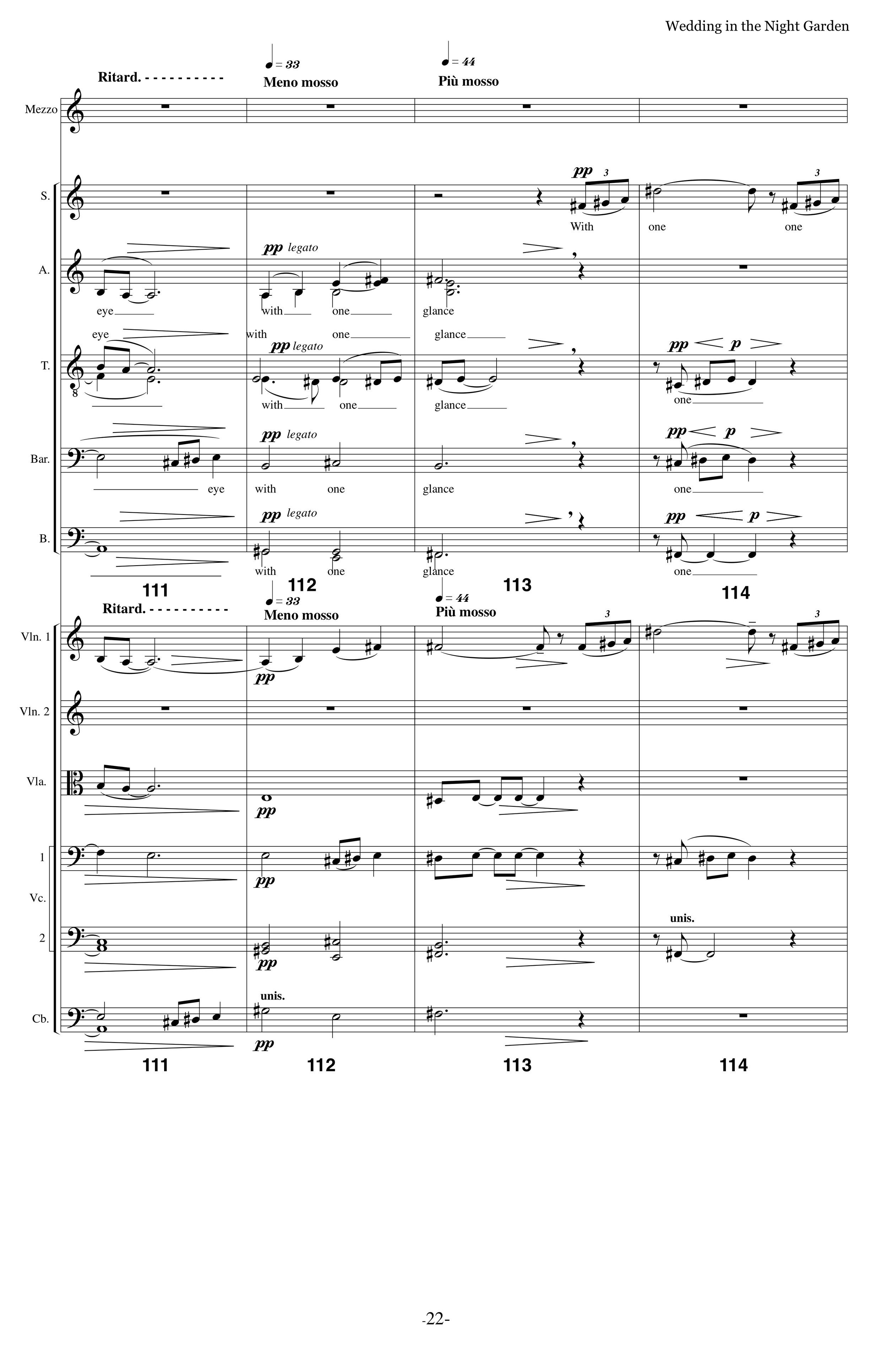
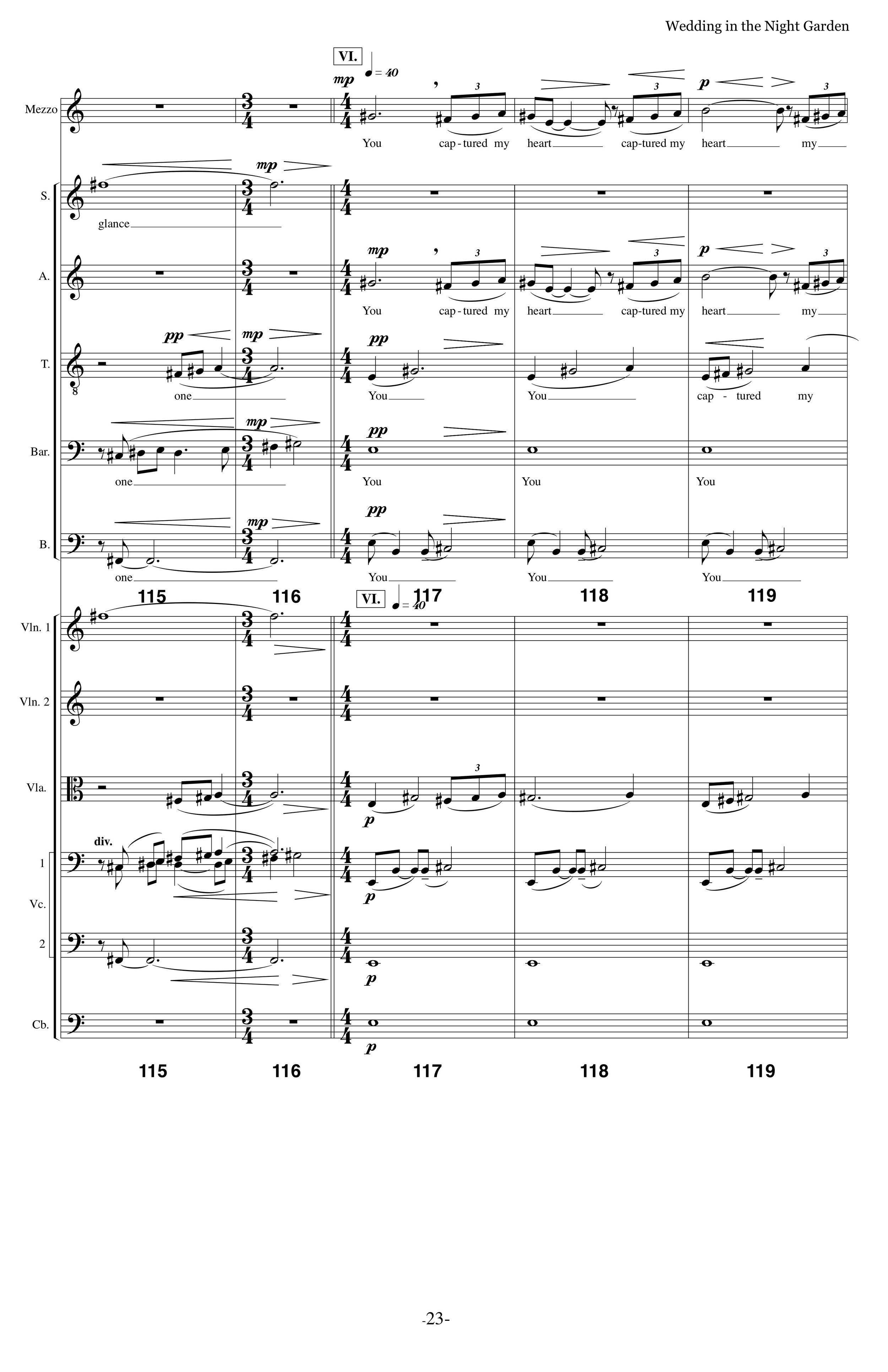
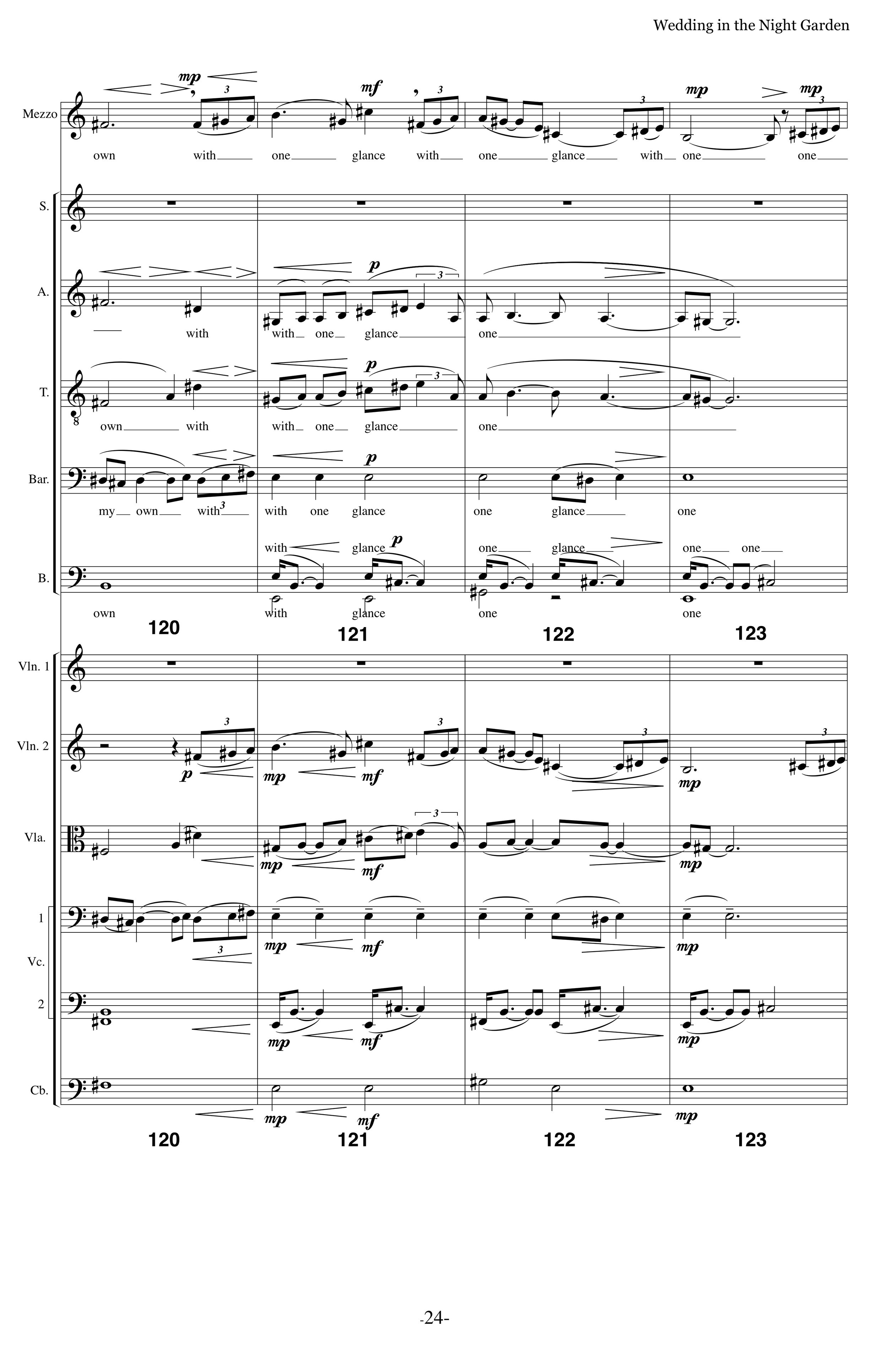
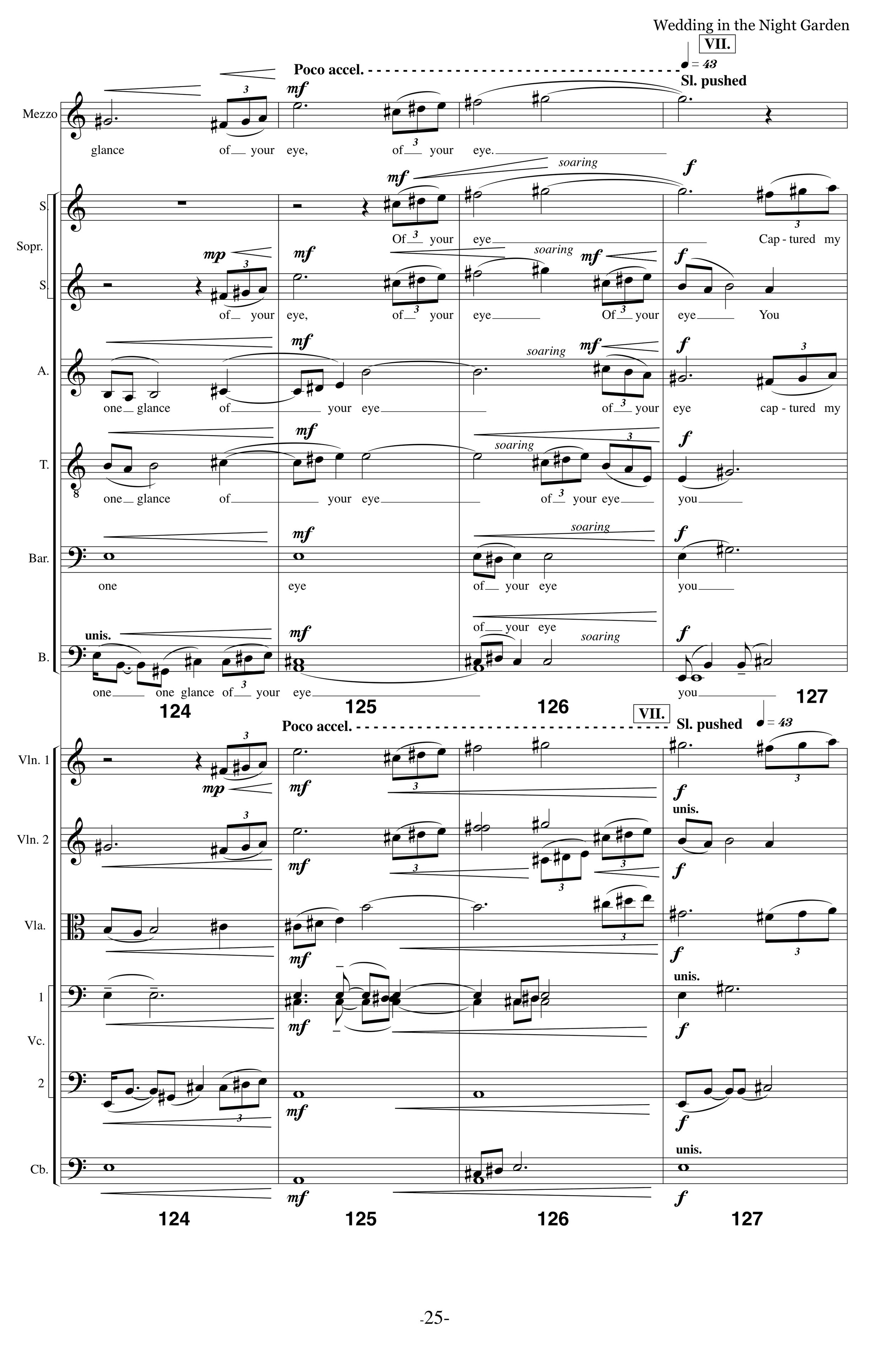
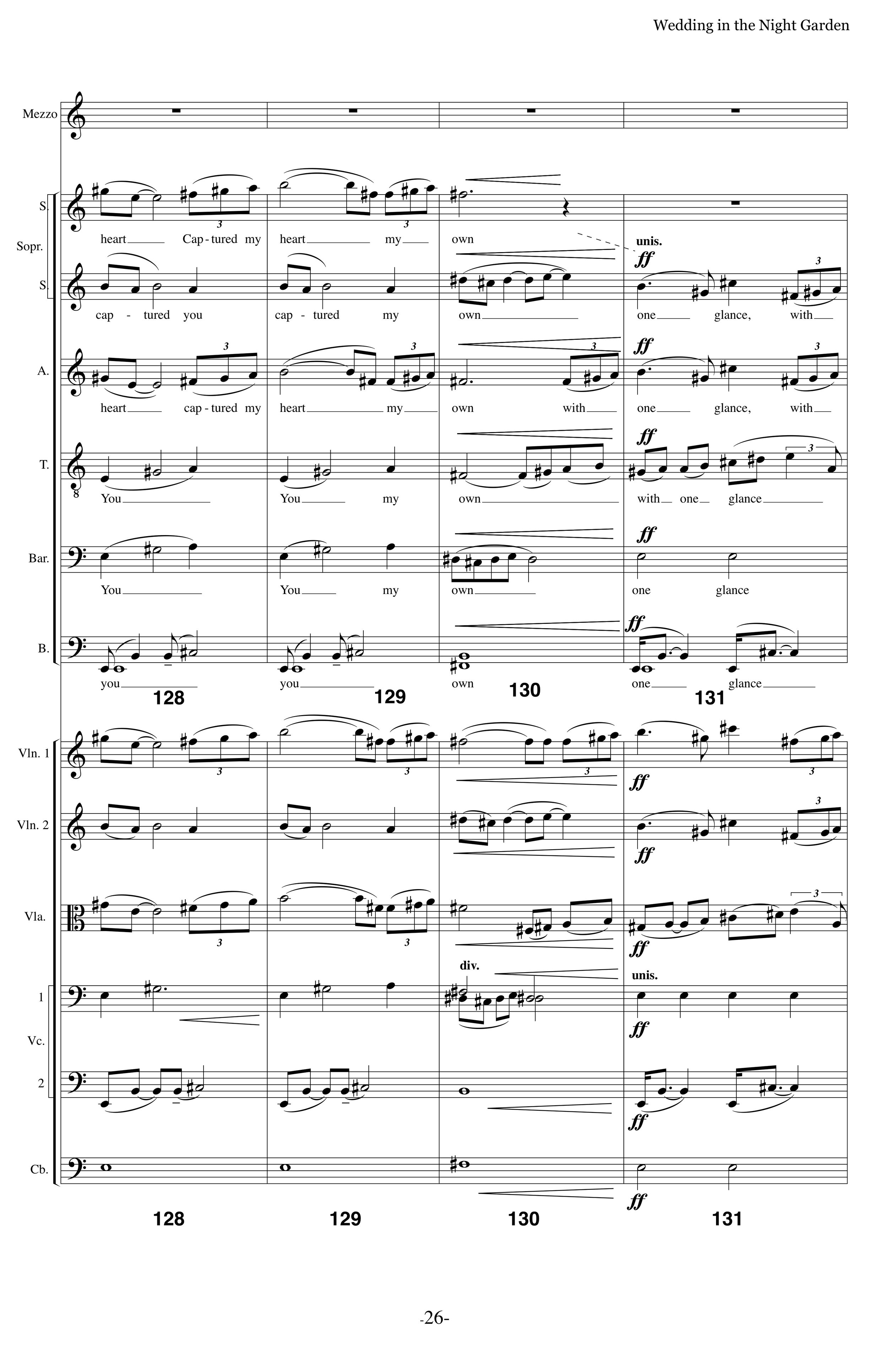
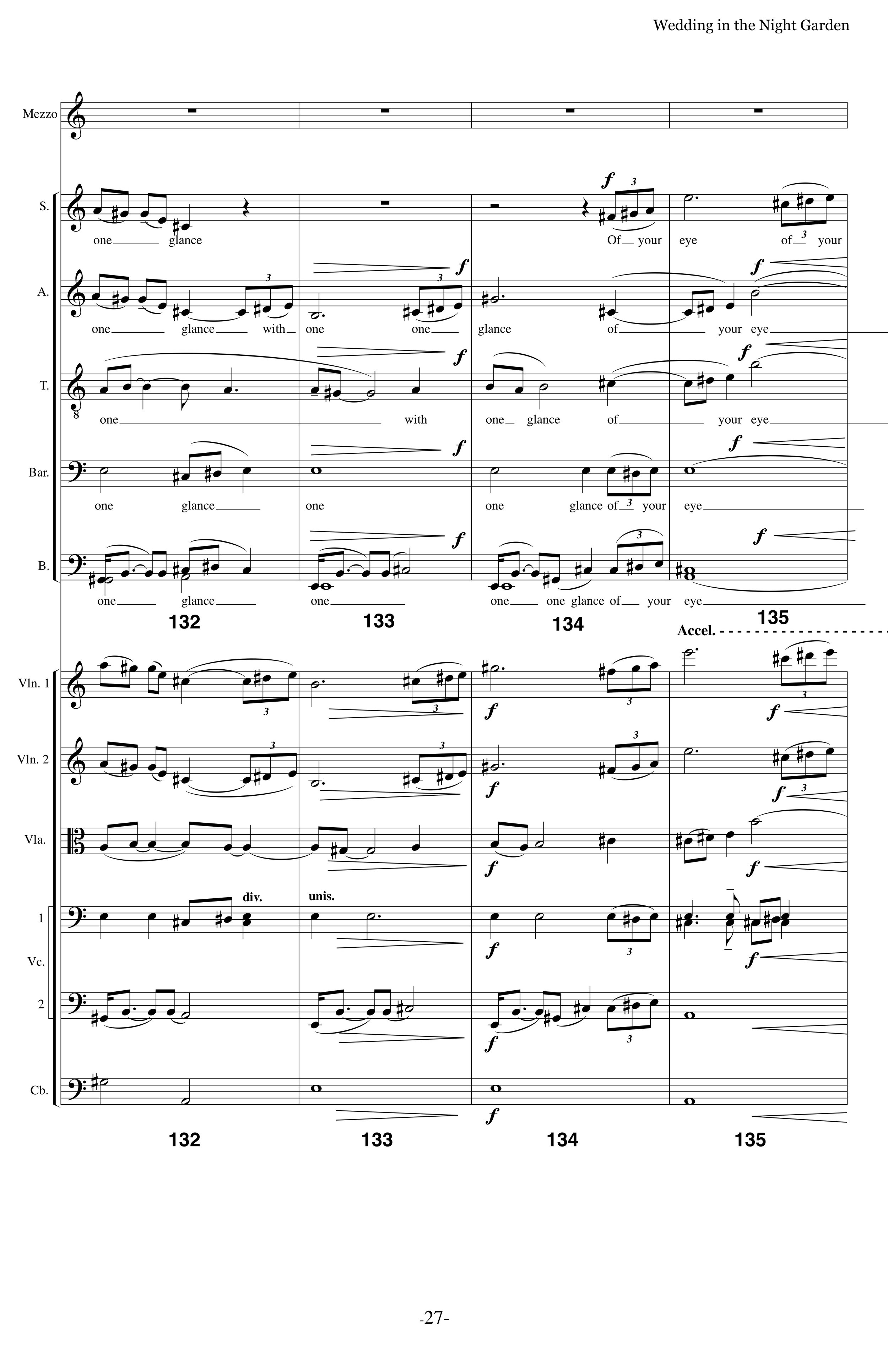
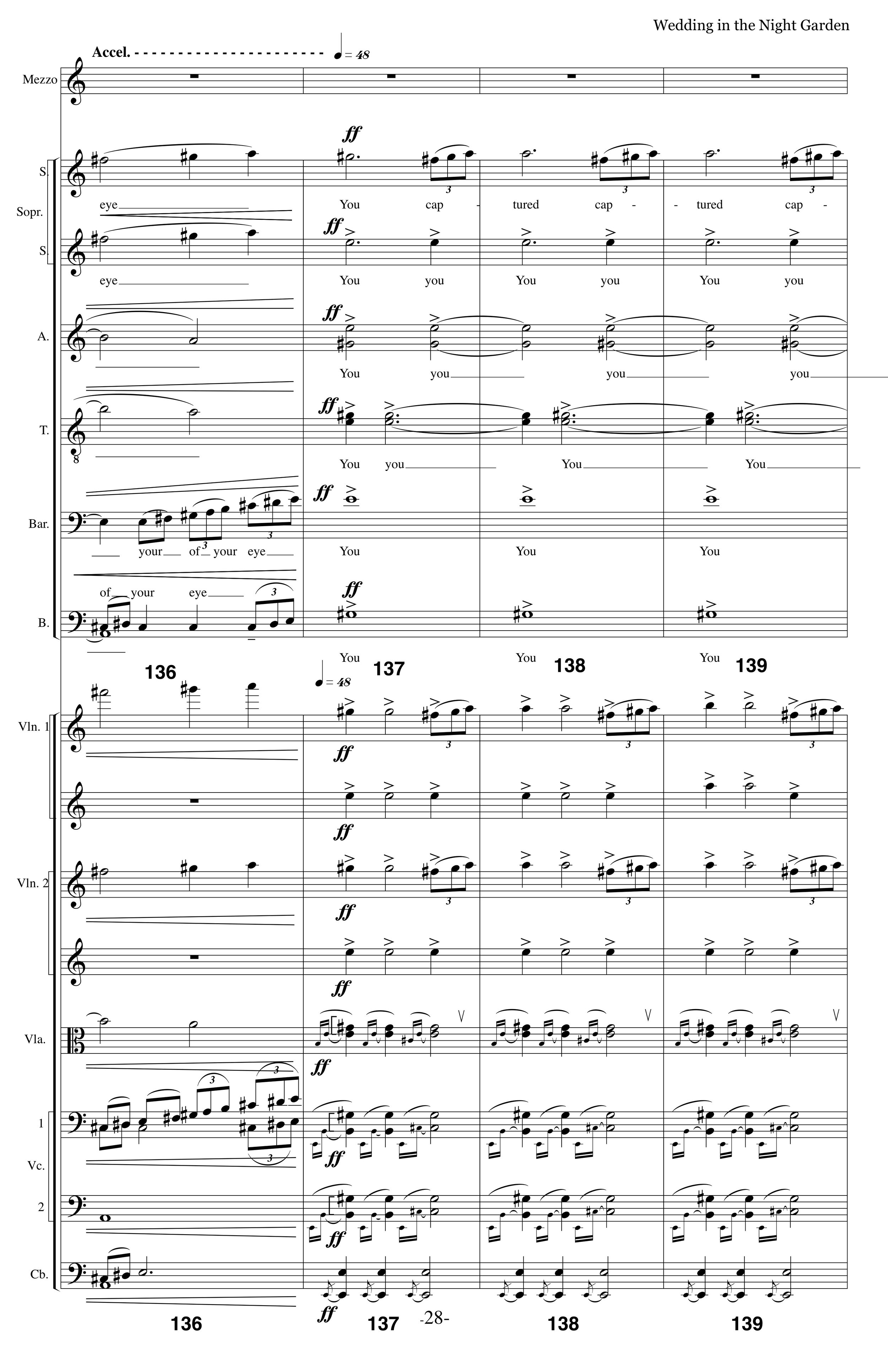
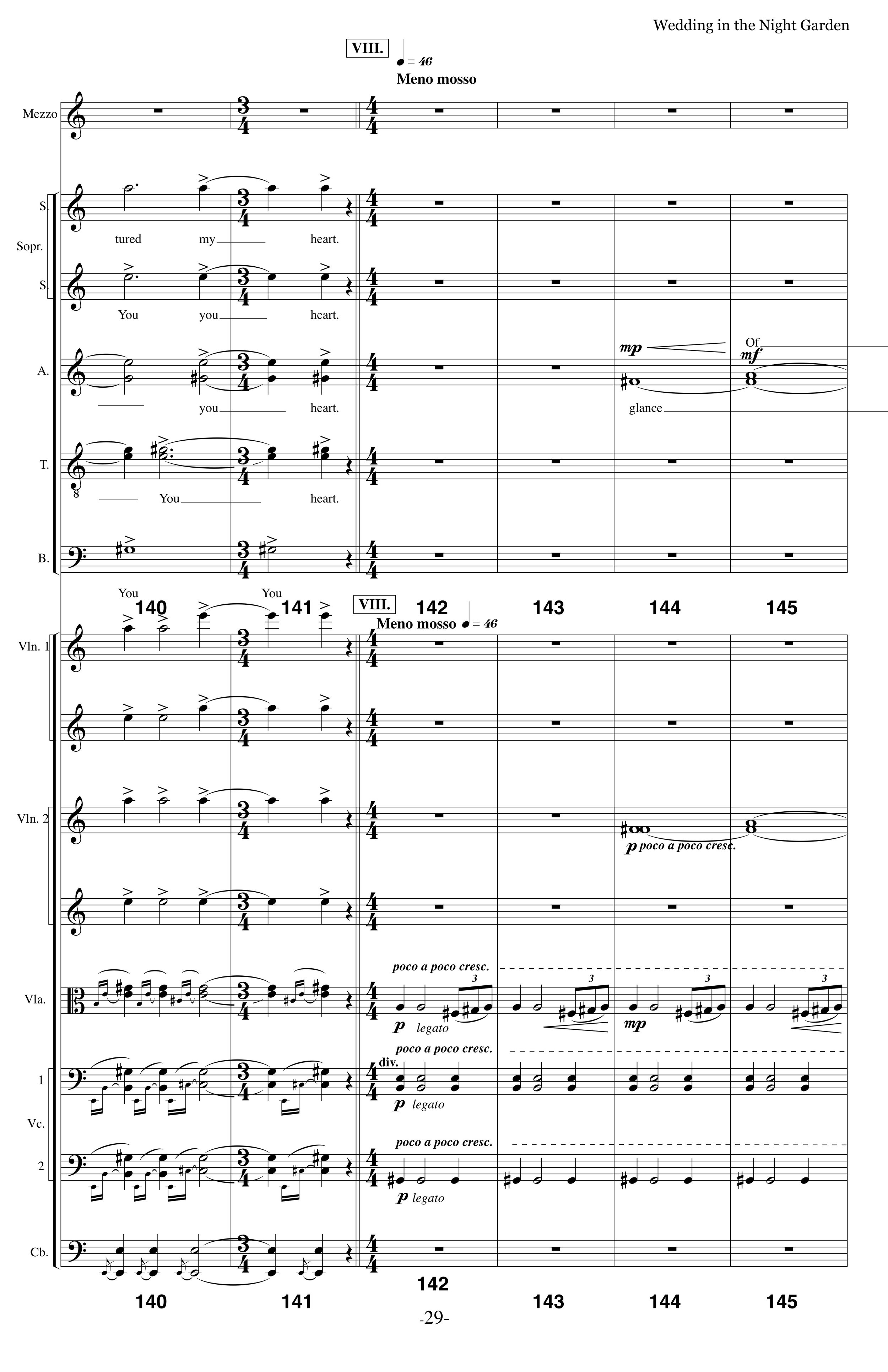
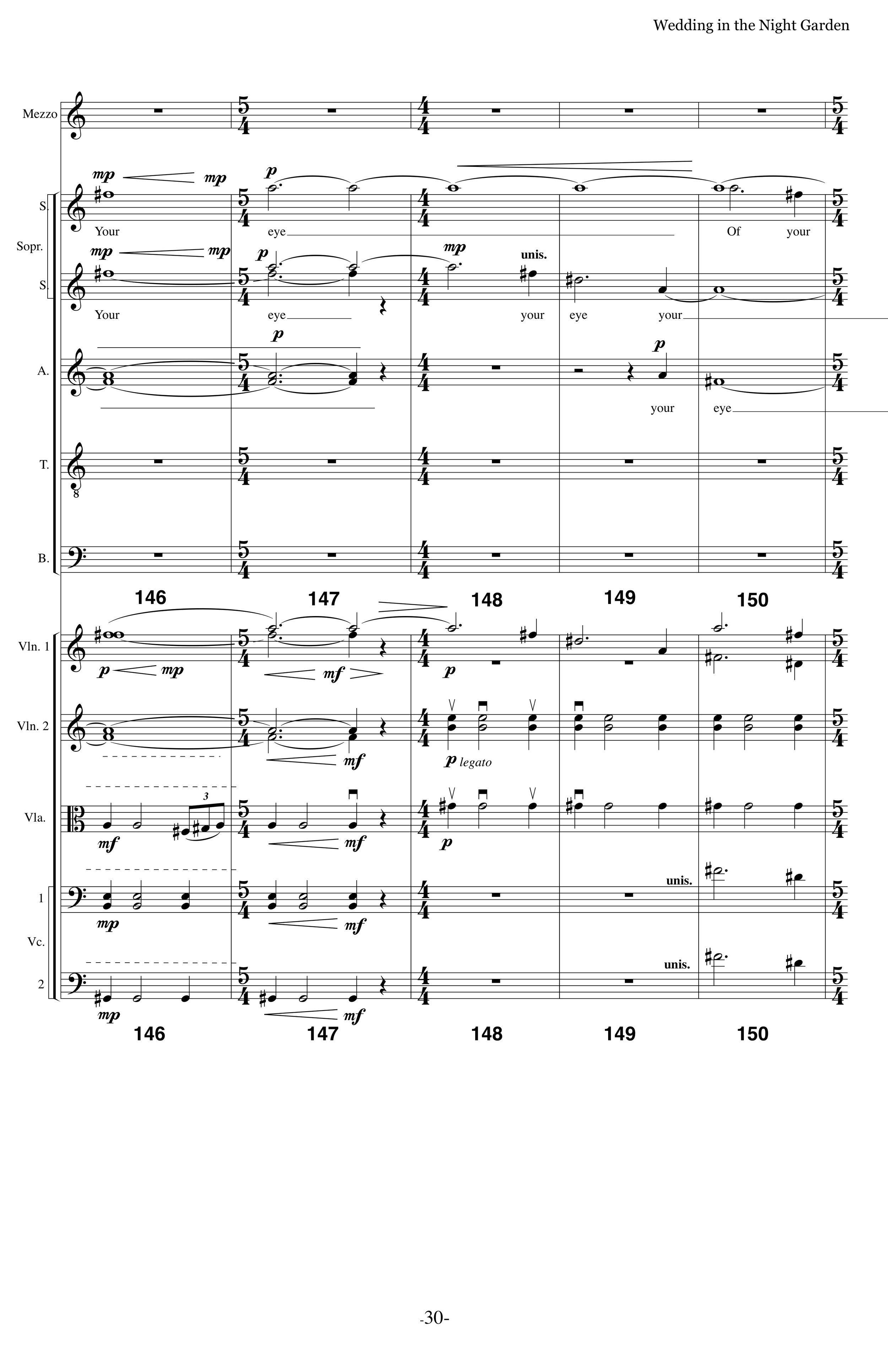
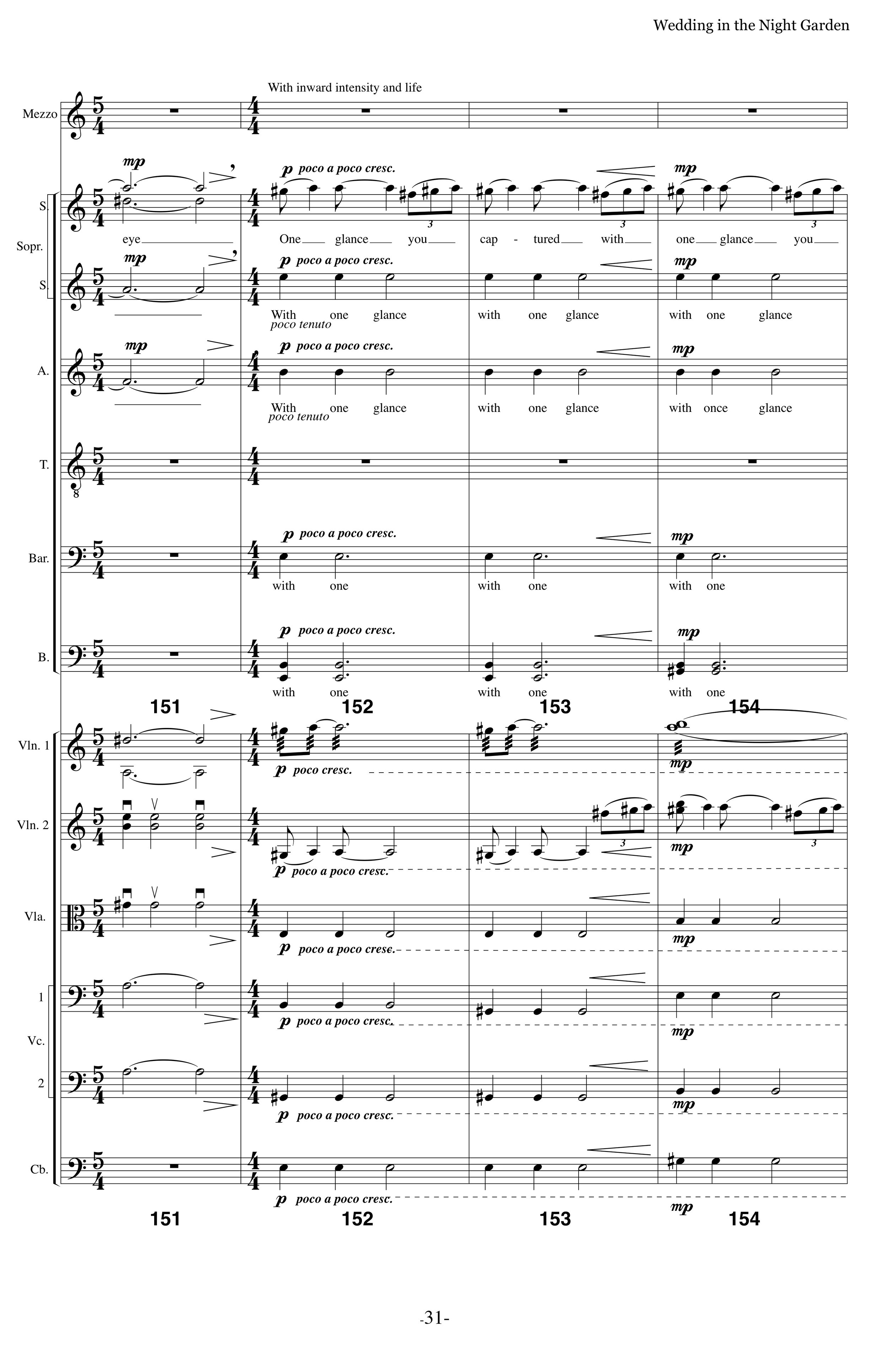
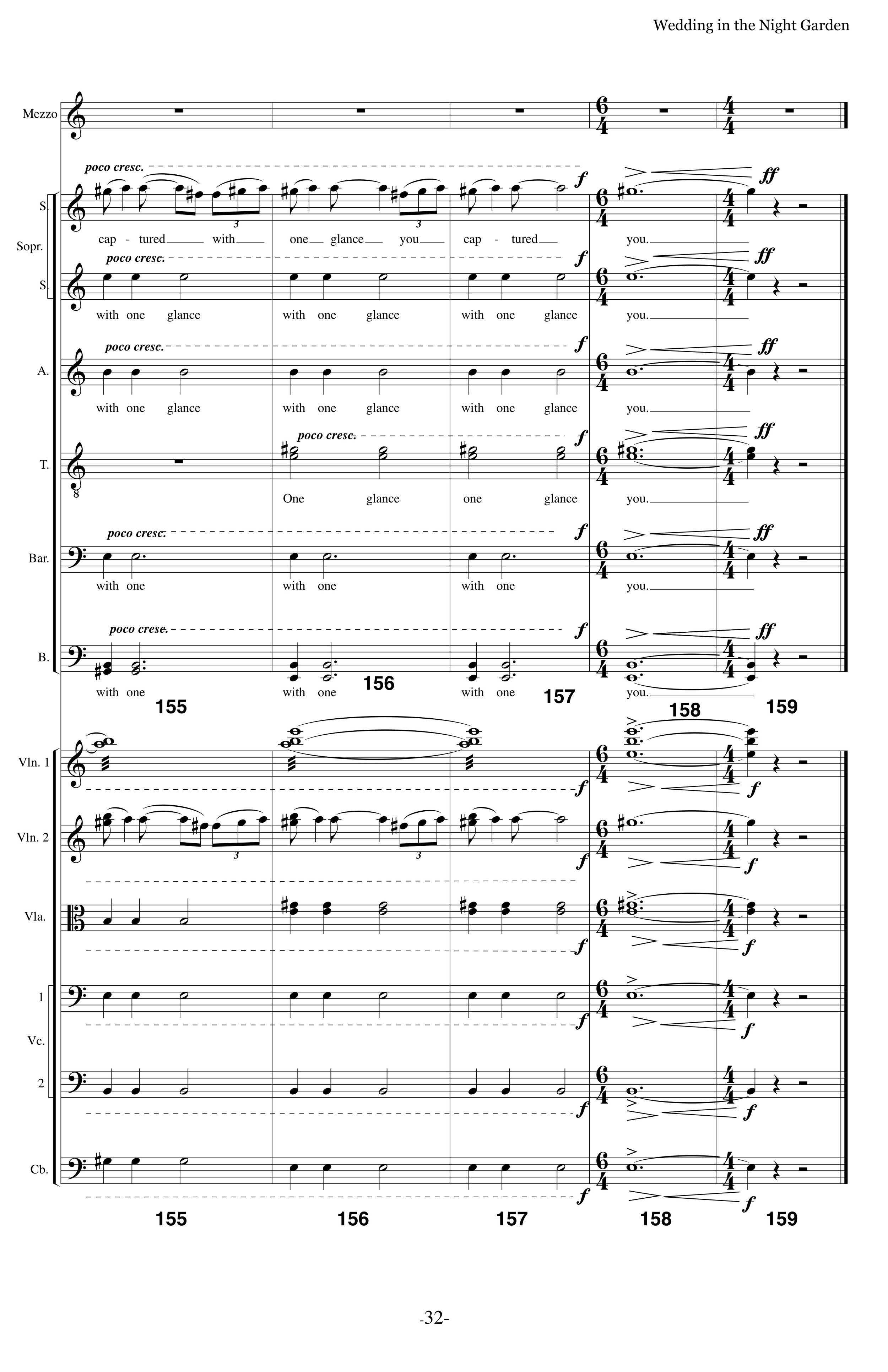
THE FIVE TALES
The Five Tales (for Solo Piano)
About the Work
This piano work consists of Five Tales:
I. Night Dreams
II. Dancing Forest
III. Memory of Love
IV. Awaken Spirits
V. Whirling
Each with its own character, colors, textures, and emotion.
Click on top of score to turn pages.
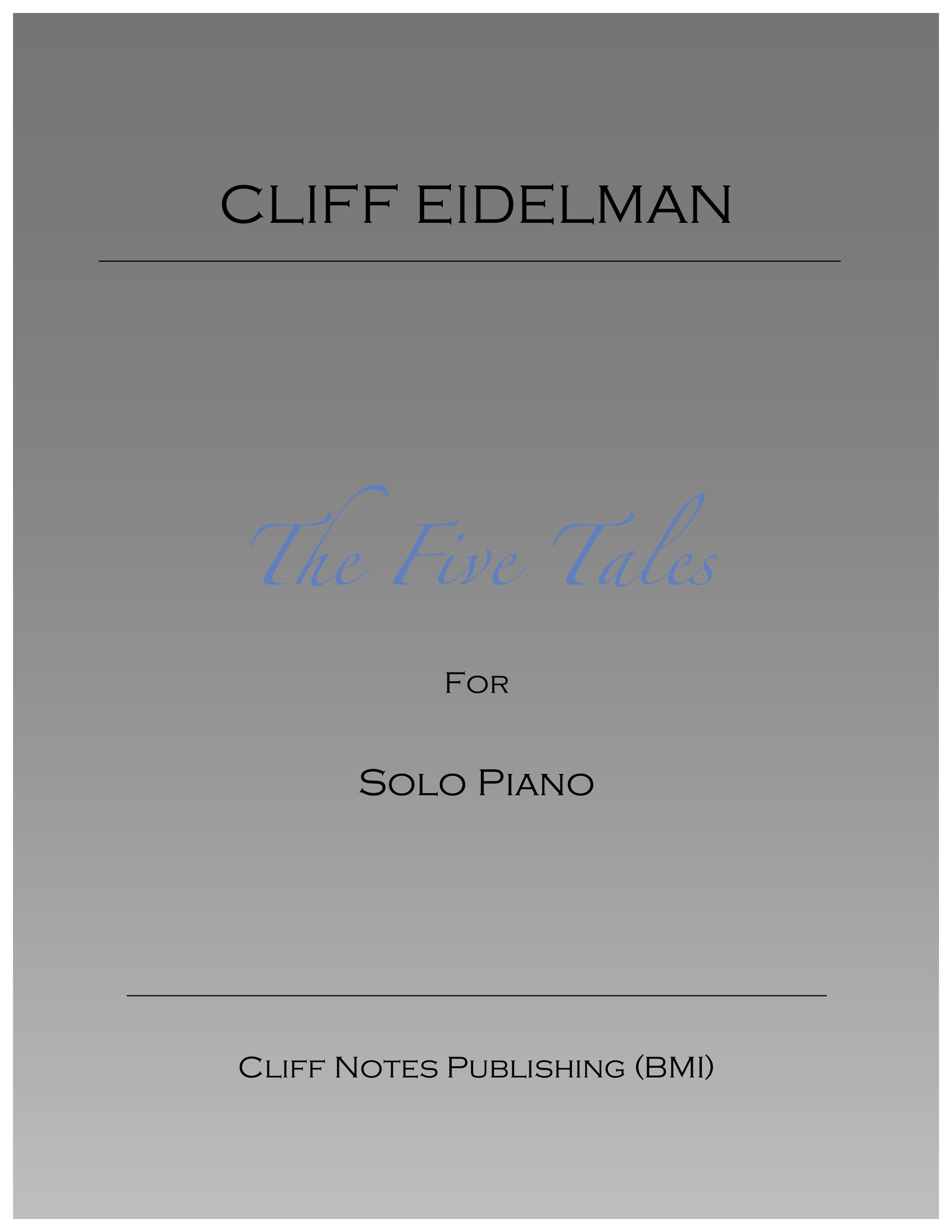
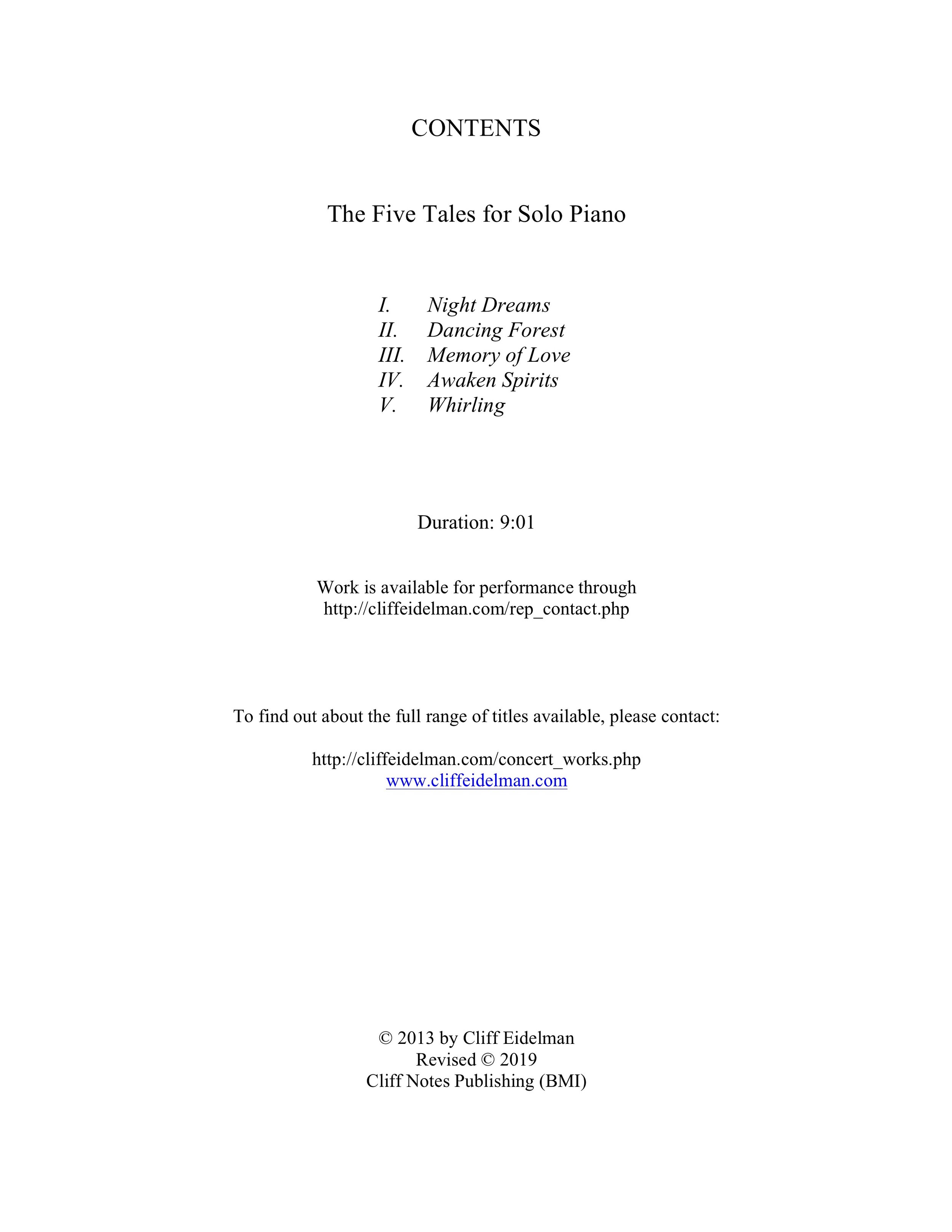
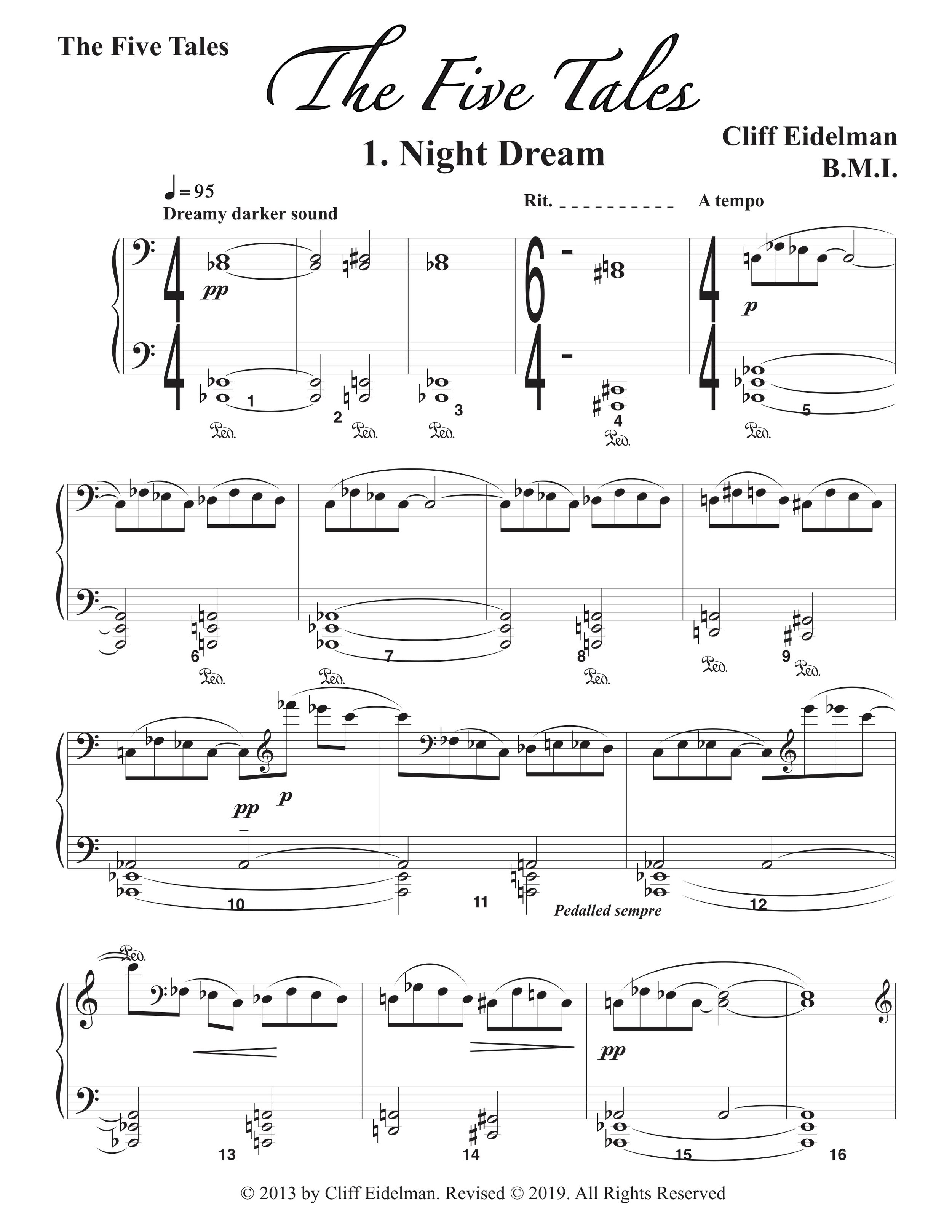
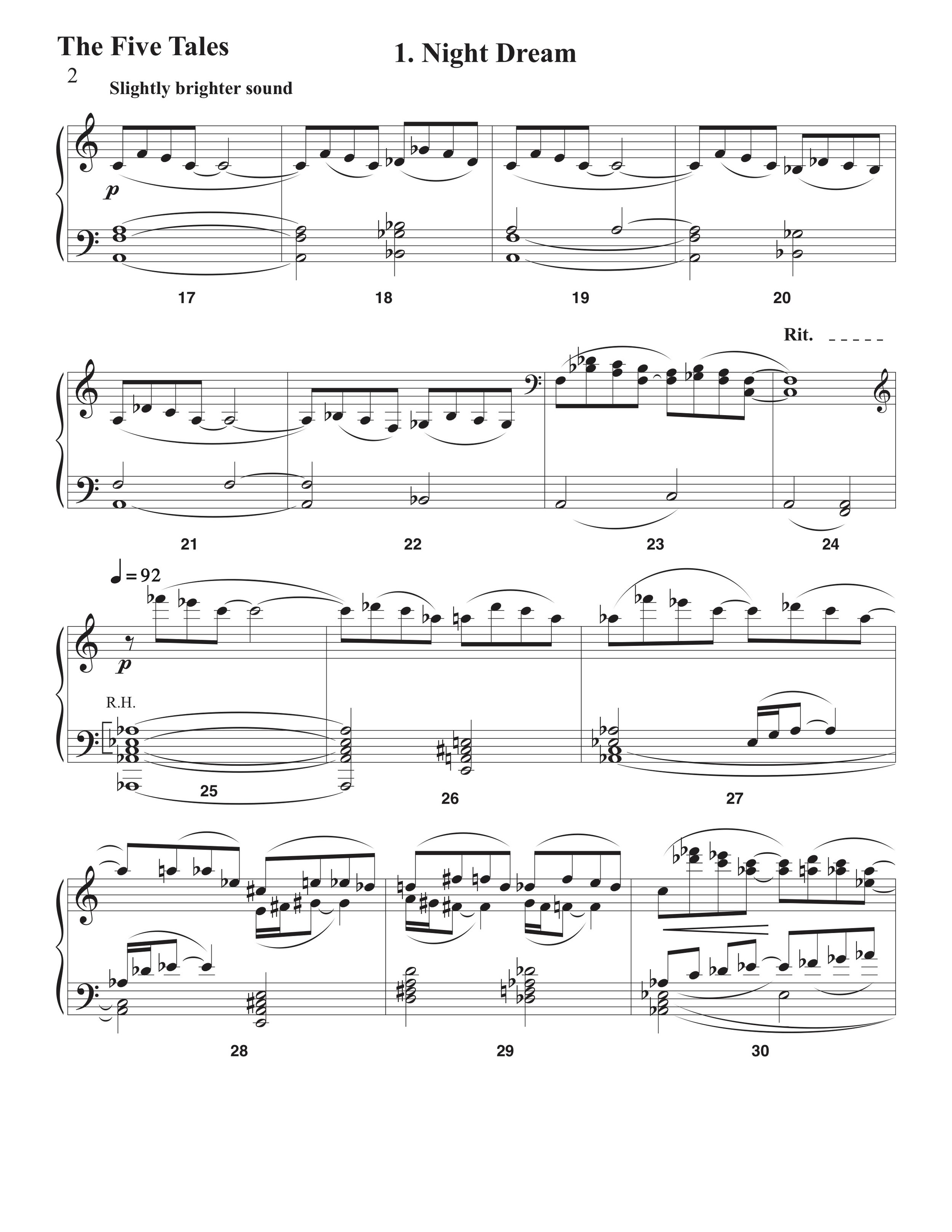
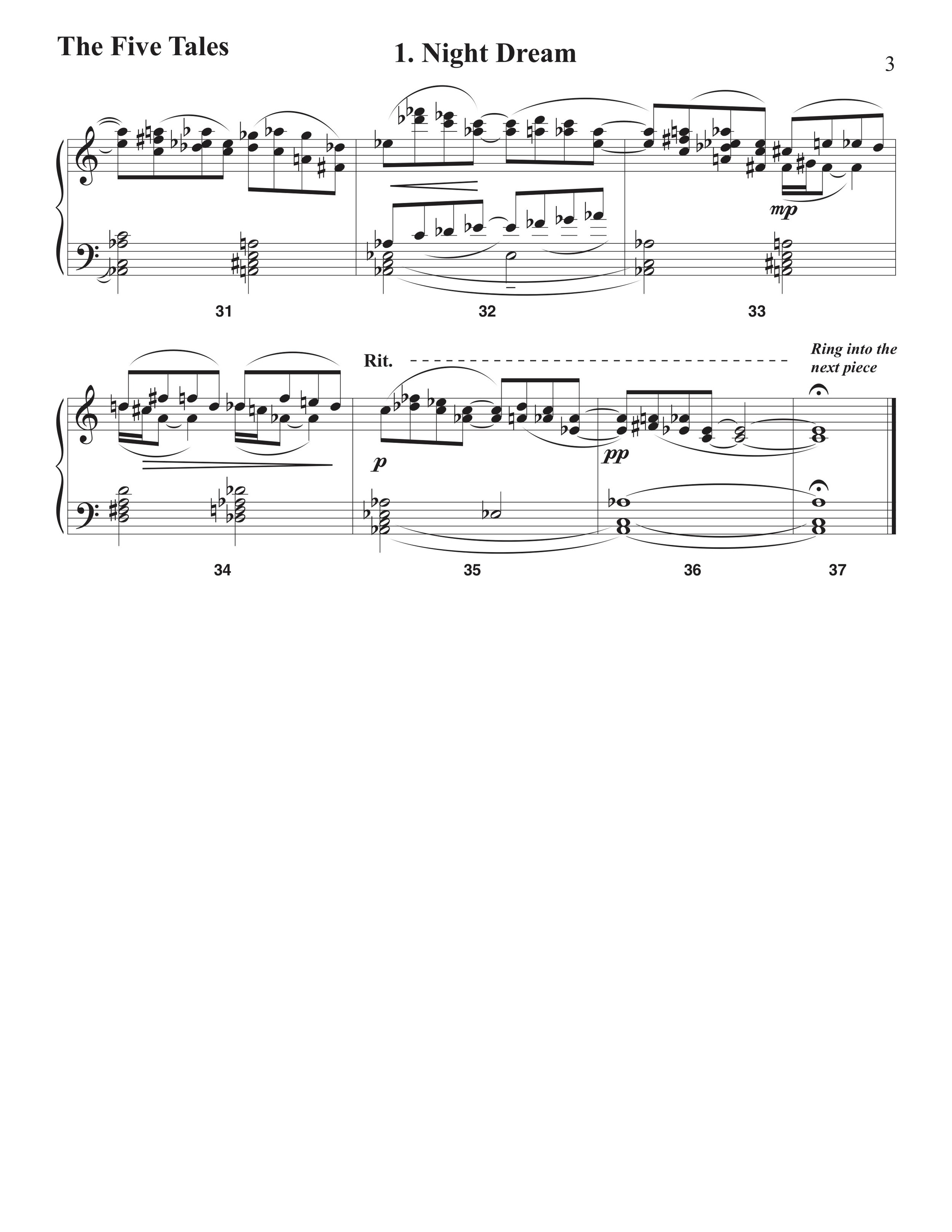
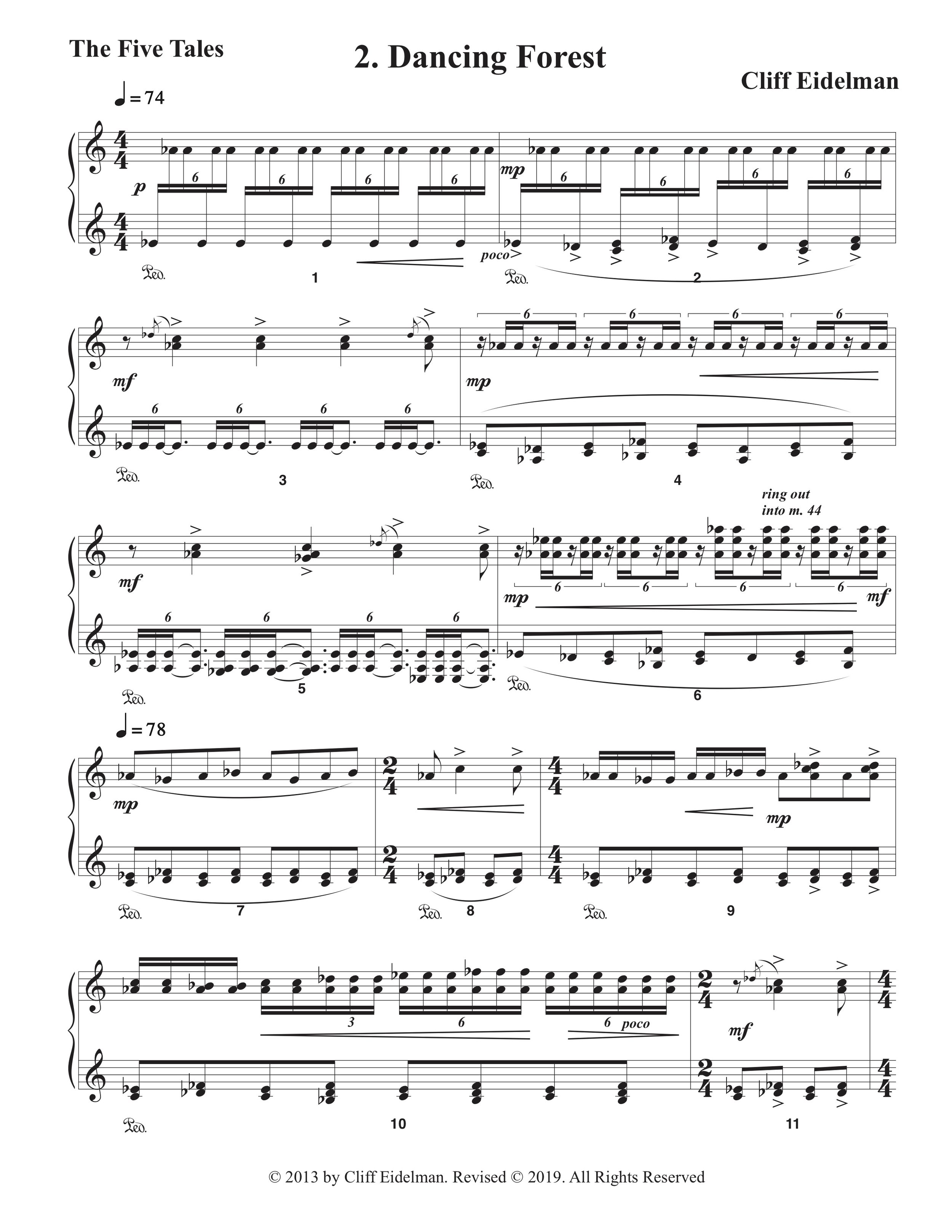
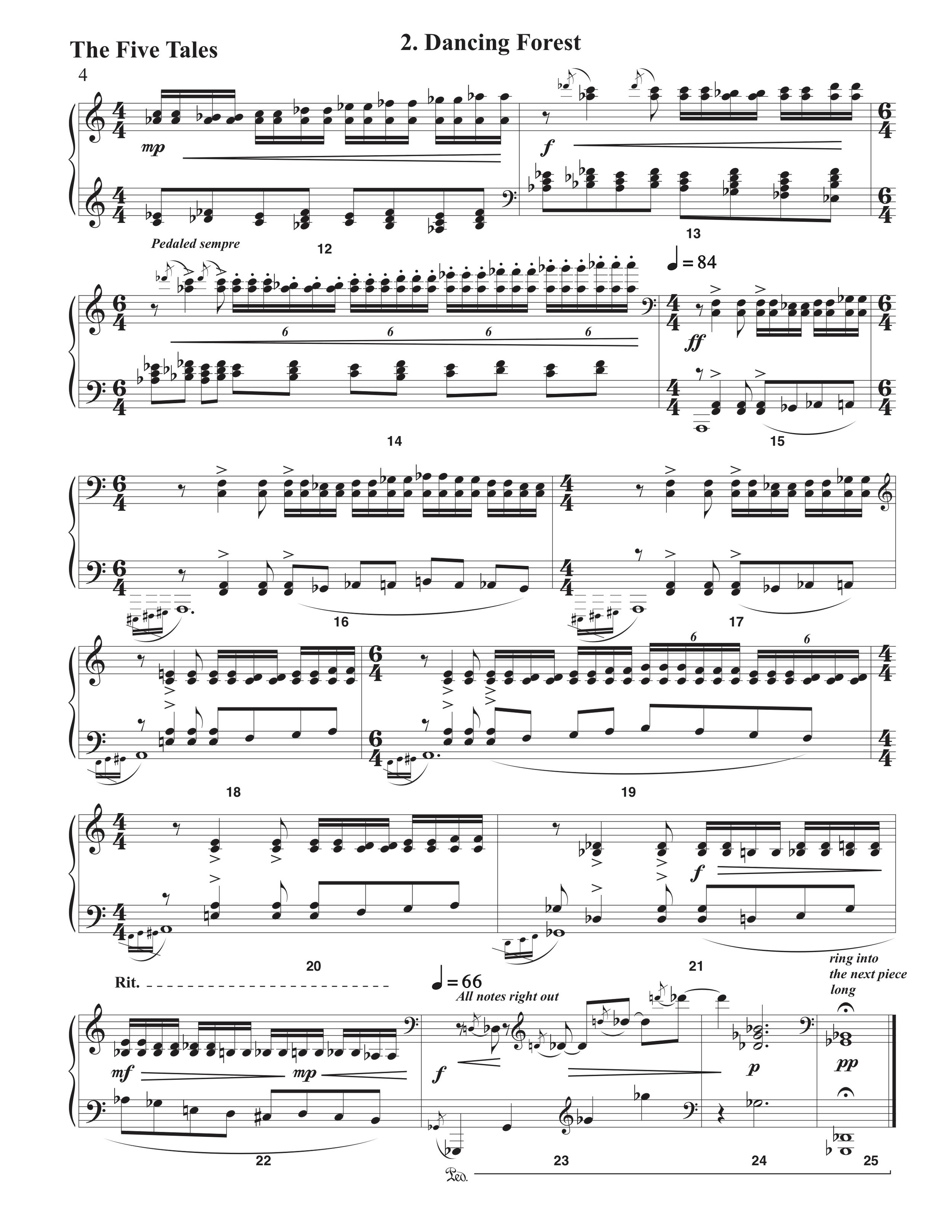
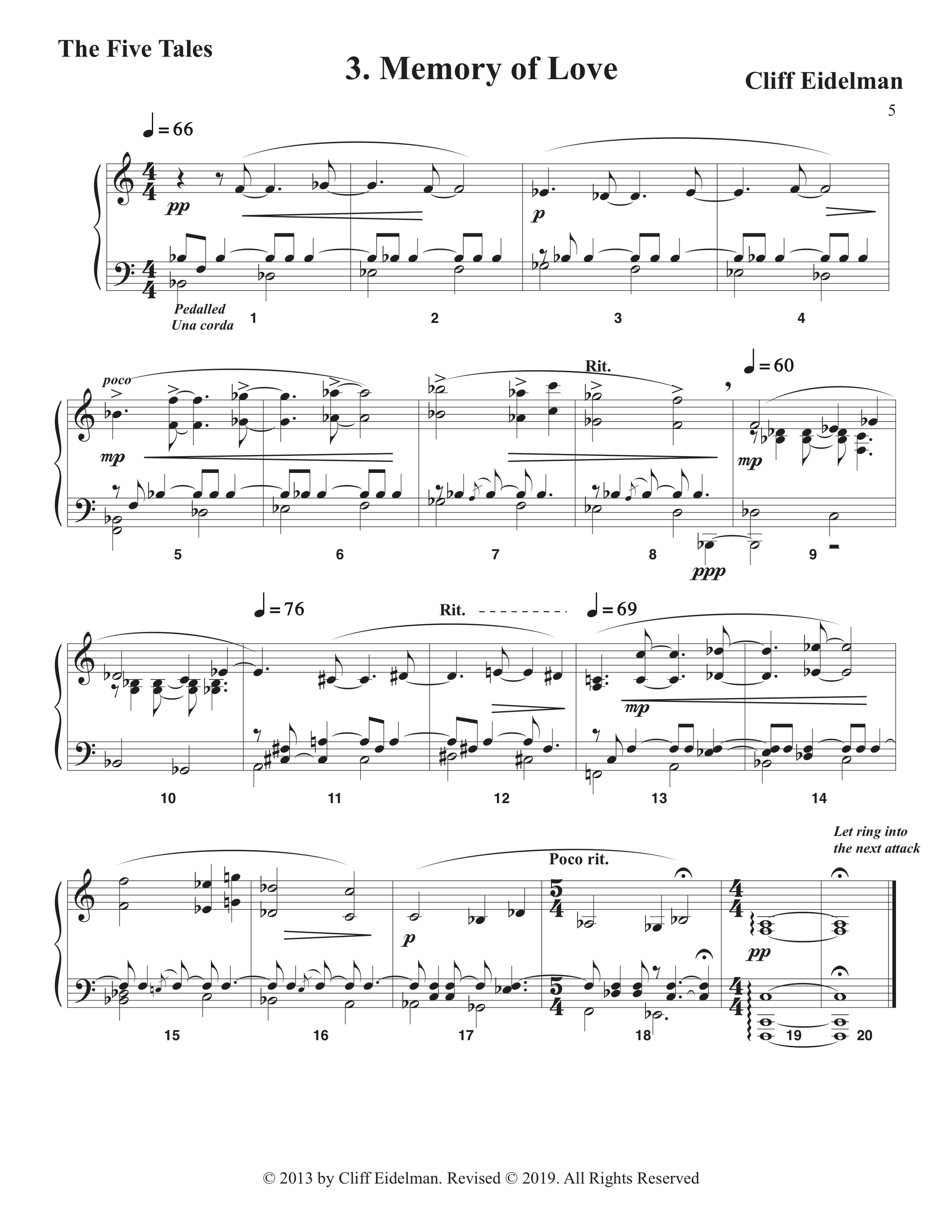
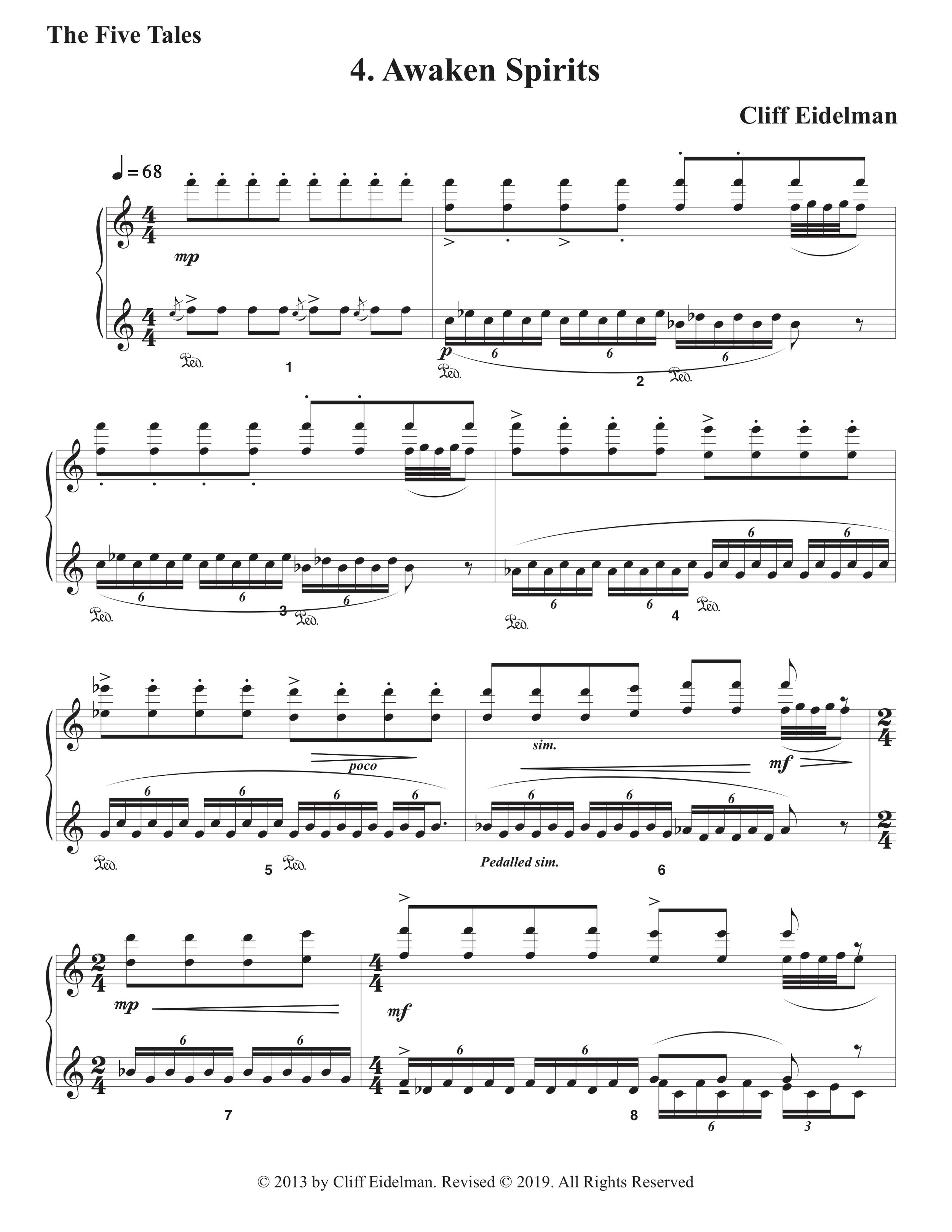
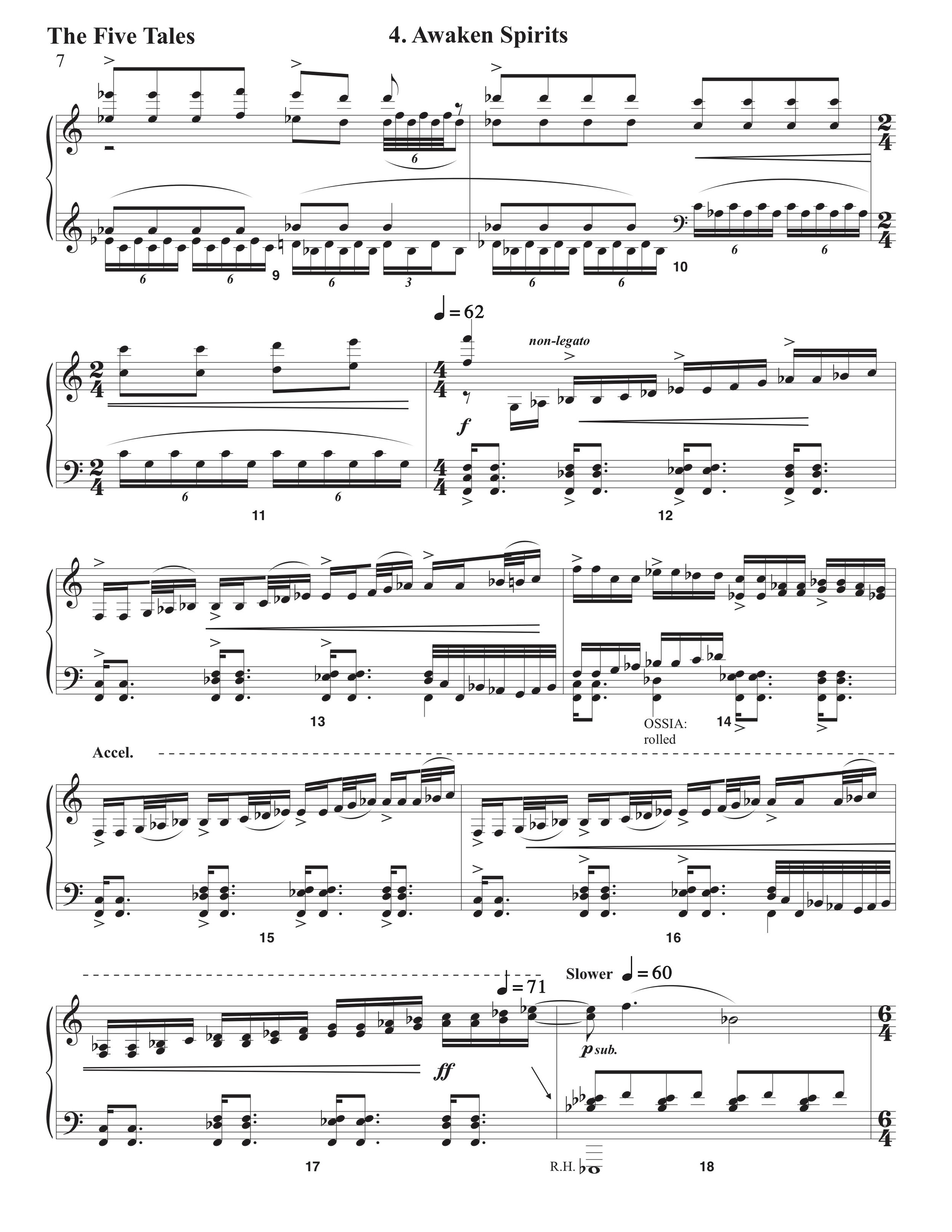
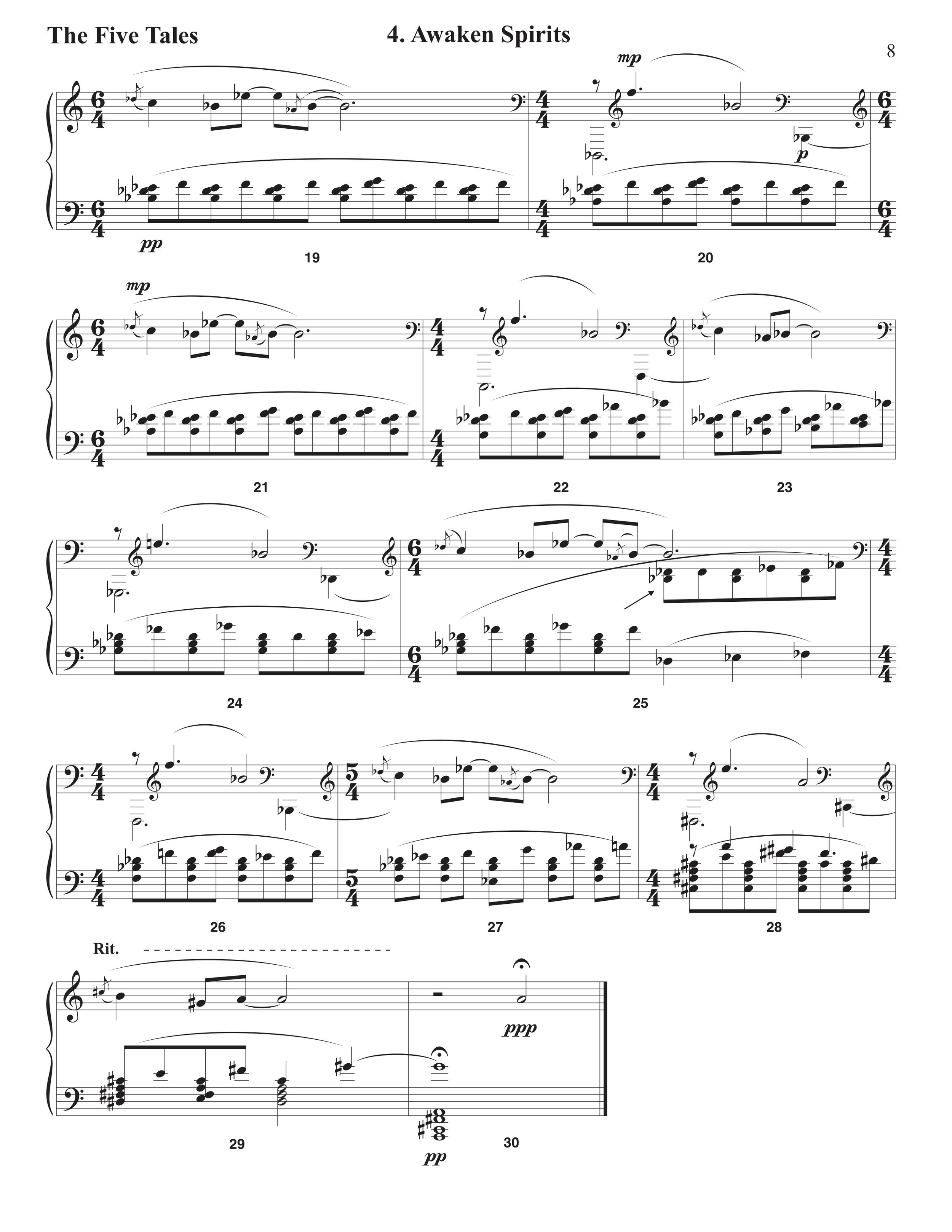
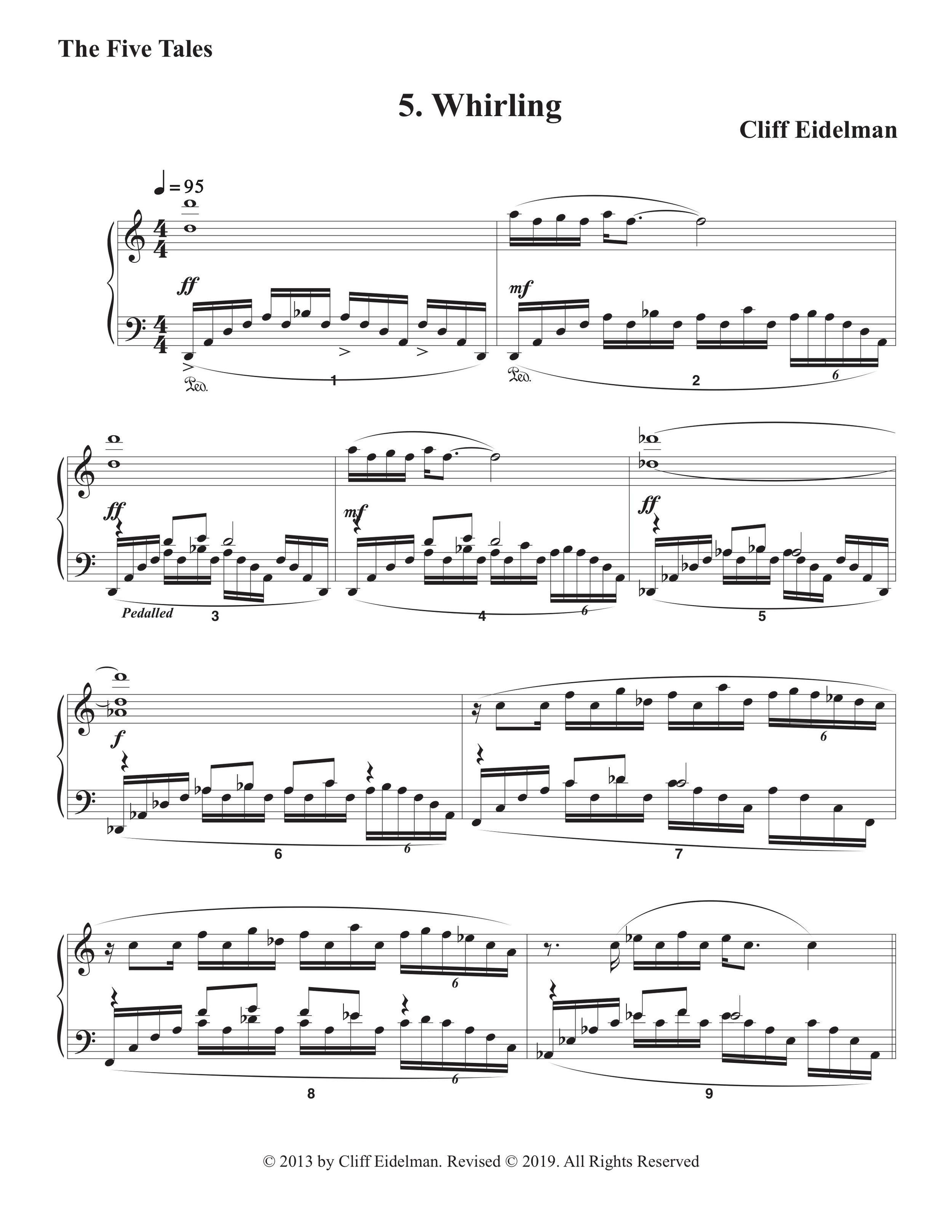
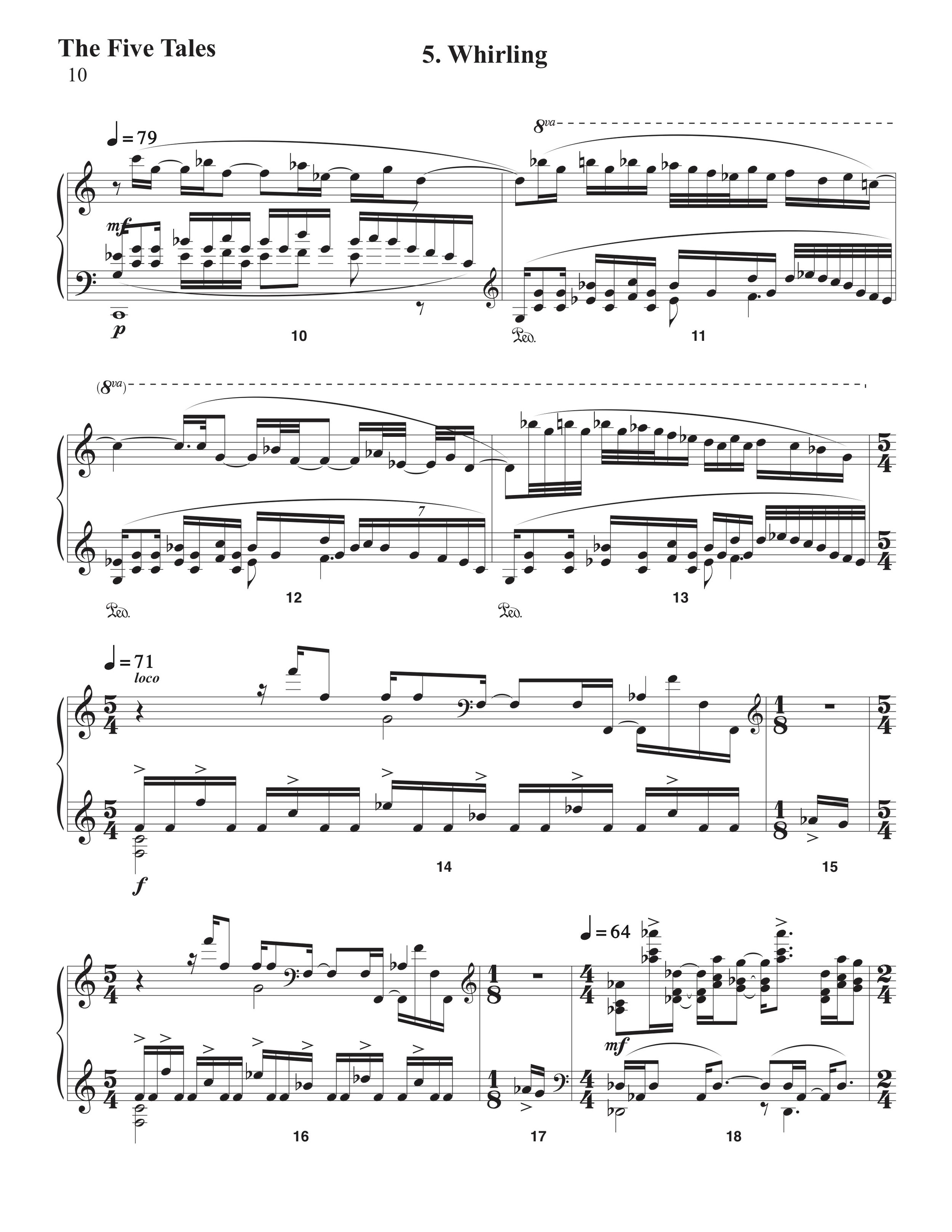
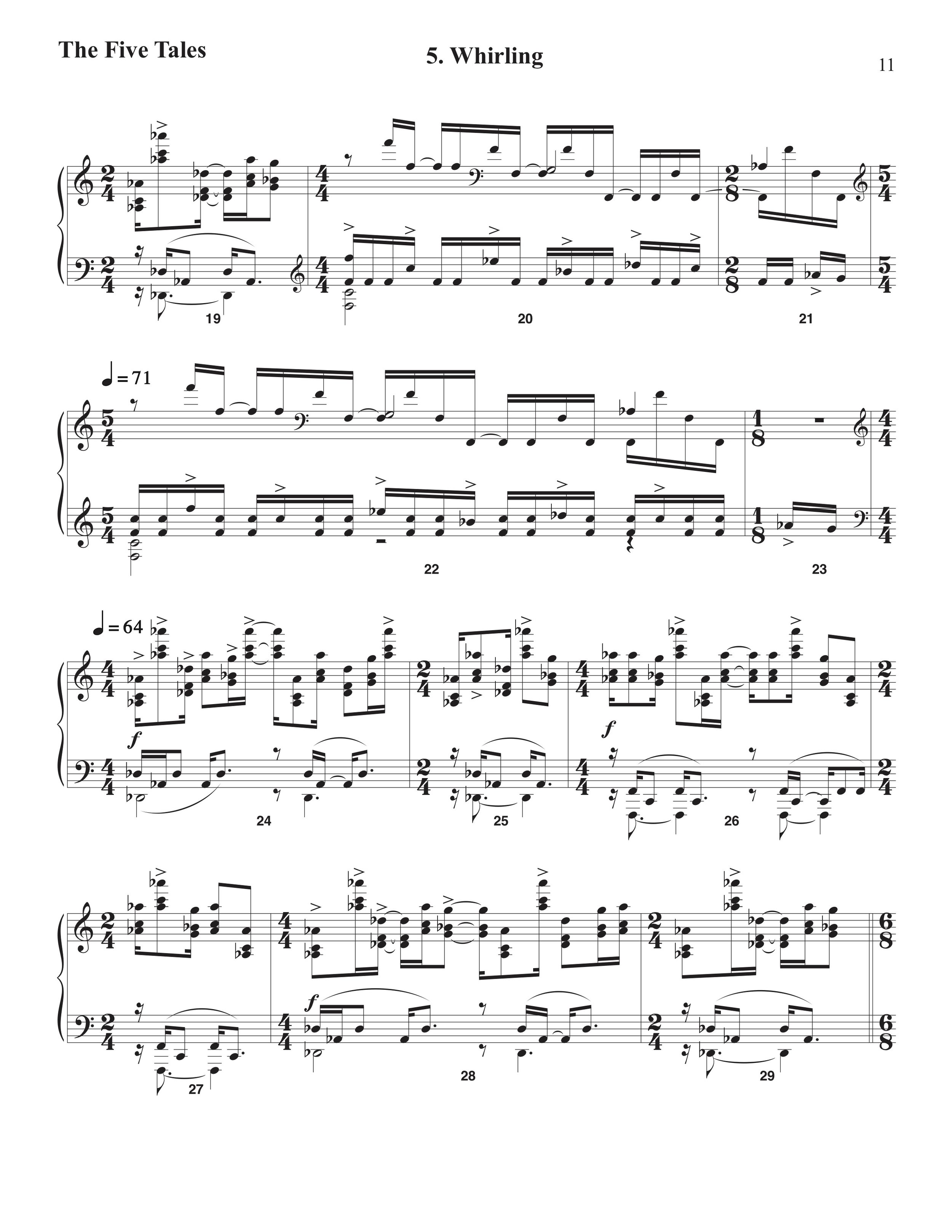
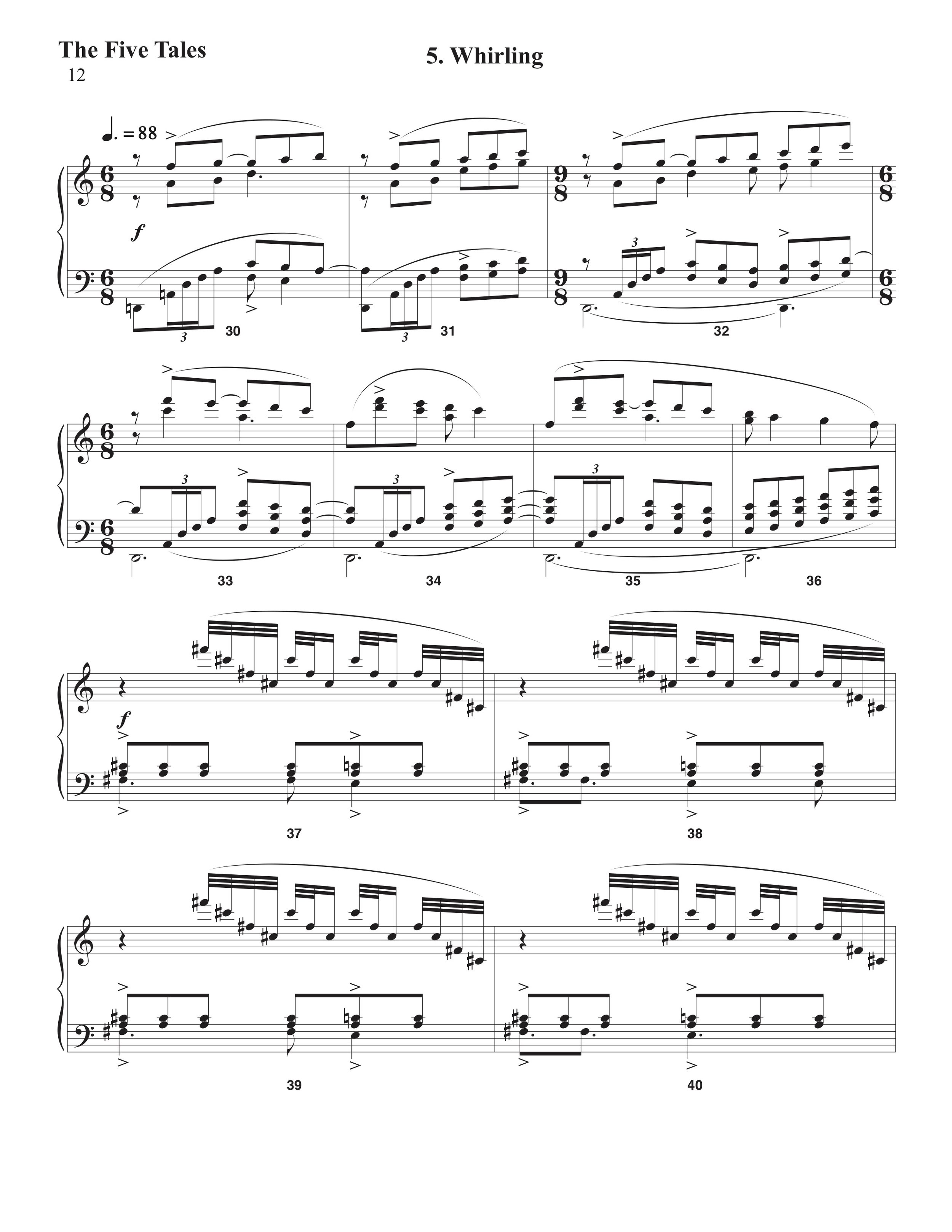
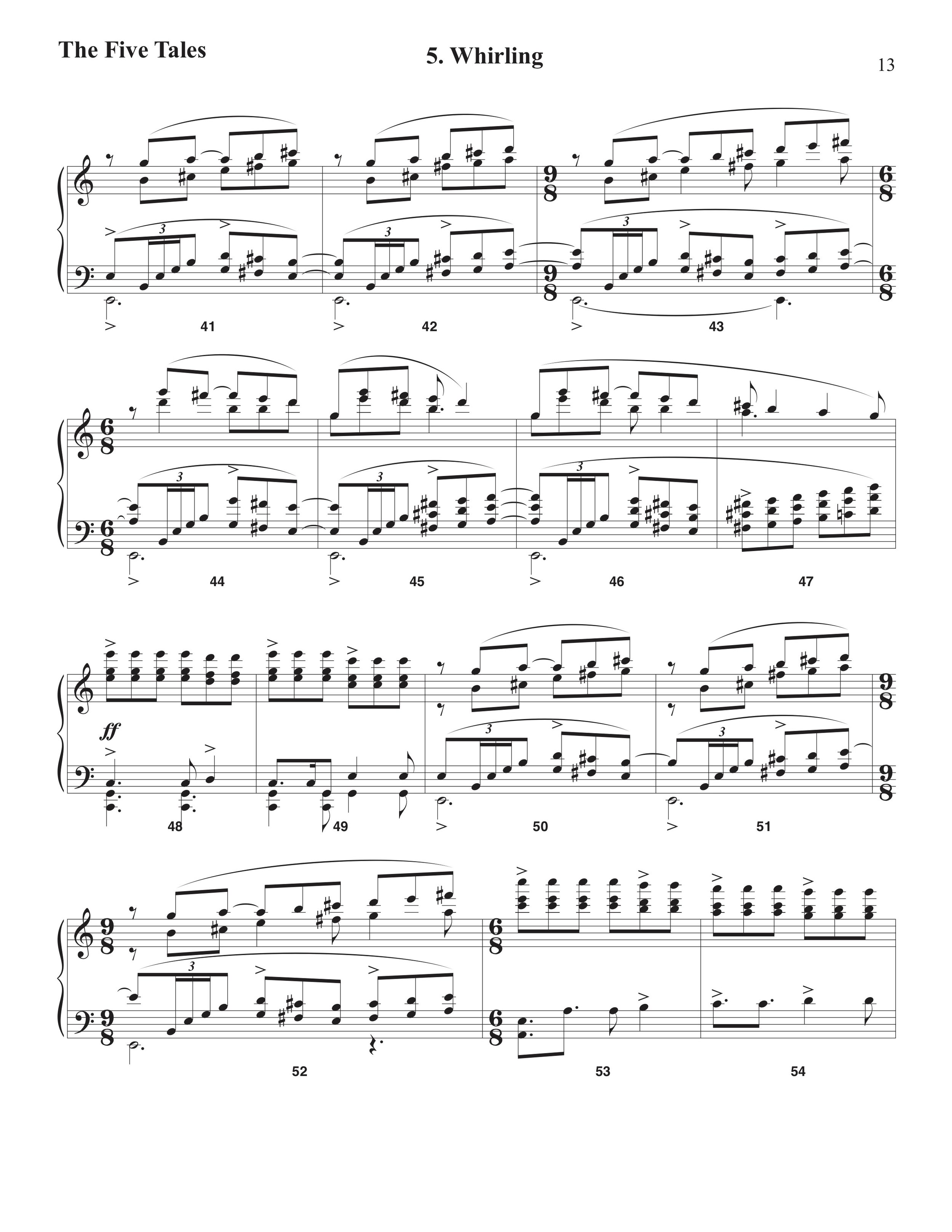
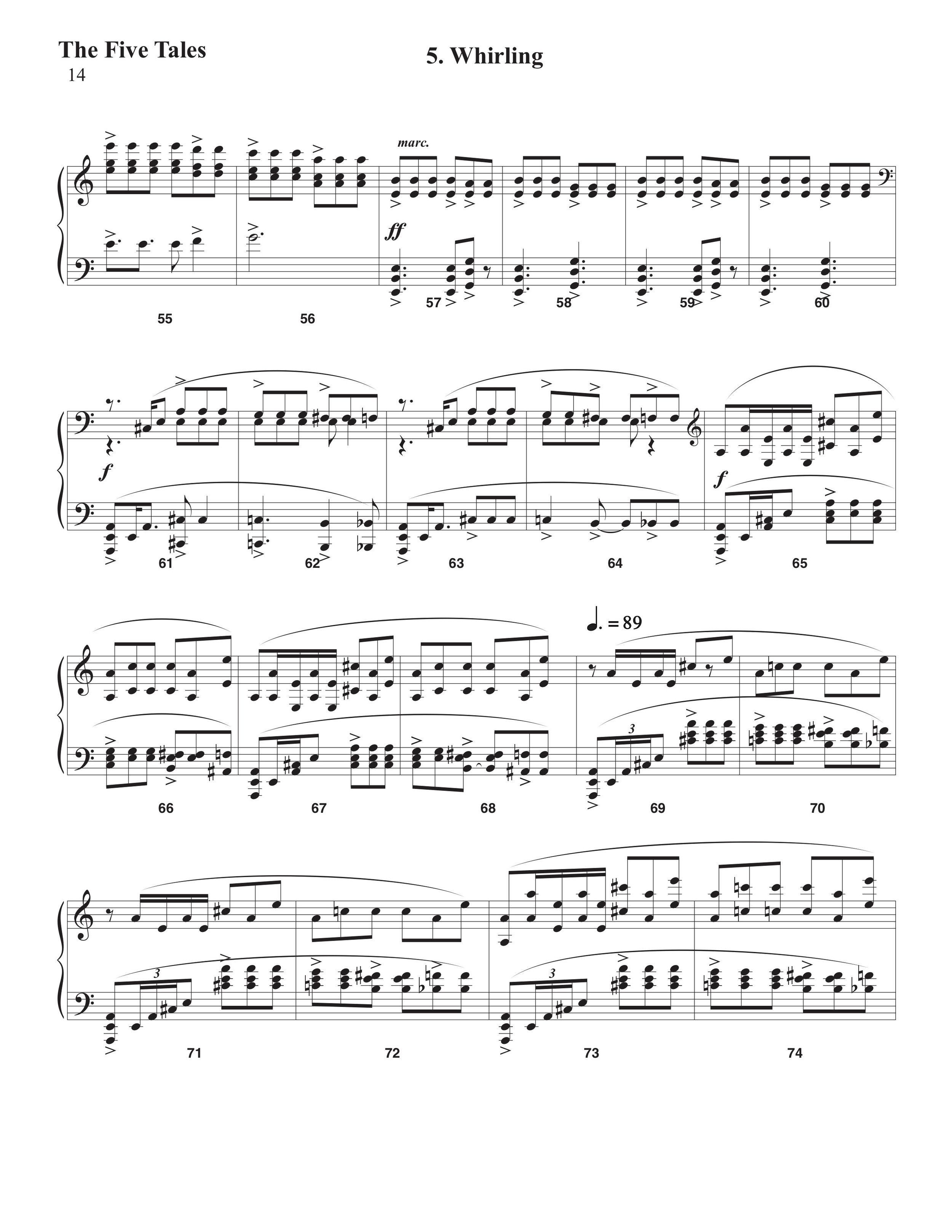
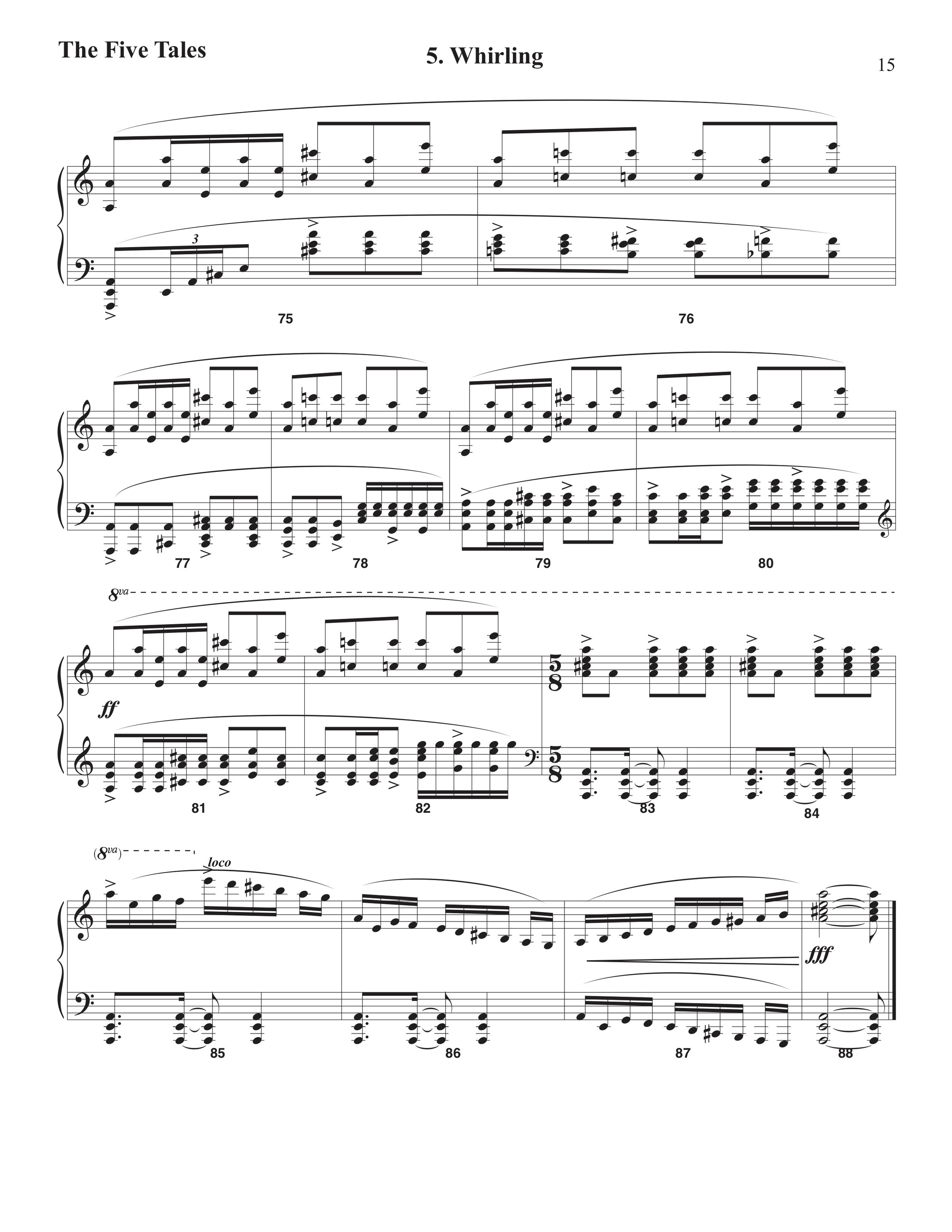
Watching For The Willows
About the Work
The score was originally inspired by the life of picture brides around the turn of the 20th century. Later, the inspirations expanded into a more complete concert piece using influences of Asian sounds and color.
Click on top of score to turn pages.
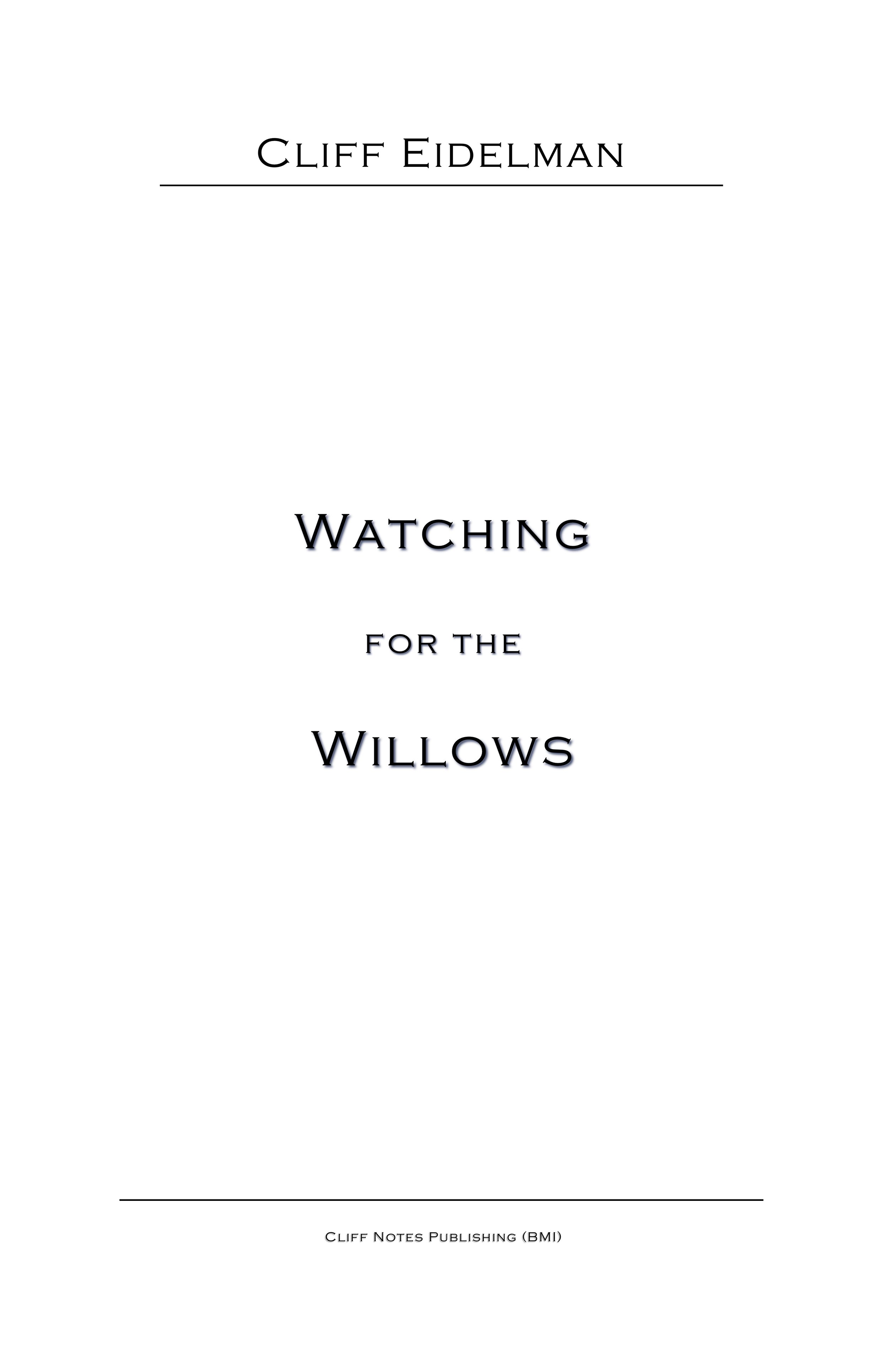
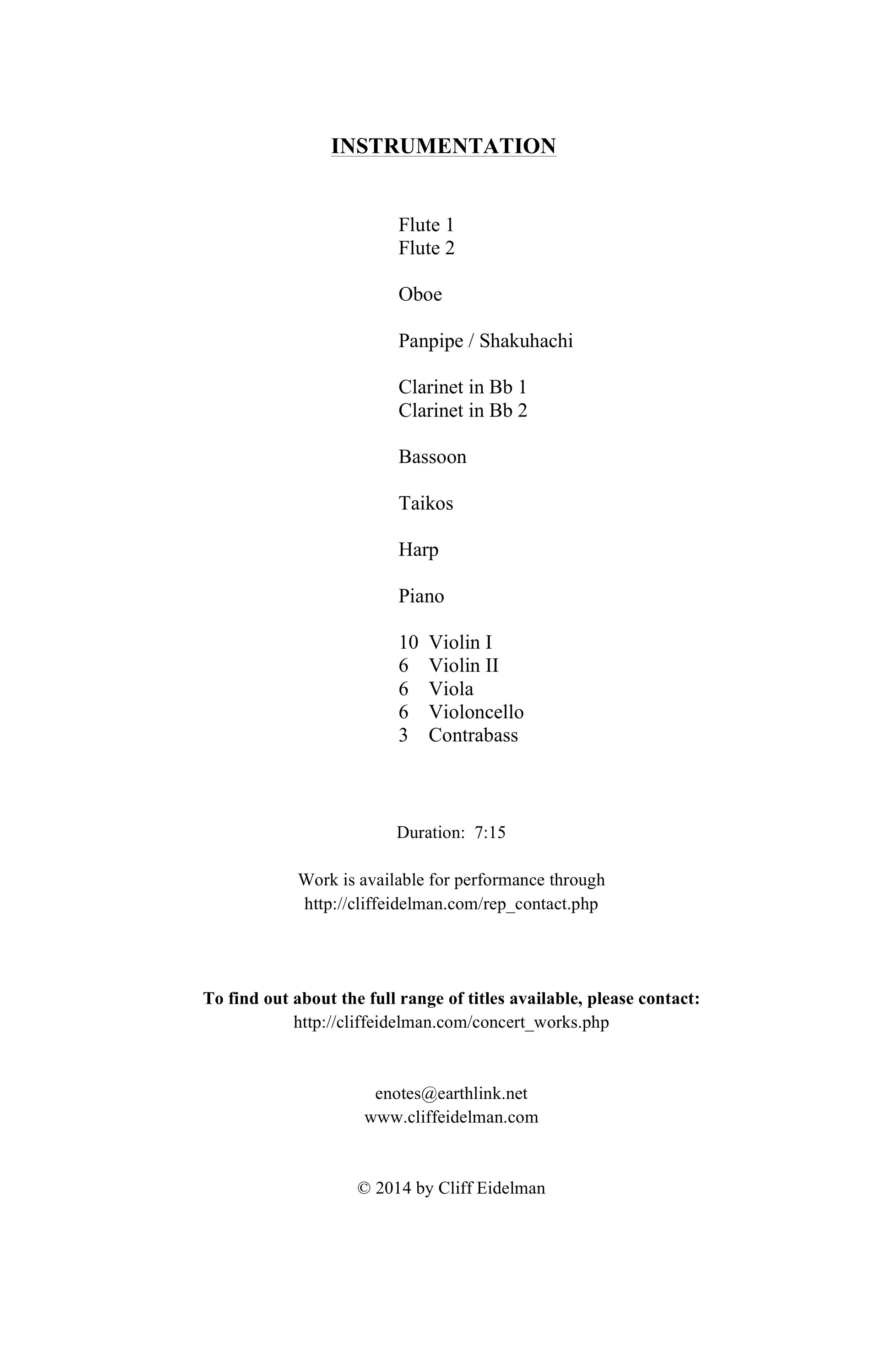
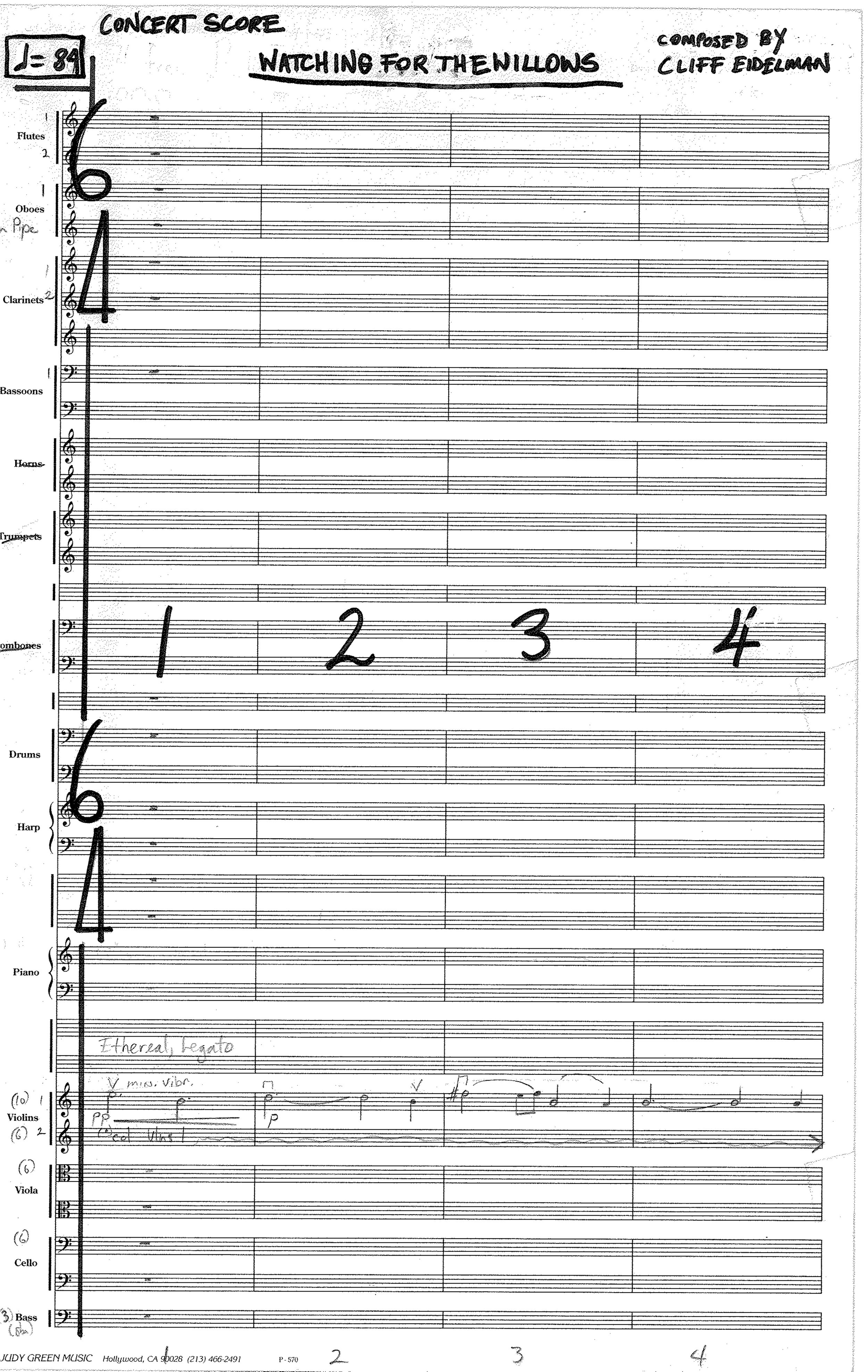
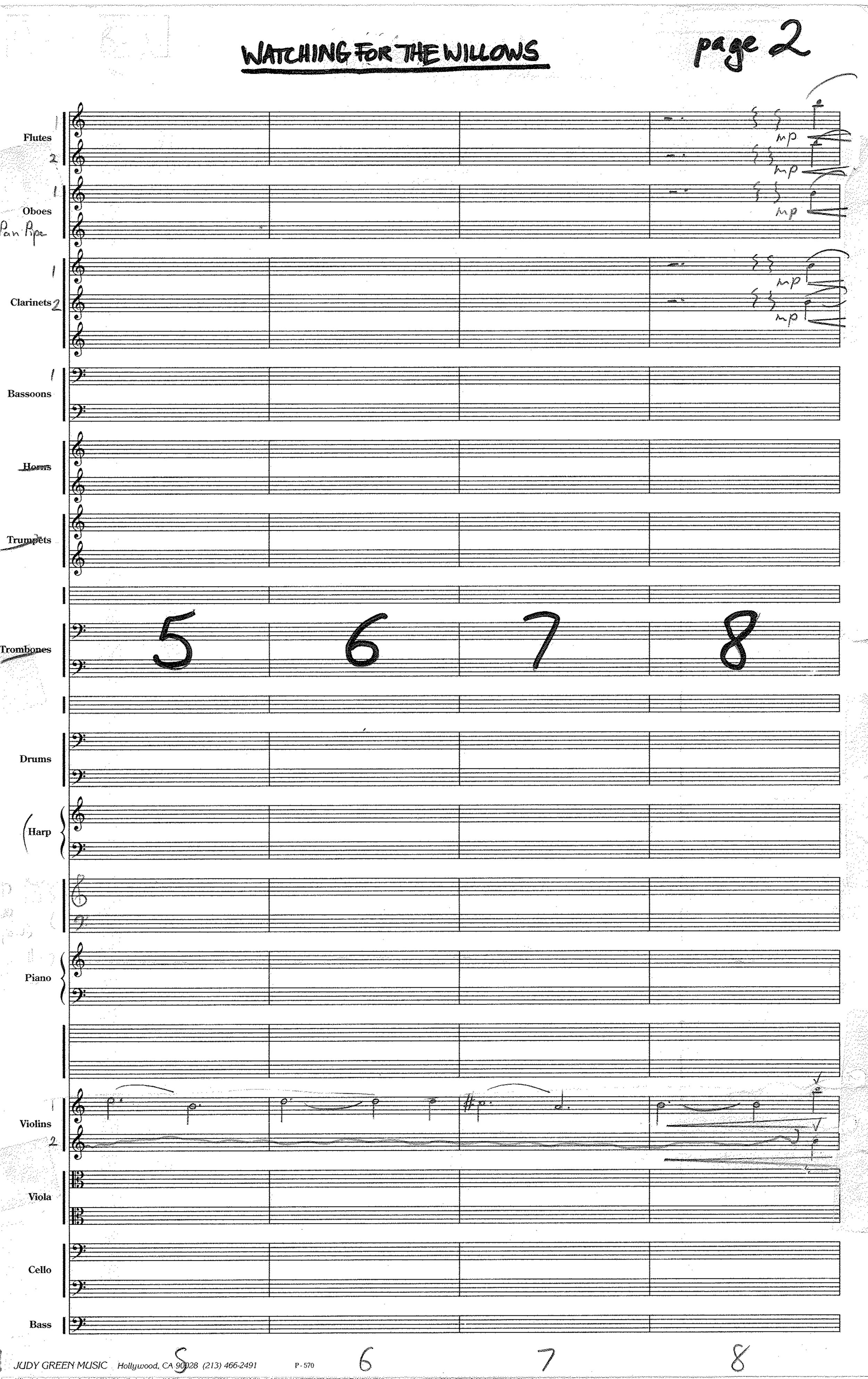
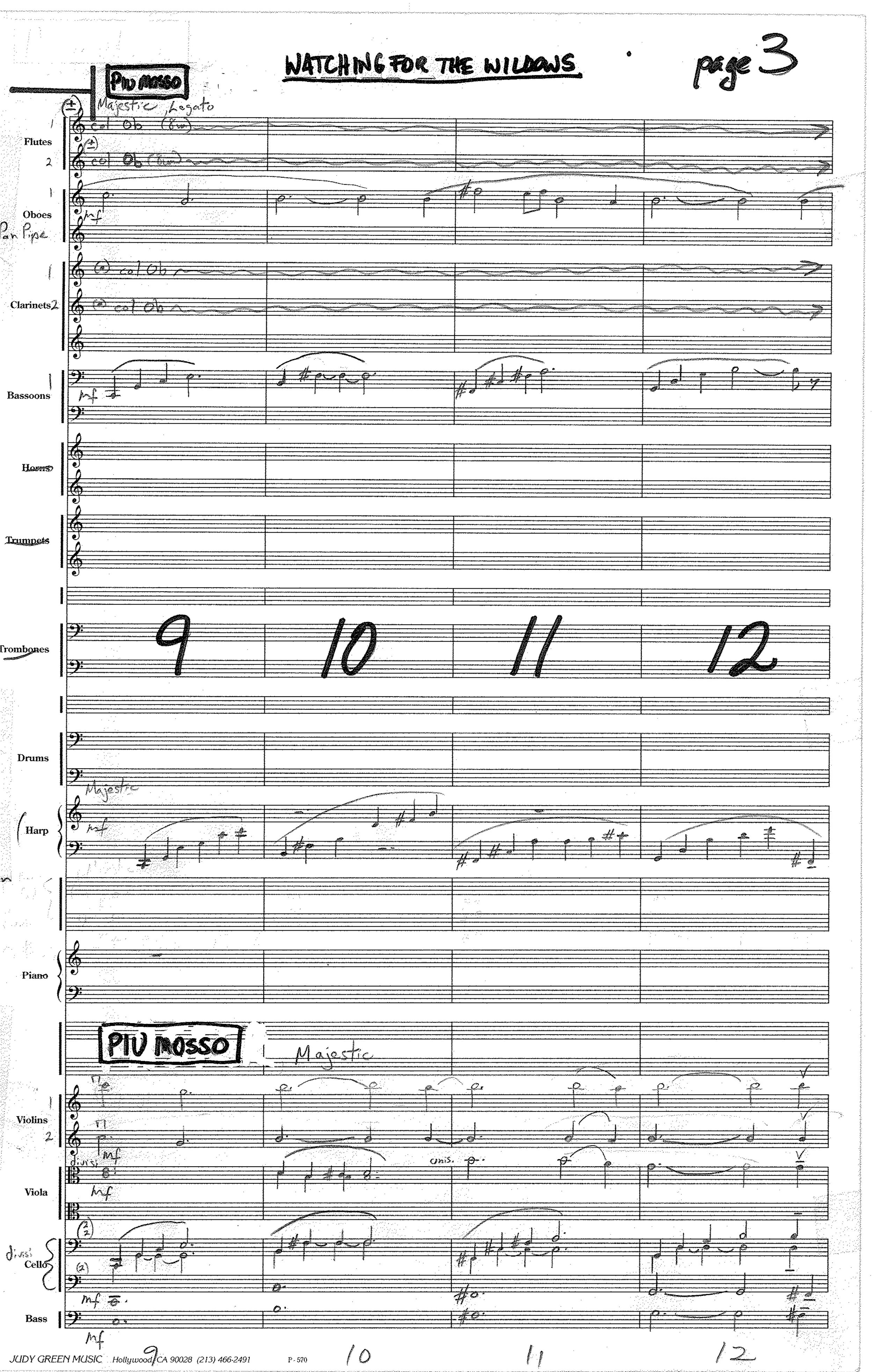
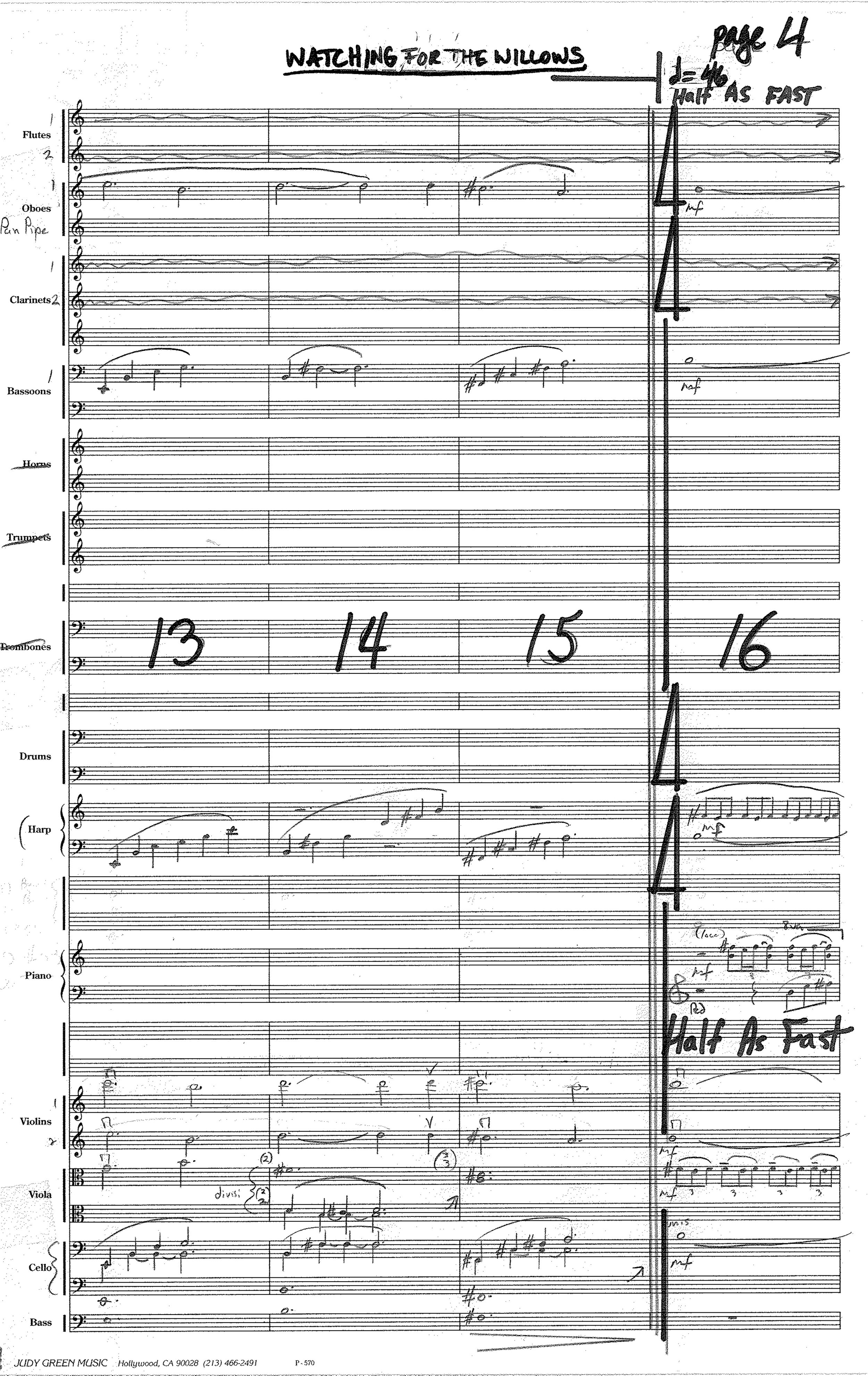
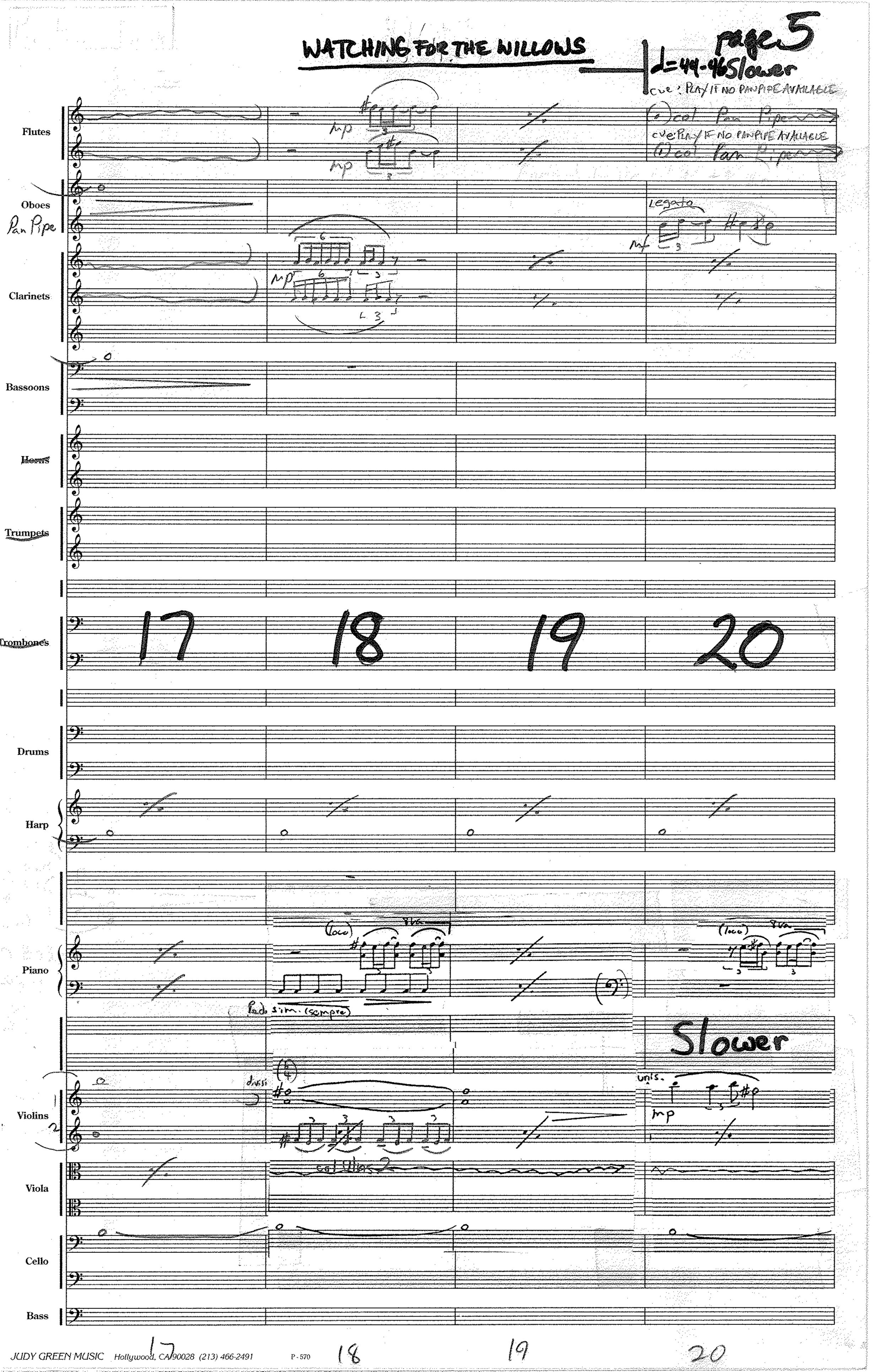
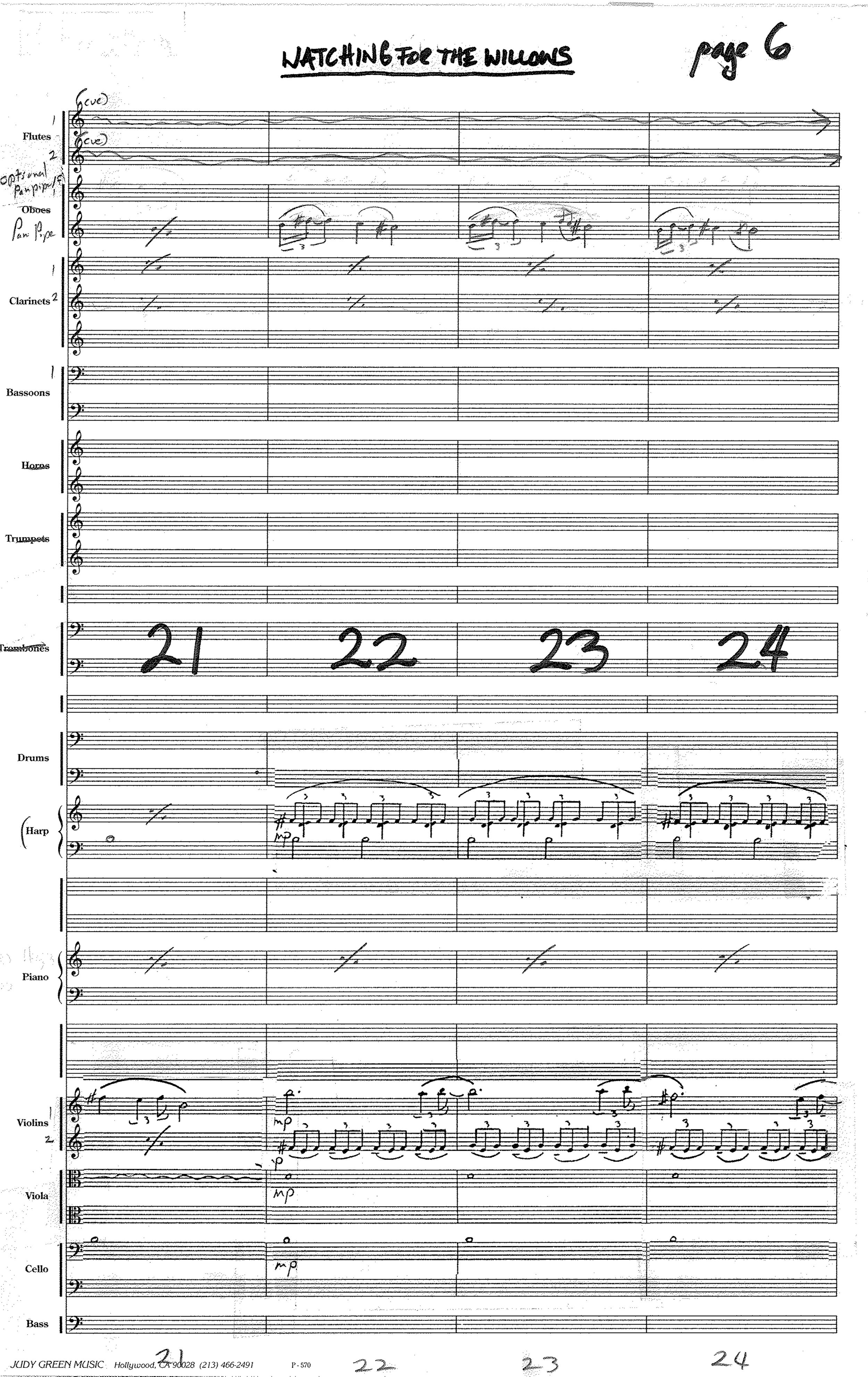
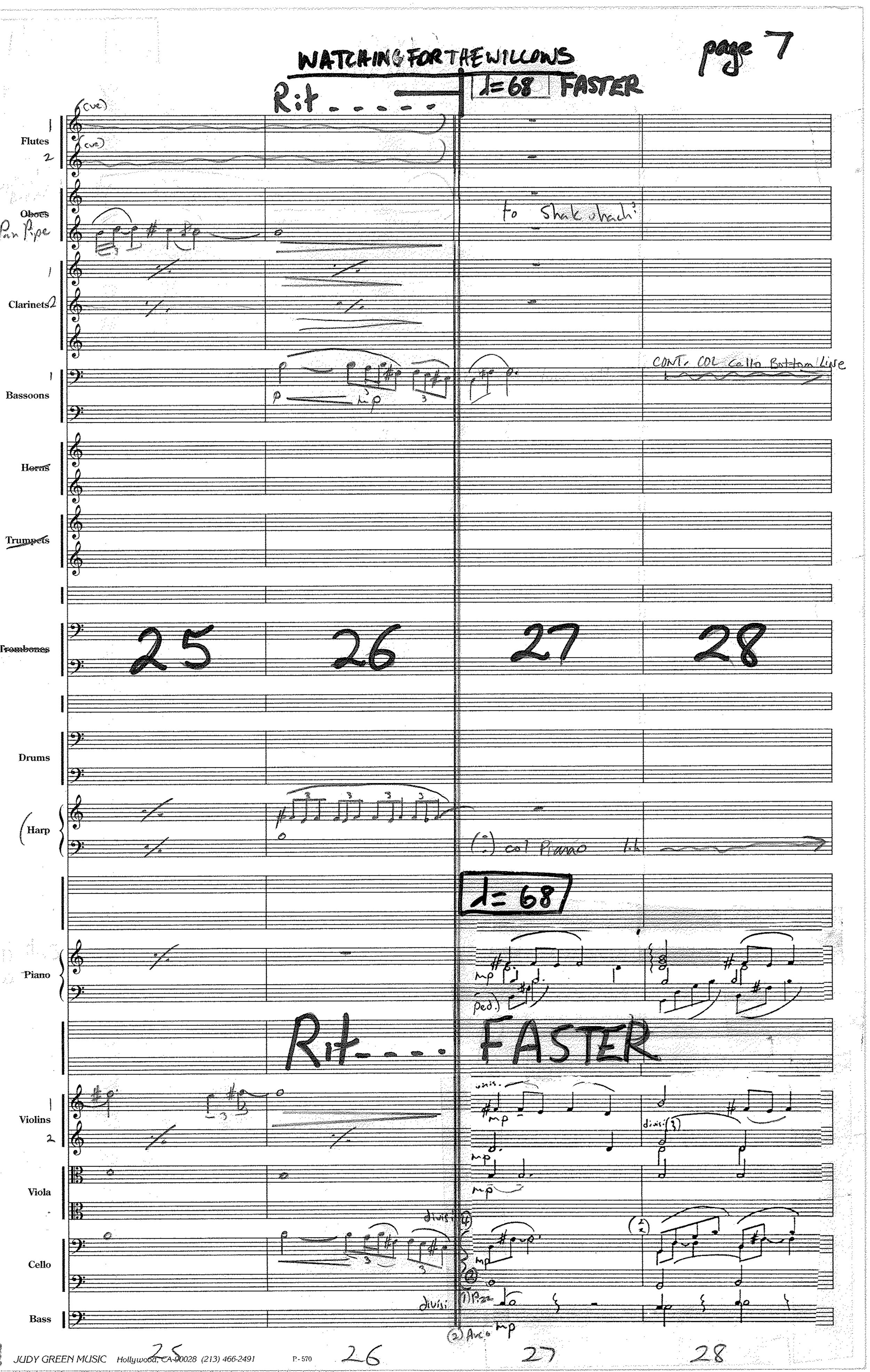
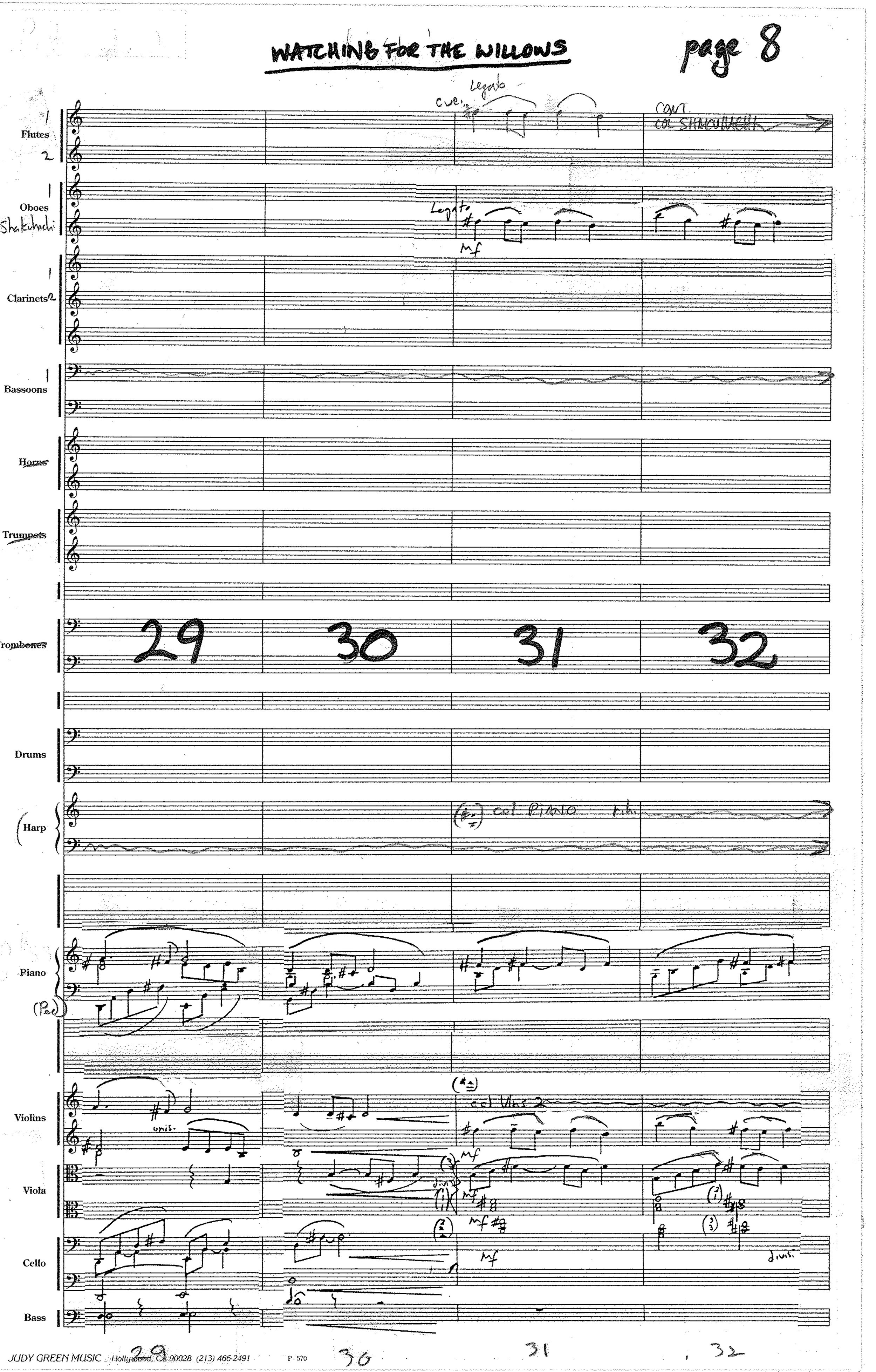
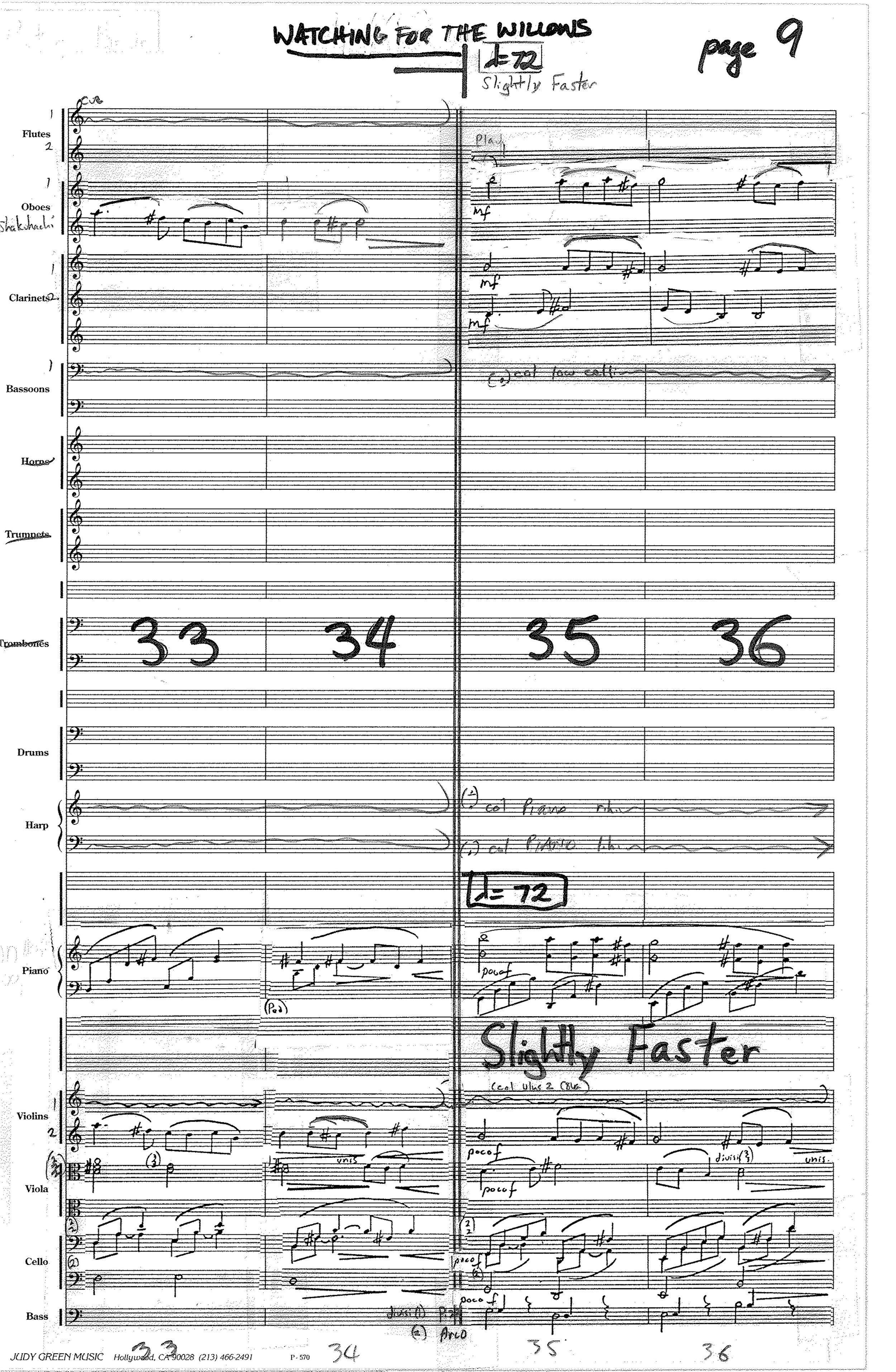
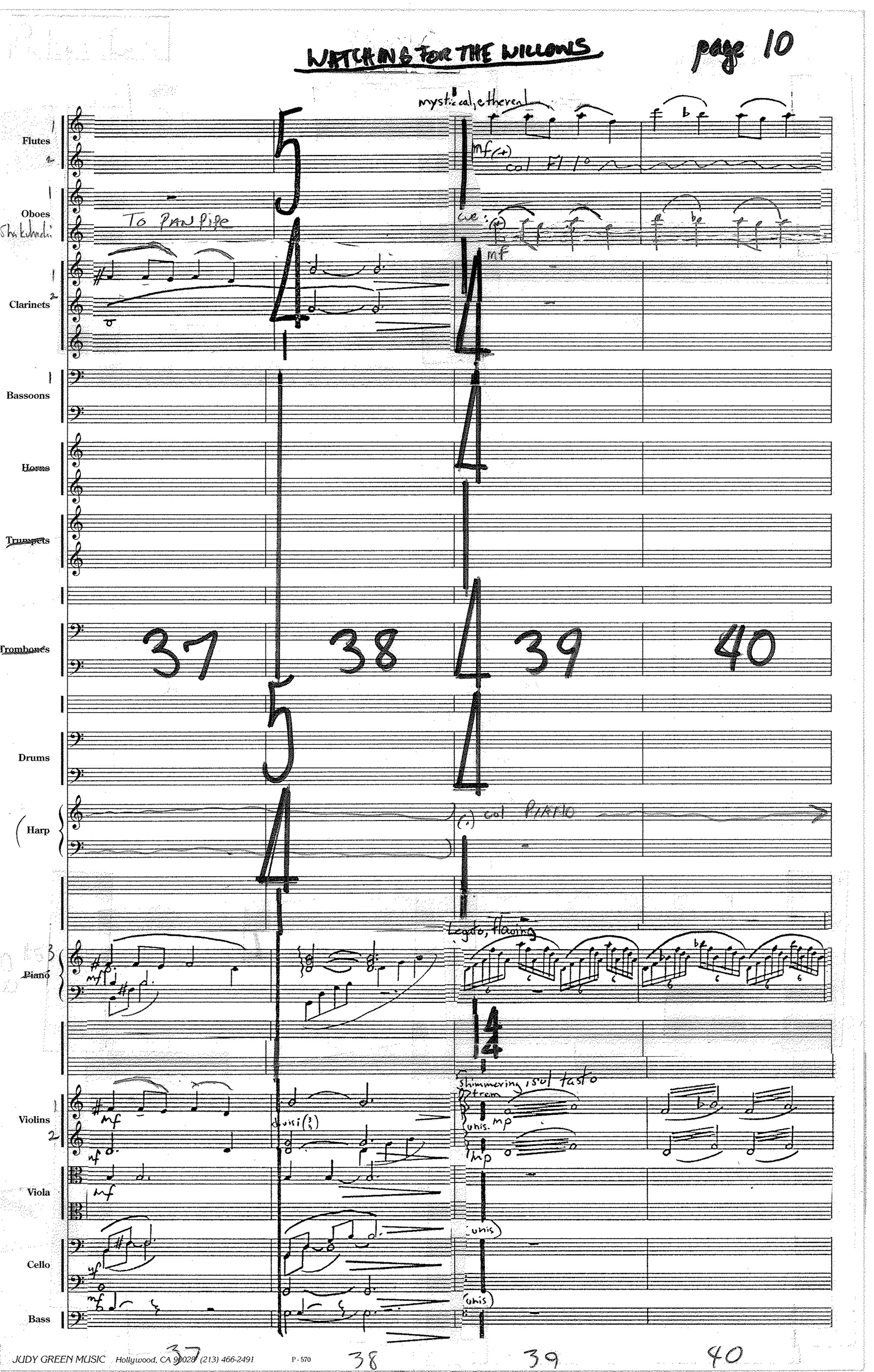
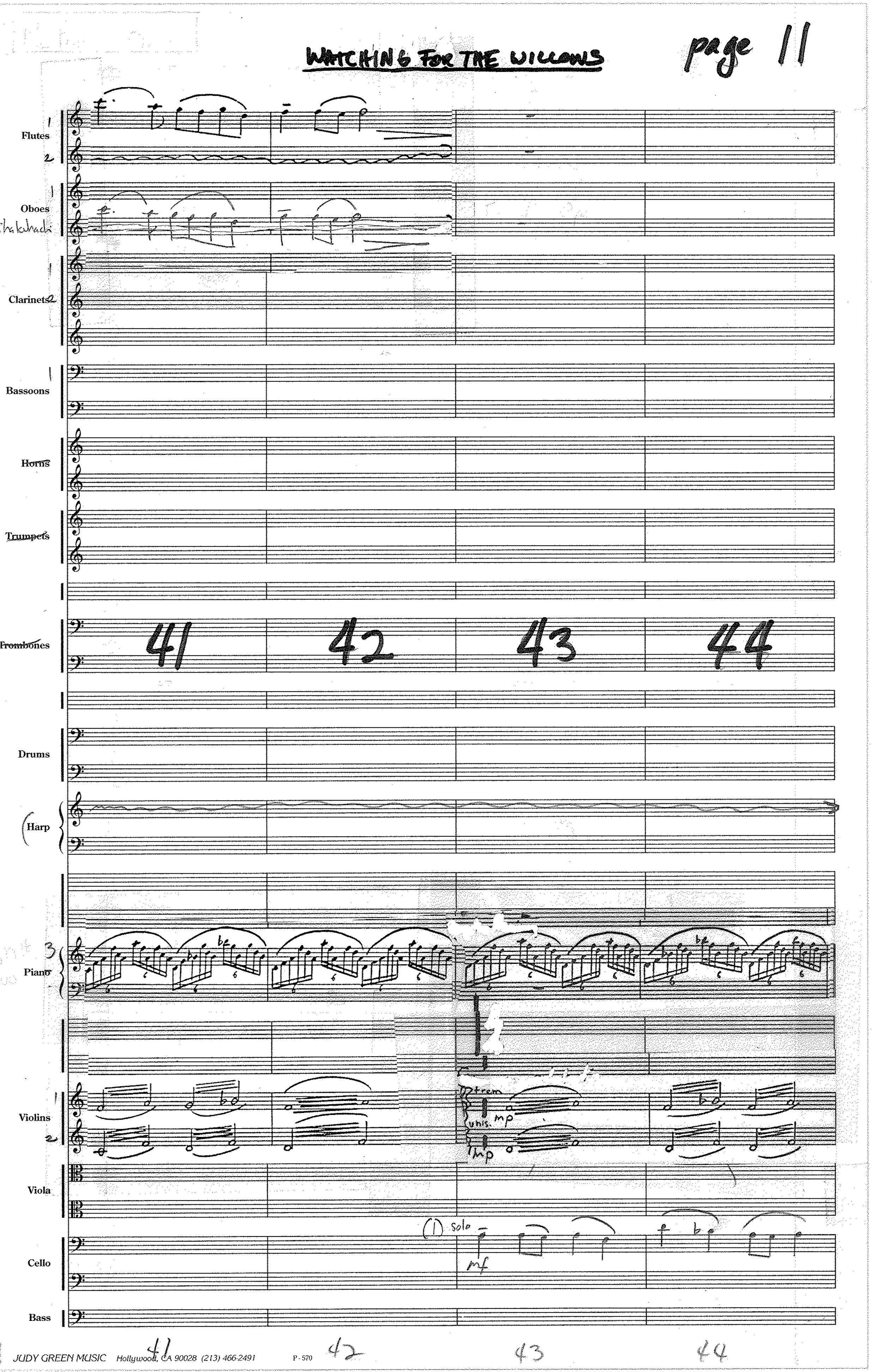
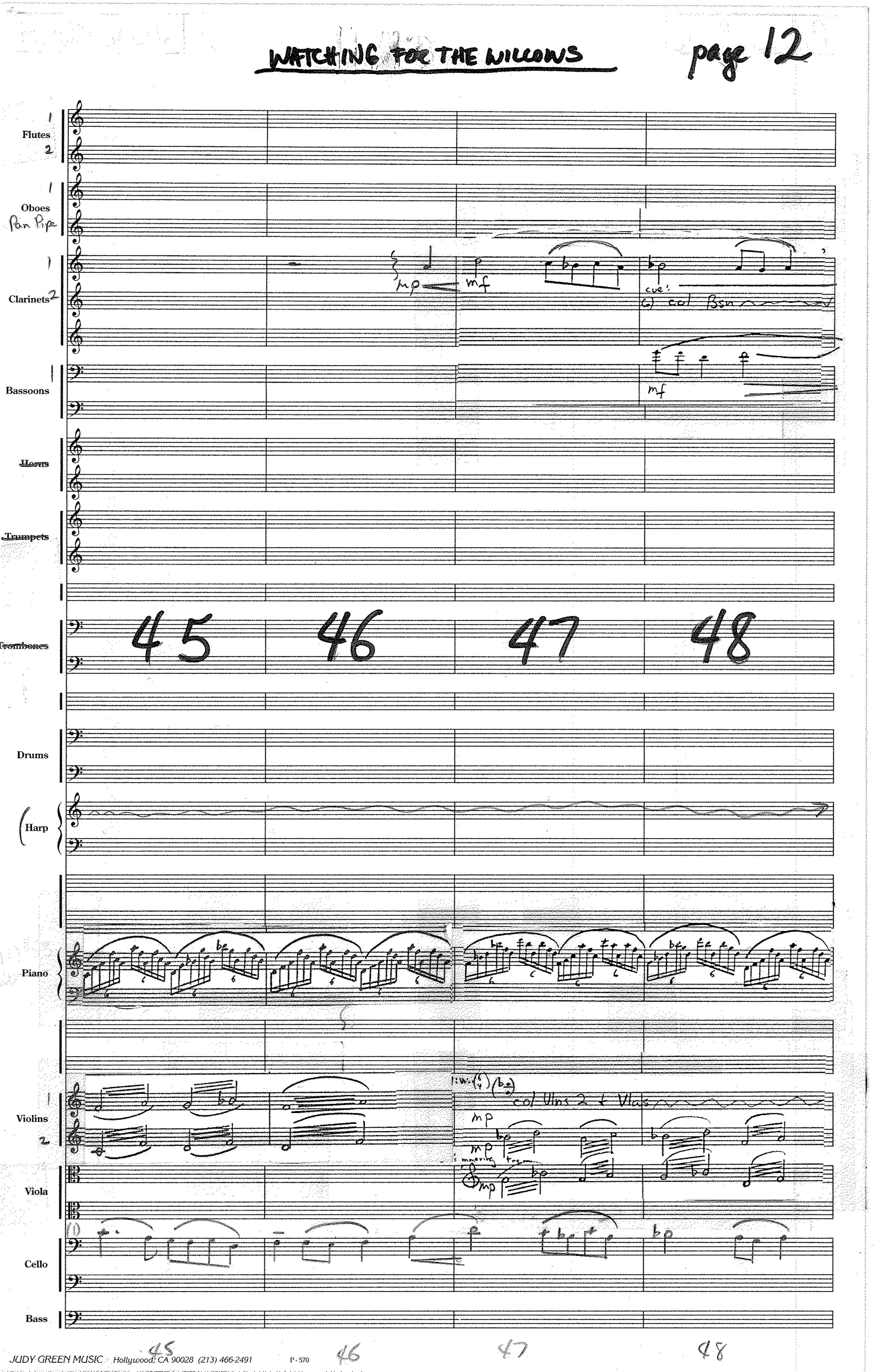
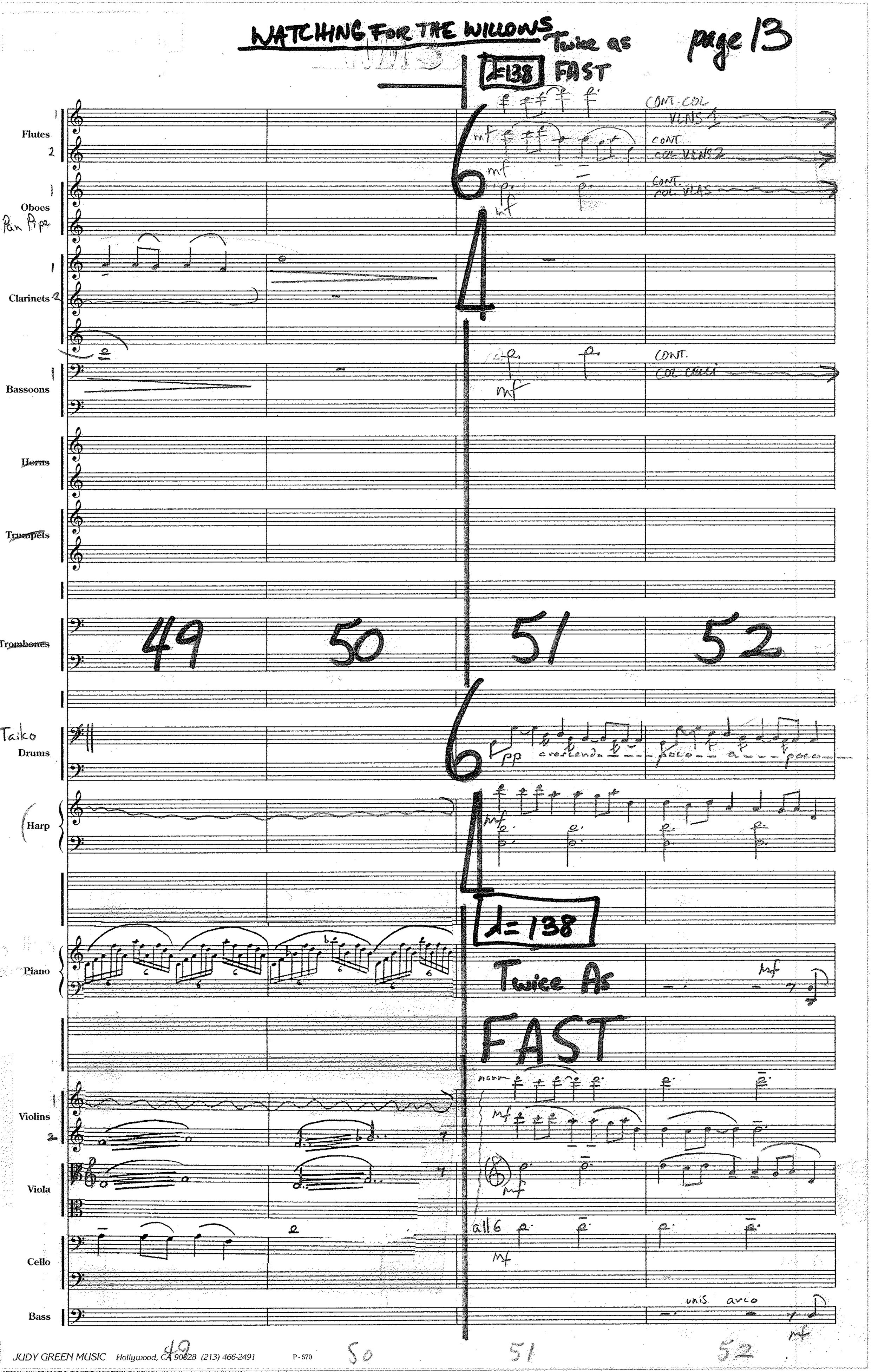
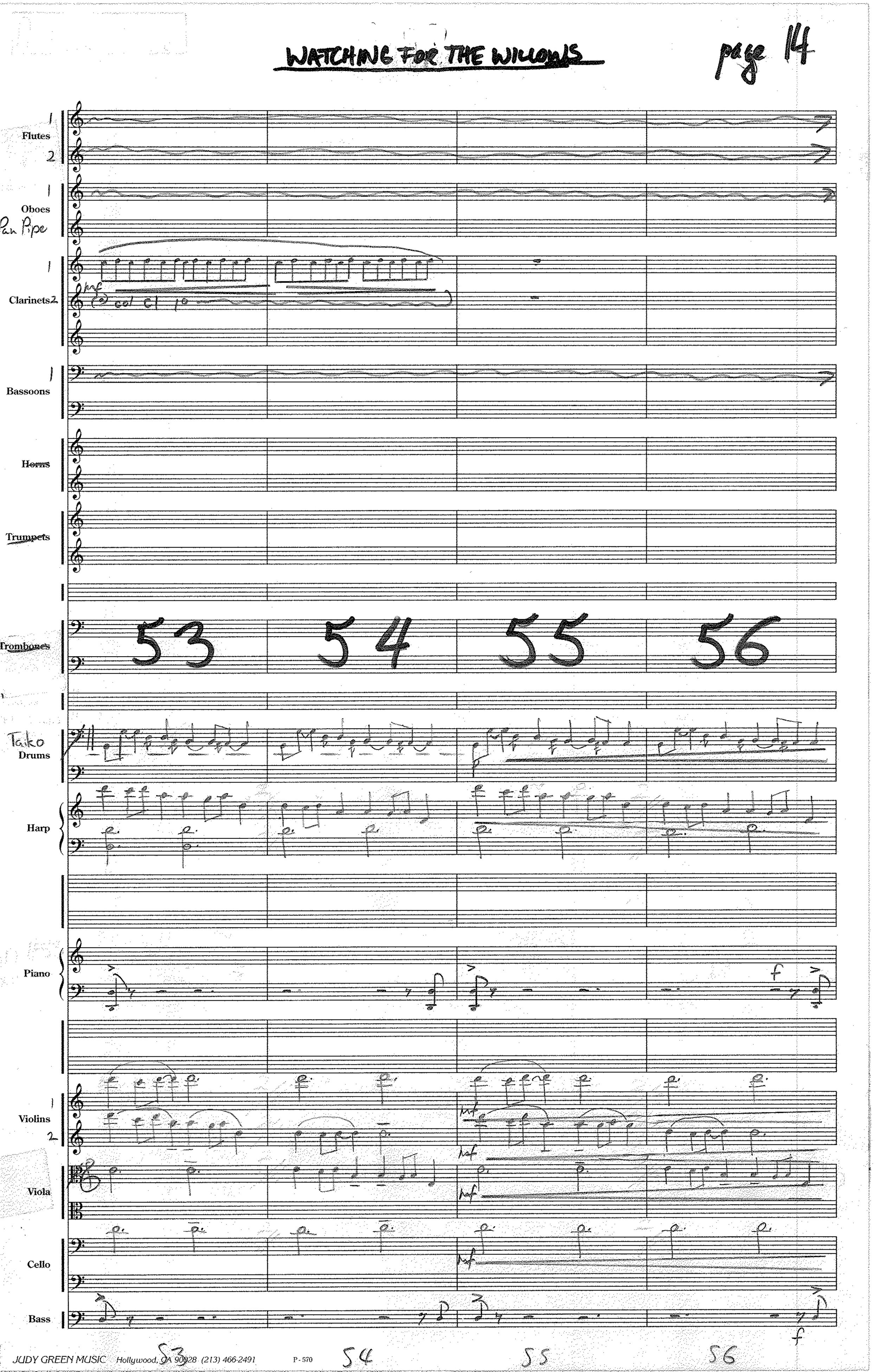
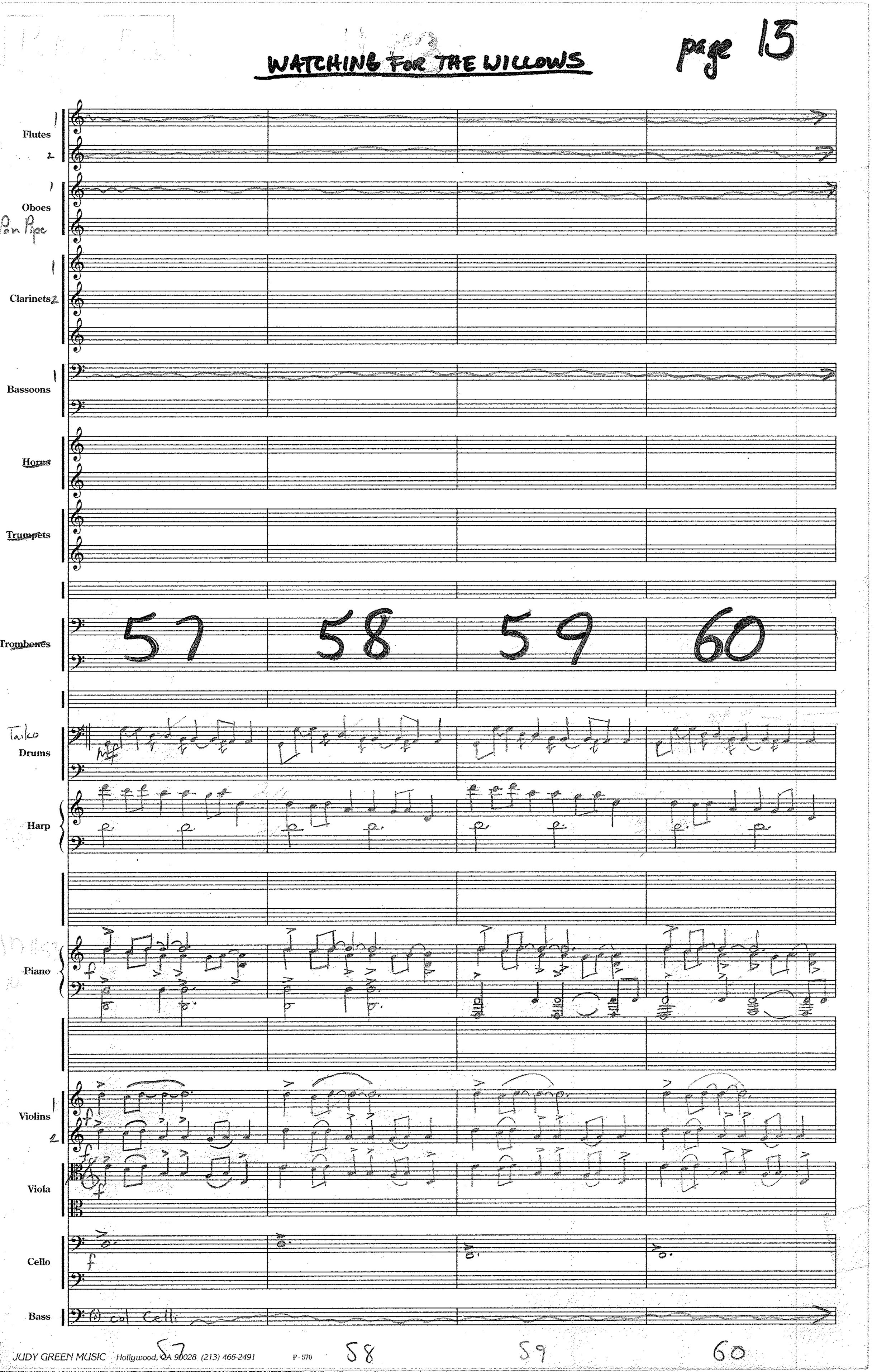
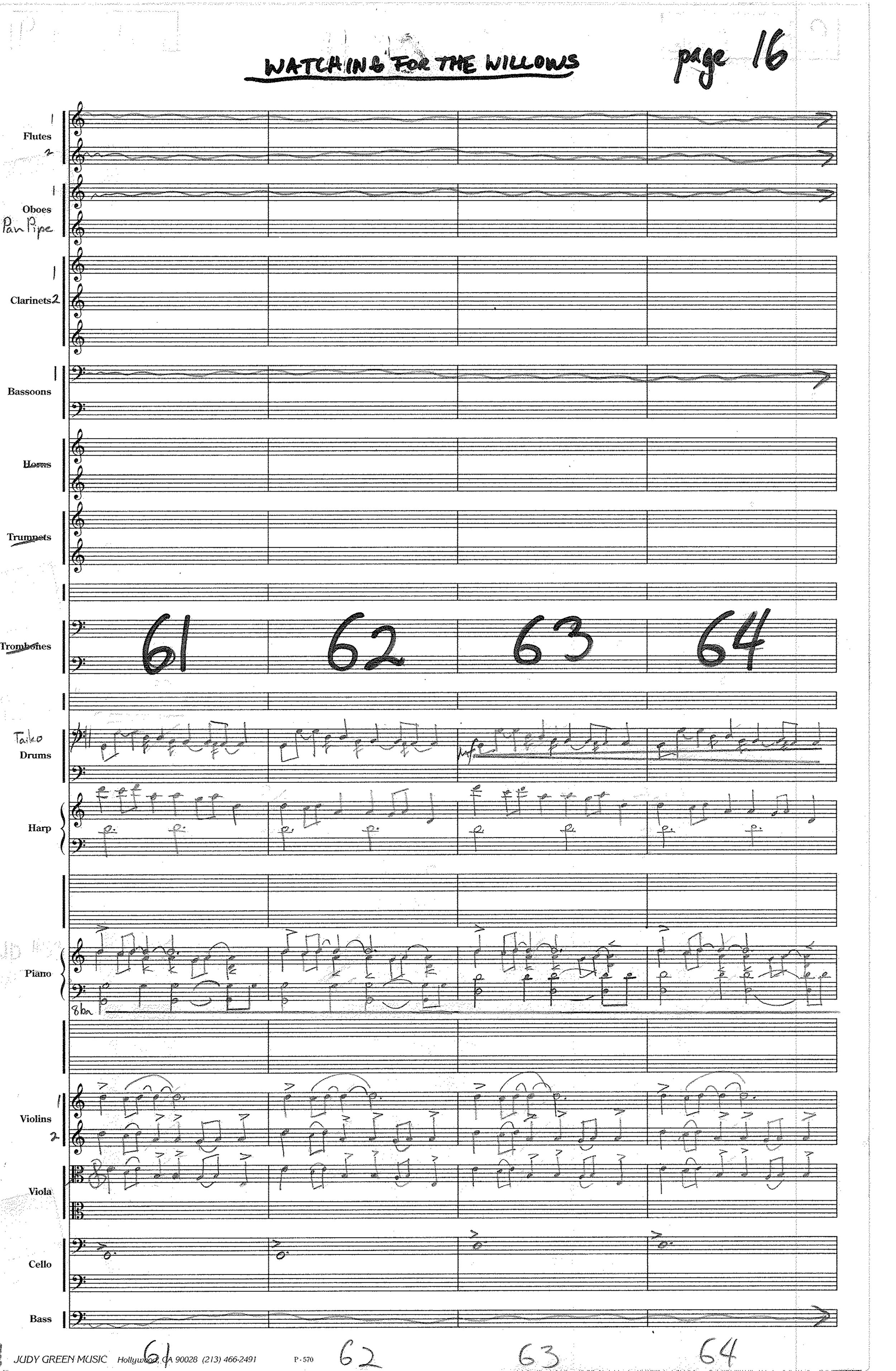
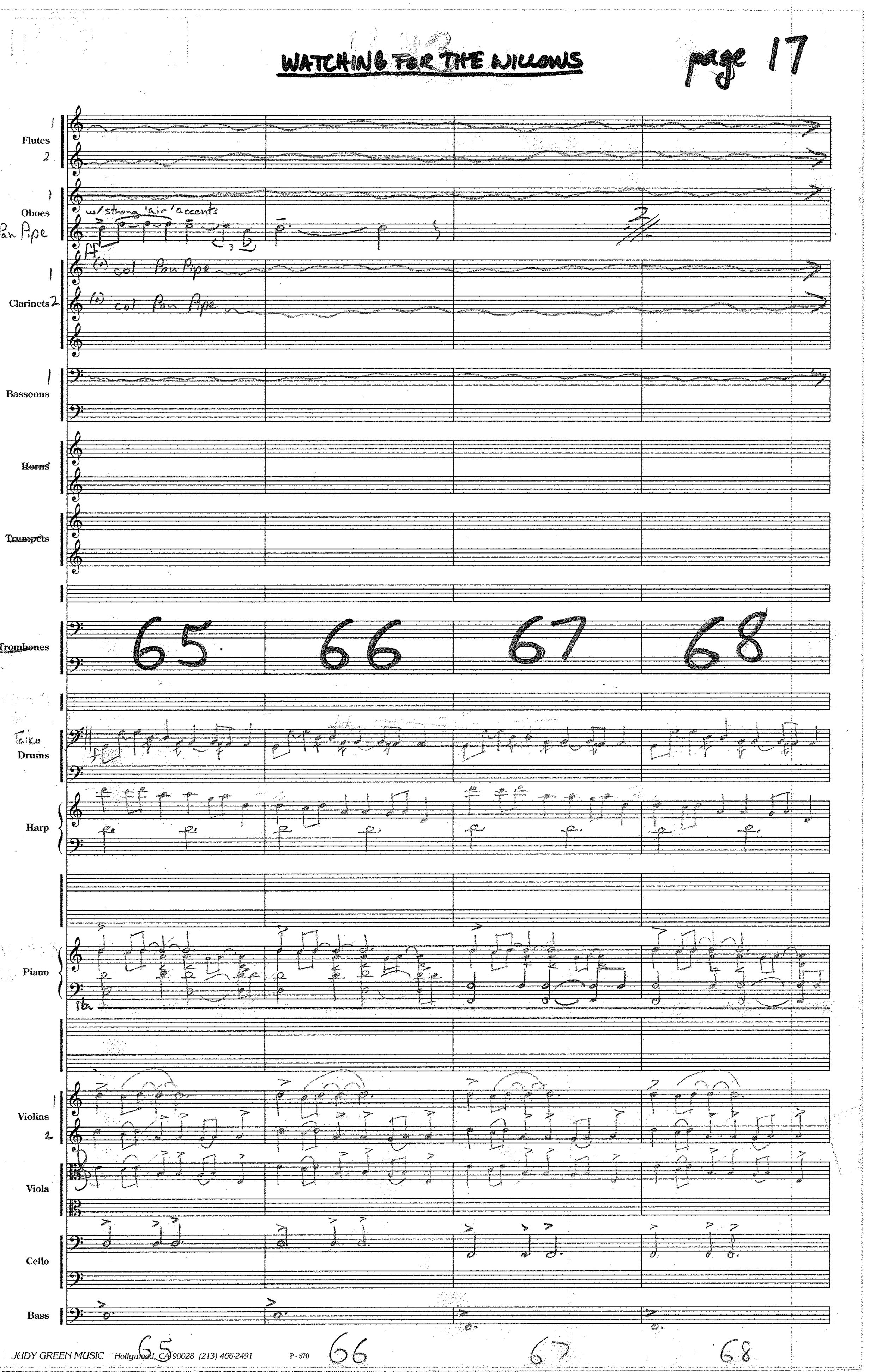
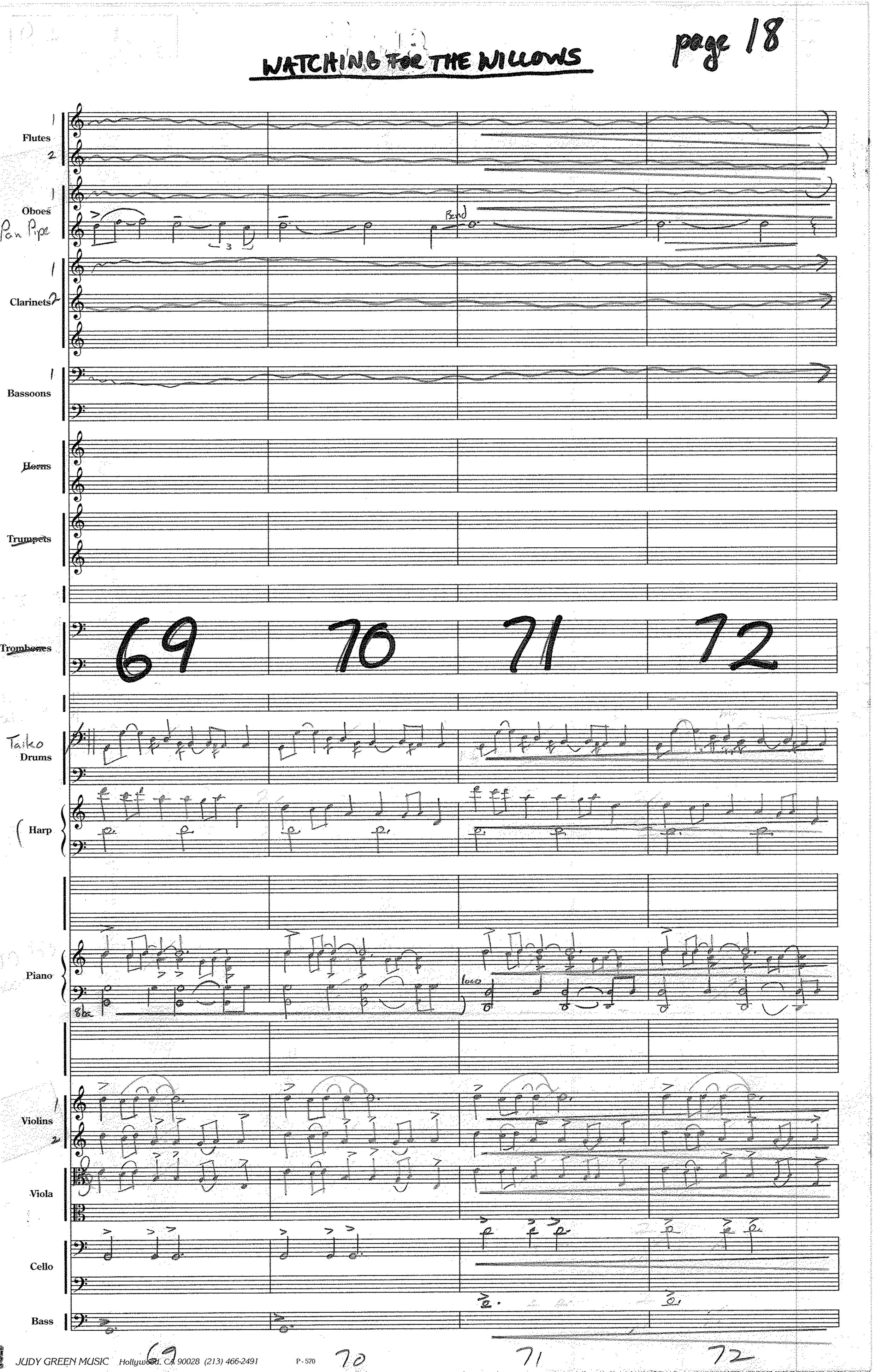
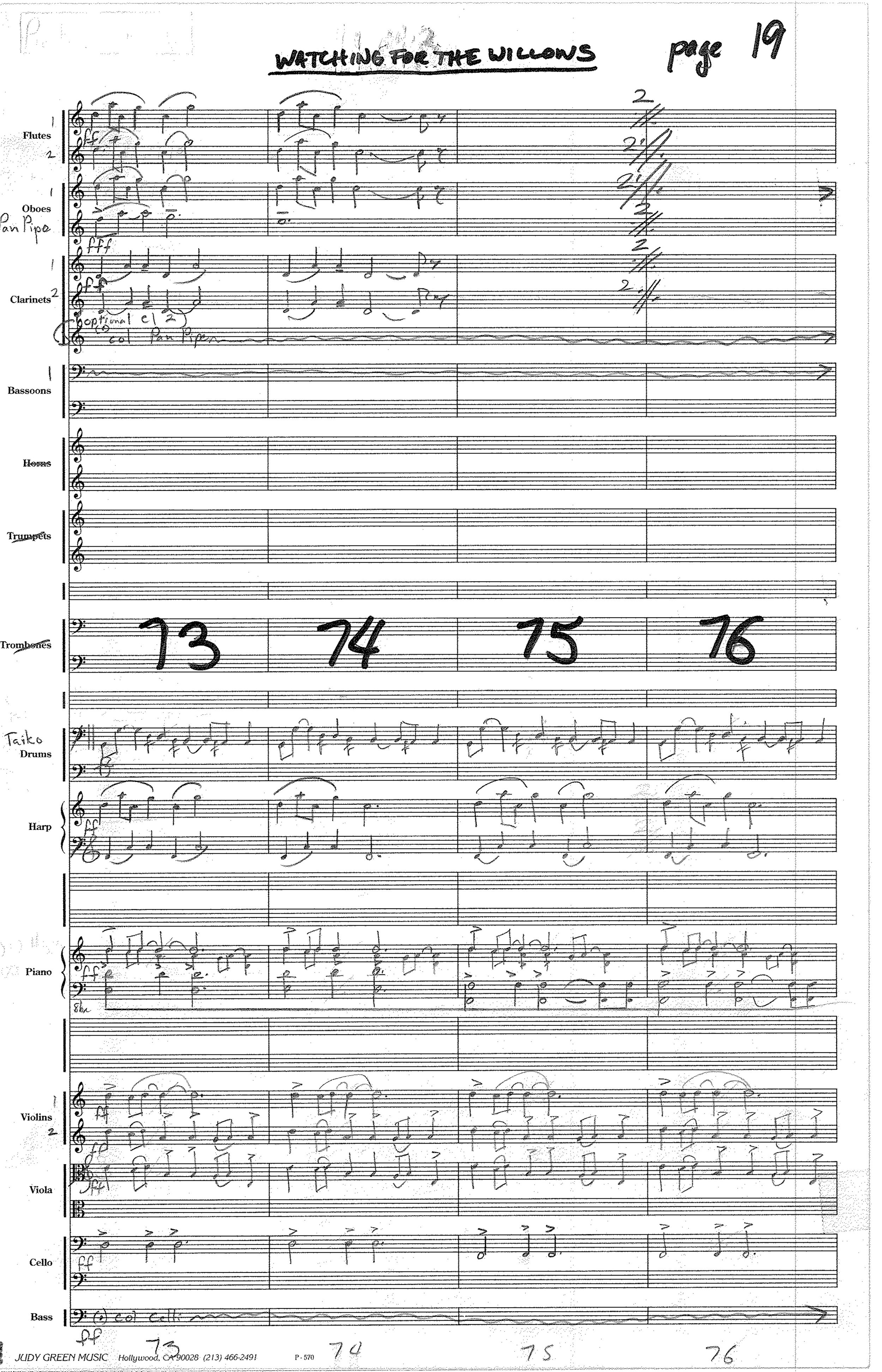
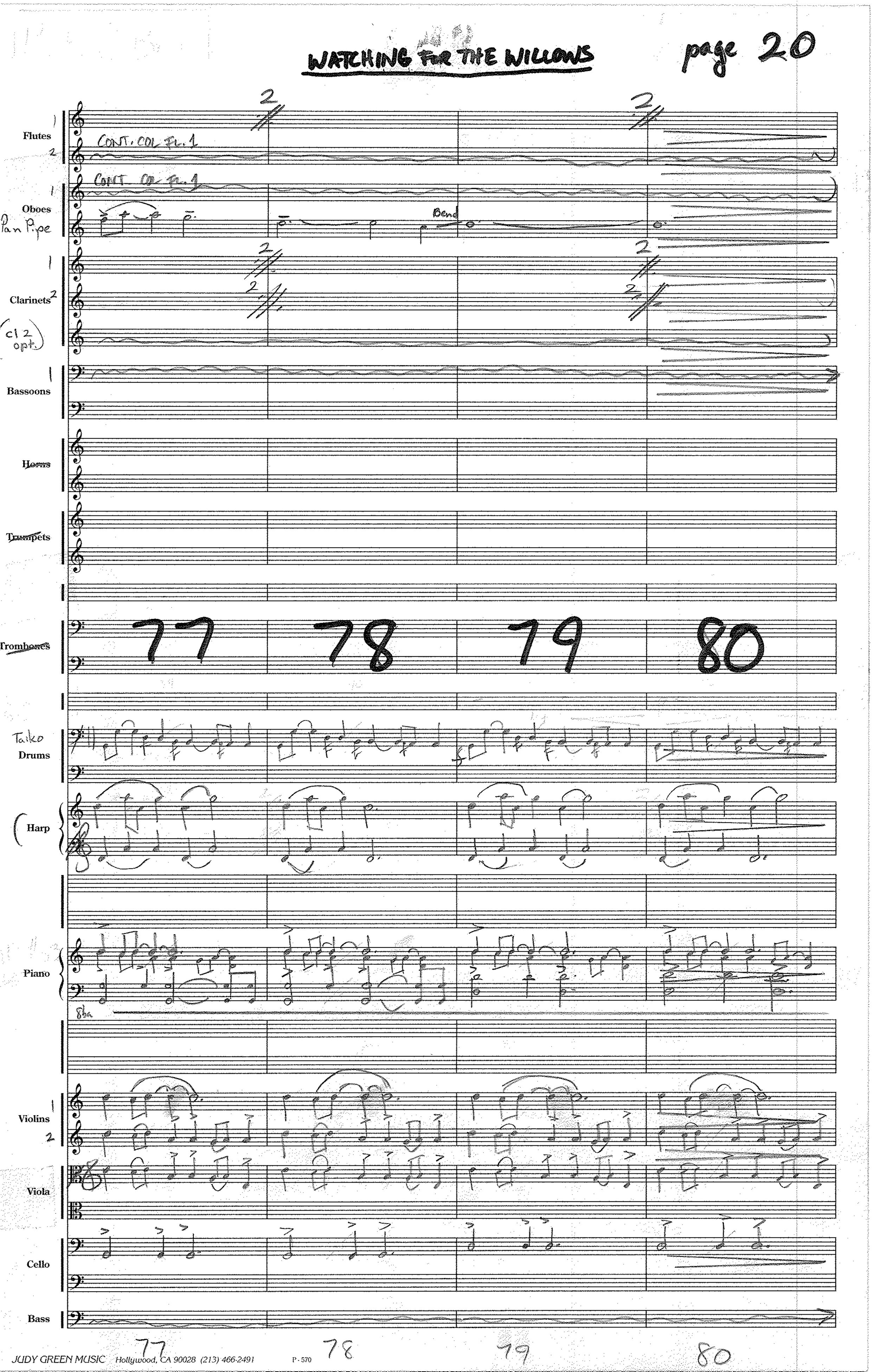
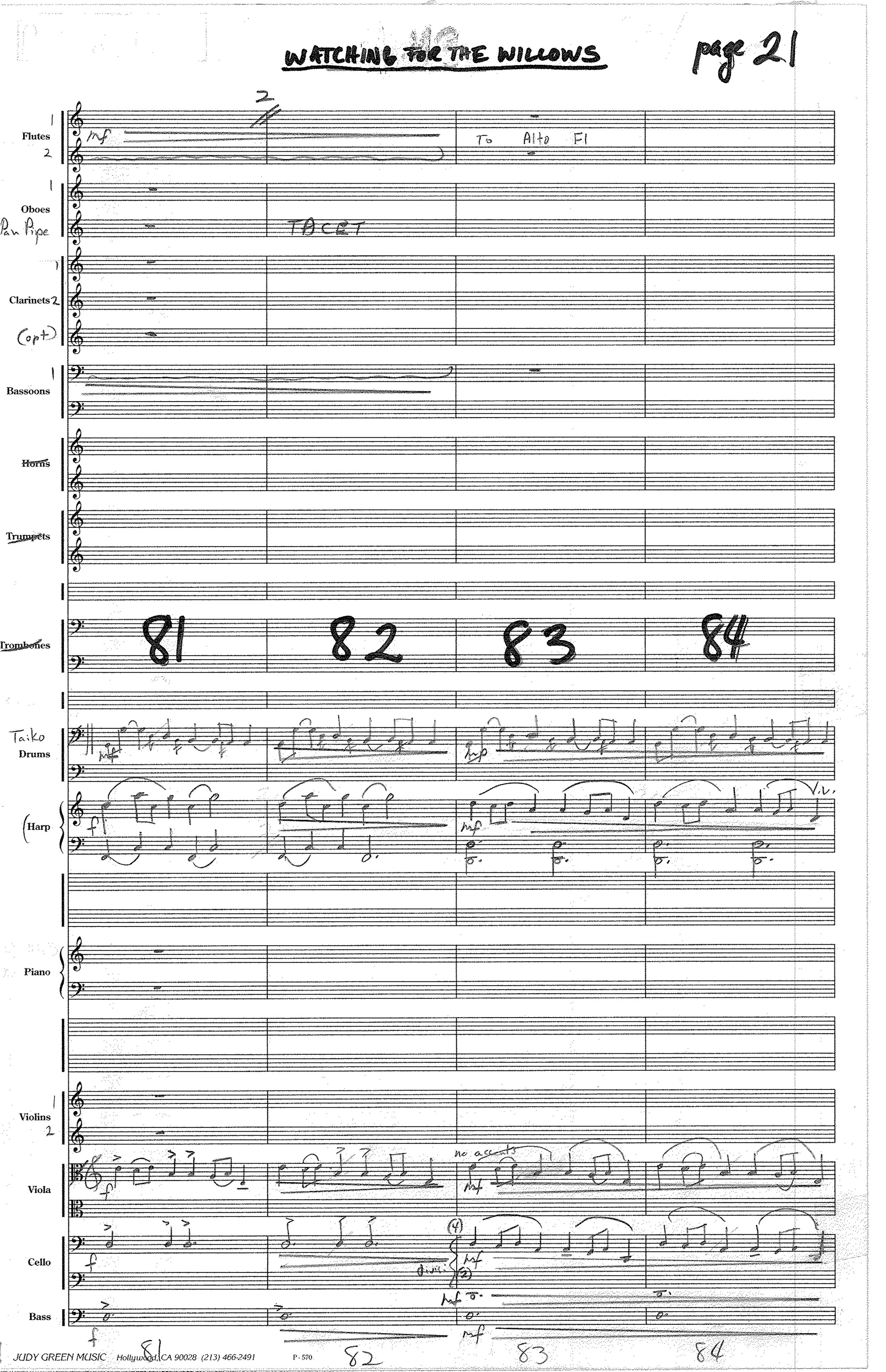
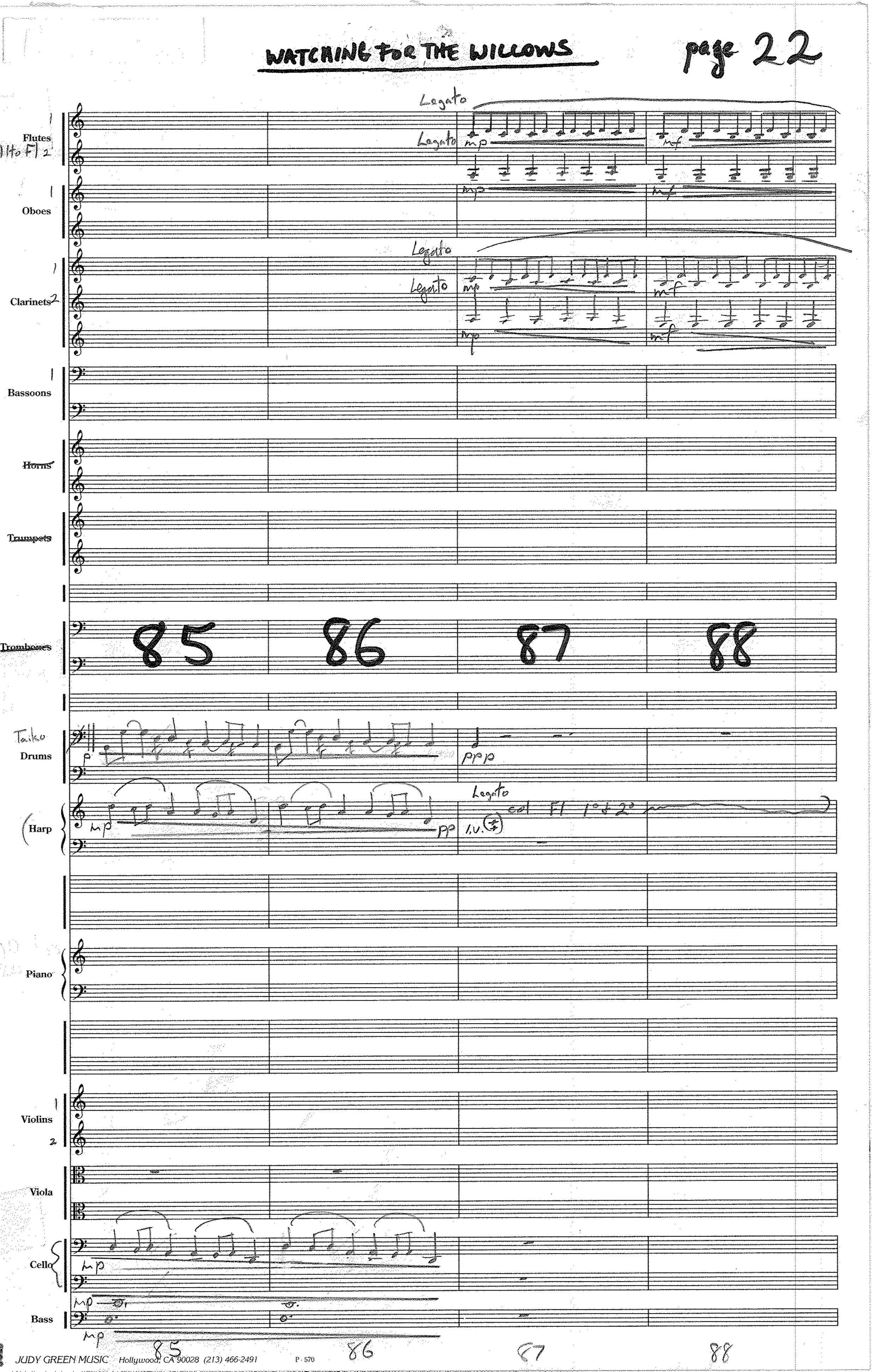
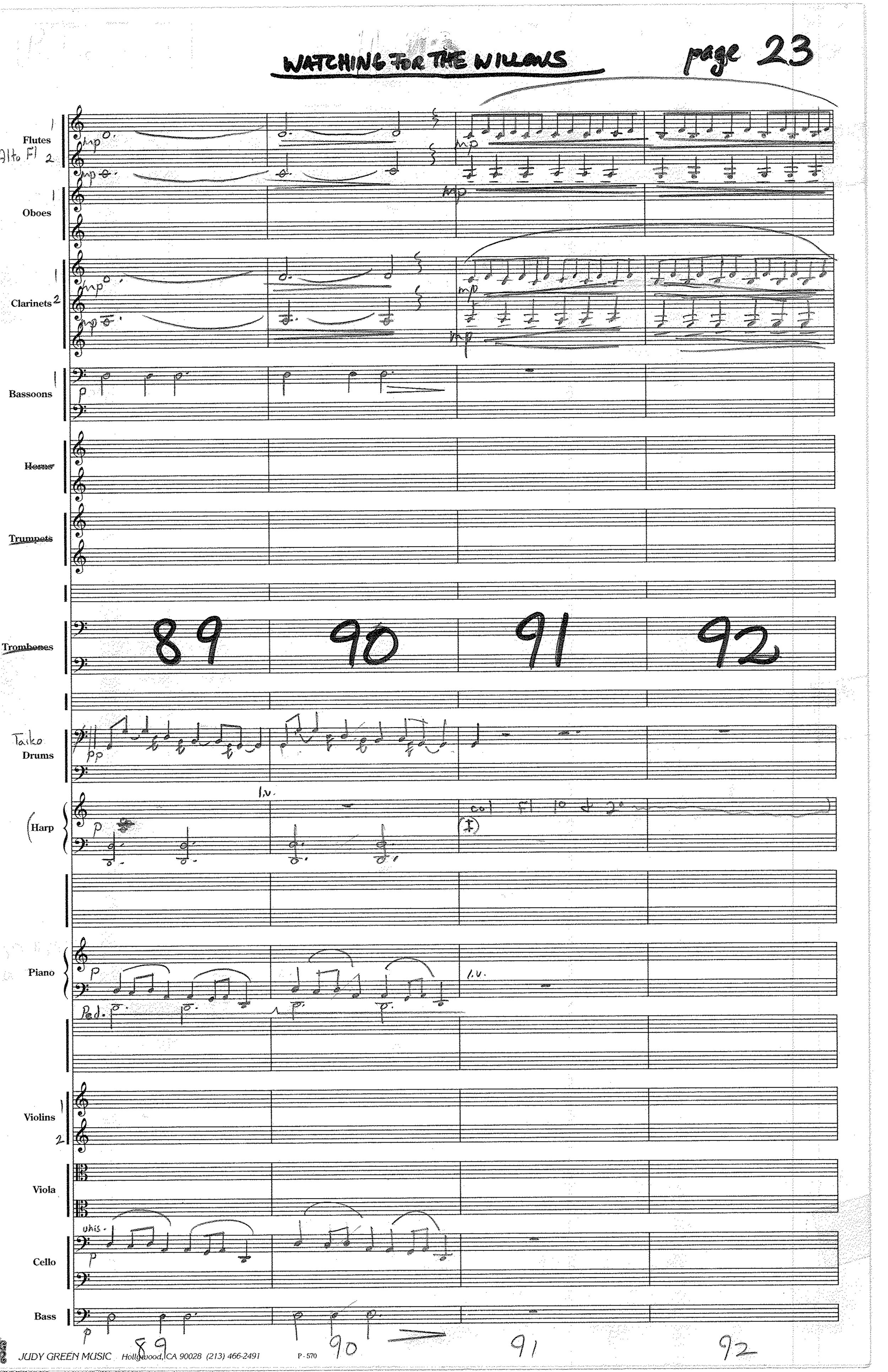
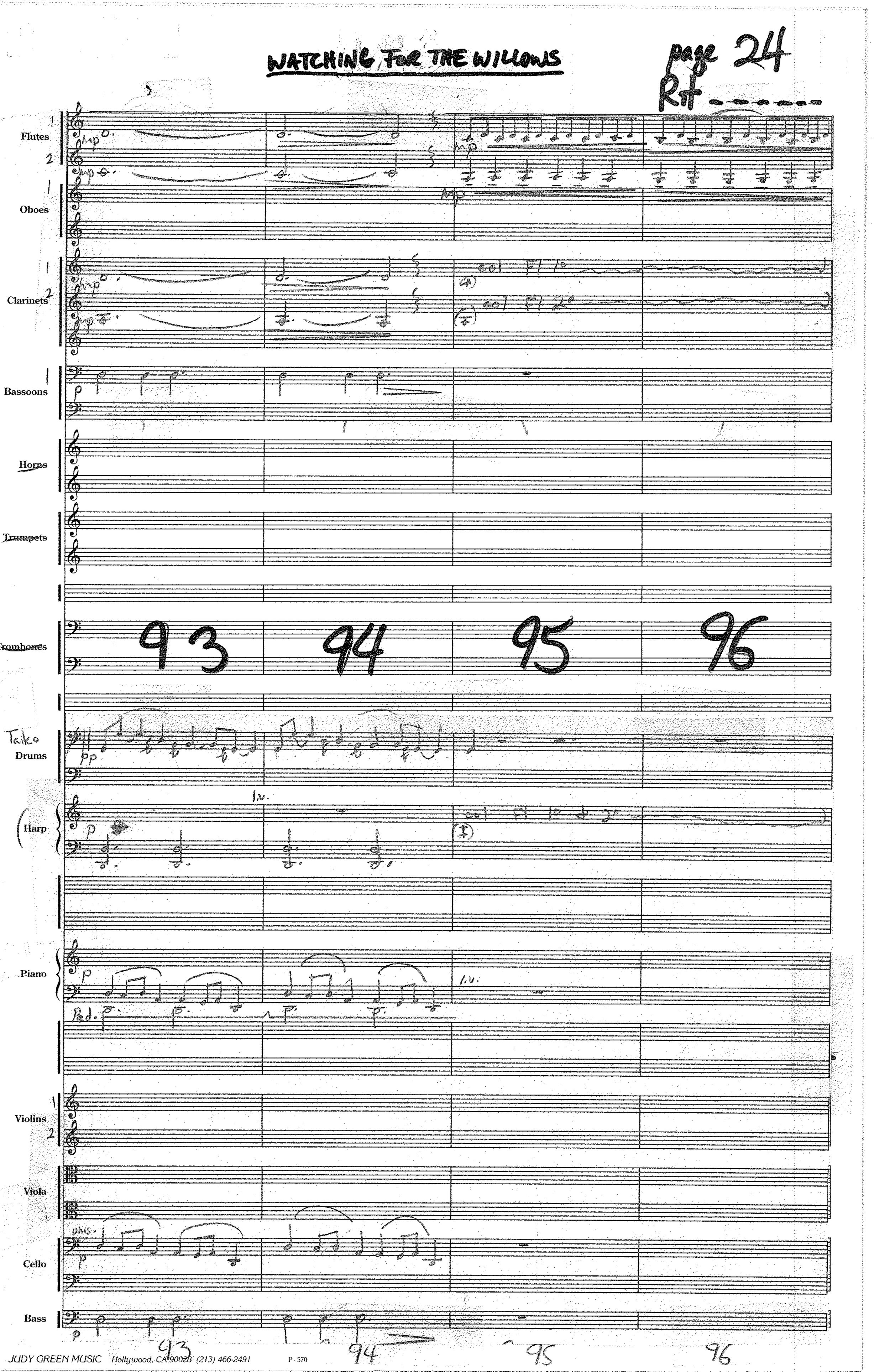
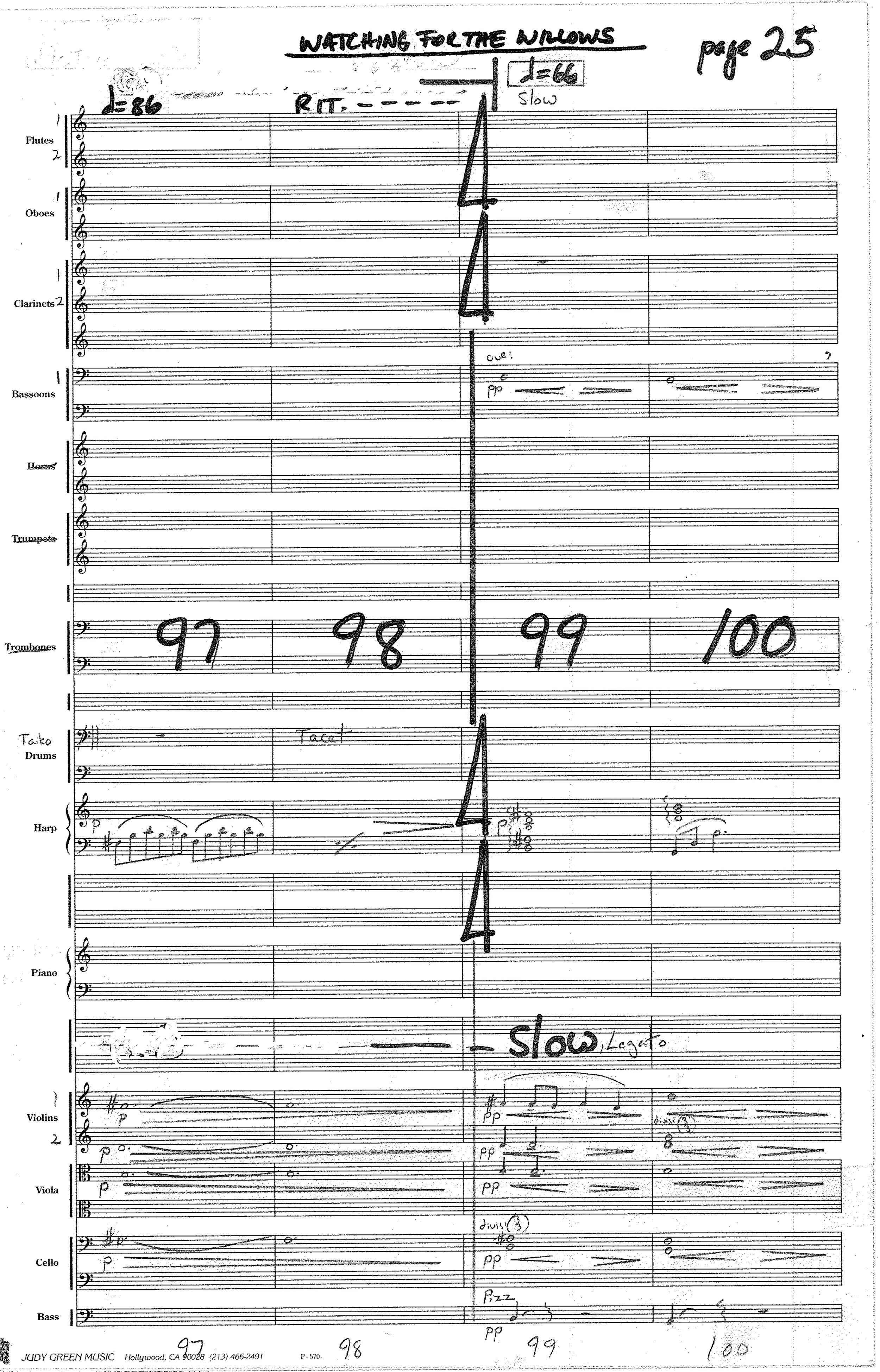
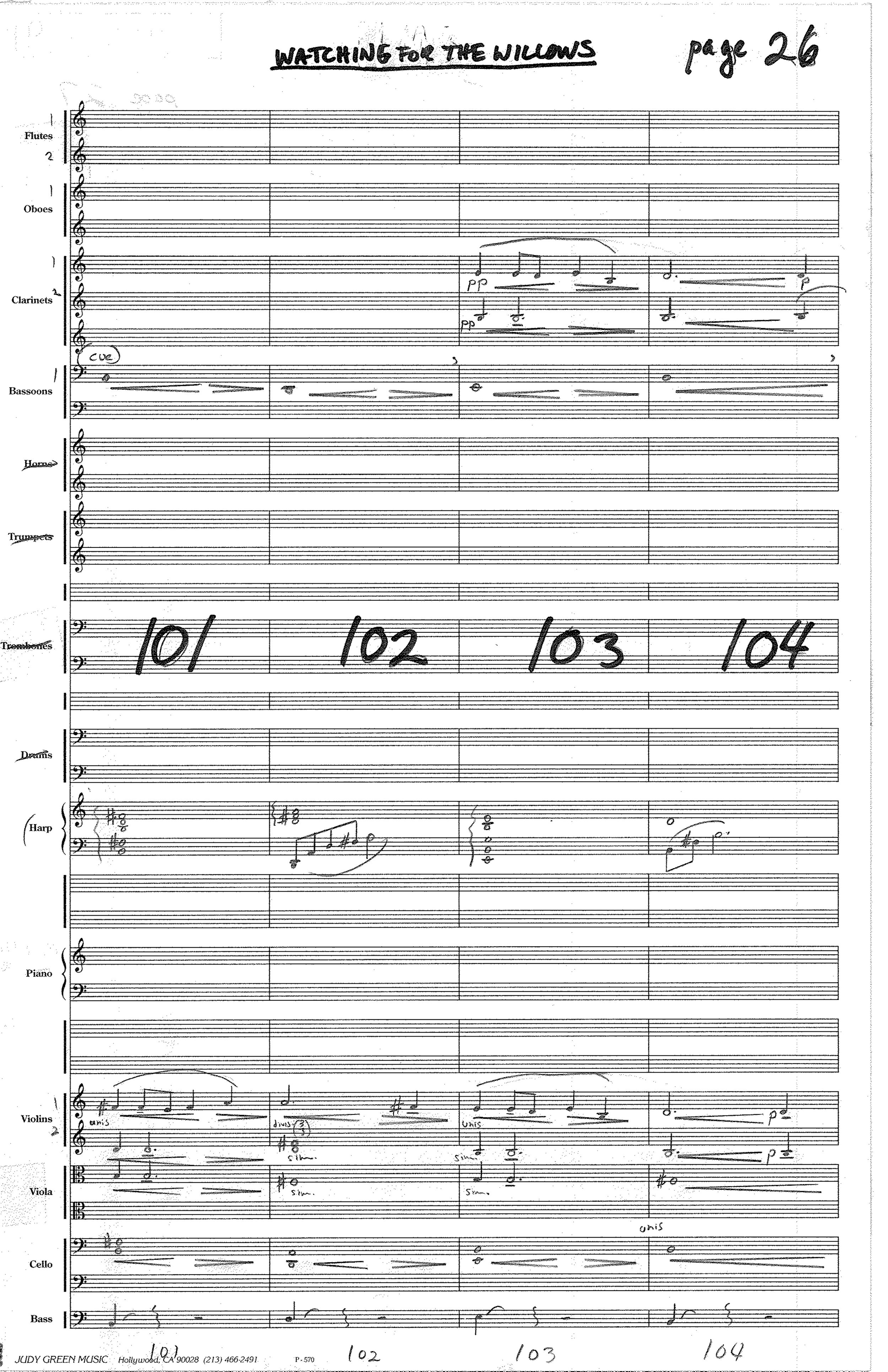
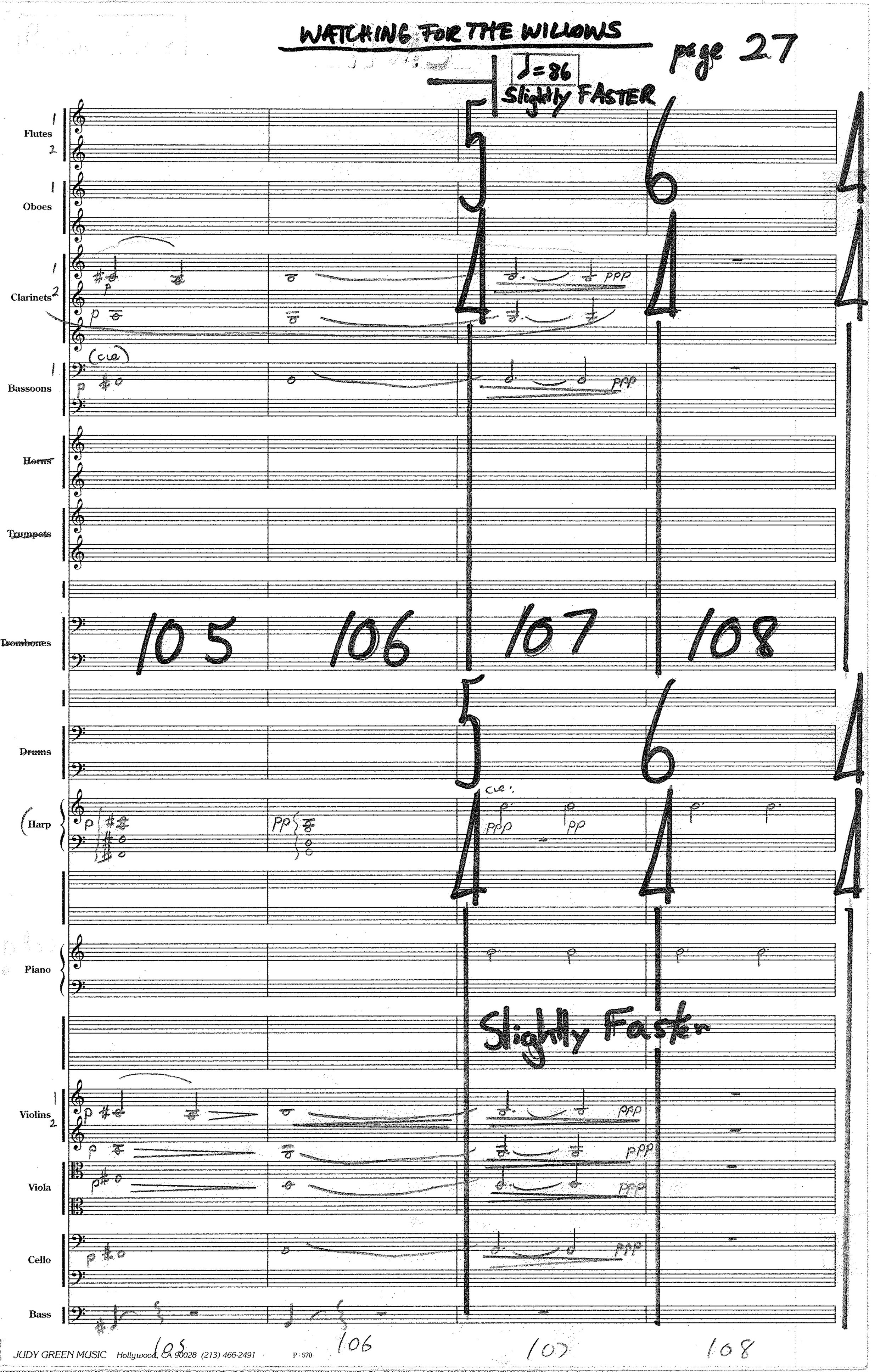
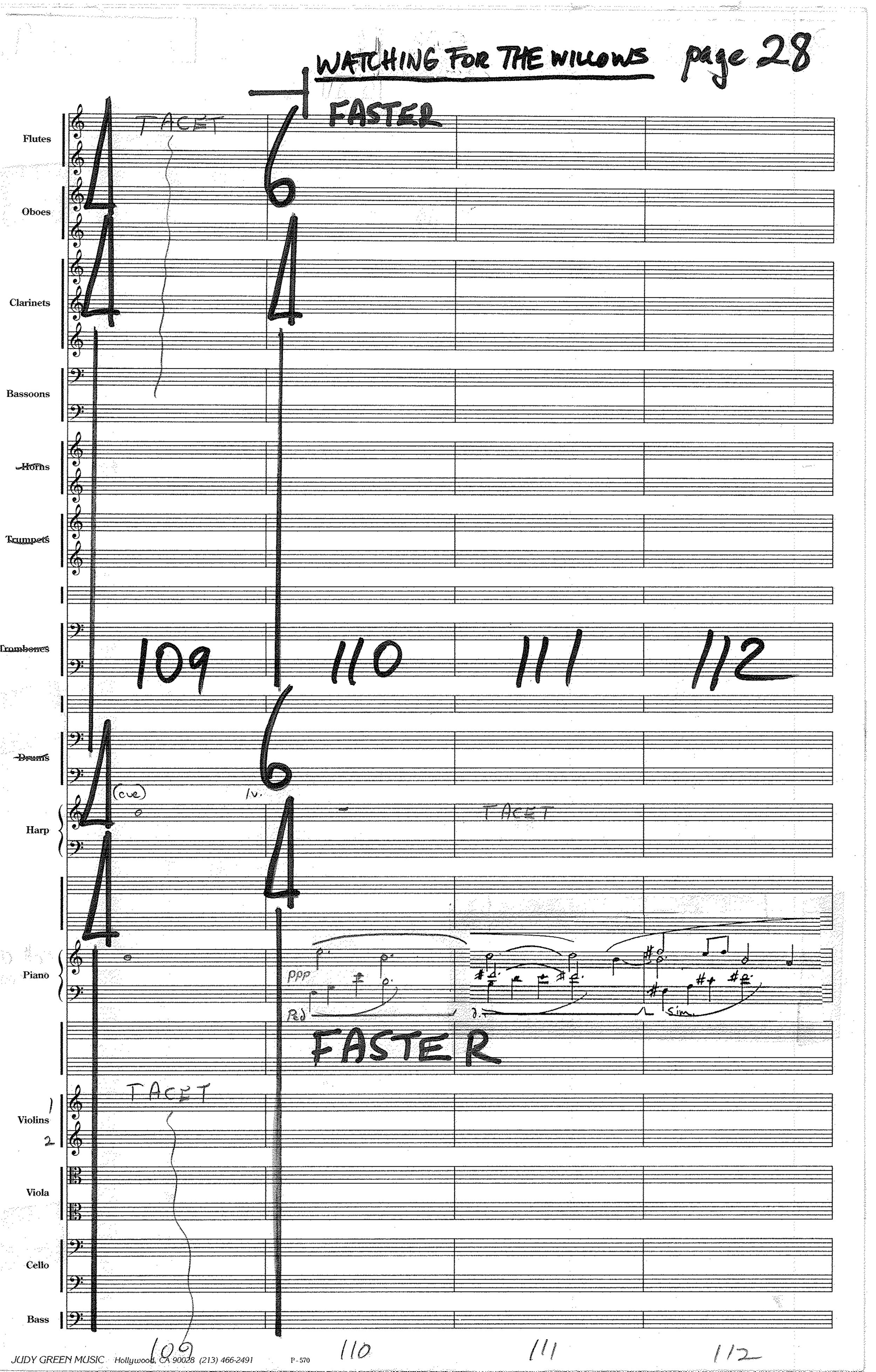
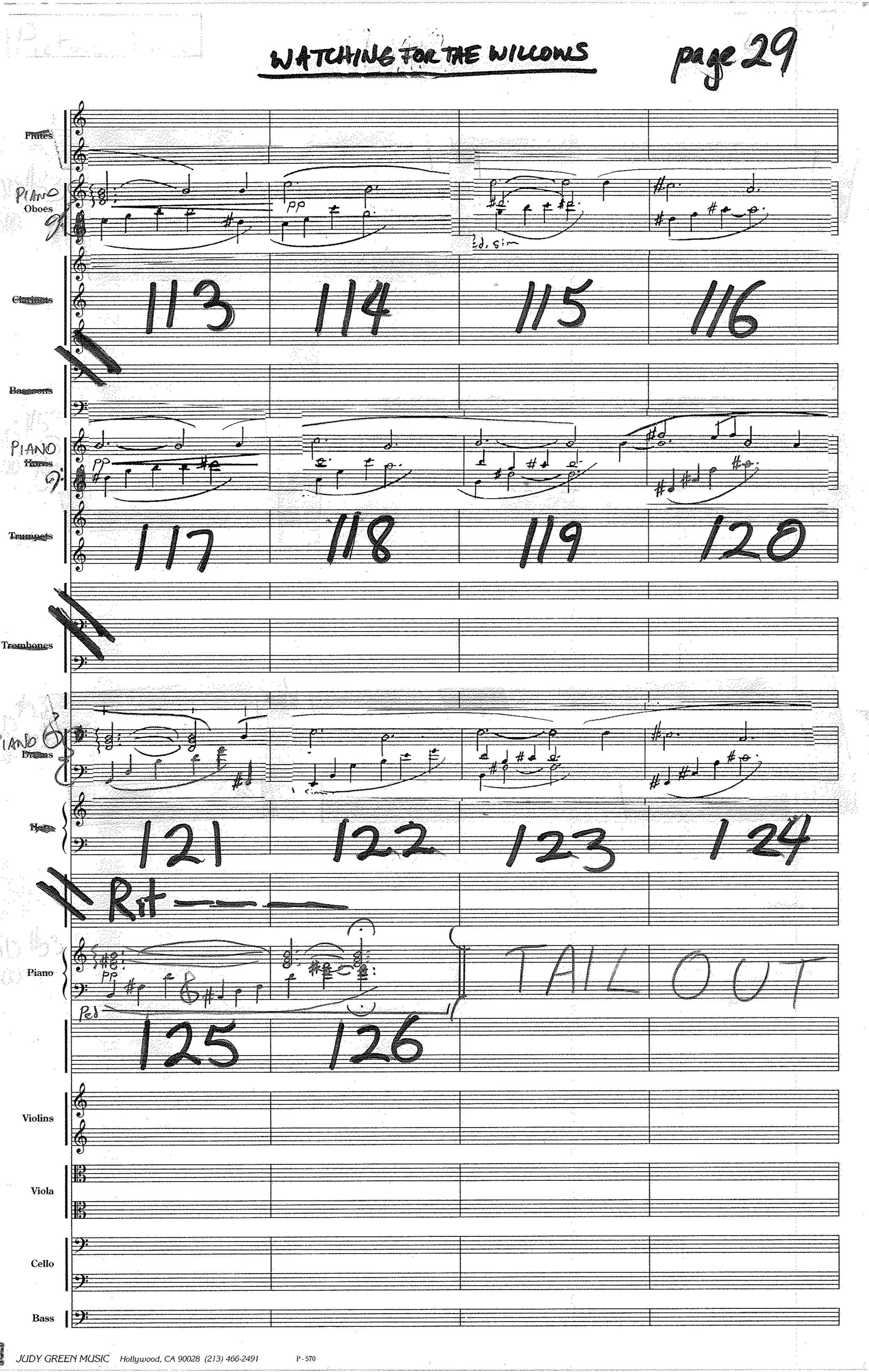
Film Score Titles Available for Performance
Star Trek VI (The Undiscovered Country)
Star Trek VI: The Undiscovered Country Concert Suite
Concert Suite from the original score to the film, Star Trek VI: The Undiscovered Country
Composed and Conducted by Cliff Eidelman
Quotes from reviews of Cliff Eidelman's score for Star Trek VI: The Undiscovered Country:
1. "Eidelman’s score for Star Trek VI: The Undiscovered Country is a dark and thrilling masterpiece that perfectly captures the ominous and uncertain tone of the film. It's one of the franchise's most mature and ambitious musical efforts." — Filmtracks
2. "Cliff Eidelman's score adds a rich, ominous texture to the film, echoing the gravity of the story while still maintaining the adventurous spirit of Star Trek. It's a bold and memorable entry in the franchise's musical legacy." — MovieMusicUK
3. "With Star Trek VI, Eidelman crafted a score that is hauntingly beautiful and deeply atmospheric, bringing a new depth to the Star Trek universe. His work is both fresh and respectful of the series' musical heritage." — Soundtrack.net
4. "Eidelman’s work on Star Trek VI: The Undiscovered Country is nothing short of extraordinary. His compositions evoke a sense of mystery and foreboding that perfectly complements the film's darker tone." — Cinematic Sound Radio
5. "The score for Star Trek VI is a powerful, complex composition that stands out as one of the finest in the entire Star Trek series. Eidelman brings a sense of epic scale and gravitas to the film, making it a perfect accompaniment to the story." — Sci-Fi Movie
These quotes reflect the critical acclaim Eidelman's score received for its maturity, depth, and contribution to the overall tone of the film.
Here are some quotes from respected music critics who have covered Hollywood and film scores, specifically regarding Cliff Eidelman's work on Star Trek VI: The Undiscovered Country:
1. "Eidelman's score for Star Trek VI is an impressive achievement, particularly considering his age at the time. He managed to bring a fresh, darker tone to the Star Trek universe, while also respecting the musical traditions established by his predecessors." — Jon Burlingame, Variety
2. "Cliff Eidelman’s score is one of the most audacious in the Star Trek series, infusing the film with a sense of gravity and urgency. His music is sophisticated and thematic, standing shoulder to shoulder with the best of the franchise." — Leonard Maltin, Film Critic and Historian
3. "The music of Star Trek VI, composed by the young Cliff Eidelman, is a revelation. It’s brooding and atmospheric, adding a layer of complexity to the film’s narrative. Eidelman’s work on this score has earned its place among the iconic soundtracks of the series." — James Southall, Movie Wave
4. "Eidelman's score is an evocative and thrilling composition that truly captures the political intrigue and tension of The Undiscovered Country. His ability to create a distinct, memorable soundscape while paying homage to the established Star Trek musical identity is commendable." — Mark Kermode, The Observer
5. "Cliff Eidelman's score for Star Trek VI is a standout in the Star Trek film series. He brought a unique voice to the franchise, with a score that is both haunting and majestic, marking him as a significant new talent in Hollywood film music." — Jeff Bond, Film Score Monthly
Click on top of score to turn pages.
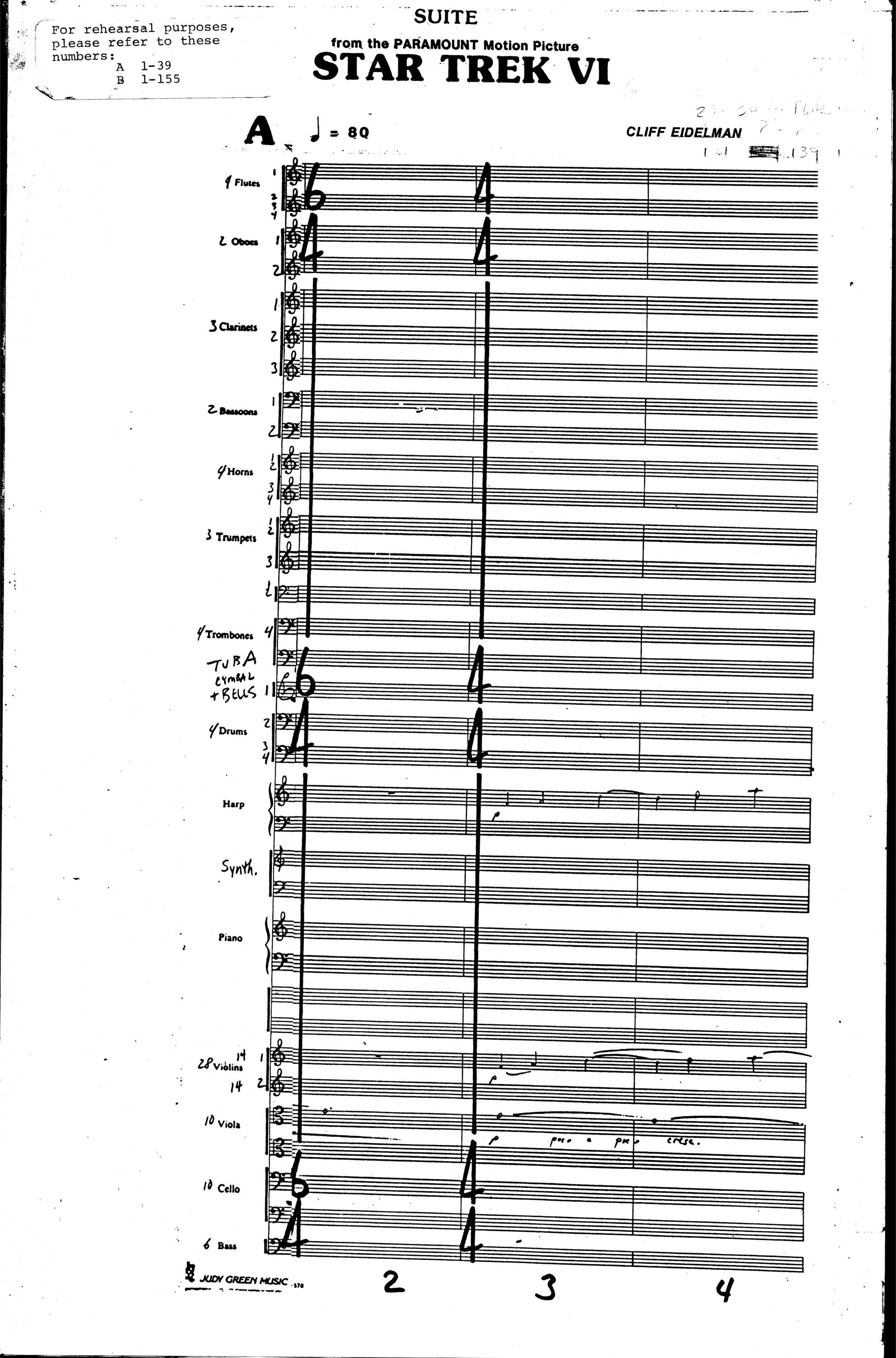
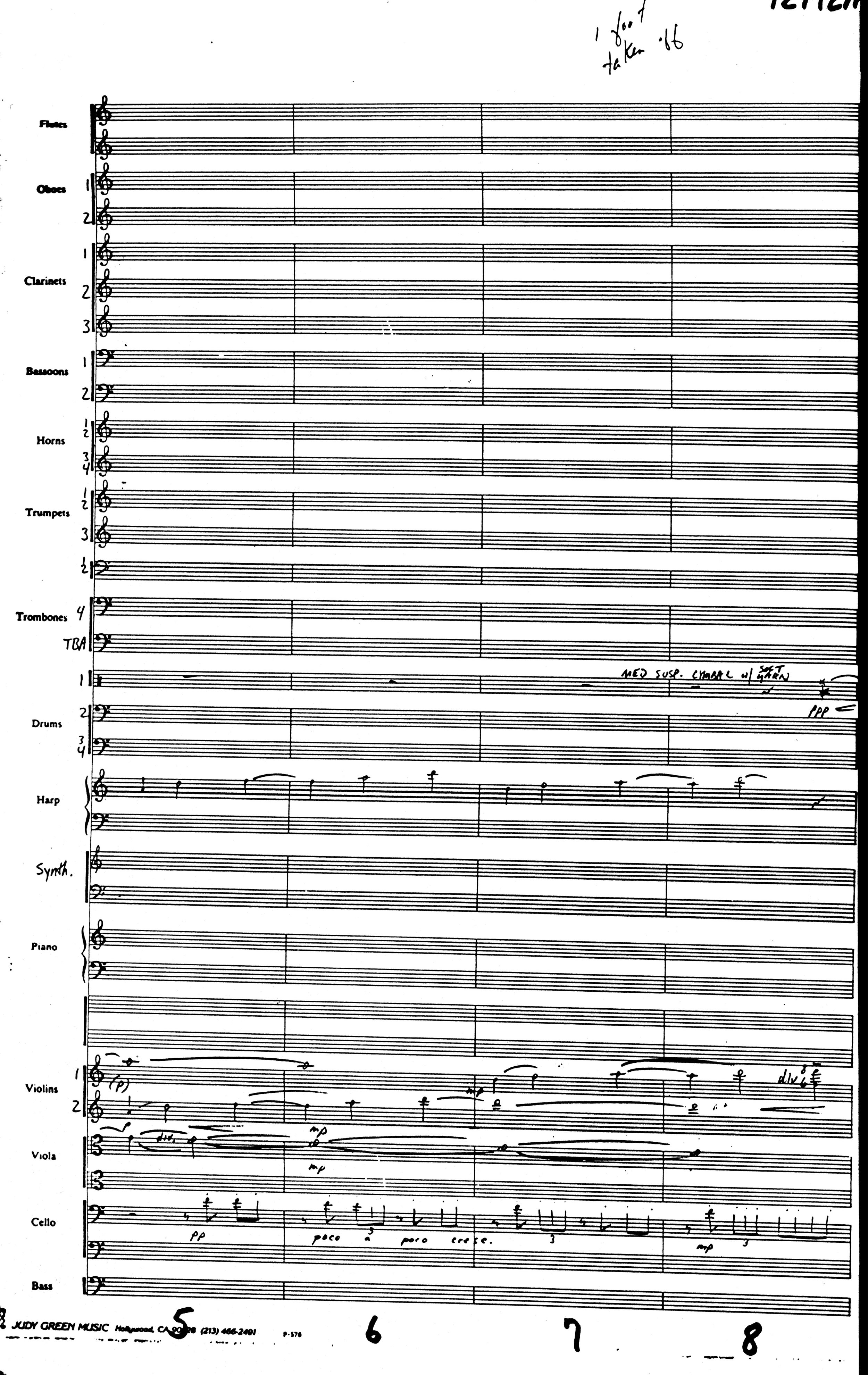
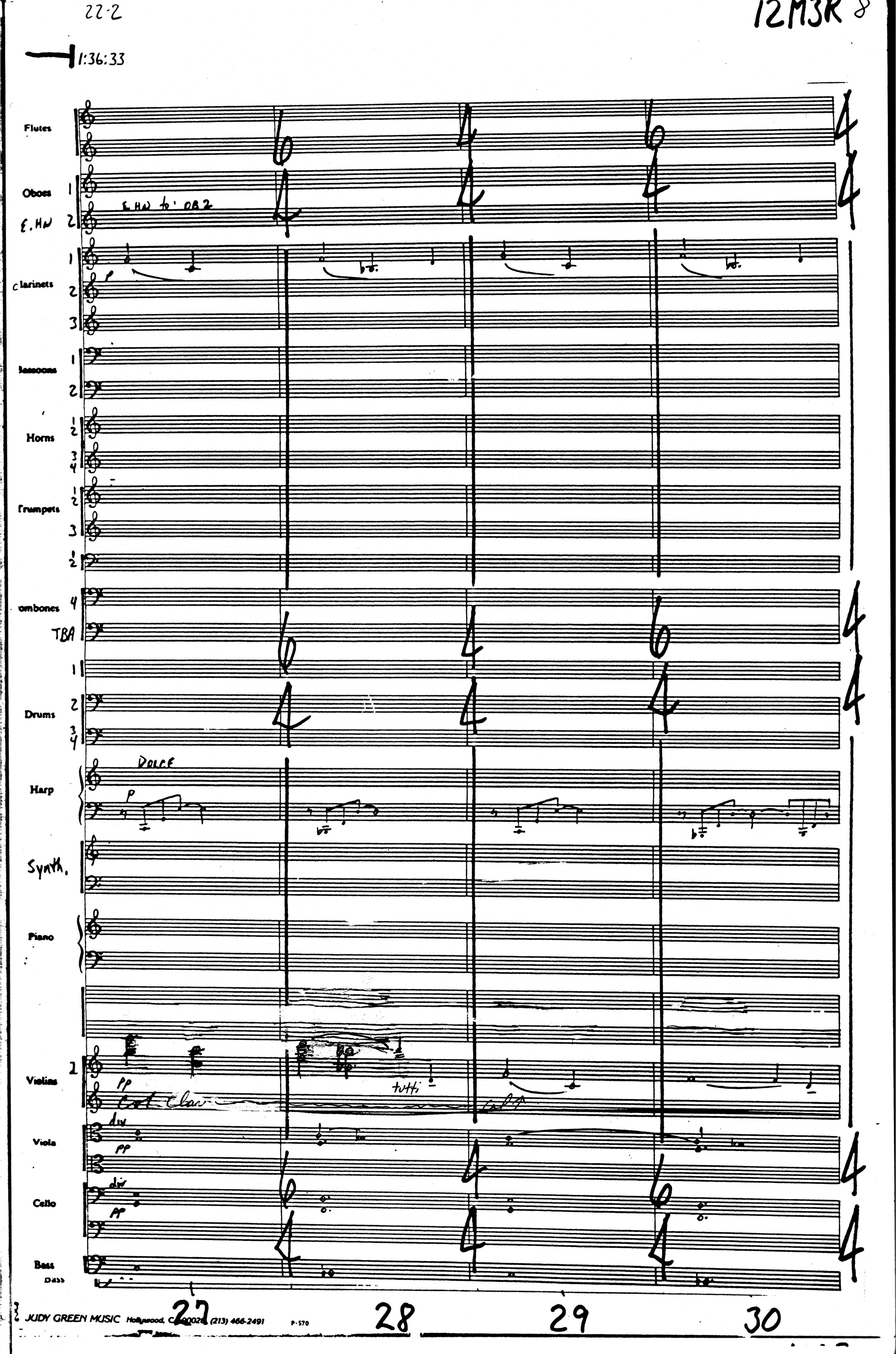
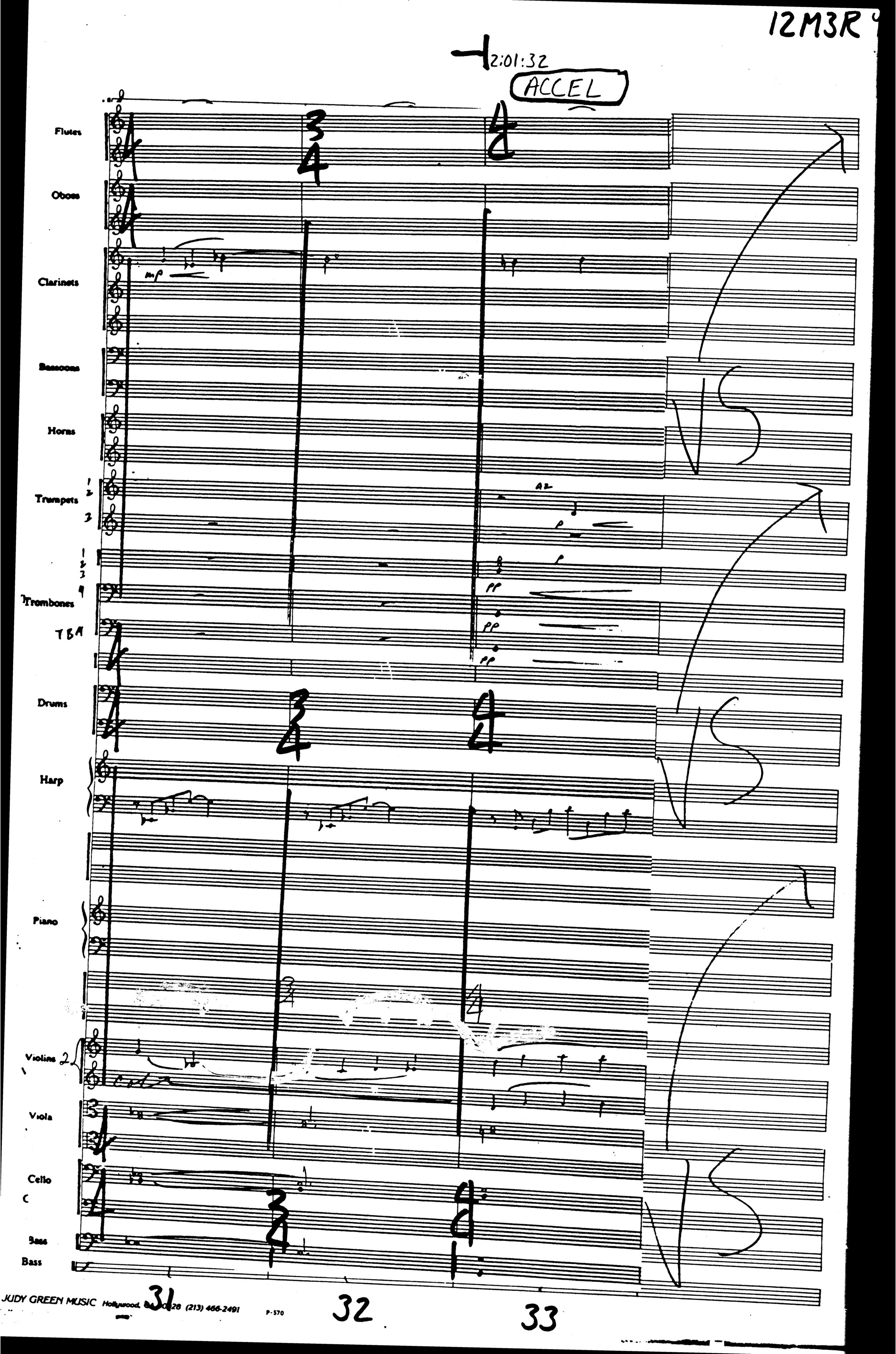
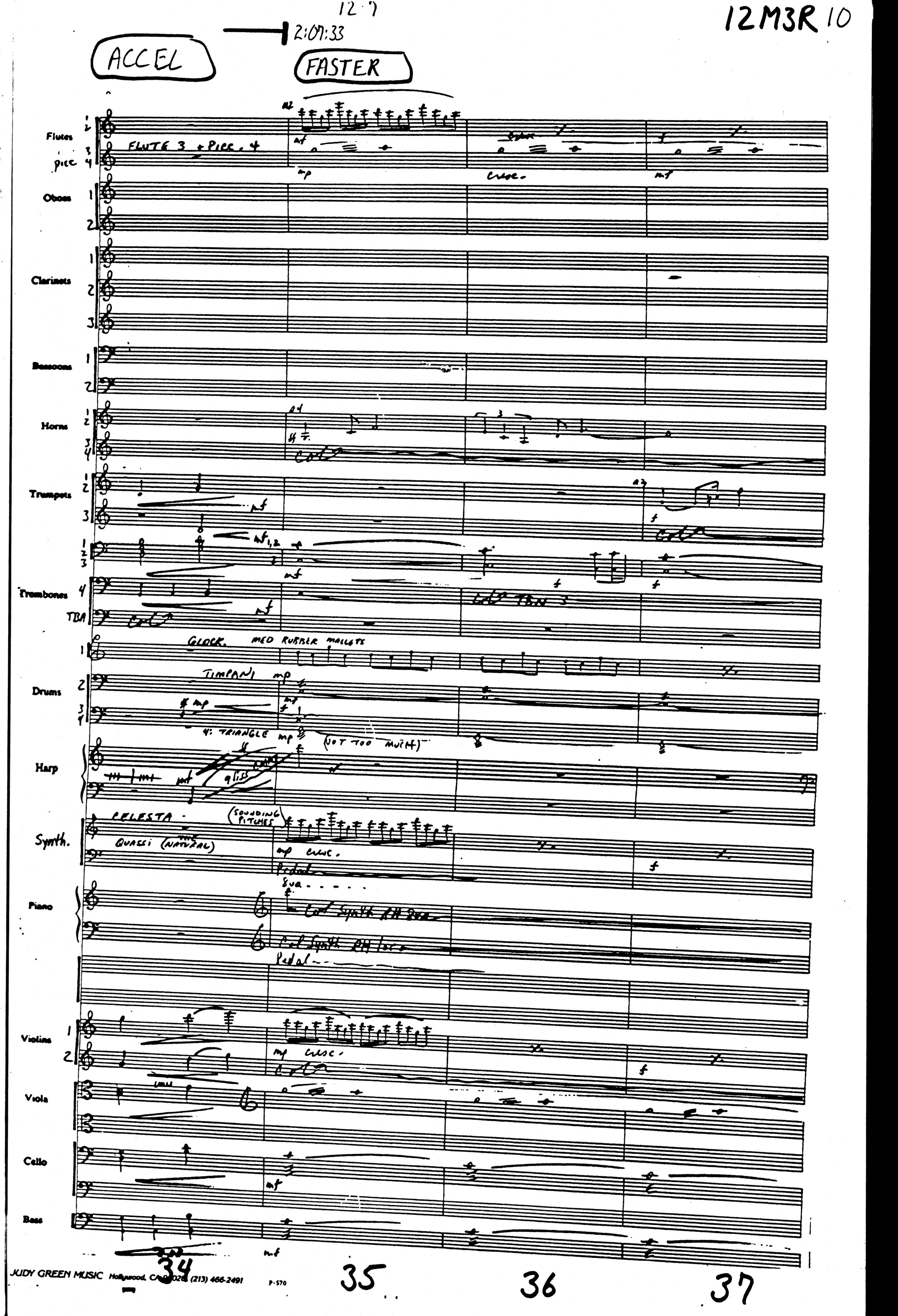
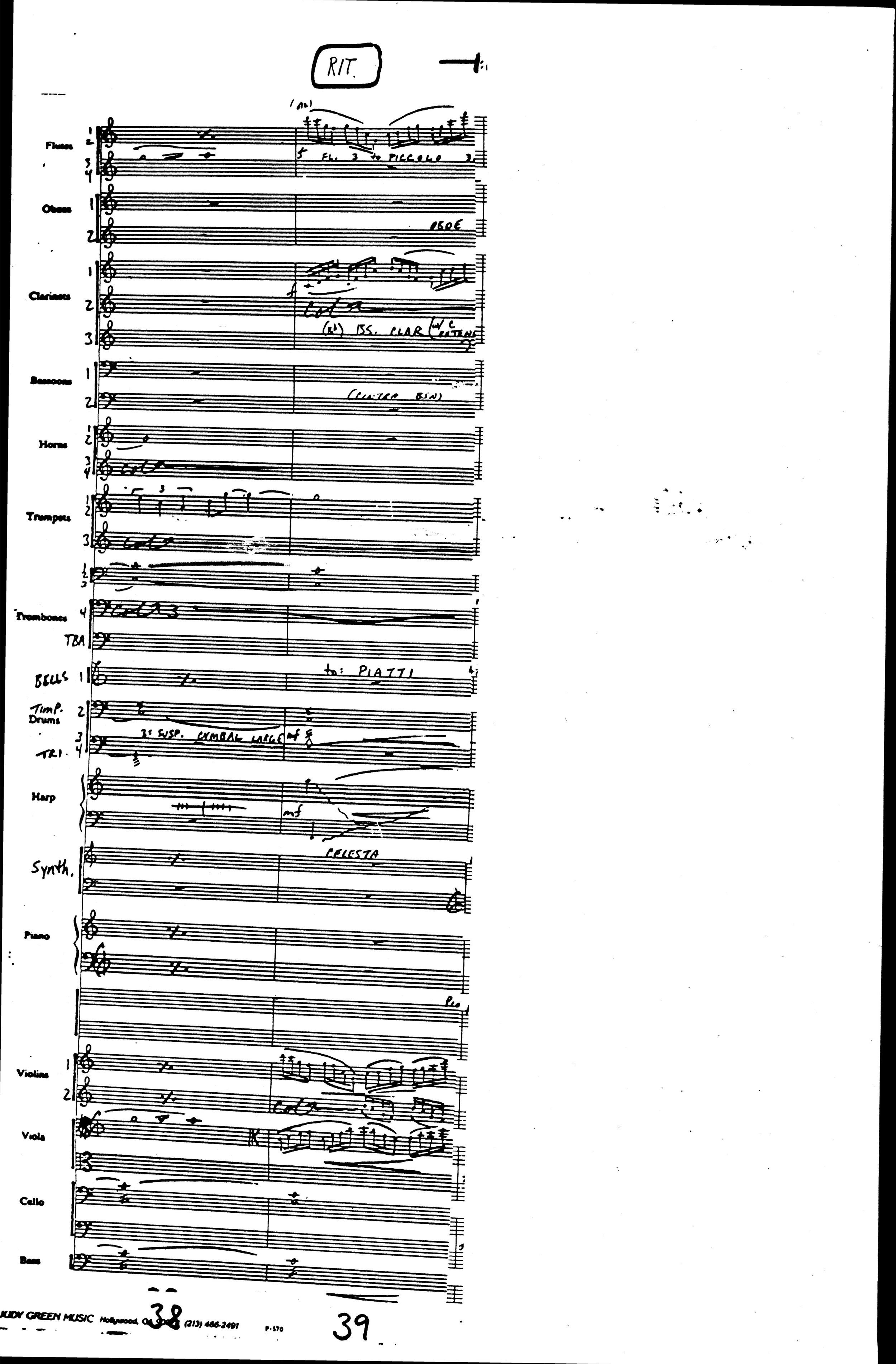
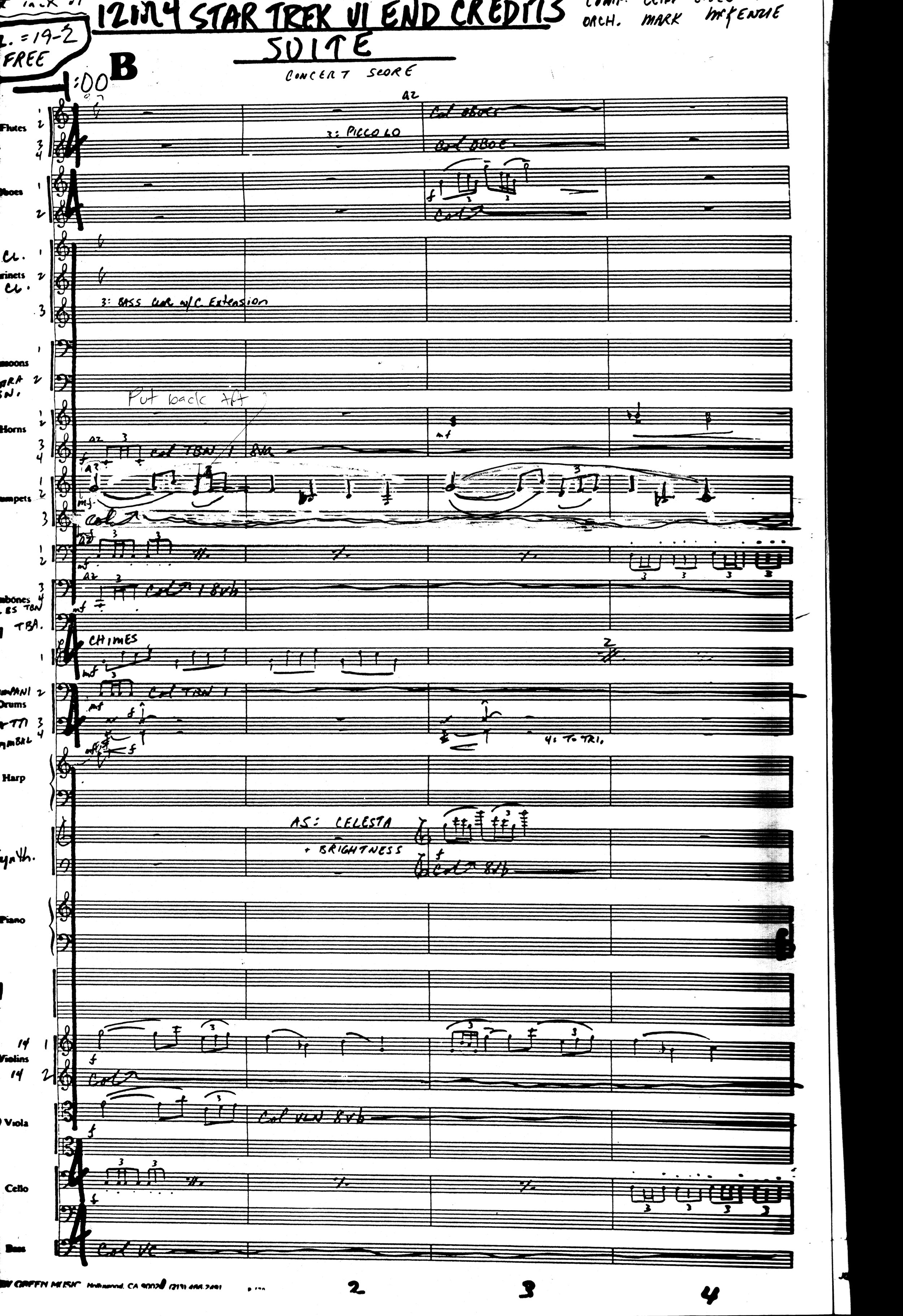
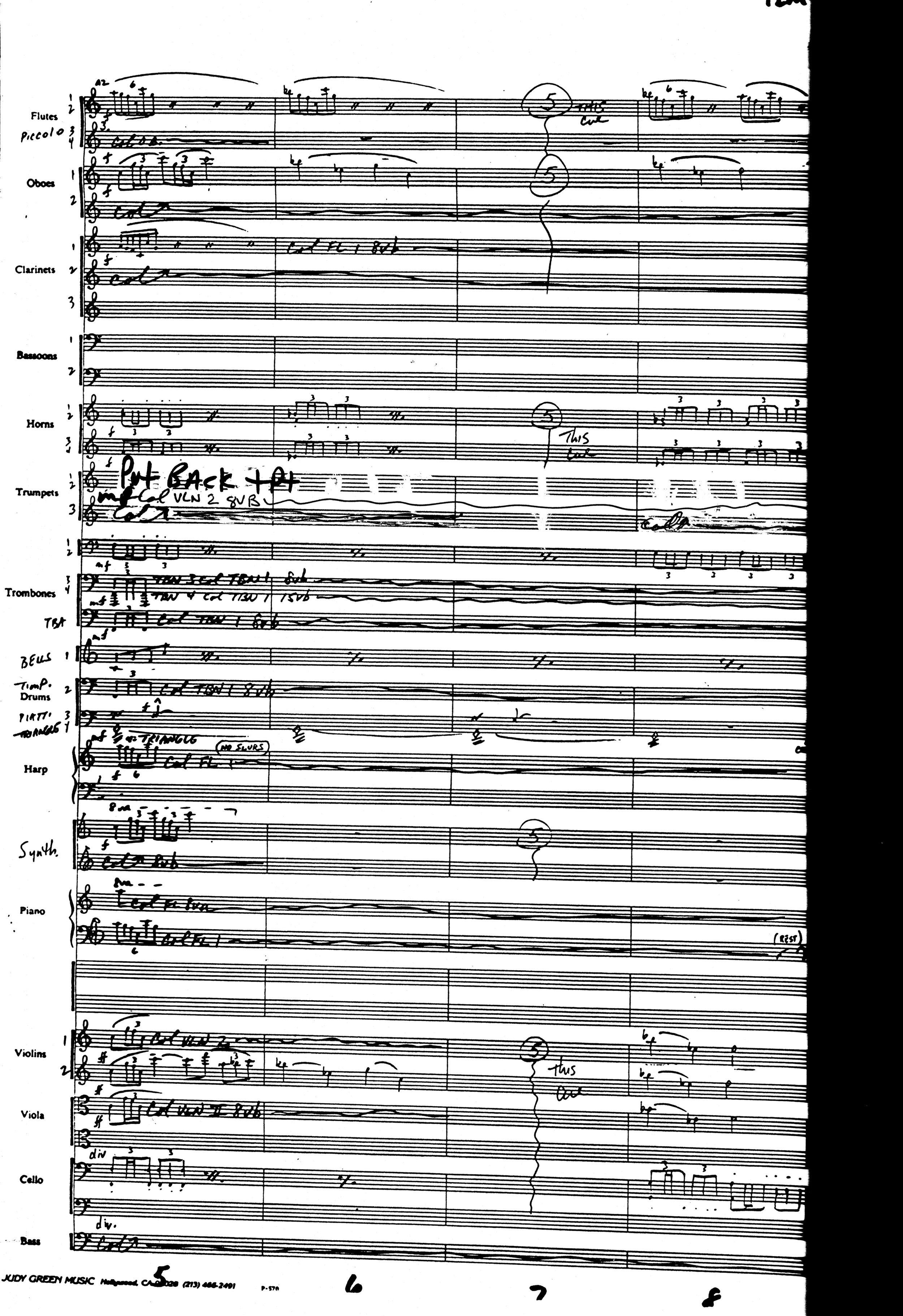
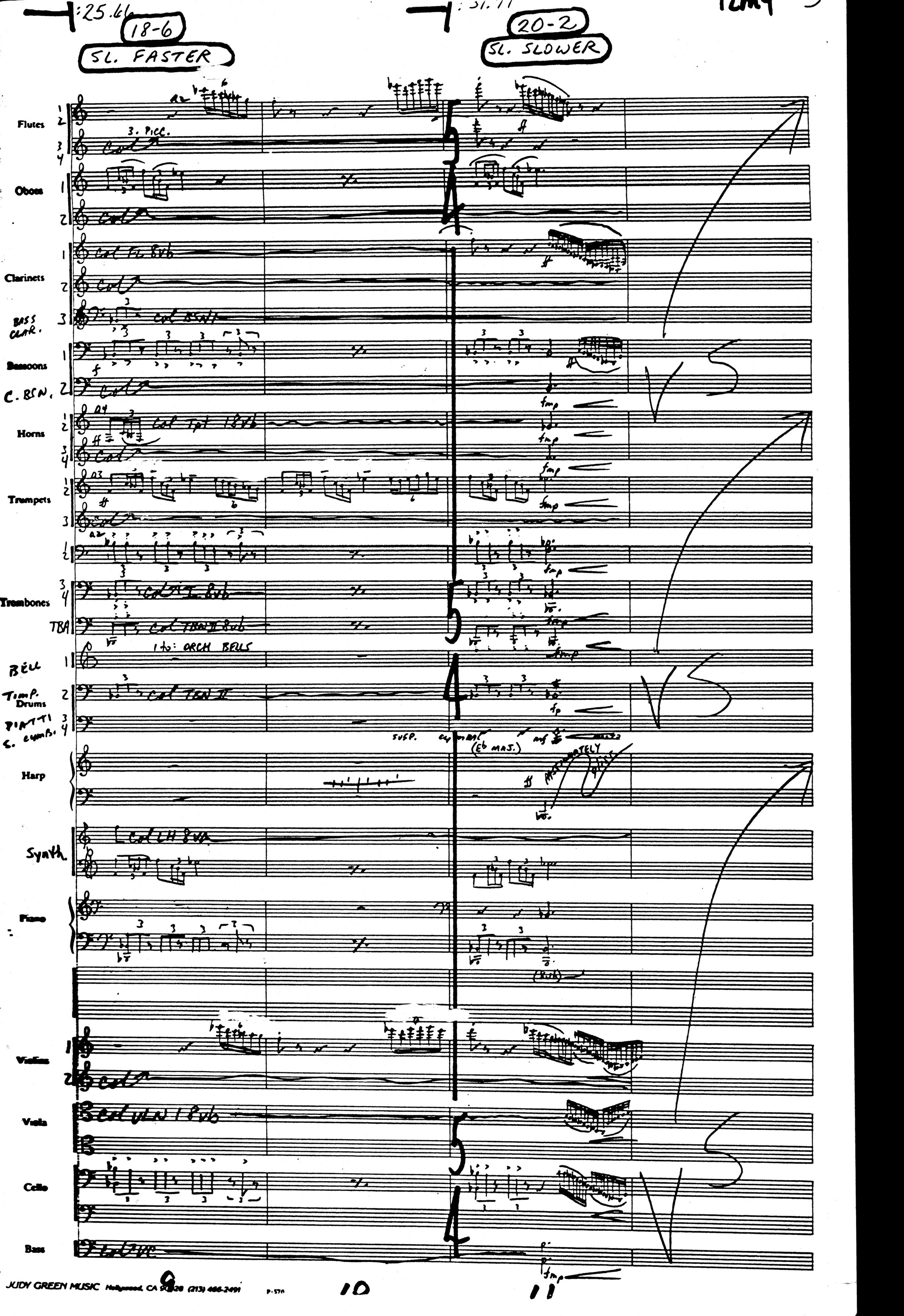
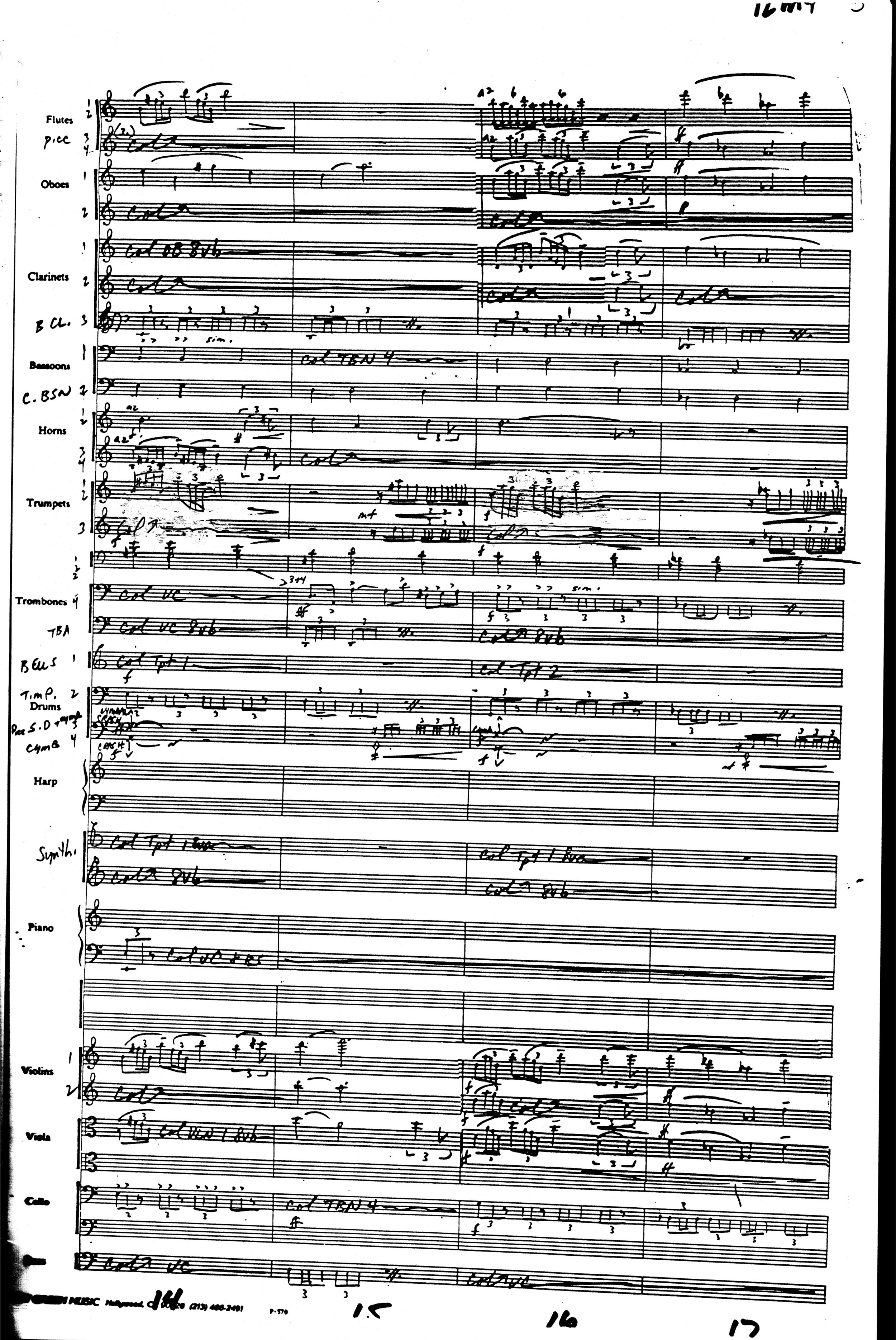
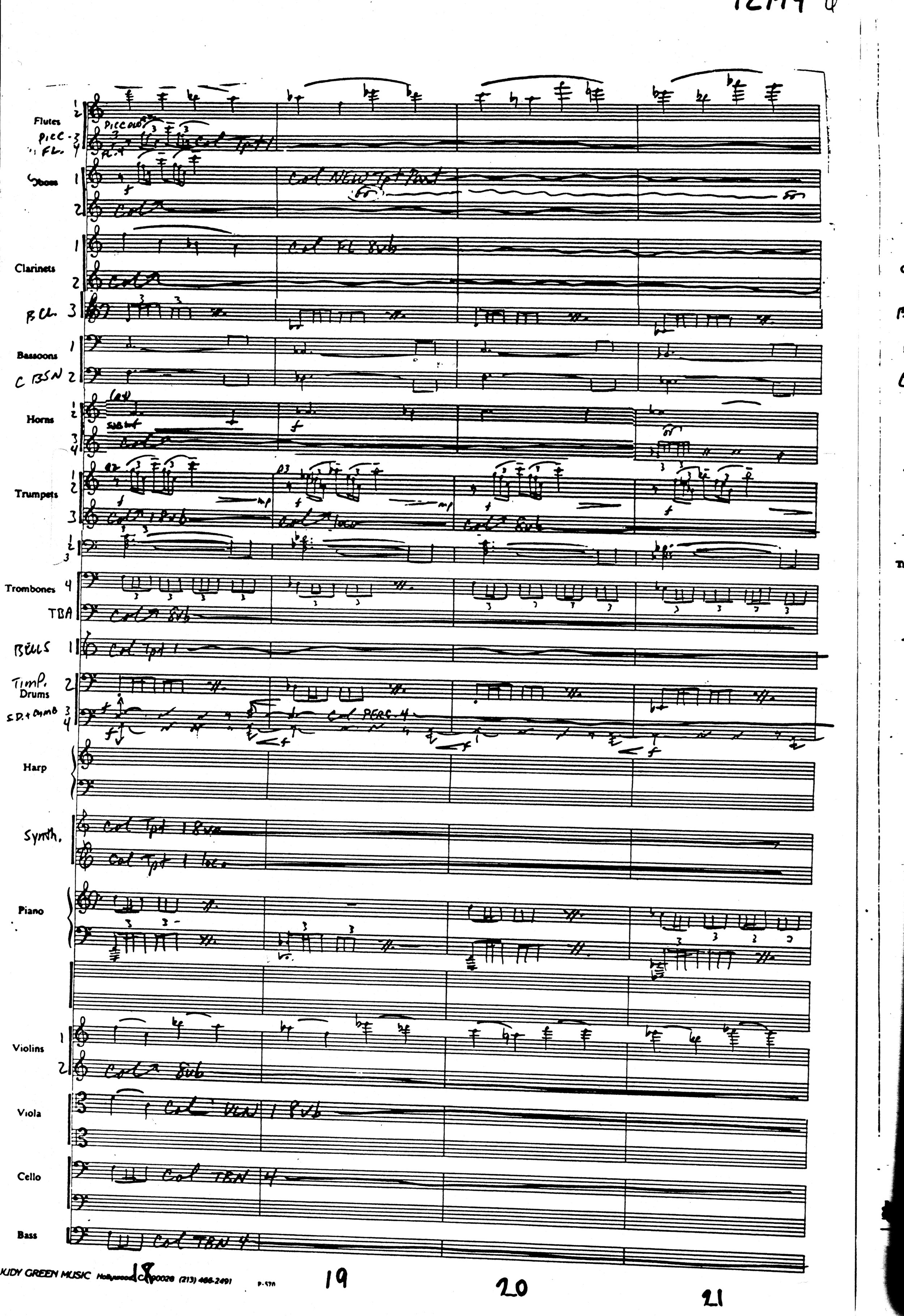
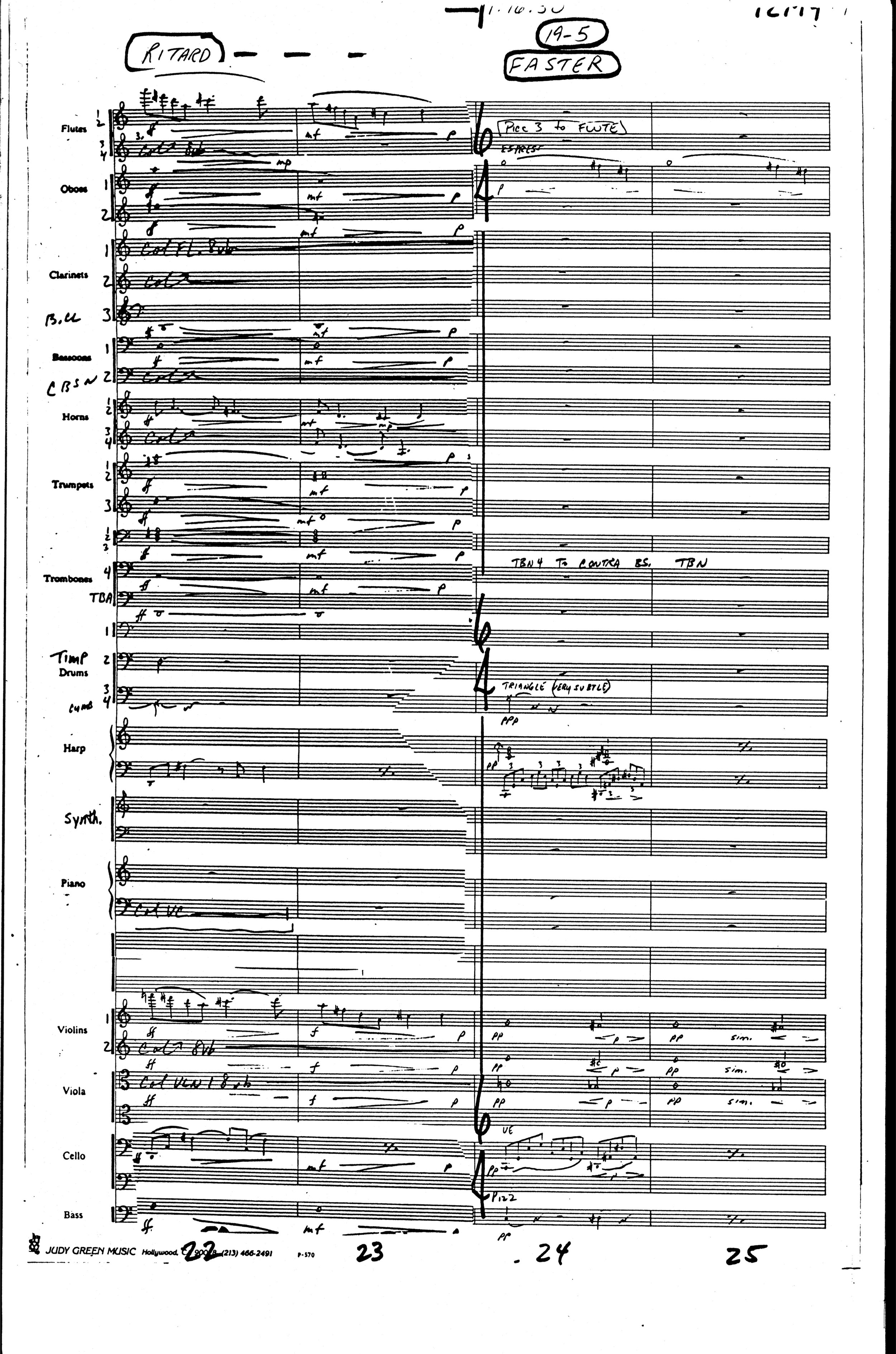
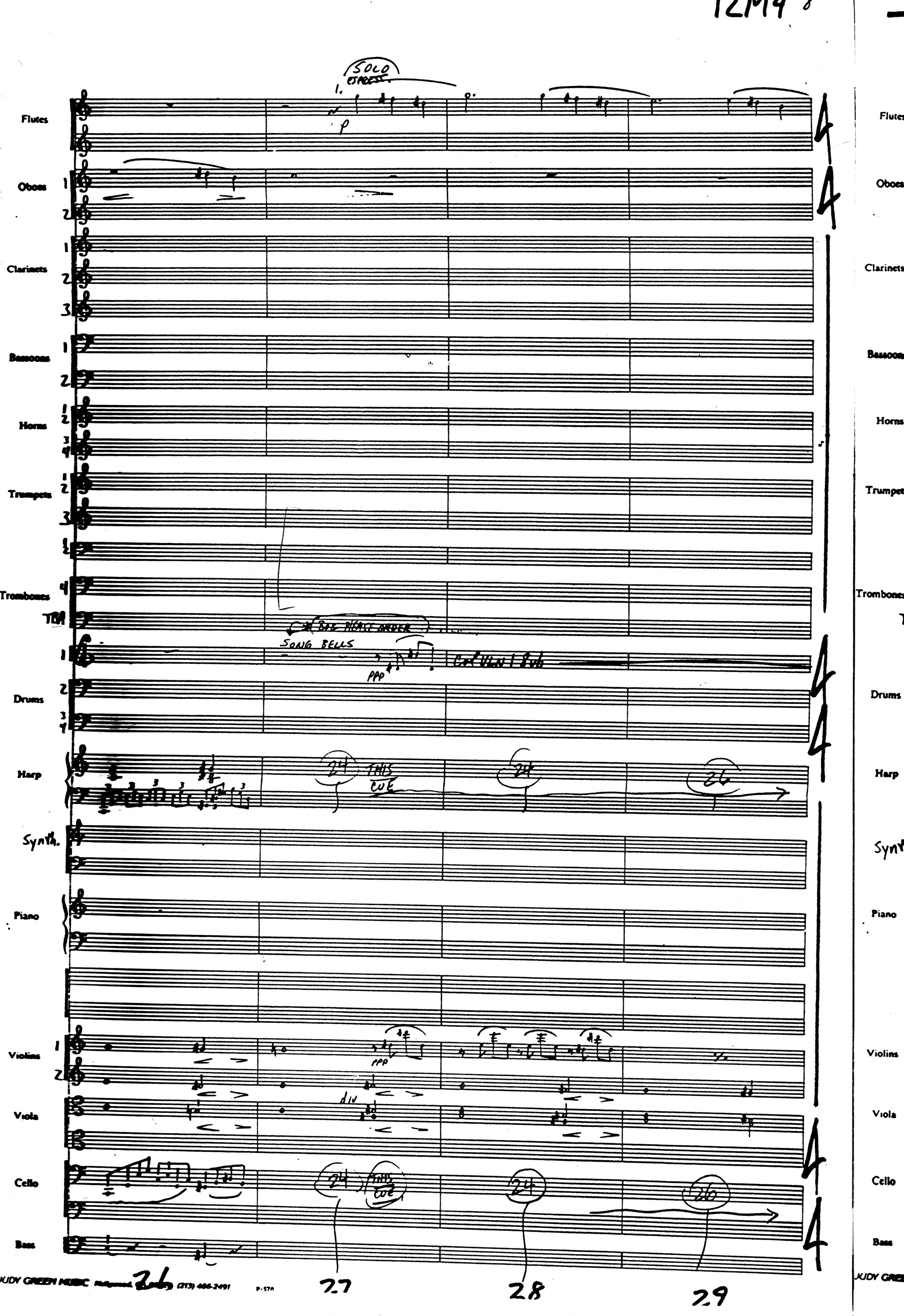
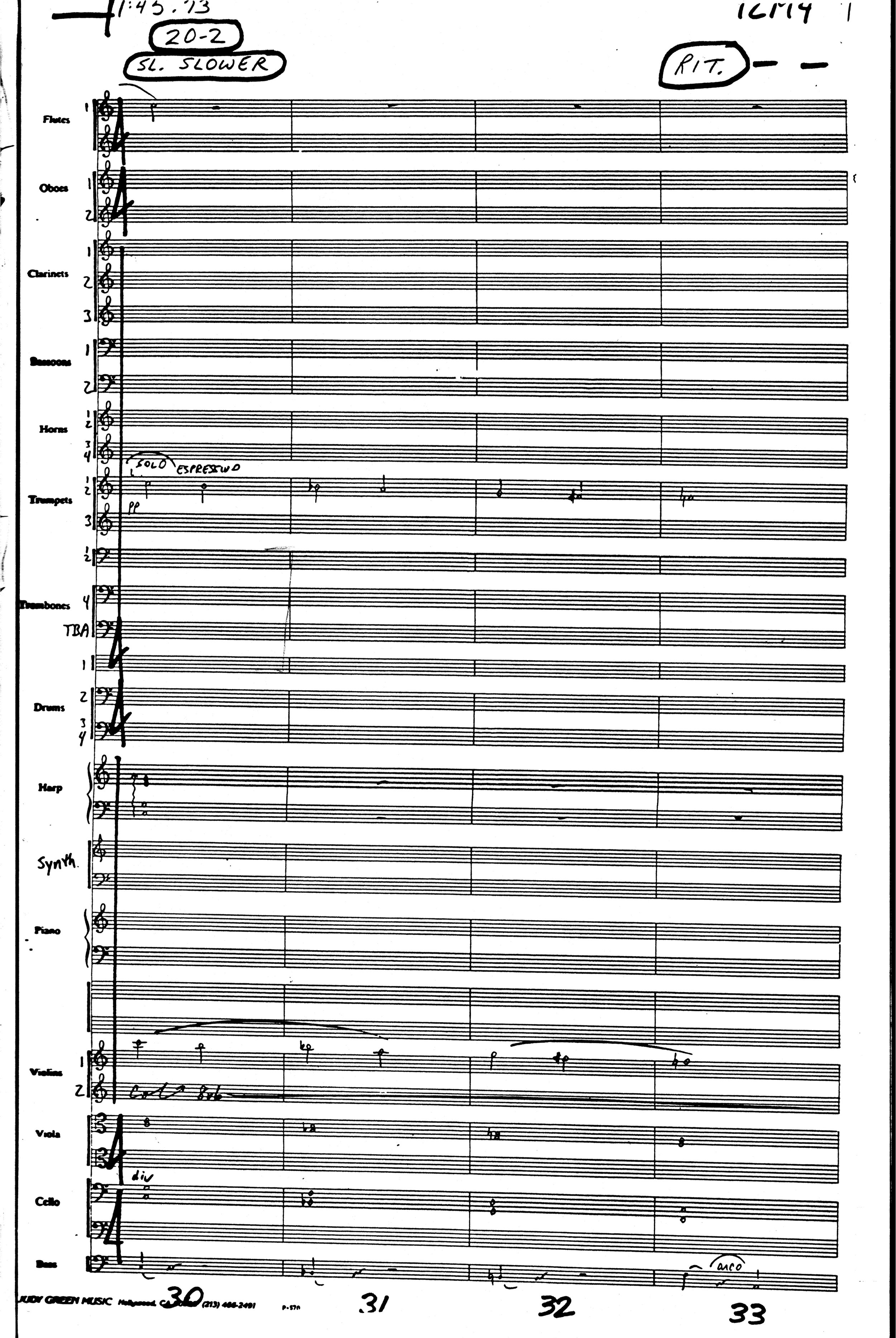
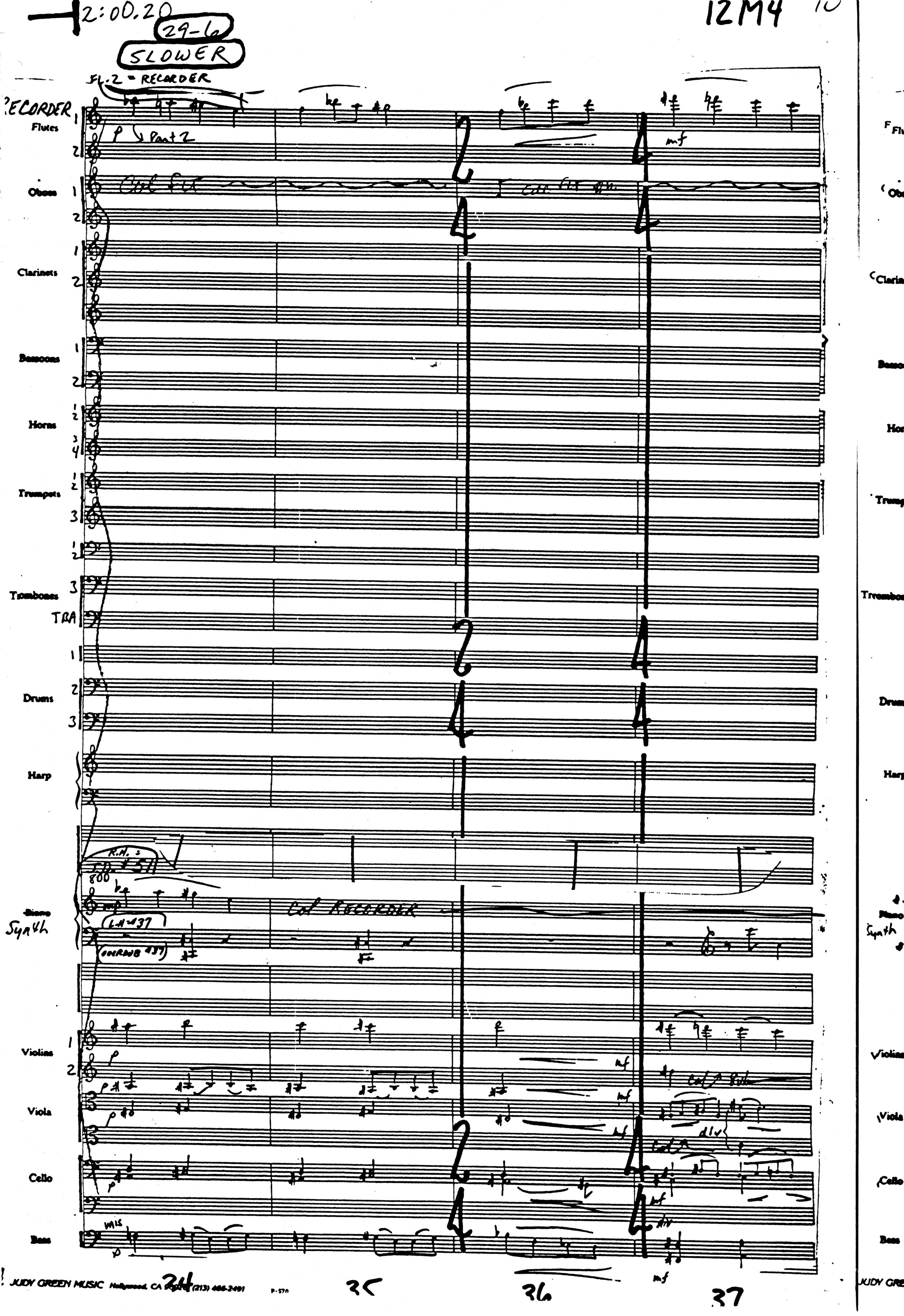
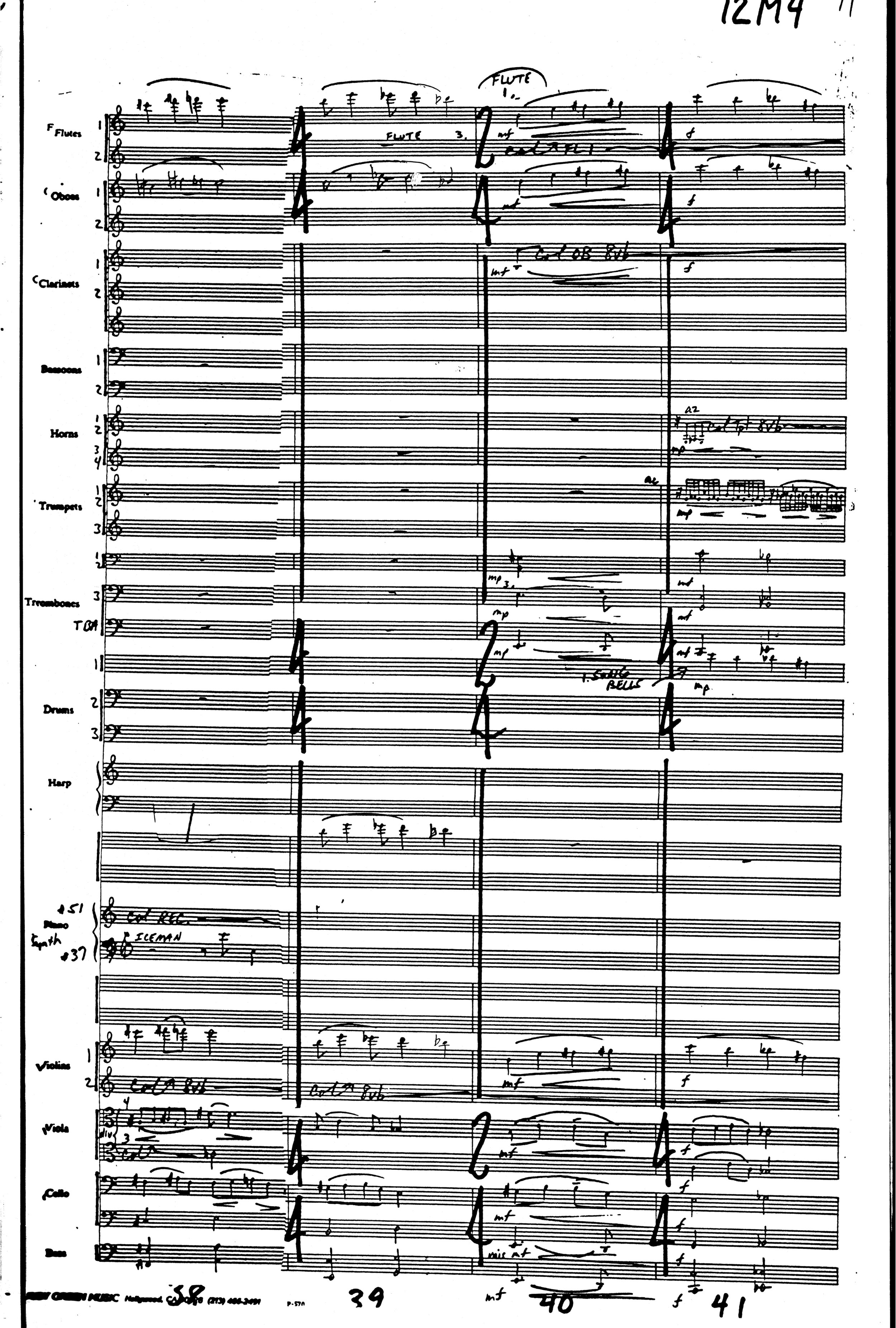
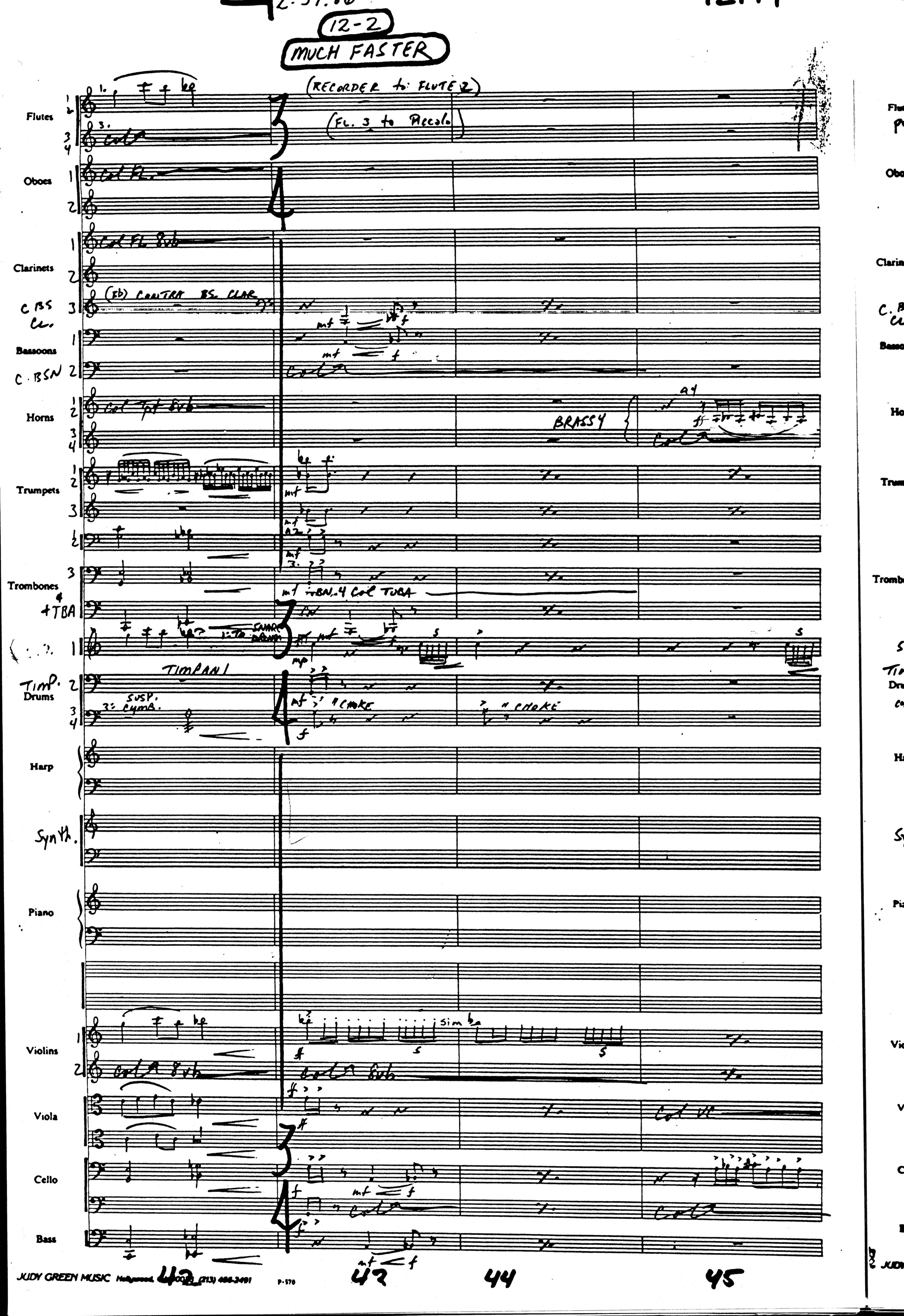
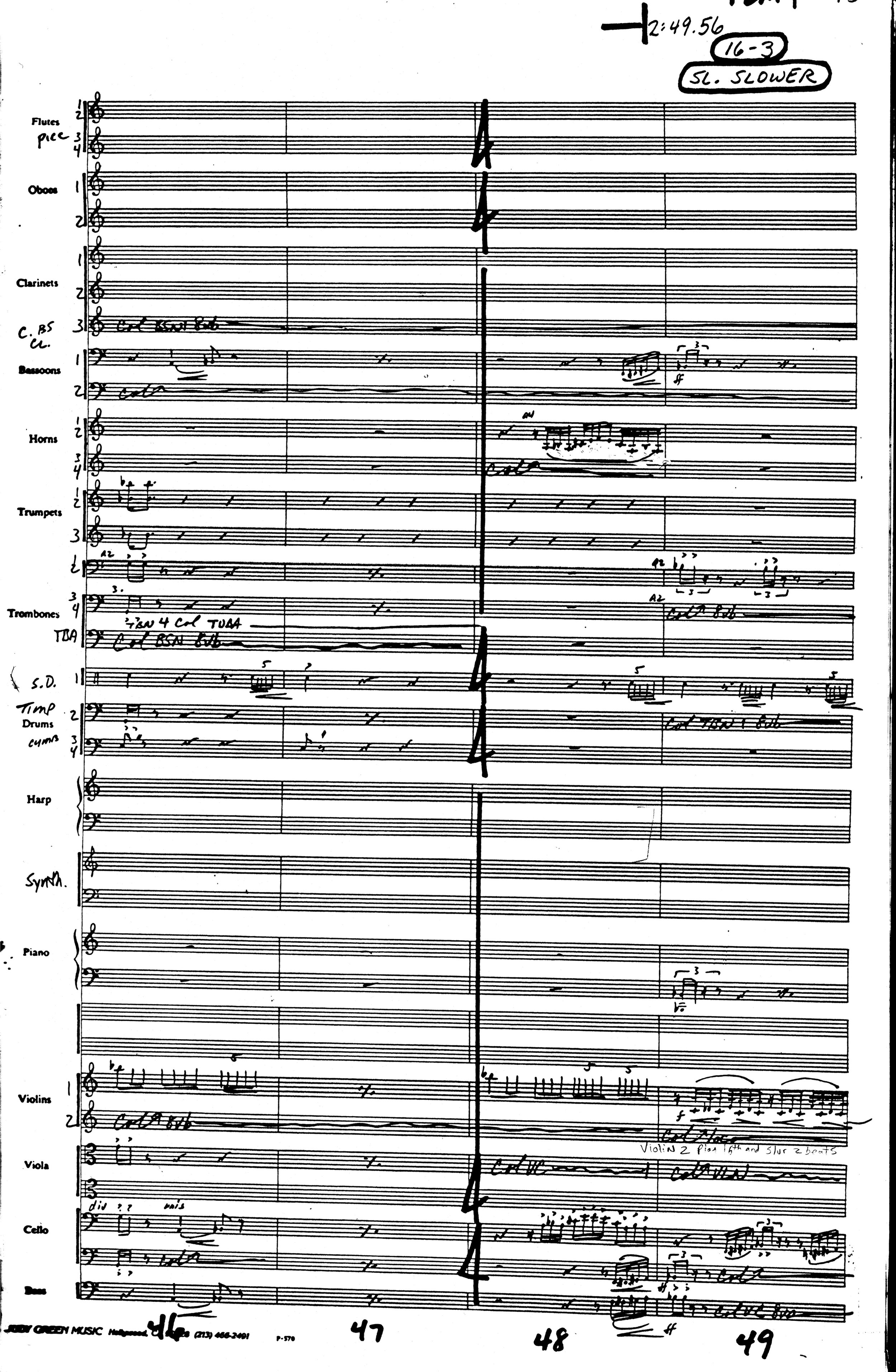
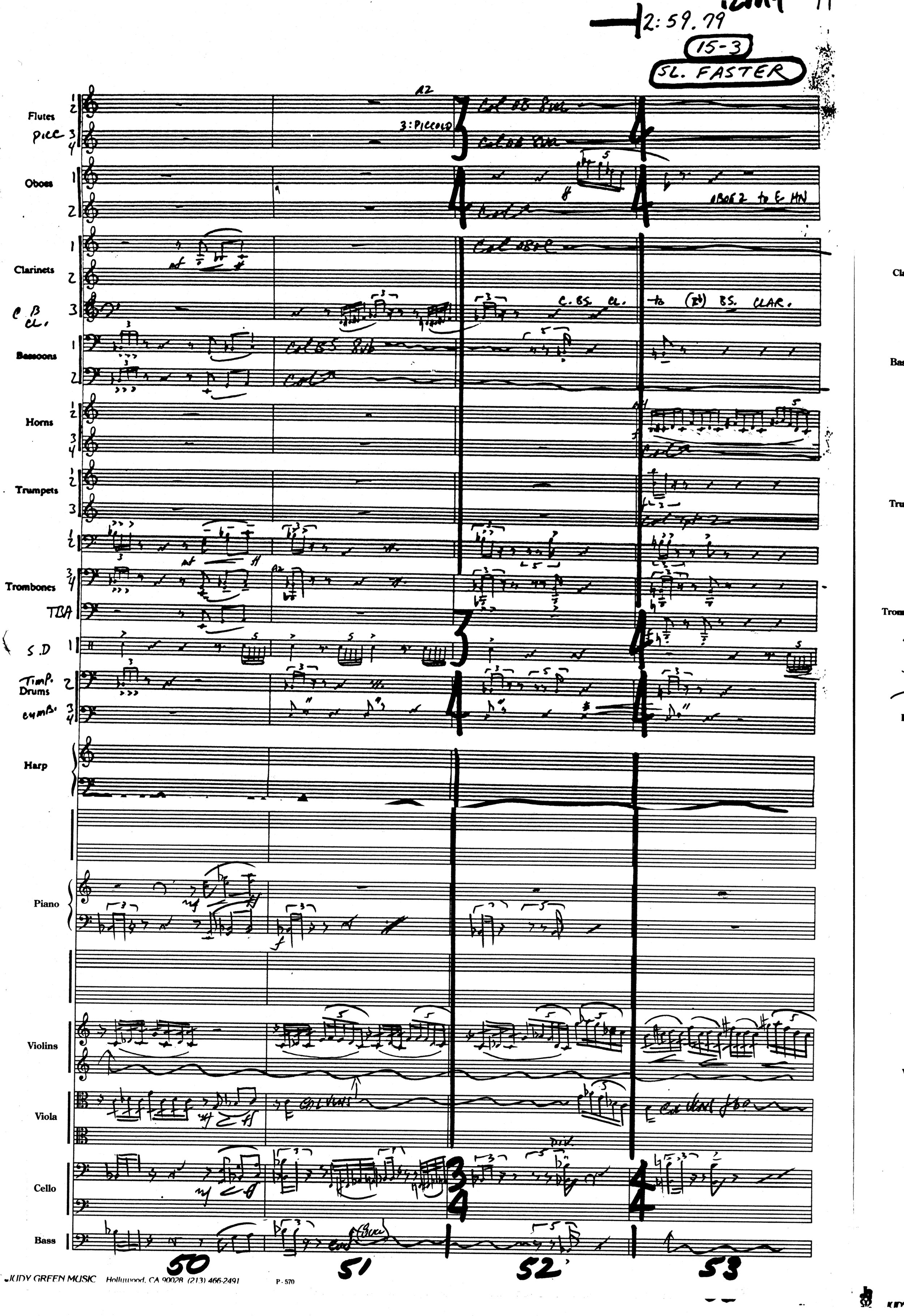
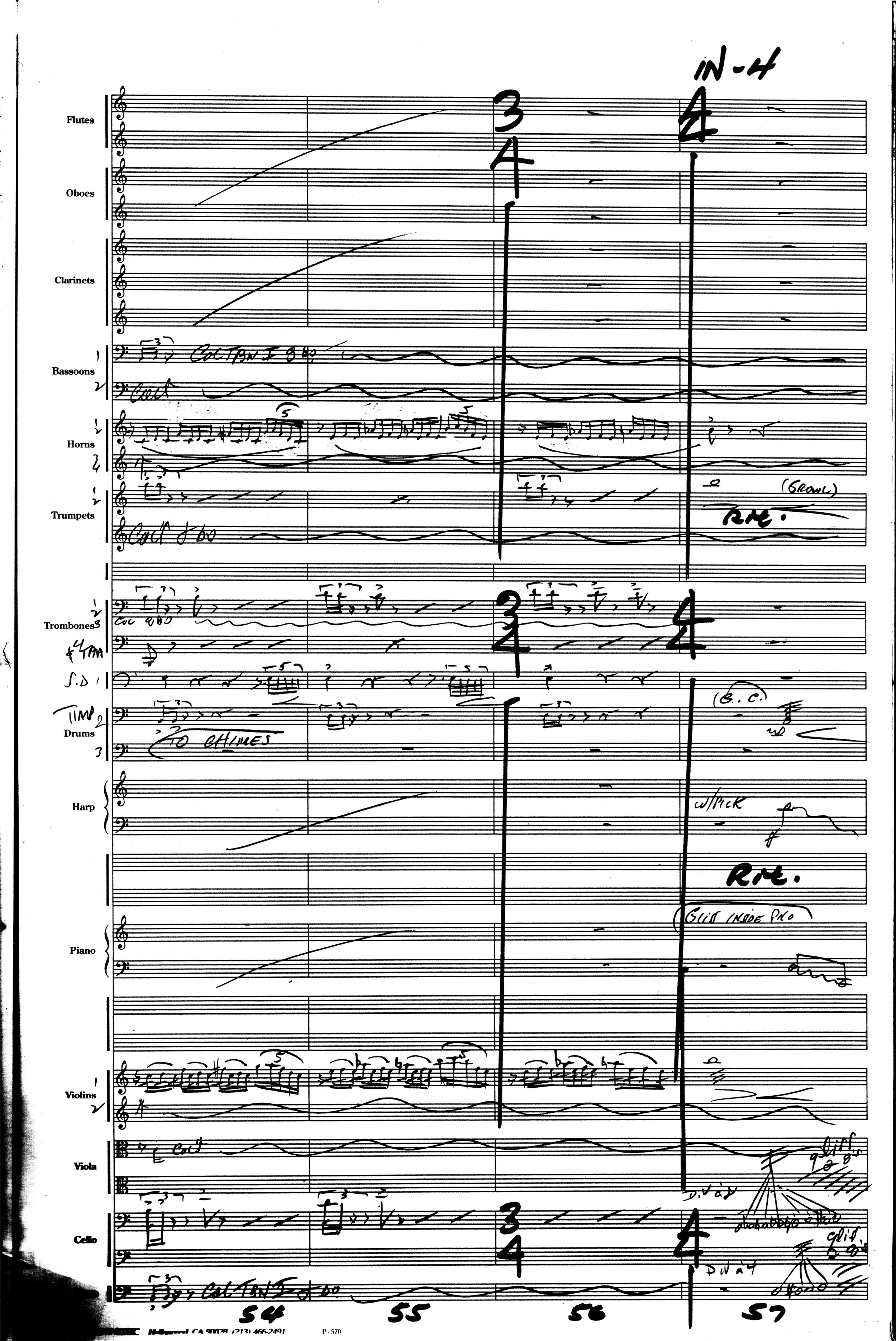
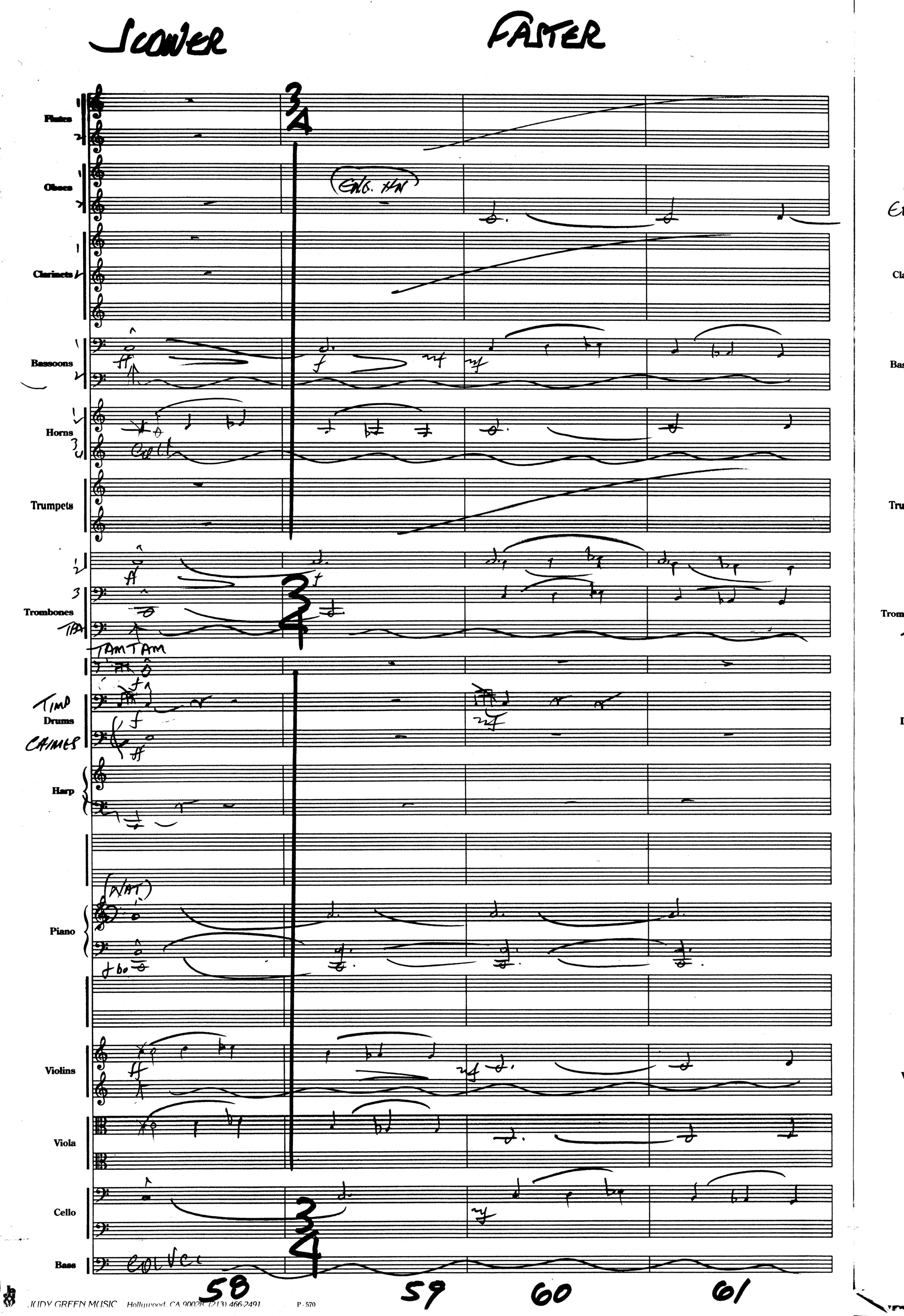
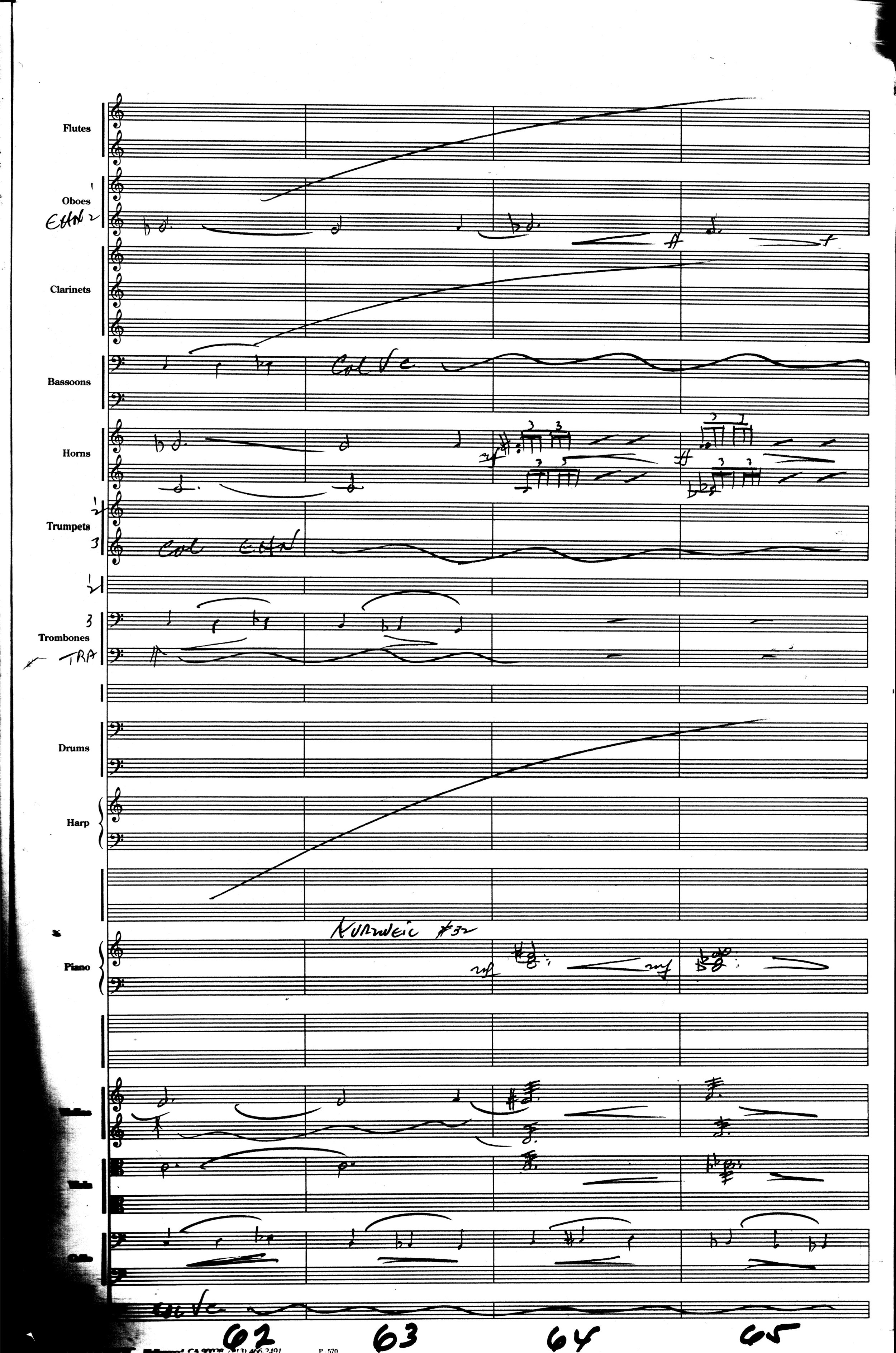
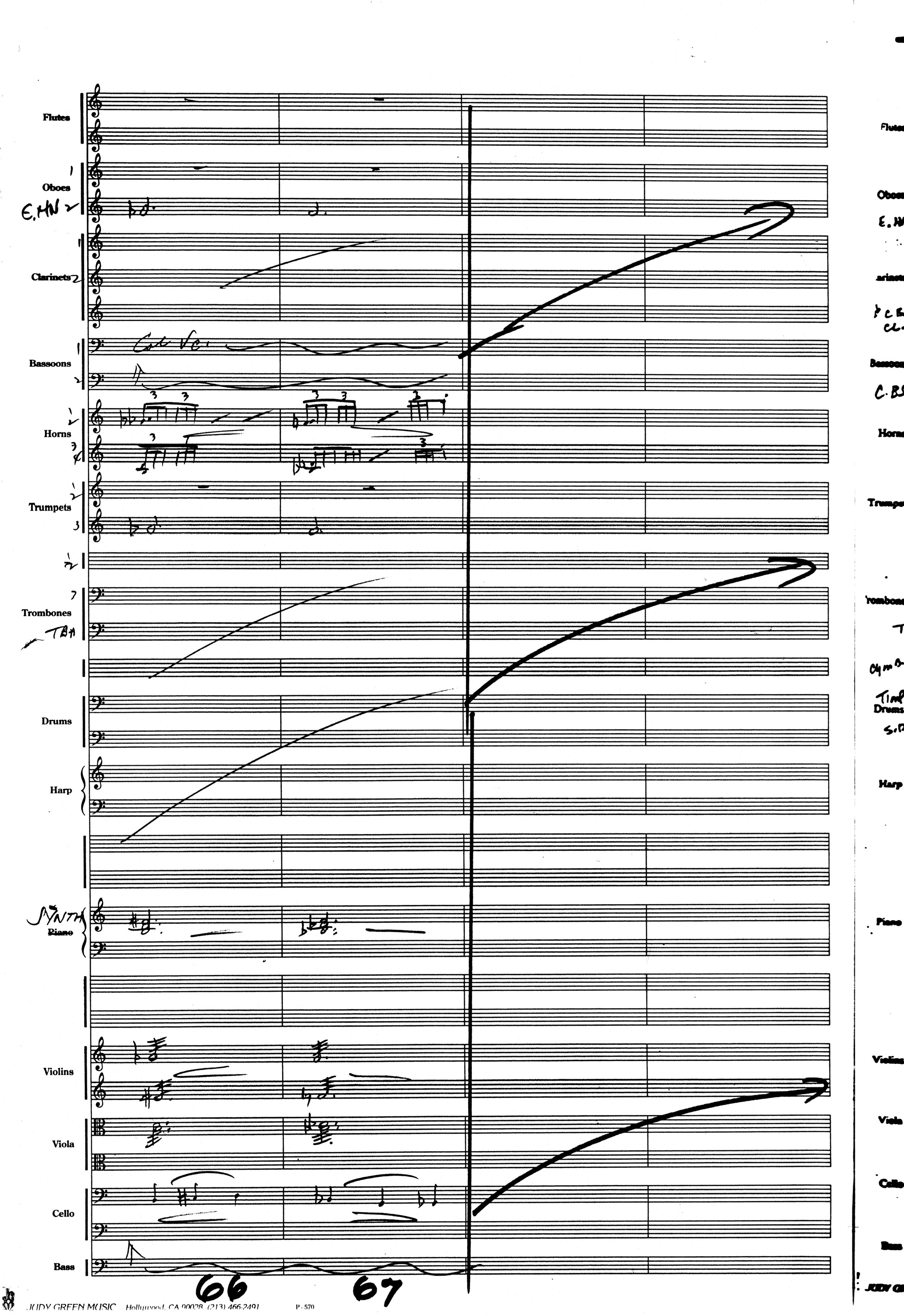
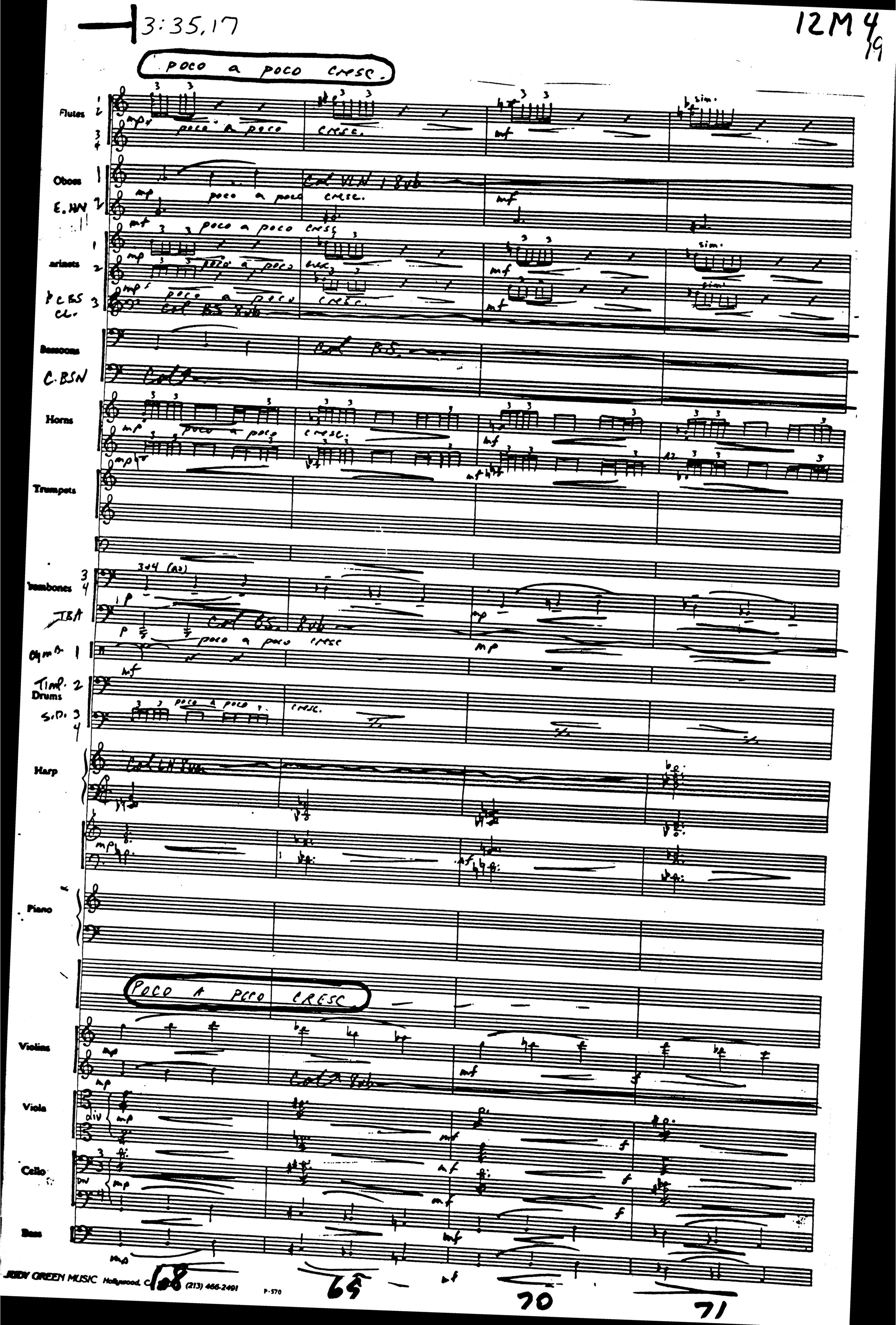
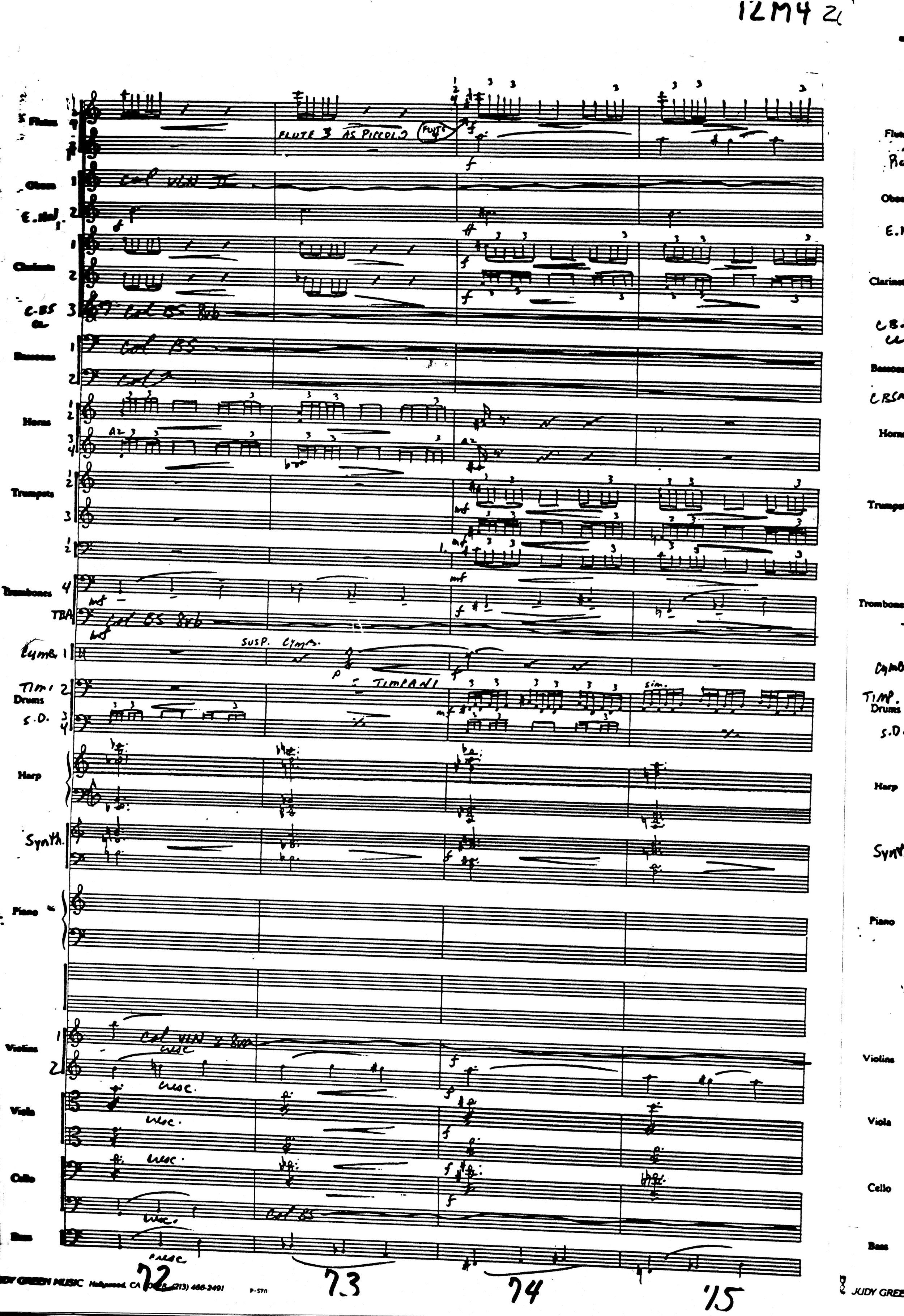
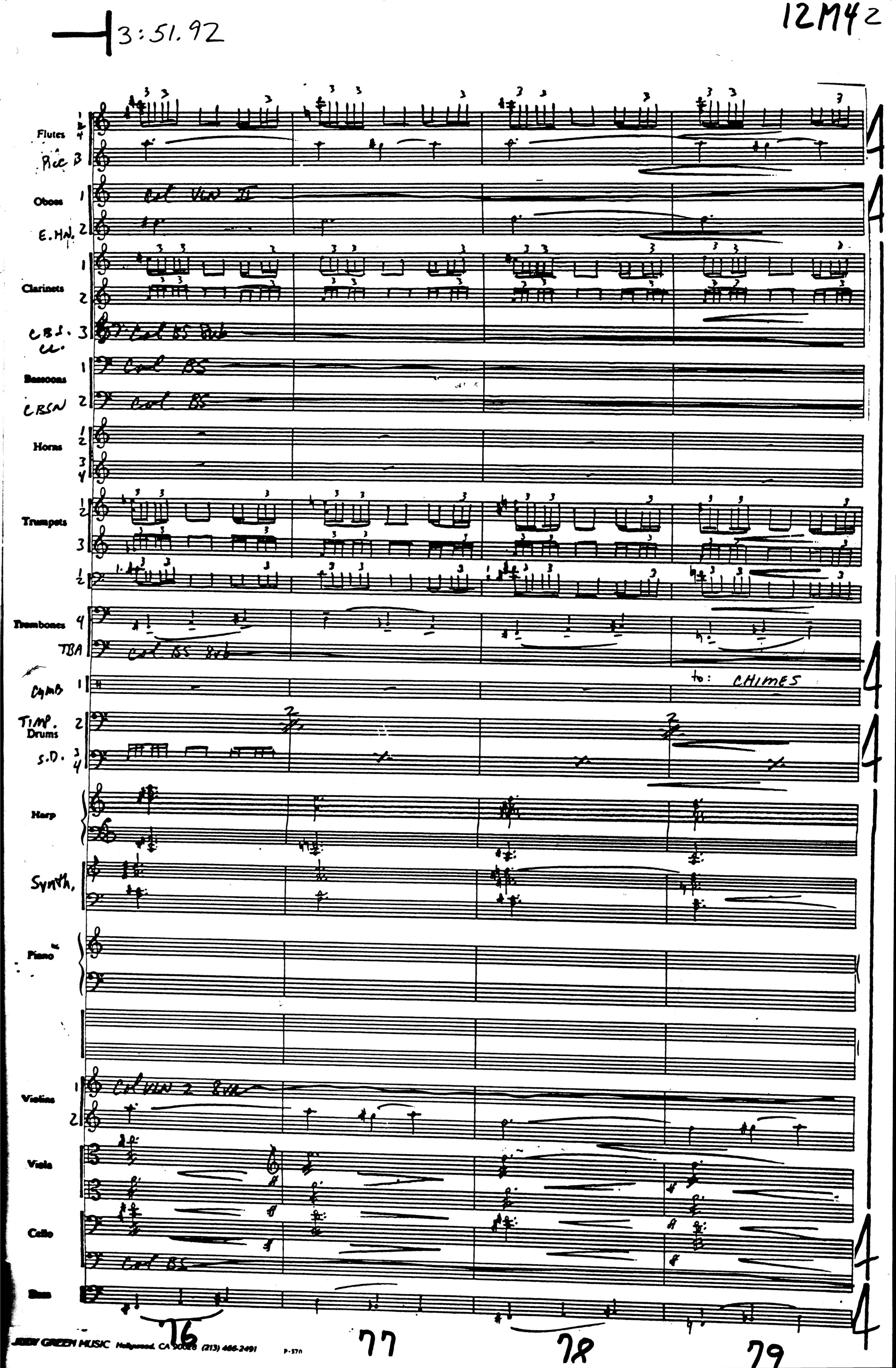
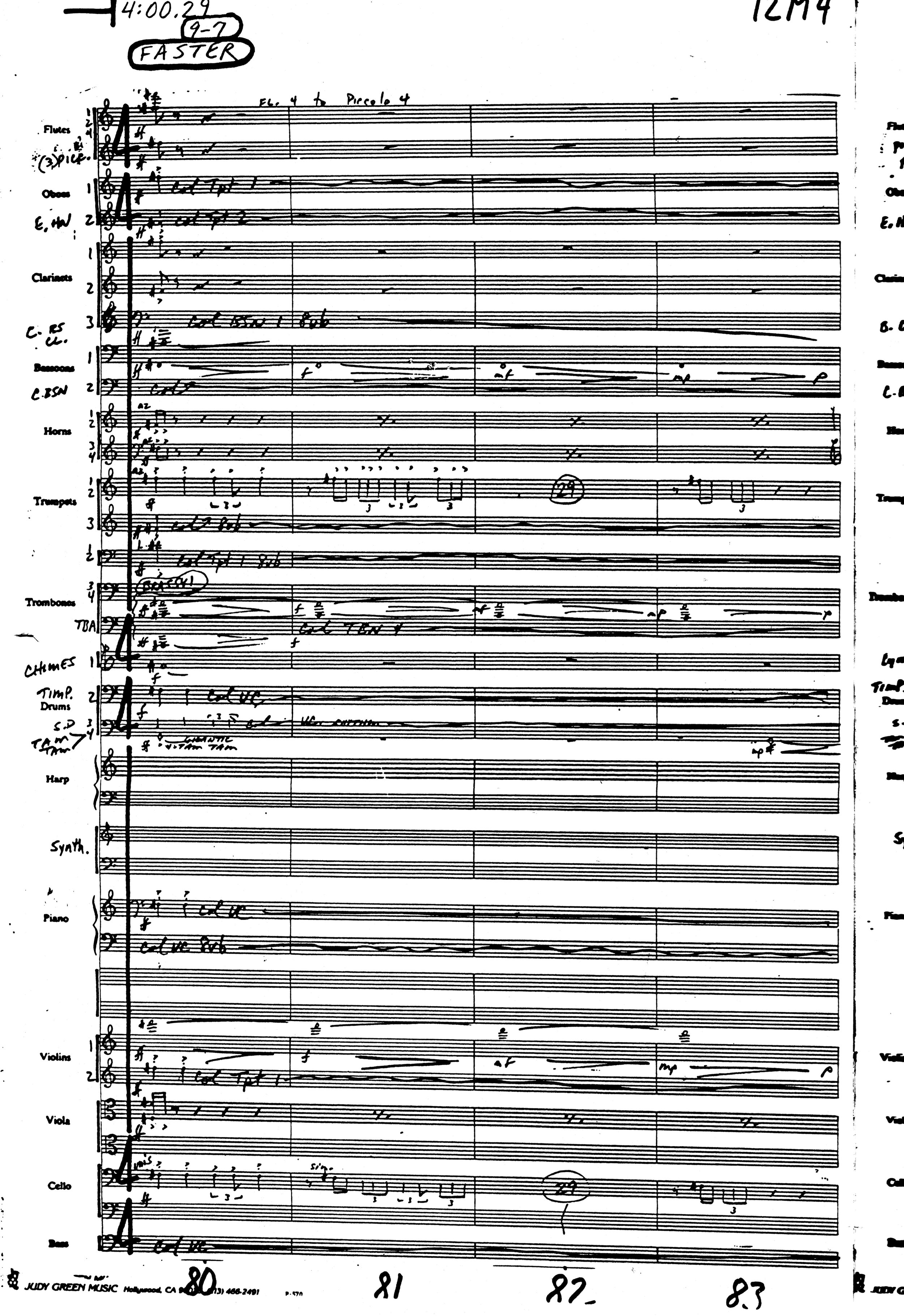
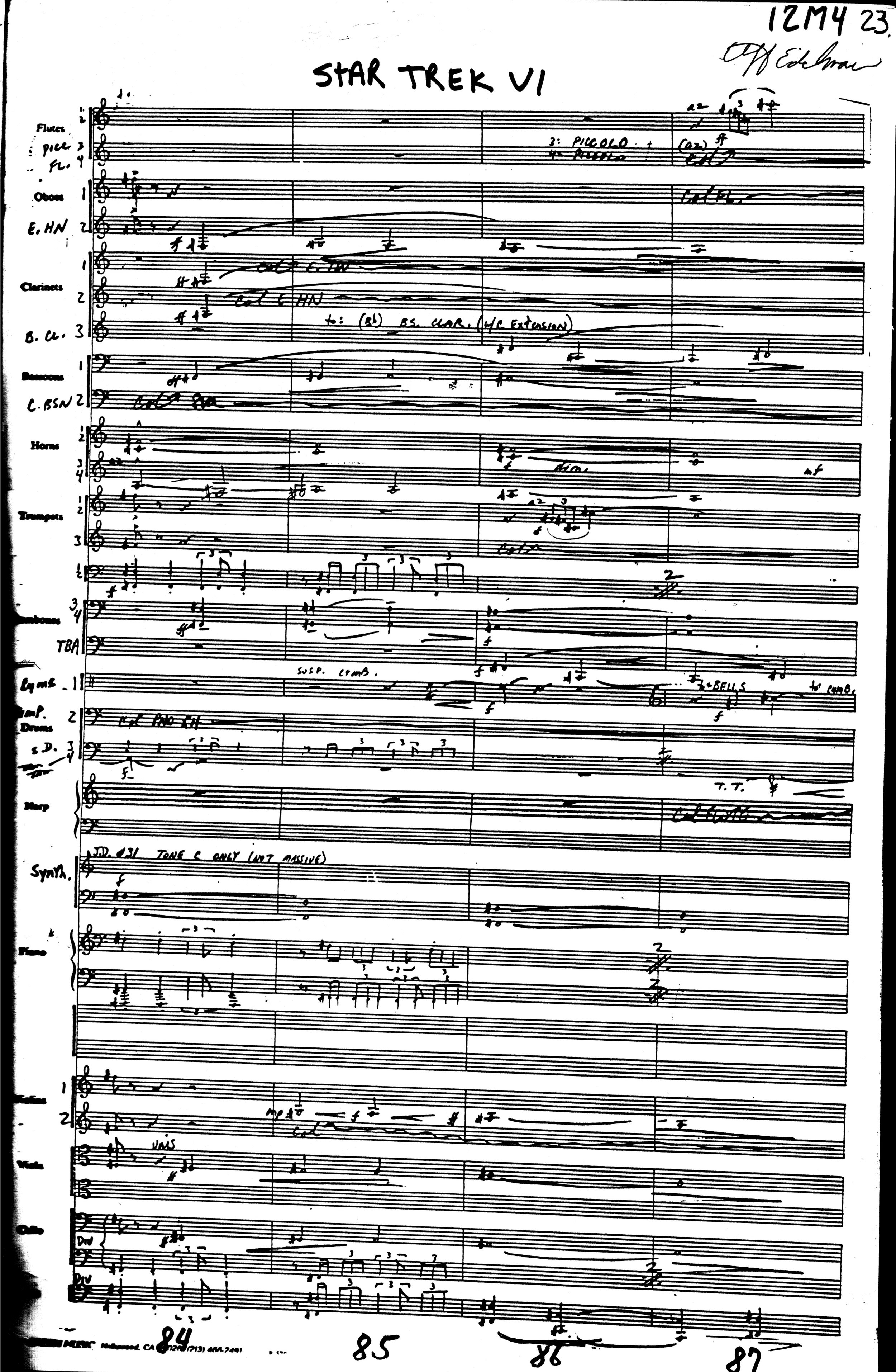
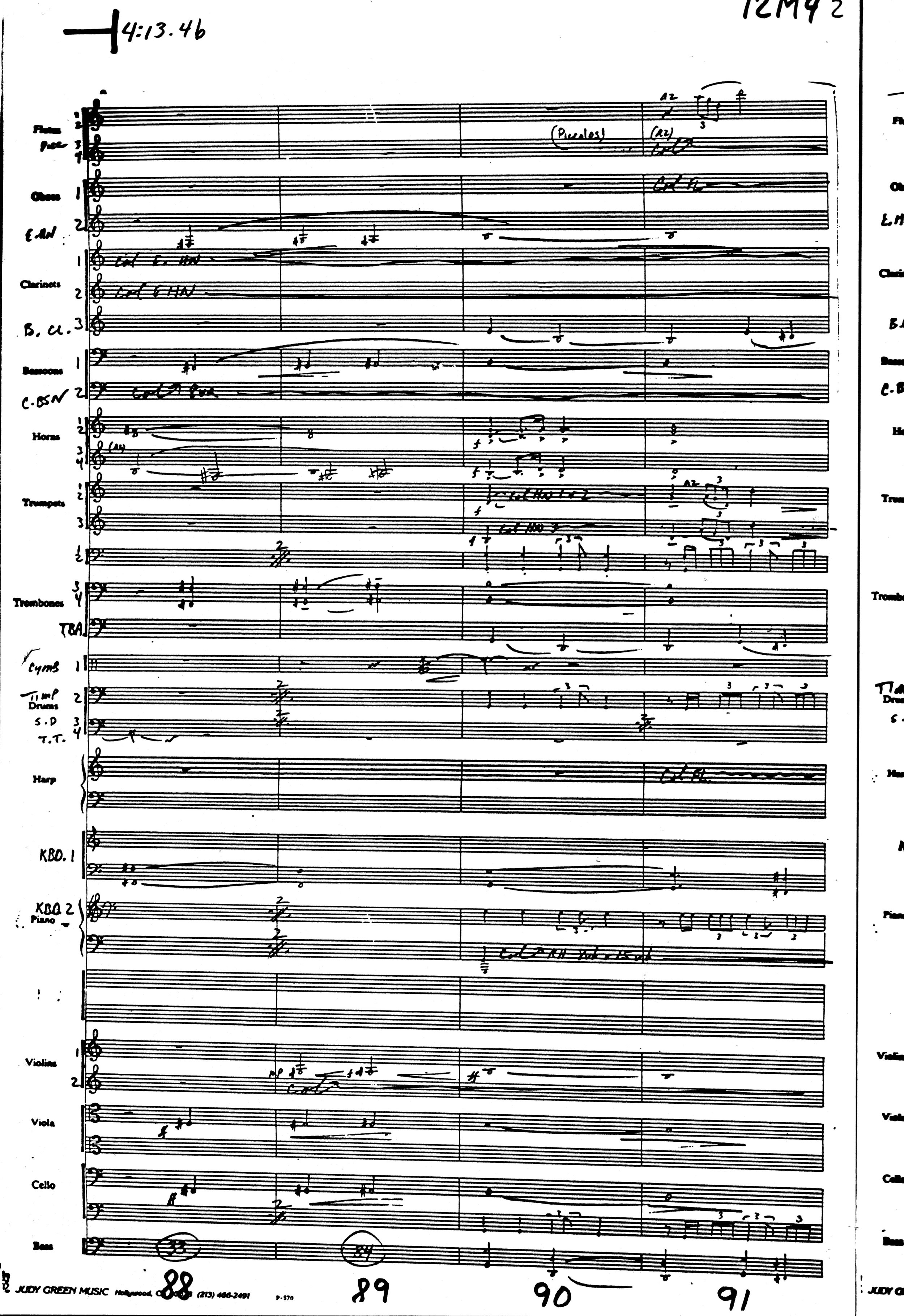
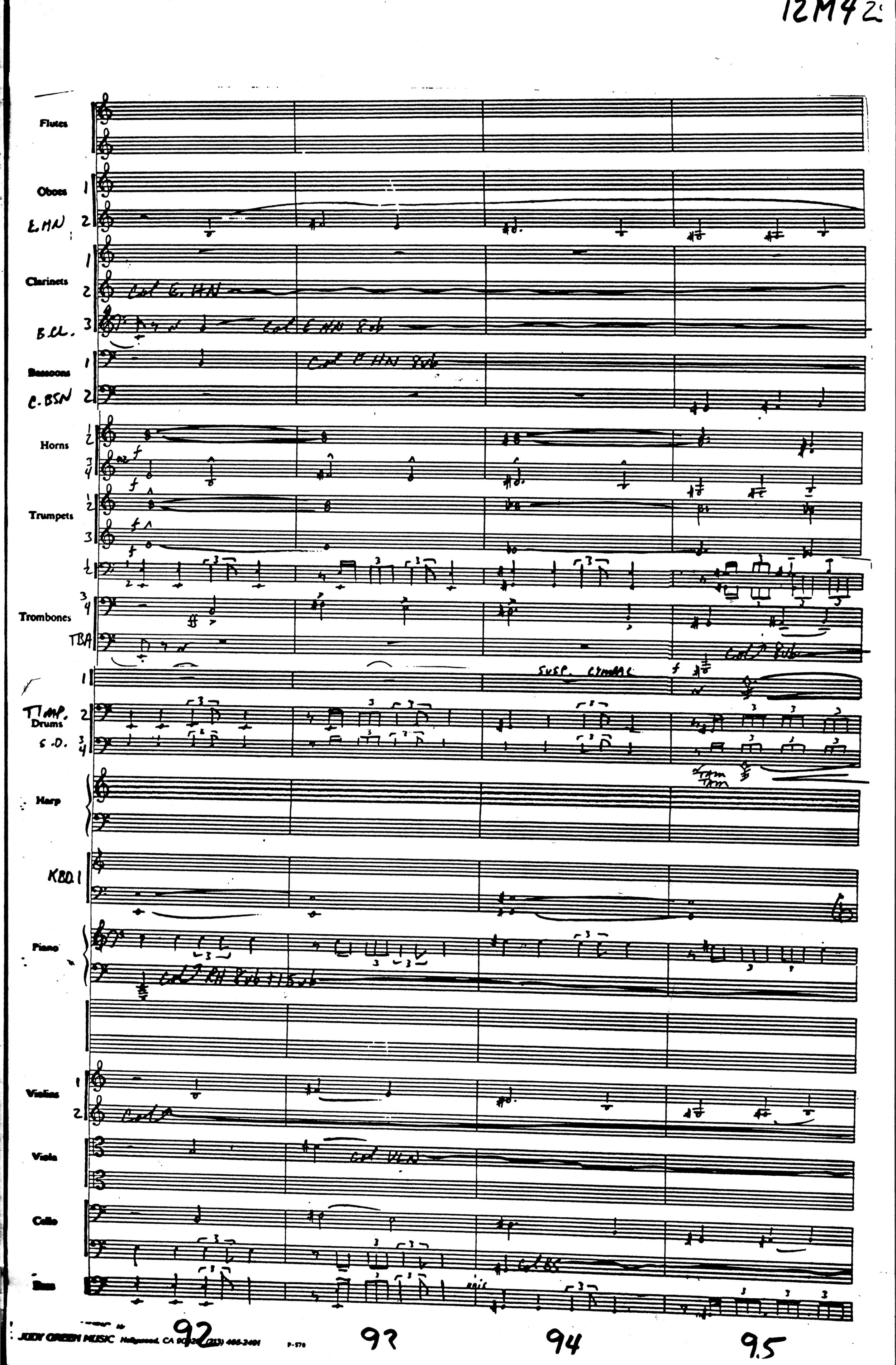
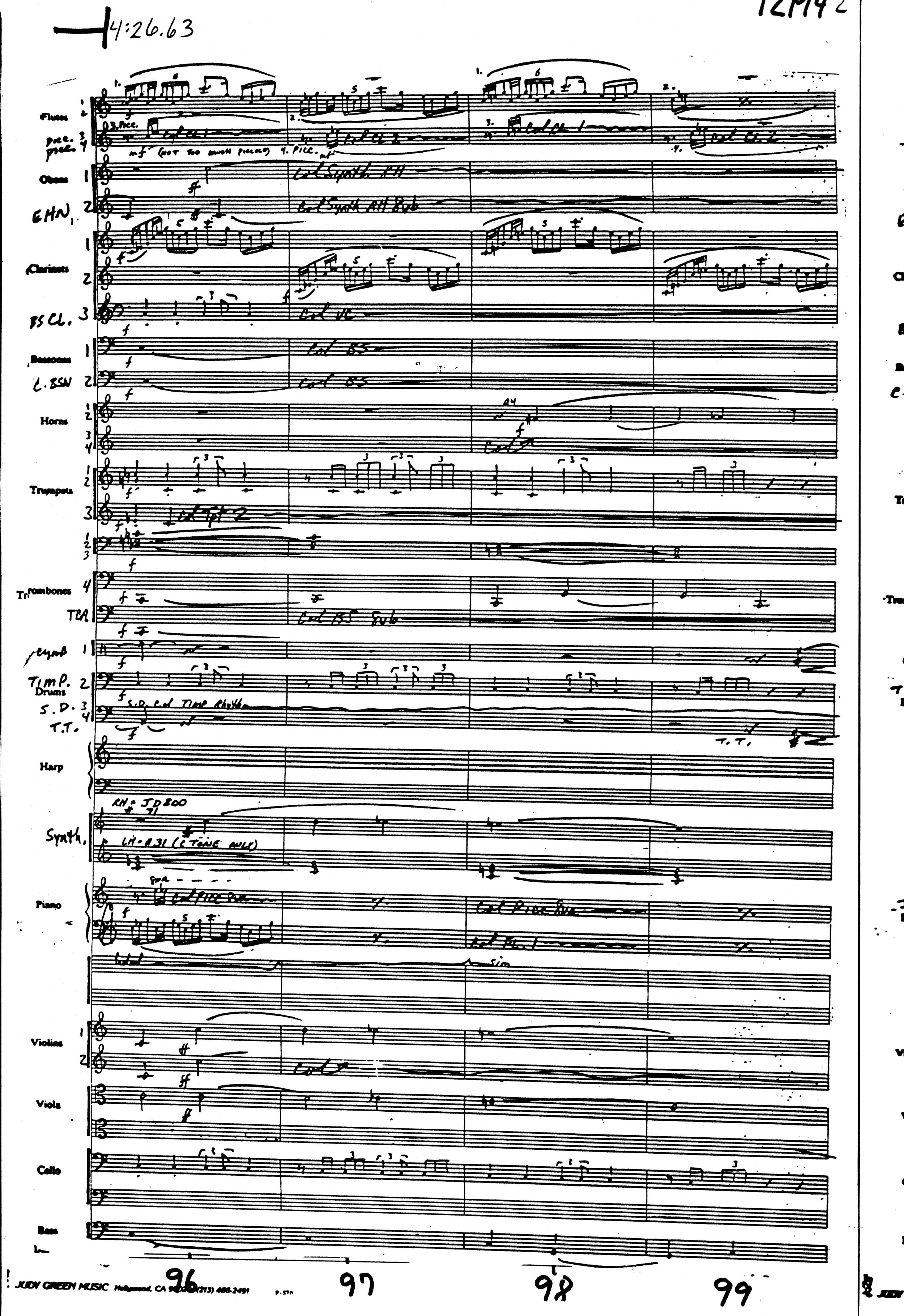
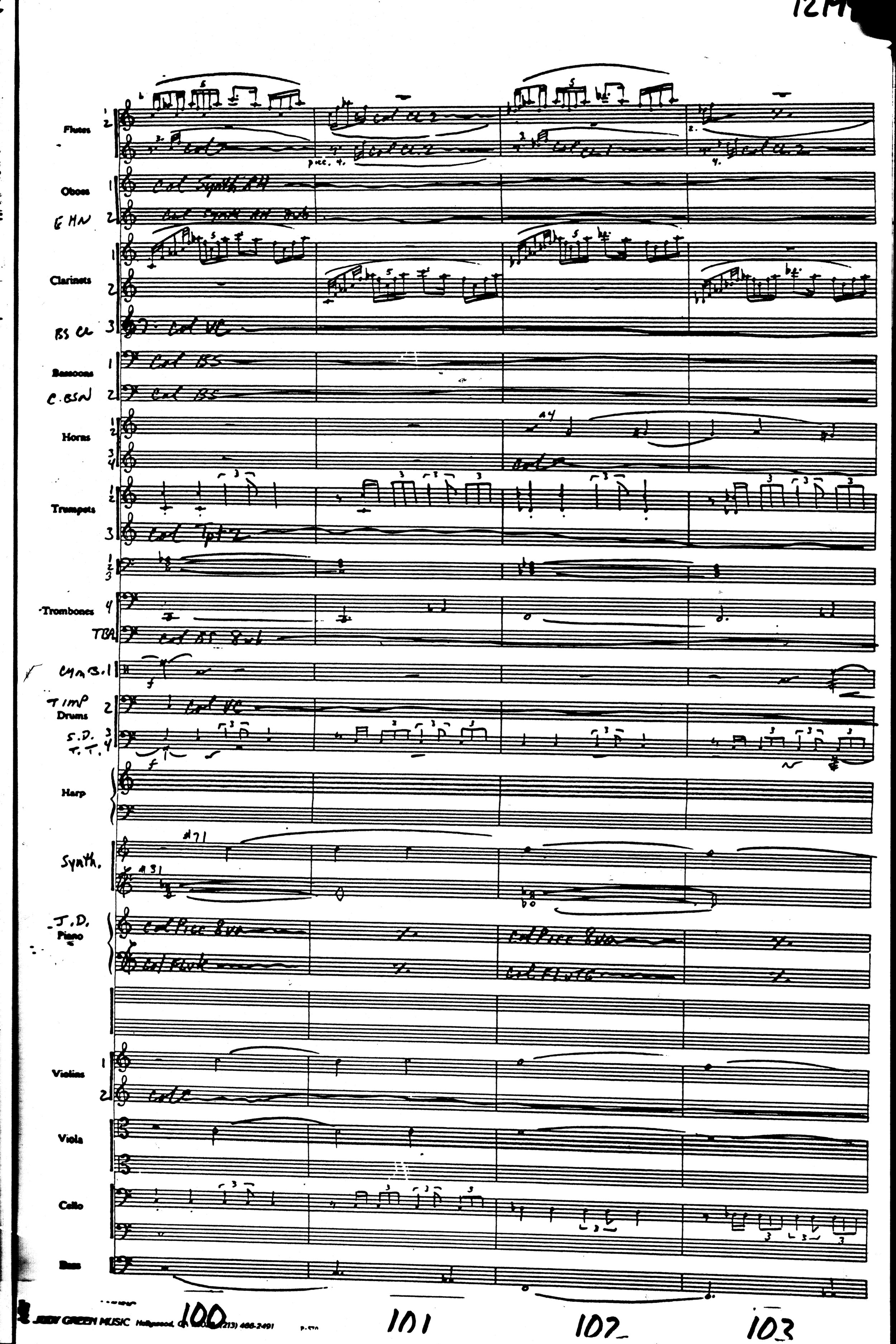
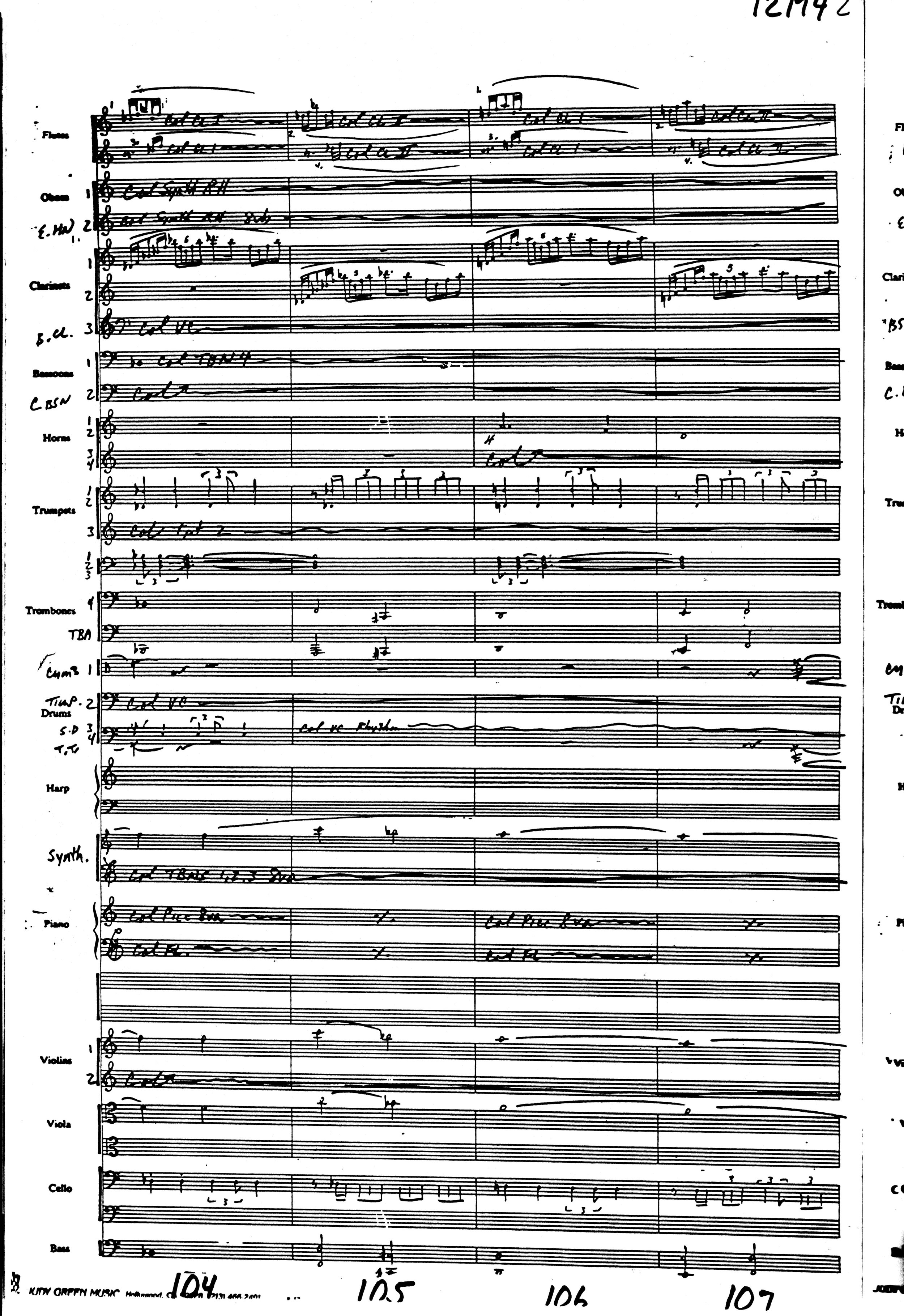
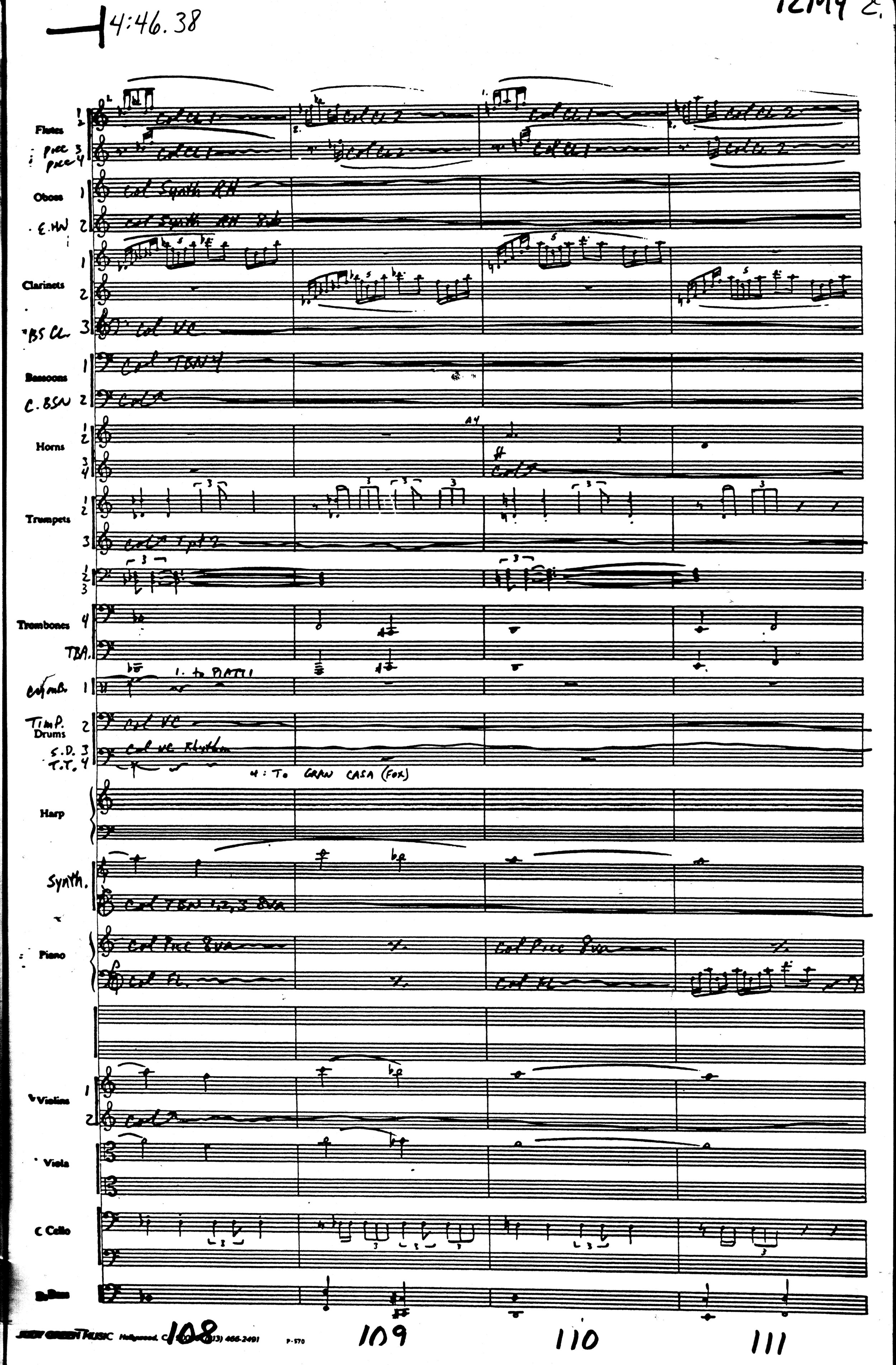
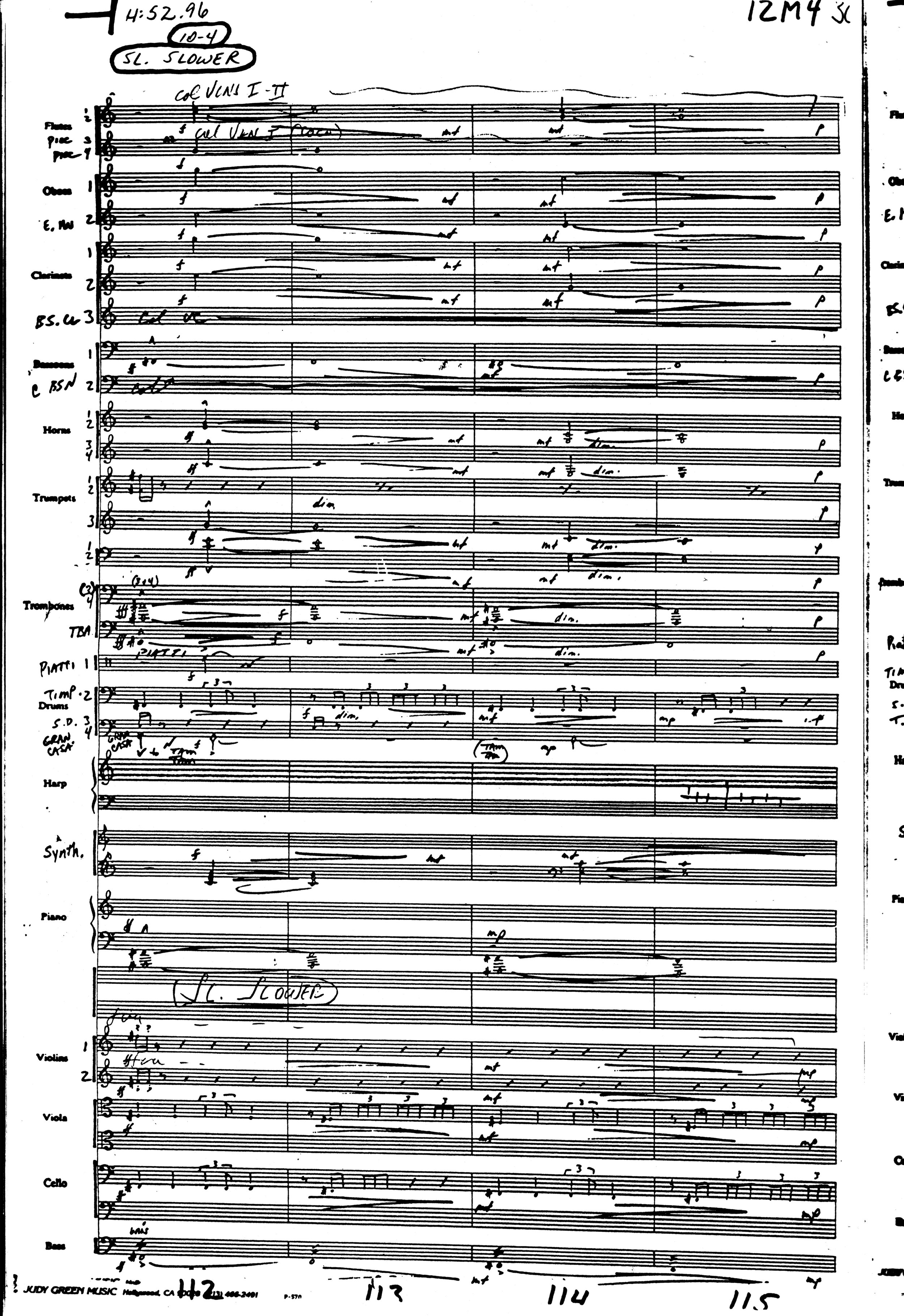
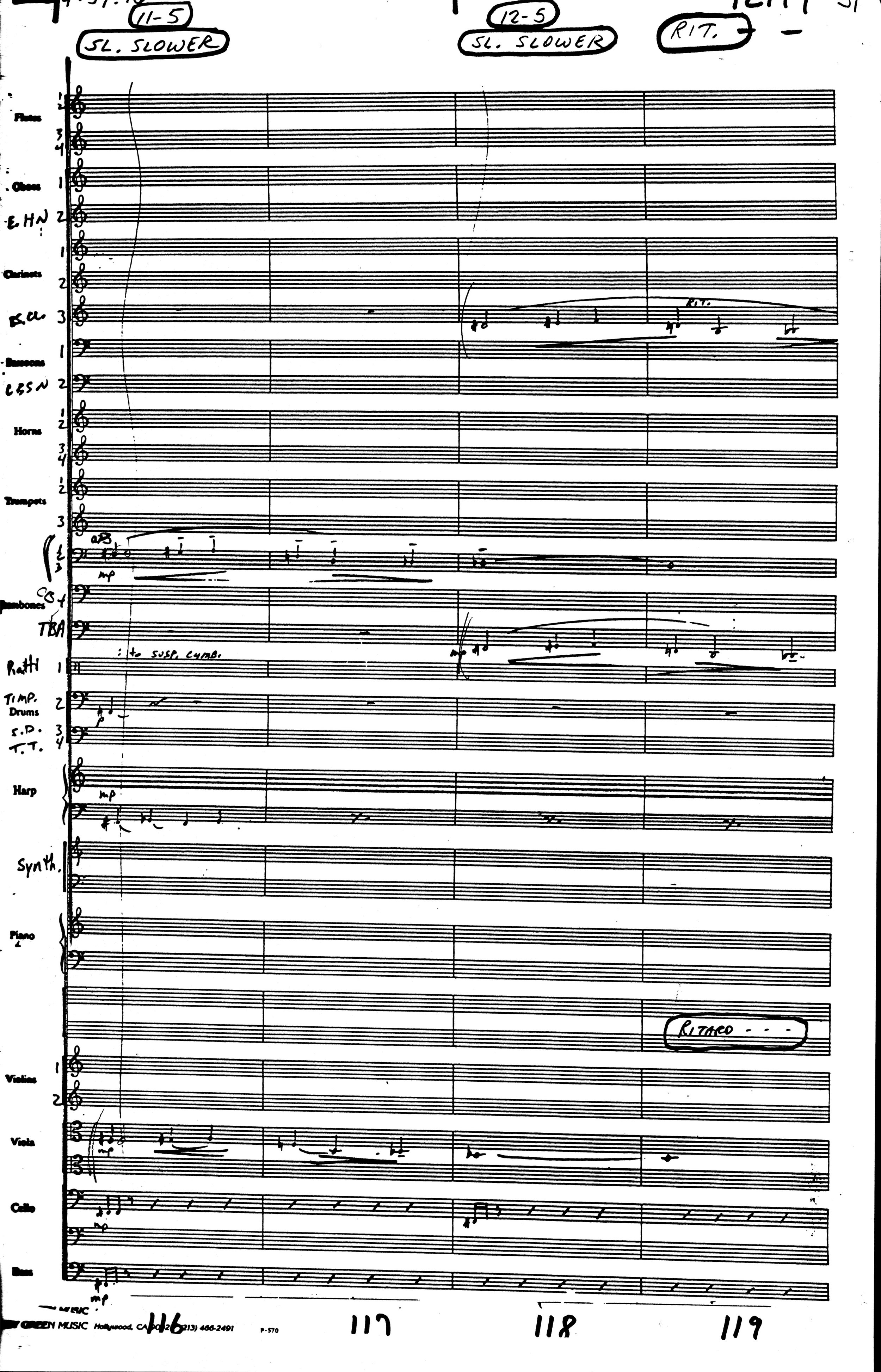
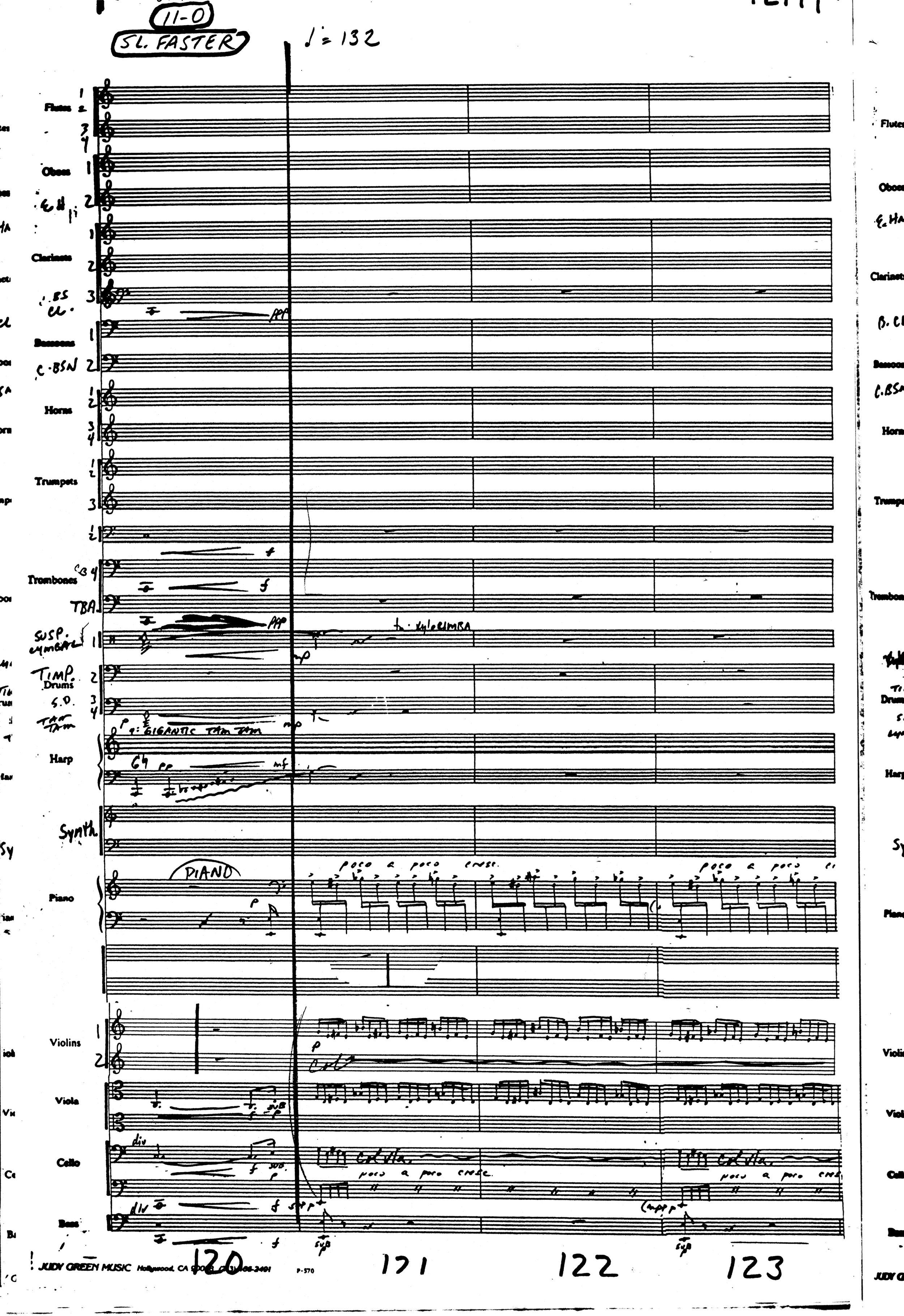
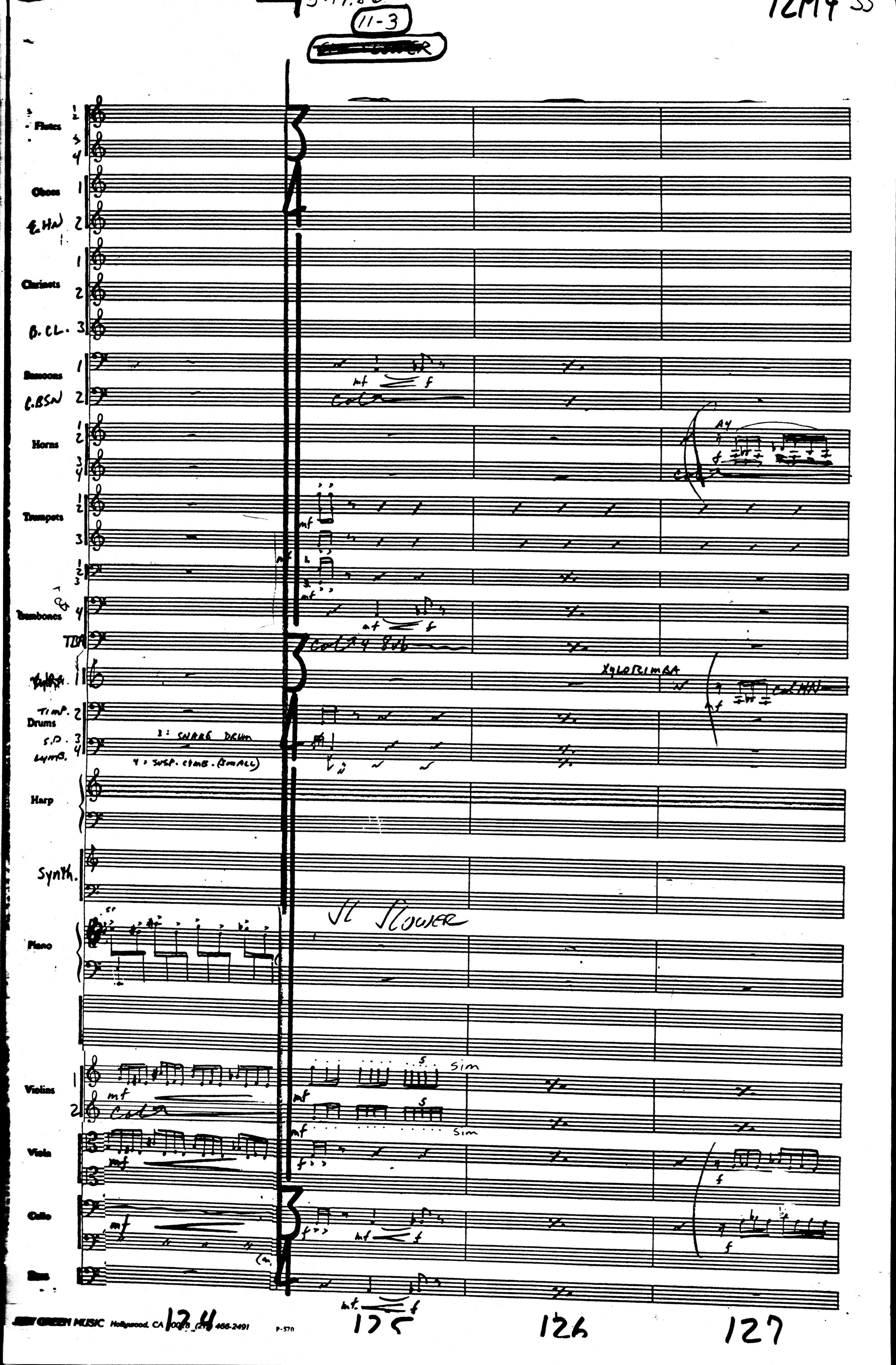
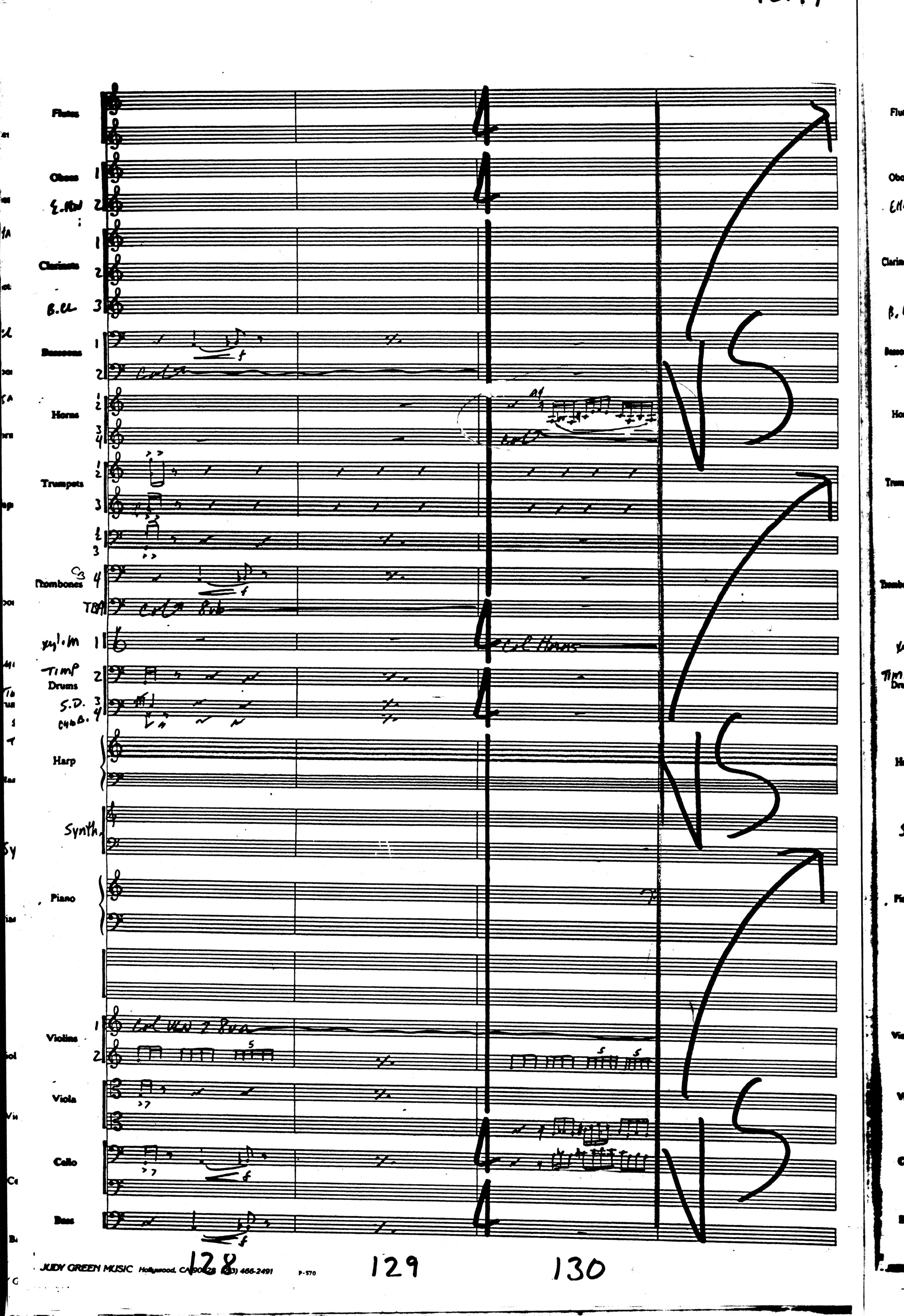
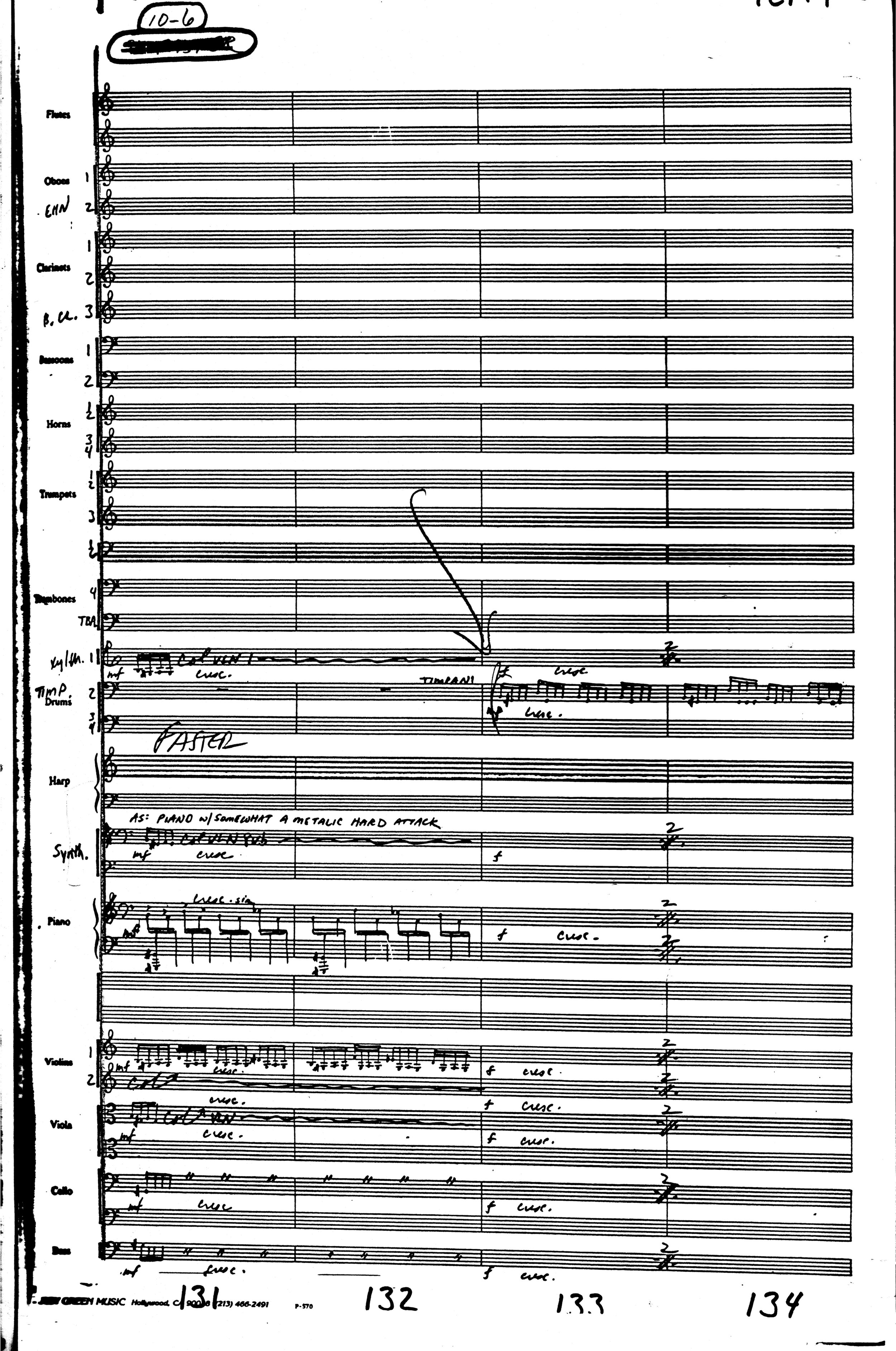
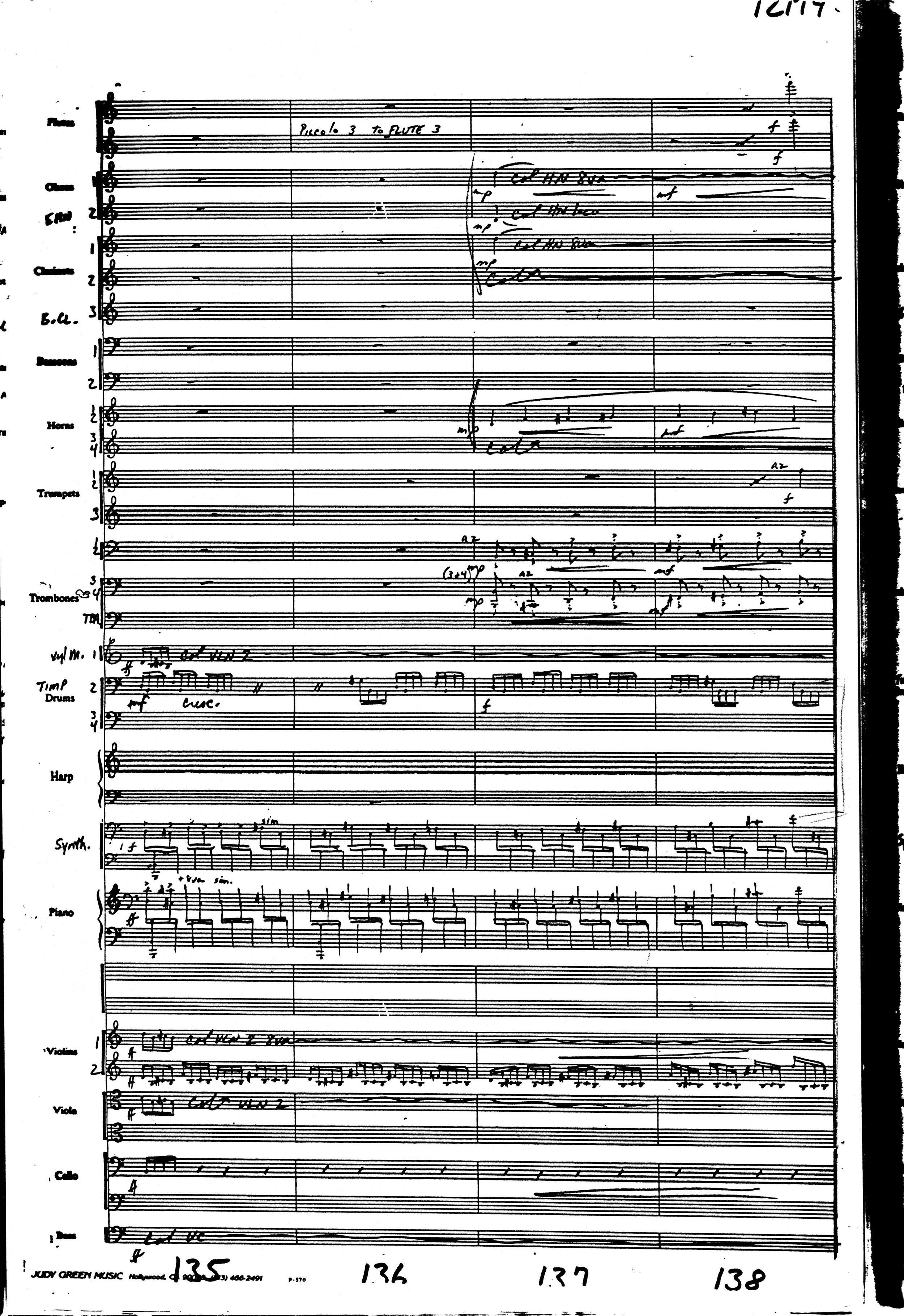
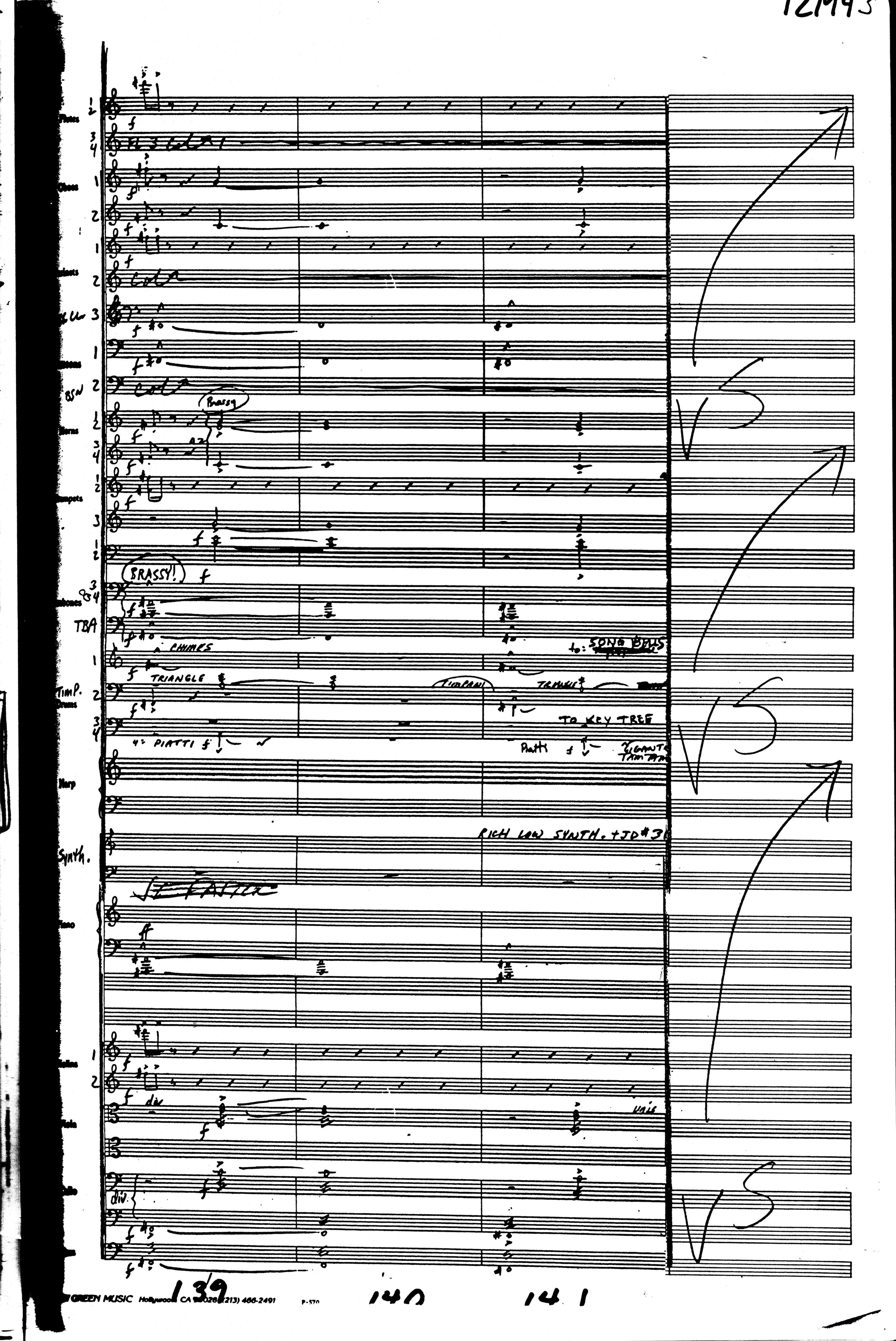
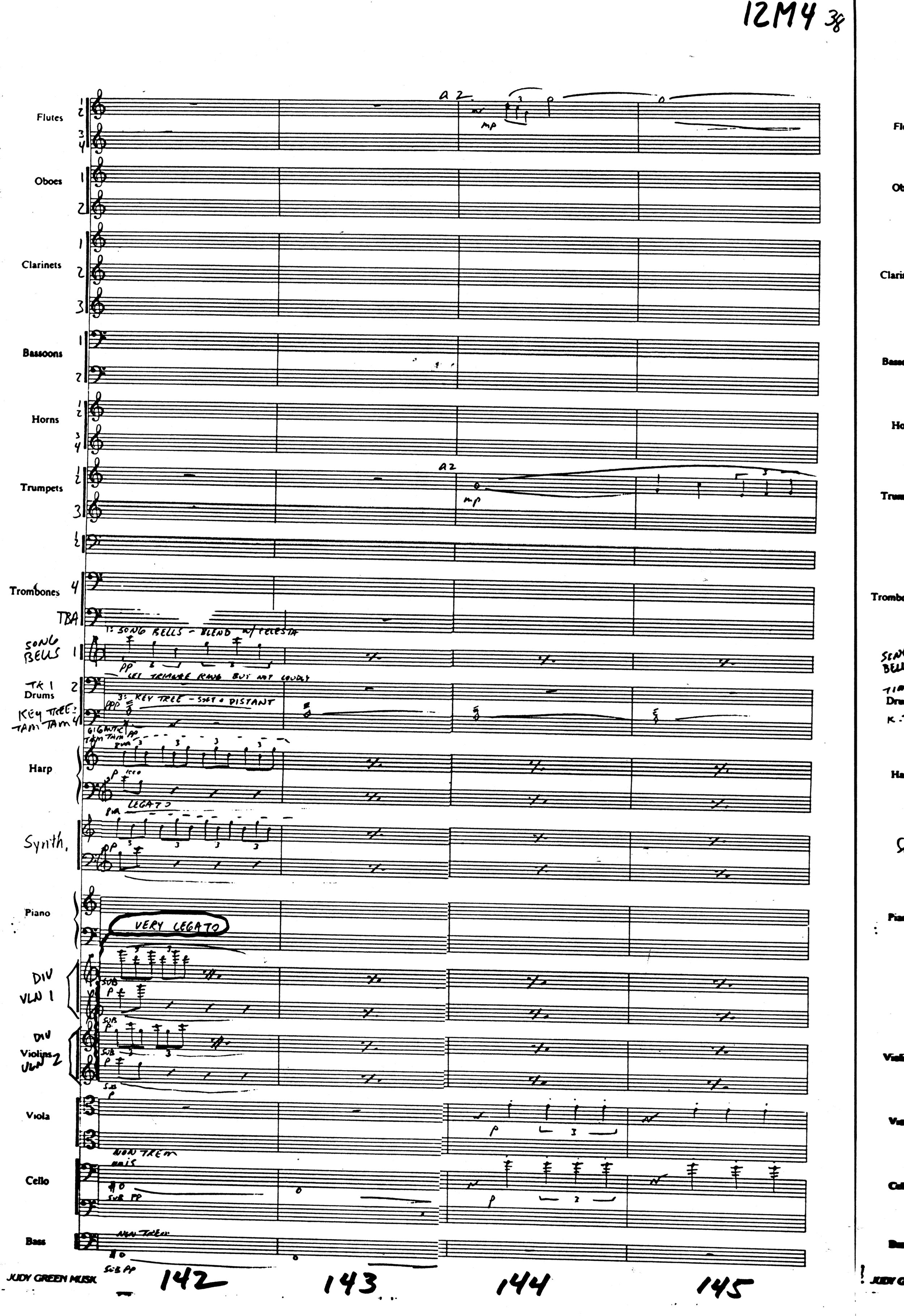
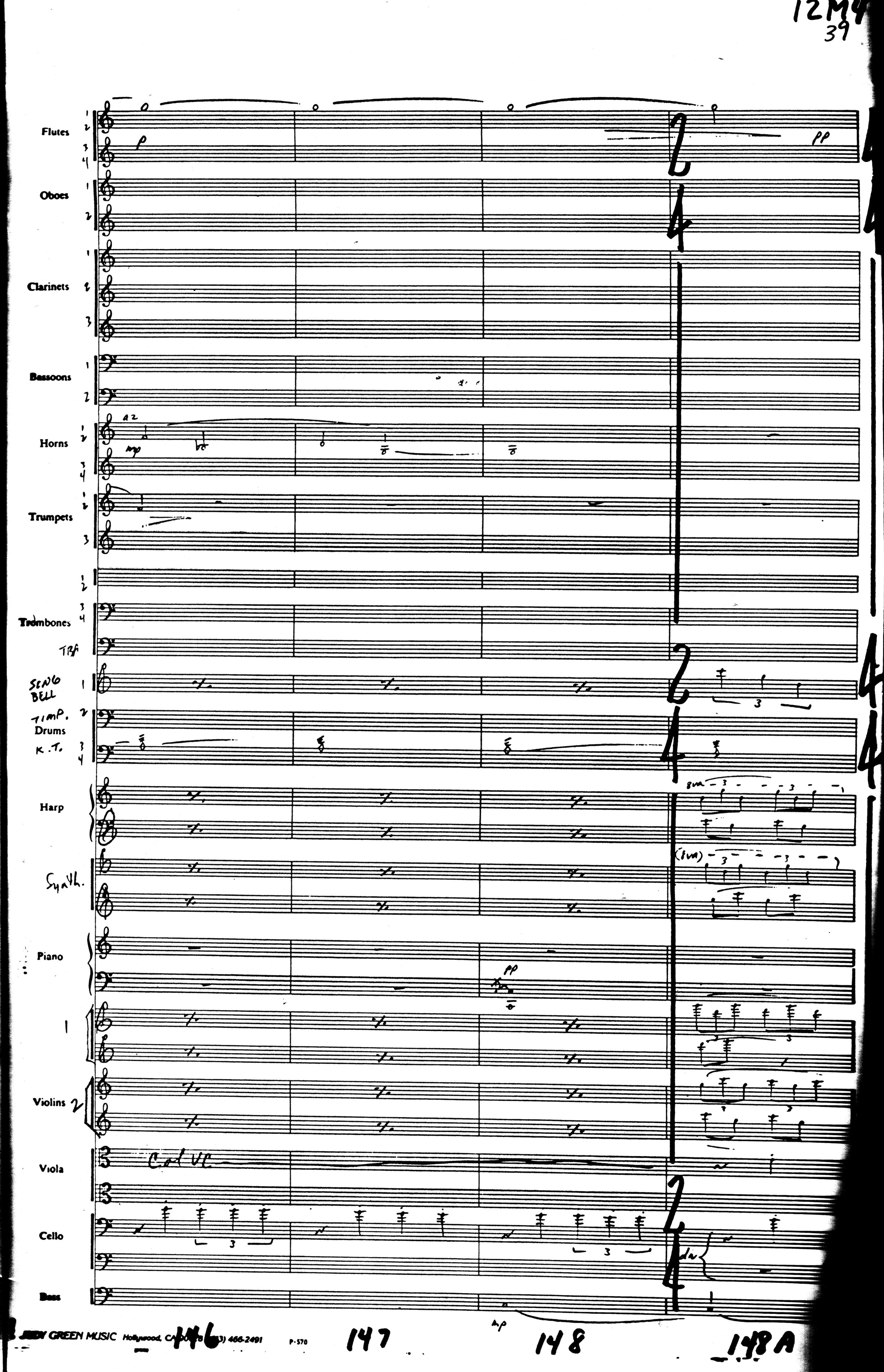
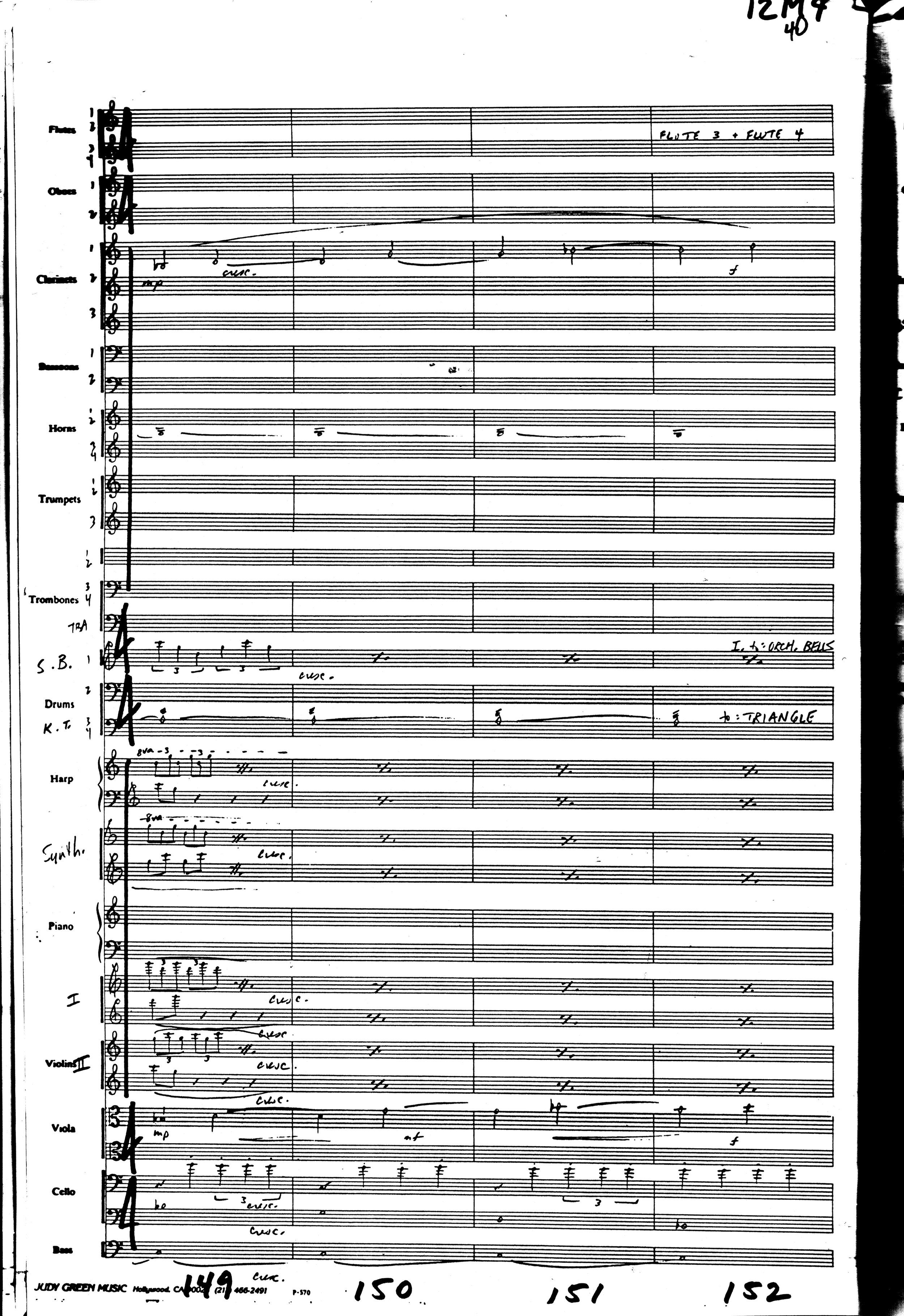
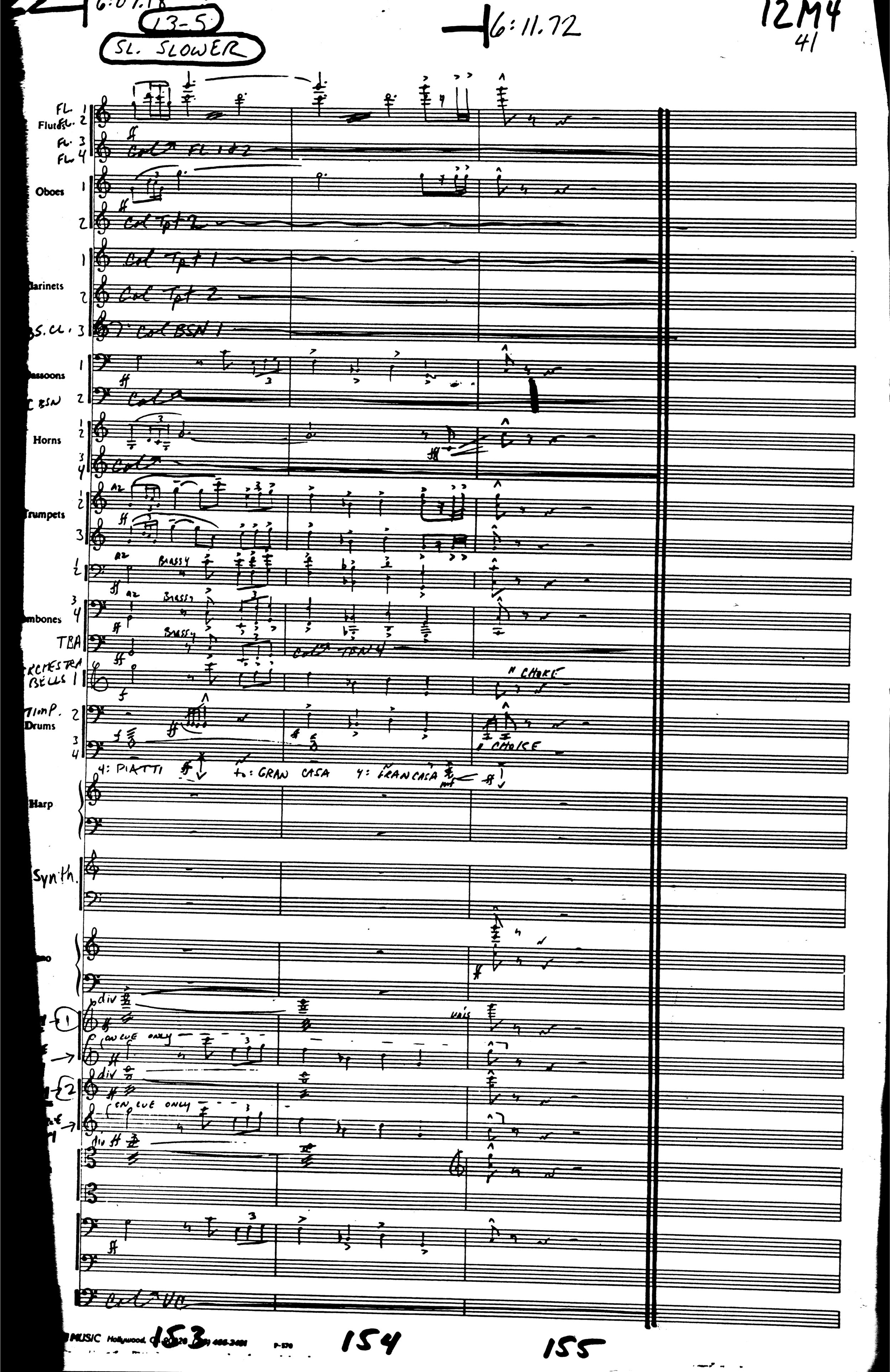
Christopher Columbus (Suite)
Concert Suite from the original score to the film, Christopher Columbus
Composed and Orchestrated by Cliff Eidelman
(Audio track begins at page 14 in the score)
Click on top of score to turn pages.
